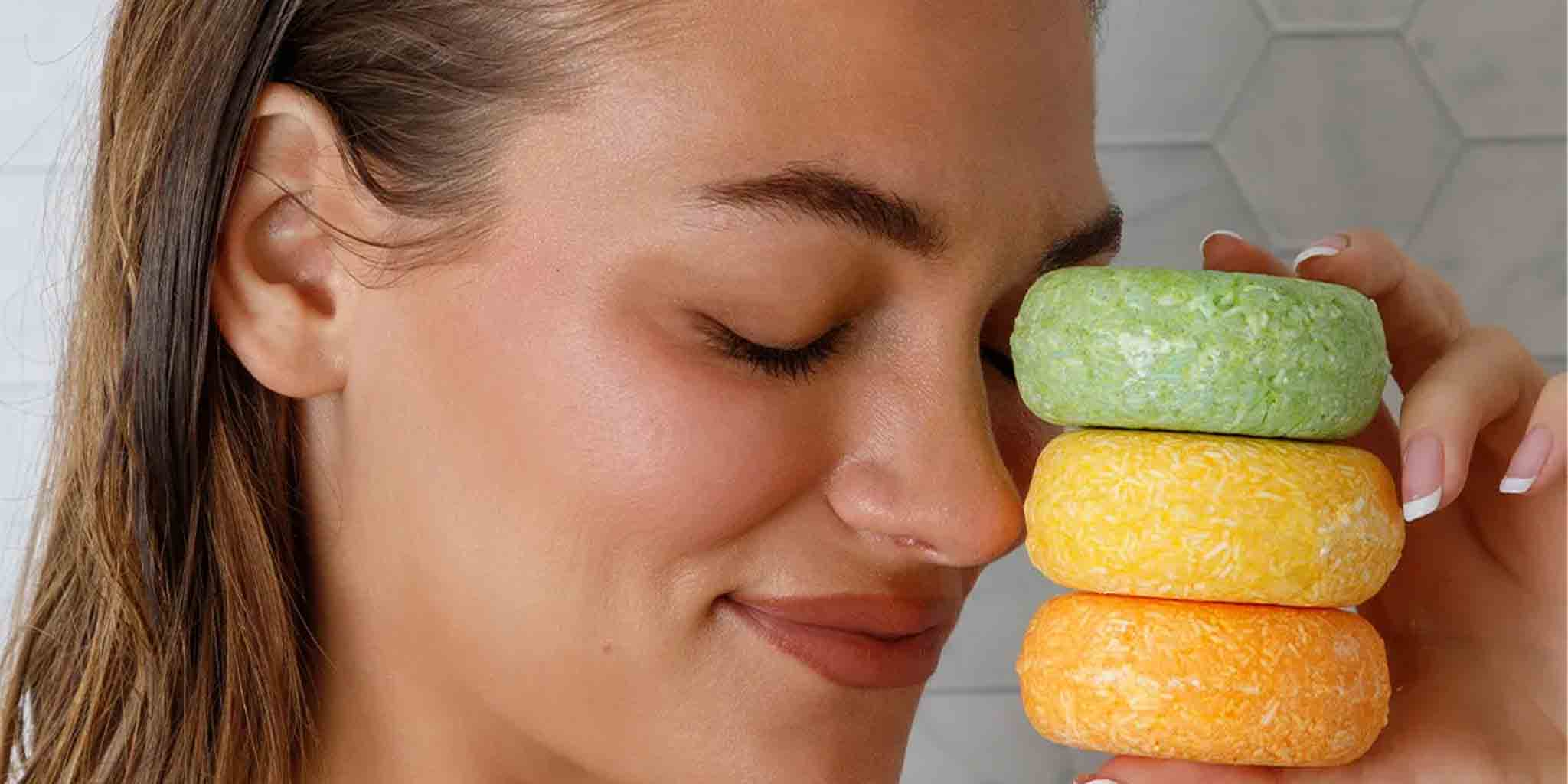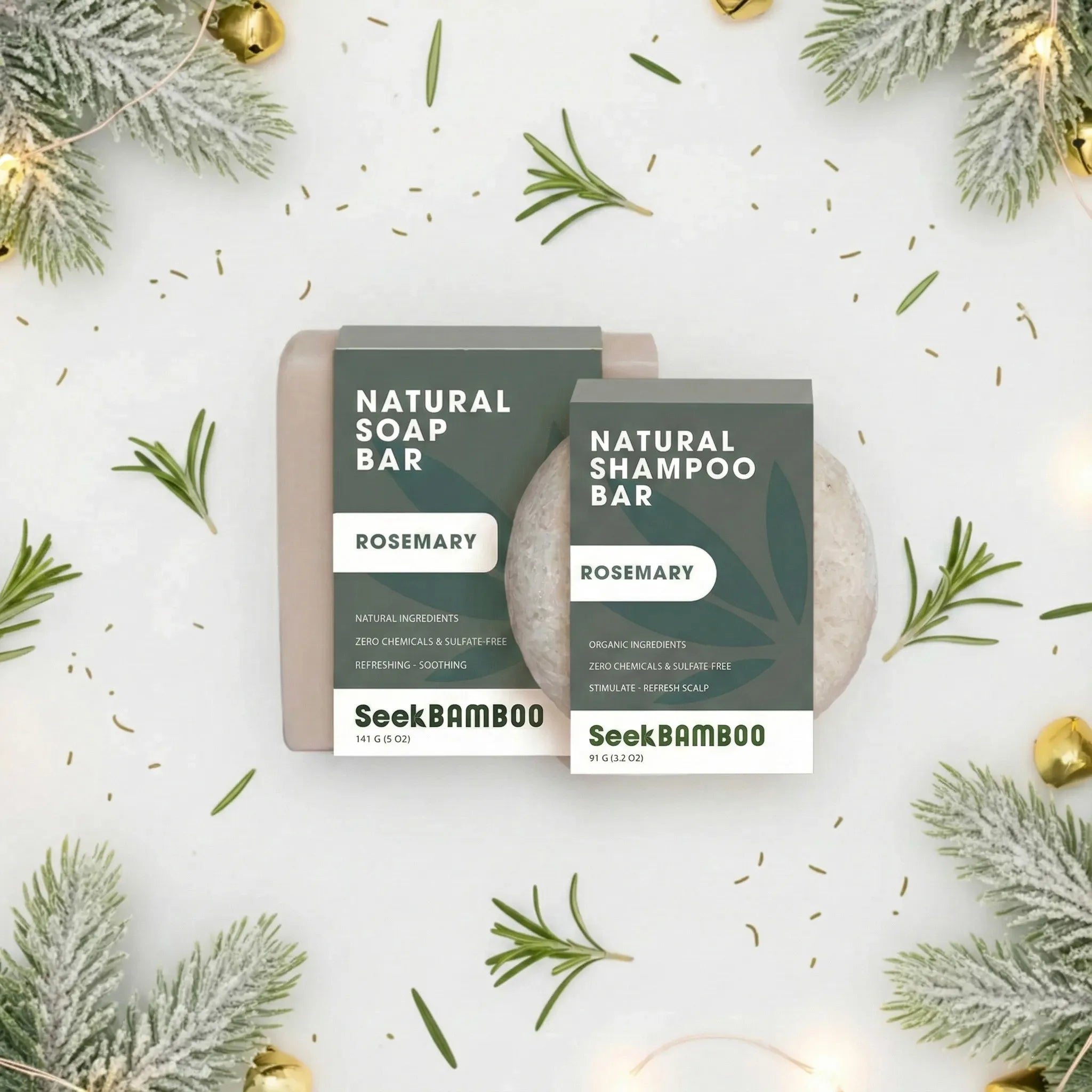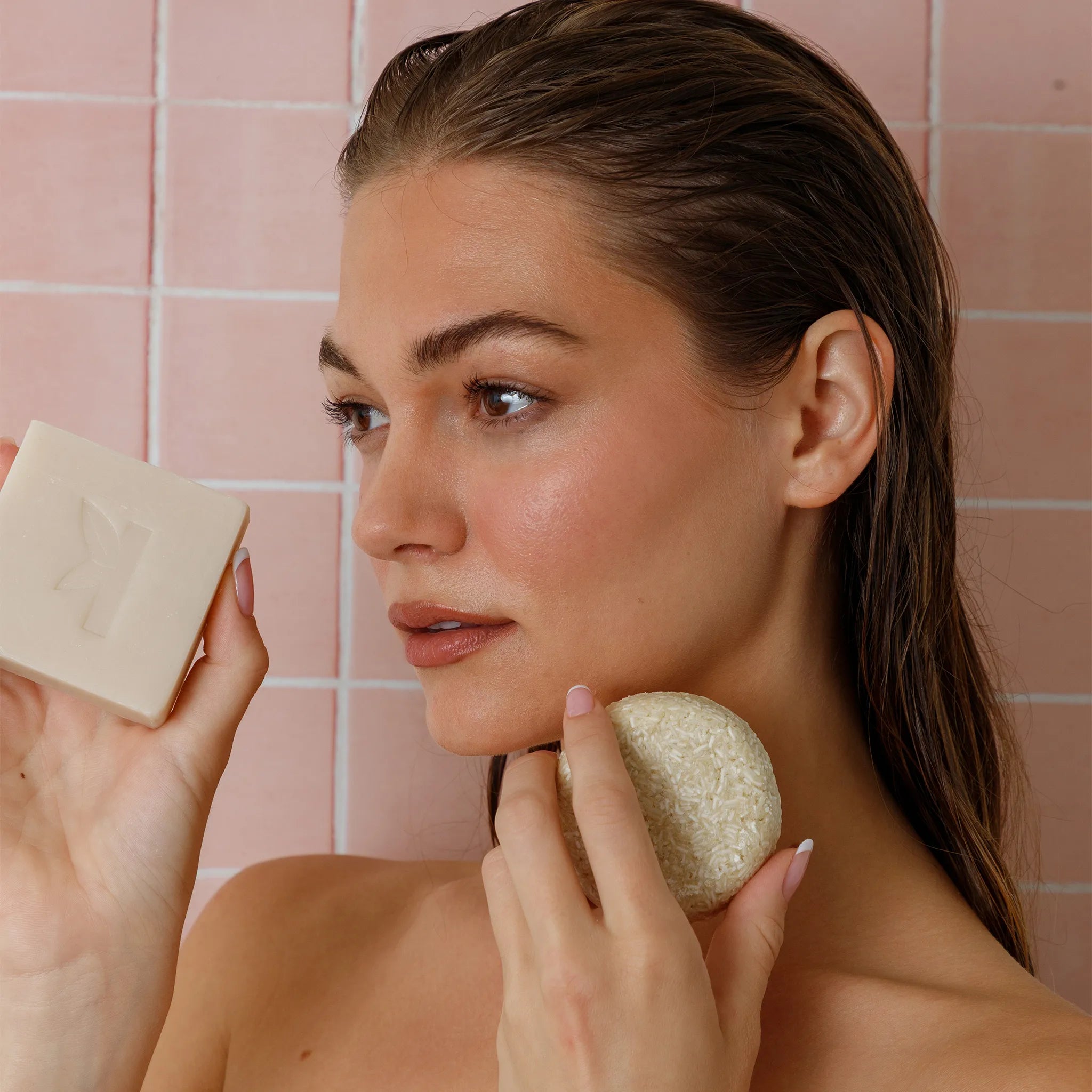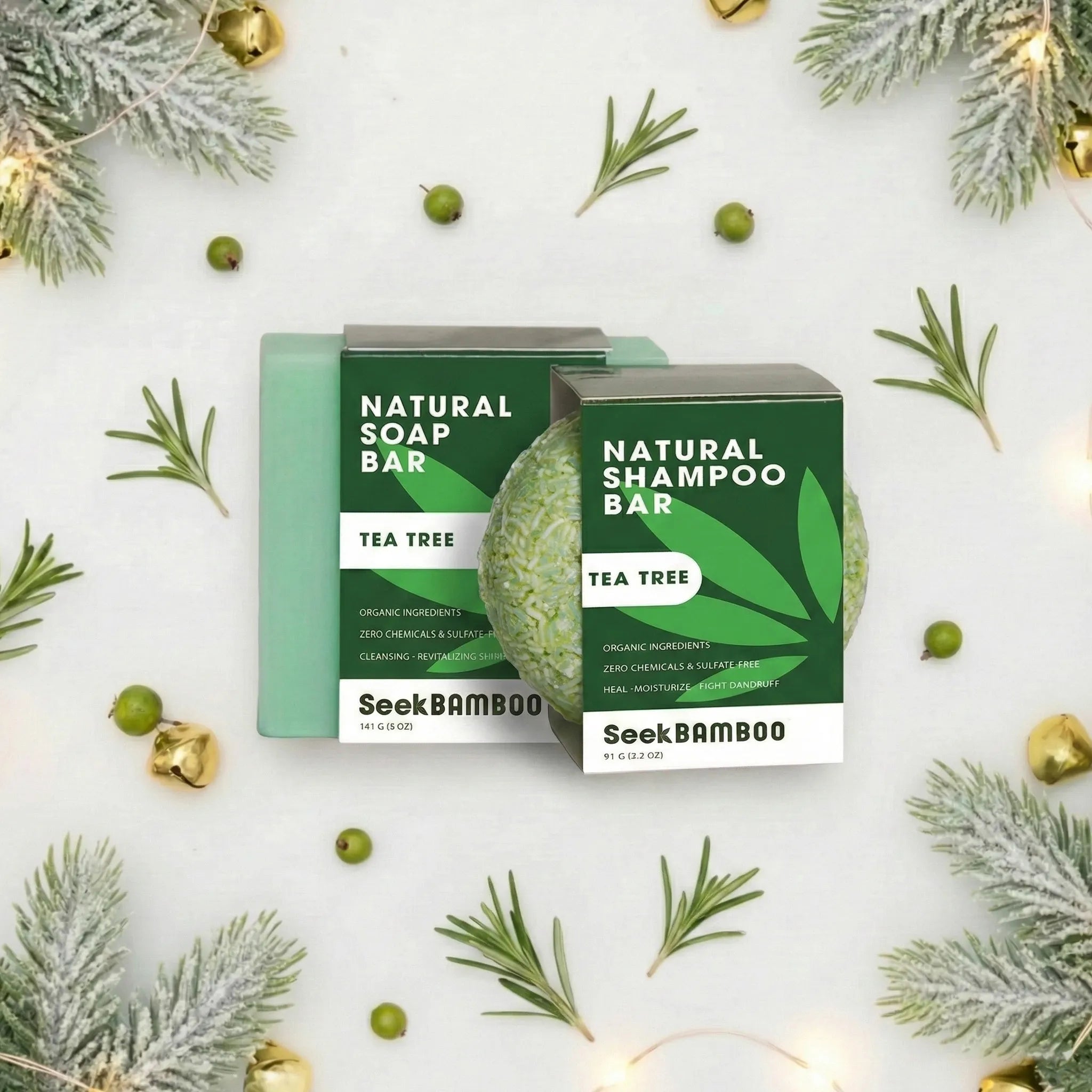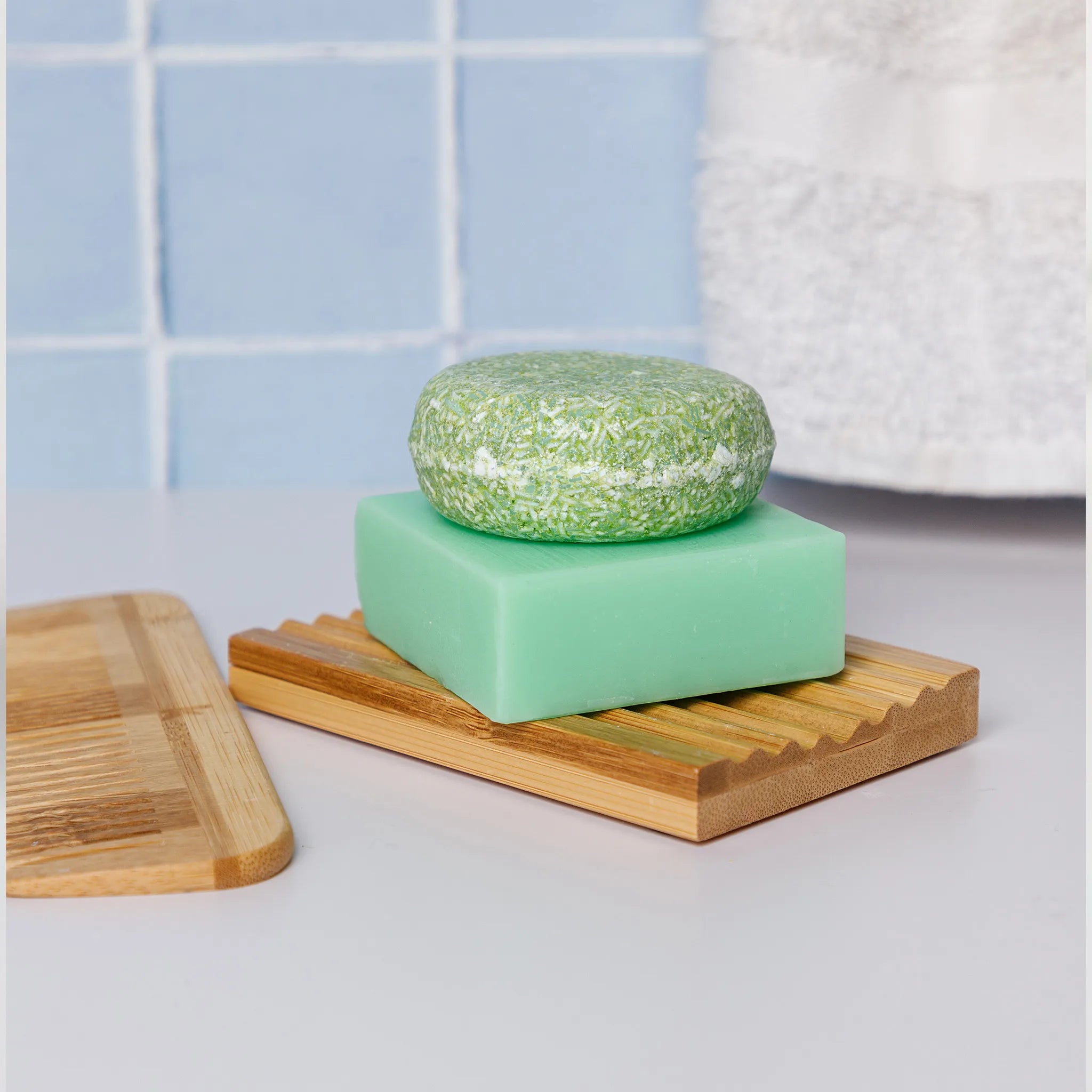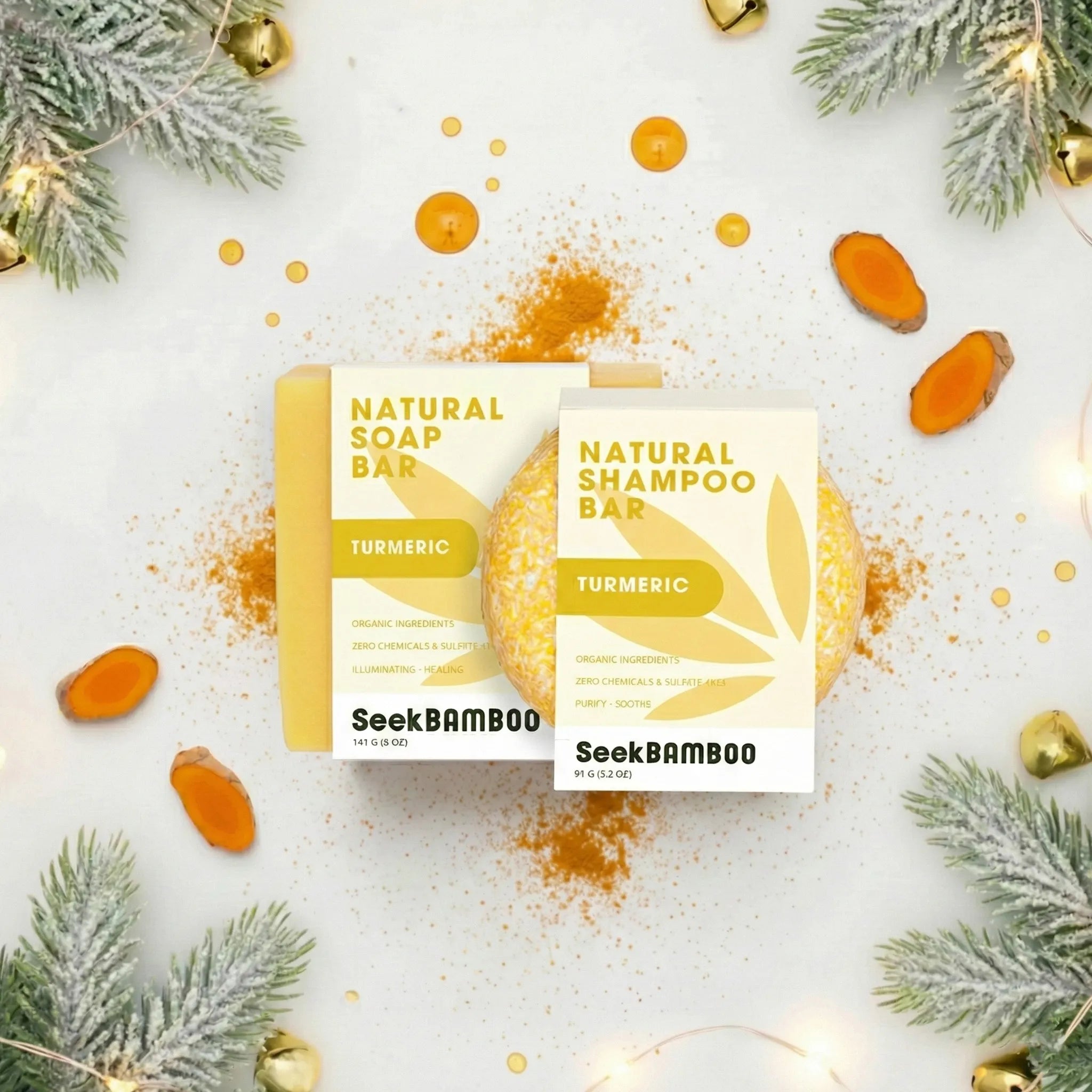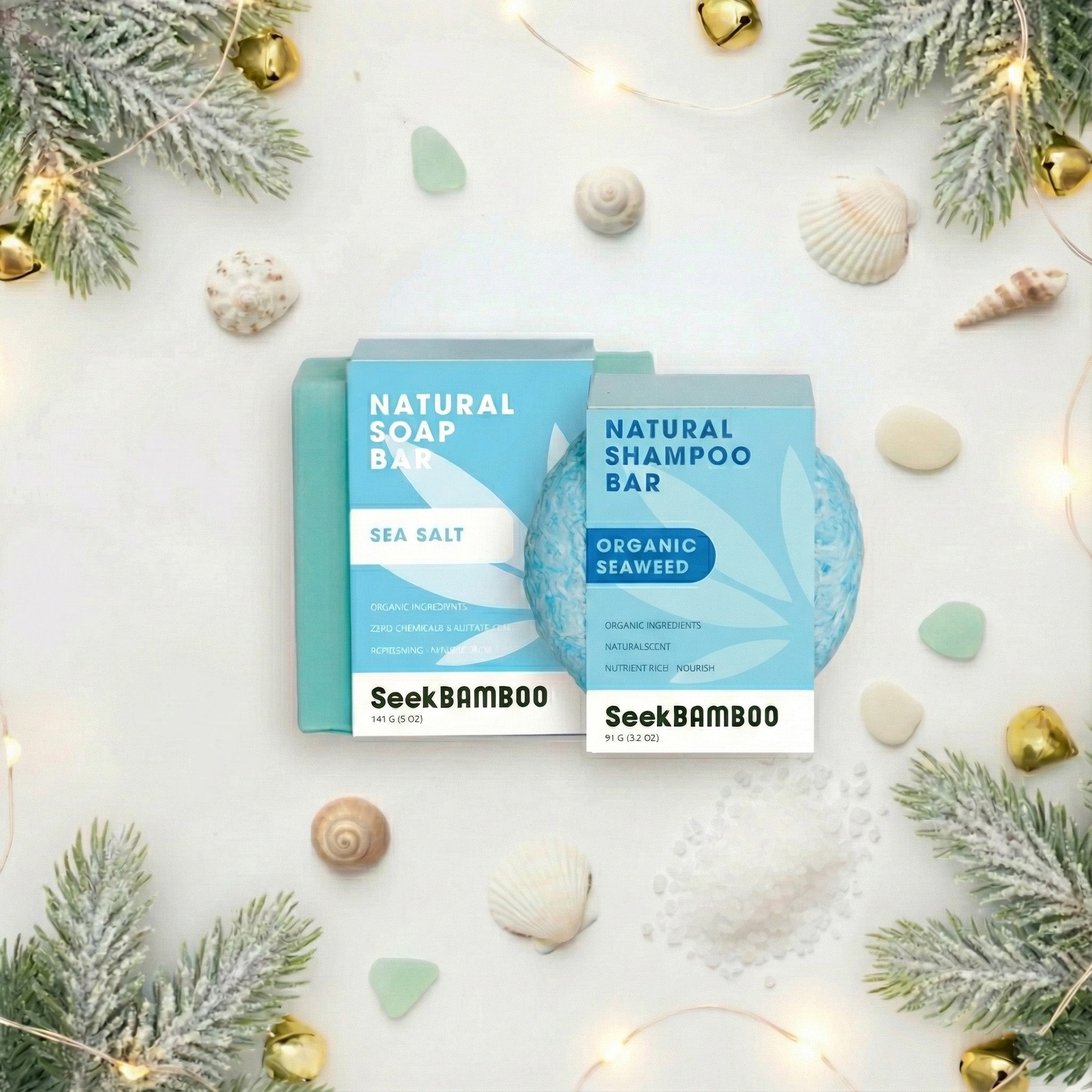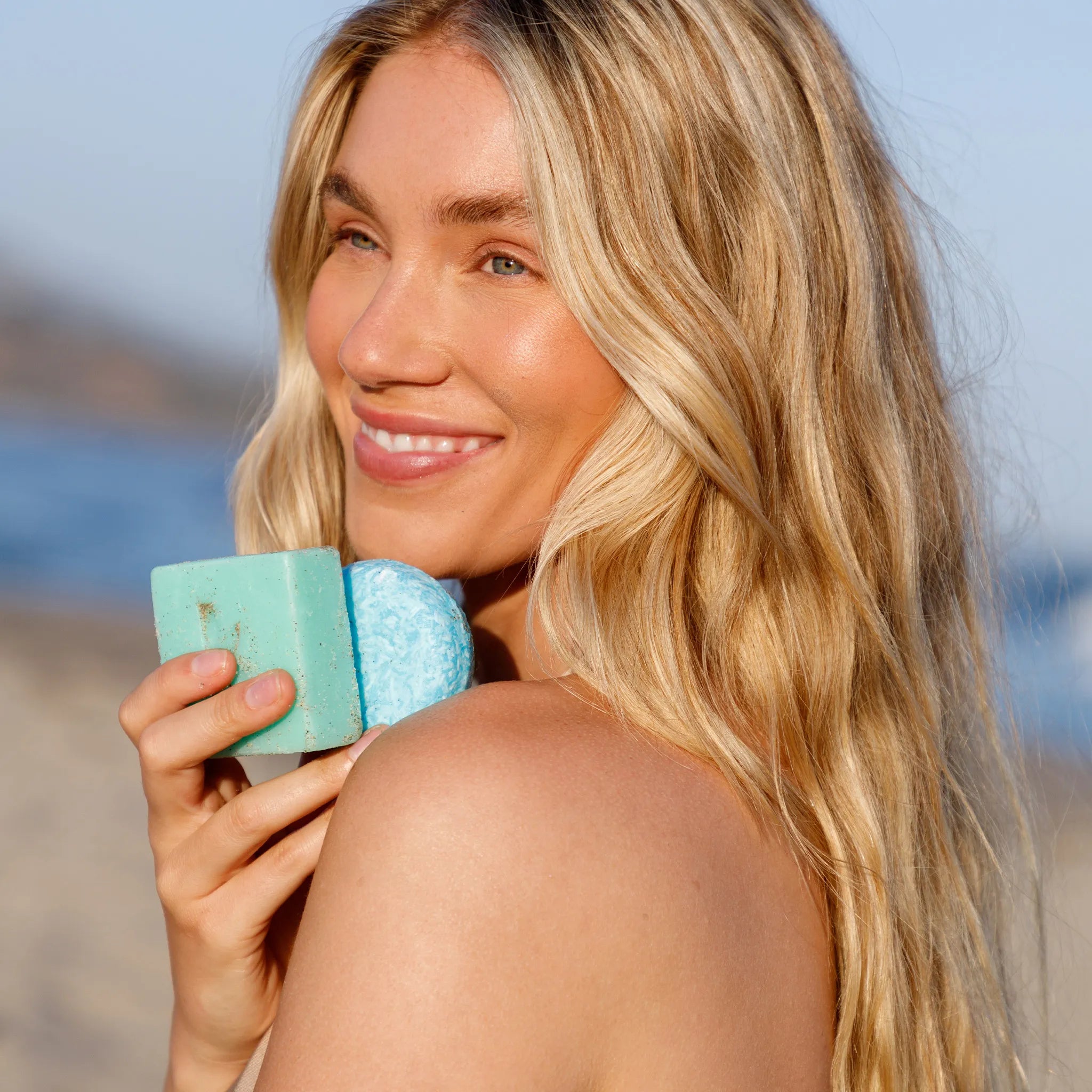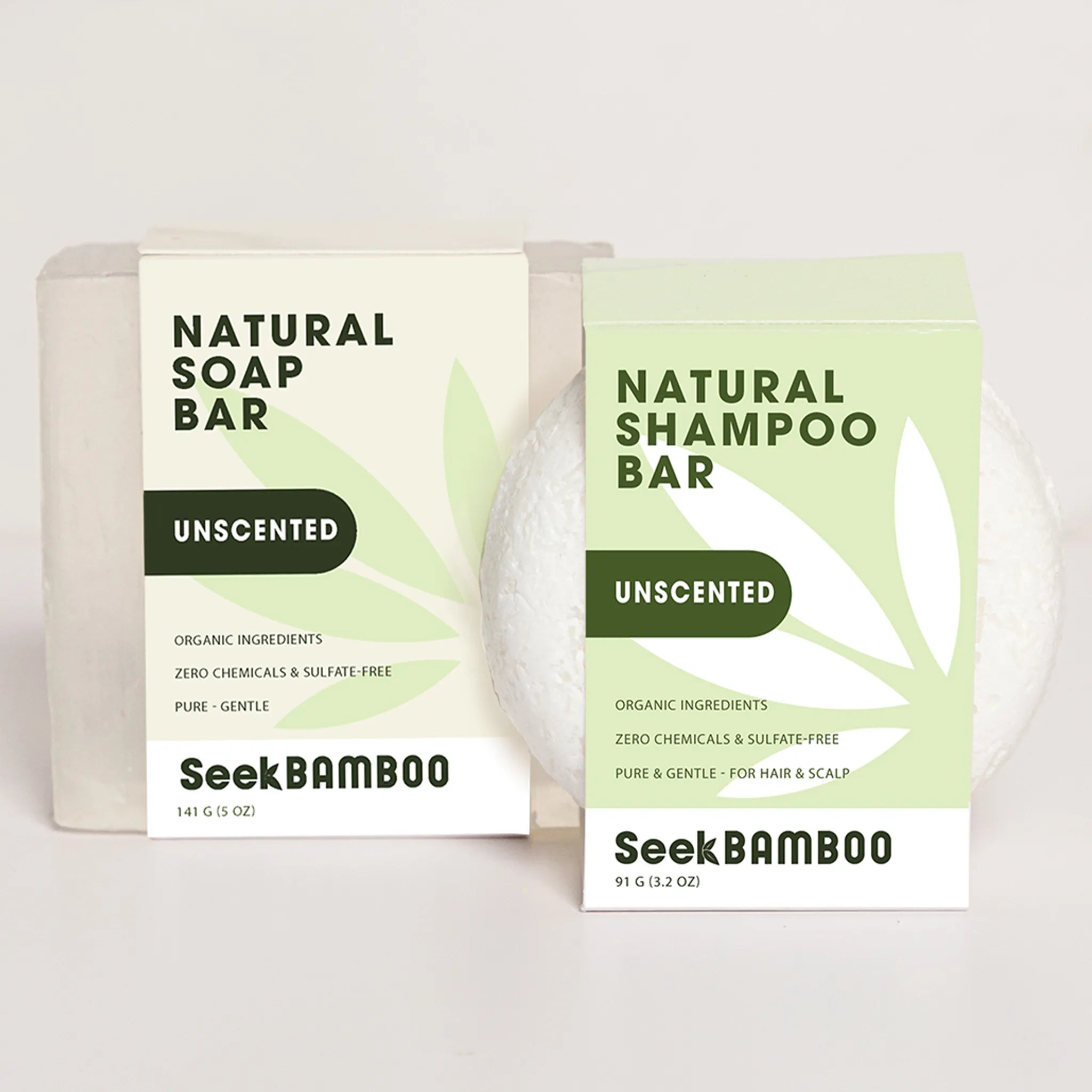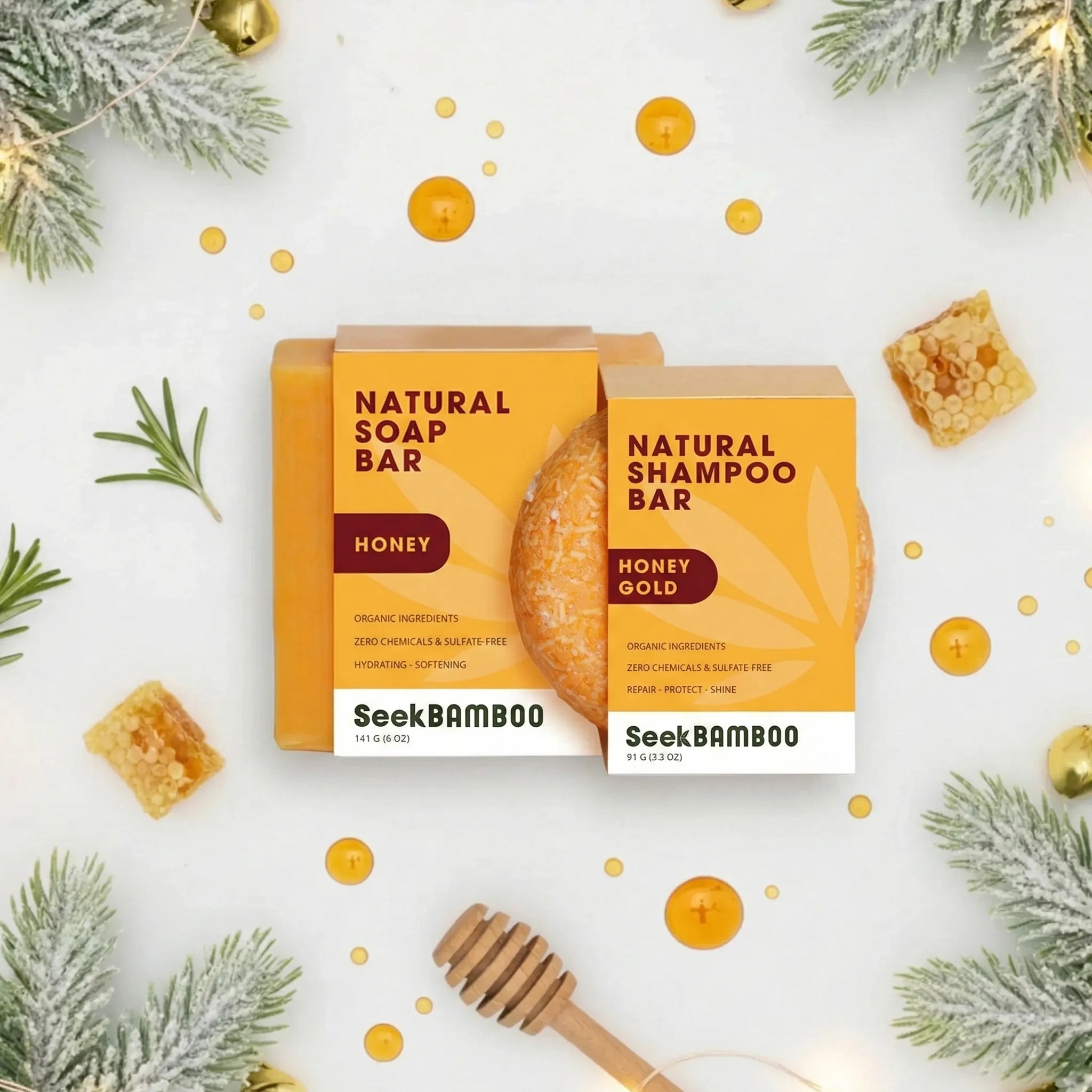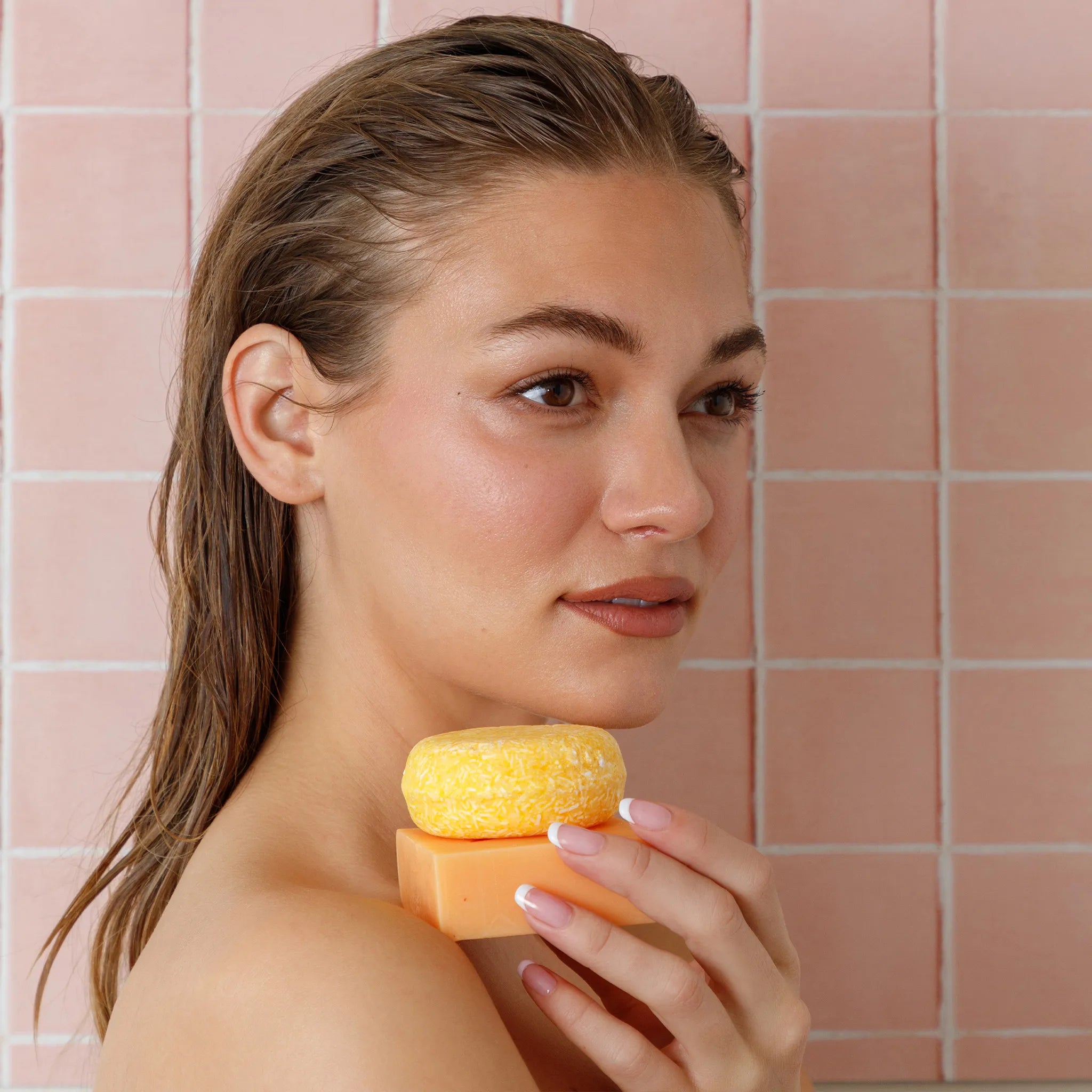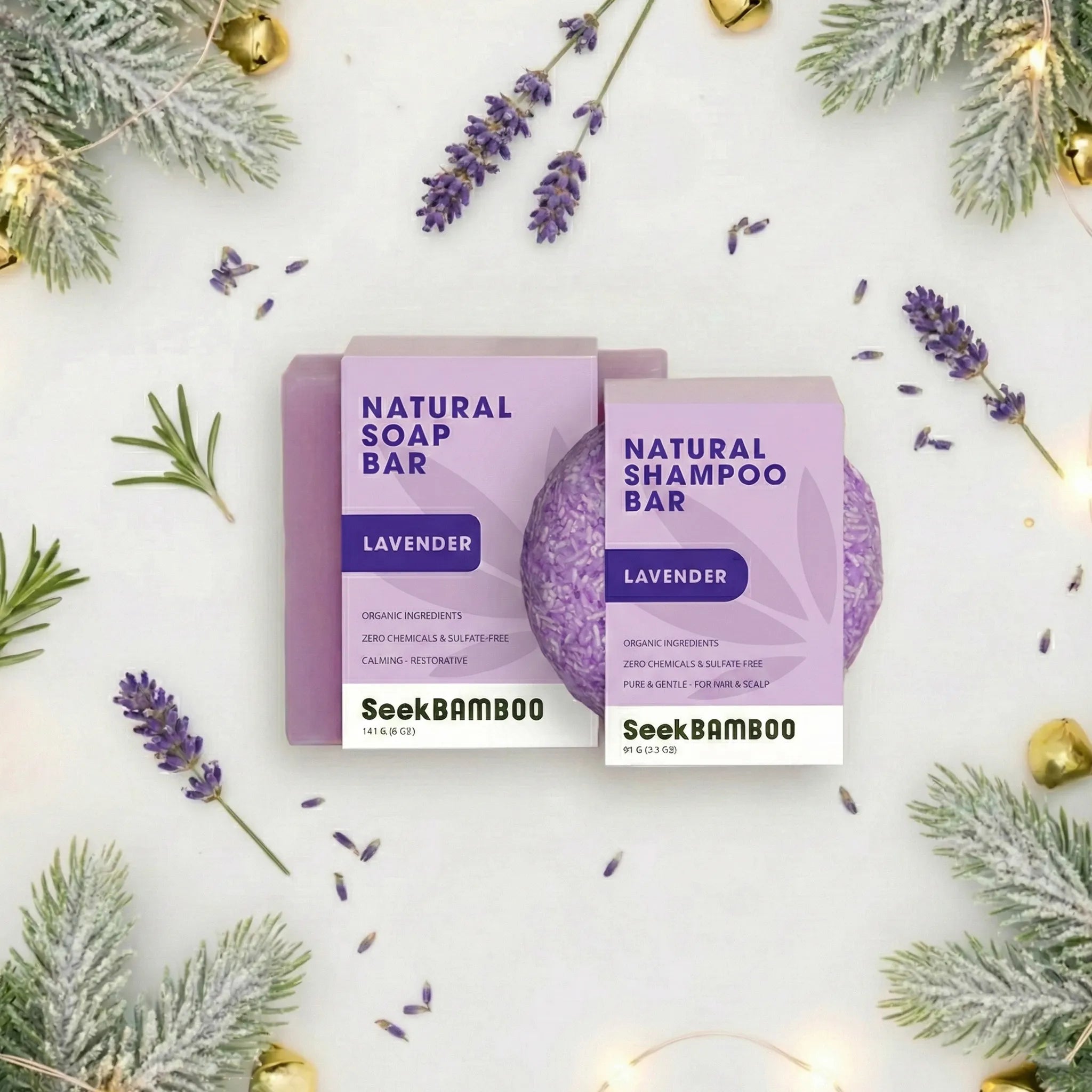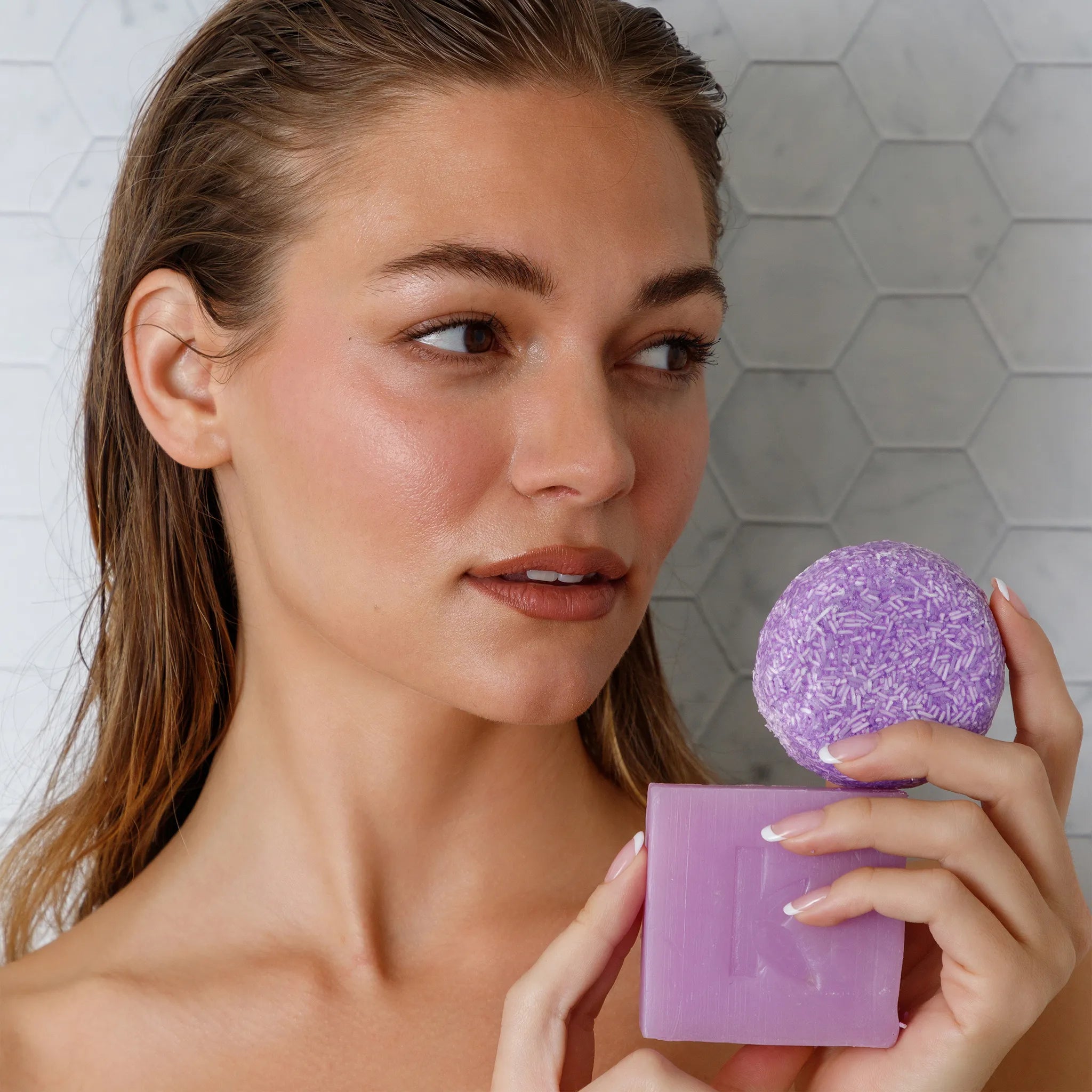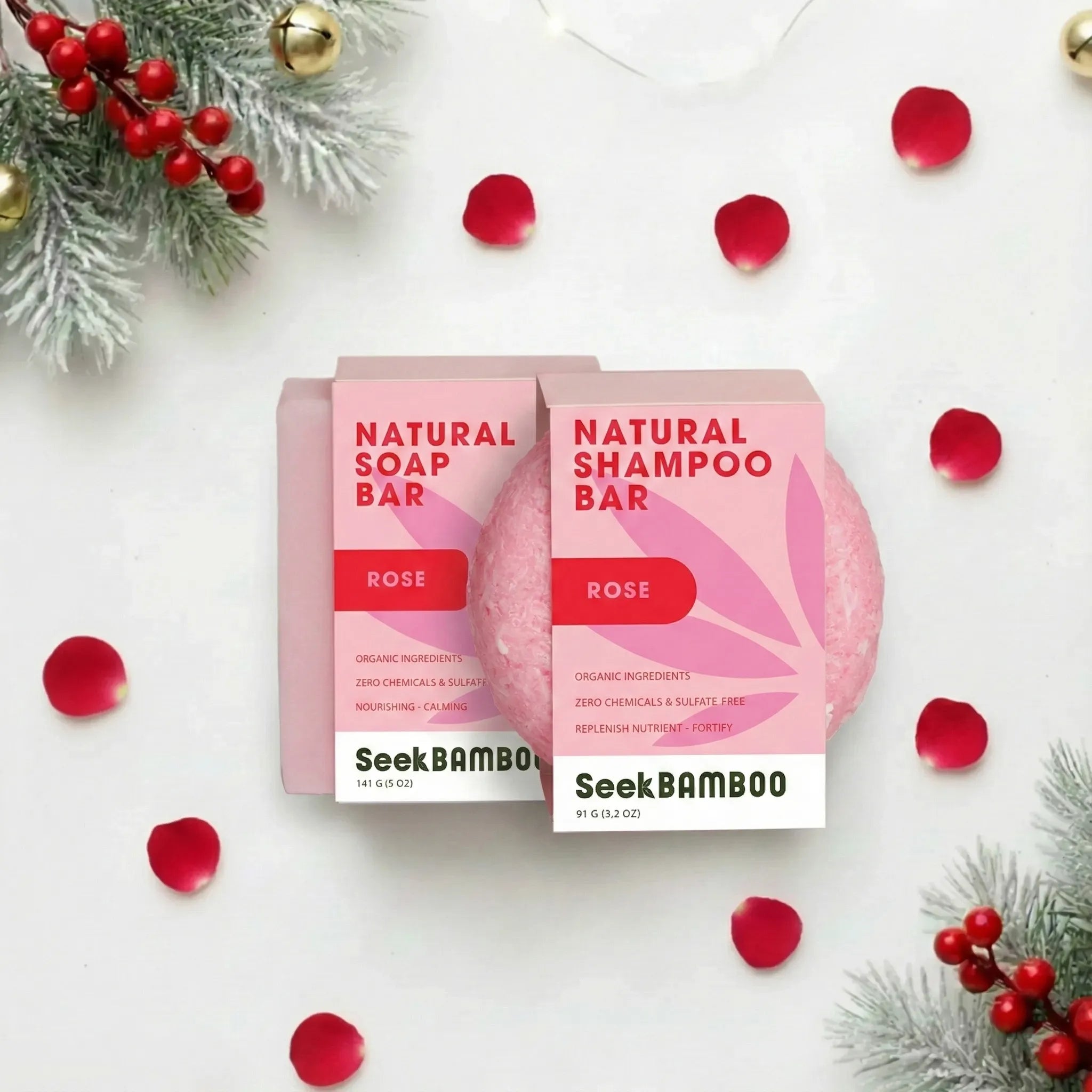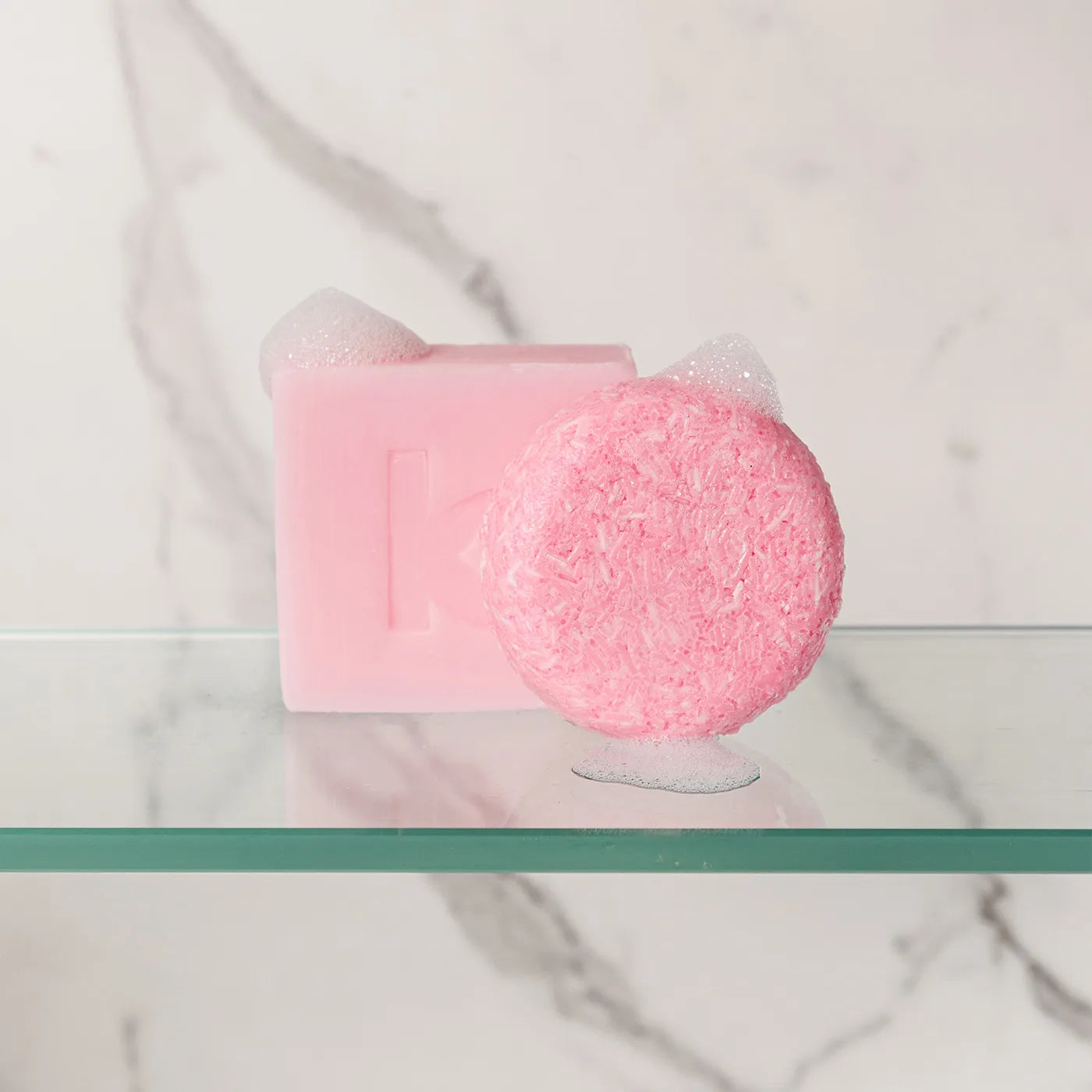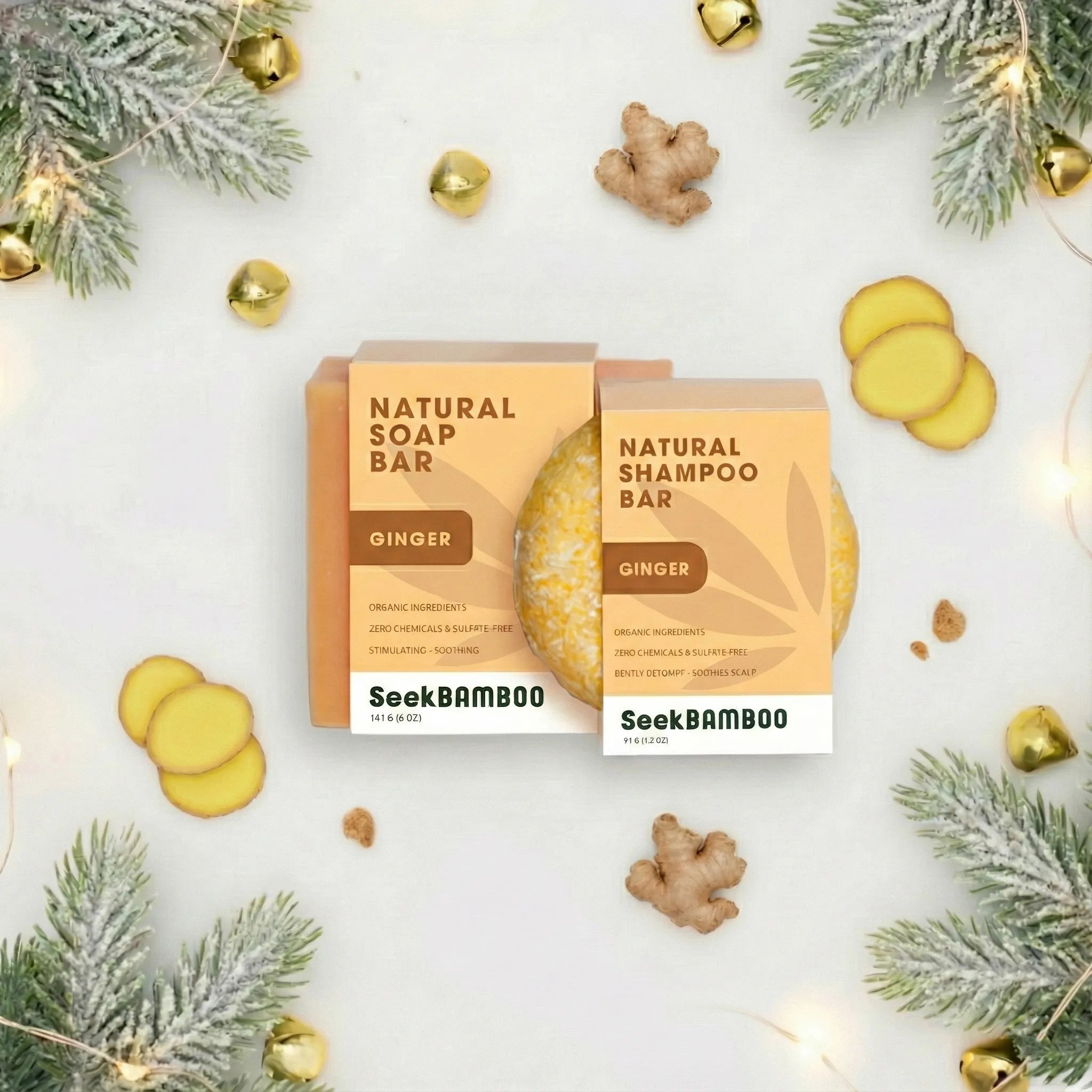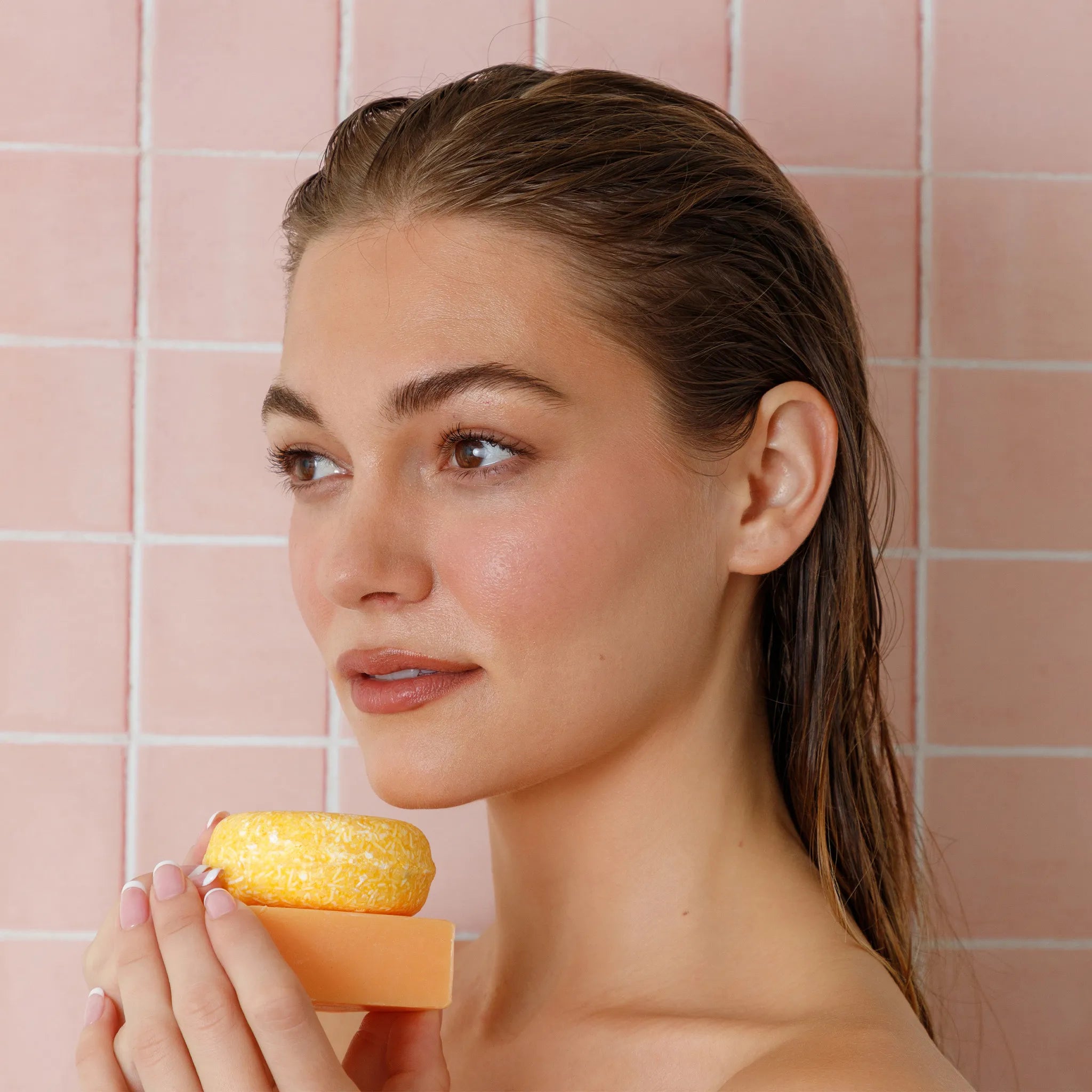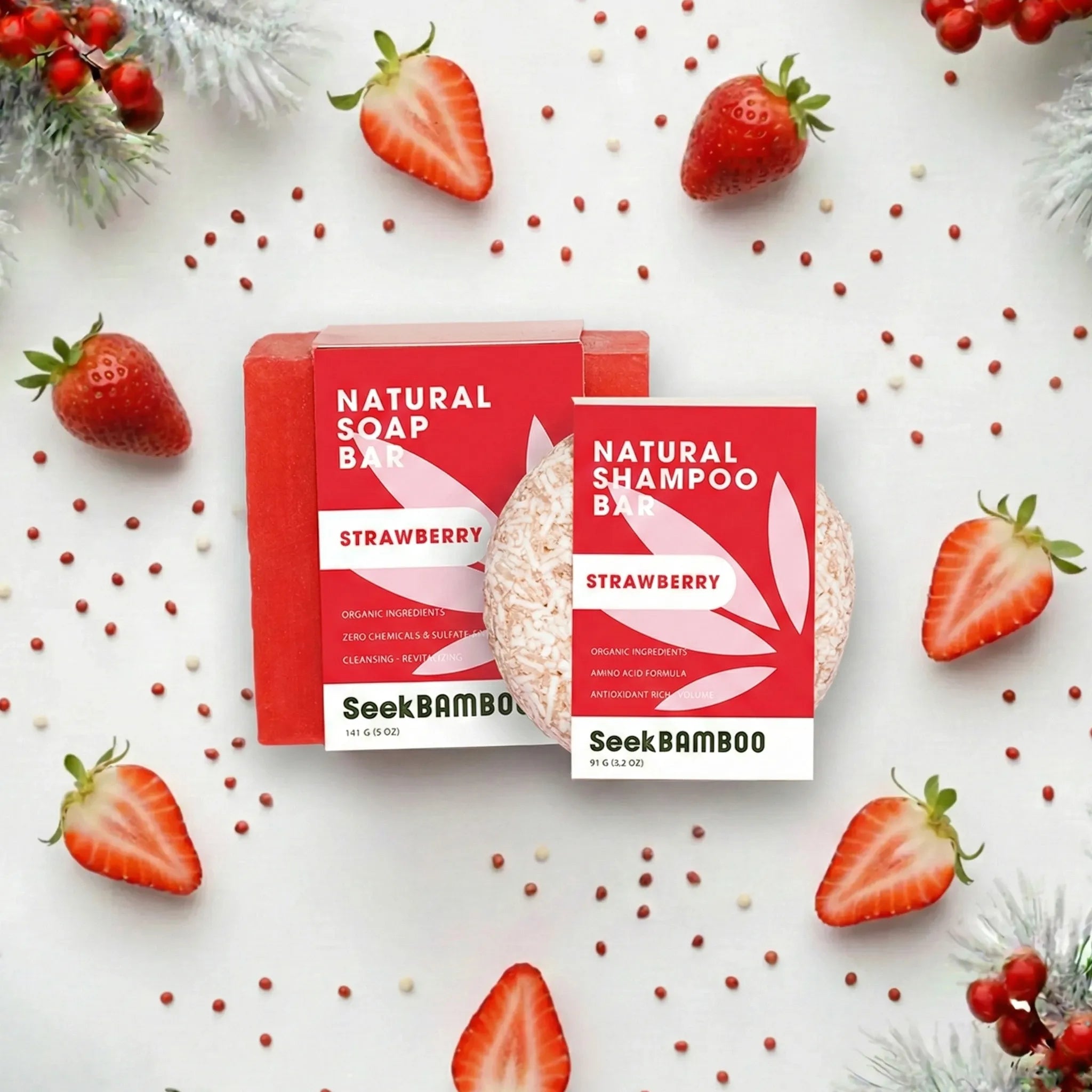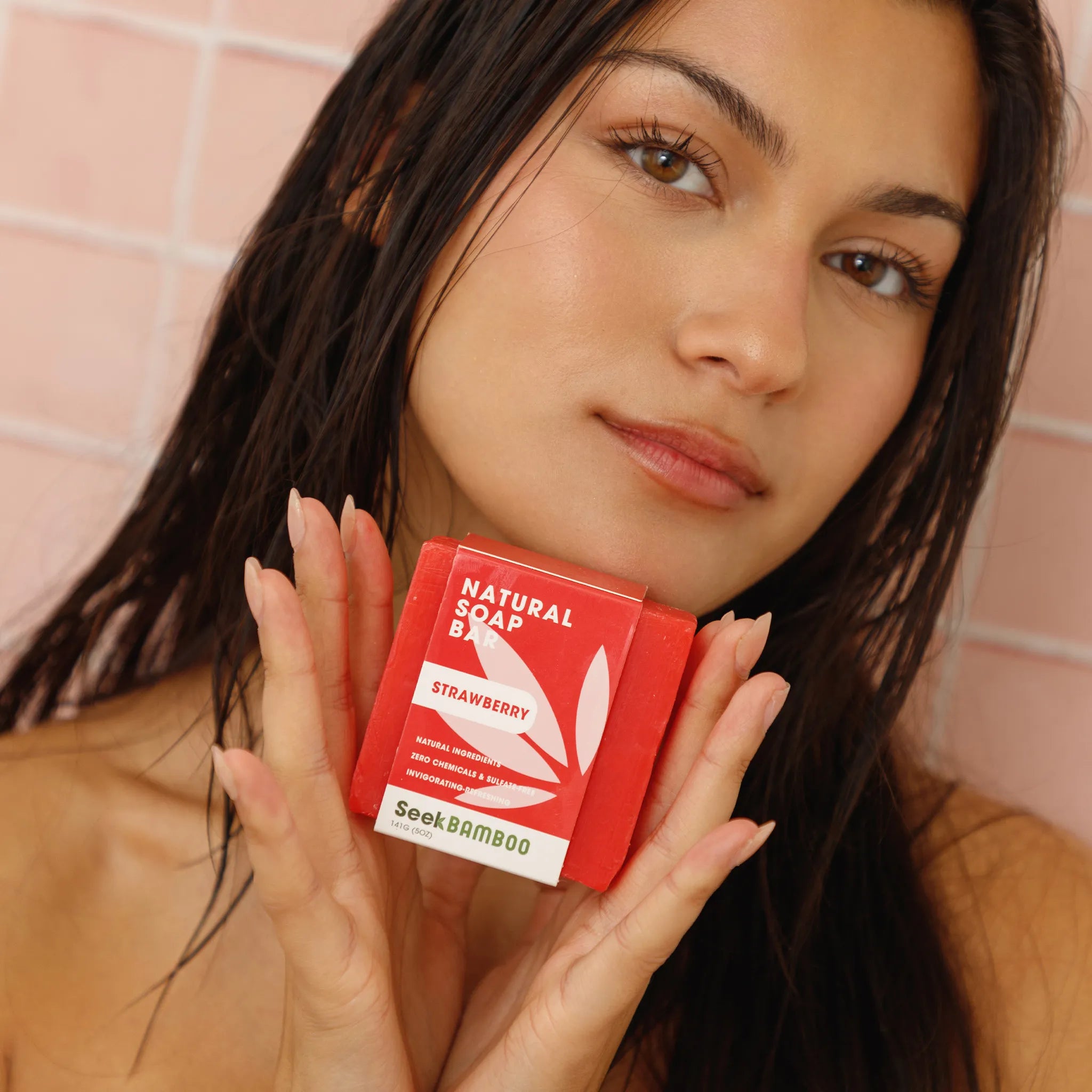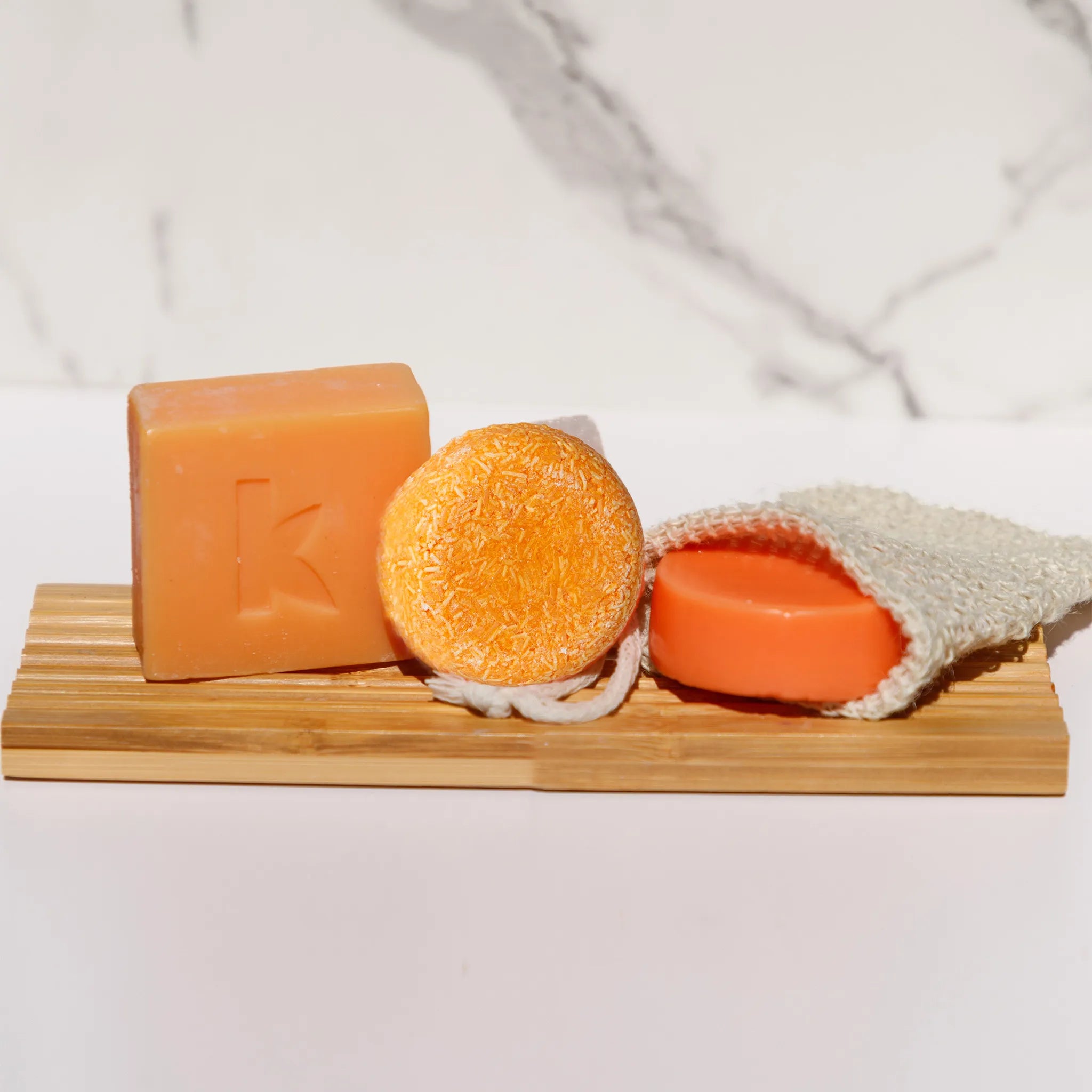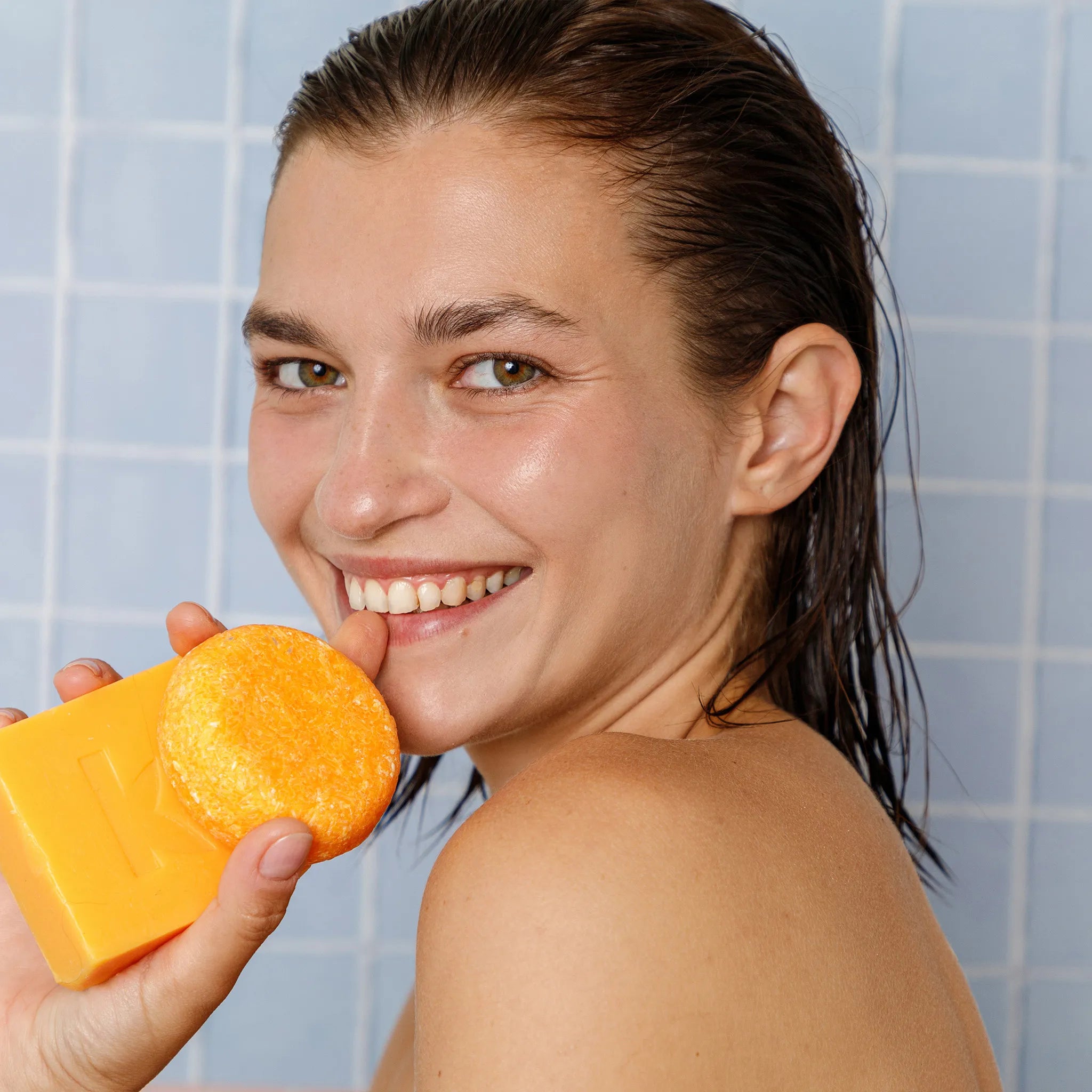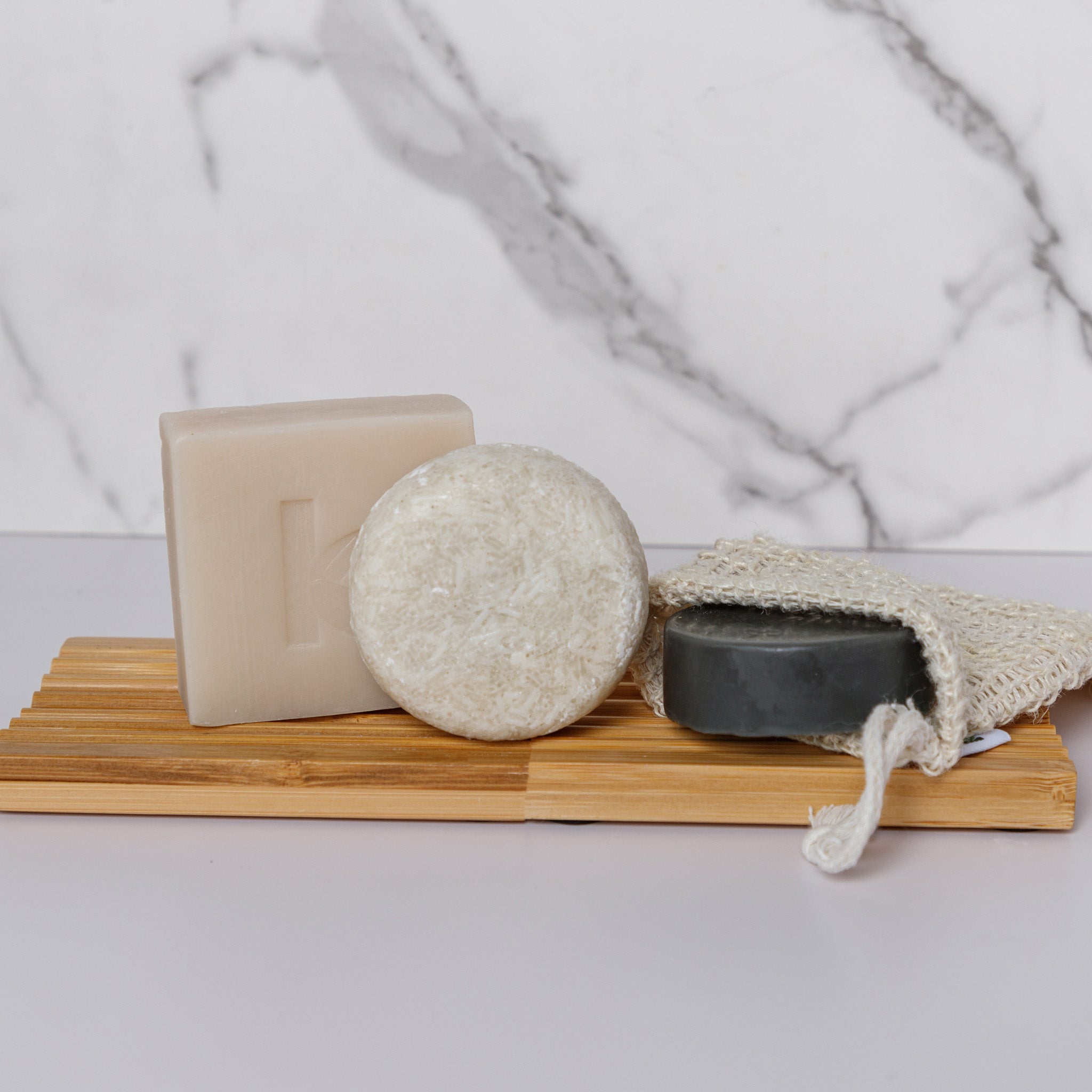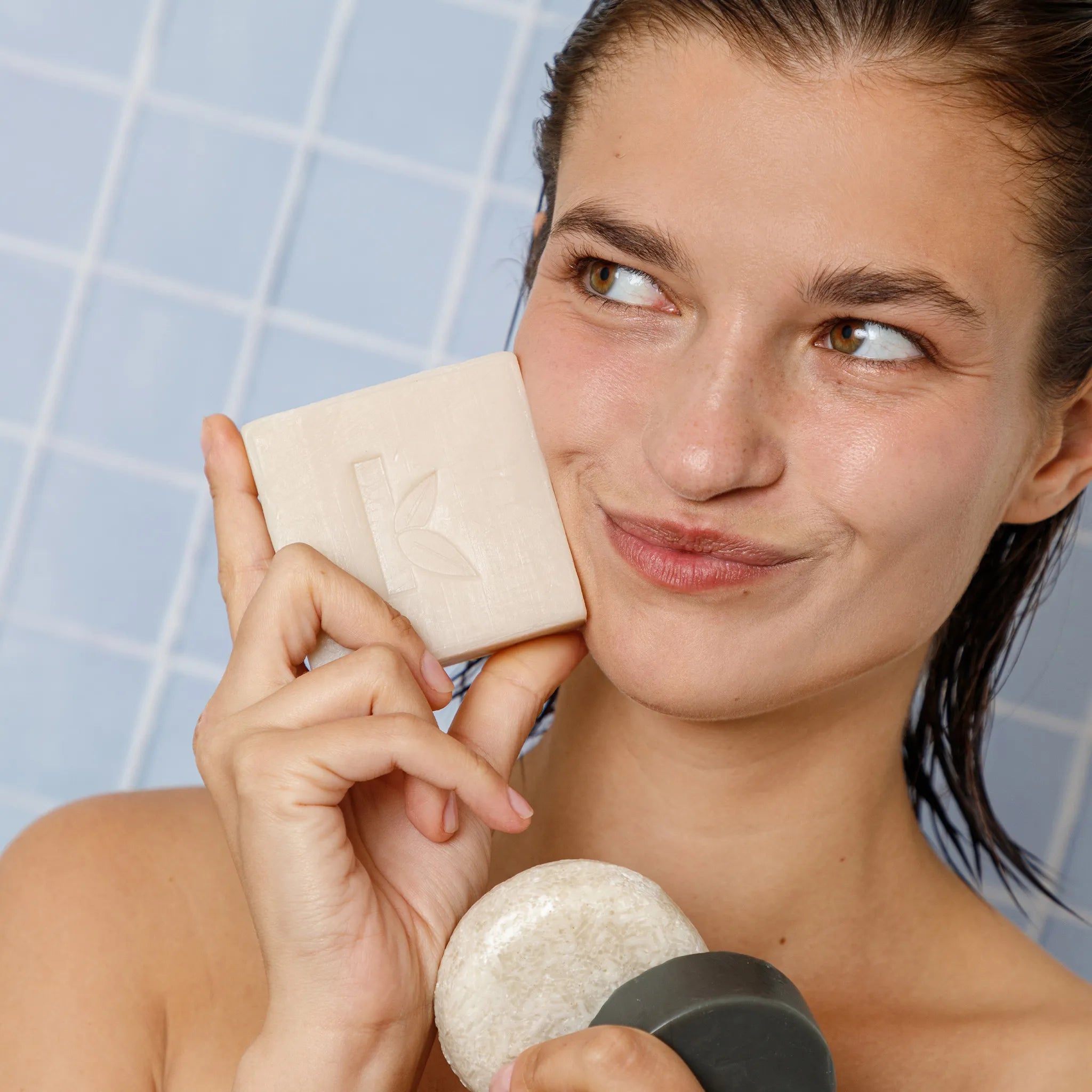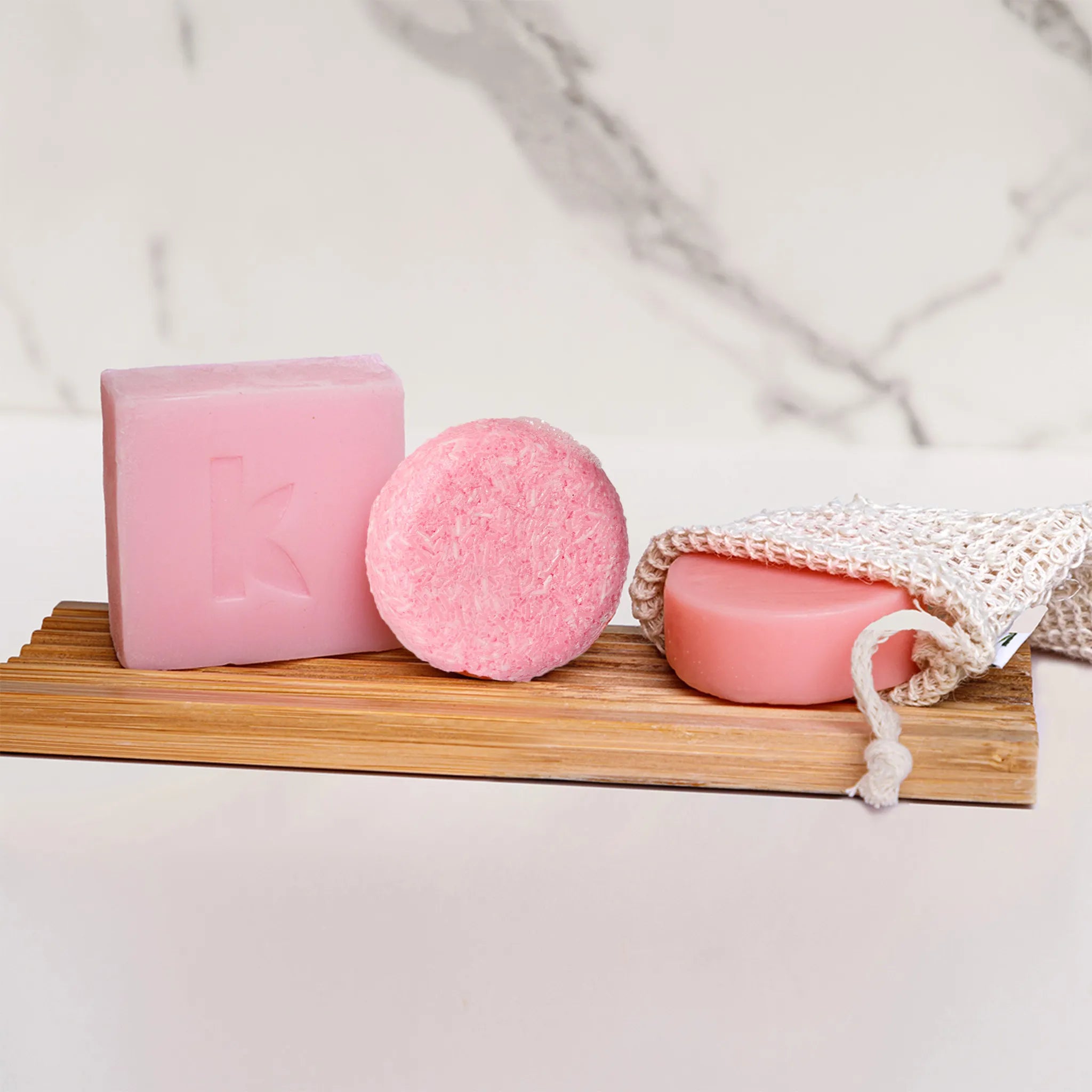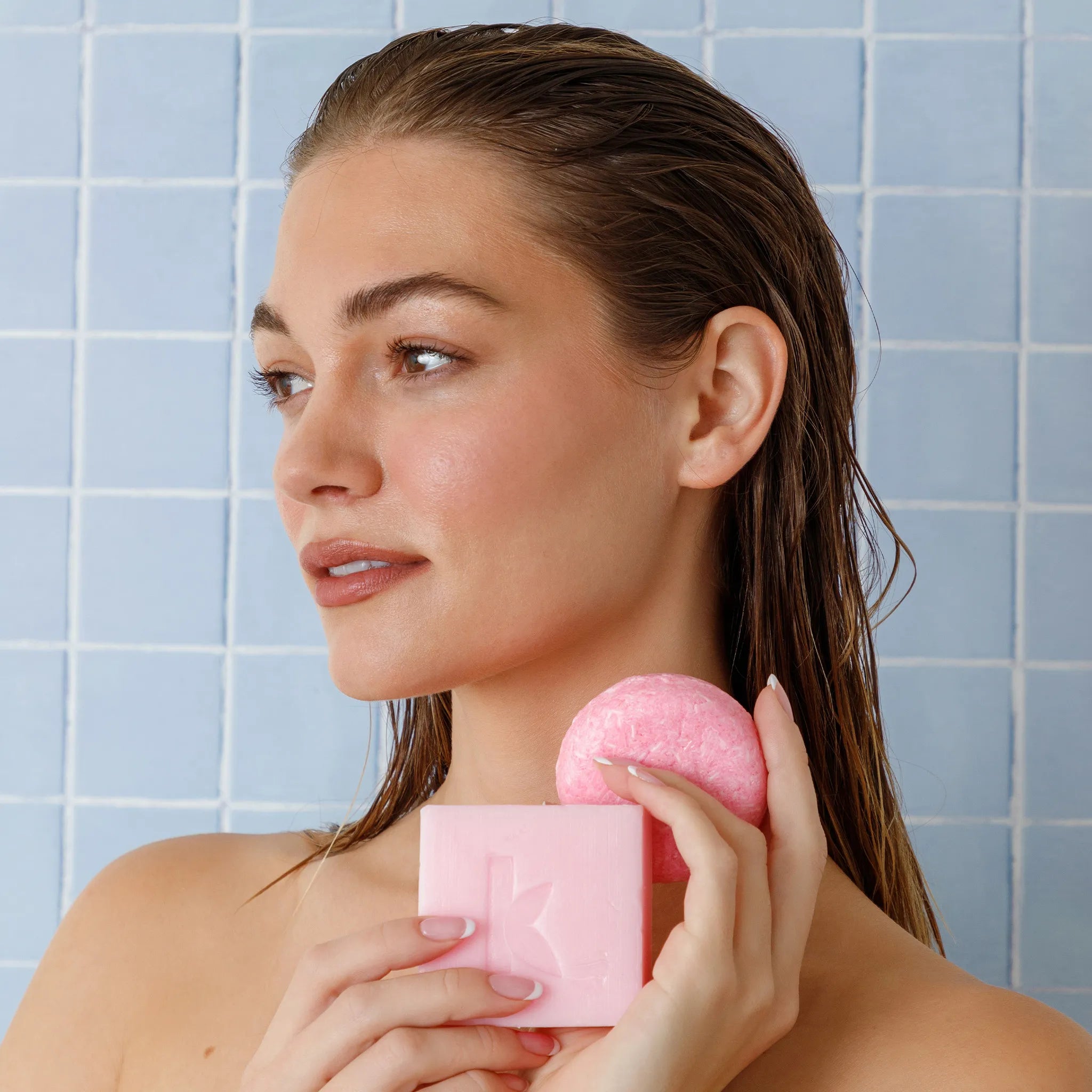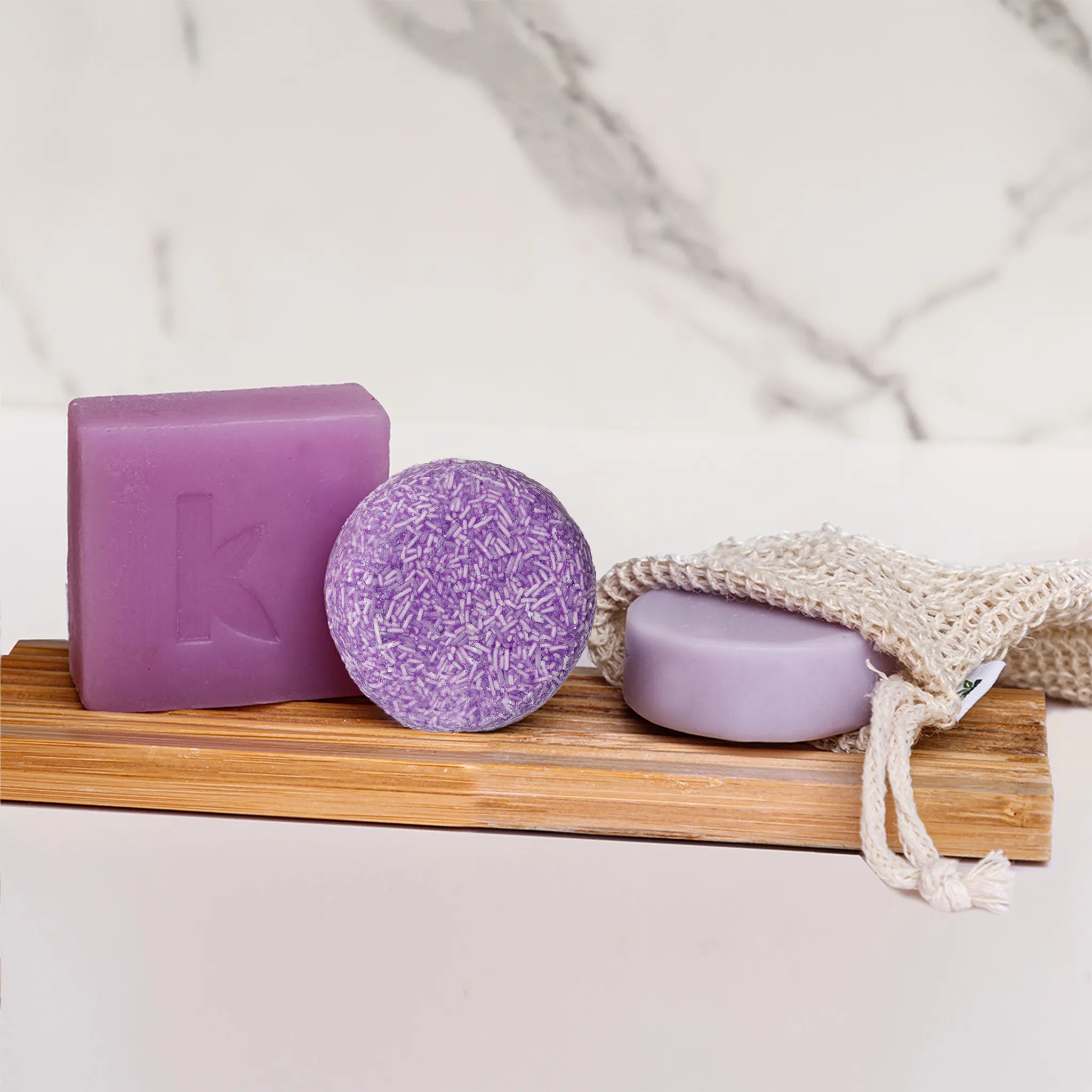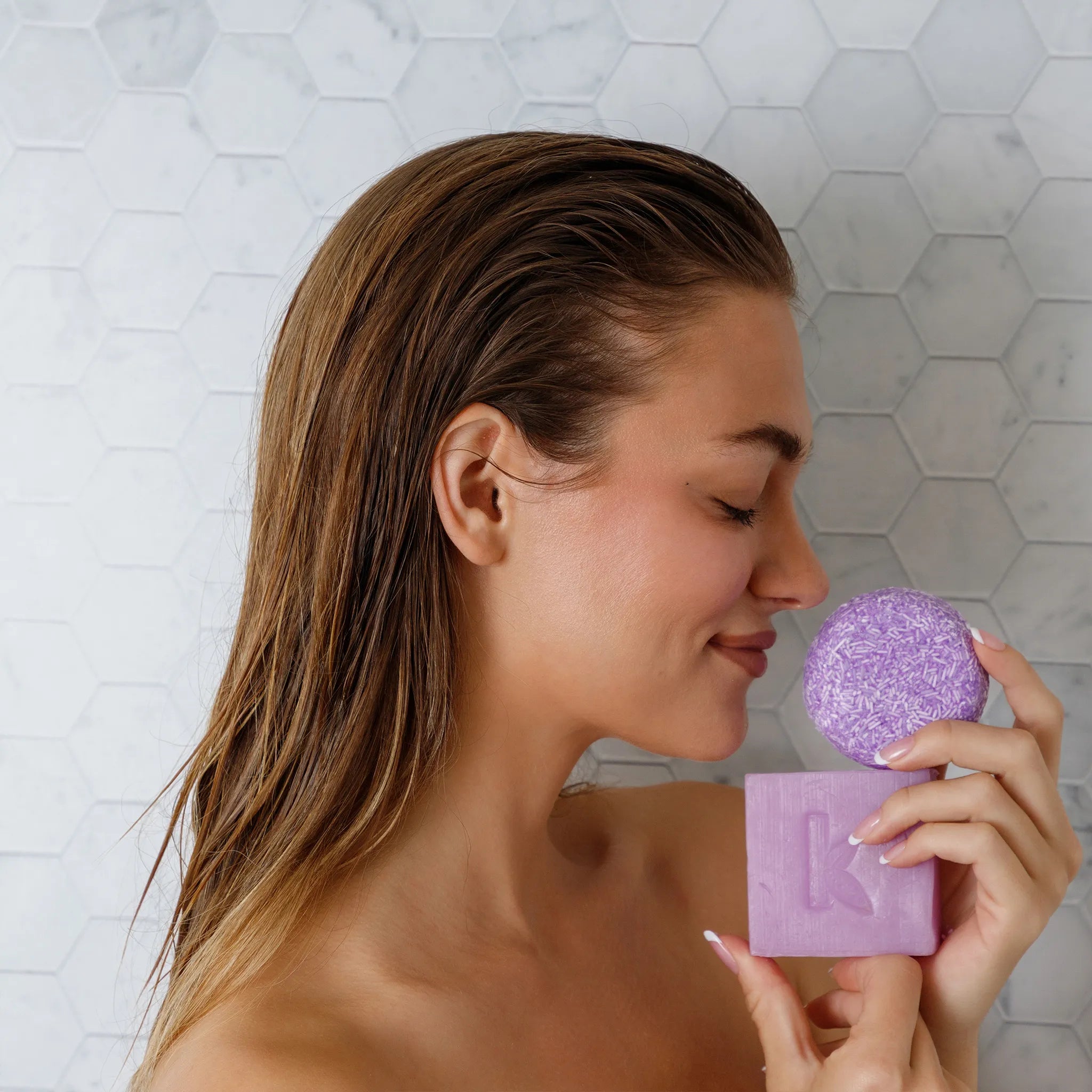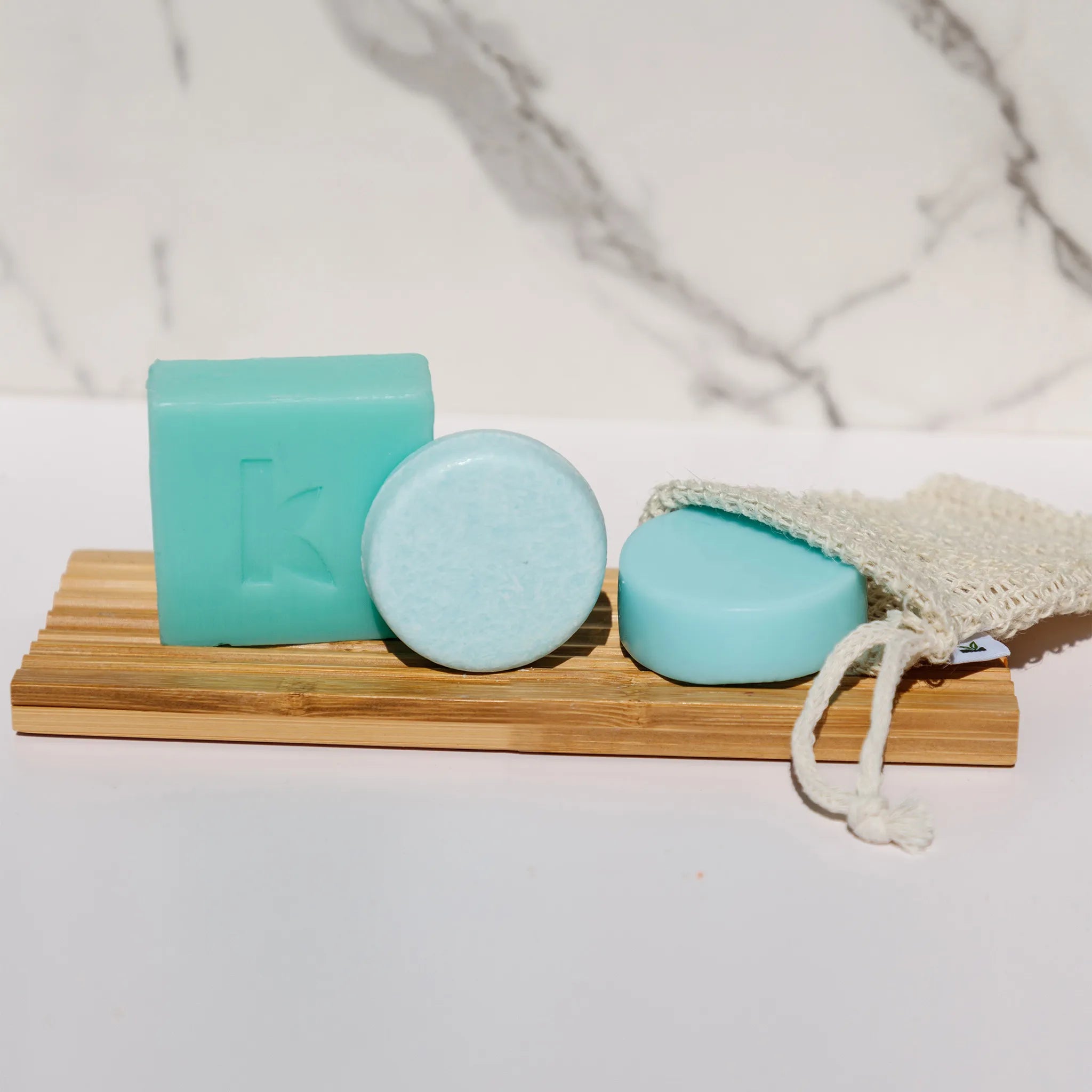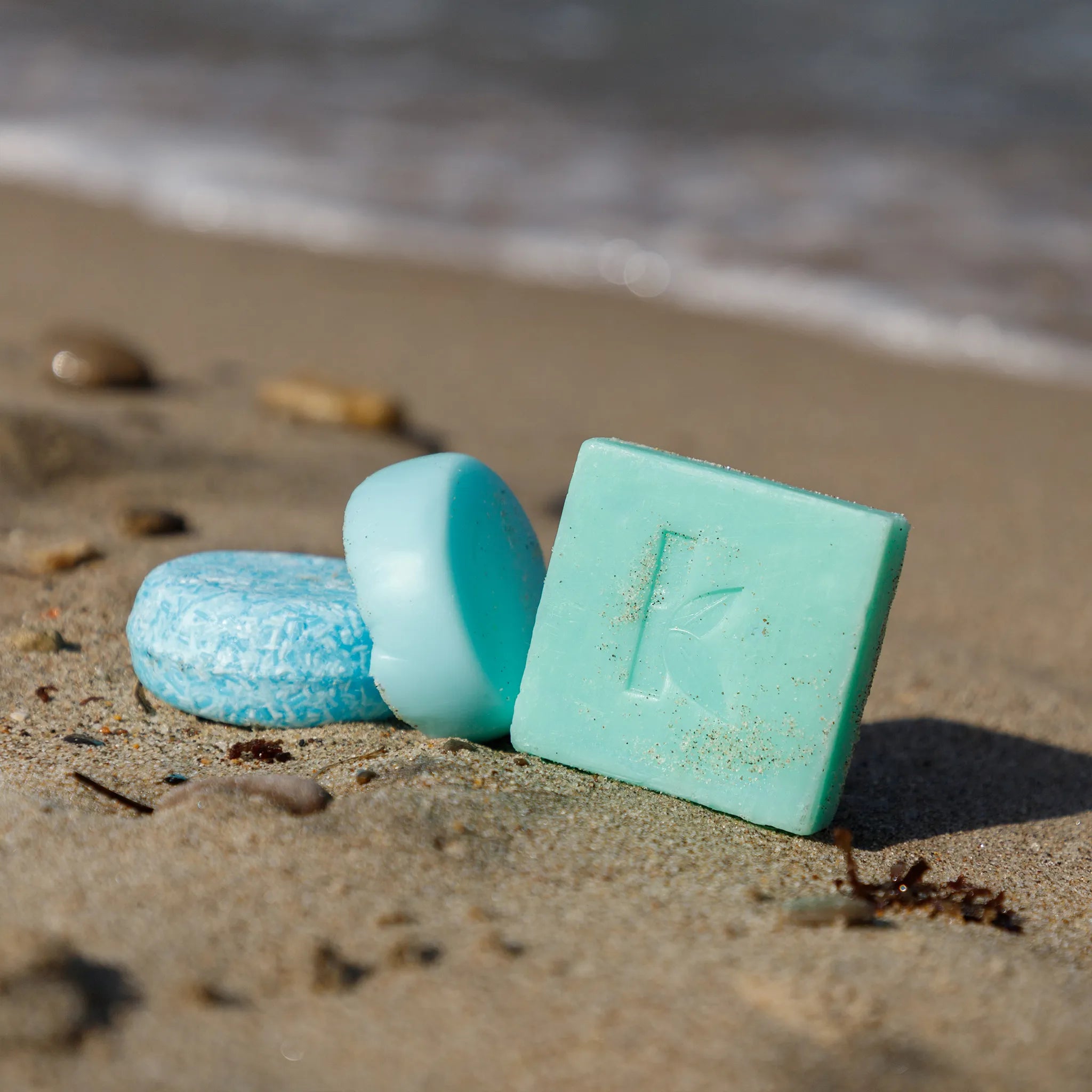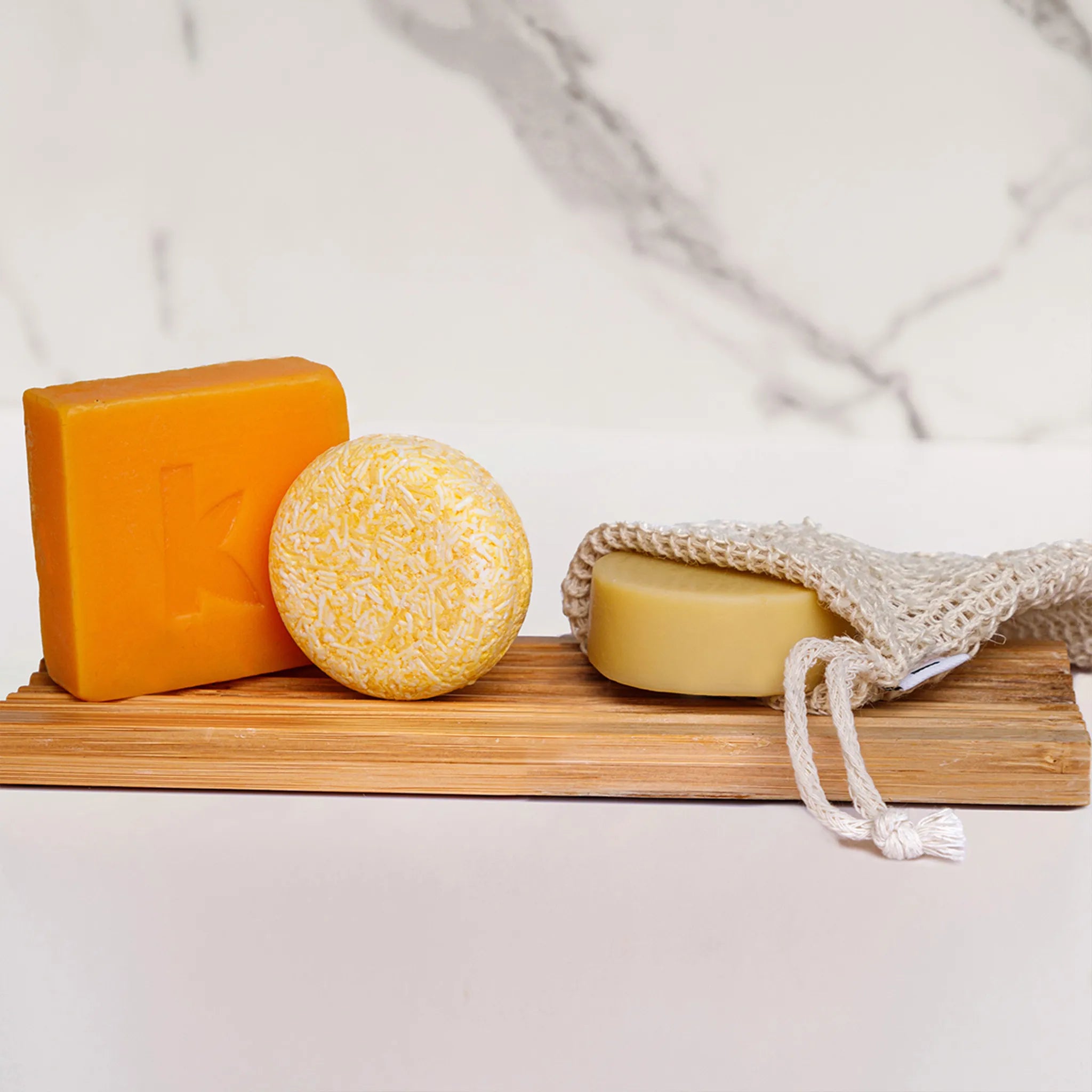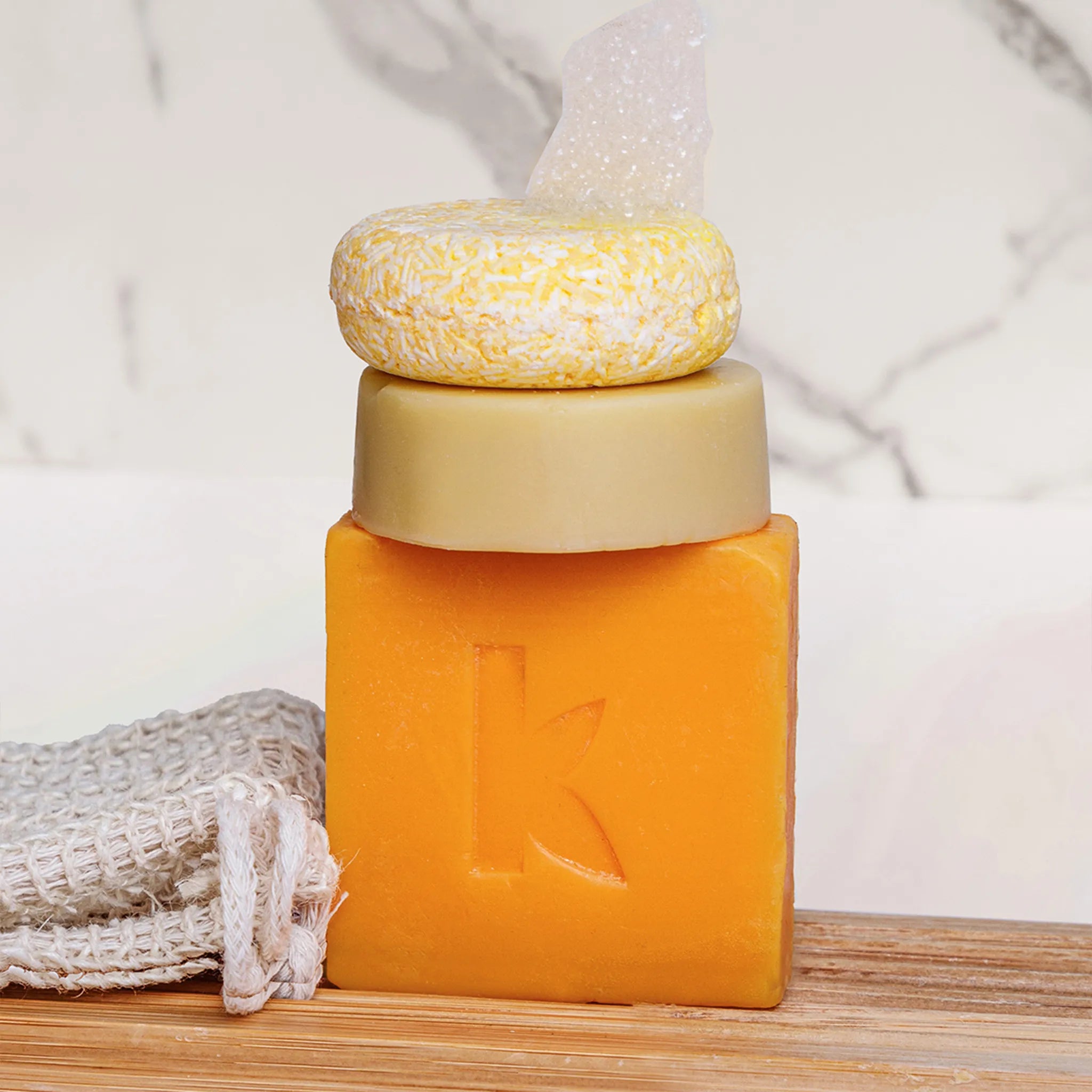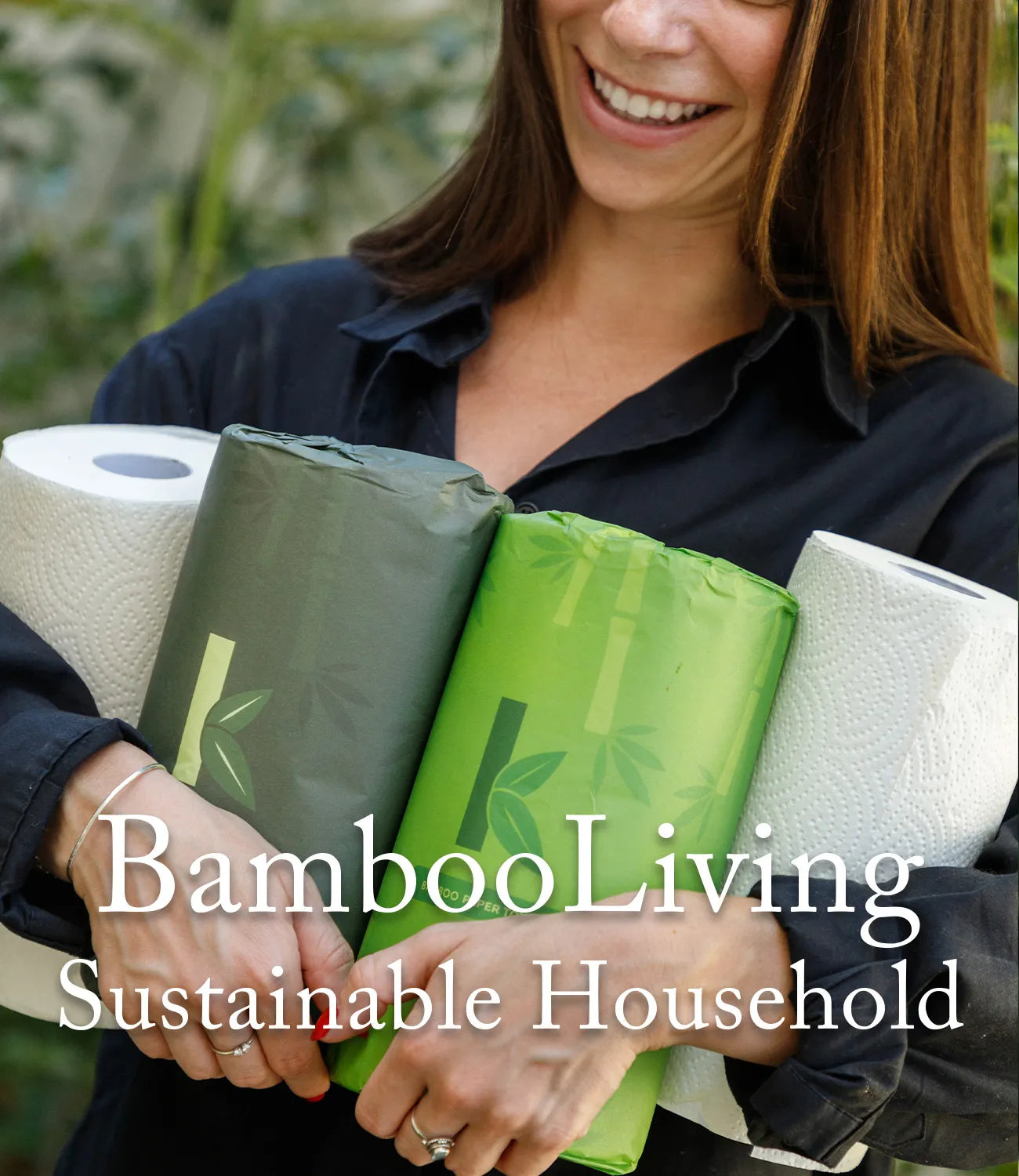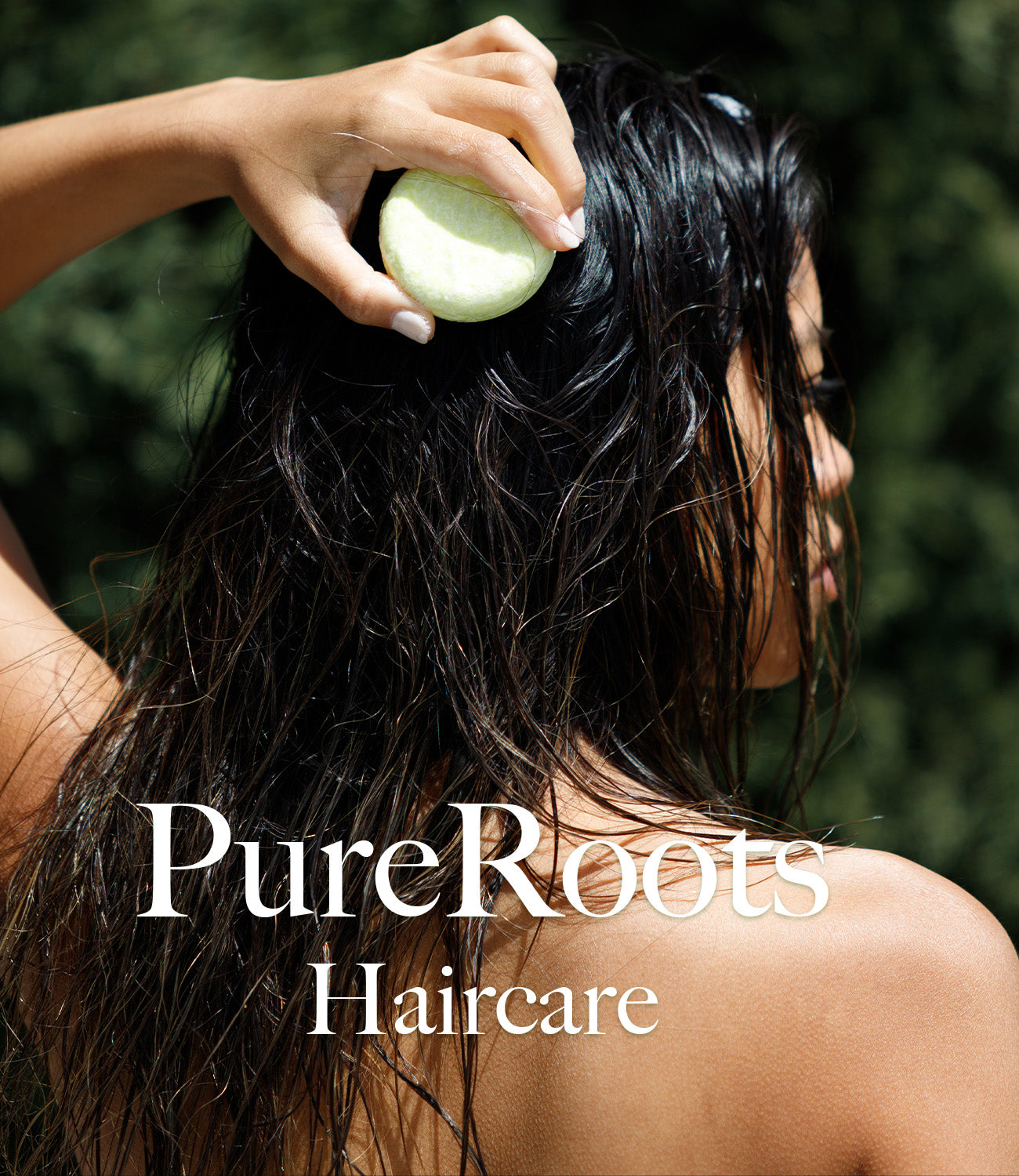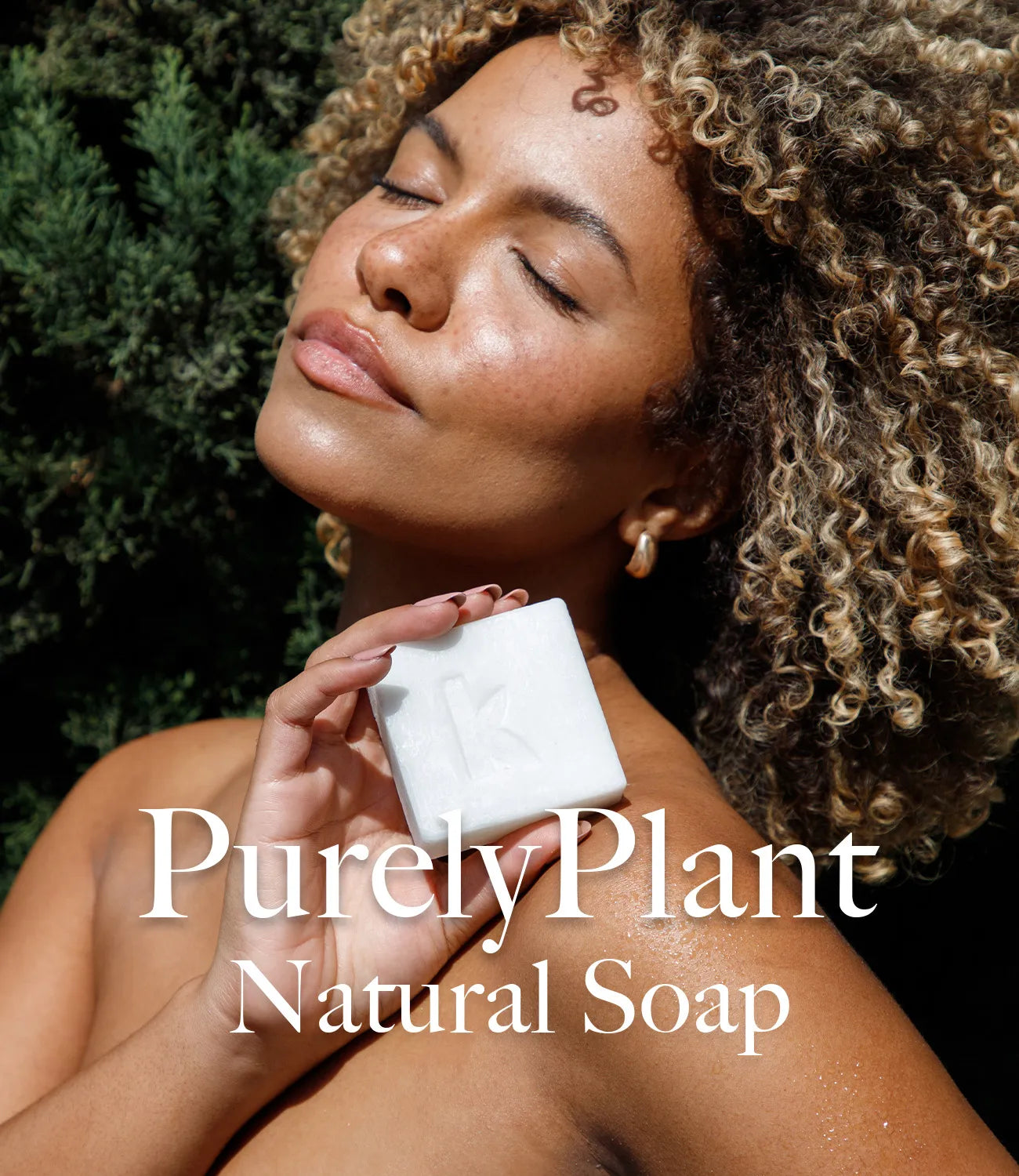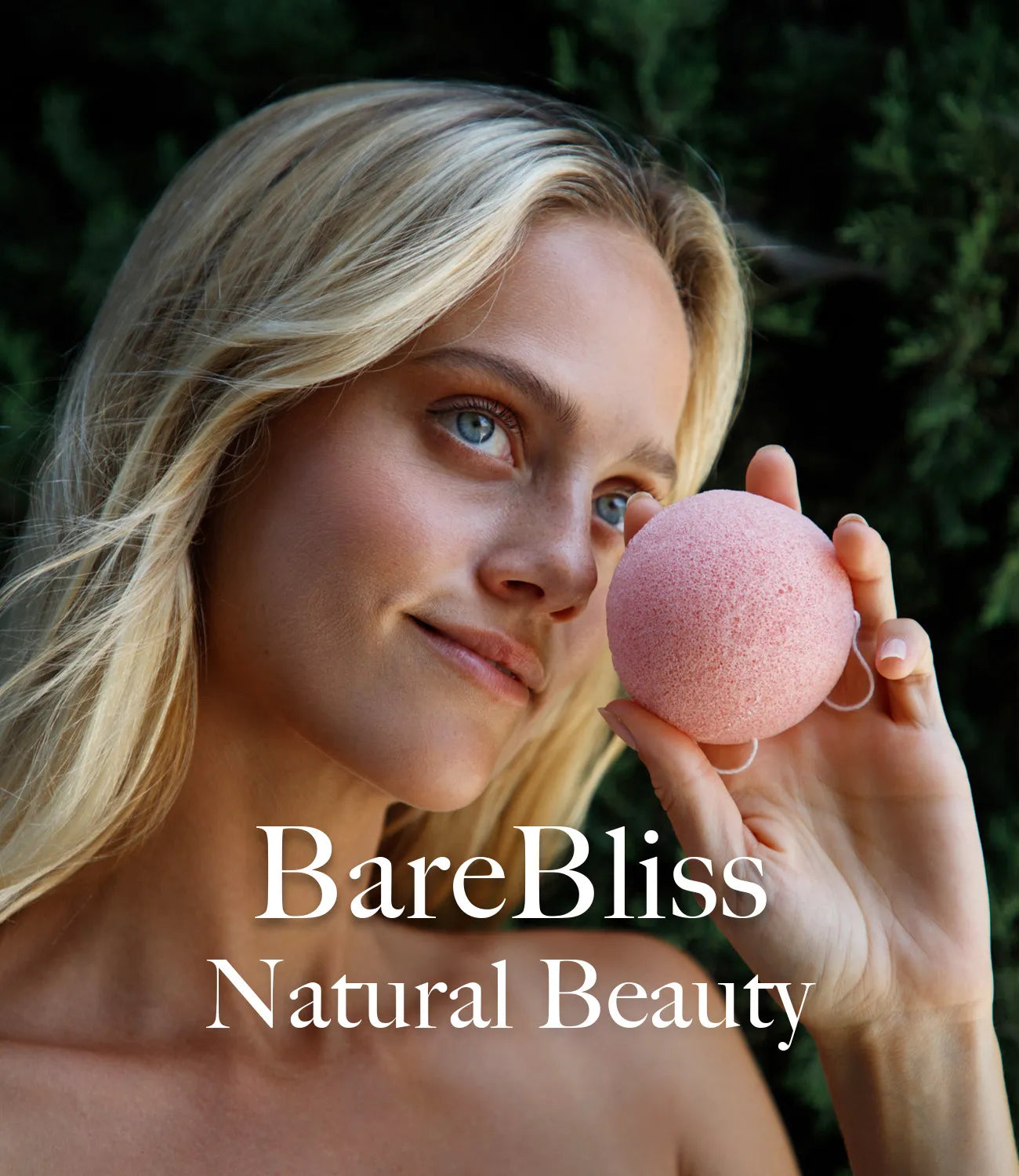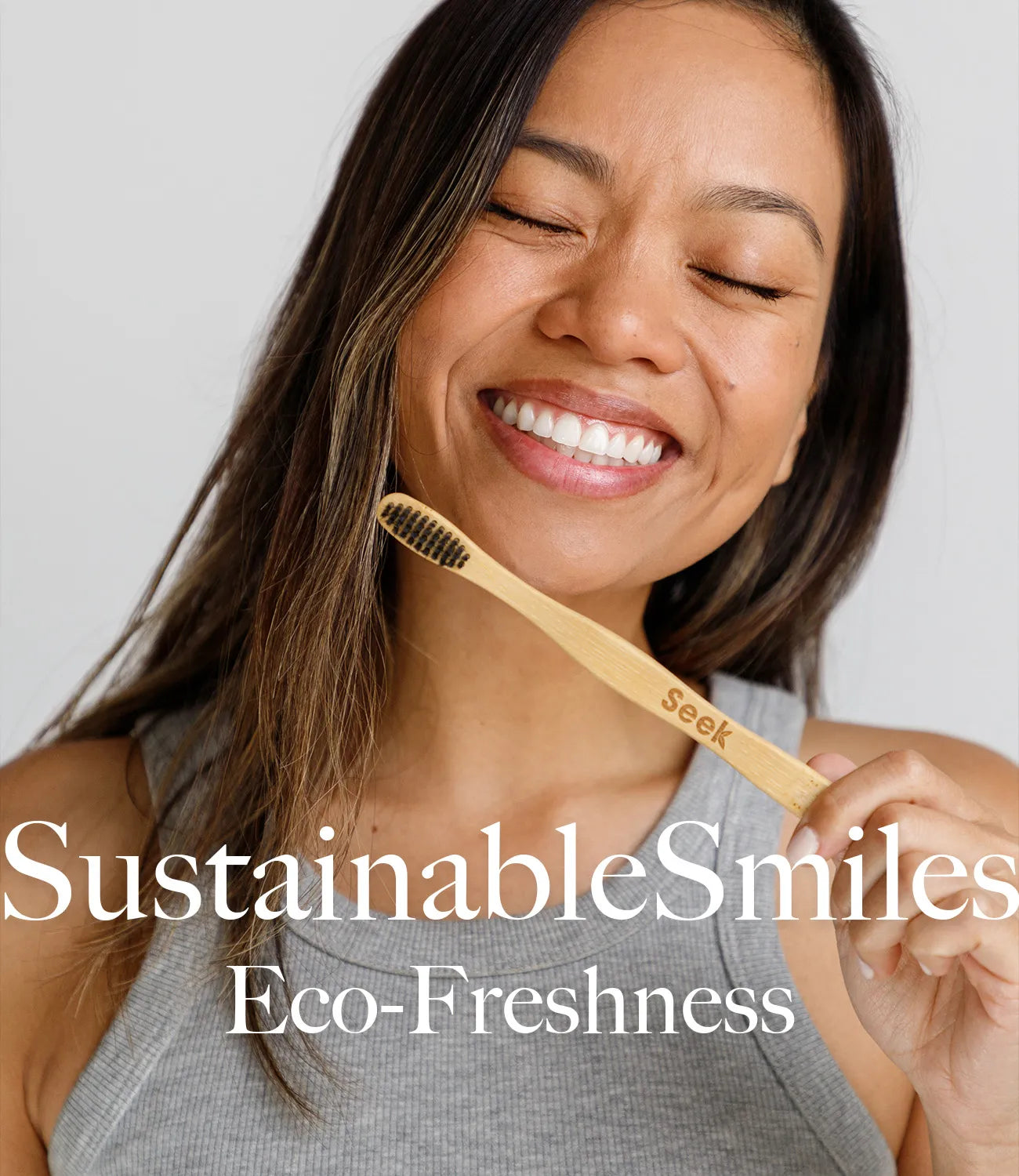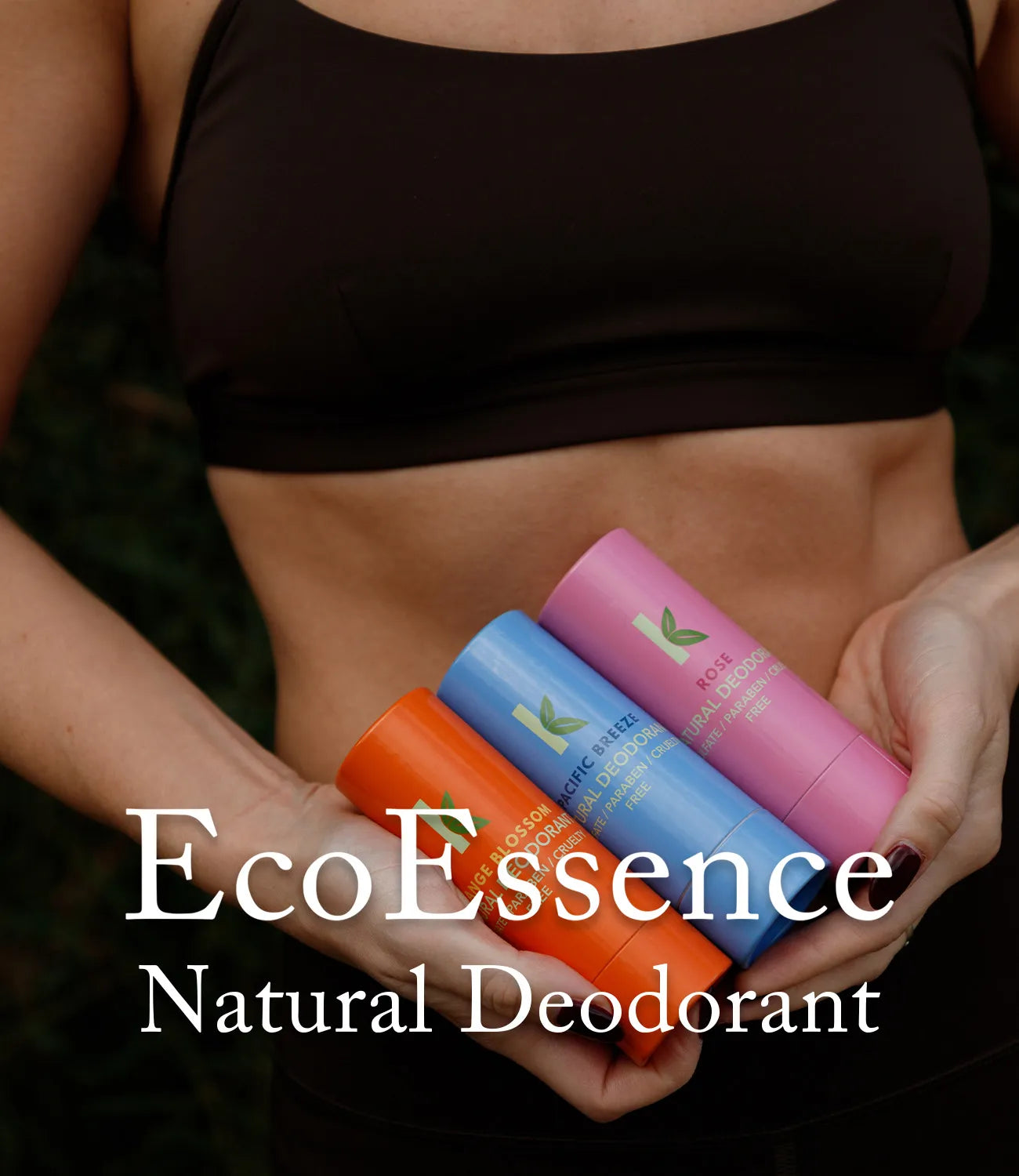Introduction to Shea Butter and Mango Butter
When it comes to natural ingredients that nurture and pamper your hair, Shea Butter and Mango Butter are two of the most popular contenders. Both are rich in vitamins and fatty acids, making them excellent for hydrating and repairing hair. But what makes them unique, and how do you choose the best one for your hair needs?
In this blog, we’ll explore the origins and properties of Shea Butter and Mango Butter, shedding light on how they are sourced and what makes each of them a powerhouse ingredient. Whether you're dealing with dryness, damage, or a sensitive scalp, understanding the differences between these two butters can help you make an informed choice for your hair care routine.
What Is Shea Butter?
Shea Butter is extracted from the nuts of the shea tree, native to the savannas of West Africa. It’s a creamy, nutrient-rich butter that has been used for centuries to moisturize skin, heal wounds, and protect against harsh weather. Its high concentration of stearic and oleic acids makes it a favorite in natural hair care for locking in moisture and reviving damaged strands.
What Is Mango Butter?
Mango Butter, on the other hand, is derived from the seeds of mangoes, the tropical fruit widely grown in South Asia, South America, and Africa. Known for its lightweight texture and mild, pleasant aroma, Mango Butter is packed with essential fatty acids and antioxidants. It offers deep hydration without weighing down hair, making it an ideal choice for those with fine or oily hair types.
Both Shea Butter and Mango Butter bring something special to the table, but their unique origins and compositions create distinct benefits for different hair needs. Let’s dive deeper into how they can transform your hair care routine.
Shea Butter in Shampoo Bars
Shea Butter is a star ingredient in natural shampoo bars, valued for its ability to restore, nourish, and protect hair. Its rich composition of vitamins and fatty acids makes it a powerhouse for addressing common hair concerns like dryness, damage, and breakage.
Restoring Damaged Hair and Promoting Hair Growth
Shea Butter is well-known for its ability to repair and revitalize damaged hair. Here’s how it works:
- Repairs Damaged Hair: The high levels of stearic and oleic acids penetrate the hair shaft, strengthening it from within. This helps restore elasticity and repair split ends, leaving hair healthier and smoother.
- Promotes Hair Growth: Shea Butter is packed with vitamin A and vitamin E, which are known to improve scalp health by reducing inflammation and providing essential nutrients. A healthy scalp is key to promoting strong, consistent hair growth.
- Protects from Environmental Damage: Shea Butter forms a lightweight protective barrier that shields hair from UV rays, pollution, and heat damage, making it especially useful for those exposed to harsh environments.
Enhancing Shampoo Bar Texture and Moisturizing Properties
In addition to its direct benefits for hair, Shea Butter plays a crucial role in the formulation of shampoo bars:
- Adds a Creamy Texture: Shea Butter lends a luxurious creaminess to shampoo bars, making them easy to apply and lather. This creates a spa-like experience during every wash.
- Boosts Moisturizing Power: The deep-conditioning properties of Shea Butter ensure that shampoo bars don’t strip natural oils from the hair. Instead, they provide long-lasting hydration, leaving hair soft, shiny, and manageable.
Who Benefits Most from Shea Butter in Shampoo Bars?
Shea Butter is particularly effective for:
- Dry, Coarse, or Frizzy Hair: Its intense hydration tames frizz and makes hair more manageable.
- Curly or Textured Hair: The deeply moisturizing properties help define curls and prevent breakage.
- Damaged Hair: Whether caused by heat styling, chemical treatments, or environmental stress, Shea Butter works to repair and restore hair health.
Shampoo bars infused with Shea Butter are a must-have for anyone seeking a natural, sustainable solution to deeply nourish their hair and scalp.
Mango Butter in Shampoo Bars
Mango Butter is a versatile ingredient that brings lightweight hydration and soothing properties to shampoo bars. Its non-greasy texture makes it particularly suited for those with oily or fine hair, while its nourishing qualities provide relief for irritated scalps.
Lightweight Hydration for Oily or Fine Hair
Unlike heavier butters, Mango Butter provides just the right amount of moisture without weighing hair down:
- Hydration Without Build-Up: Mango Butter’s lightweight composition delivers essential moisture while maintaining the hair’s natural bounce and volume, making it ideal for individuals with fine or thin hair.
- Balances Oil Production: For those with oily hair, Mango Butter hydrates without clogging pores or overloading the scalp, helping maintain a healthy oil balance.
Its light, breathable formula ensures that your hair feels refreshed and vibrant, even after regular use.
Non-Greasy Texture and Scalp-Soothing Benefits
Mango Butter’s smooth texture enhances the usability of shampoo bars and contributes to overall scalp health:
- Non-Greasy Feel: Mango Butter creates a smooth, creamy lather in shampoo bars without leaving a greasy residue. This makes it a great option for those who prefer a clean, weightless finish after washing.
- Soothes Scalp Irritation: Packed with antioxidants and vitamins A and C, Mango Butter helps calm inflammation and reduce redness caused by conditions like dryness, dandruff, or sensitivity. Its gentle properties provide relief for itchy or irritated scalps.
Who Benefits Most from Mango Butter in Shampoo Bars?
Mango Butter is a perfect choice for:
- Fine or Thin Hair: Its lightweight hydration maintains volume and softness without heaviness.
- Oily Hair: The non-greasy formula hydrates while preventing excessive oil buildup.
- Sensitive Scalps: Mango Butter’s soothing properties help reduce irritation and promote a balanced, healthy scalp.
The Mango Butter Experience
Shampoo bars infused with Mango Butter leave hair feeling soft, hydrated, and refreshed, without the heavy or greasy finish that other moisturizers might cause. They offer a natural solution for those seeking lightweight hydration with added scalp care benefits.
Hair Type Suitability
Understanding your hair type and its specific needs is essential when deciding between Shea Butter and Mango Butter. Each butter offers unique benefits, making them better suited for different hair concerns.
Which Butter Is Better for Dry, Damaged, or Frizzy Hair?
Shea Butter is a powerhouse for those dealing with dryness, damage, or frizz. Its rich and creamy texture penetrates deeply into the hair shaft, providing intense hydration and repairing damage caused by heat styling, chemical treatments, or environmental factors.
Why It Works:
High stearic acid content locks in moisture, preventing further dryness. Vitamins A and E support hair elasticity and repair split ends. Its ability to tame frizz makes it a favorite for coarse or curly hair types.
Best For:
Thick, coarse, or textured hair.
Hair that’s been damaged by color treatments or heat styling.
Mango Butter:
While Mango Butter is also moisturizing, its lighter composition makes it more suitable for hair that needs hydration without heaviness.
Why It Works:
Lightweight oleic acid provides nourishment without weighing hair down. Its smooth texture helps soften and add shine to frizzy strands.
Best For:
Fine or thin hair that struggles with volume. Frizzy hair that requires a gentle, non-greasy solution. Recommendations for Sensitive or Oily Scalps
Shea Butter:
Shea Butter’s anti-inflammatory properties make it an excellent option for sensitive scalps prone to irritation, itching, or flaking.
Why It’s Effective:
Soothes scalp inflammation with natural vitamins and fatty acids.
Restores moisture balance to dry scalps.
Caution:
Its heavier nature may not be ideal for individuals with oily scalps, as it could lead to build-up if overused.
Finding Your Perfect Match
Whether you choose Shea Butter for its intense hydration and restorative benefits or Mango Butter for its lightweight, non-greasy nourishment, both butters bring unique strengths to shampoo bars. The key is understanding your hair type and needs to select the right ingredient for your hair care routine. With natural shampoo bars, you’re not only nourishing your hair but also embracing an eco-friendly, sustainable approach to beauty.
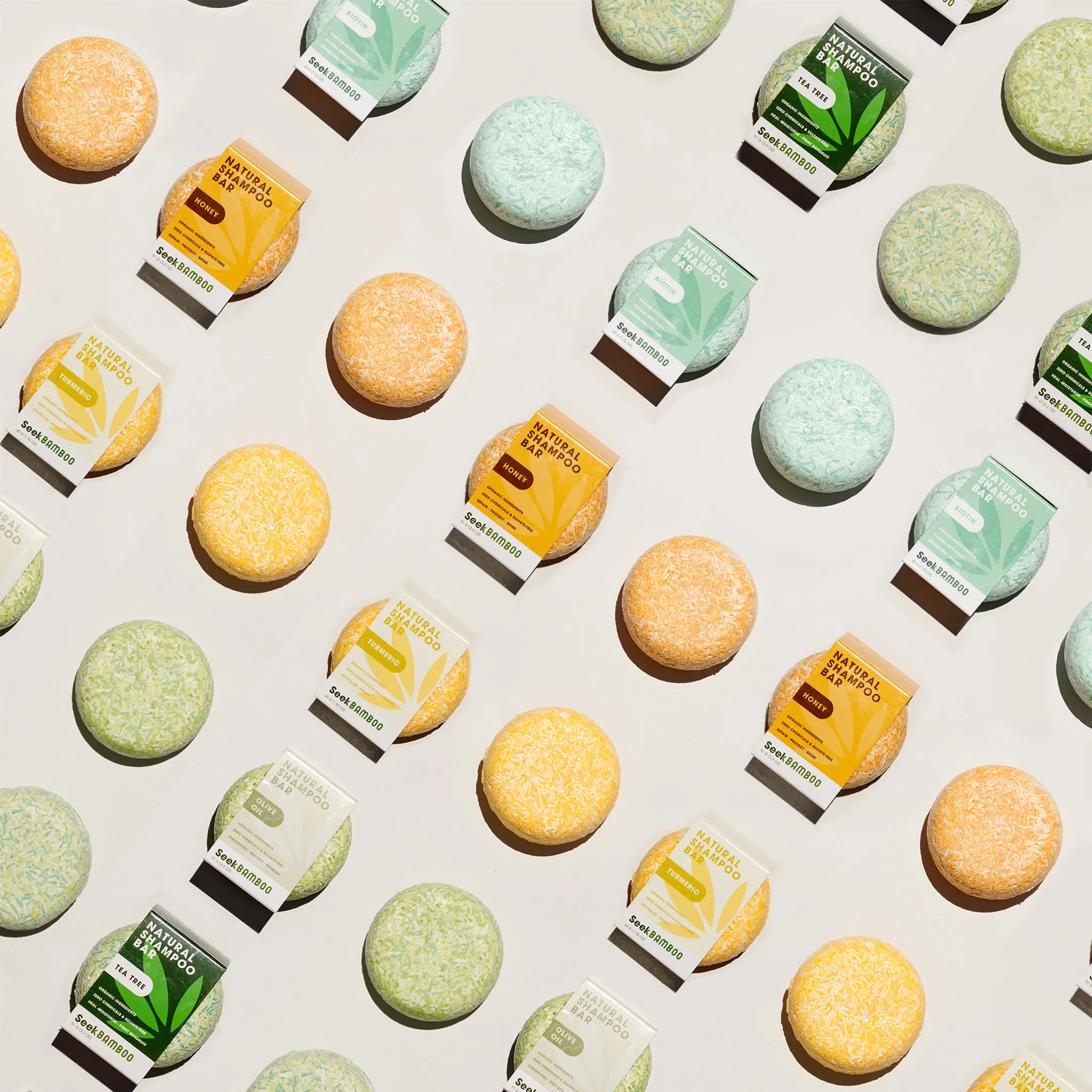
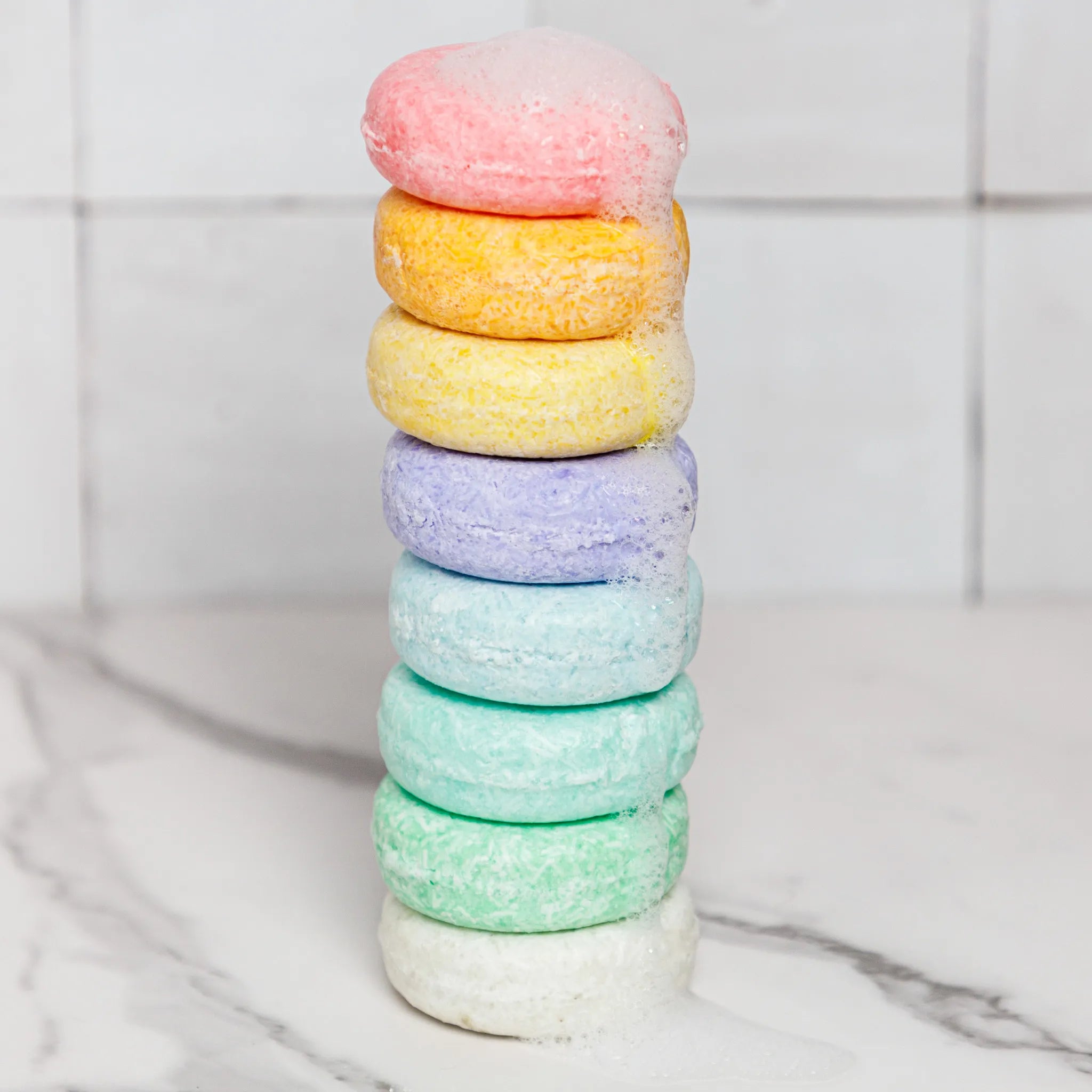
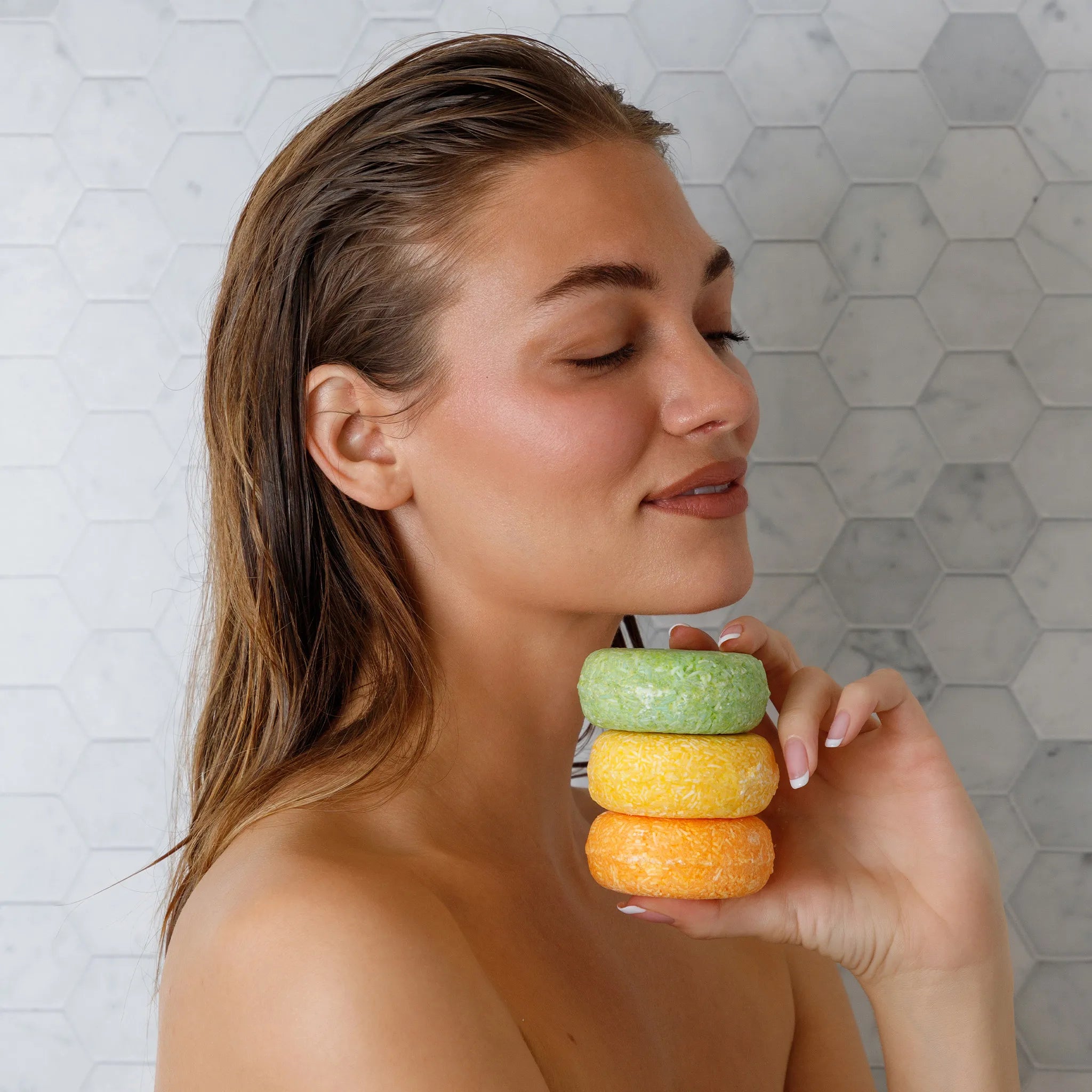
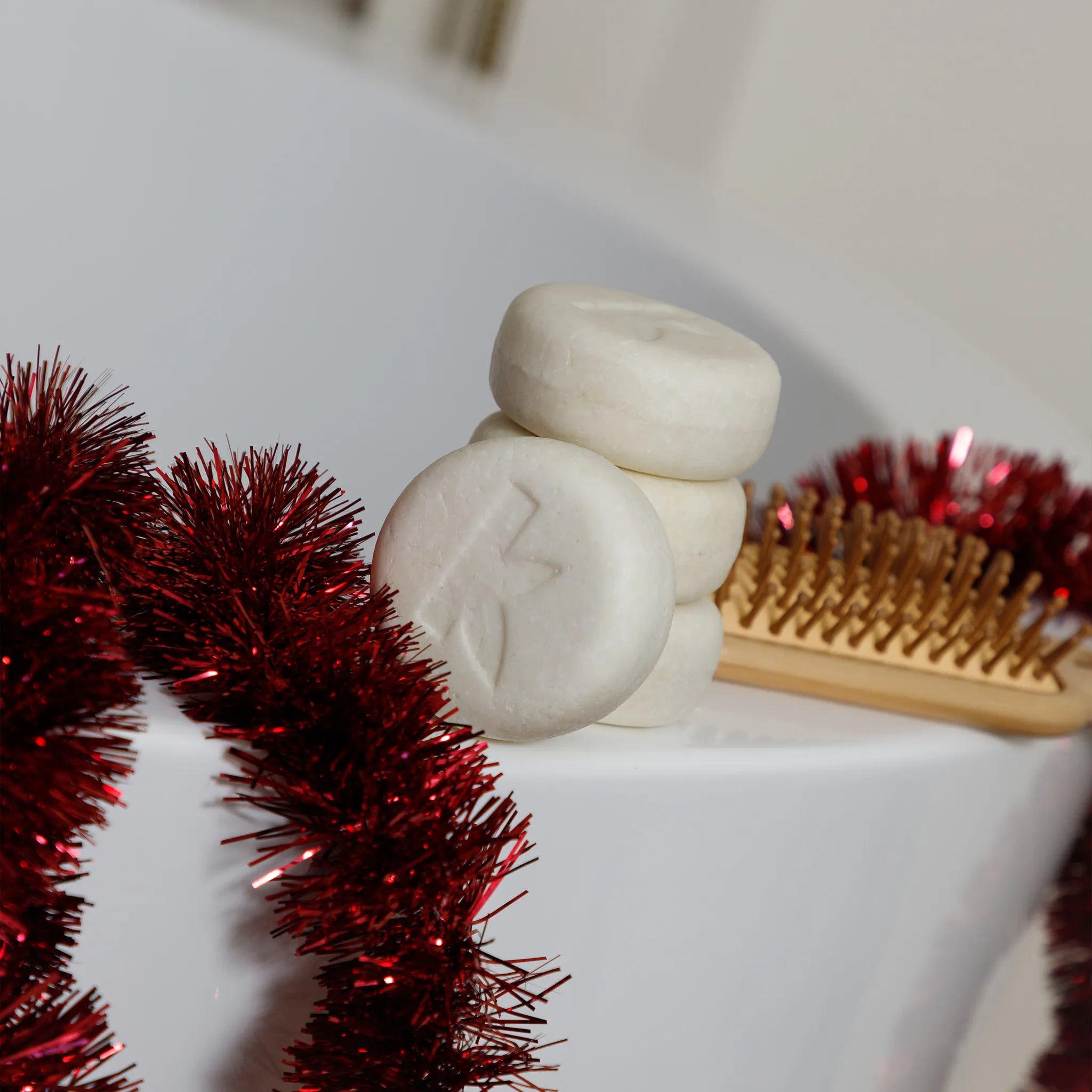
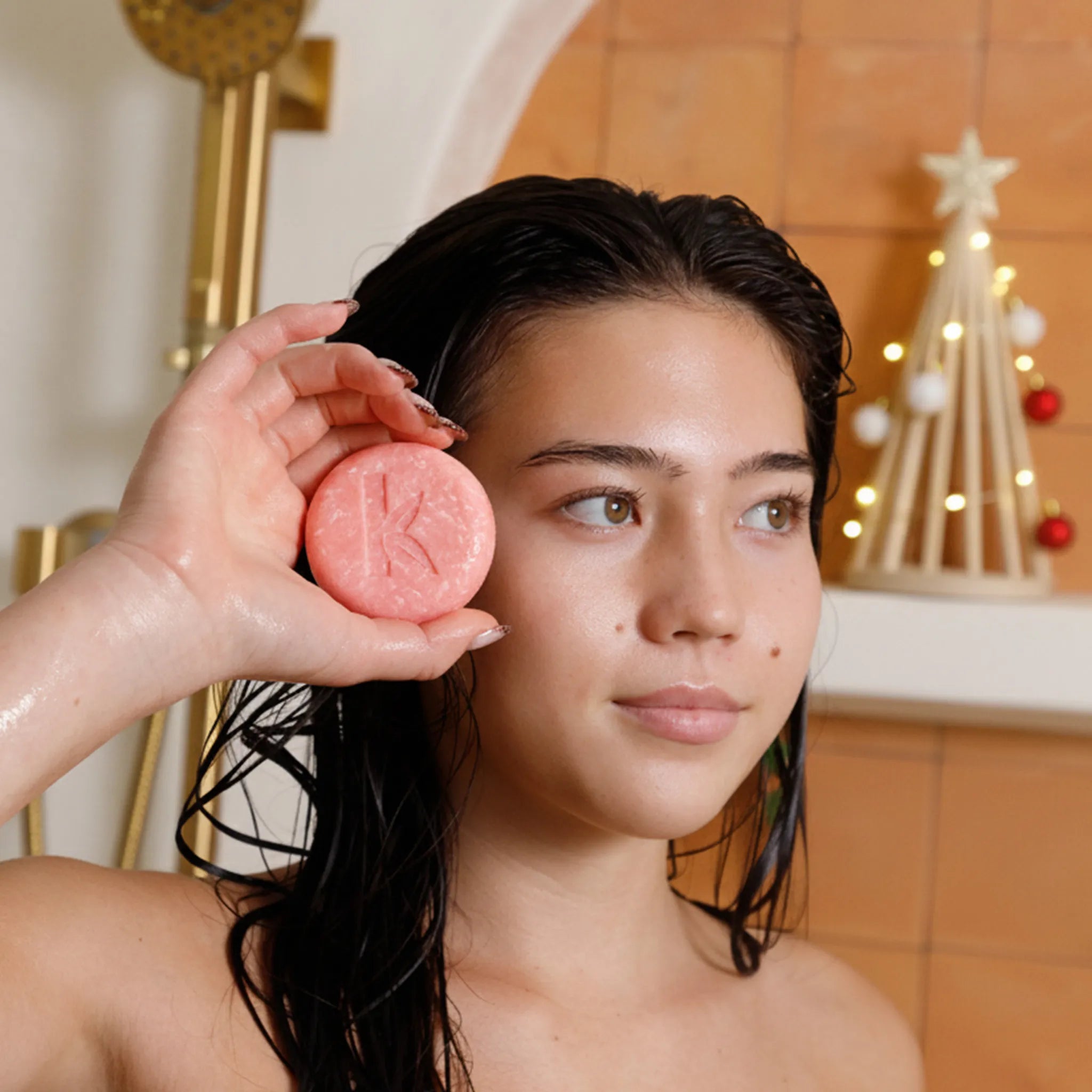
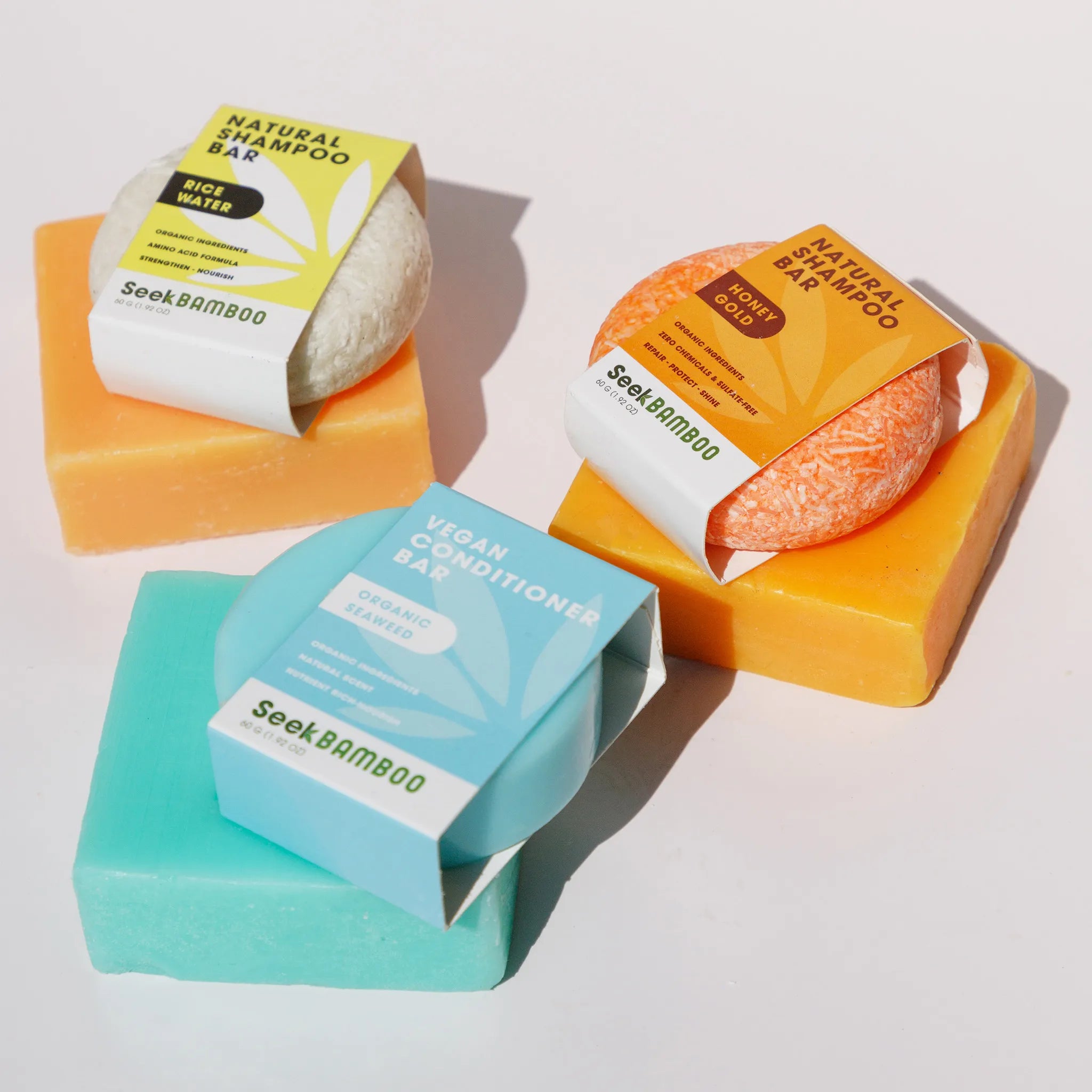
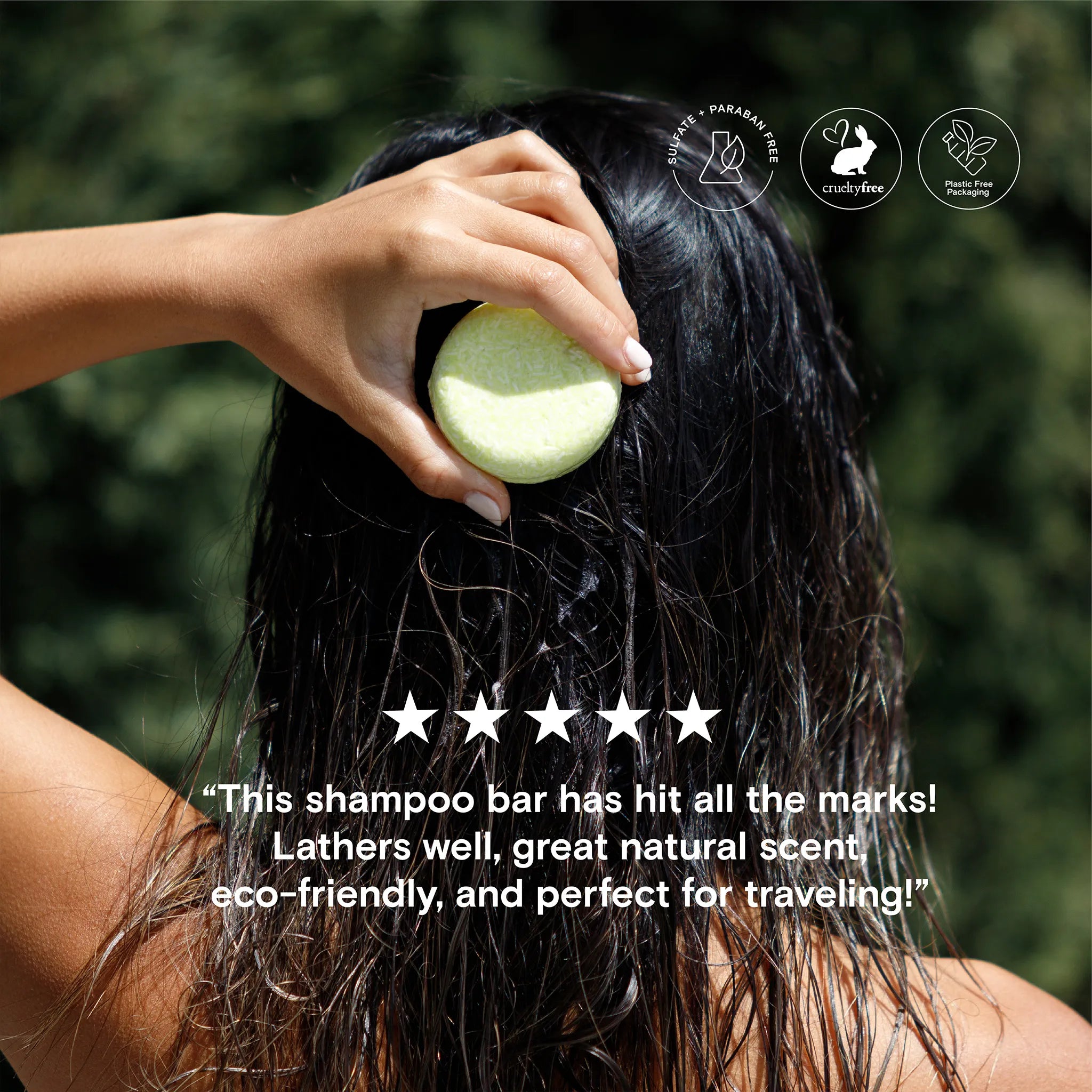
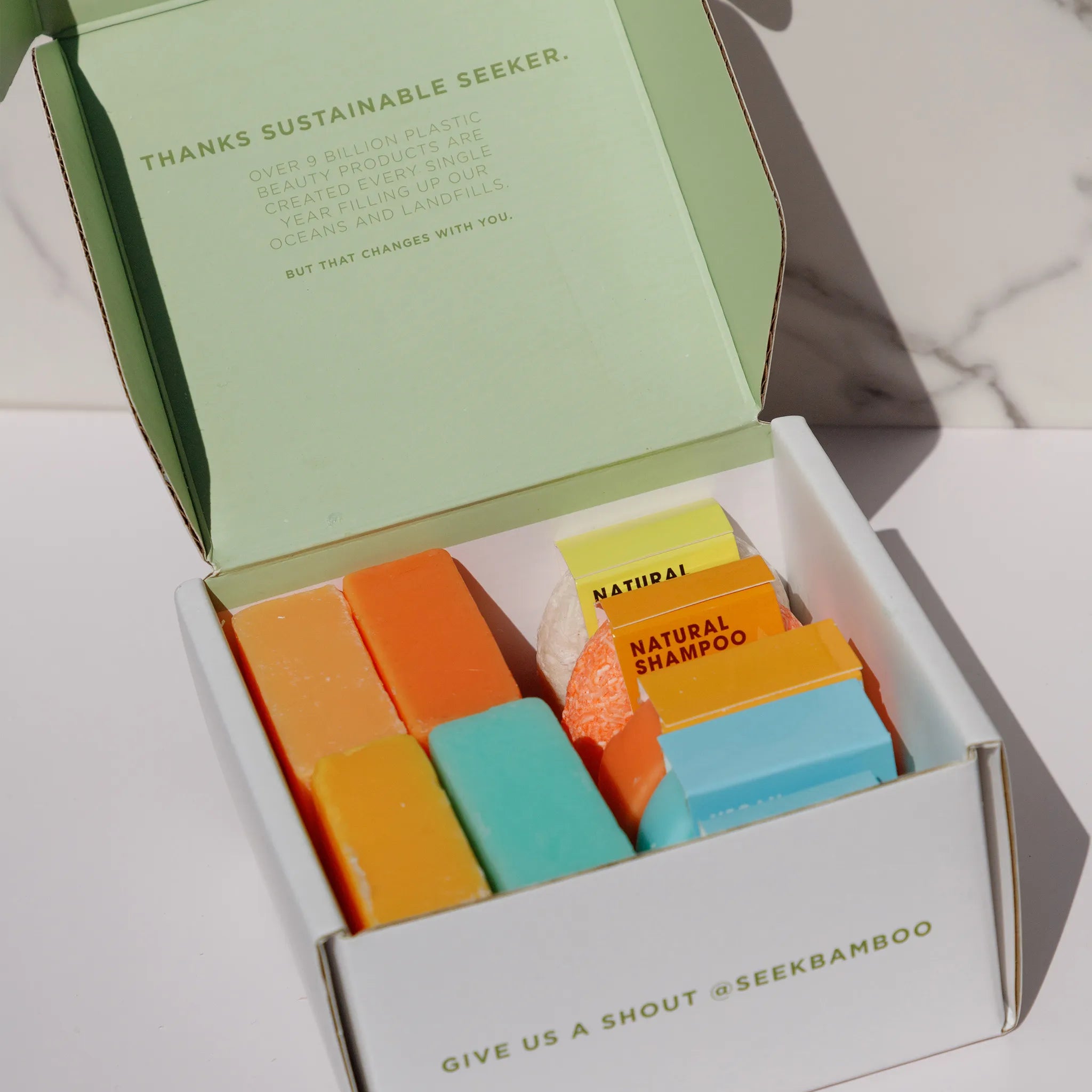
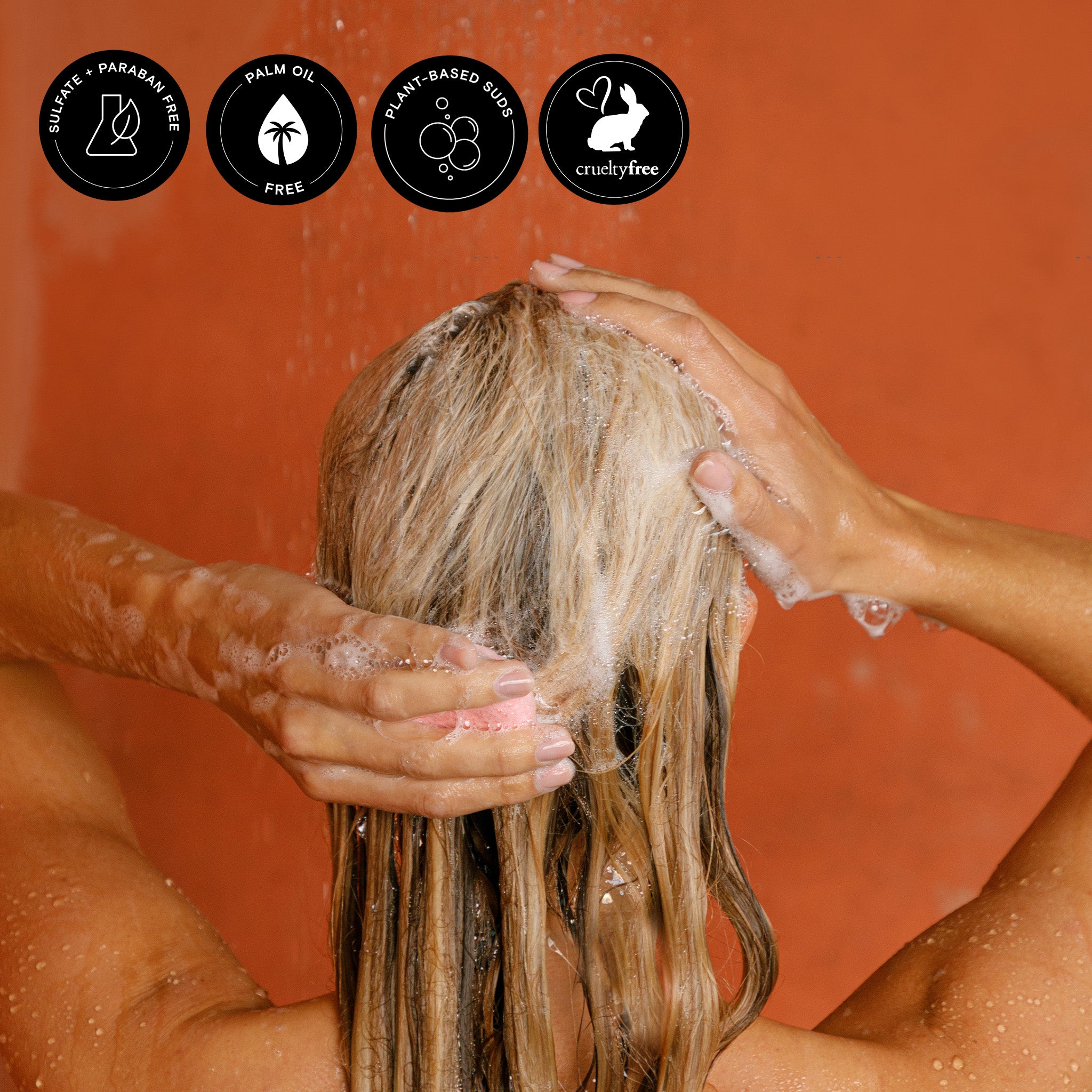
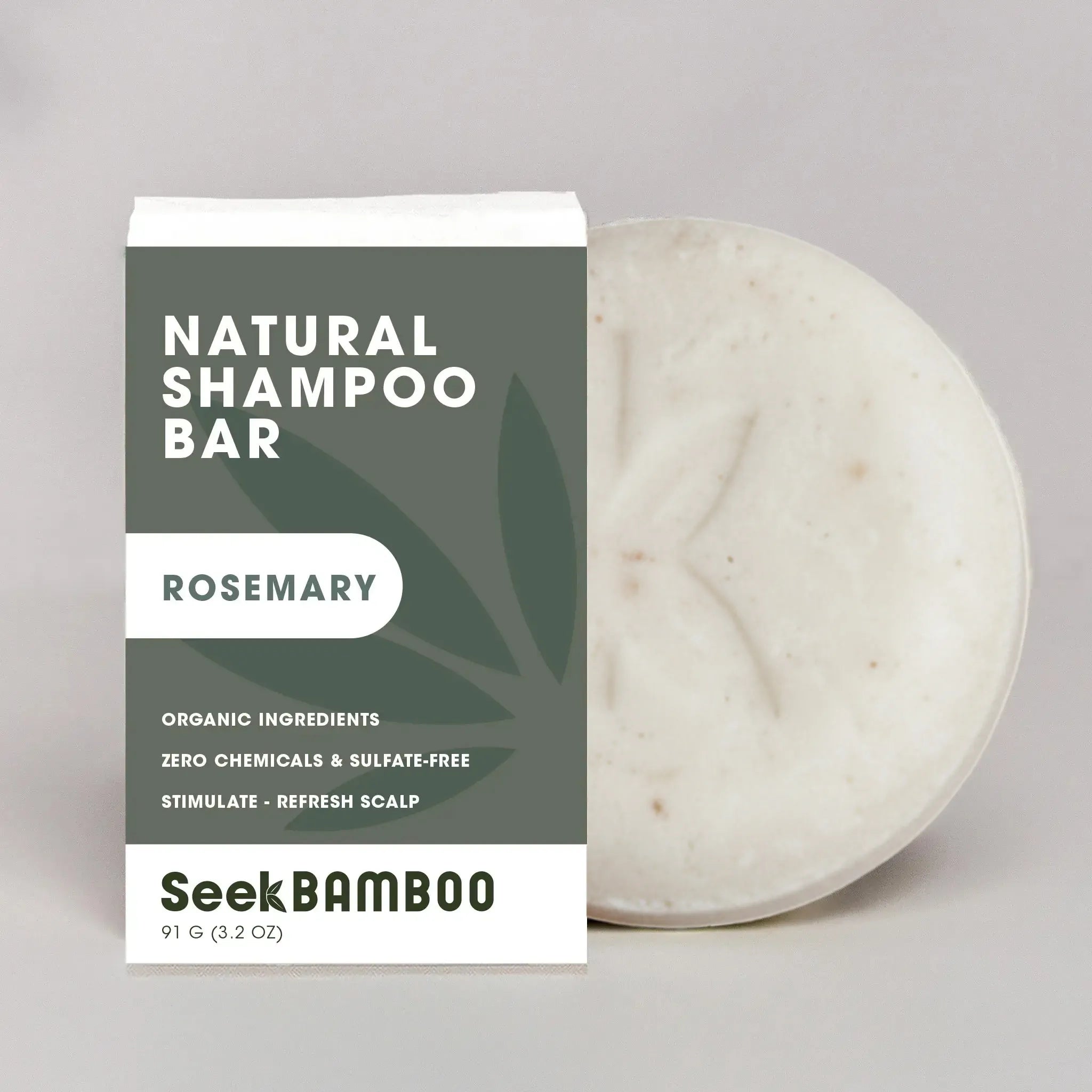
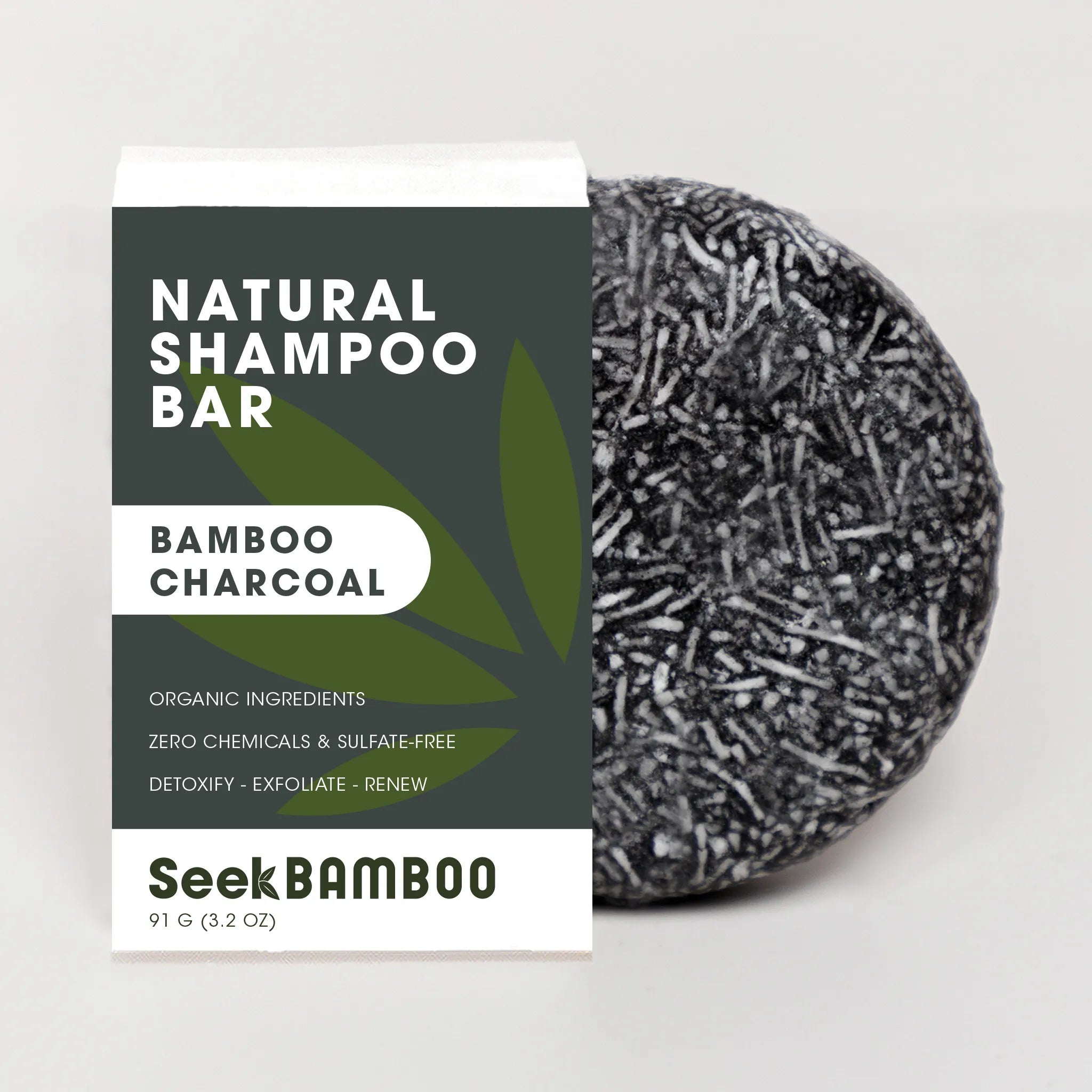
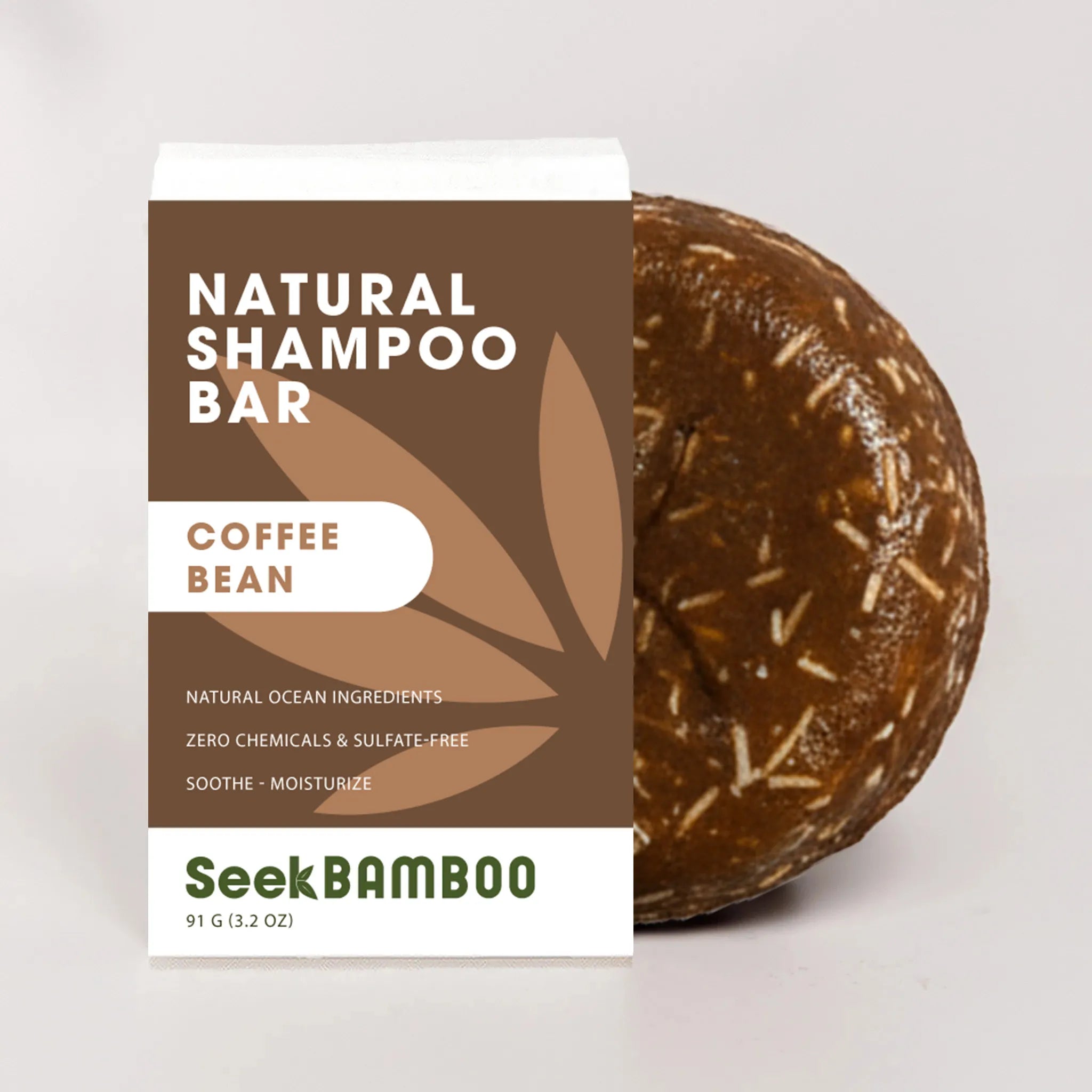
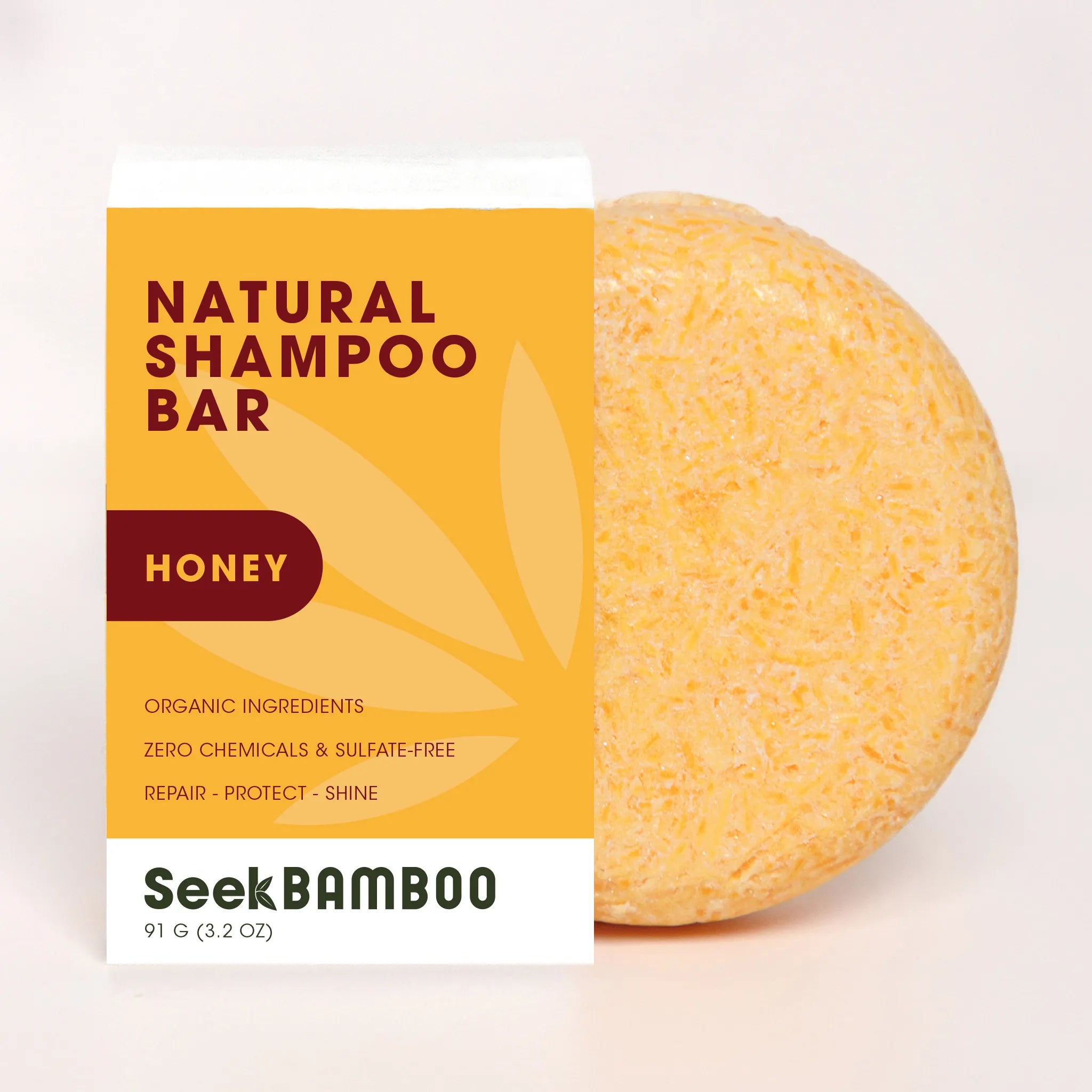
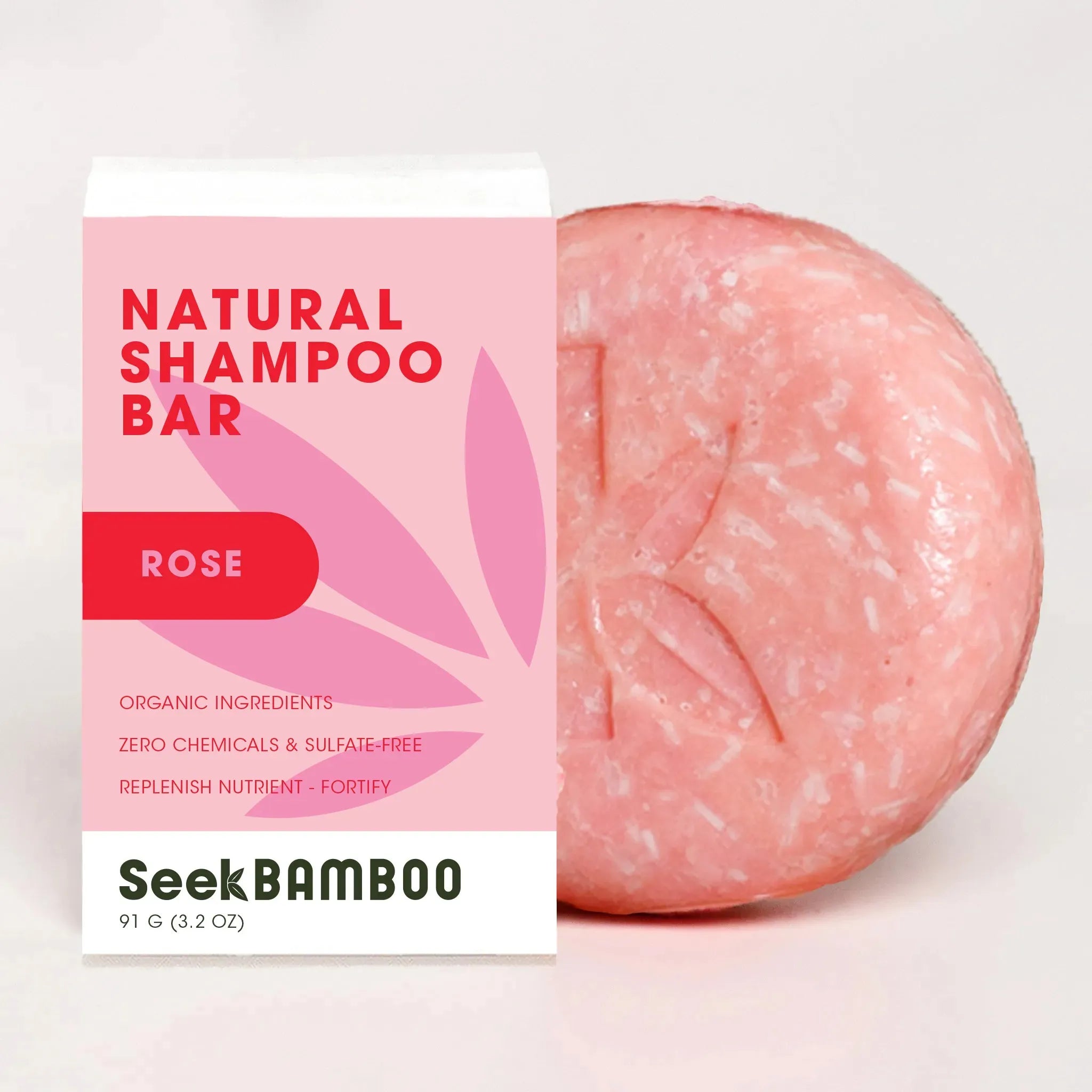
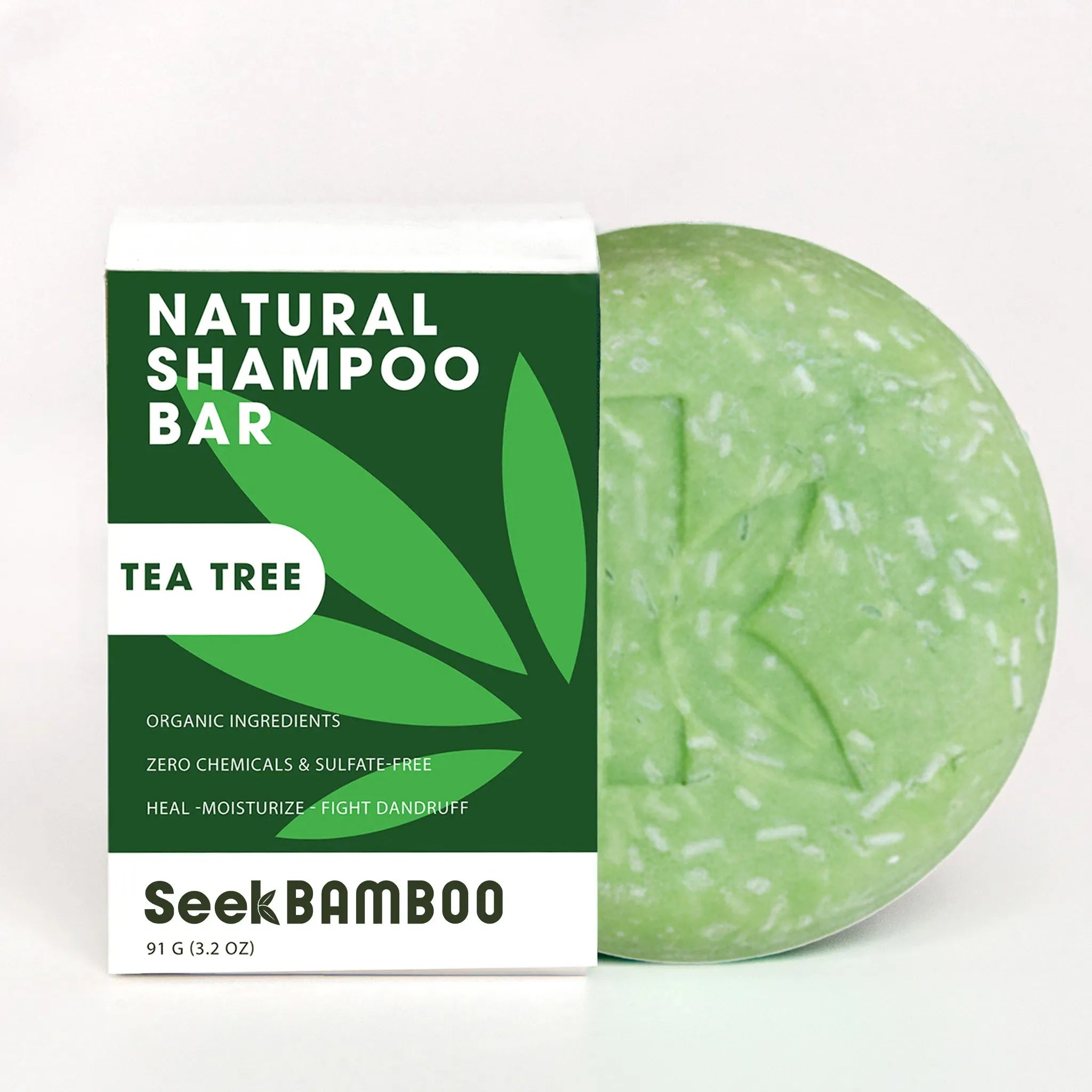
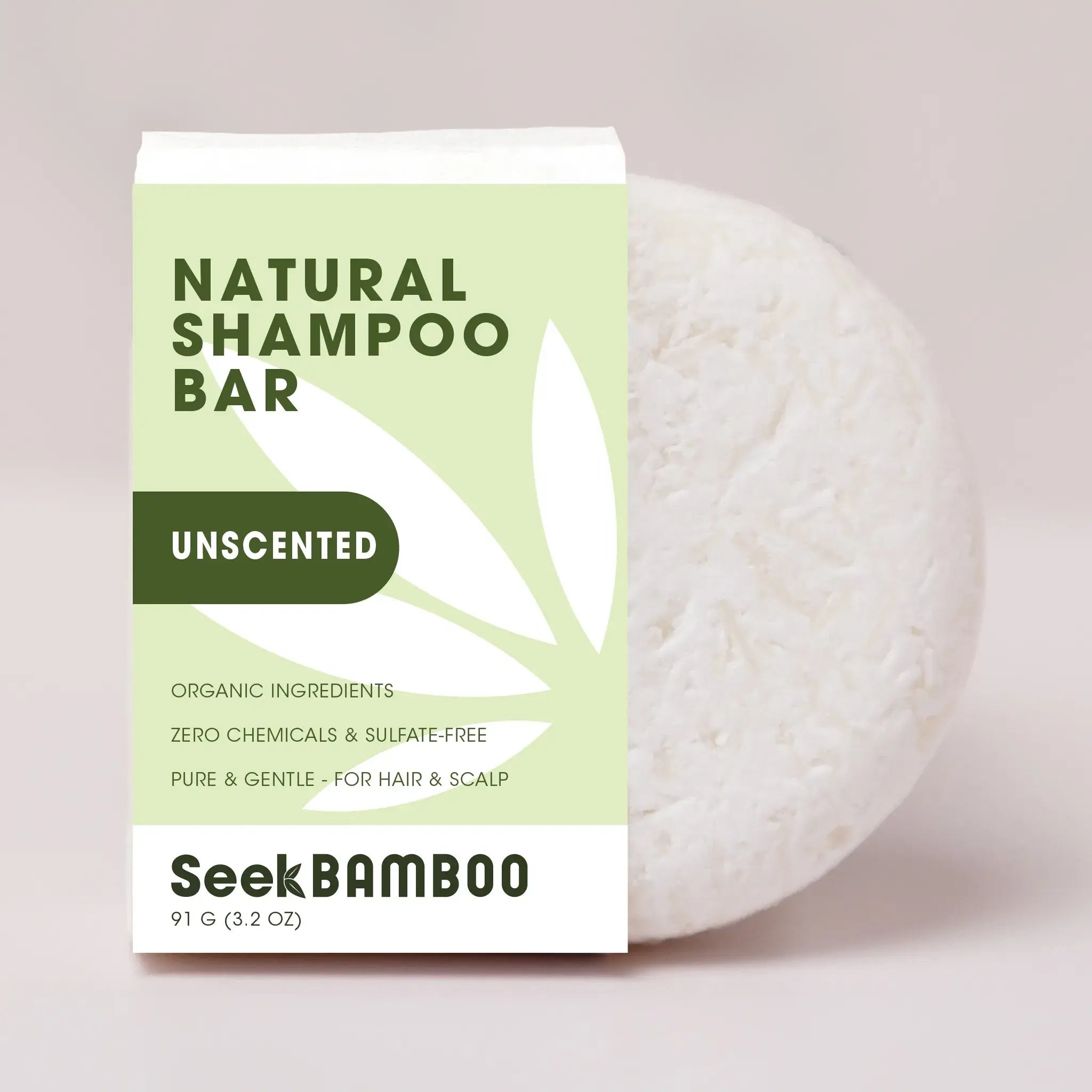
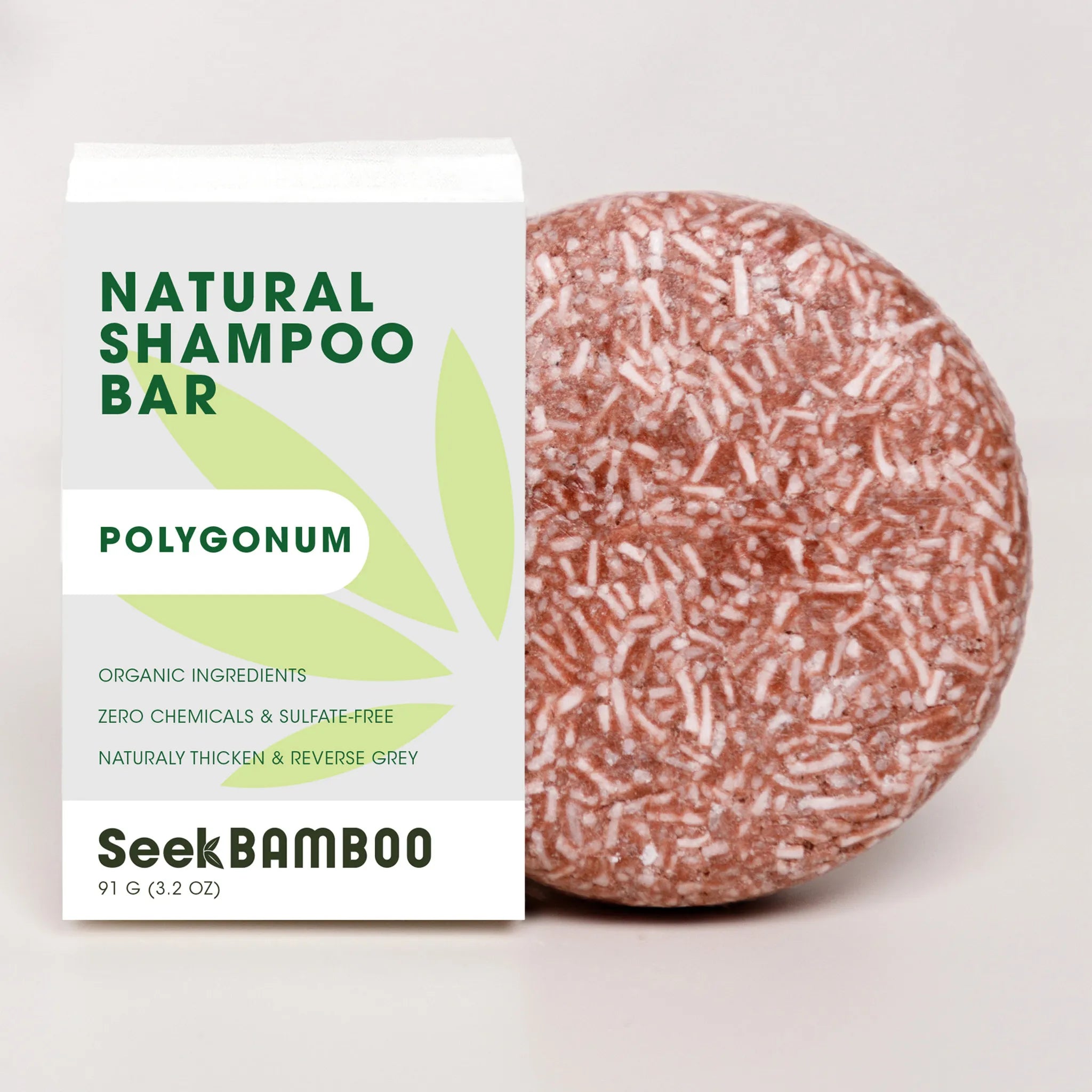
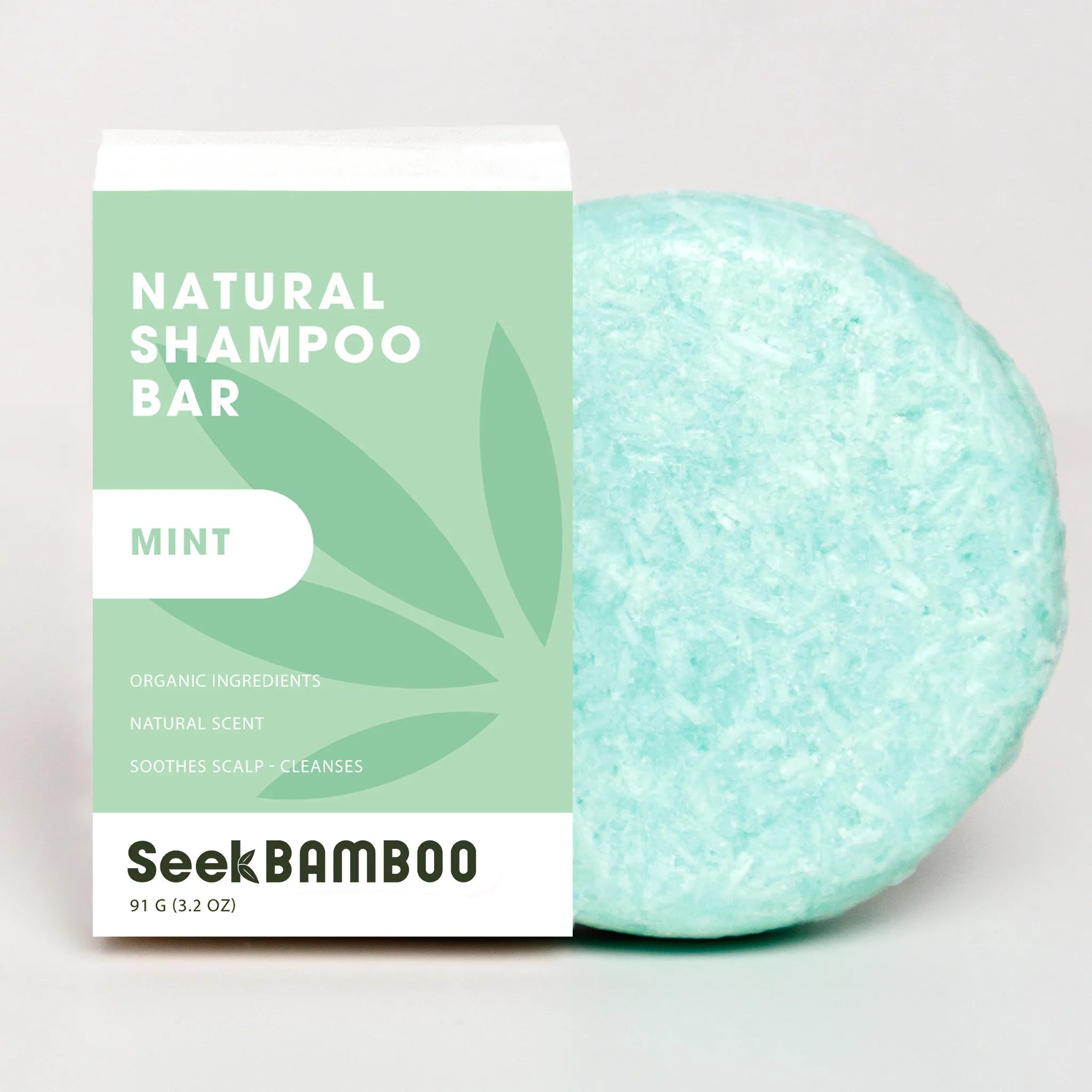
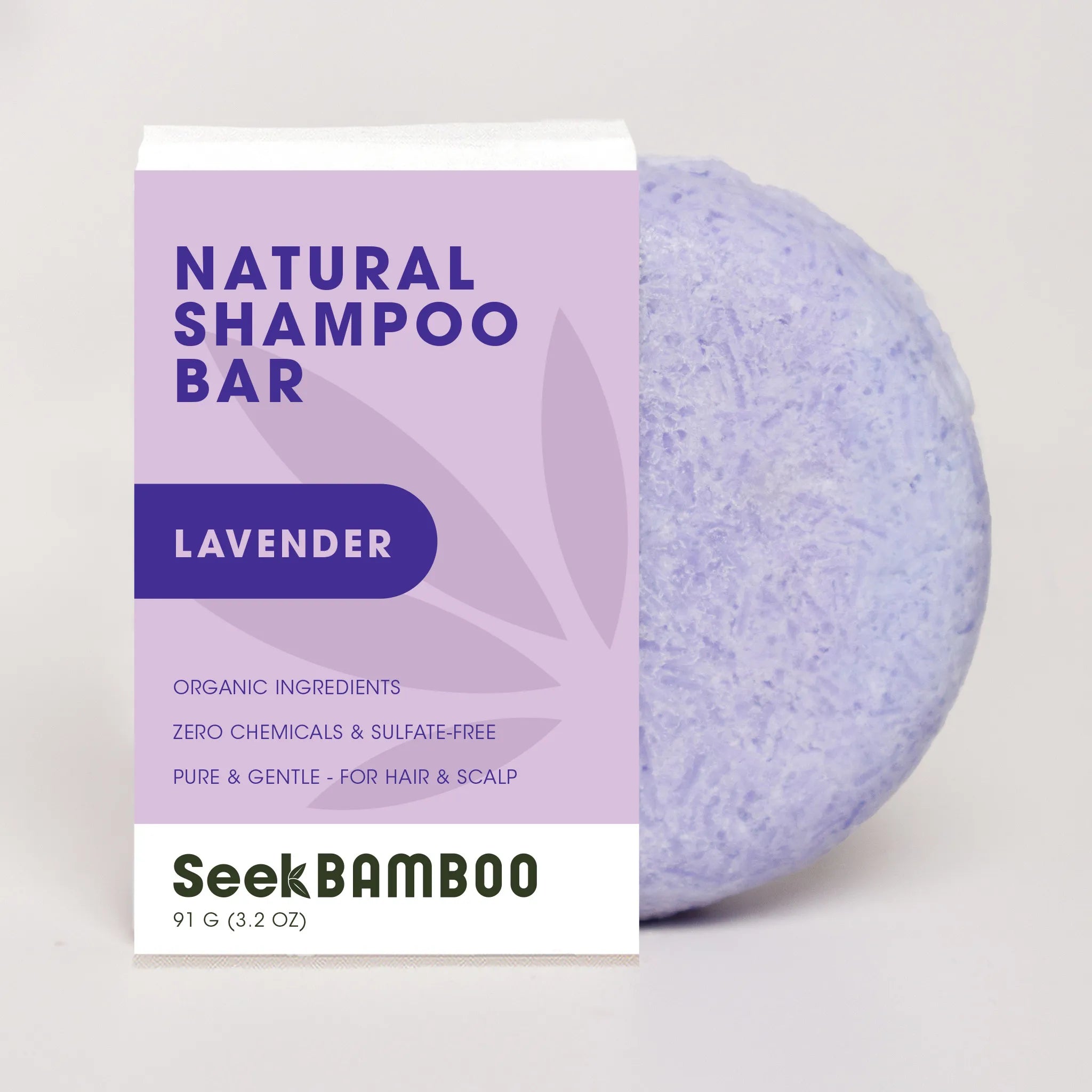
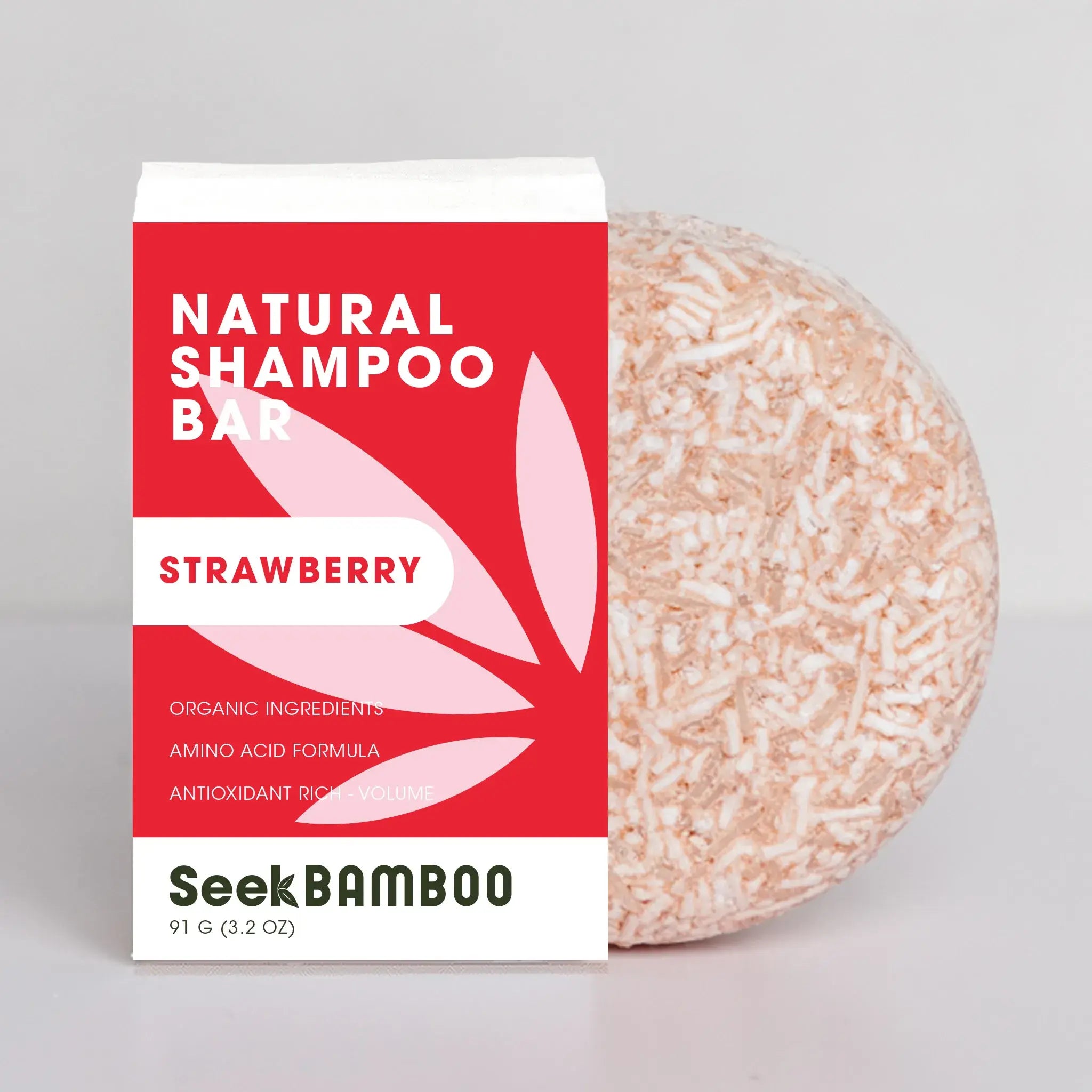
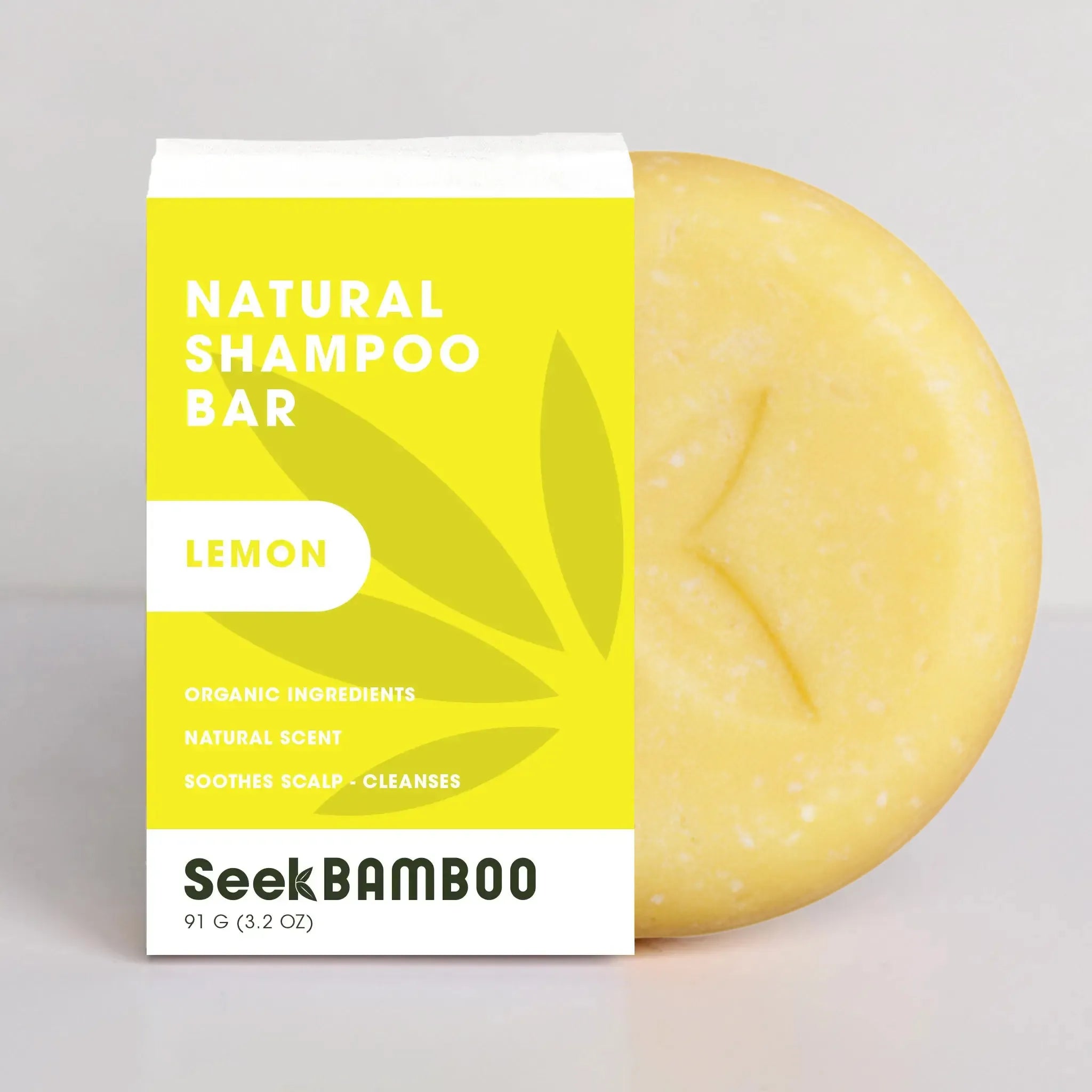
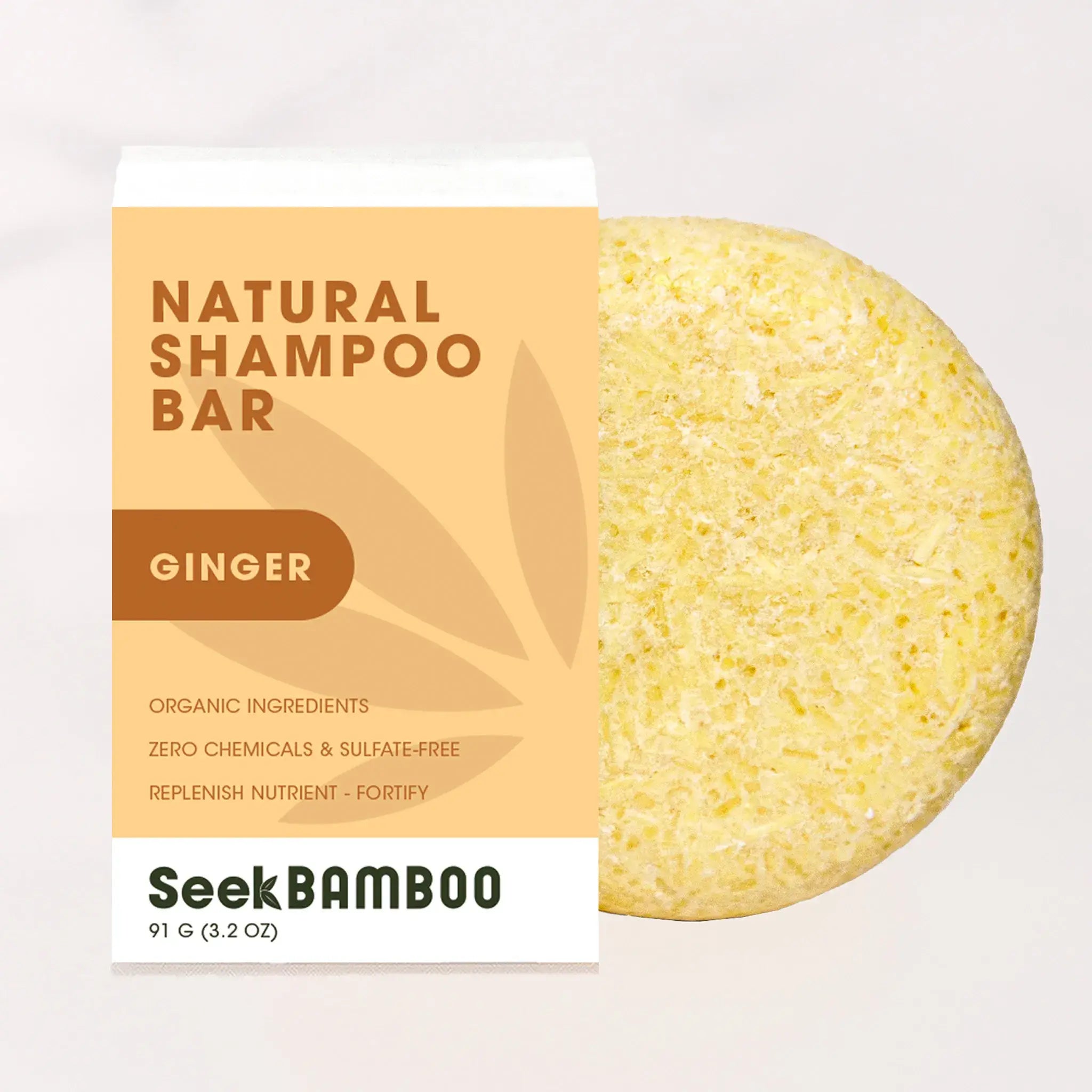
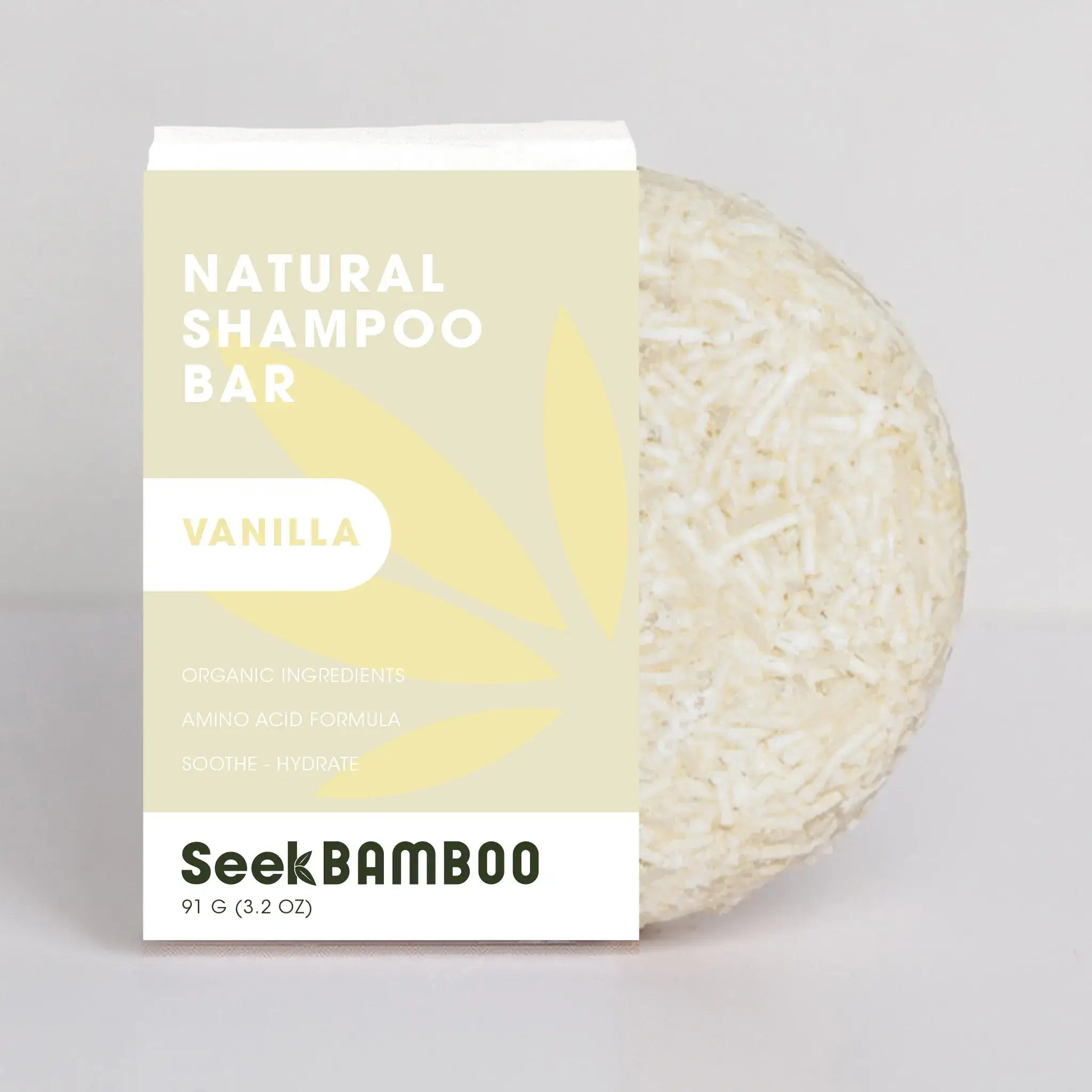
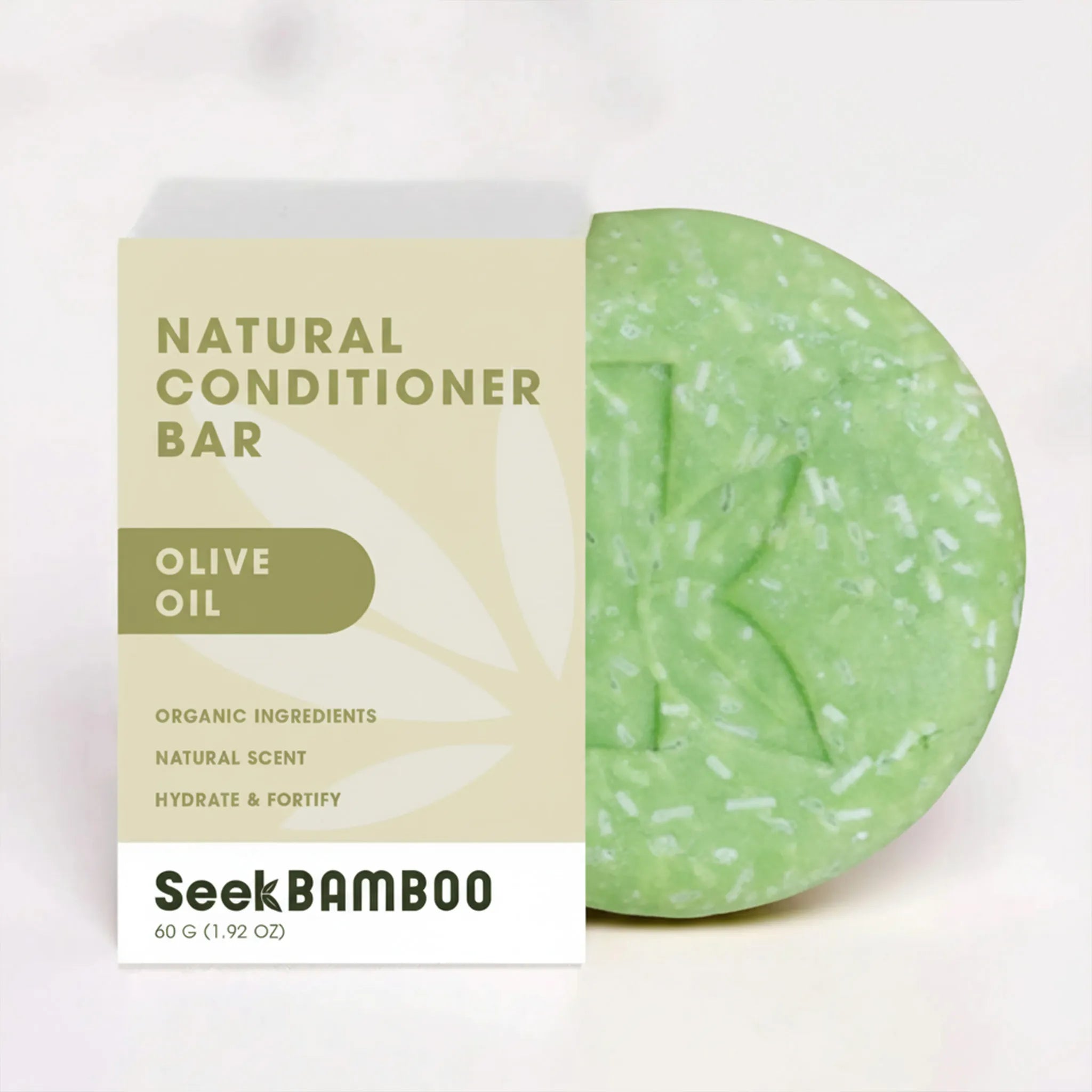
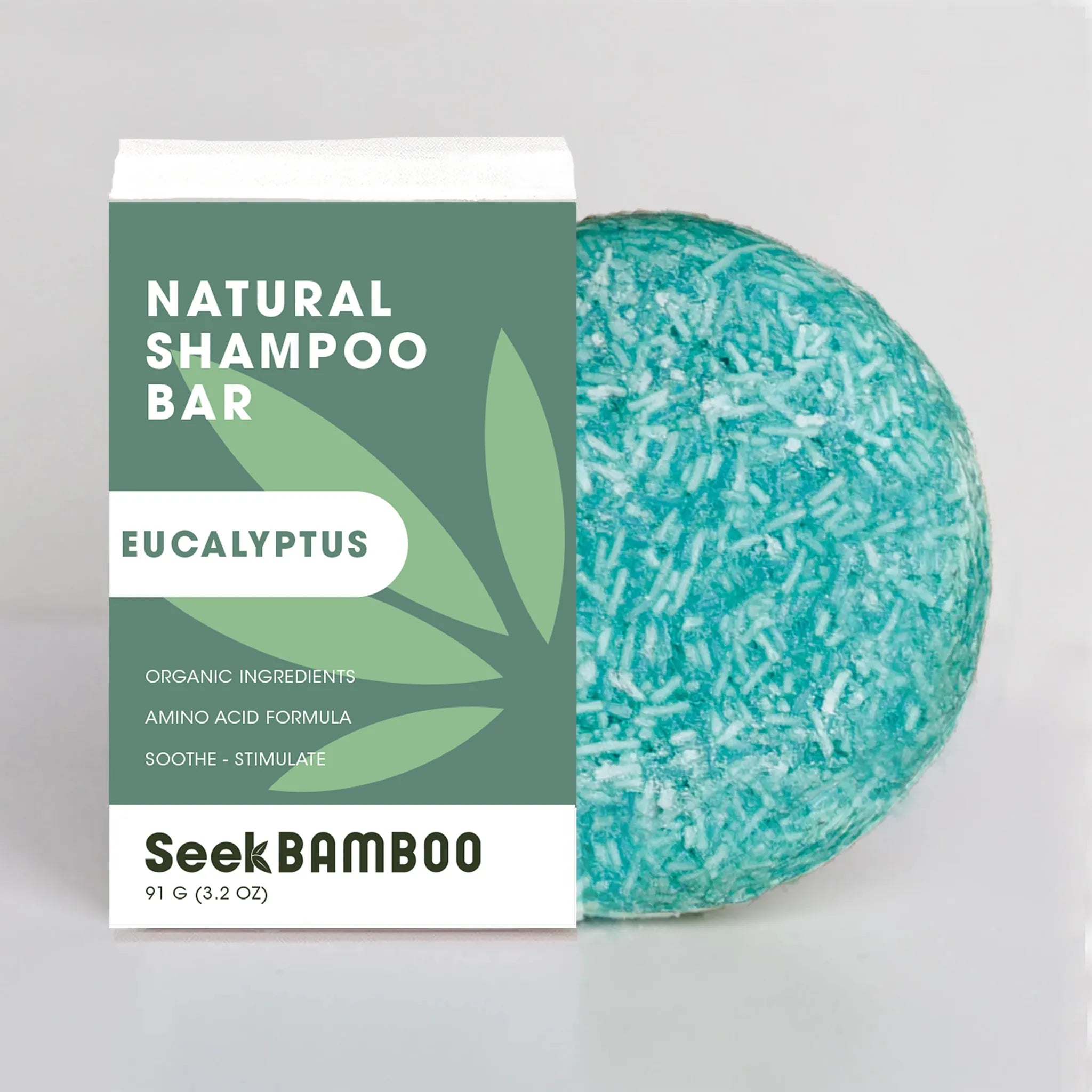
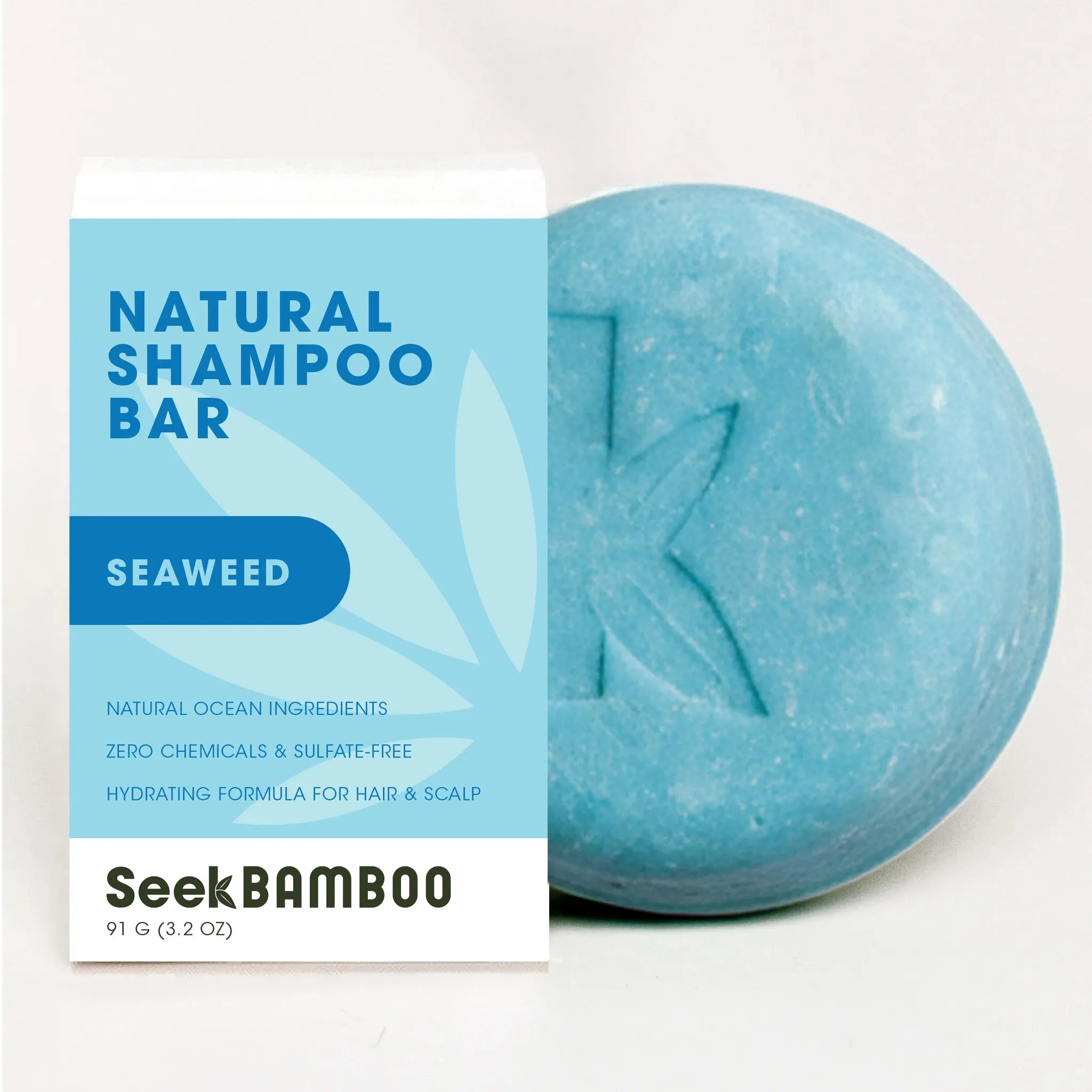
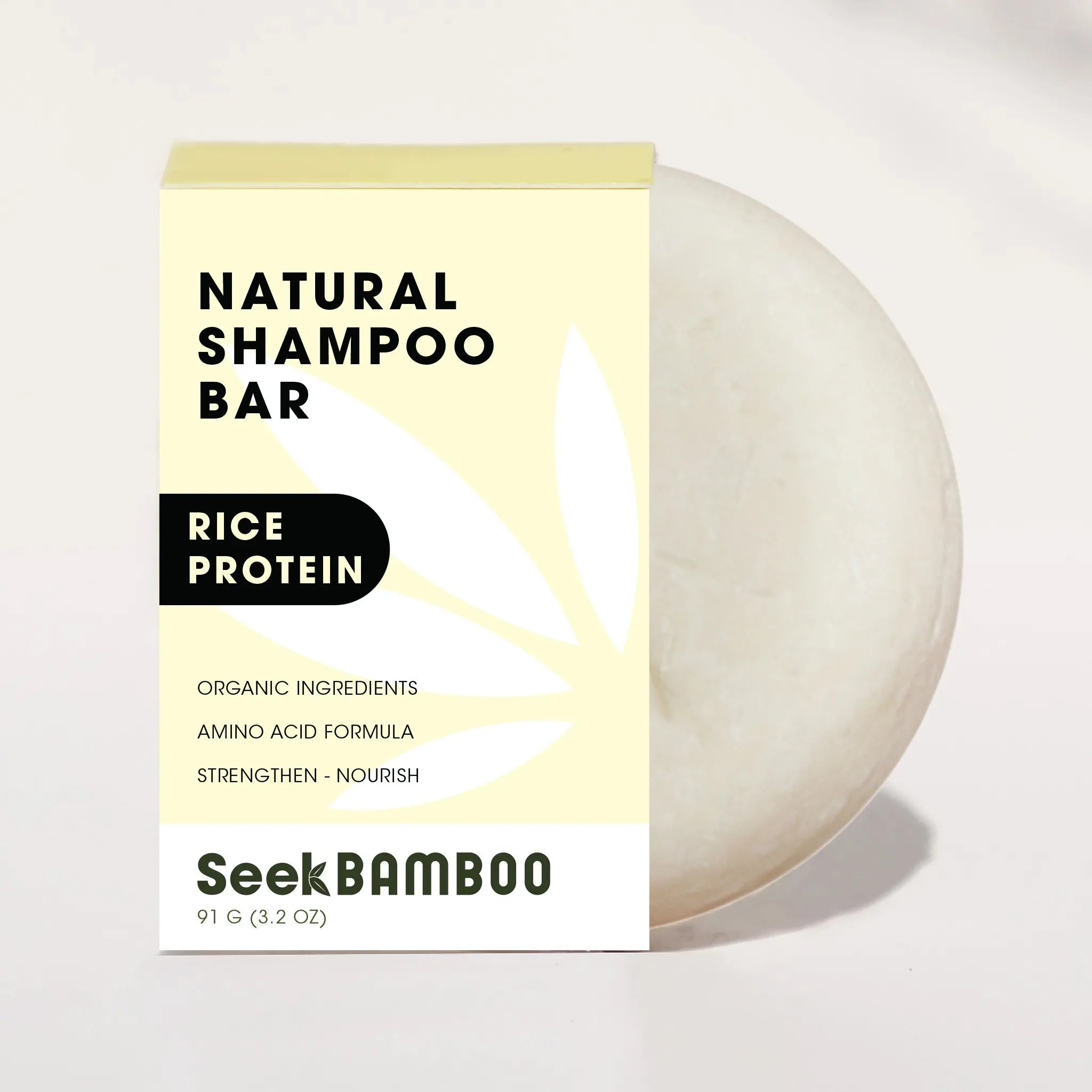
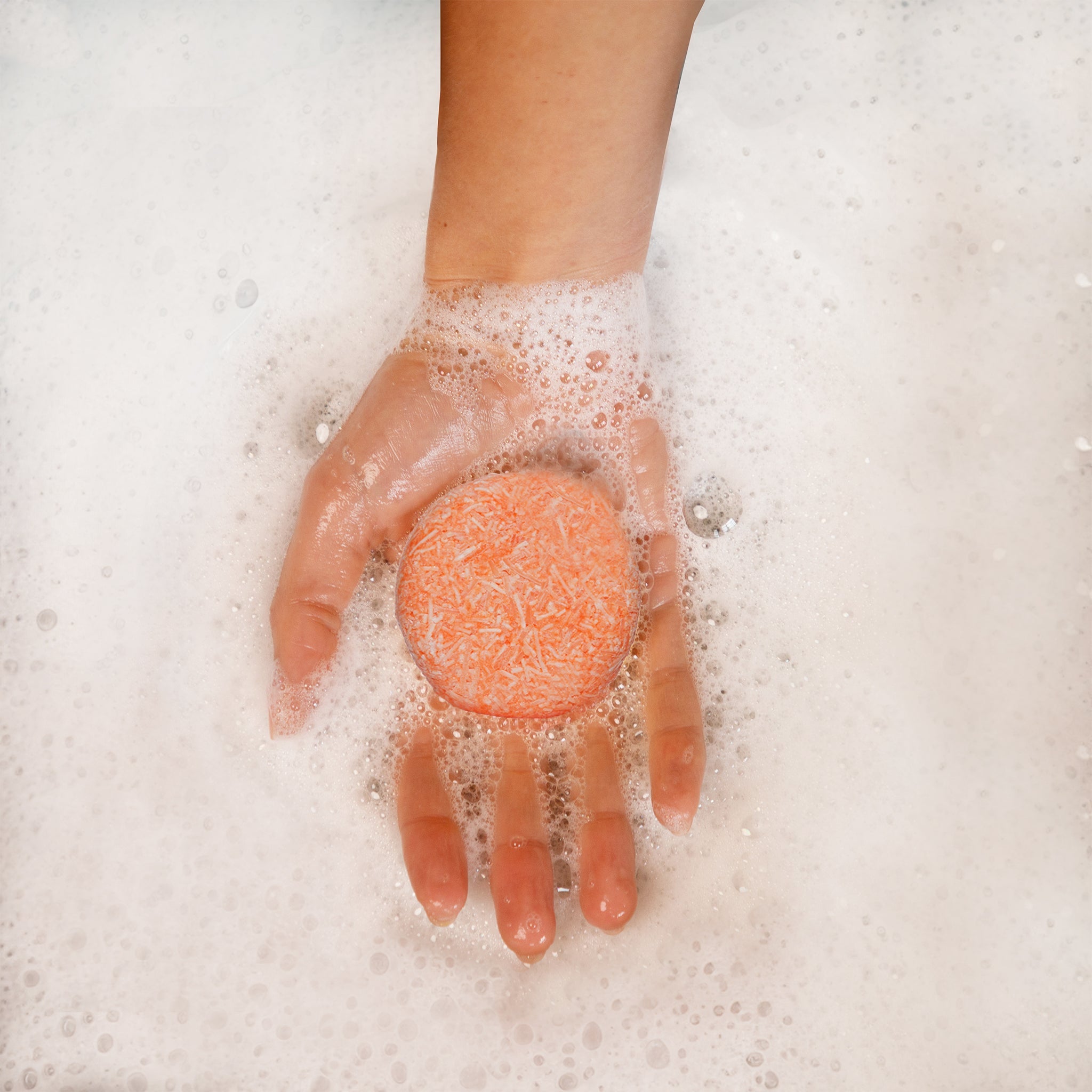
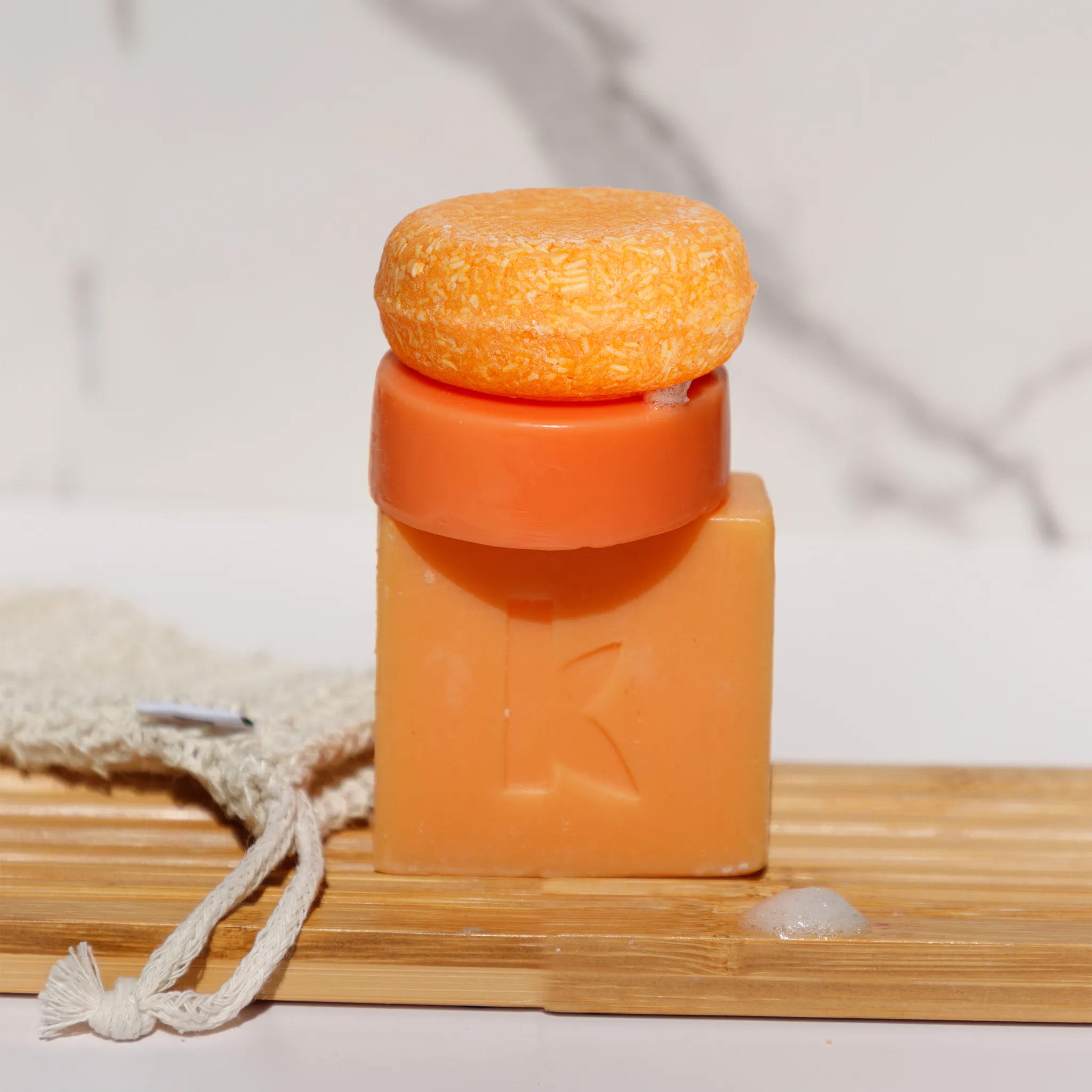
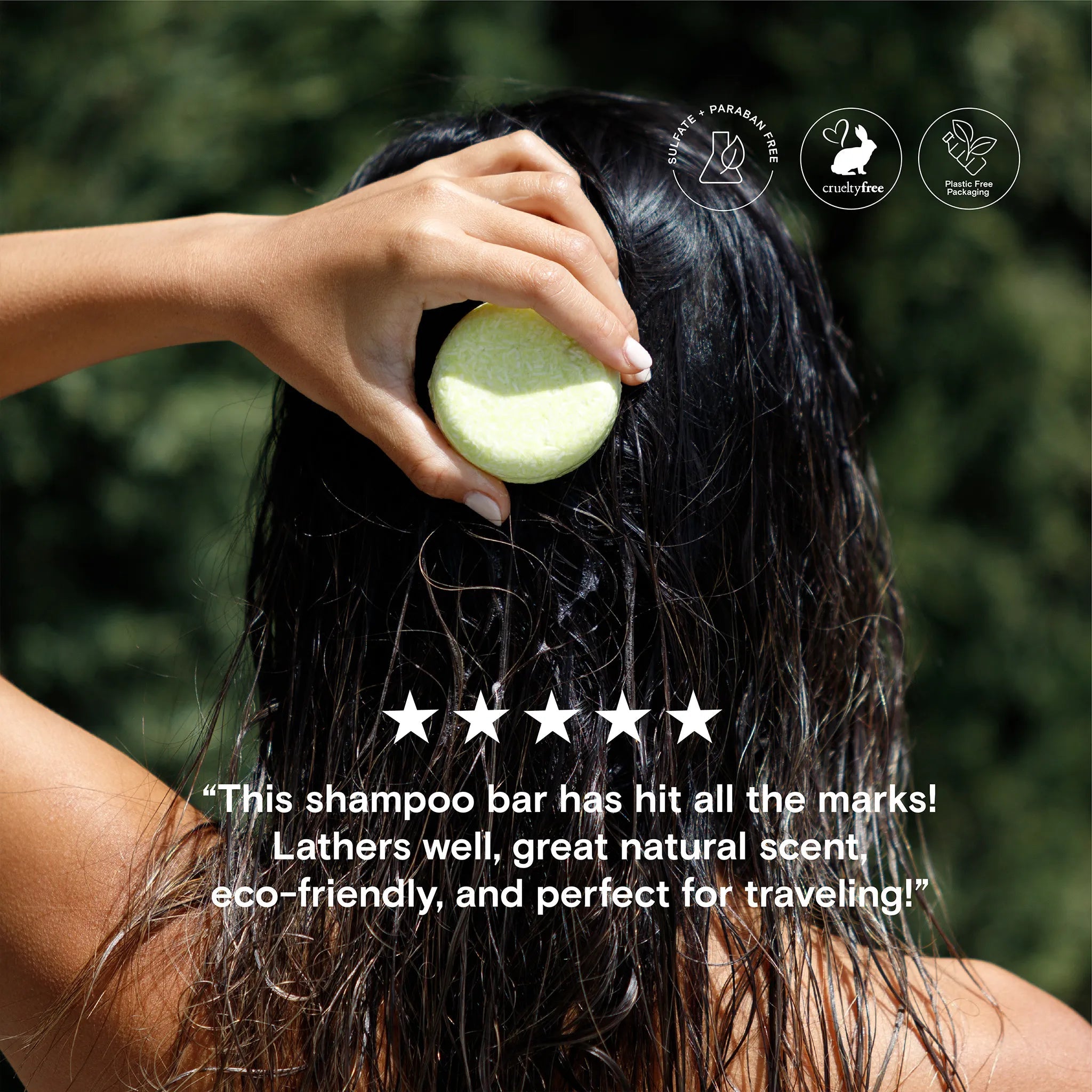
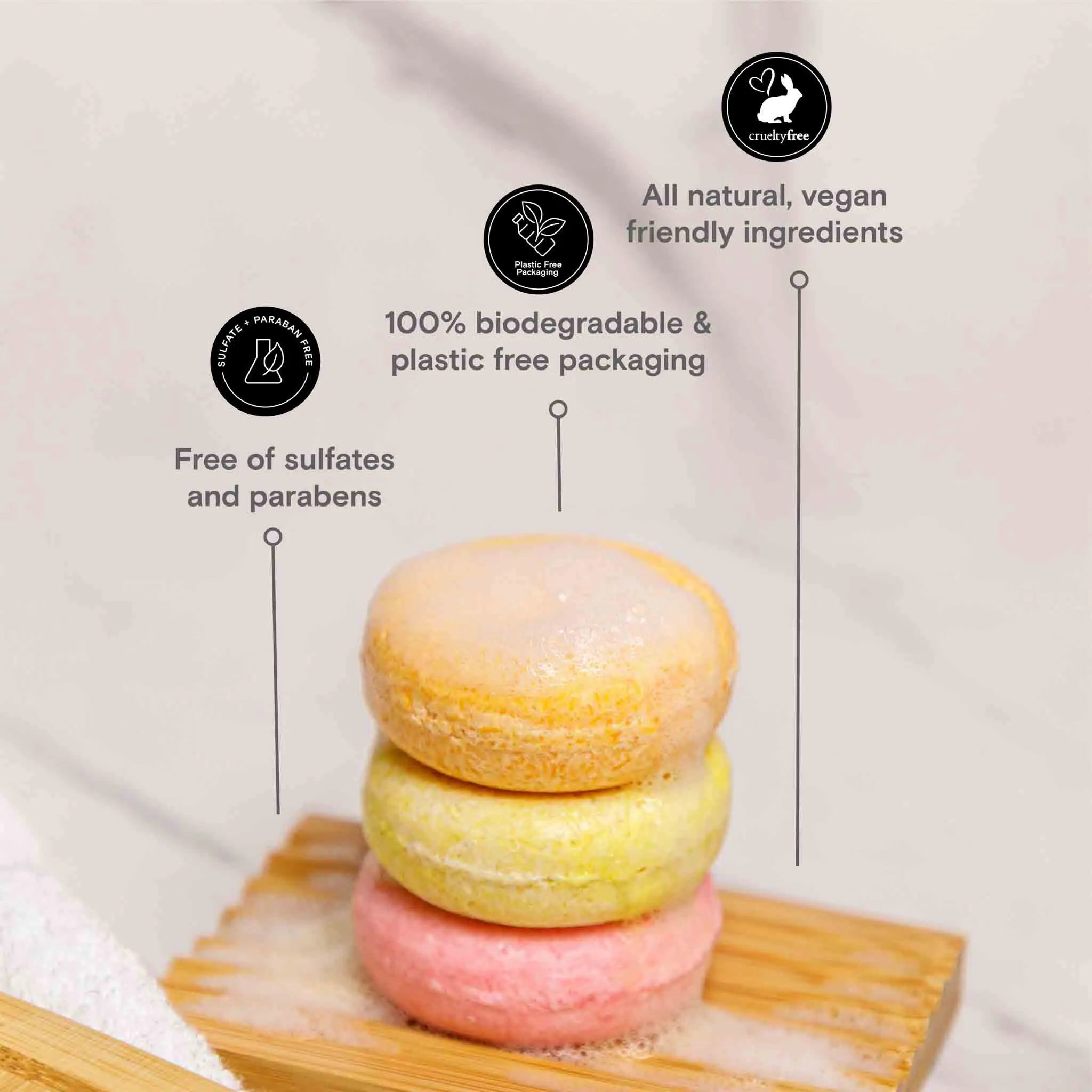
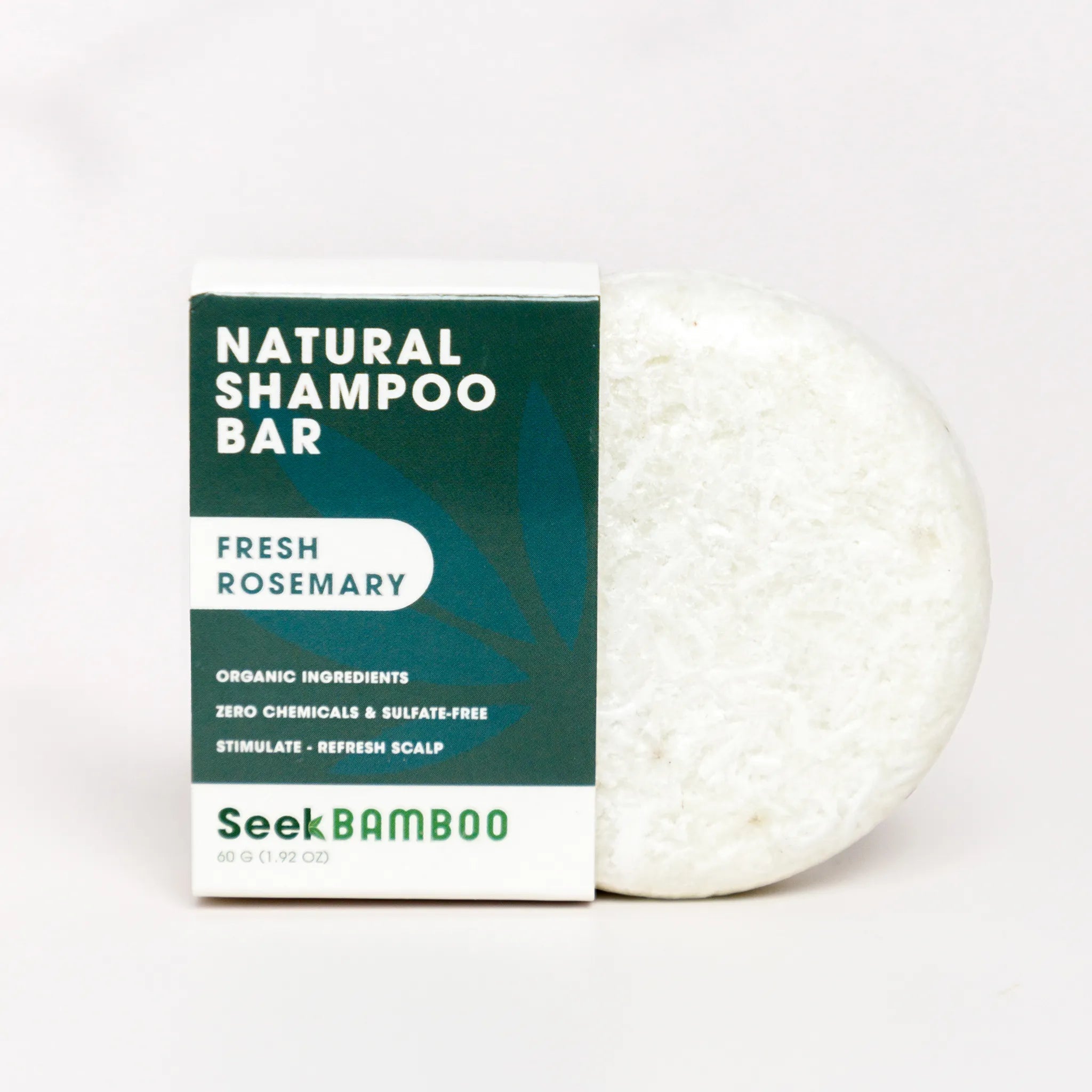
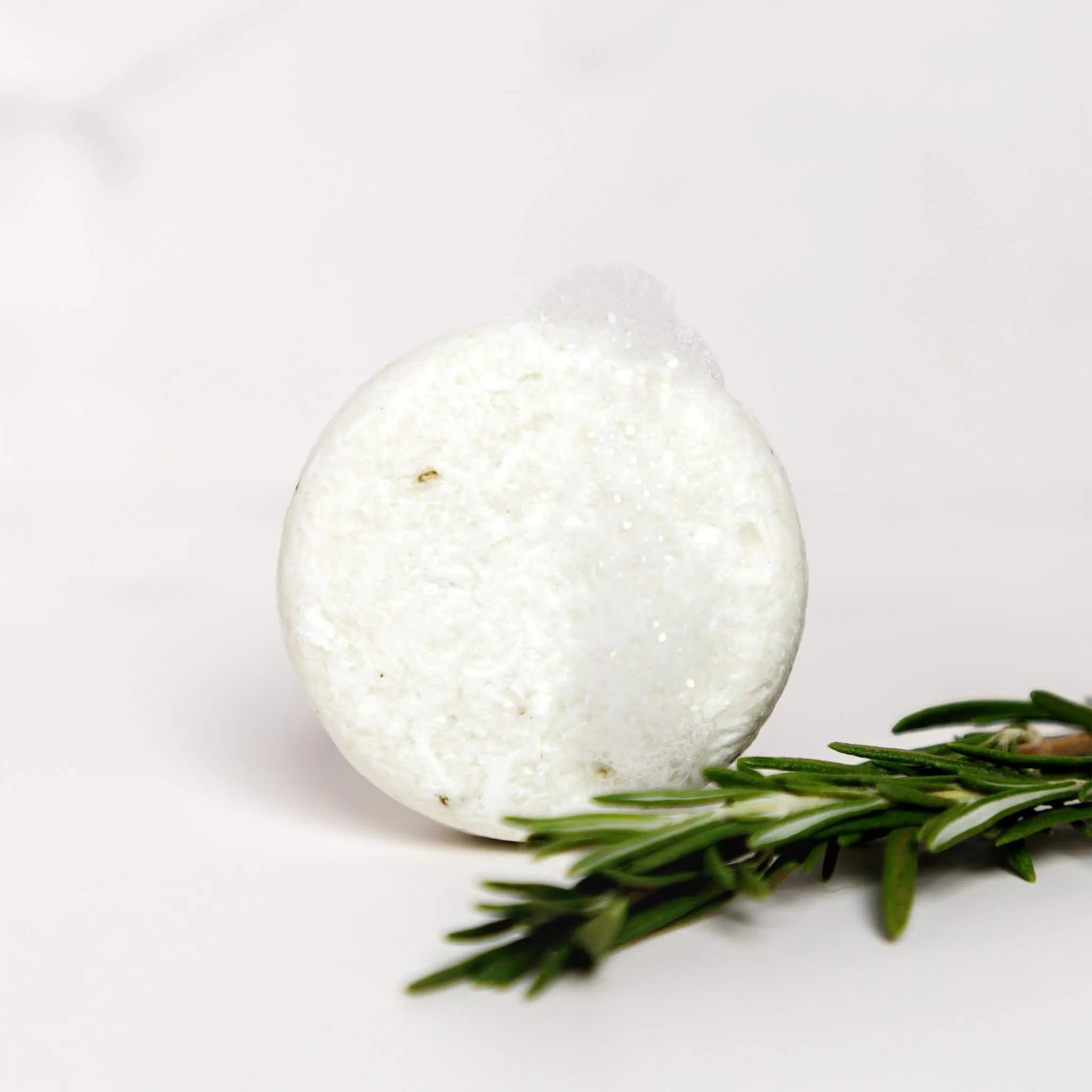
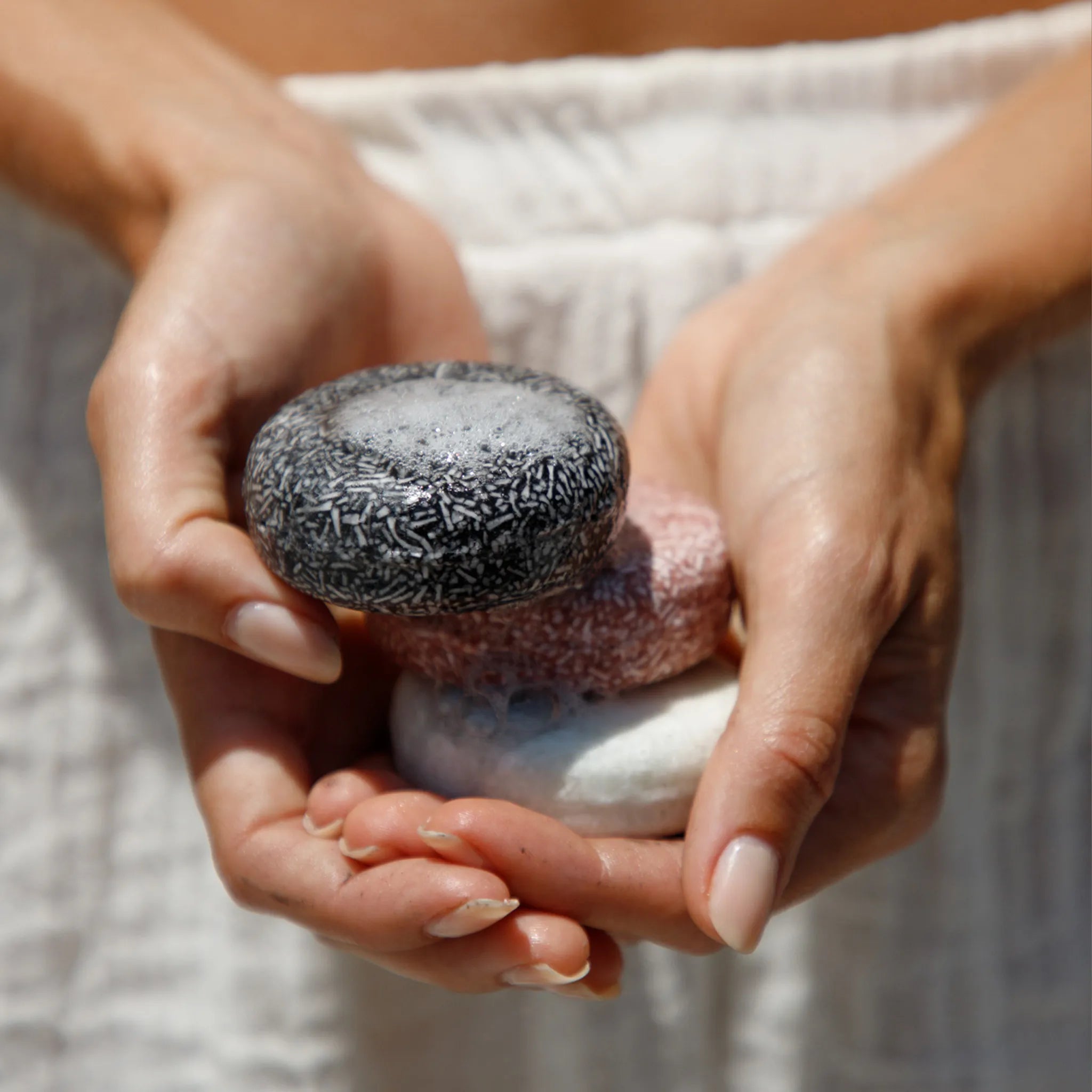
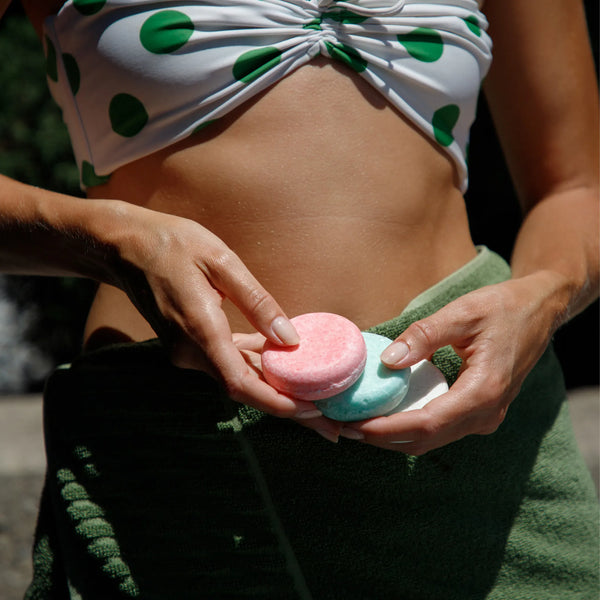
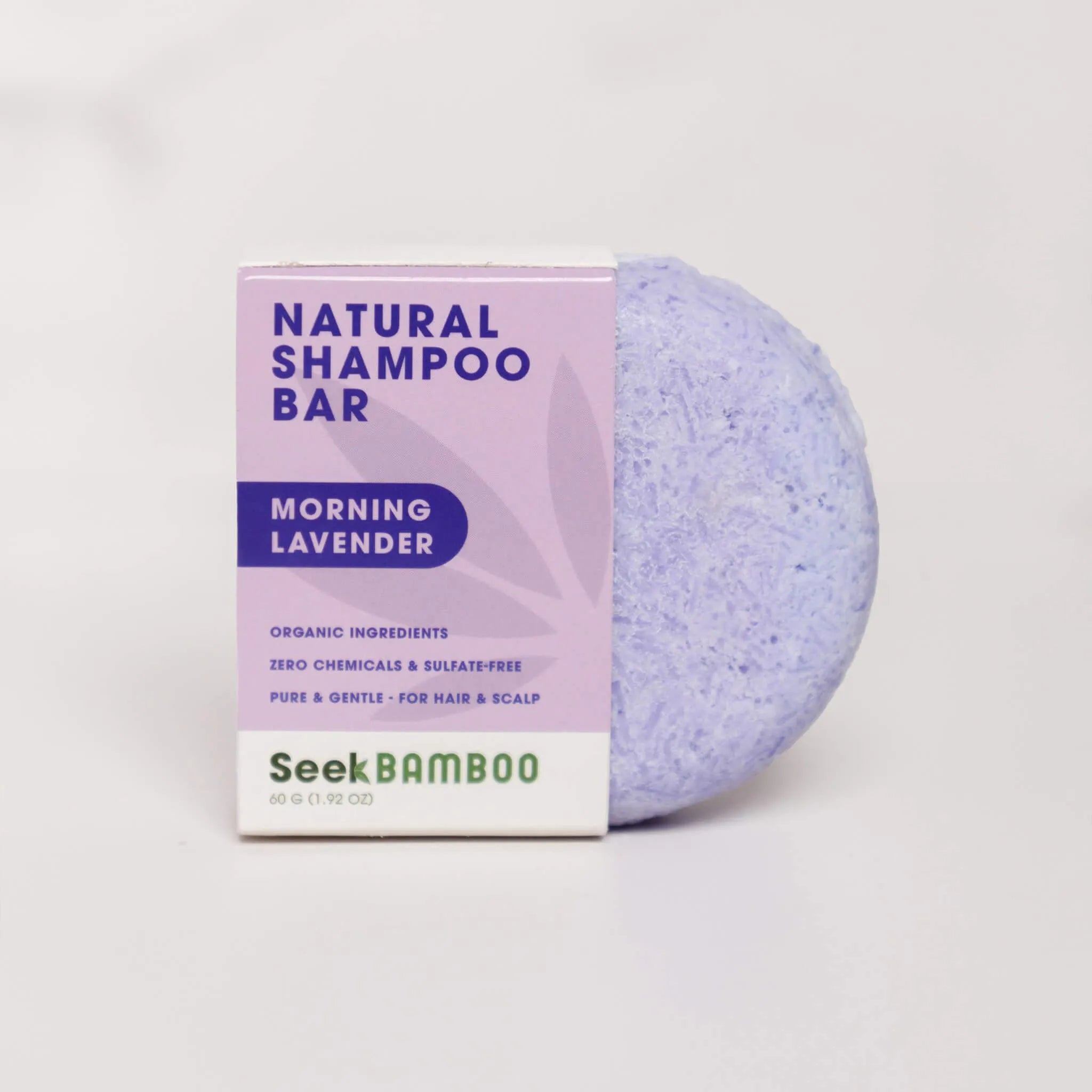
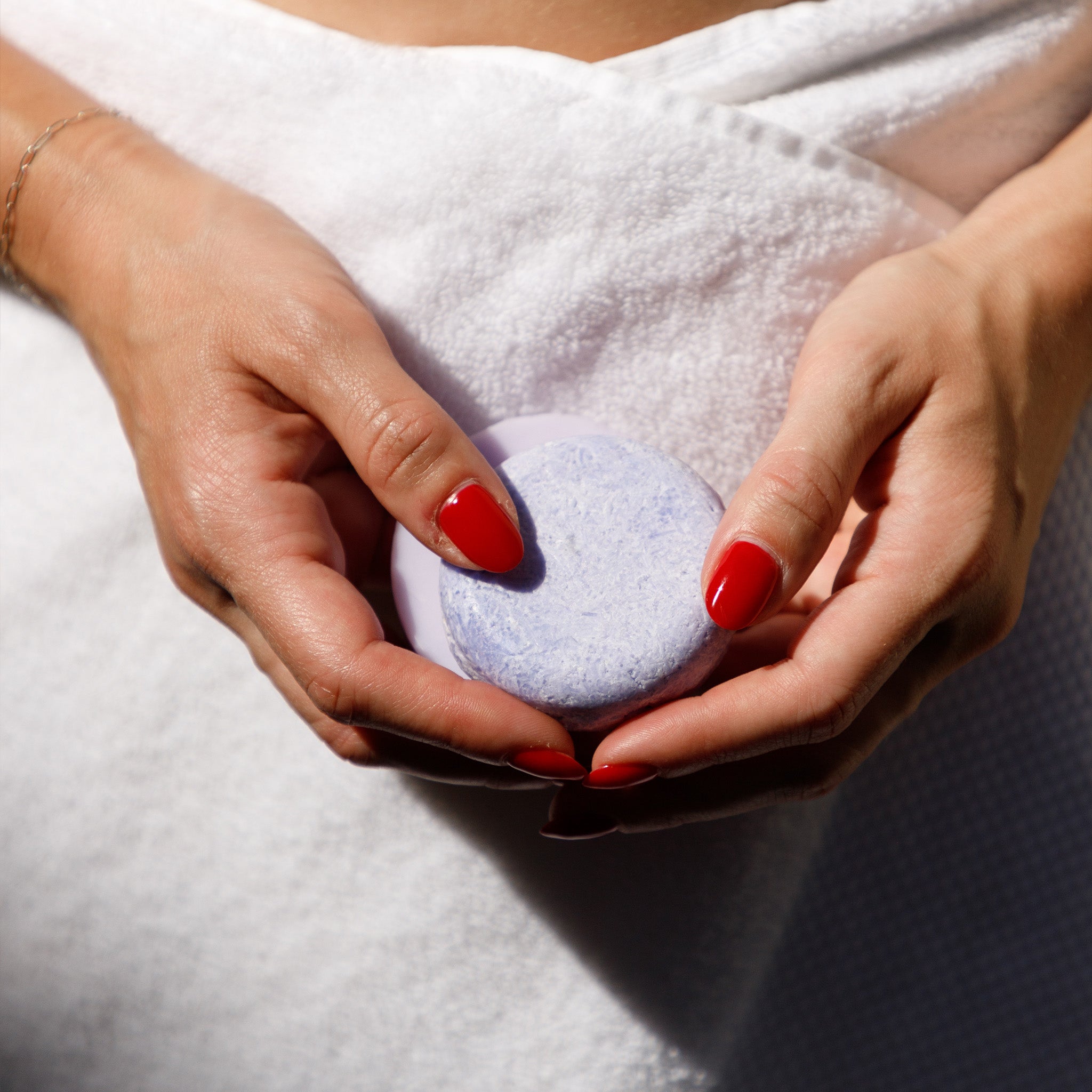
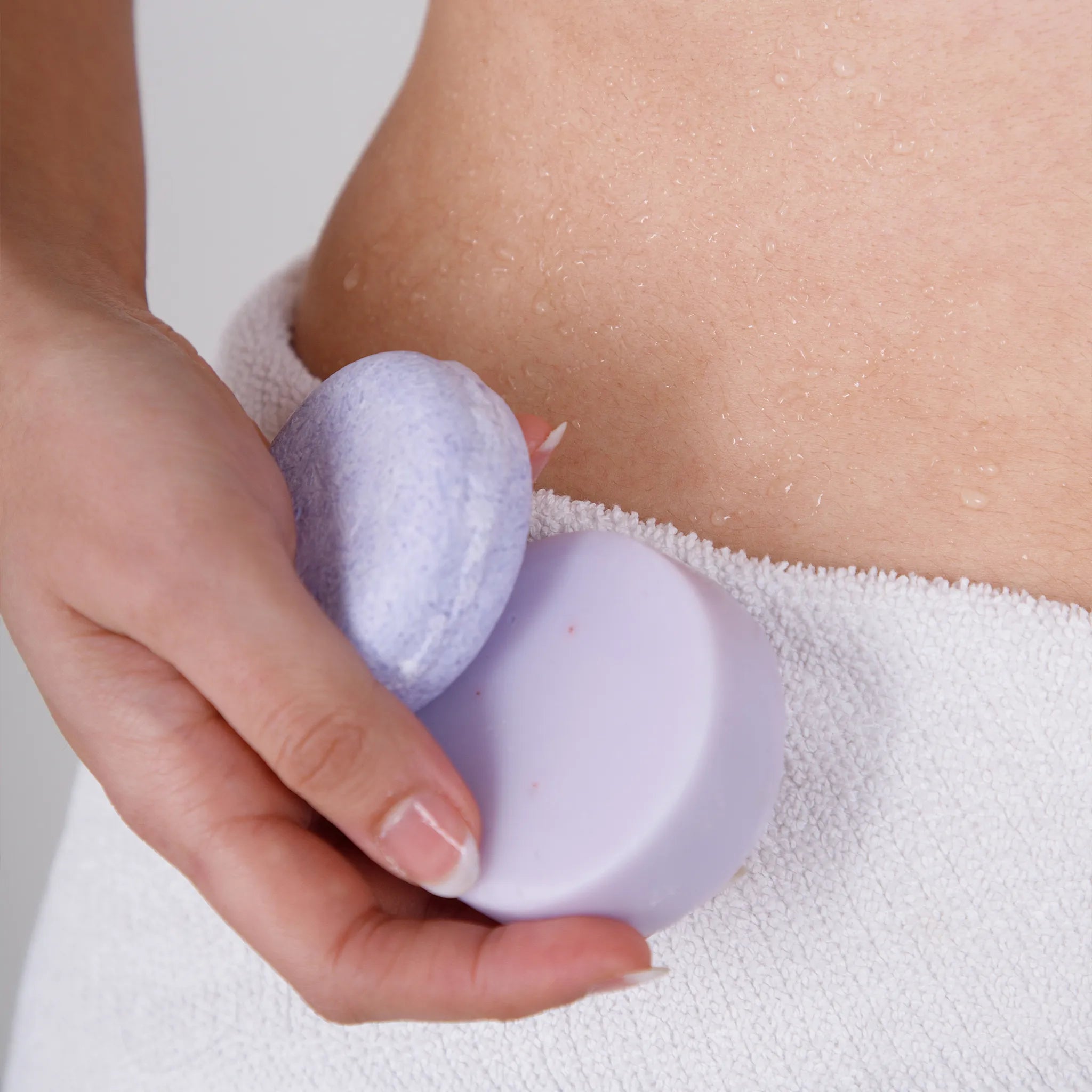
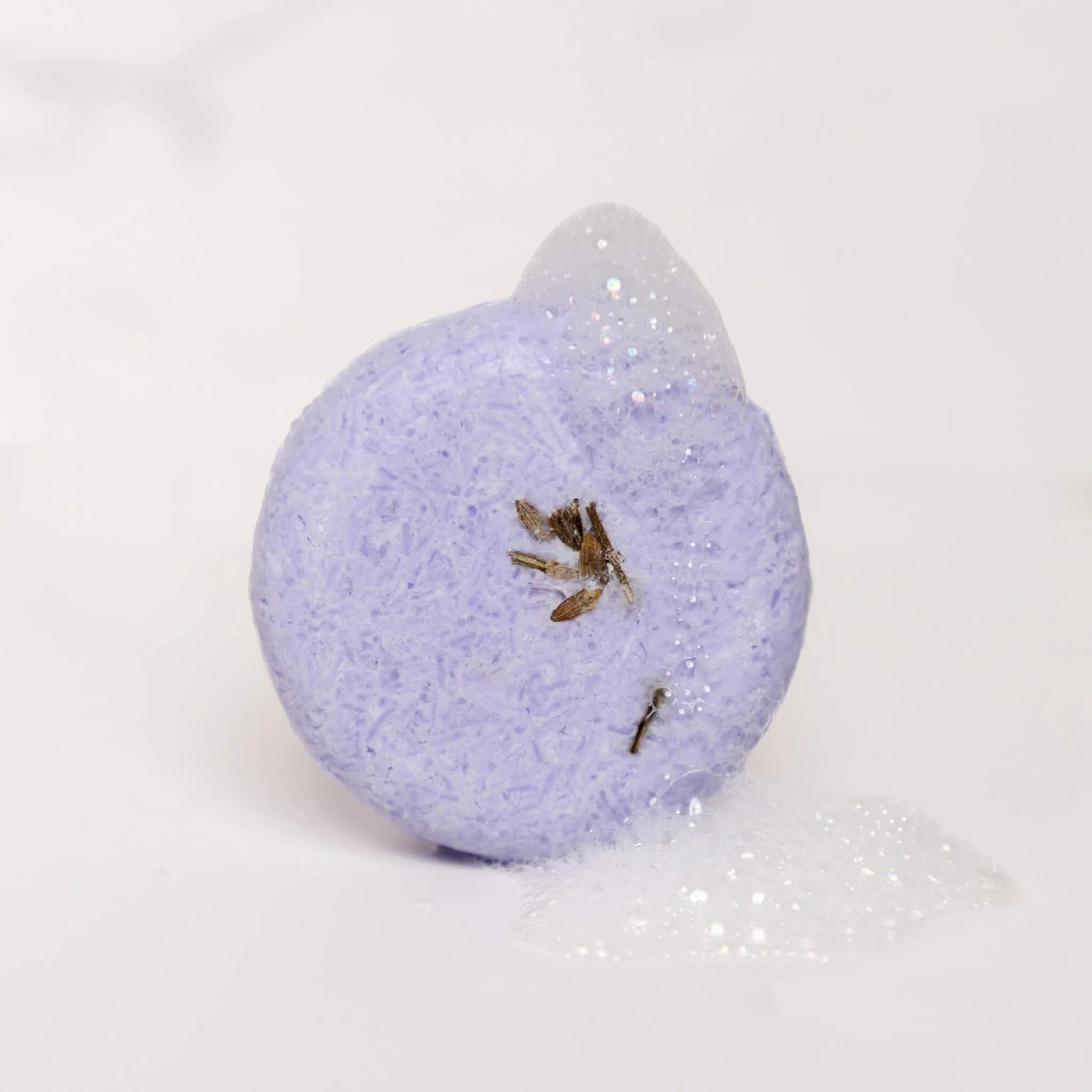
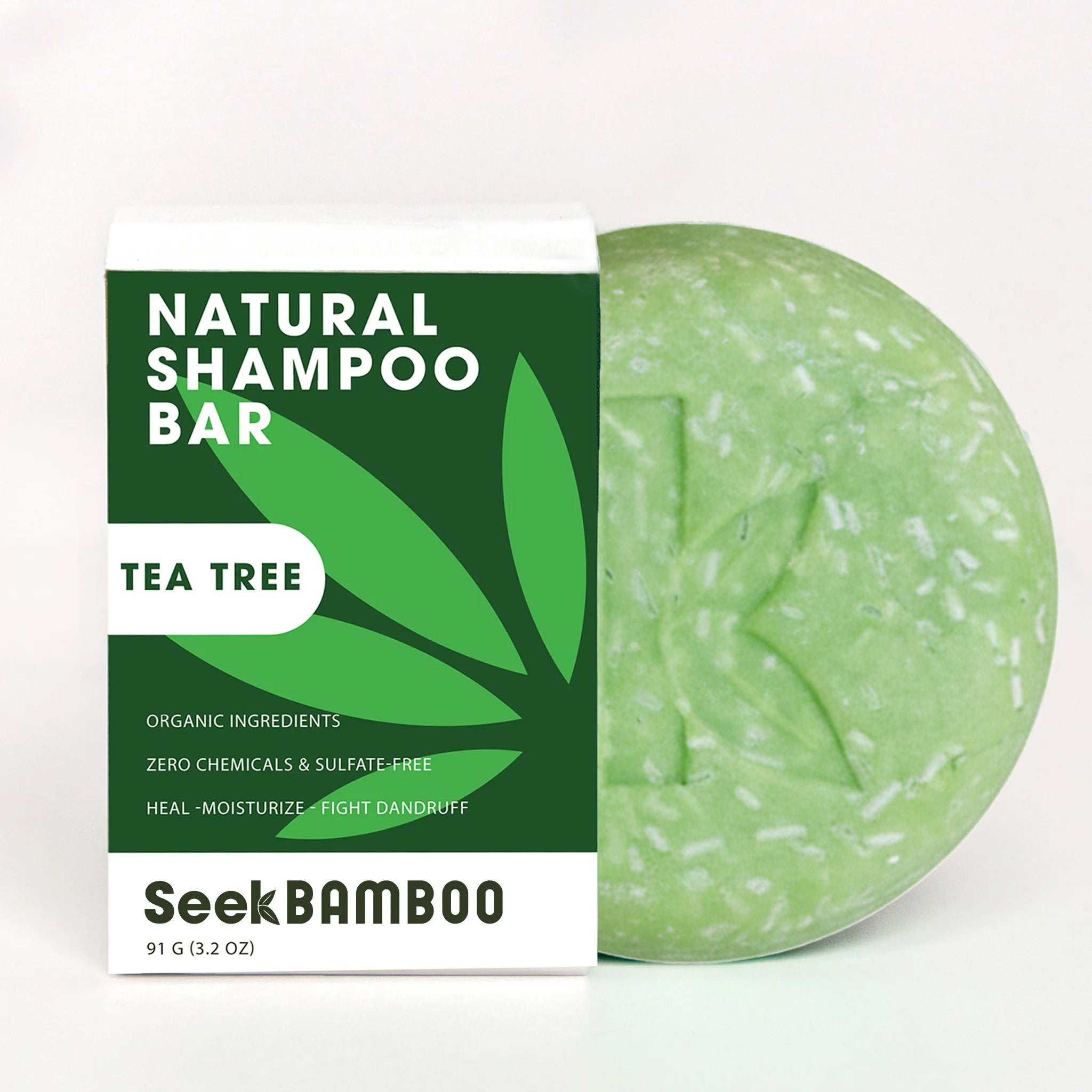
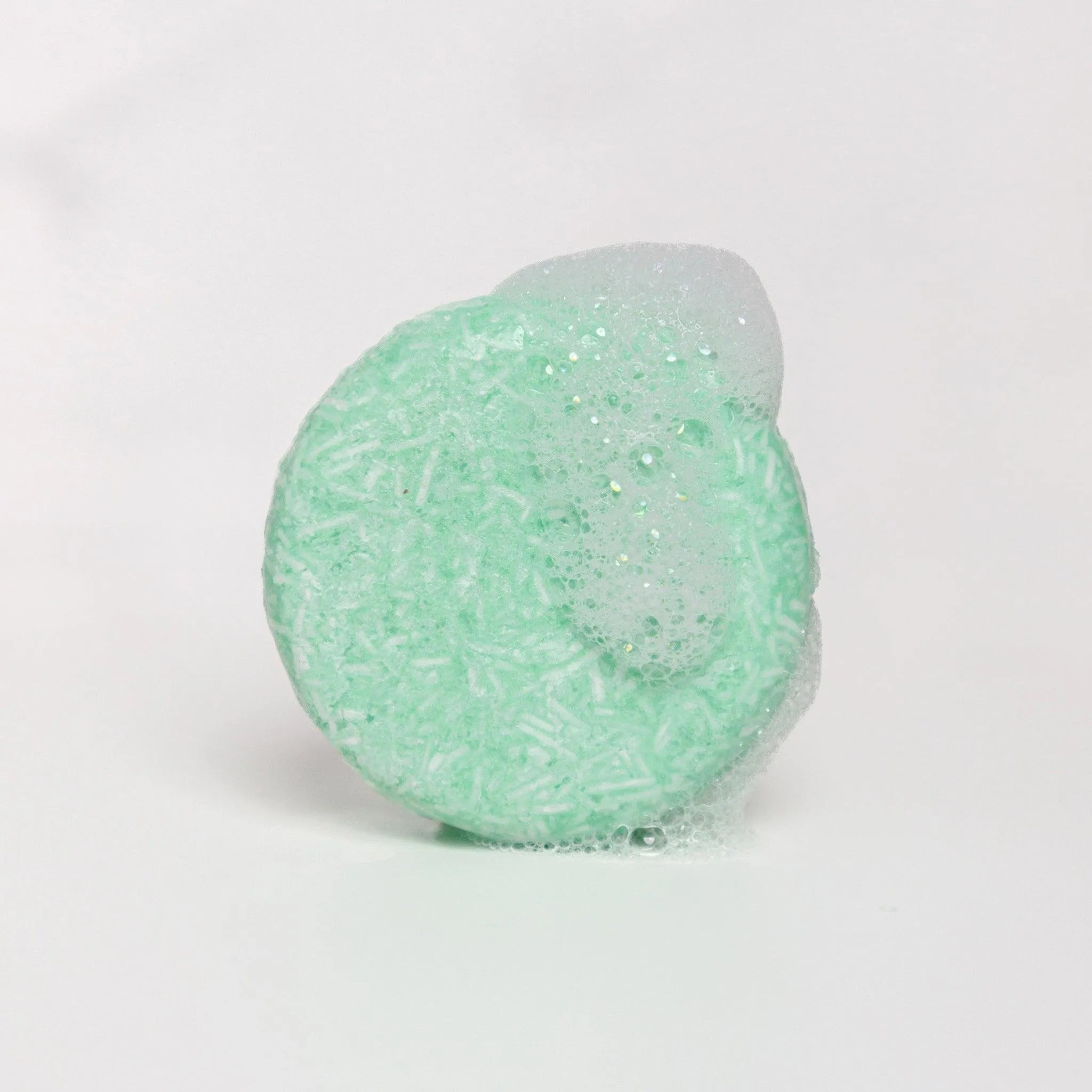
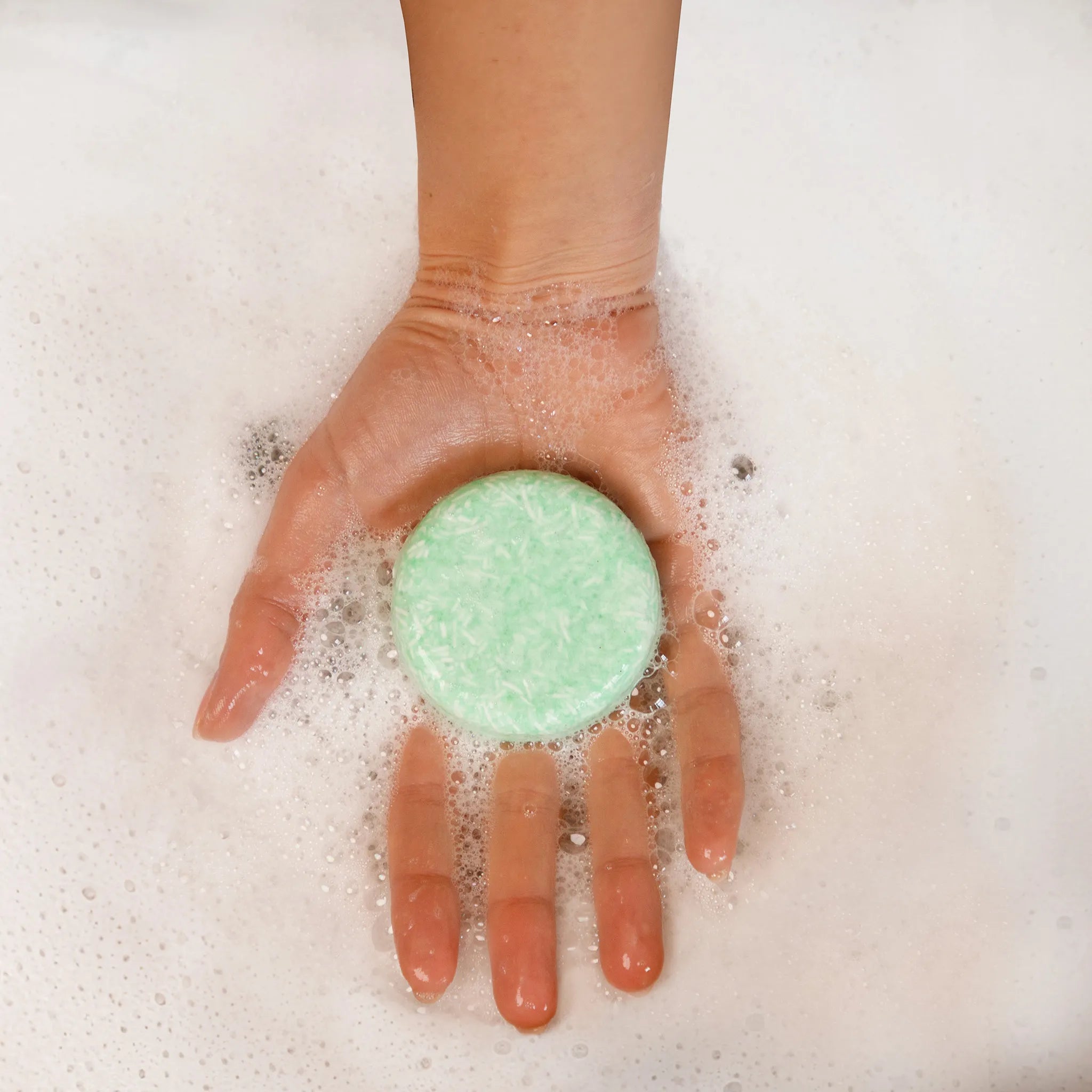
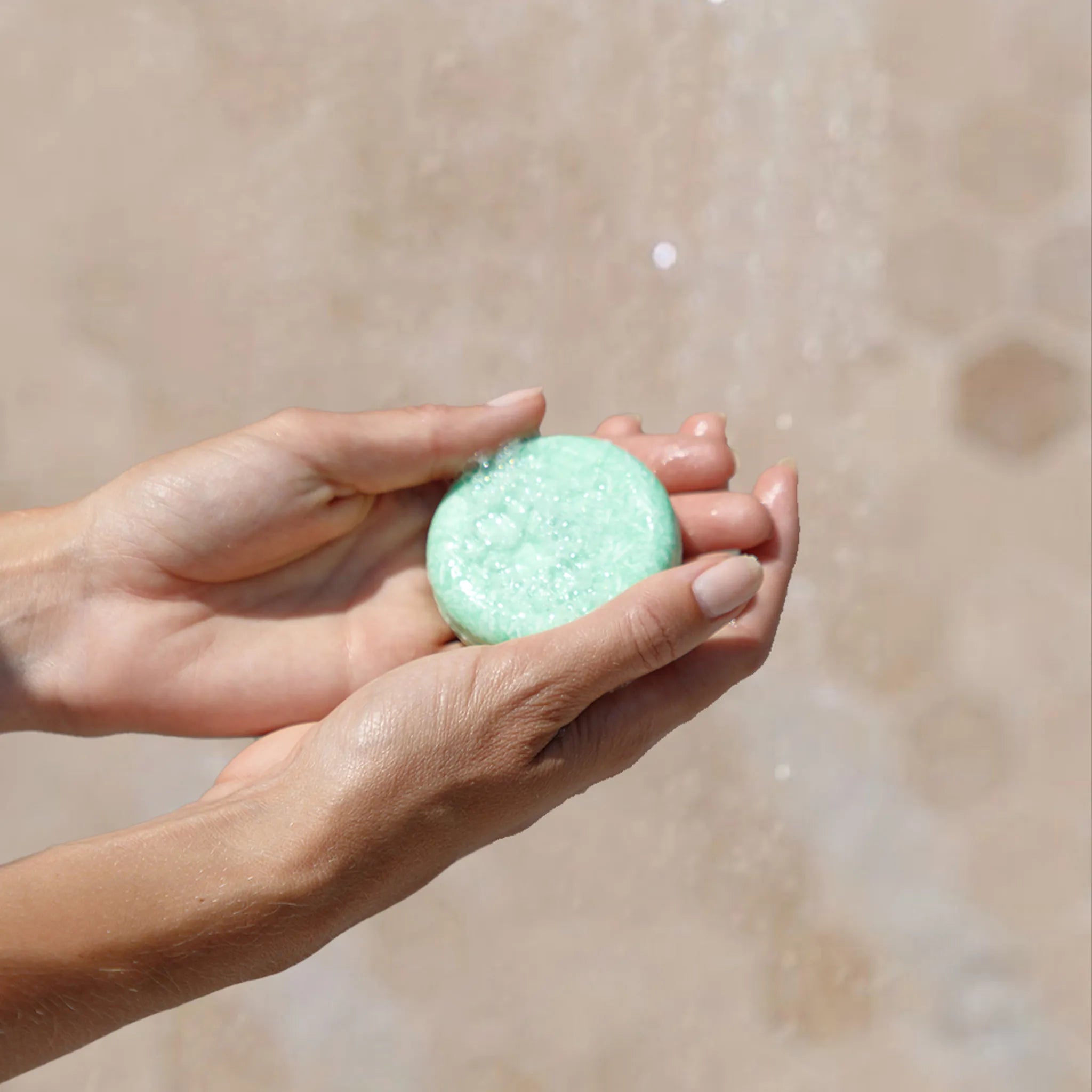
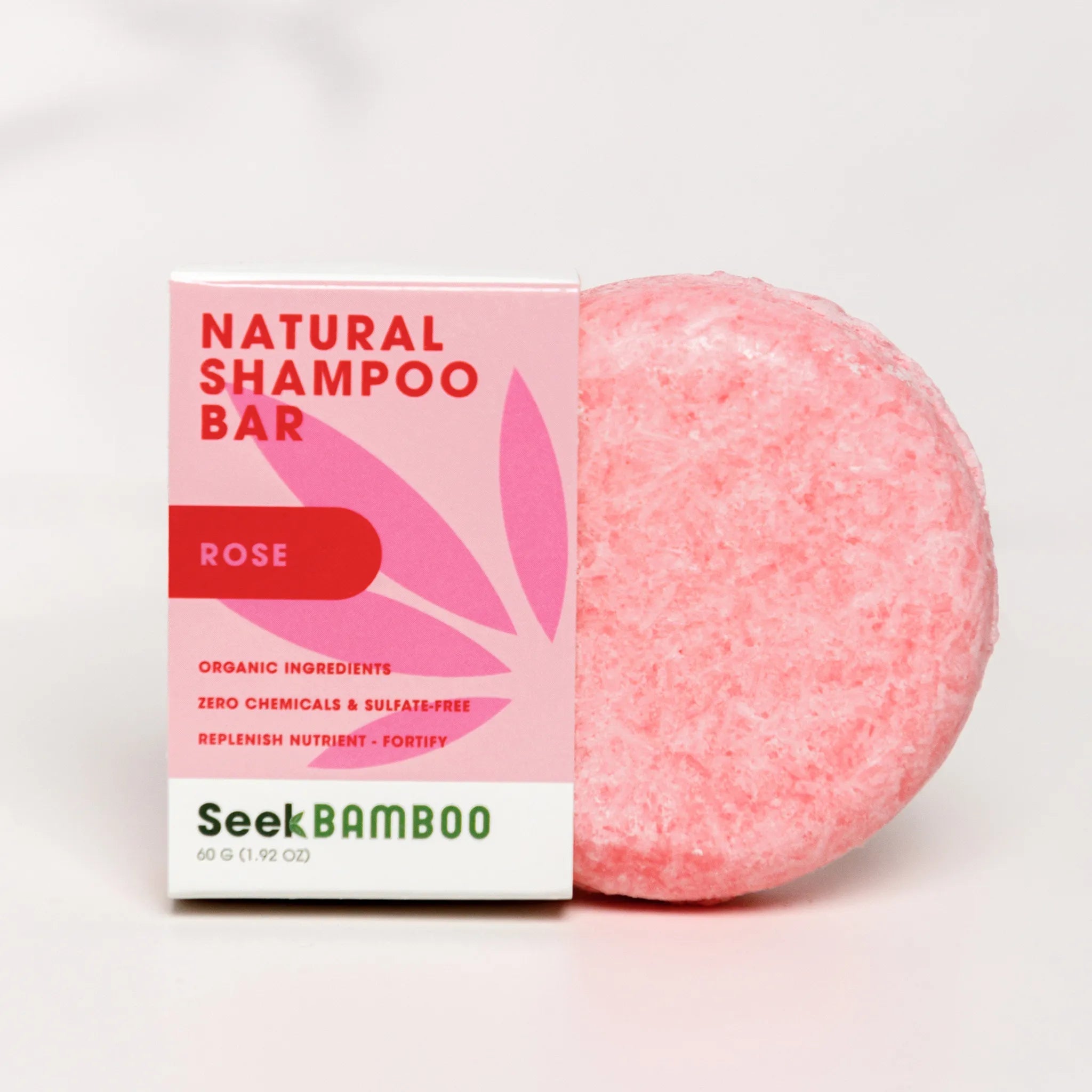
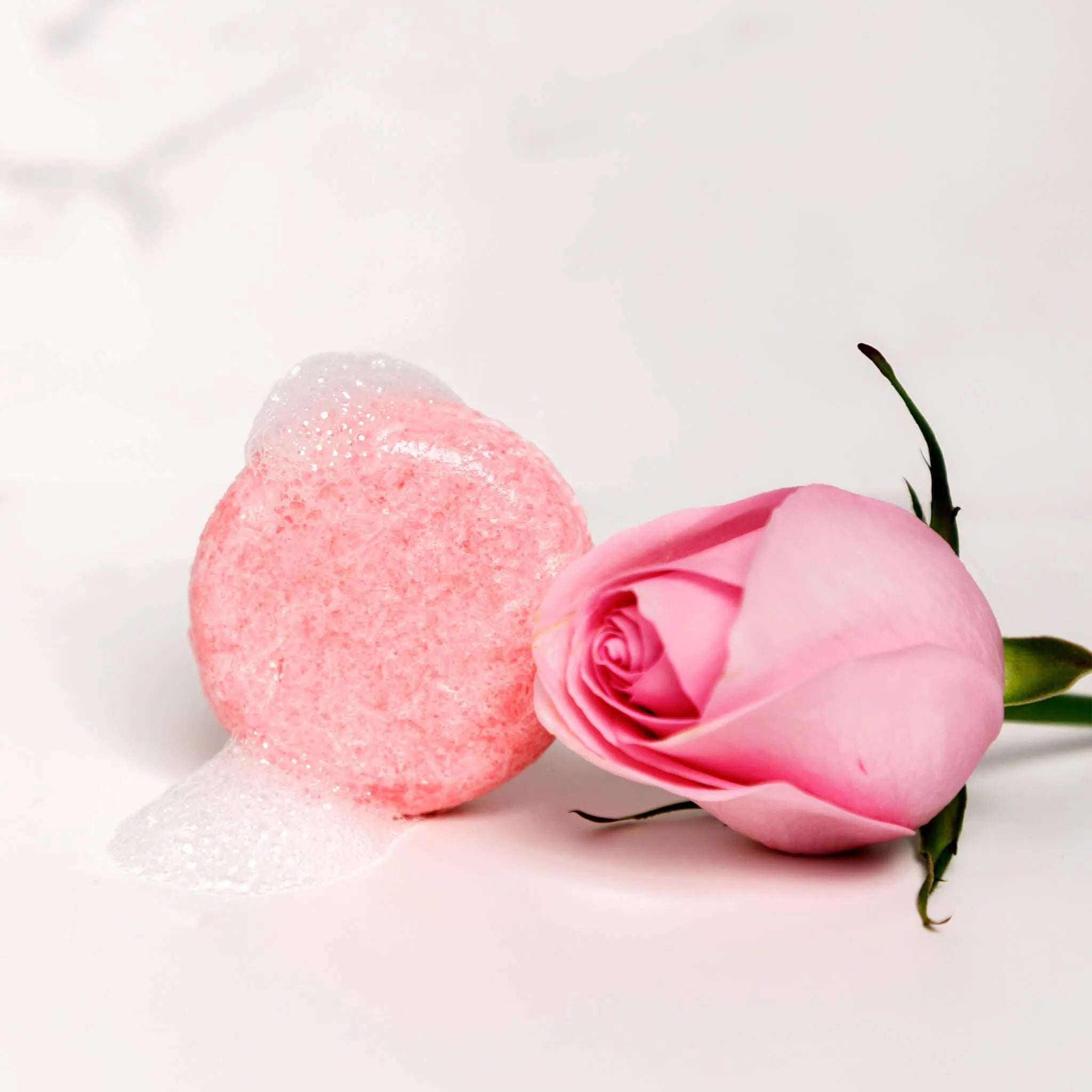
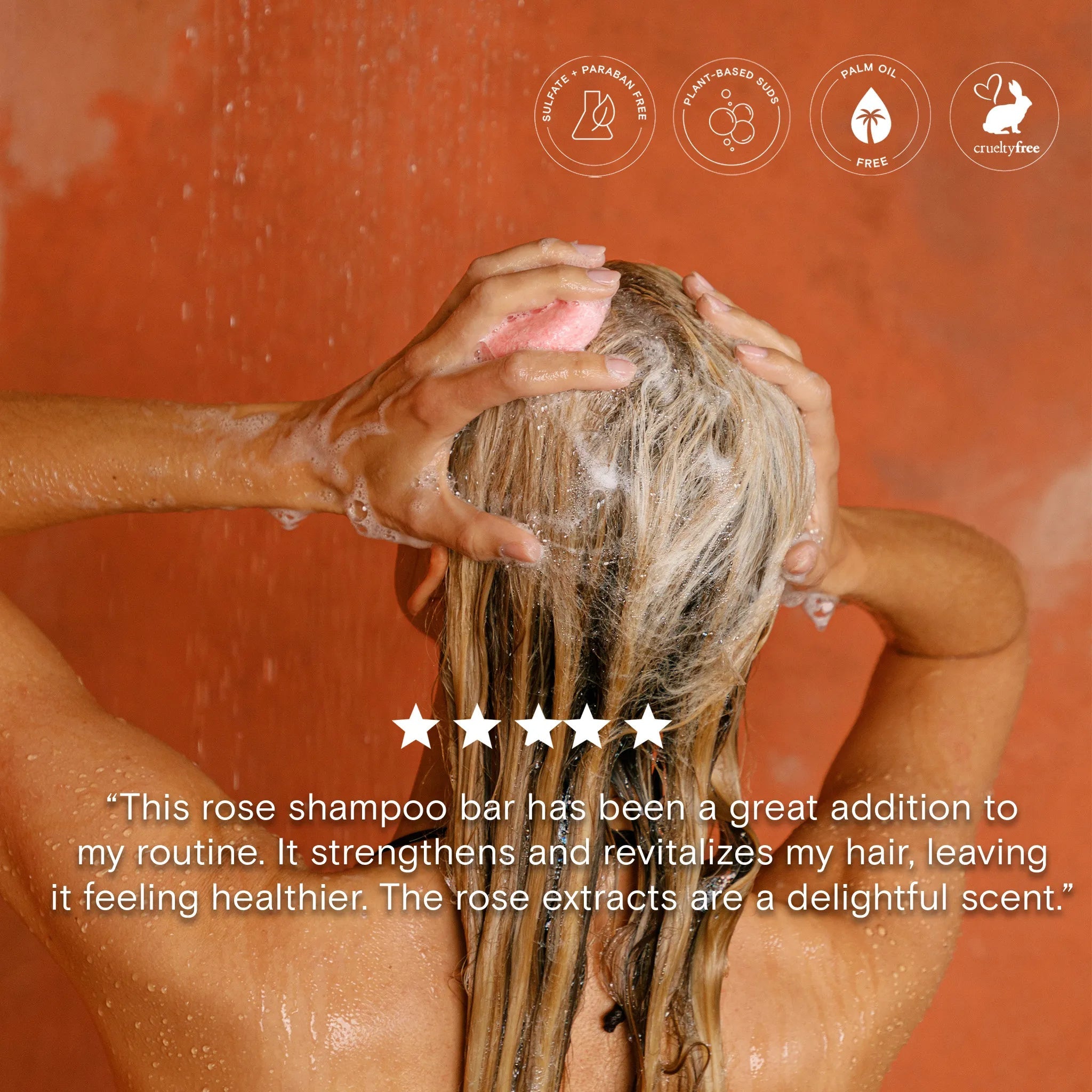
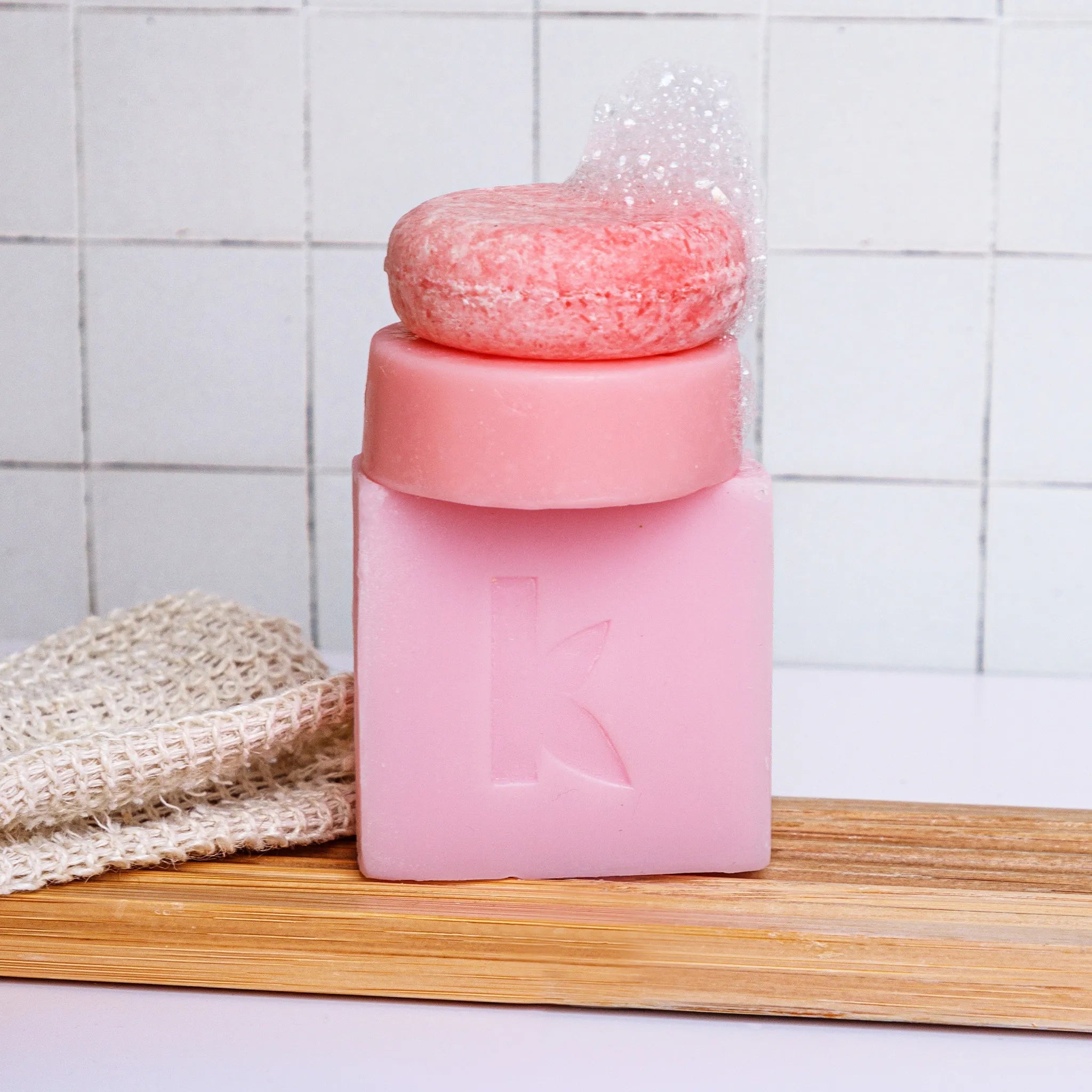
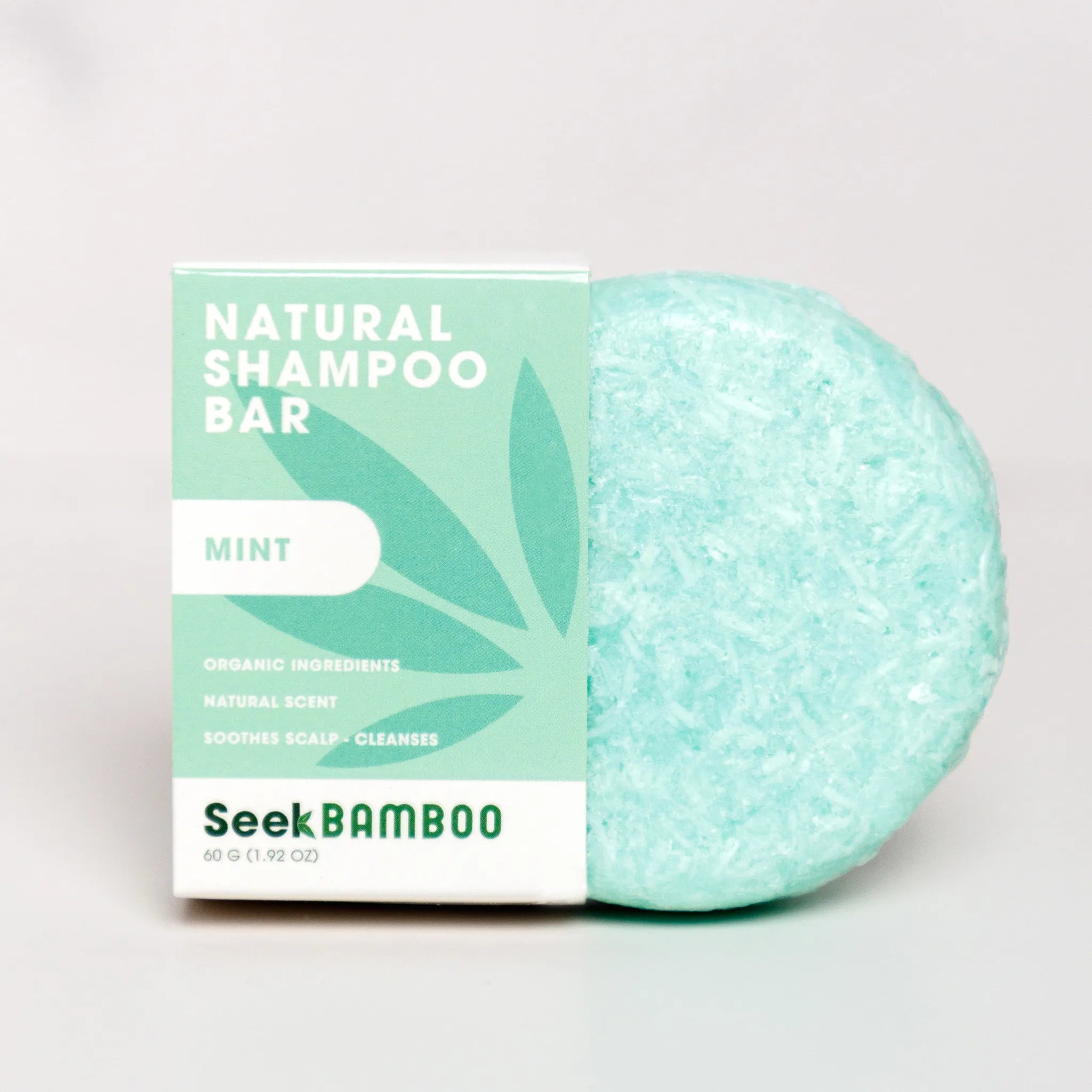
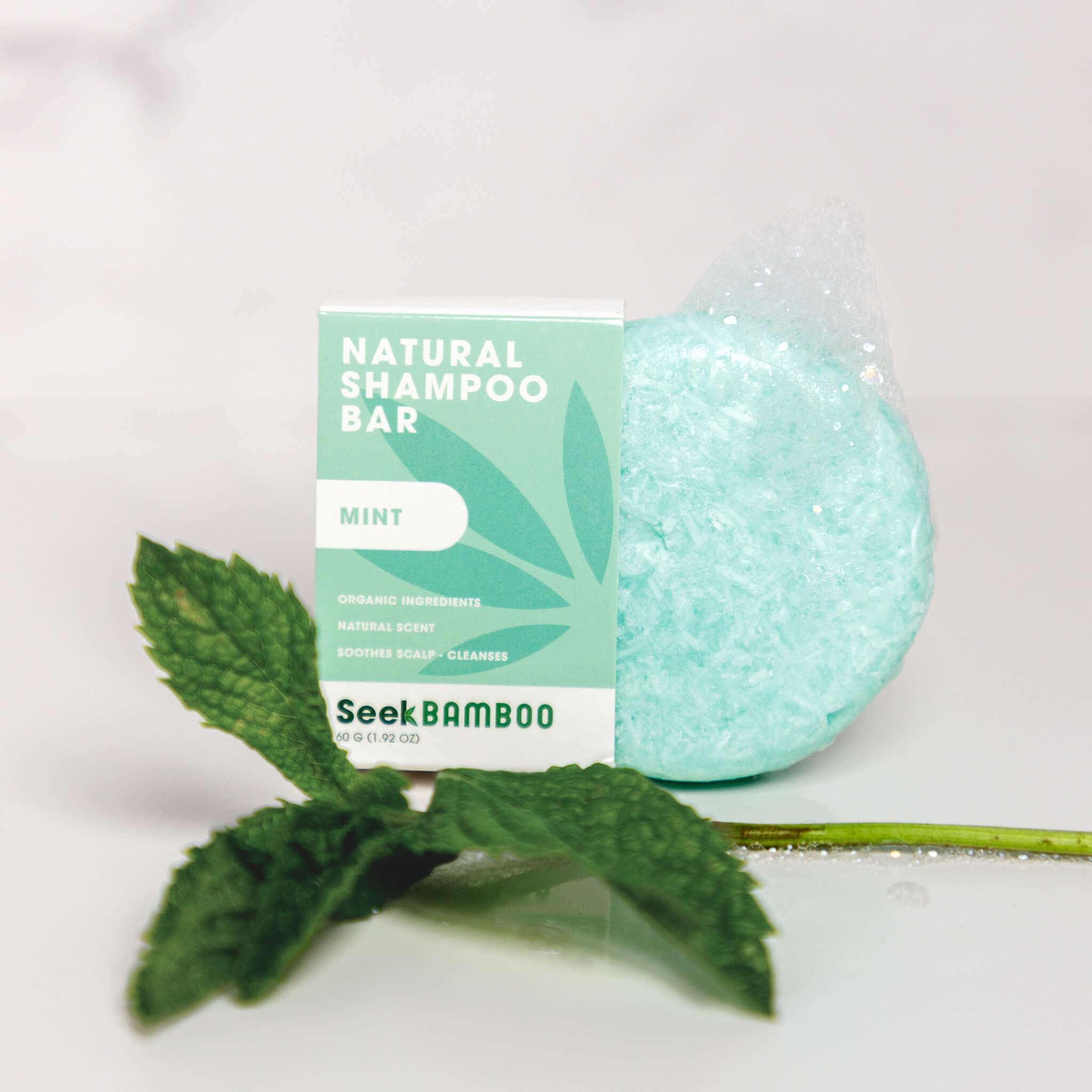
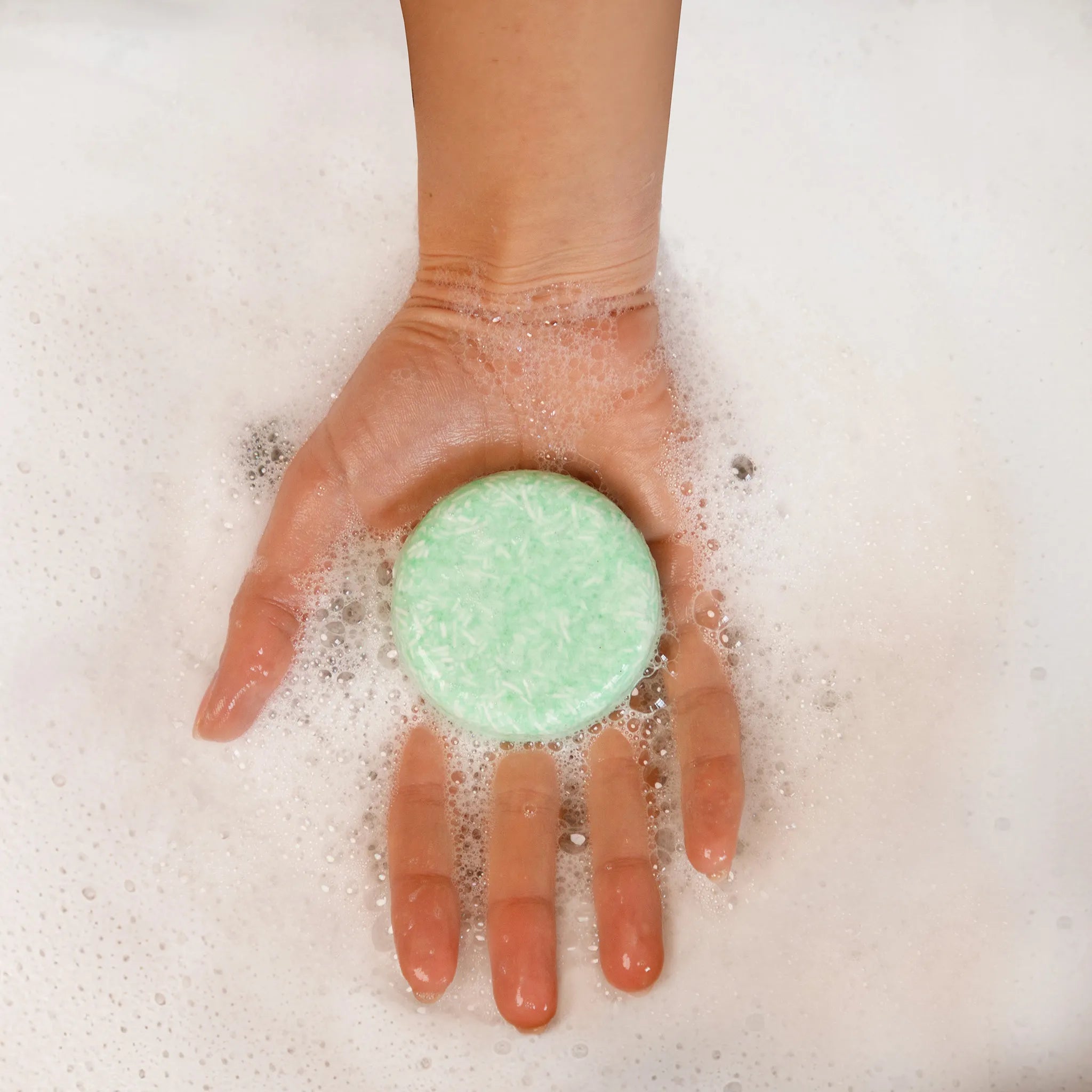
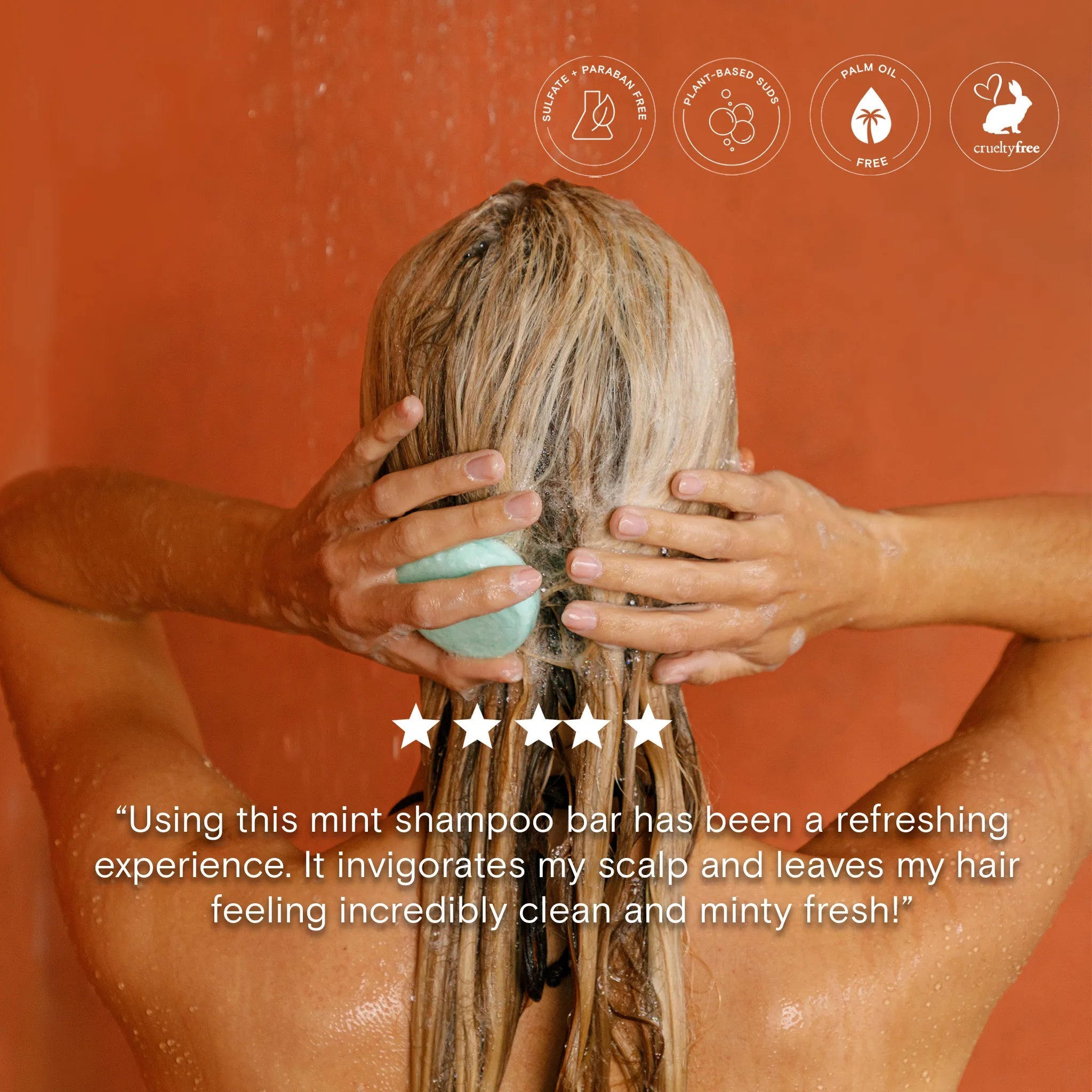
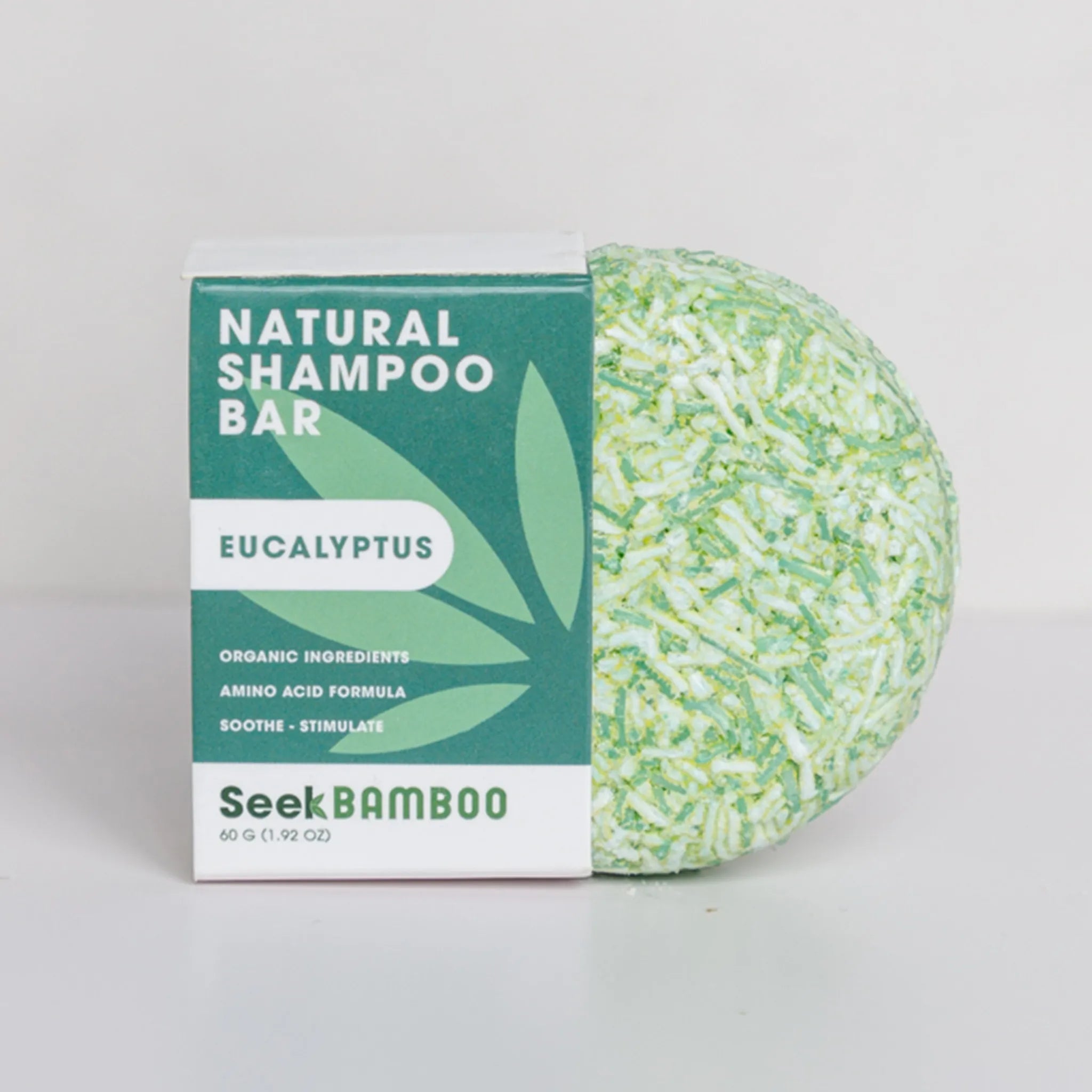
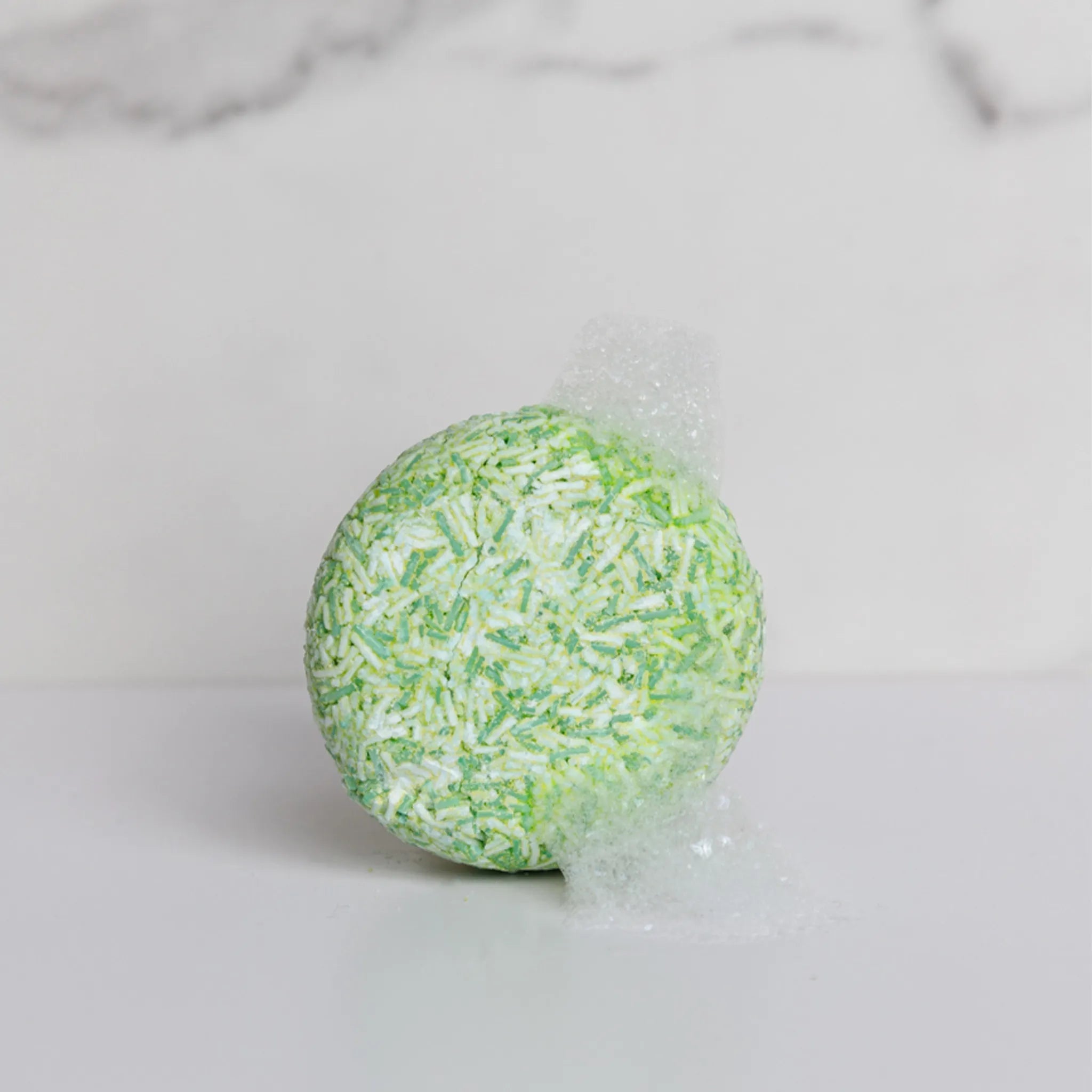
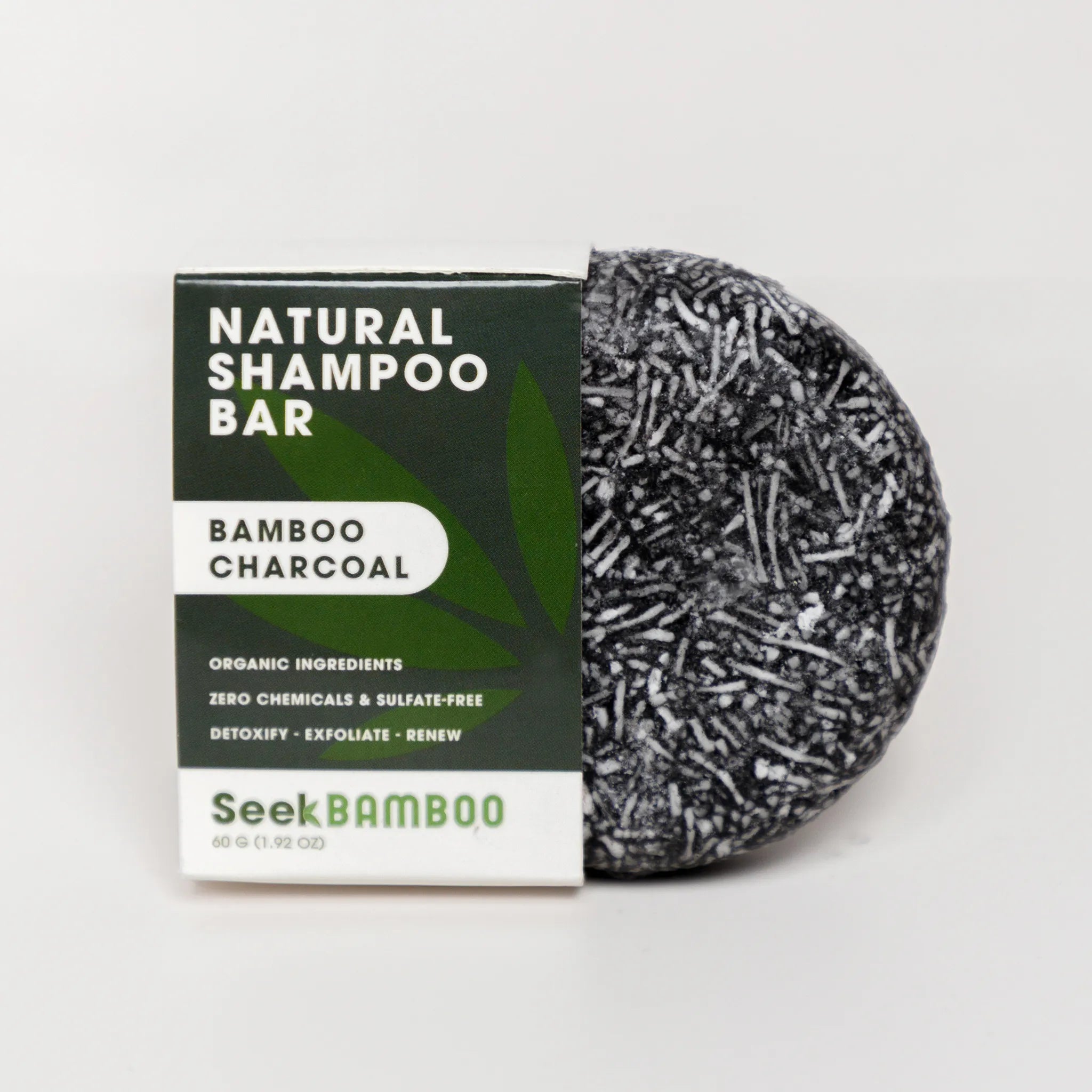
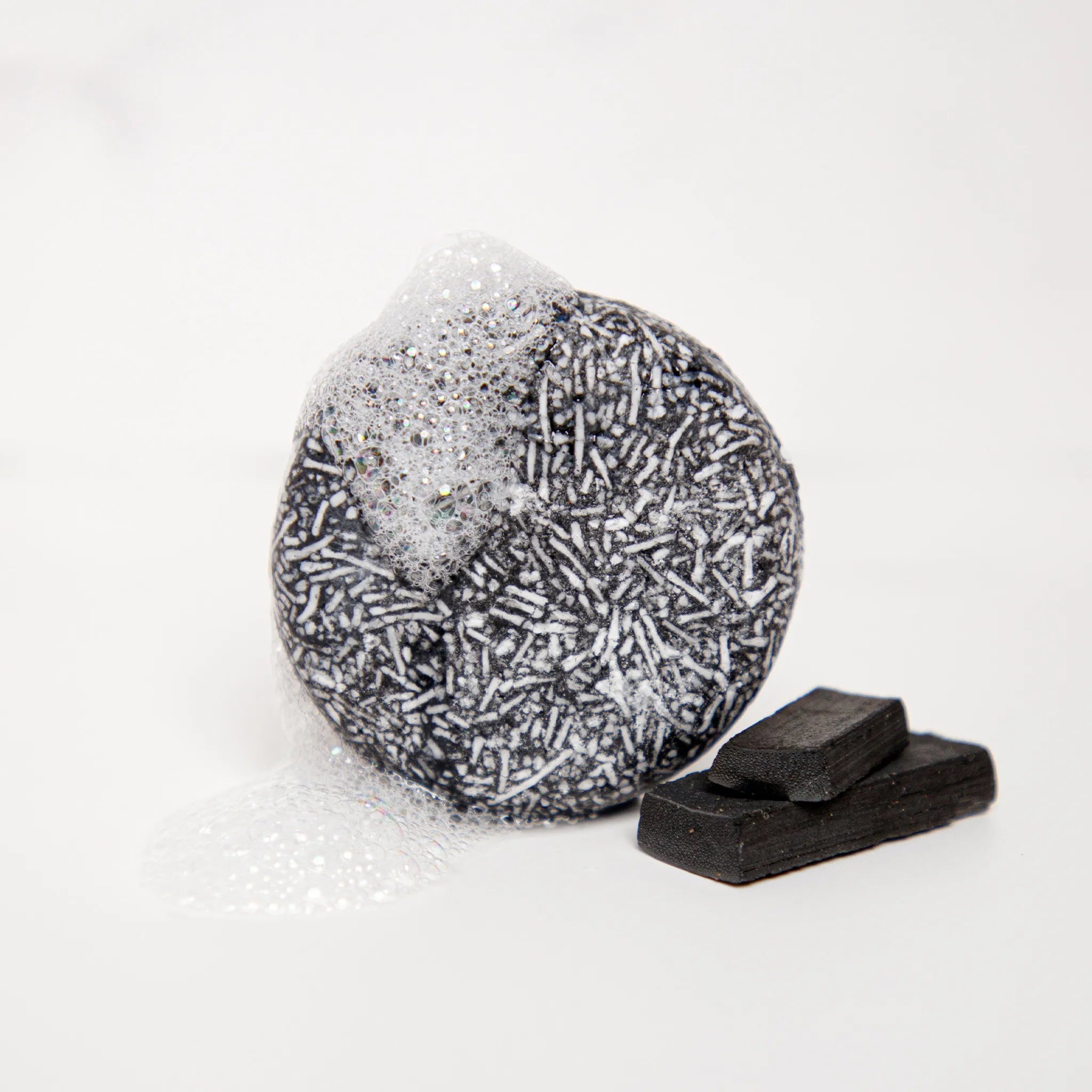
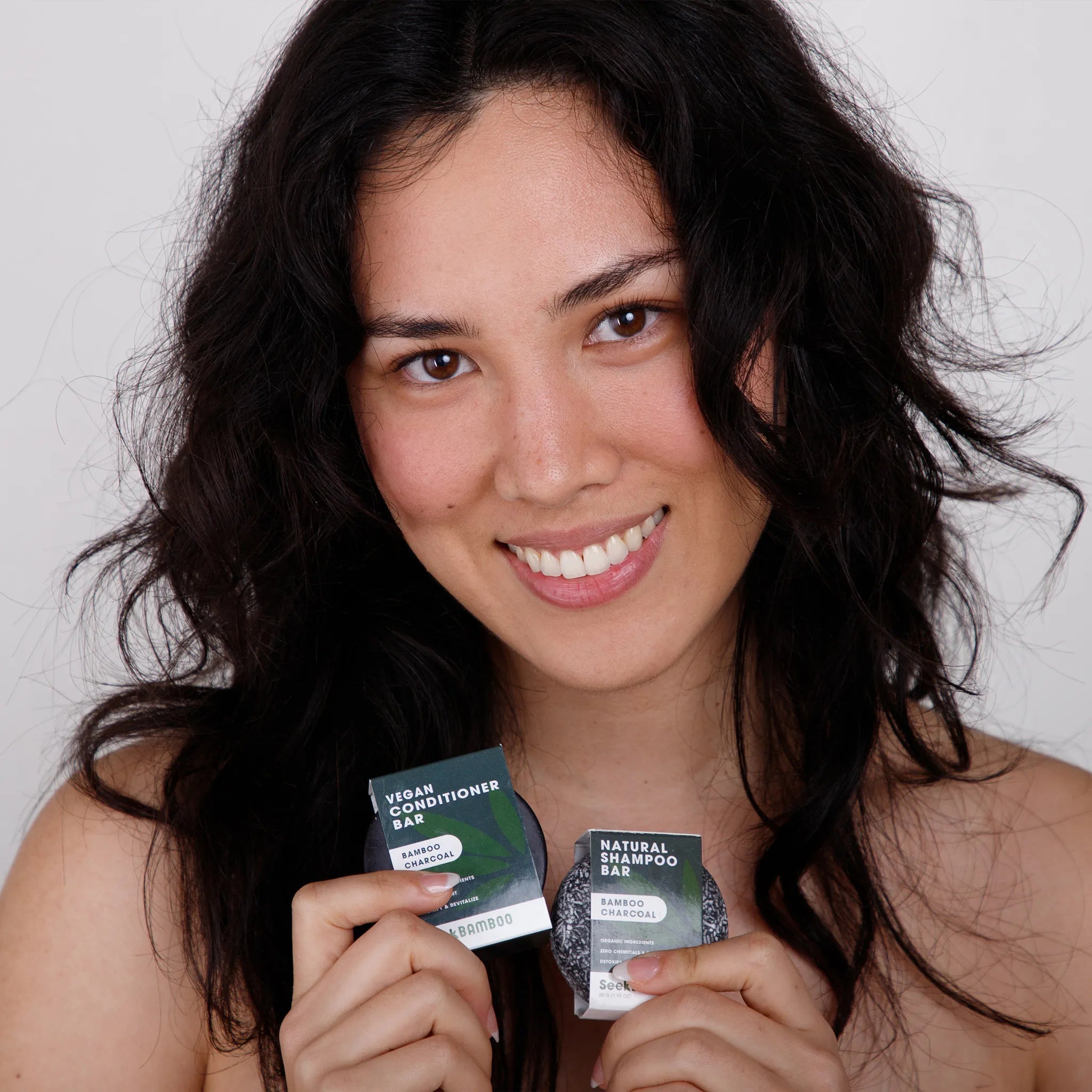
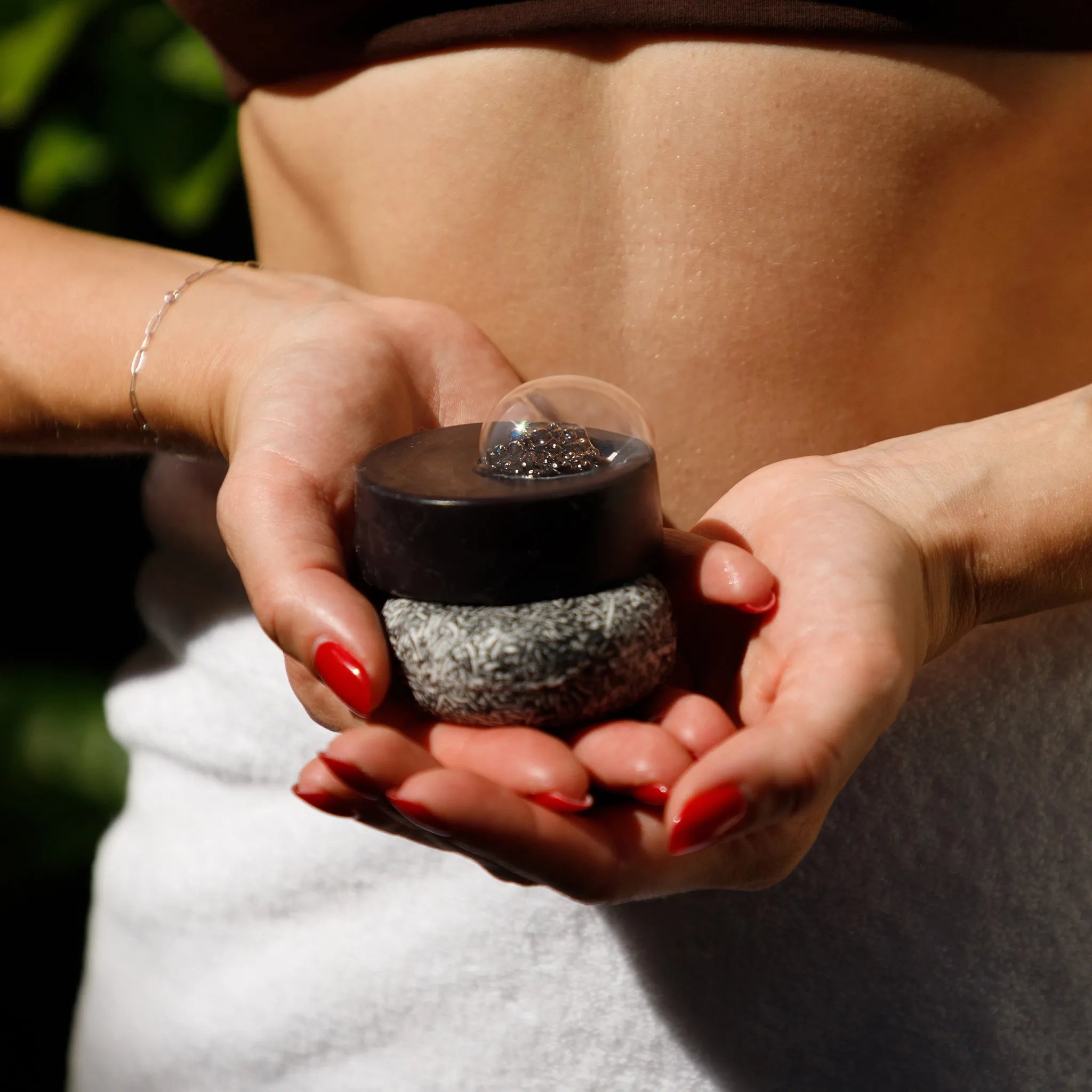
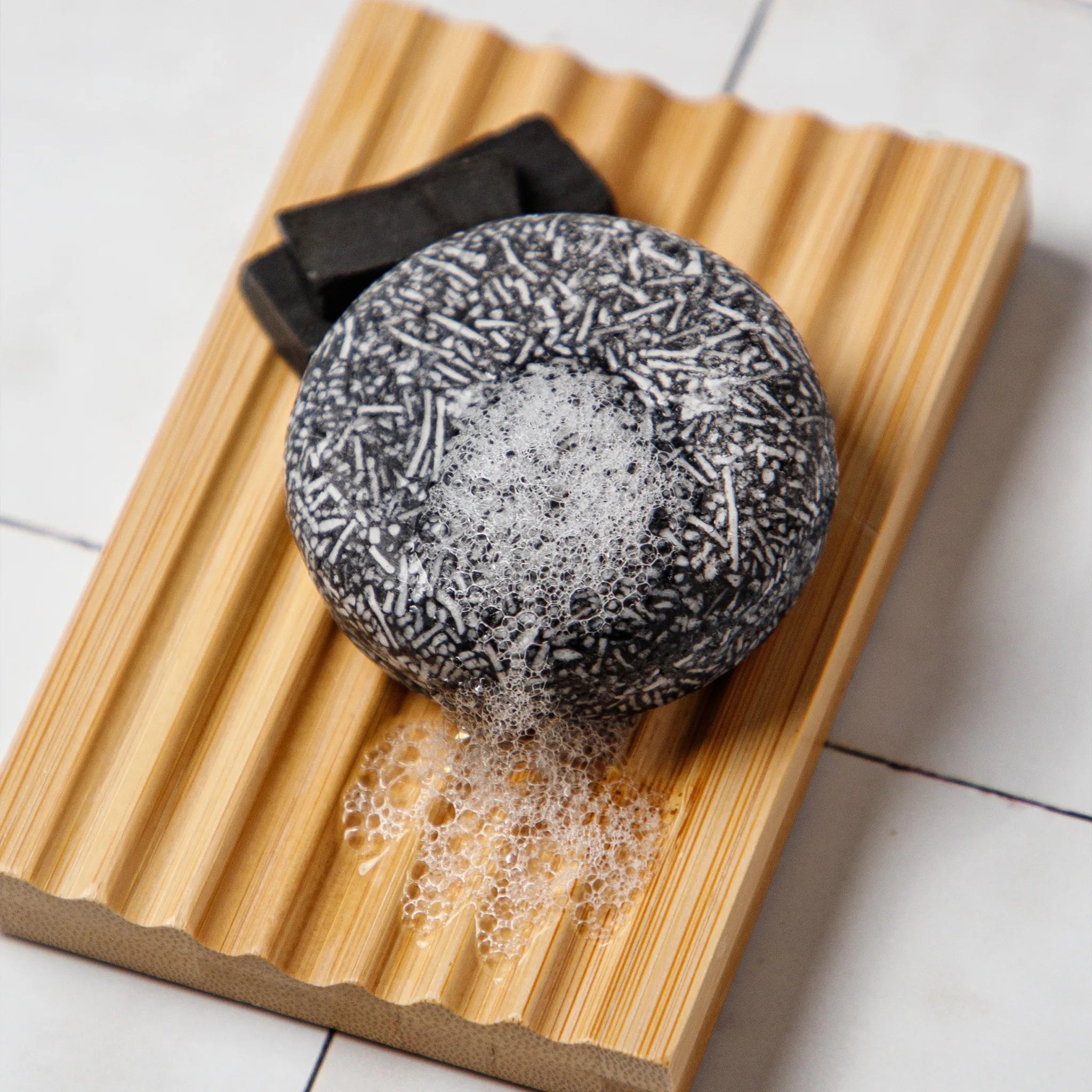
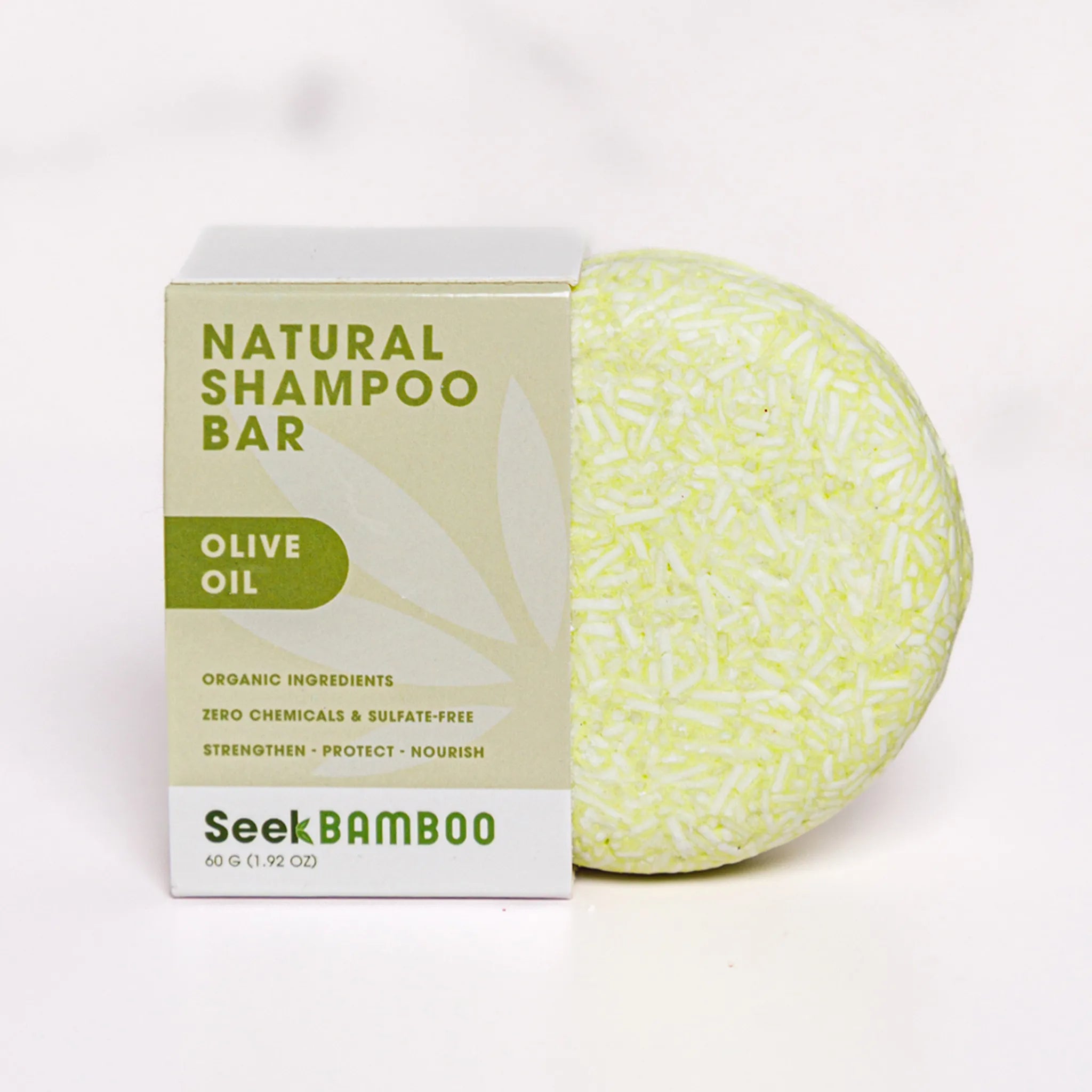
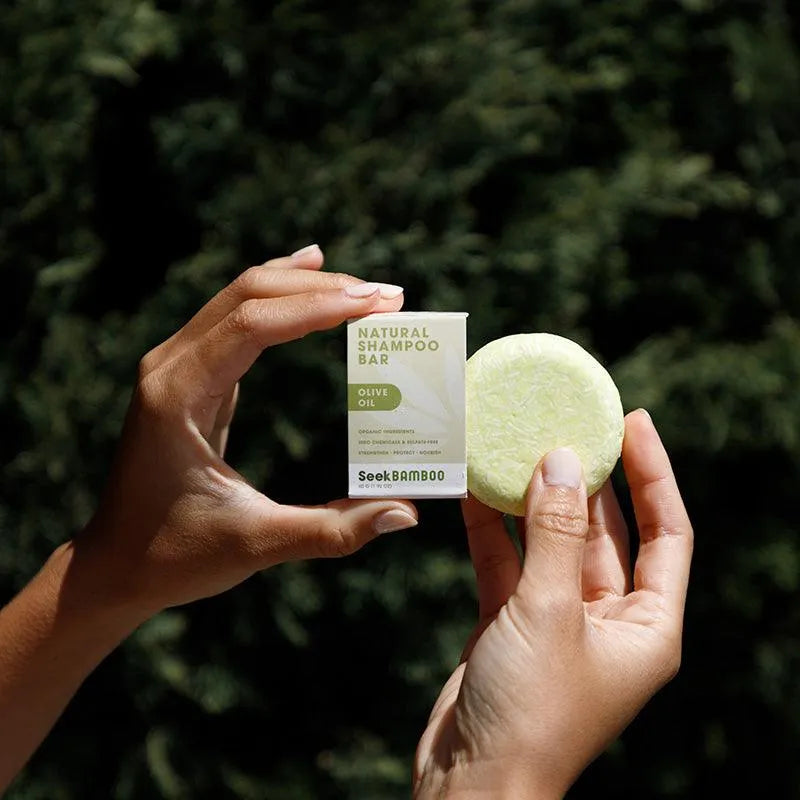
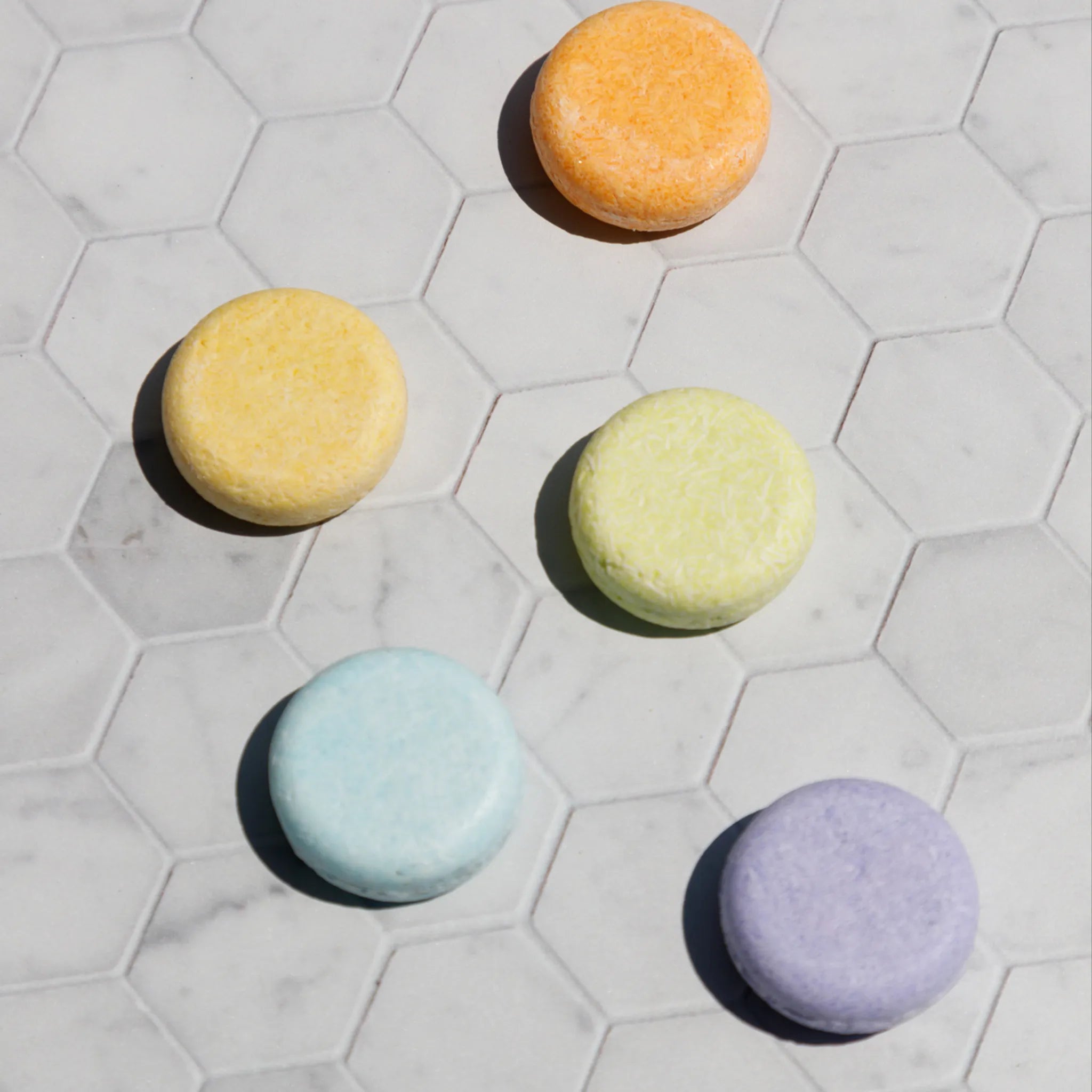
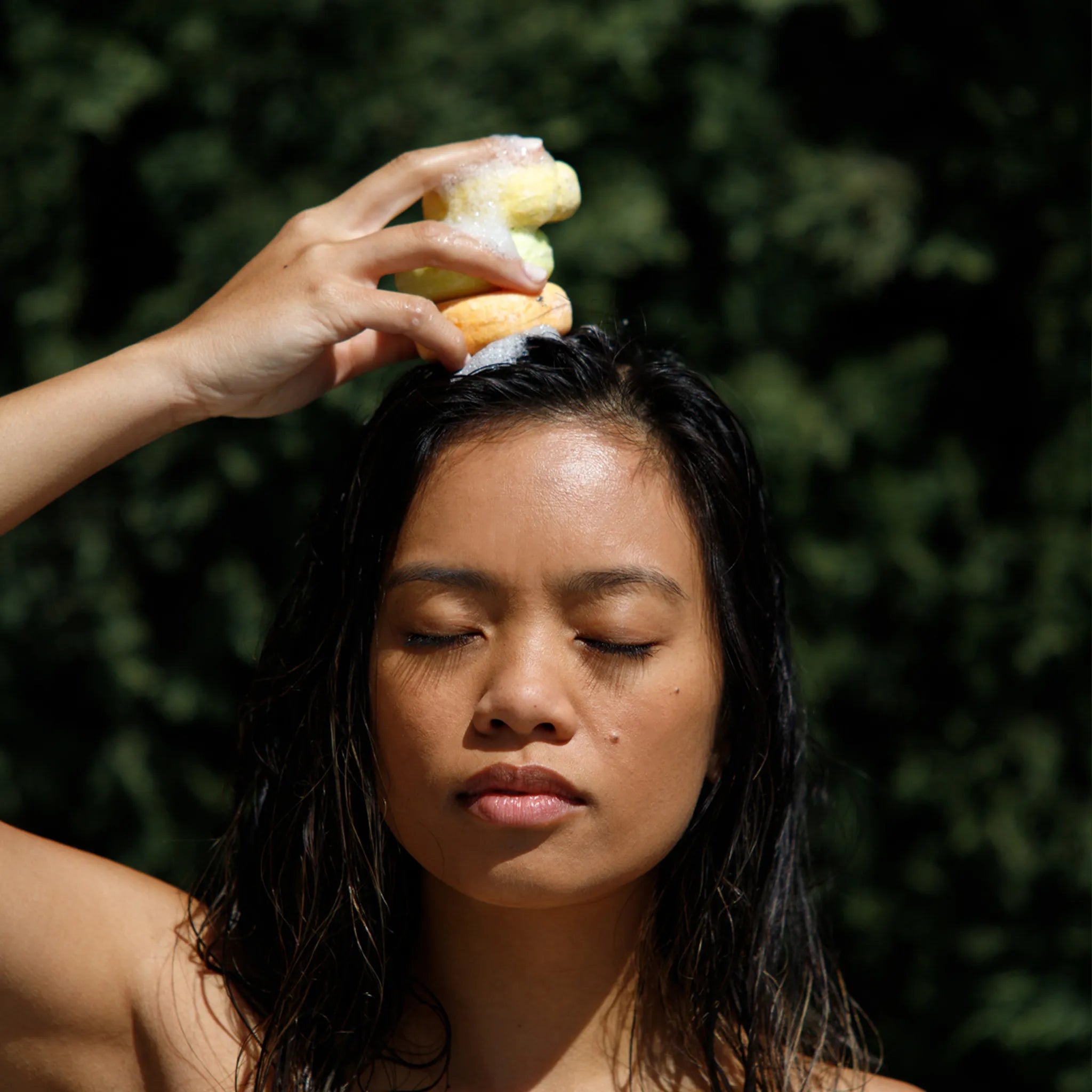
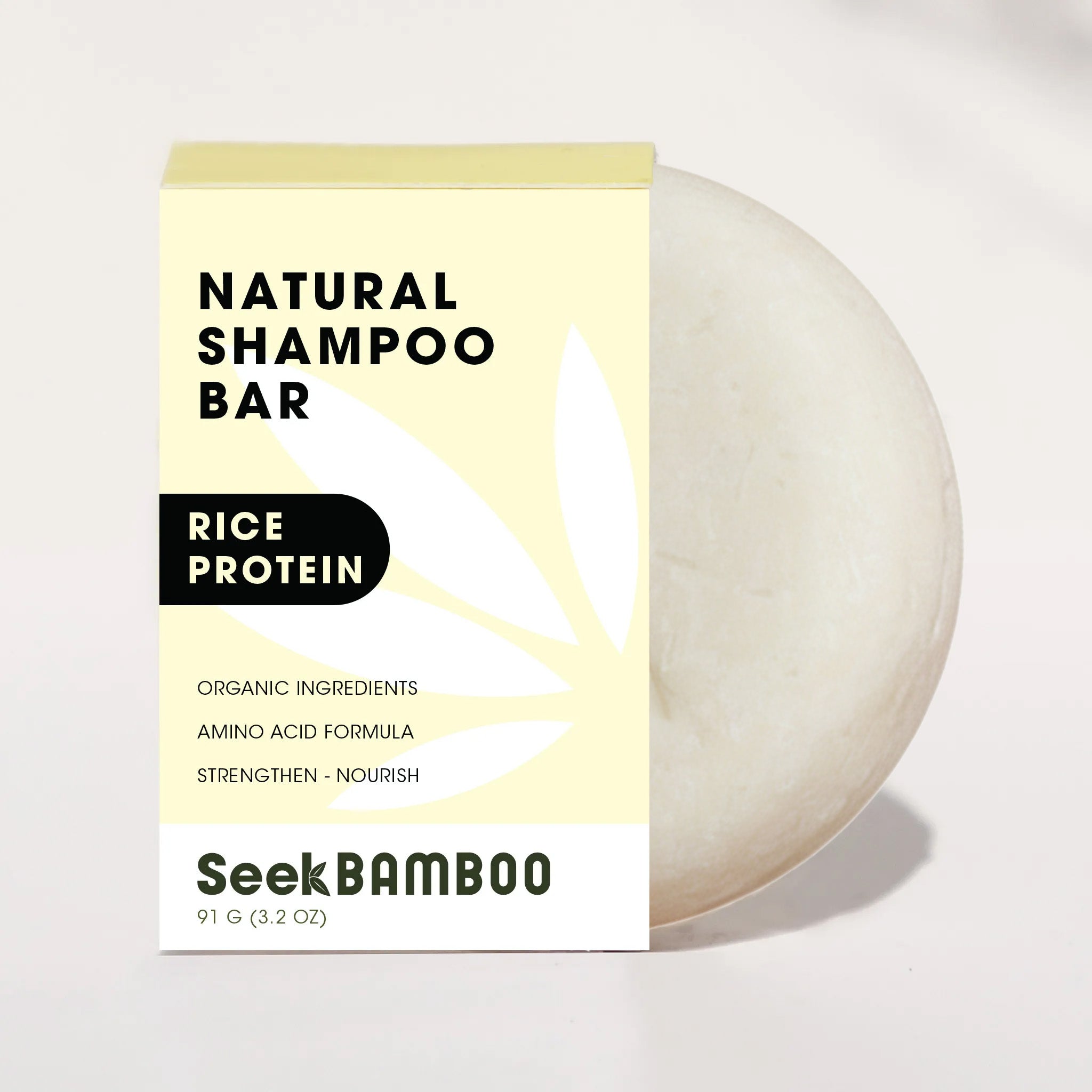
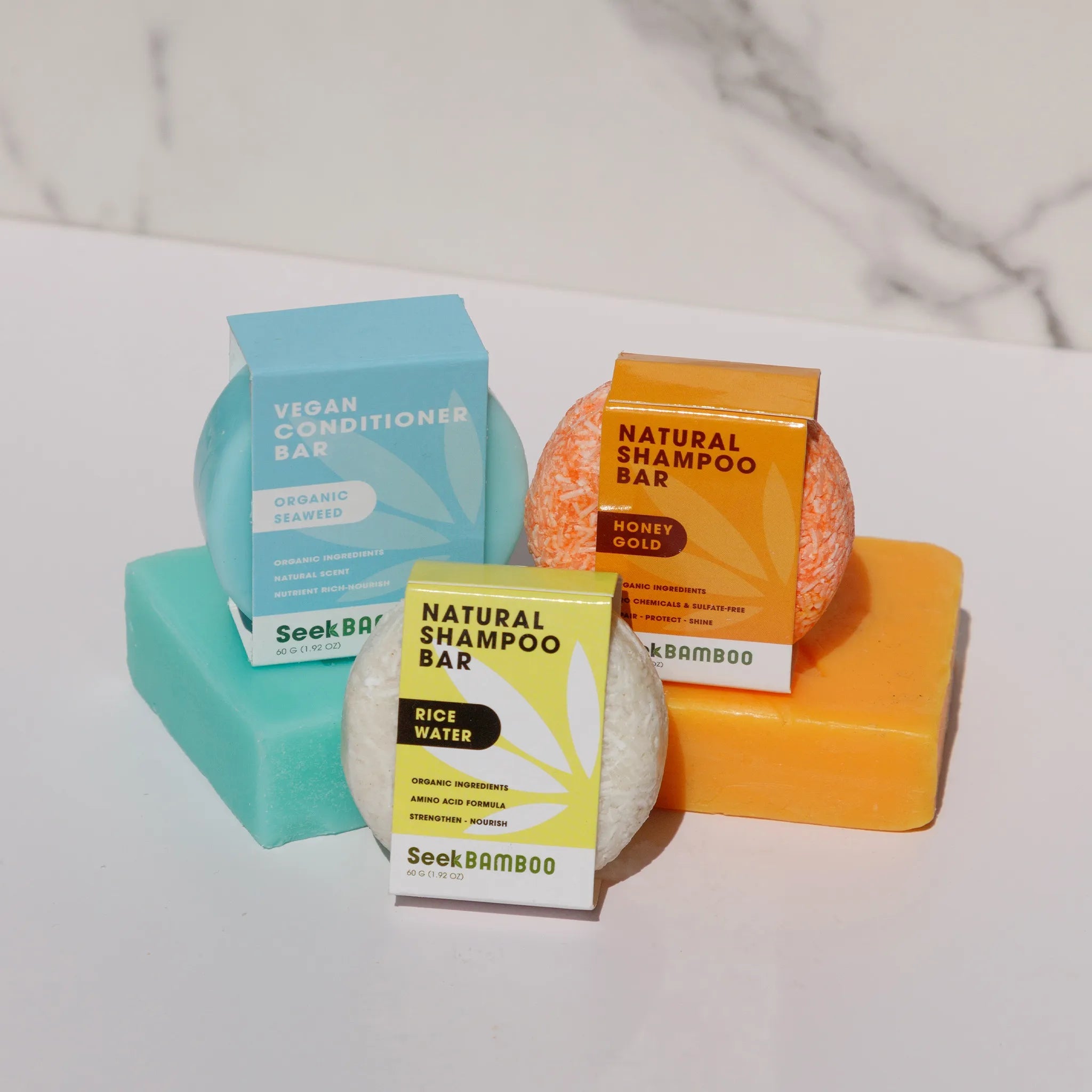
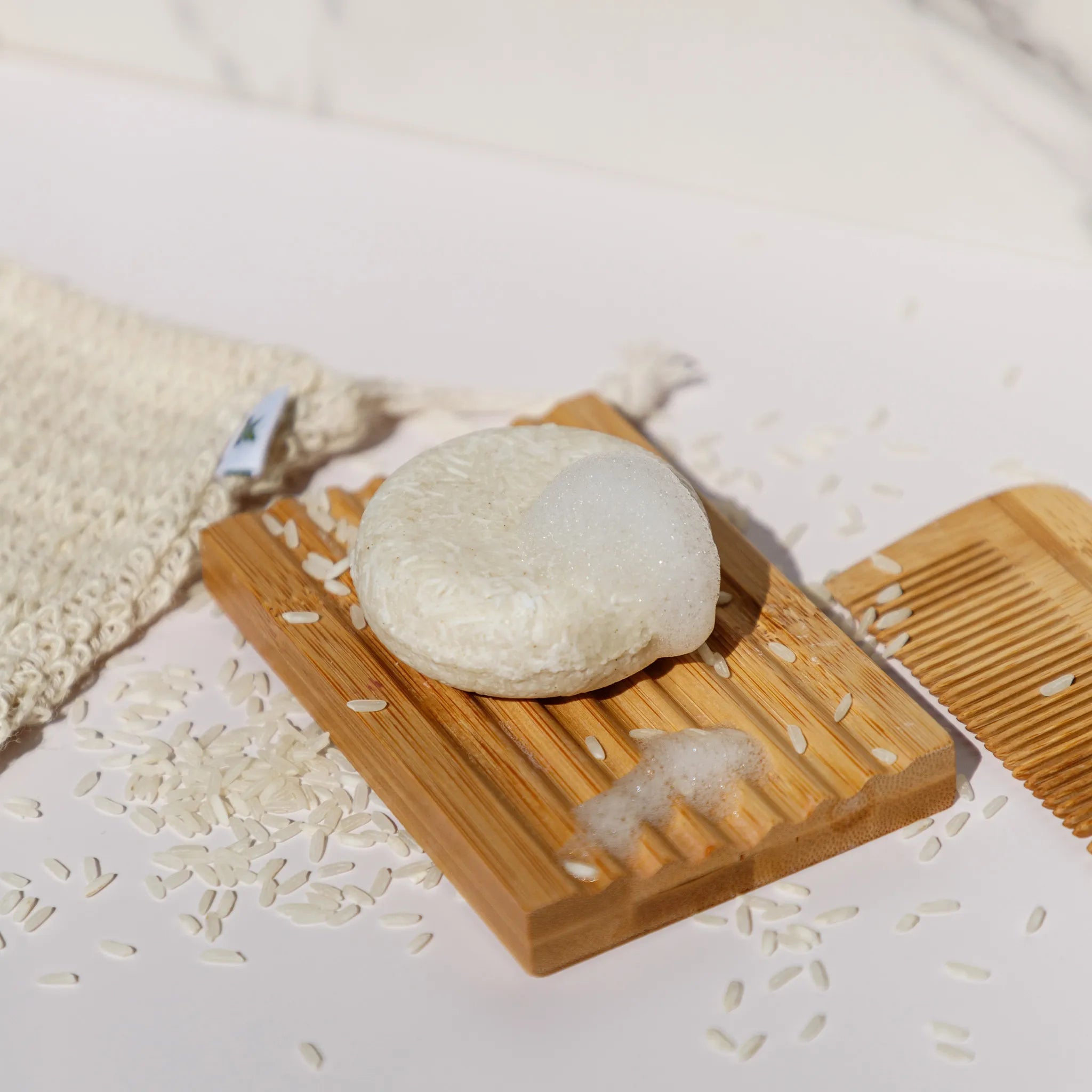
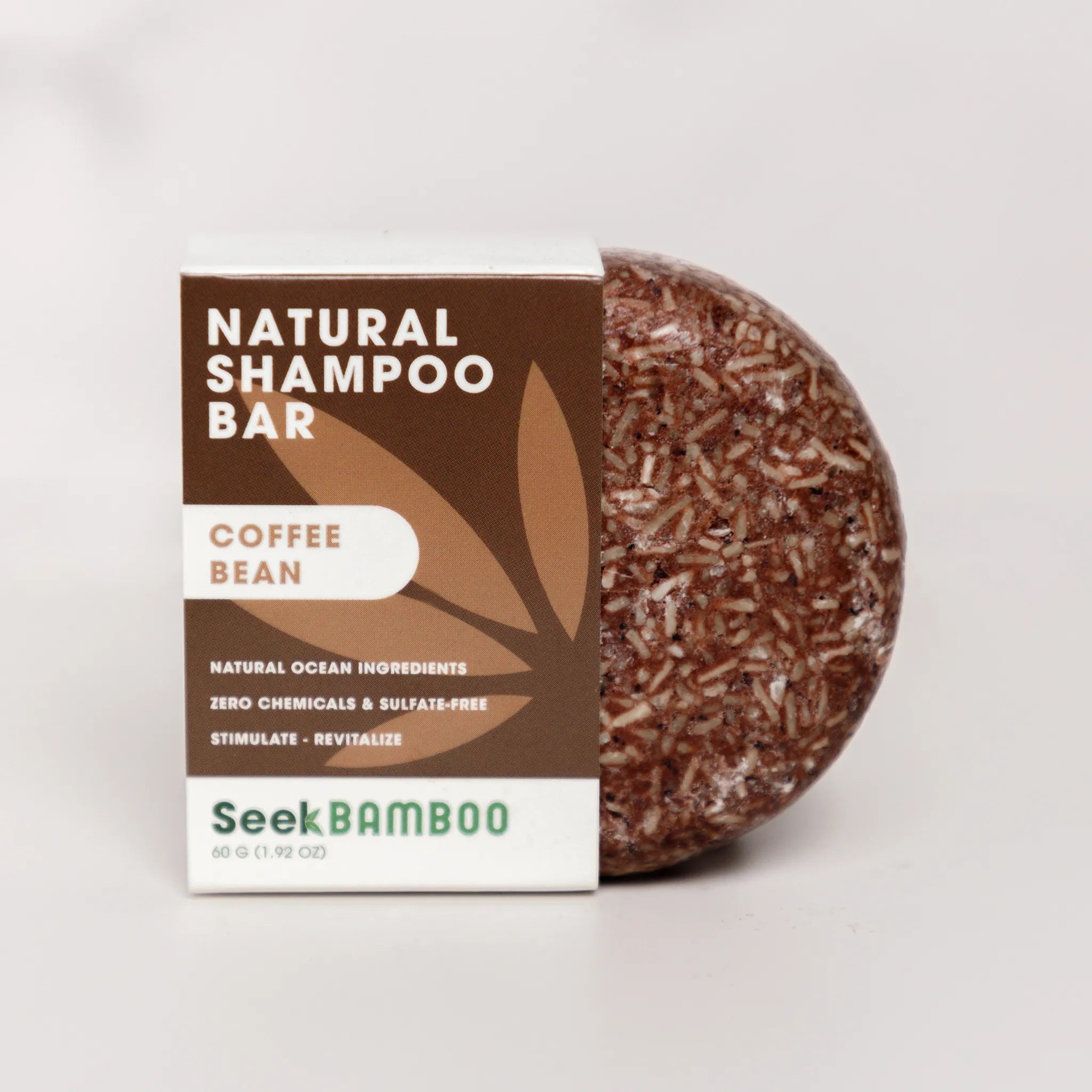
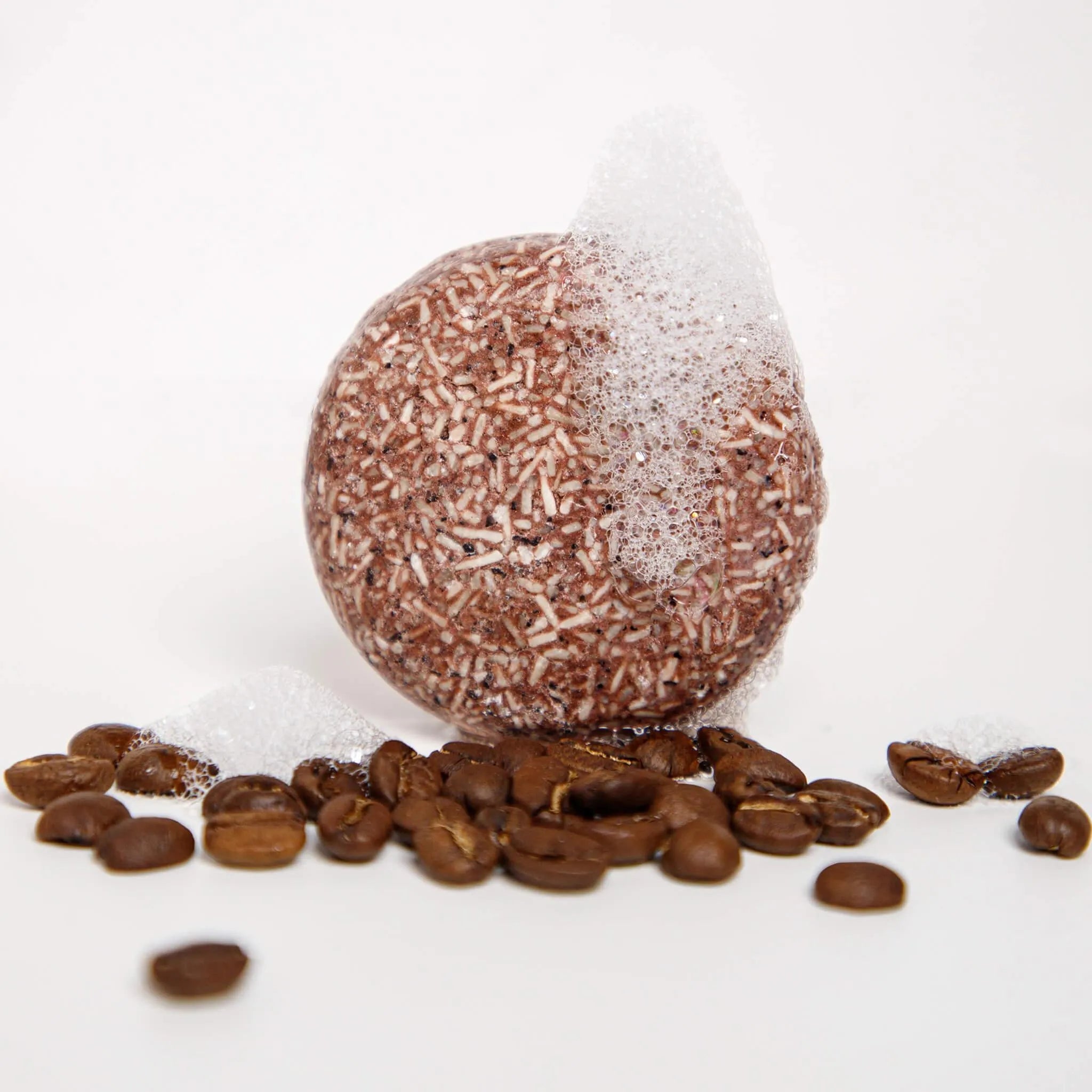
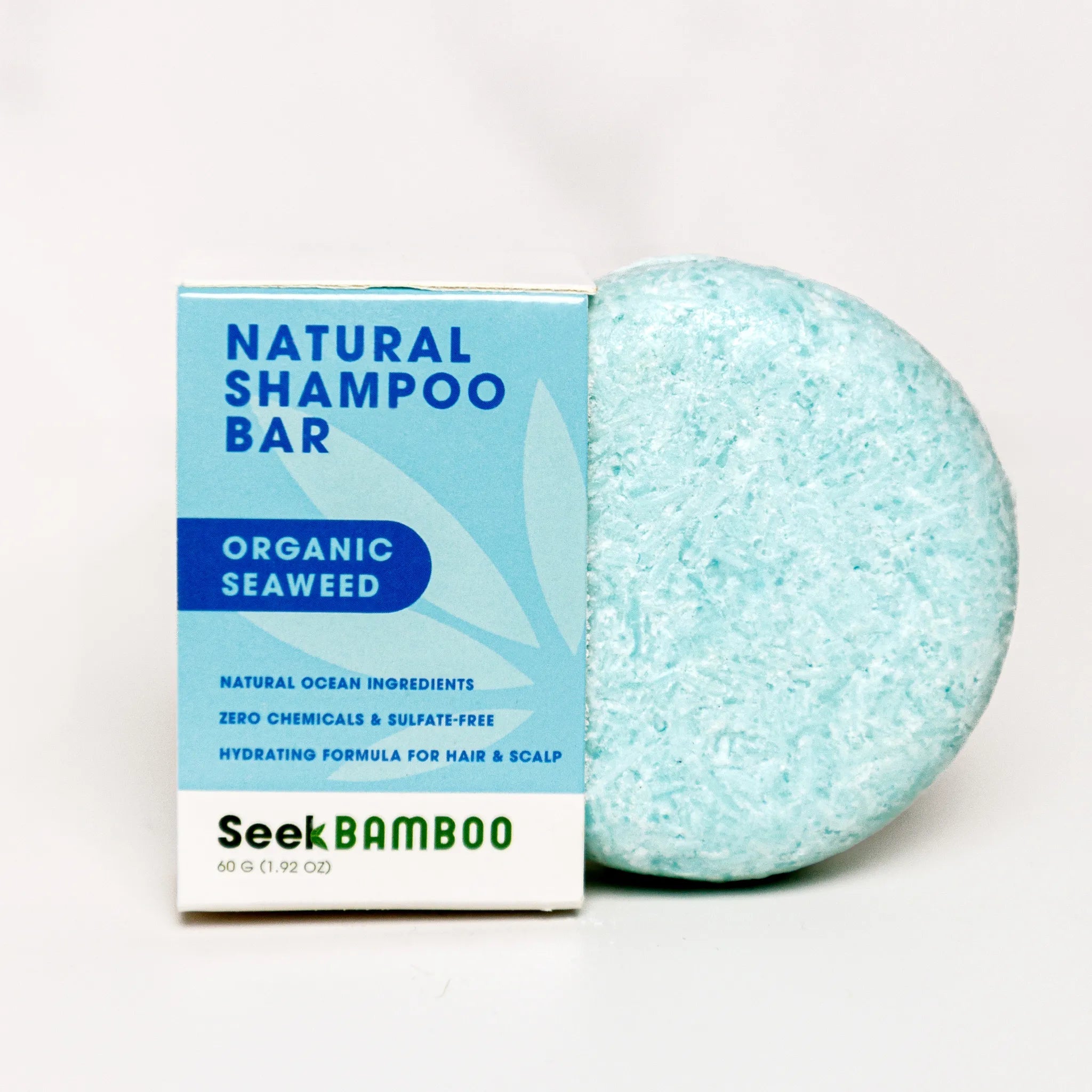
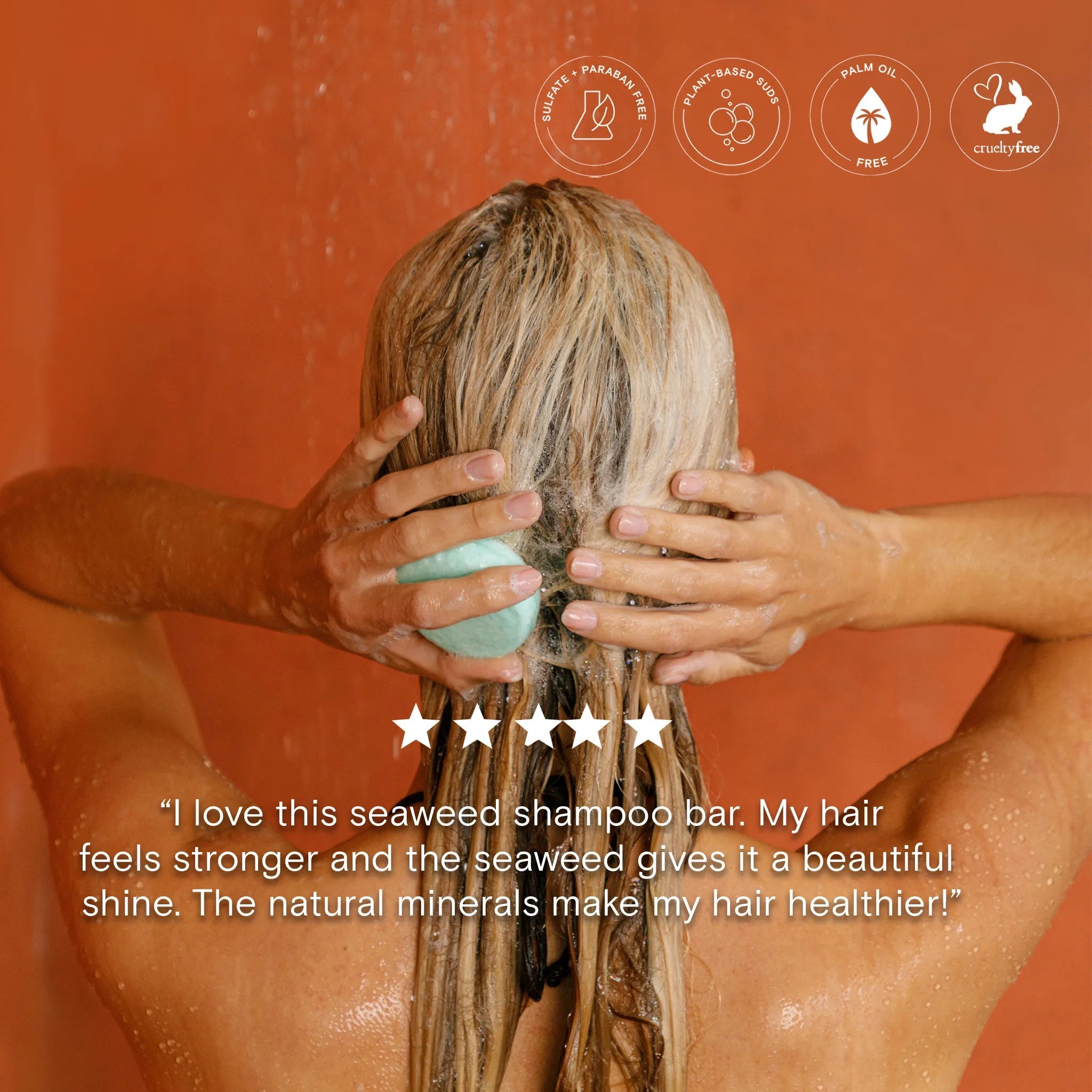
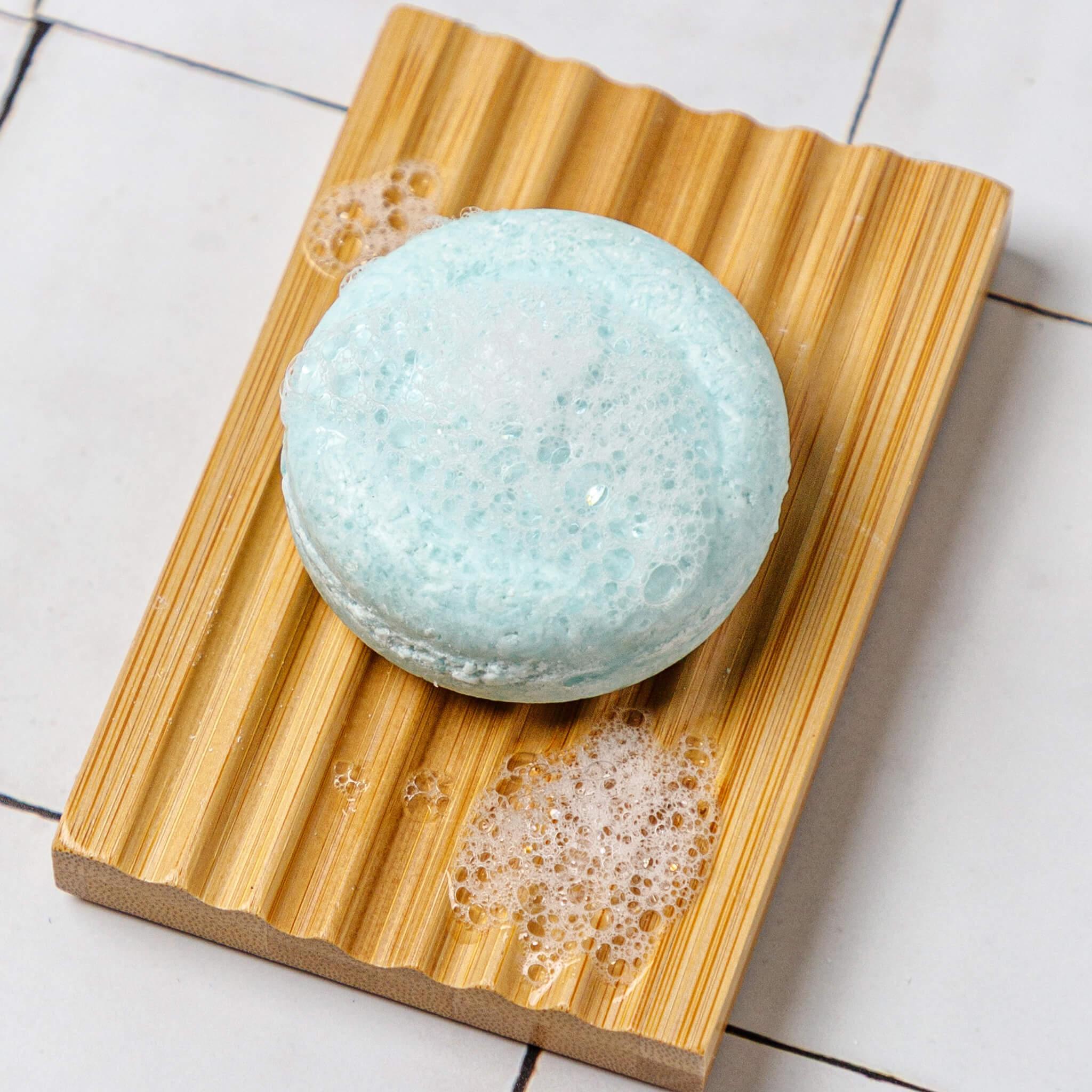
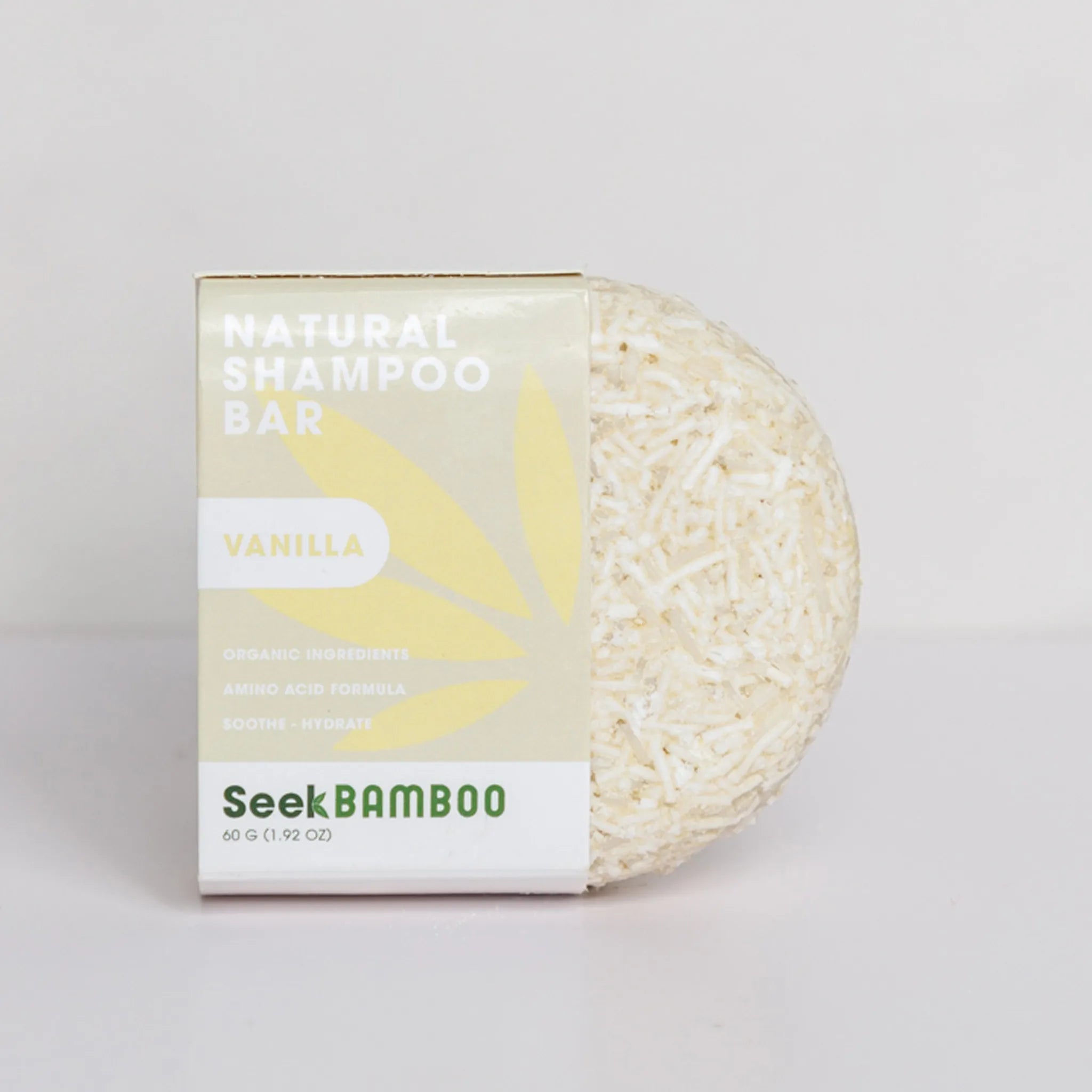
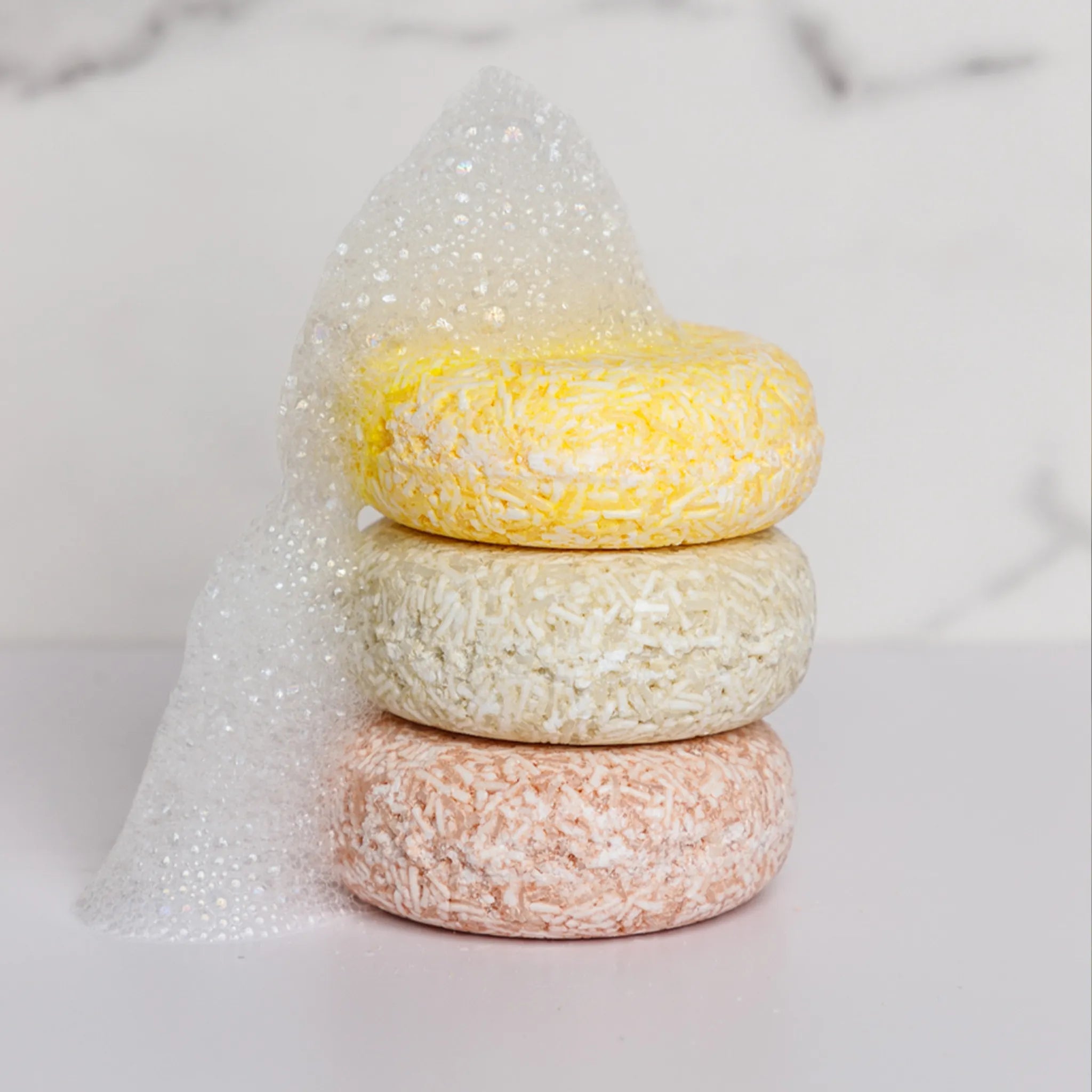
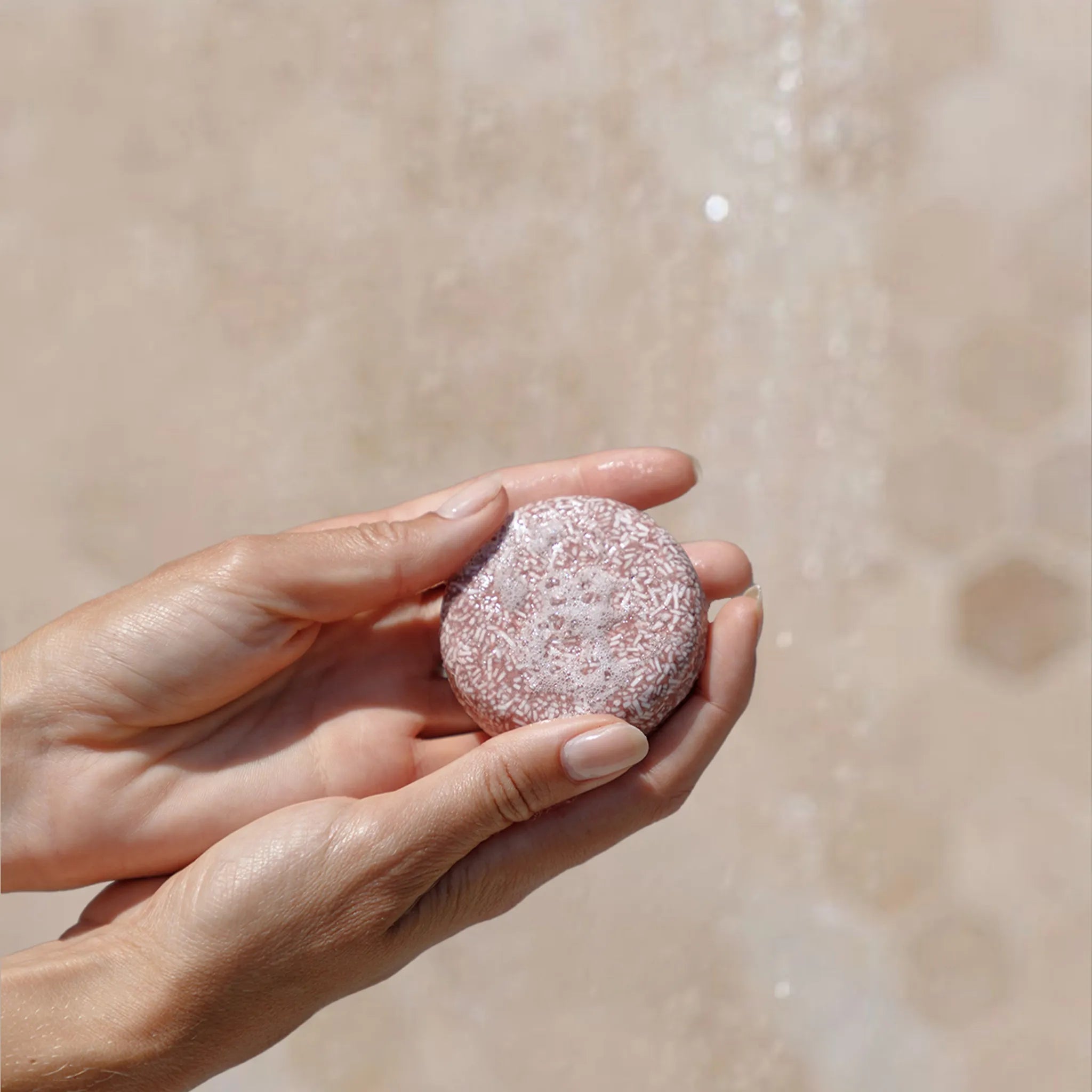
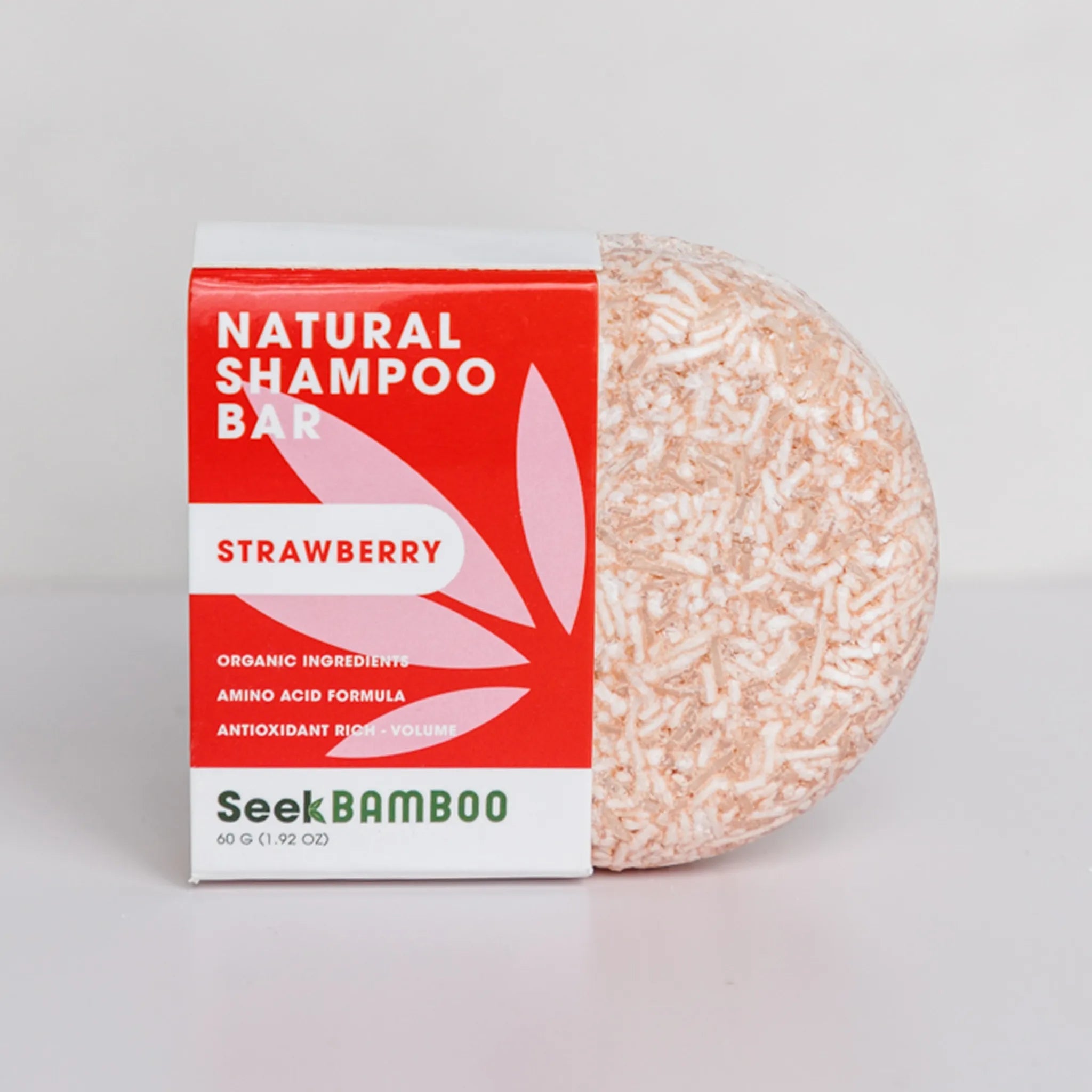
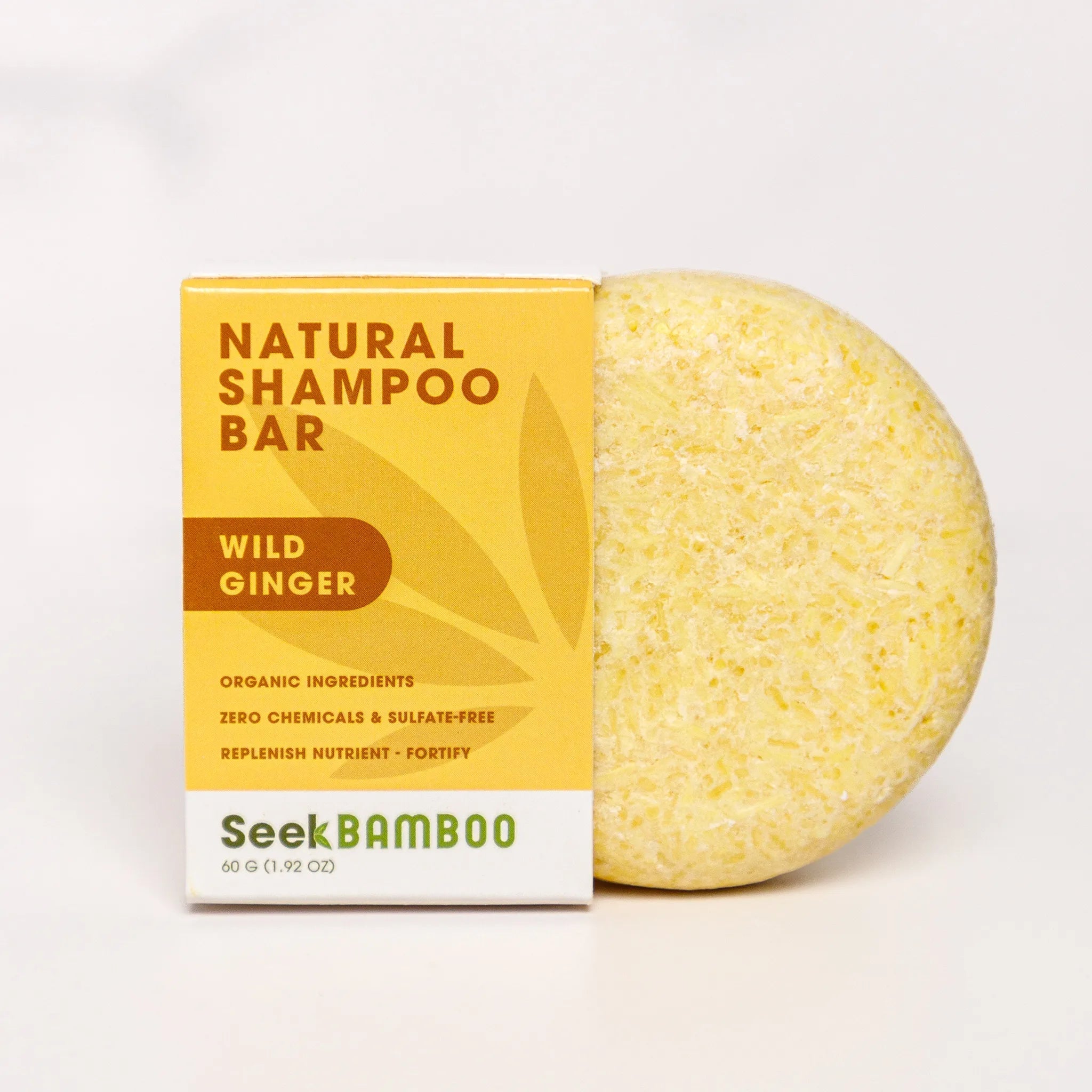
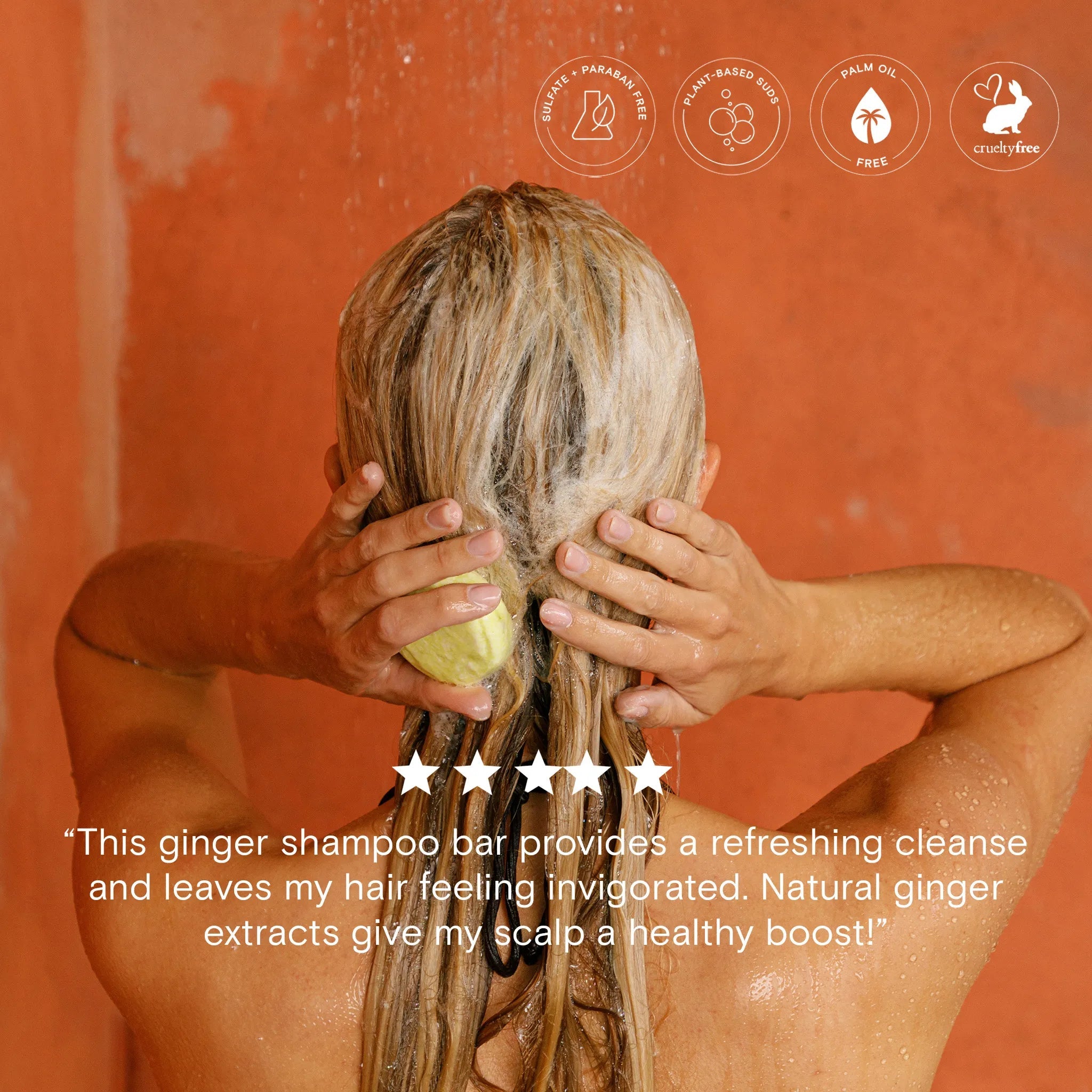
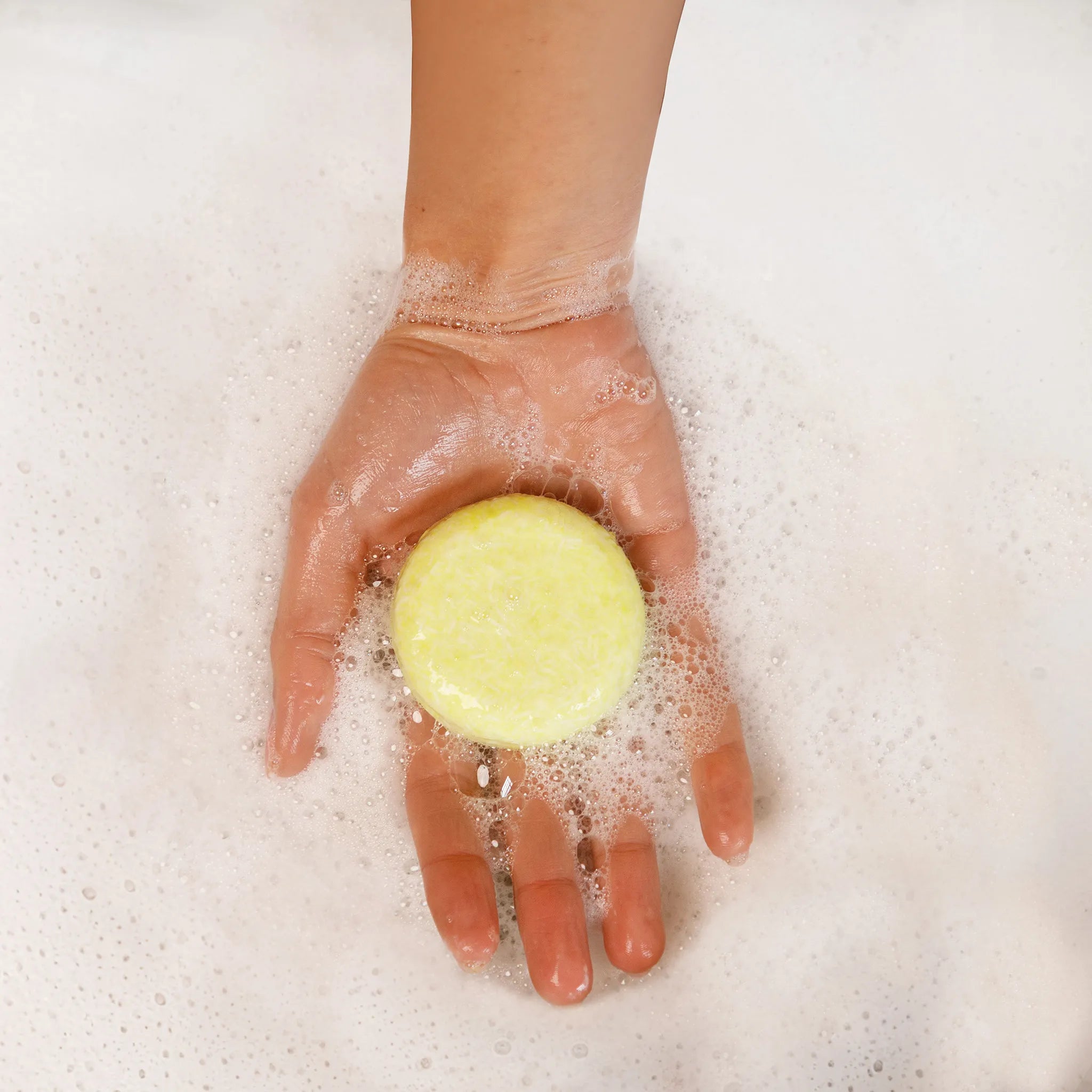
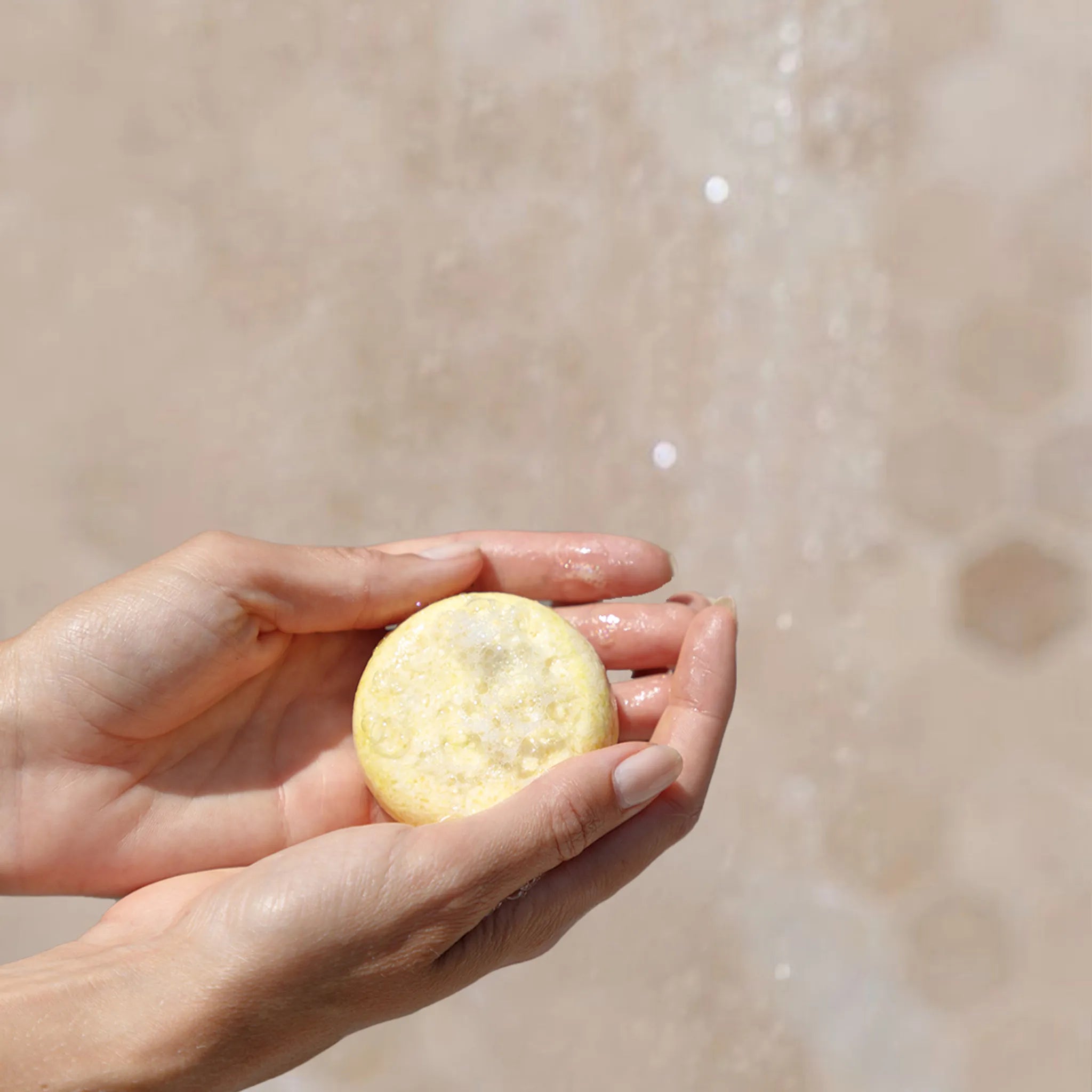
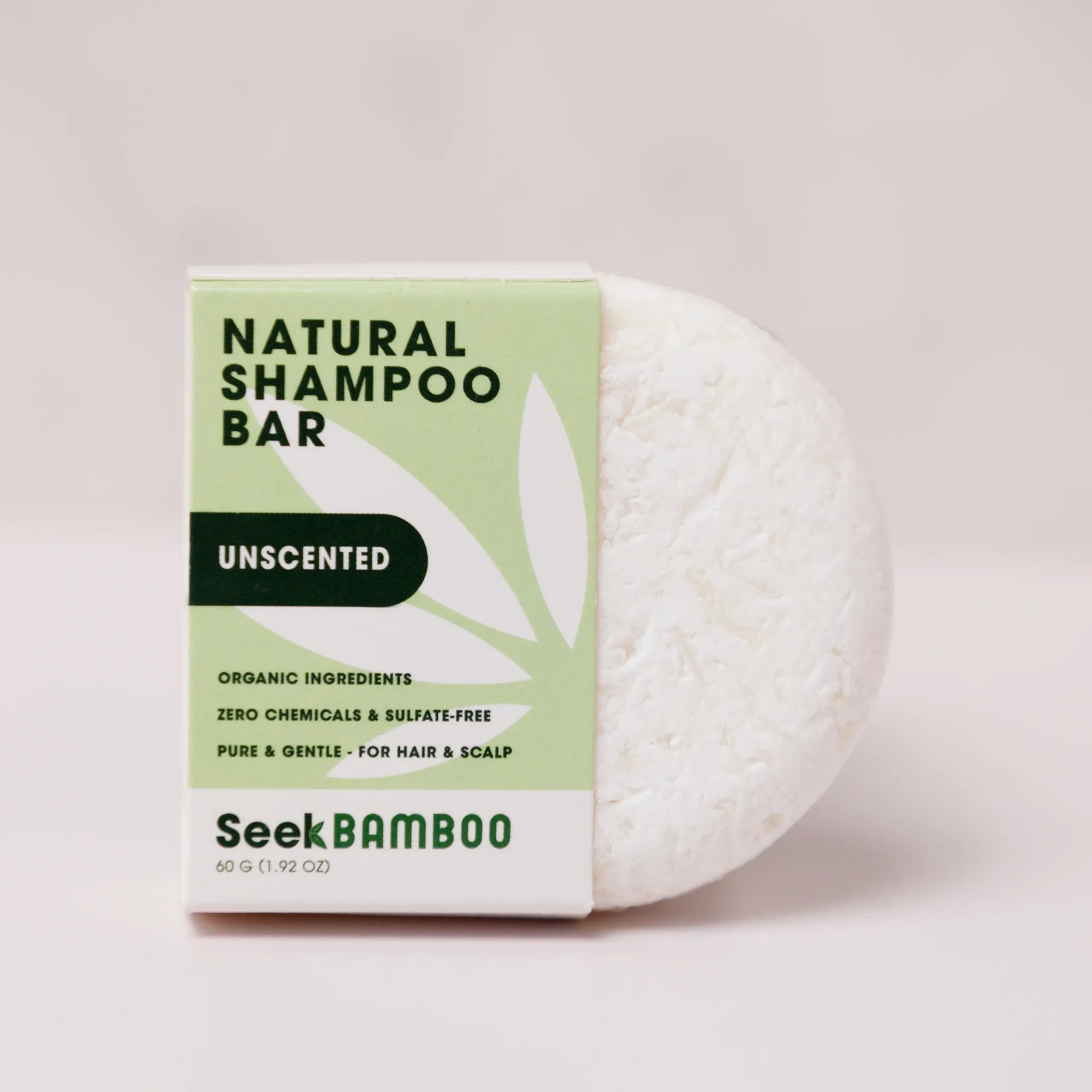
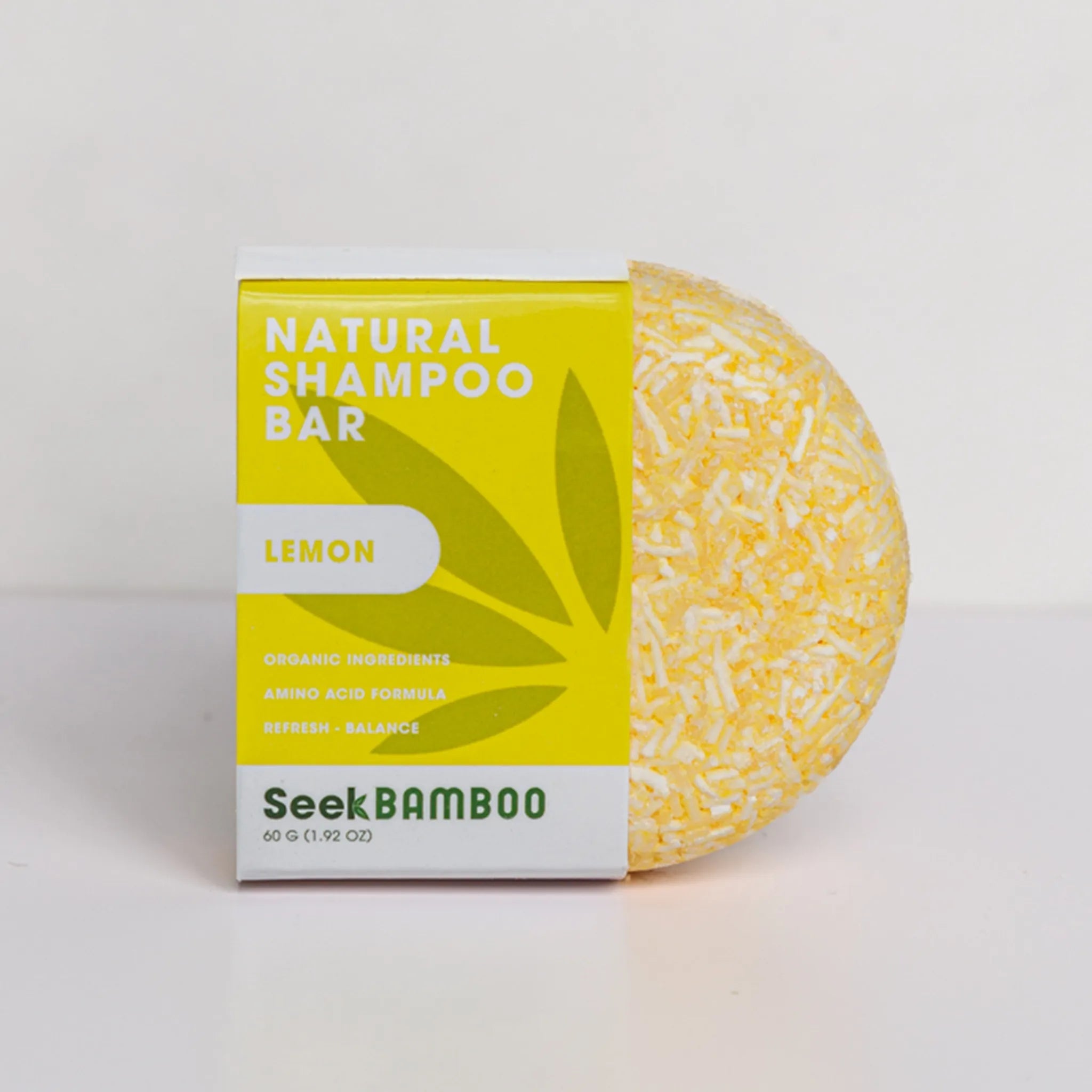
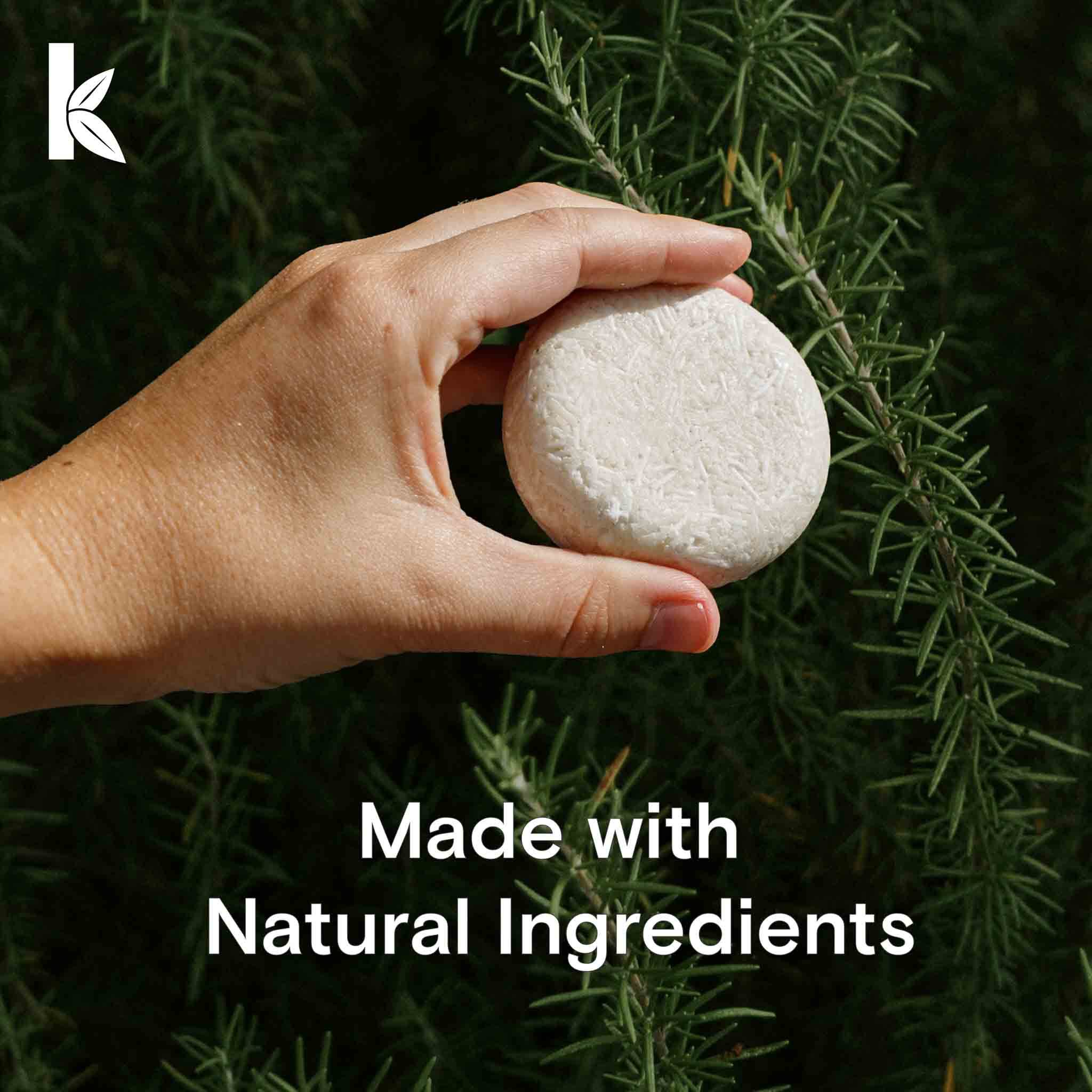
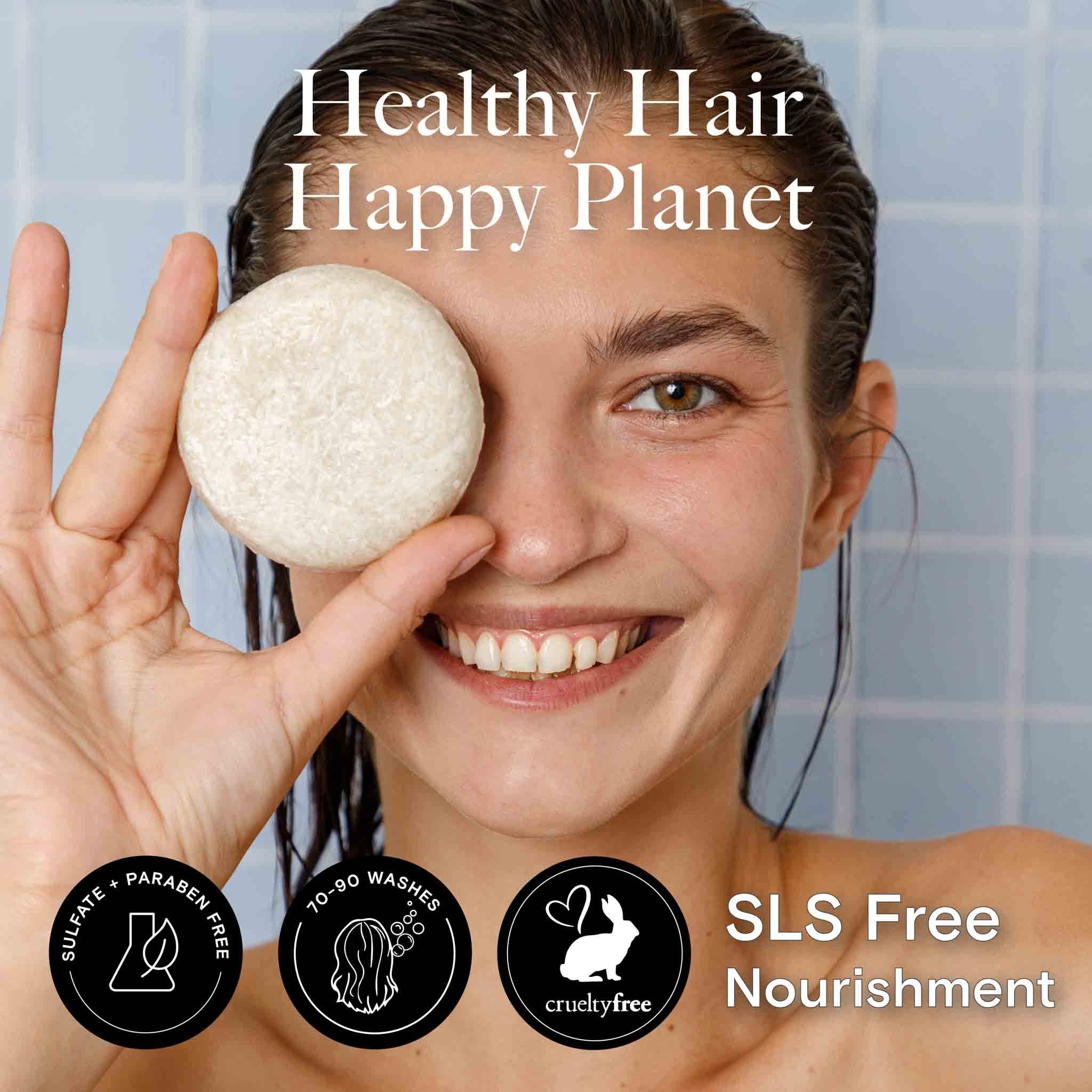
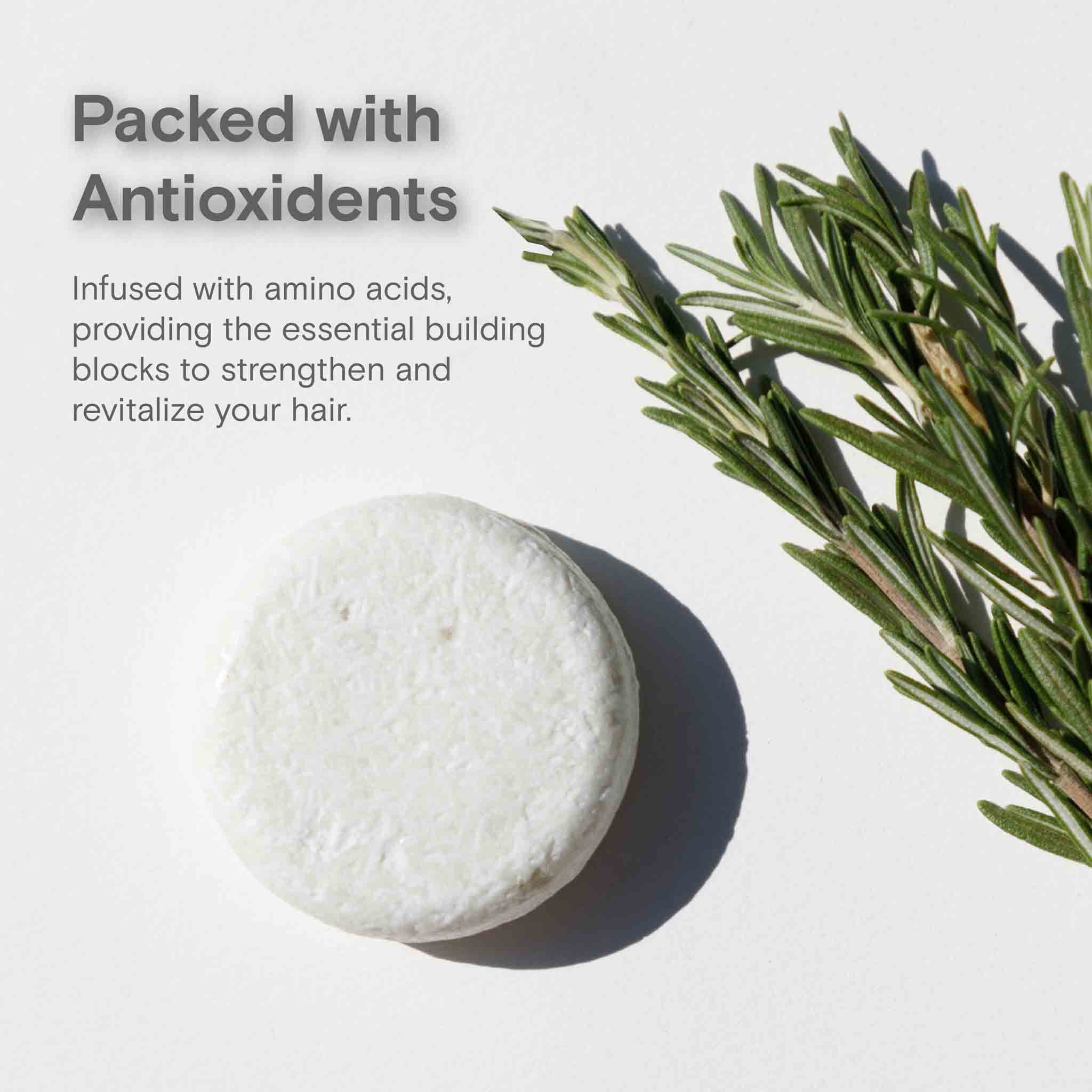
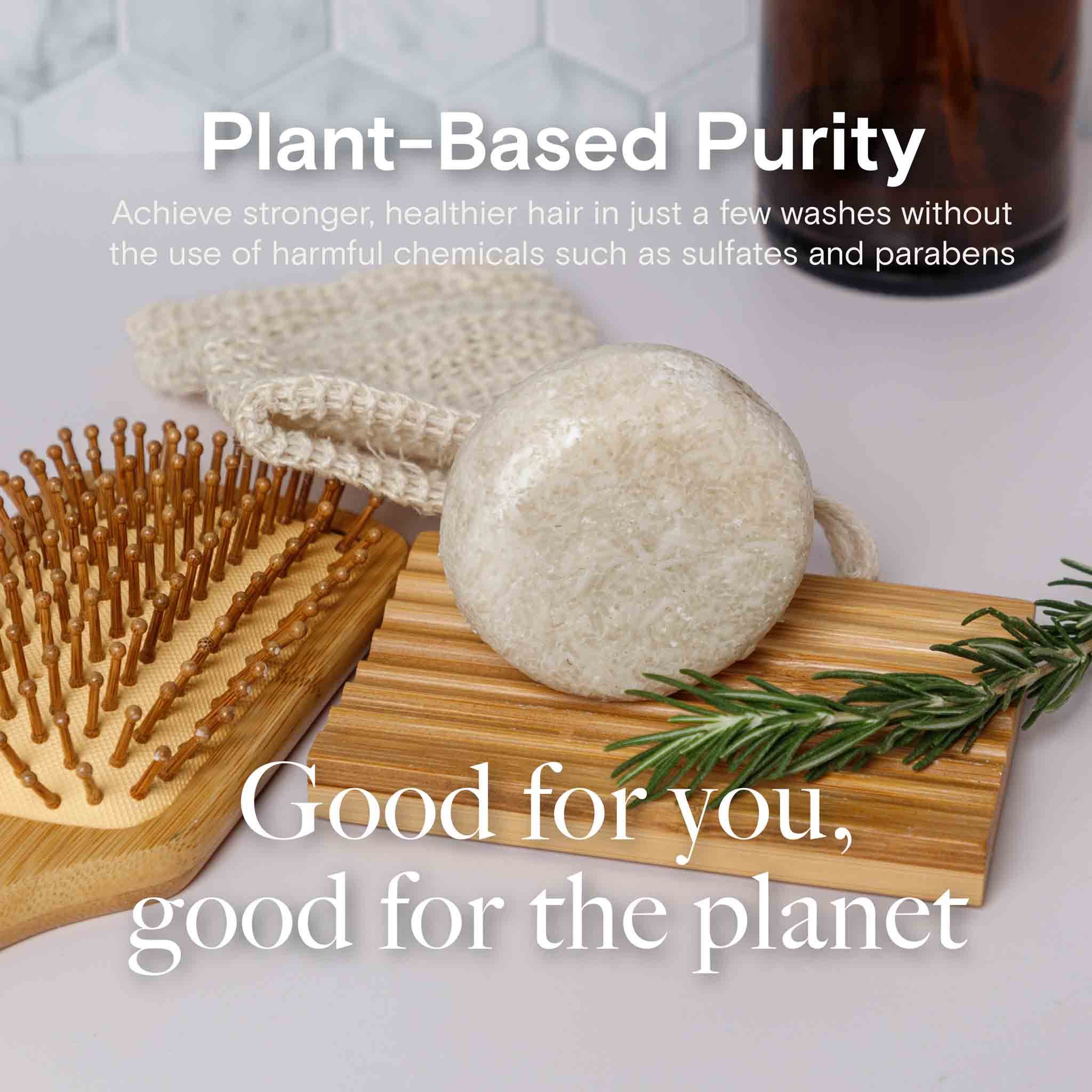
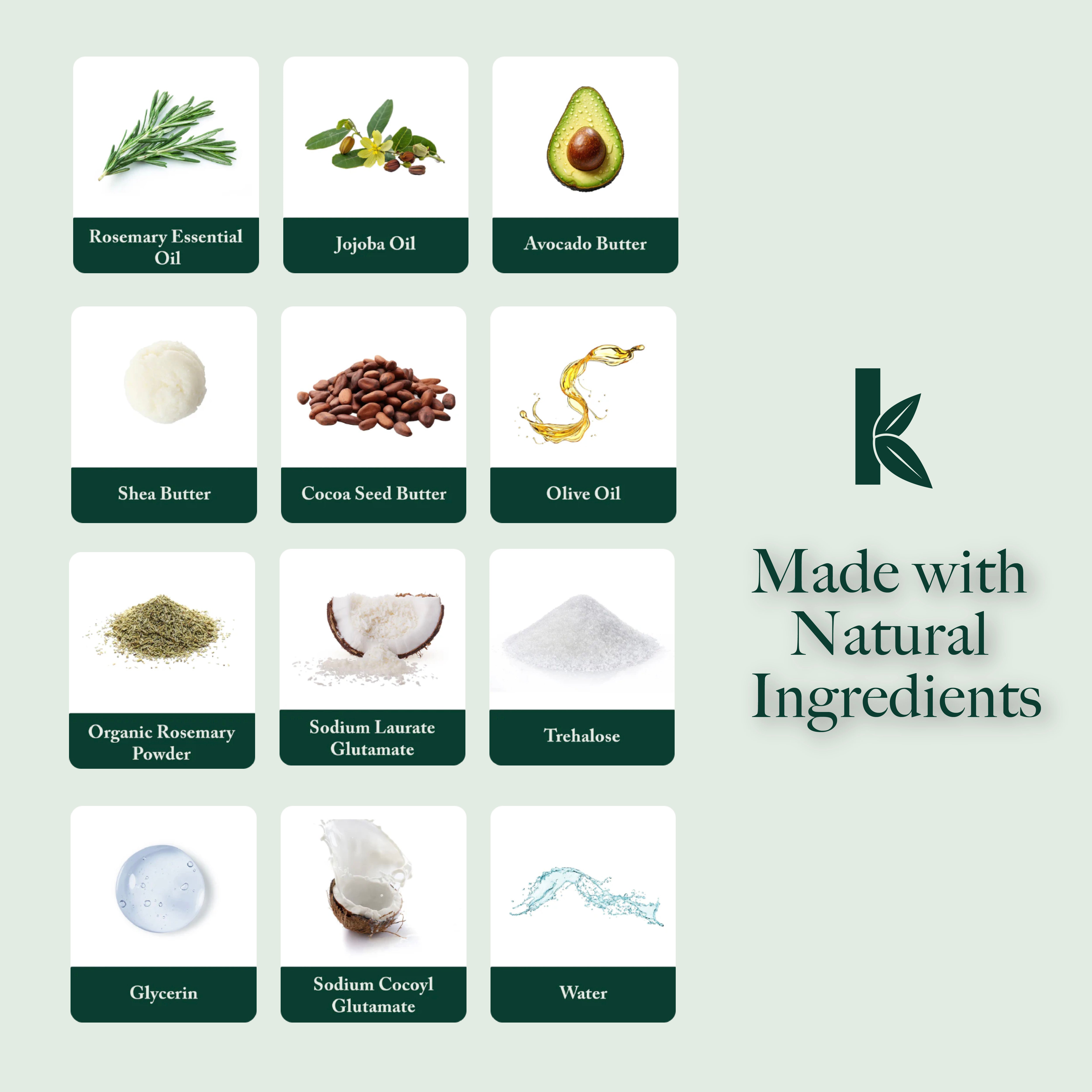
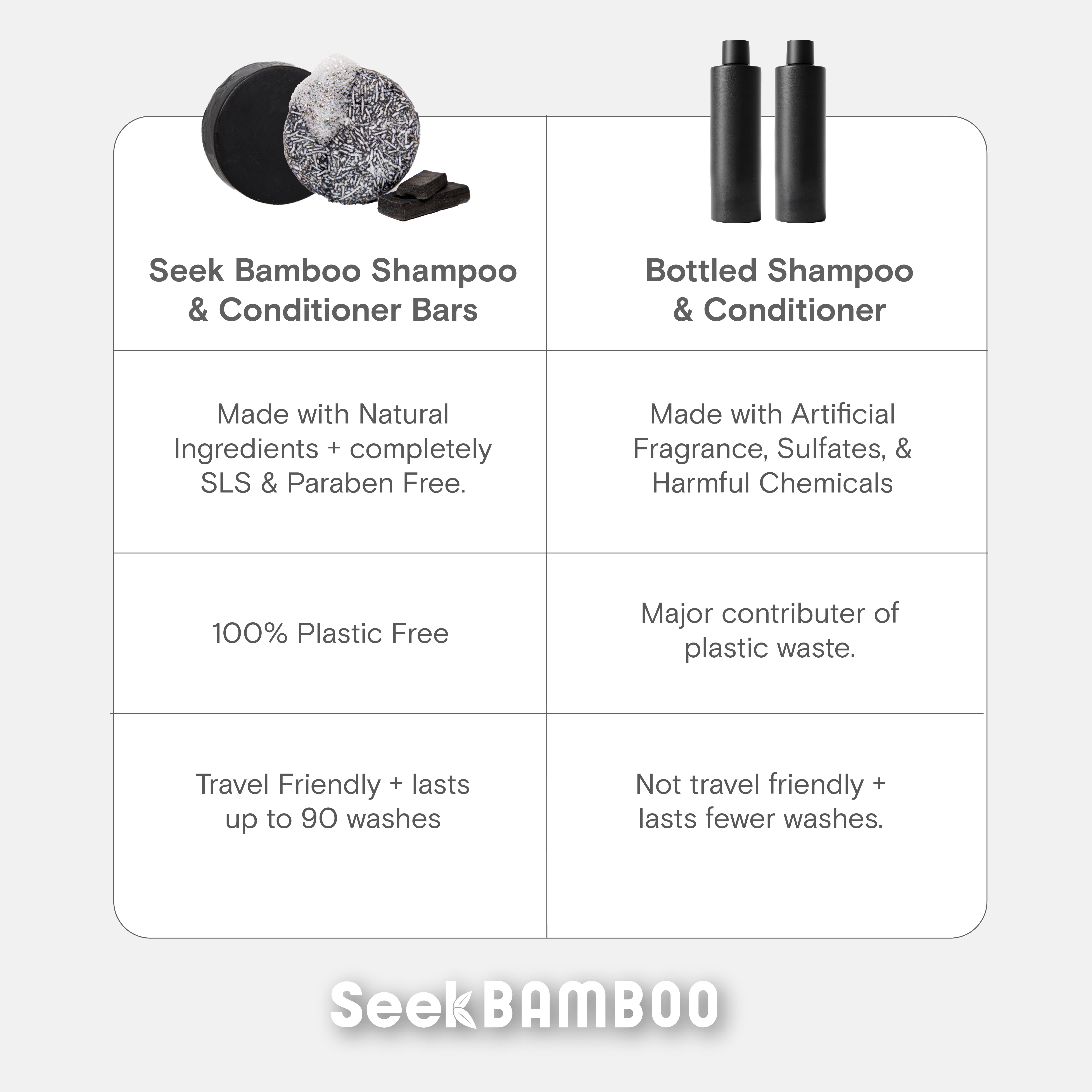
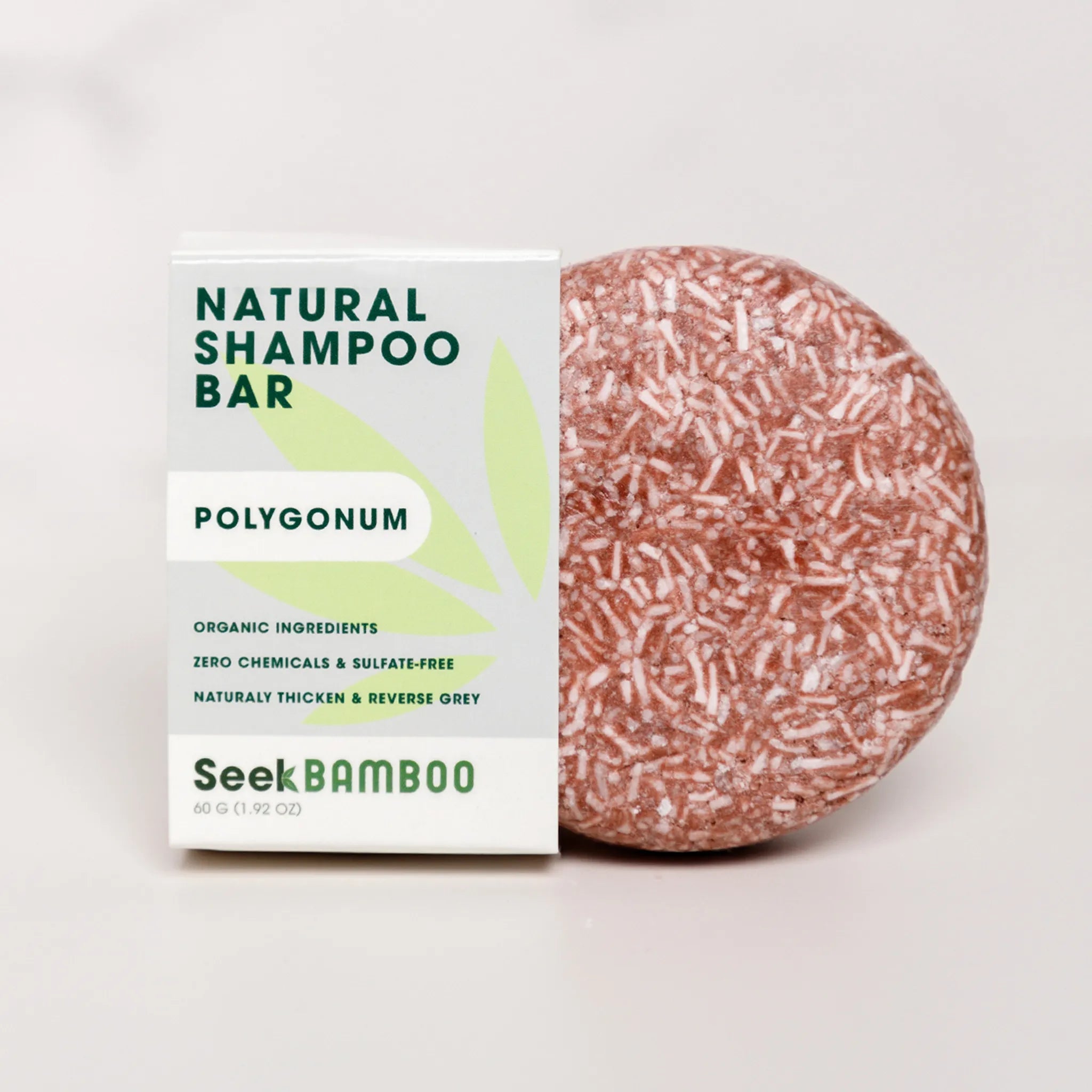
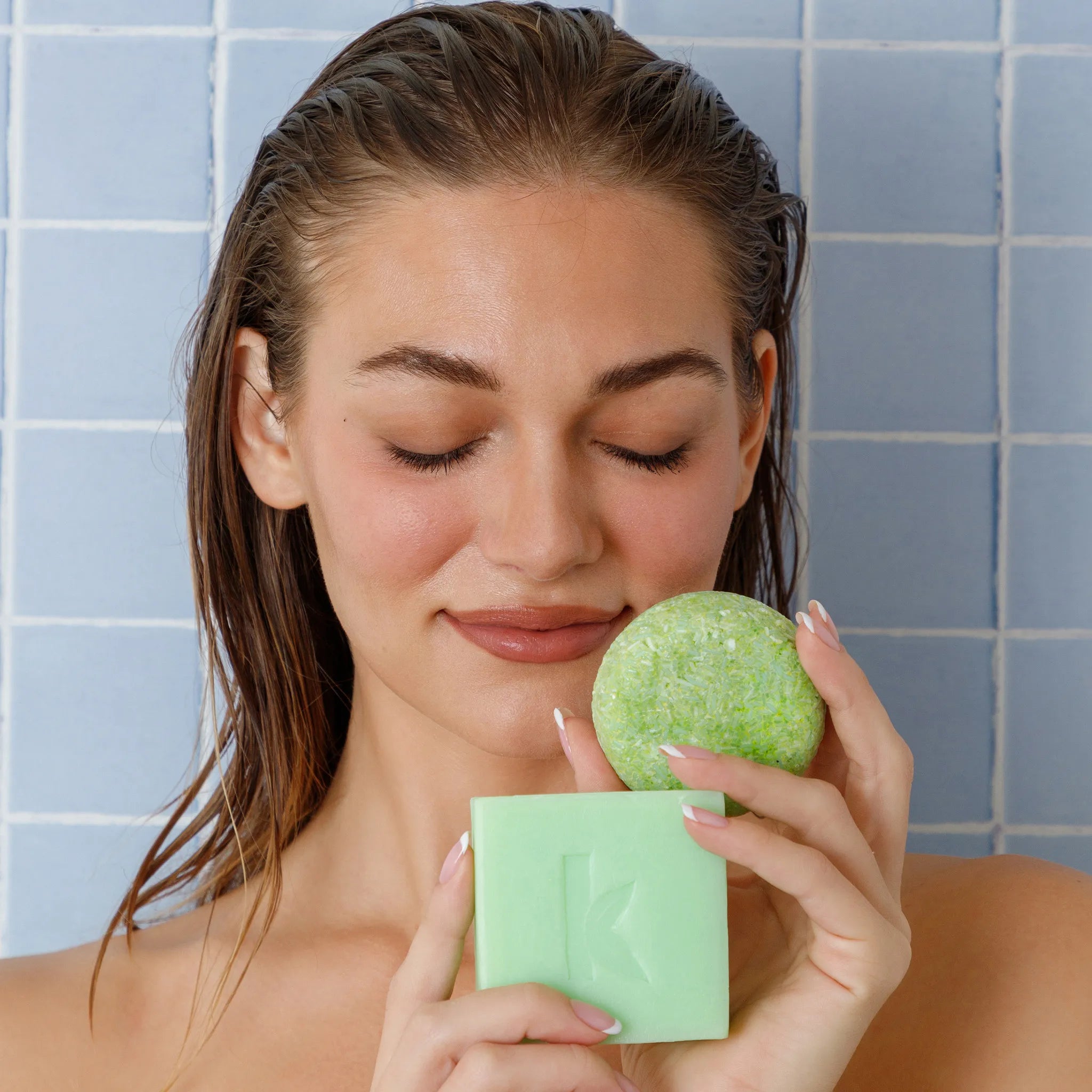
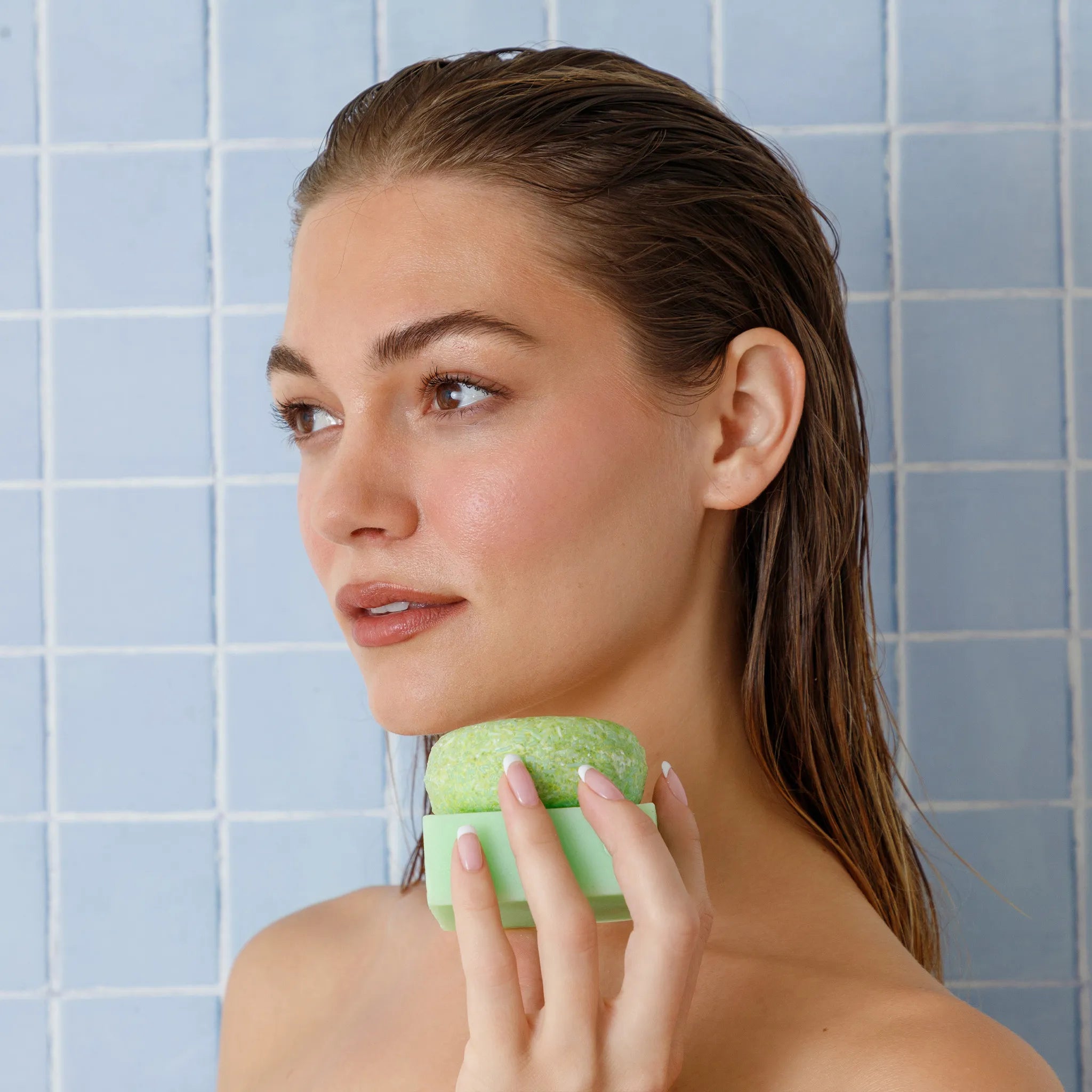
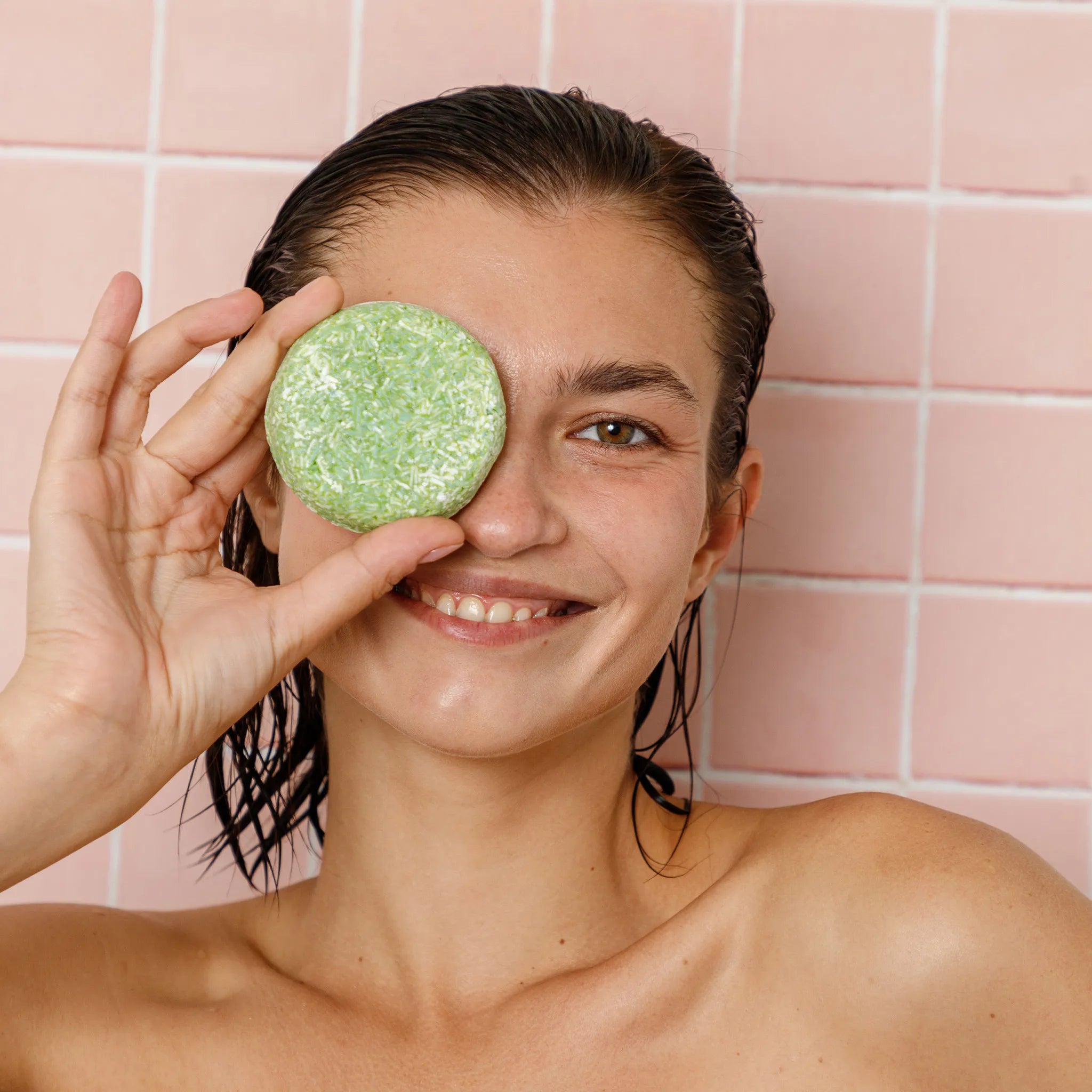
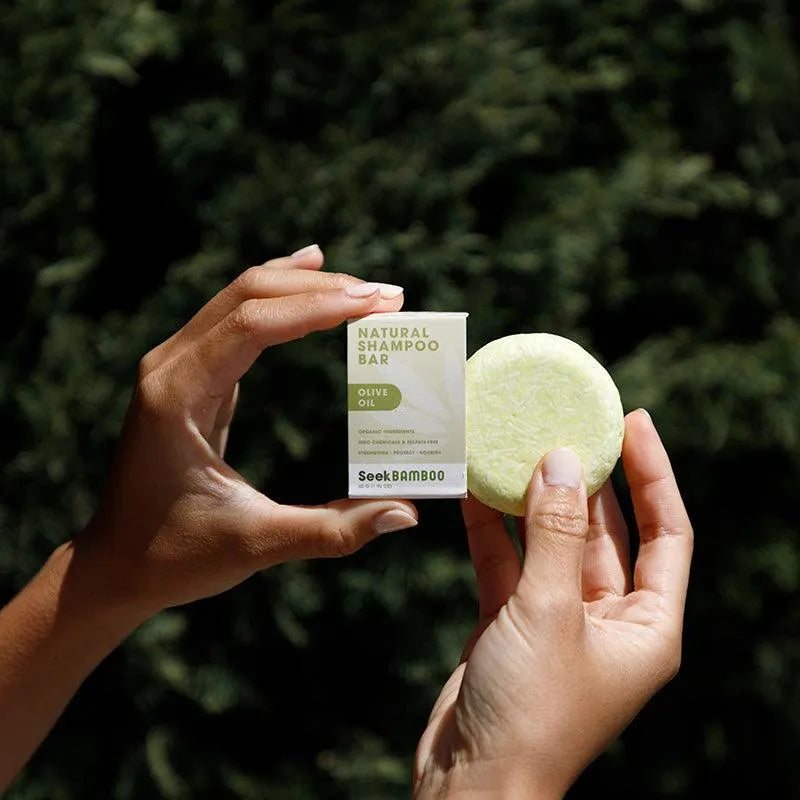
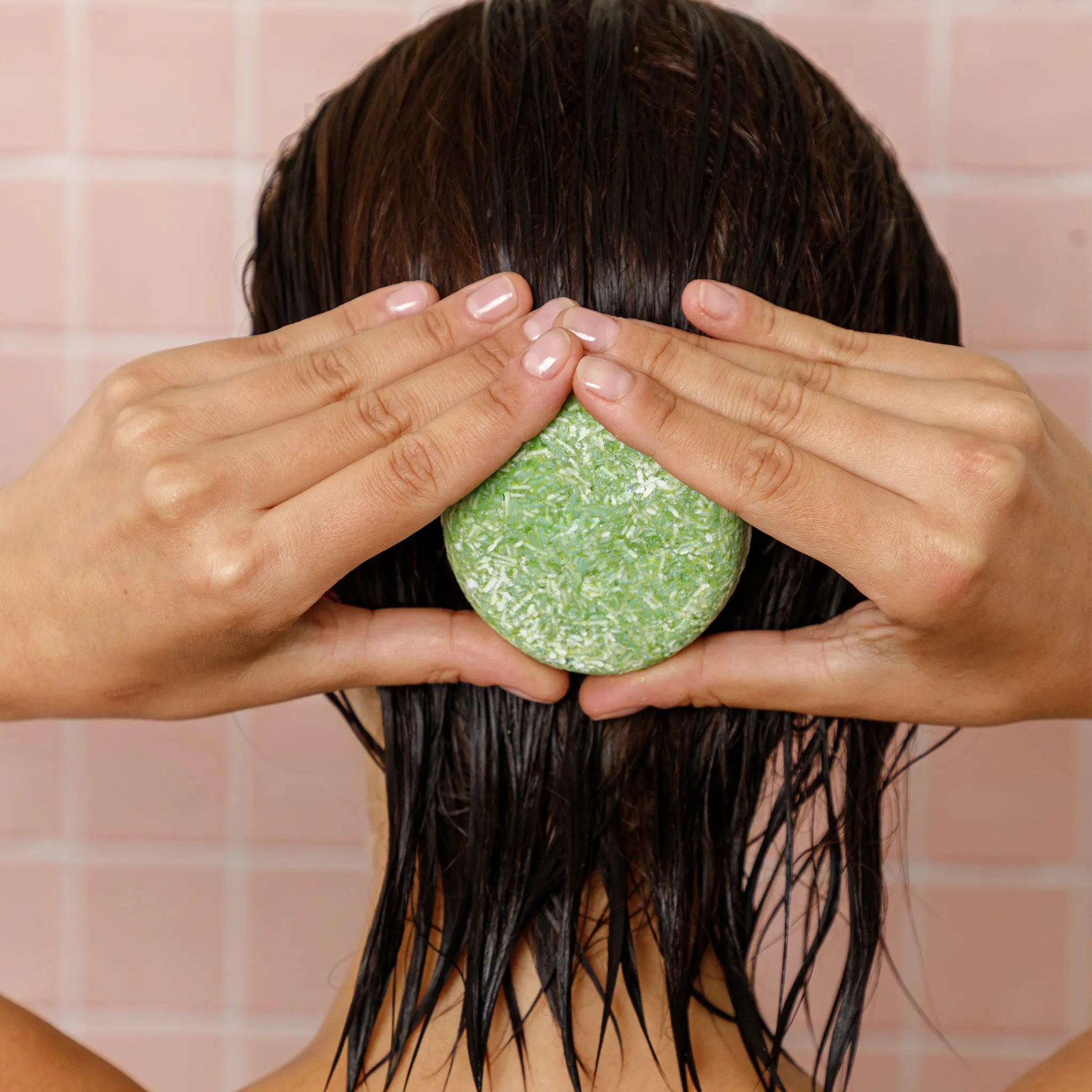
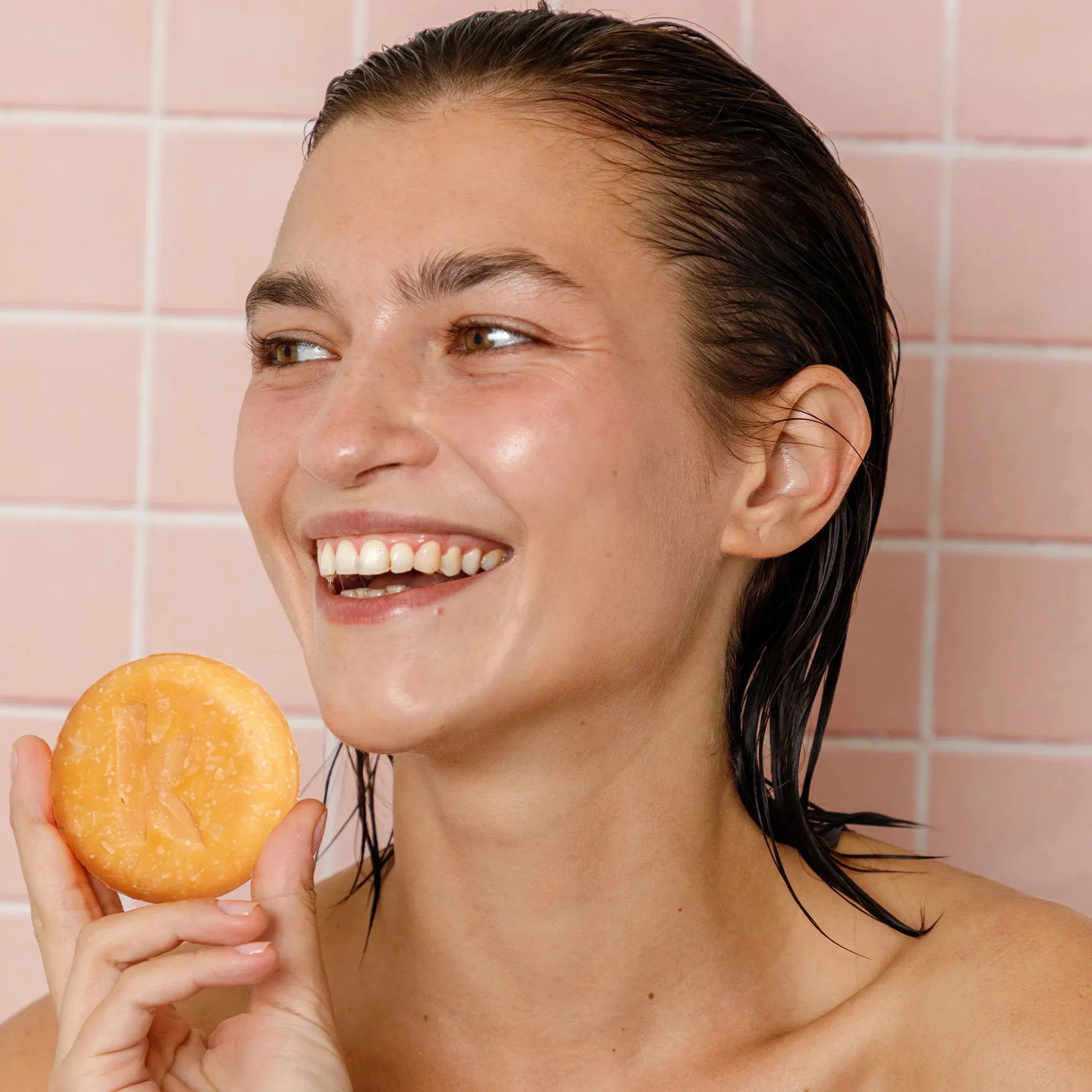
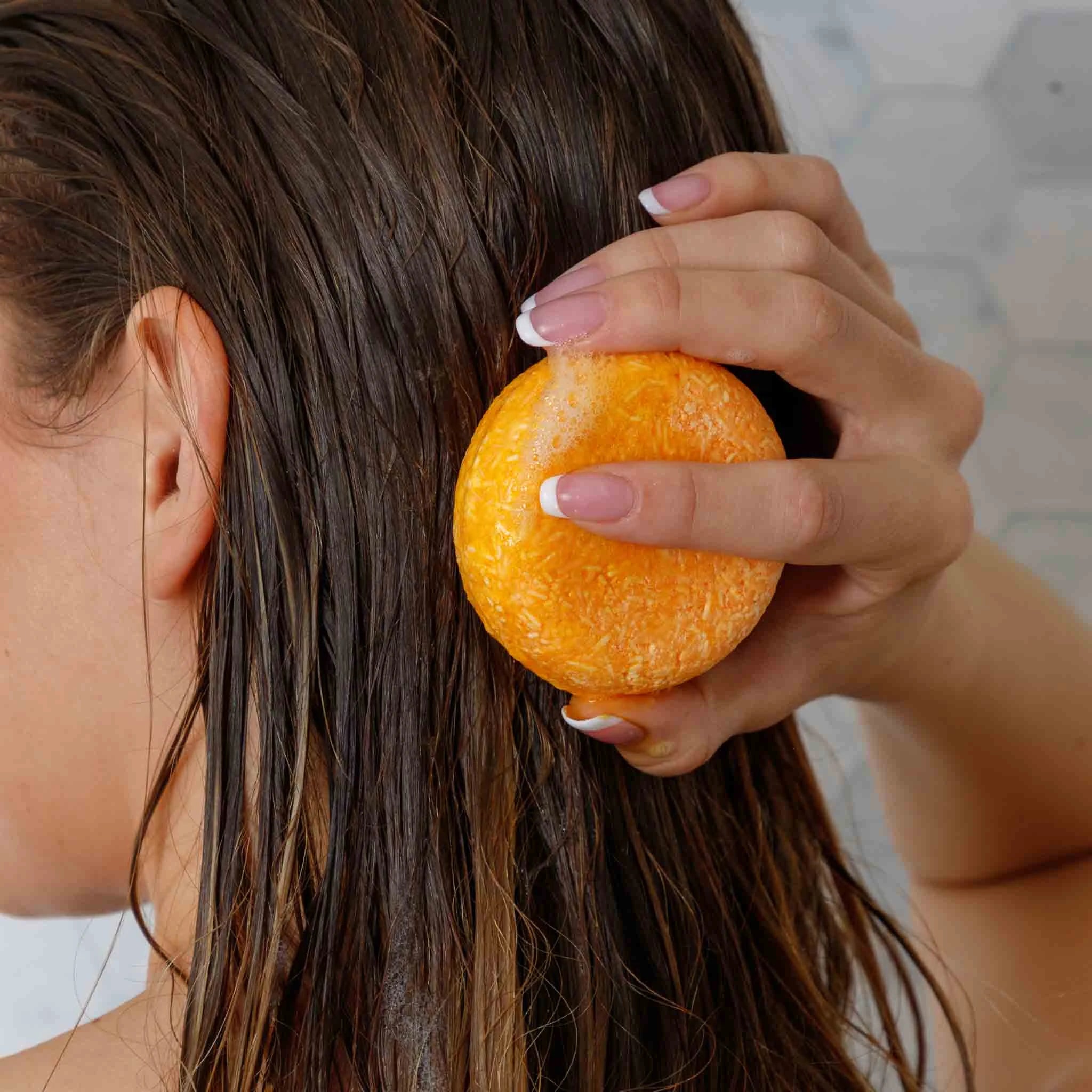
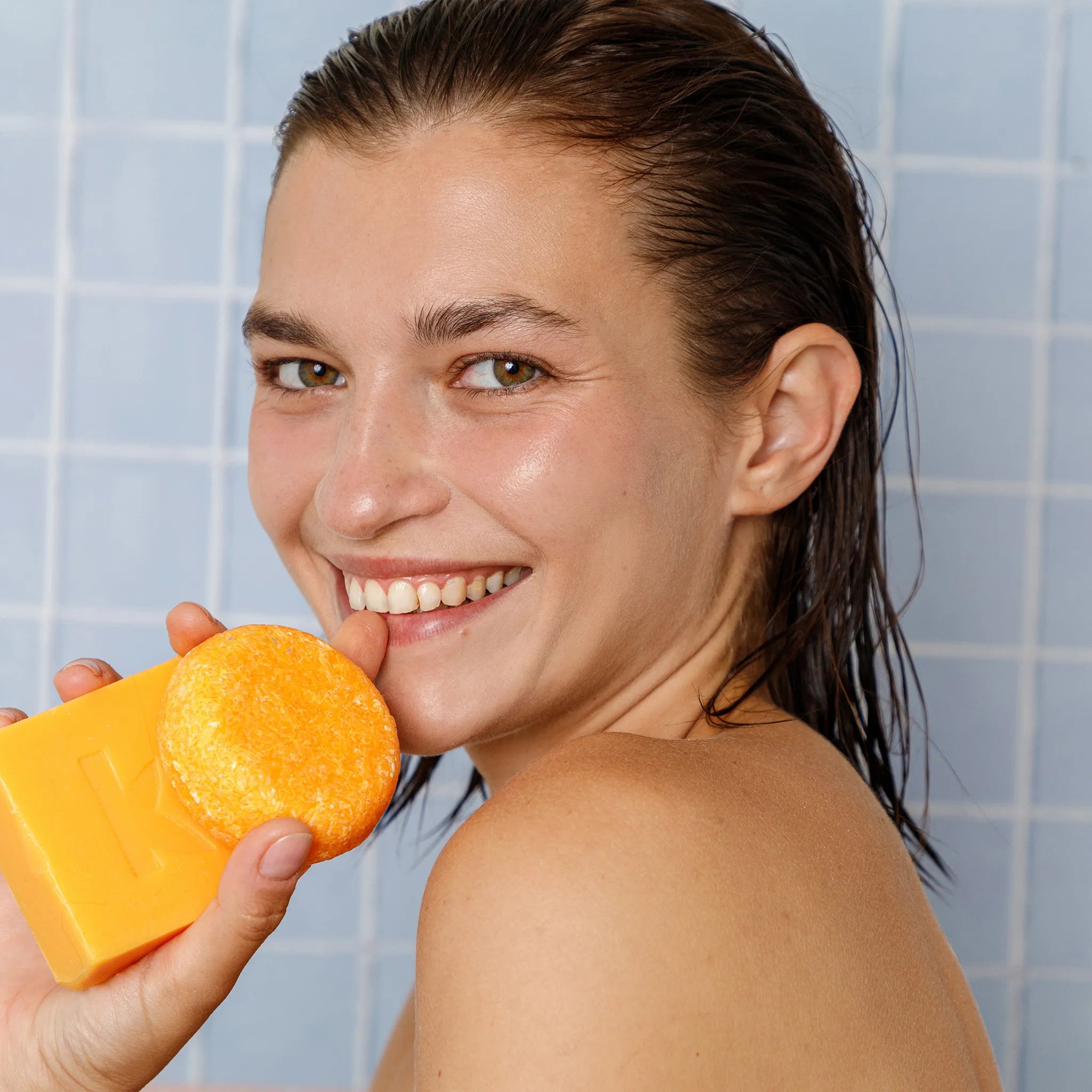
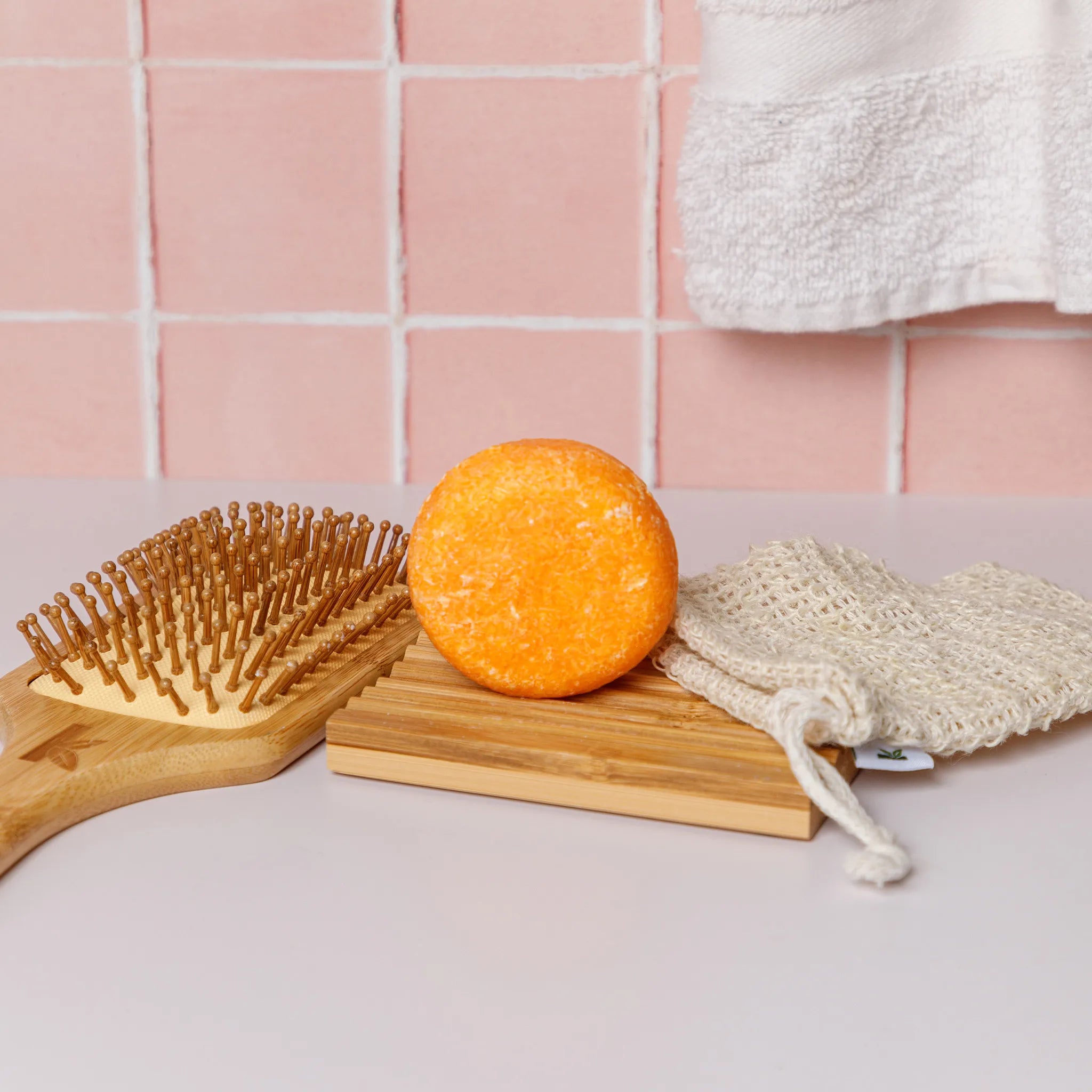
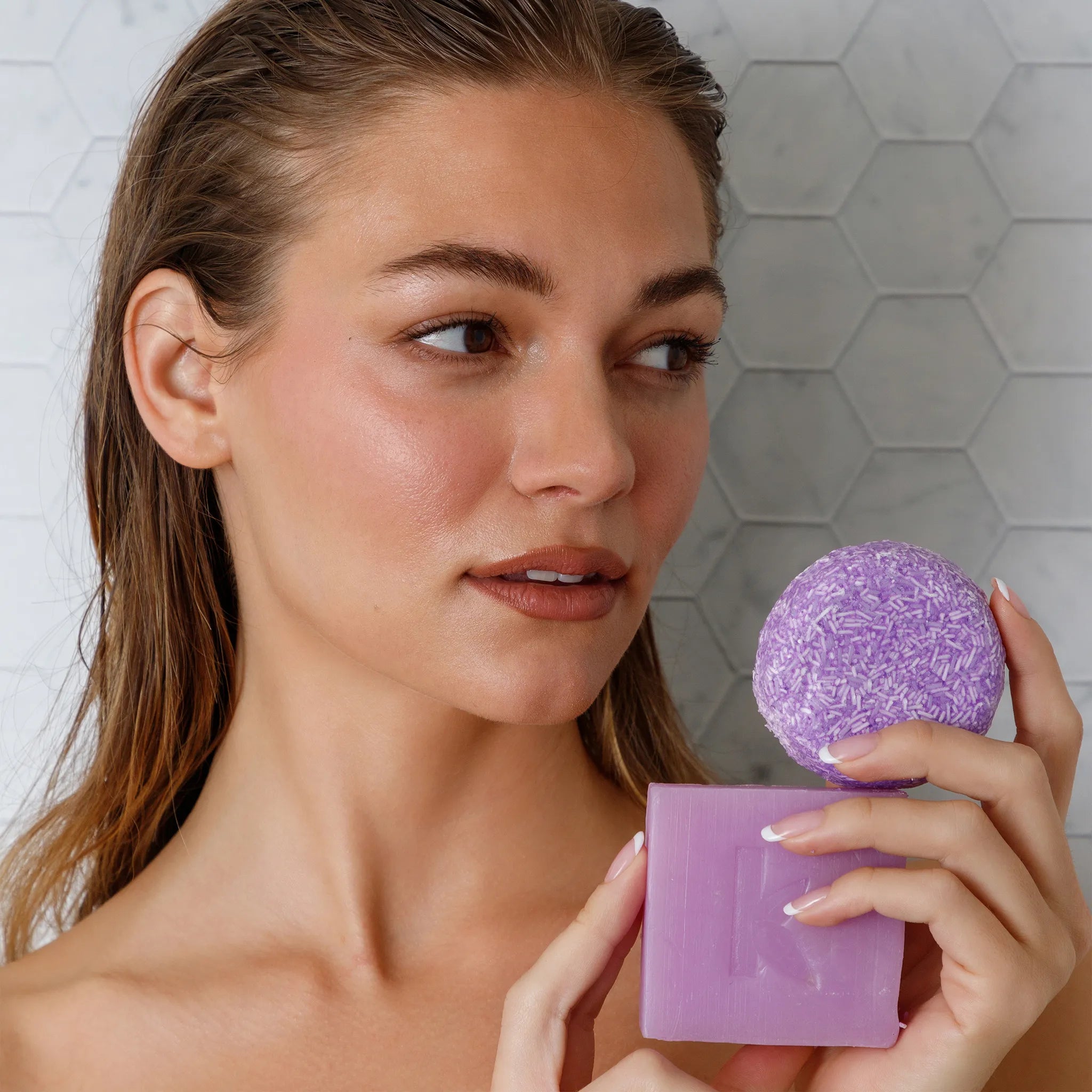
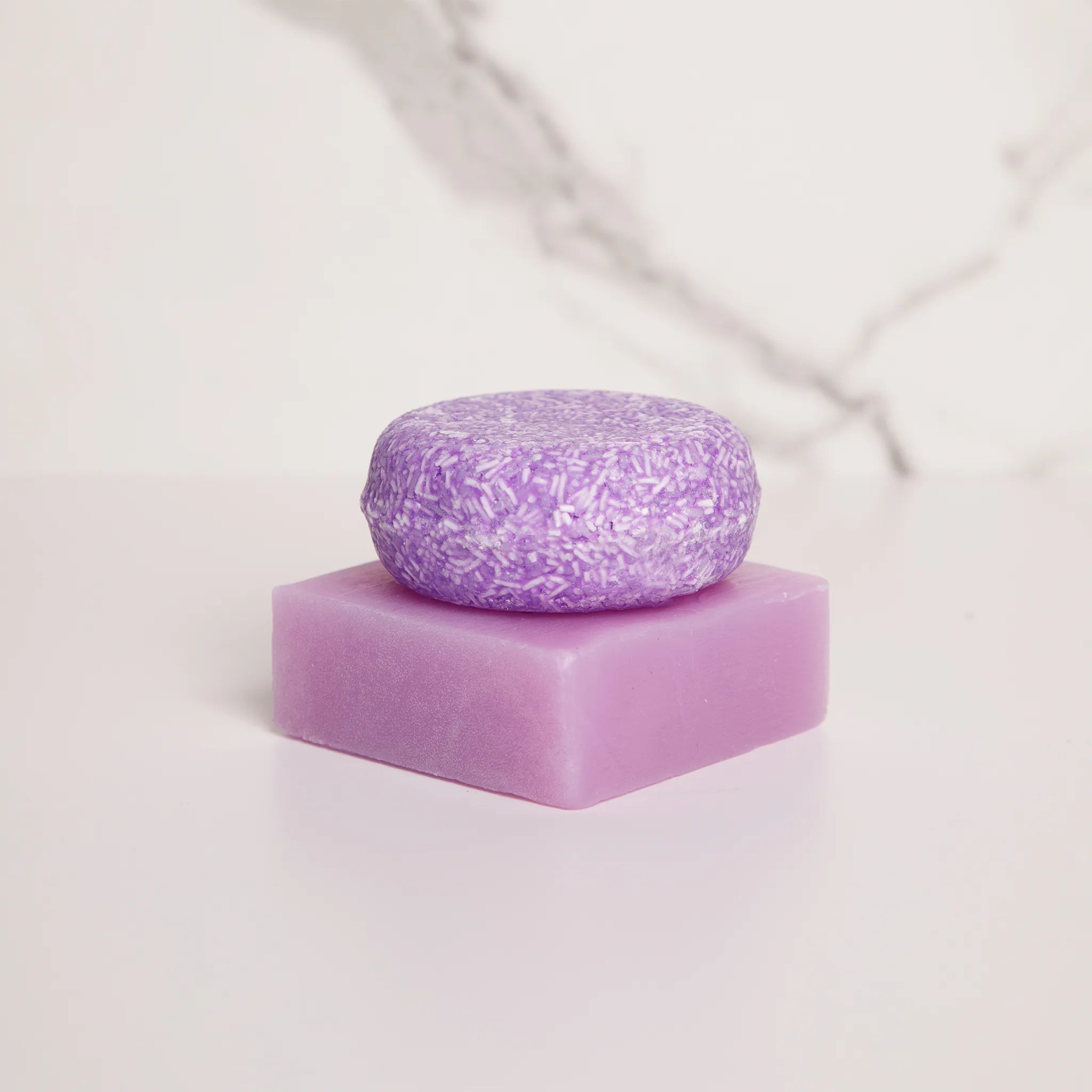
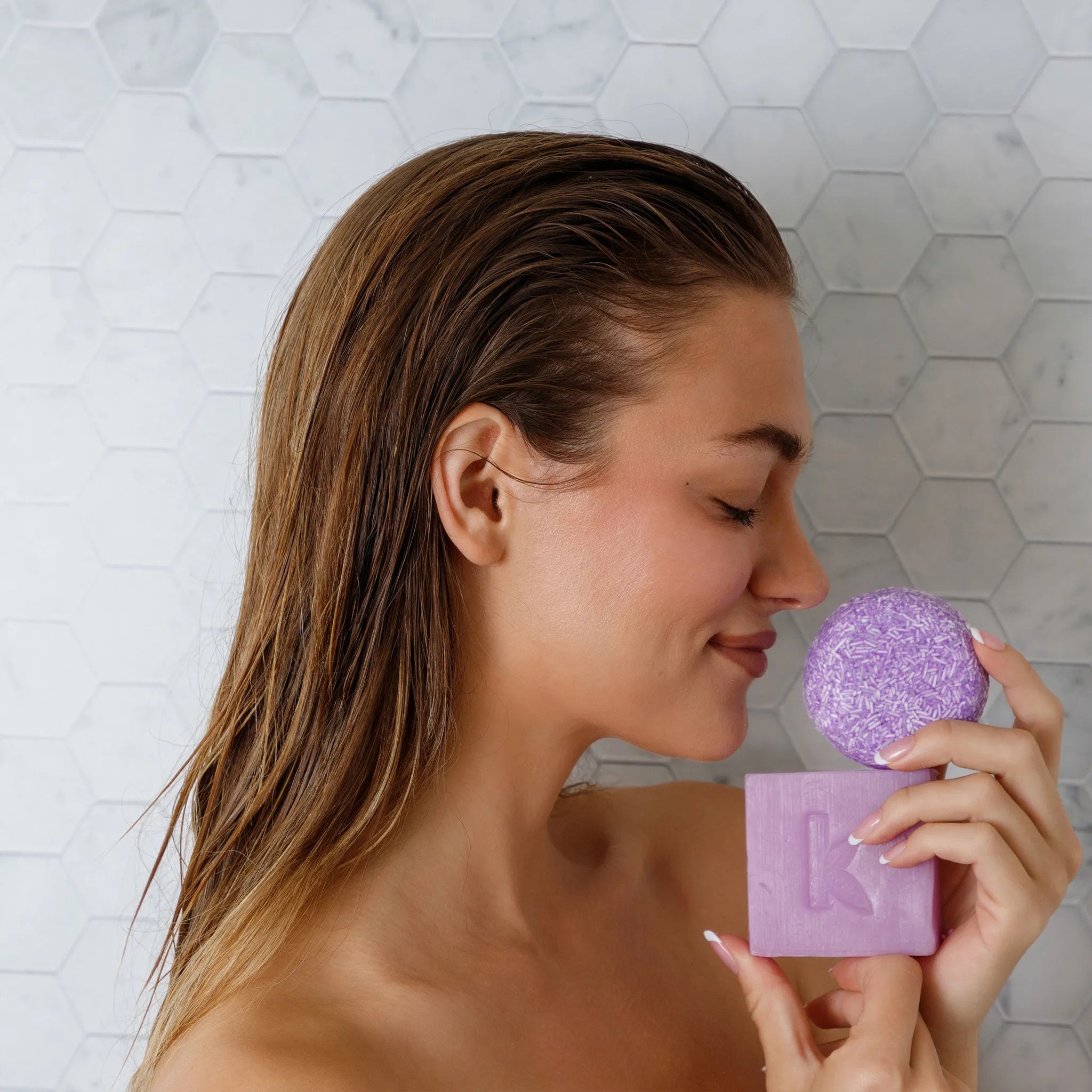
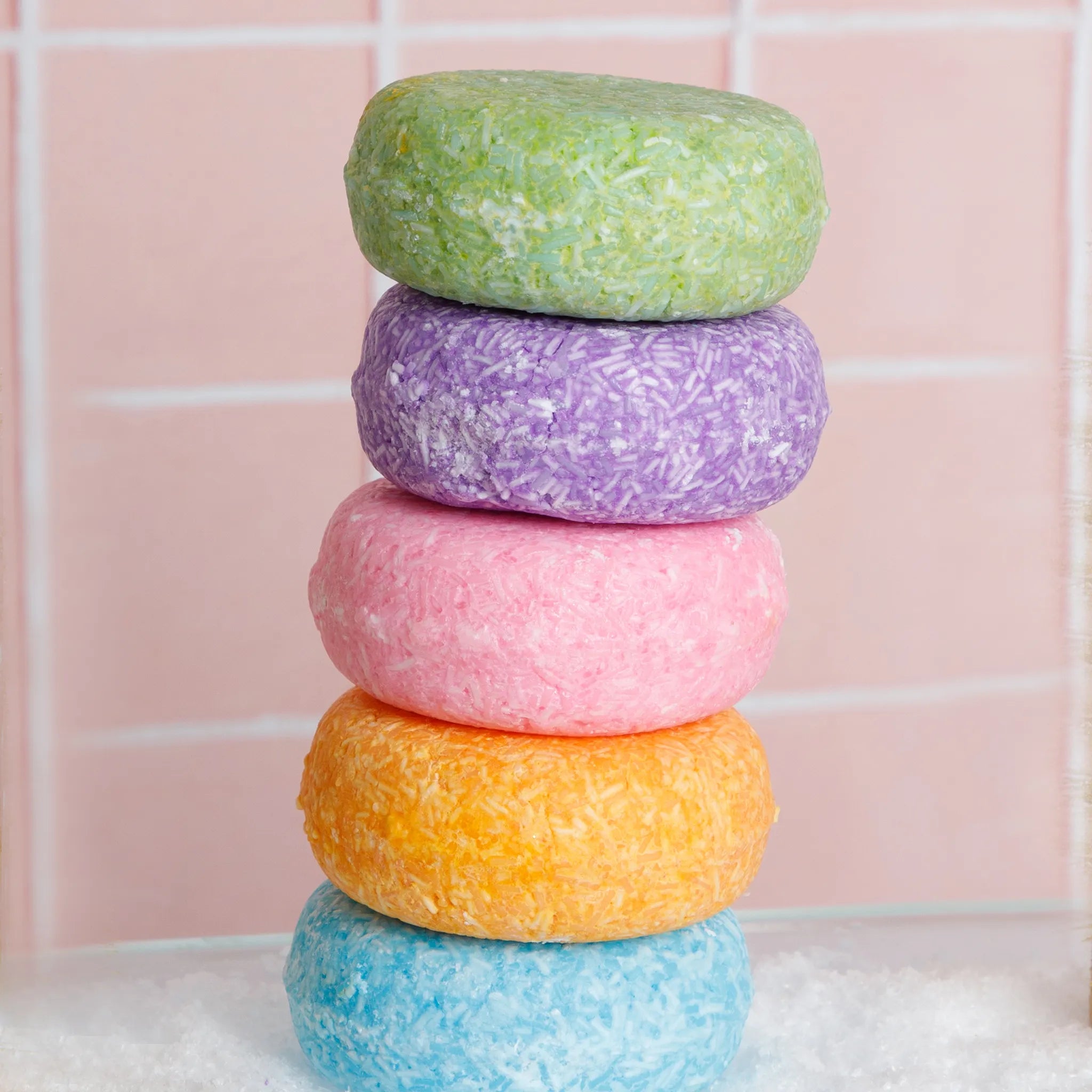
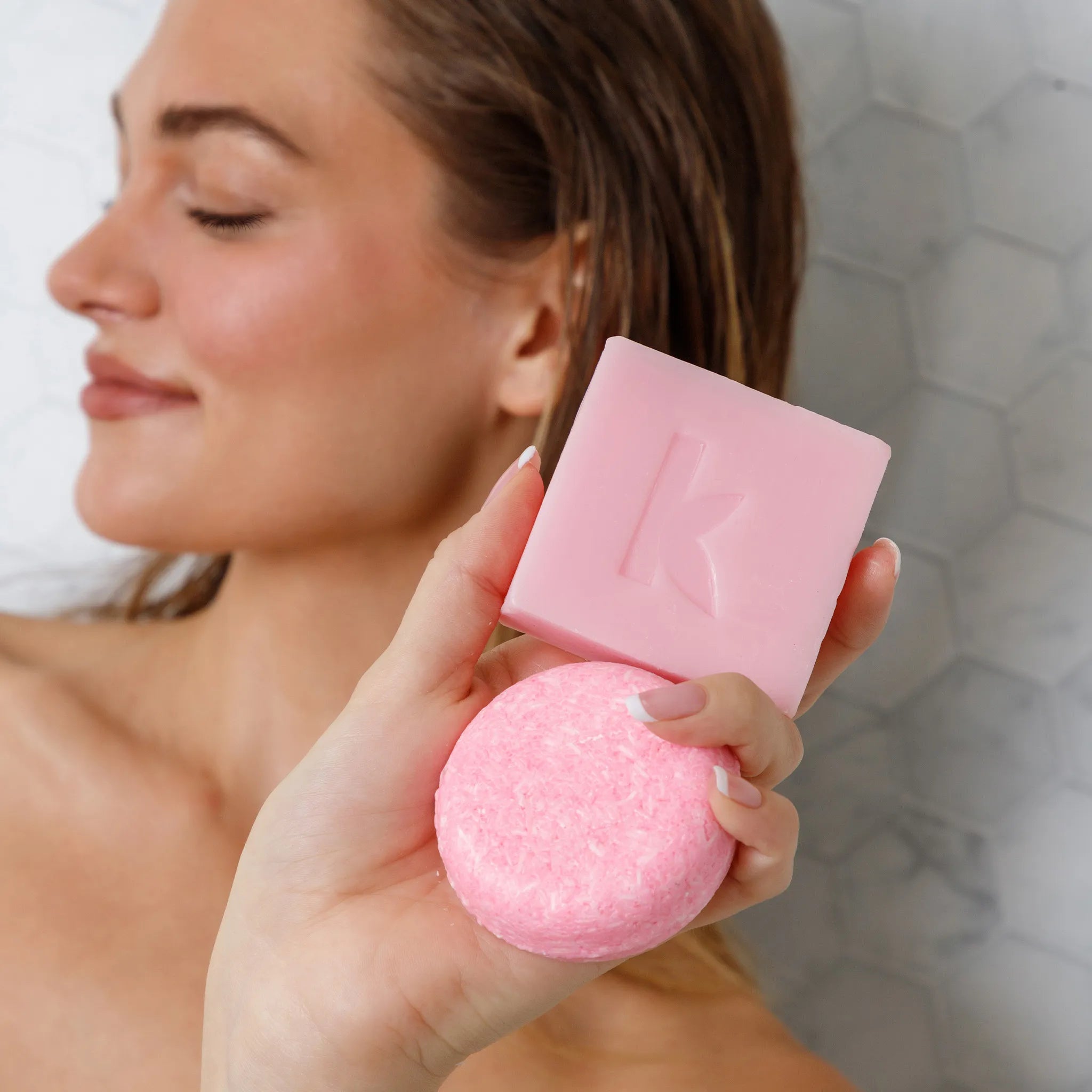
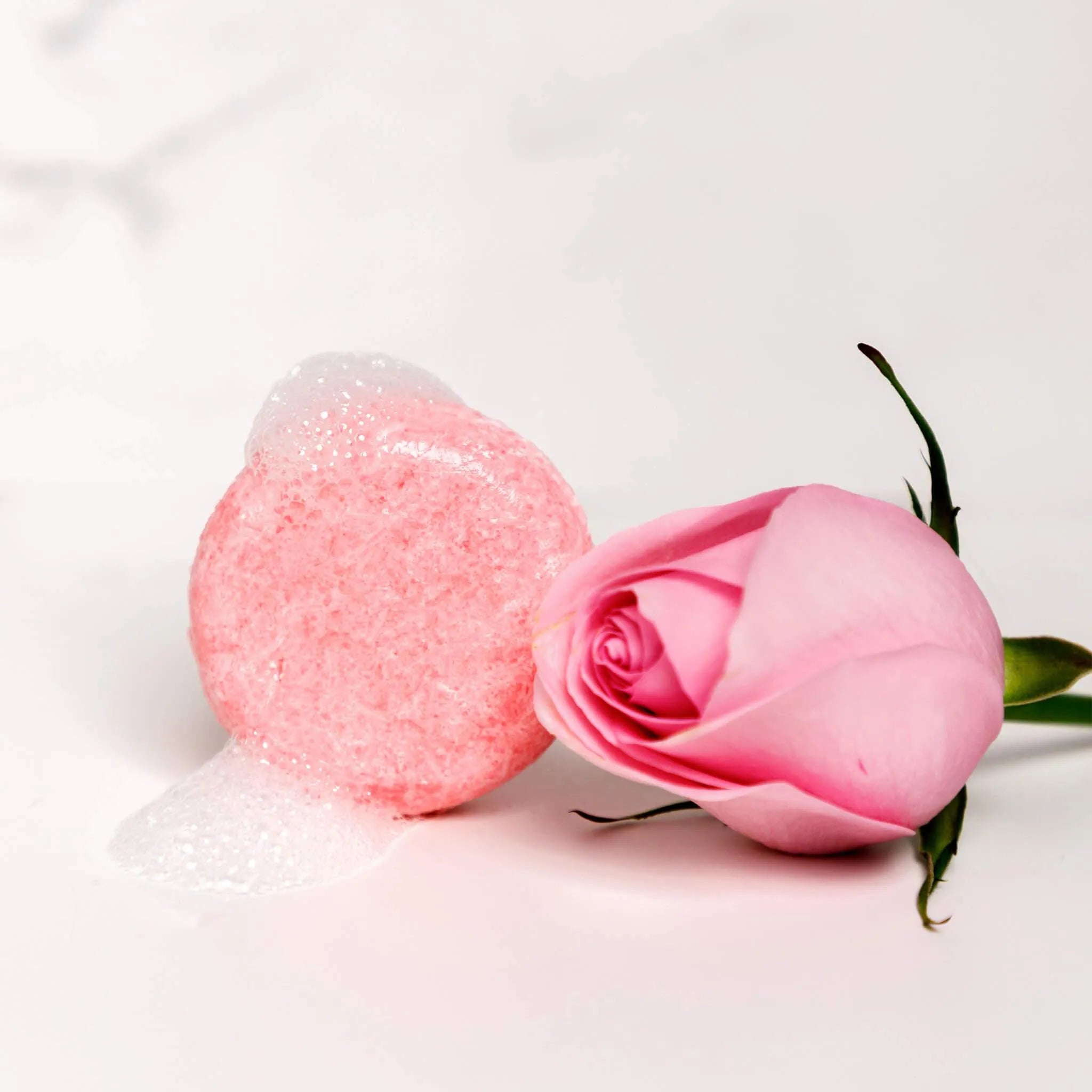
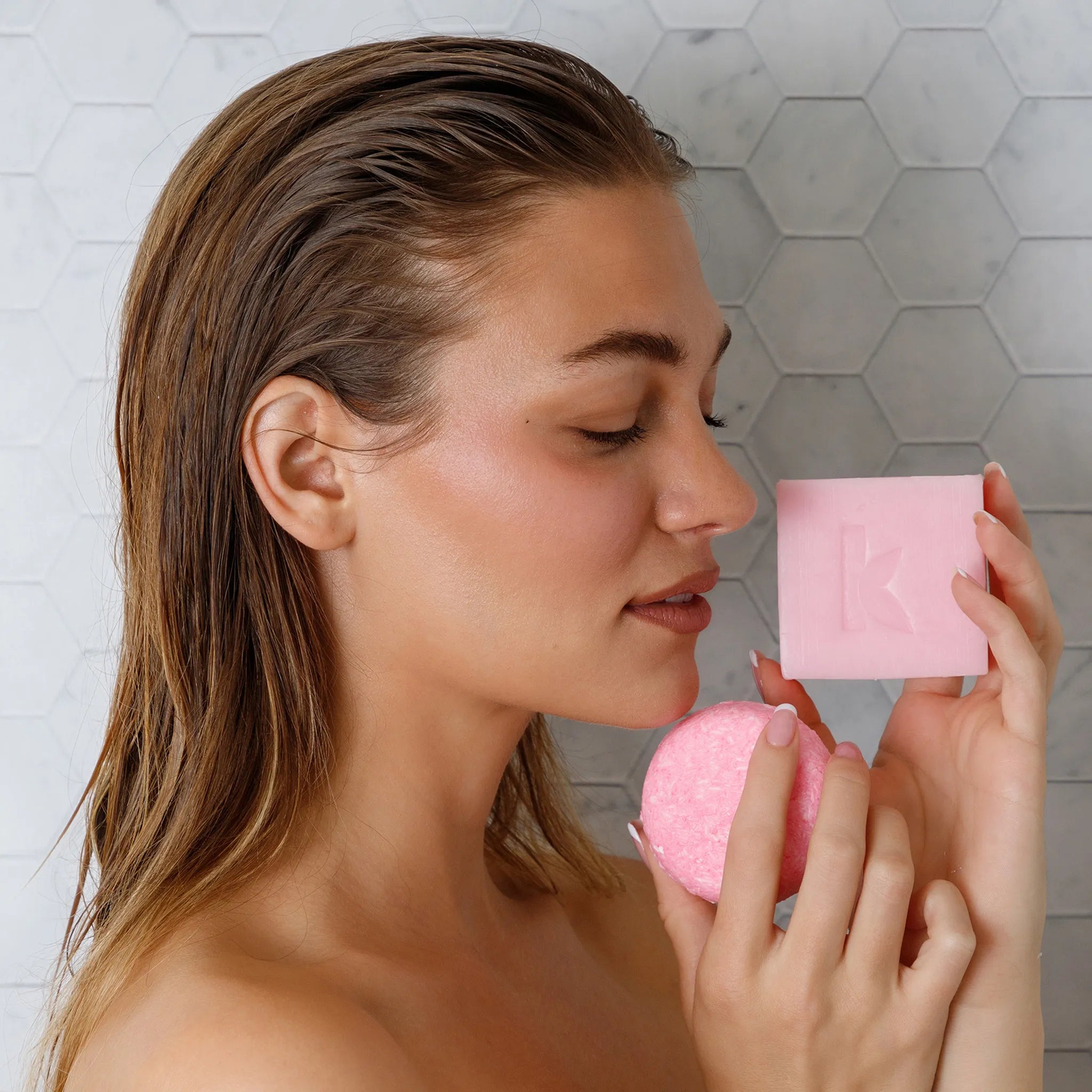
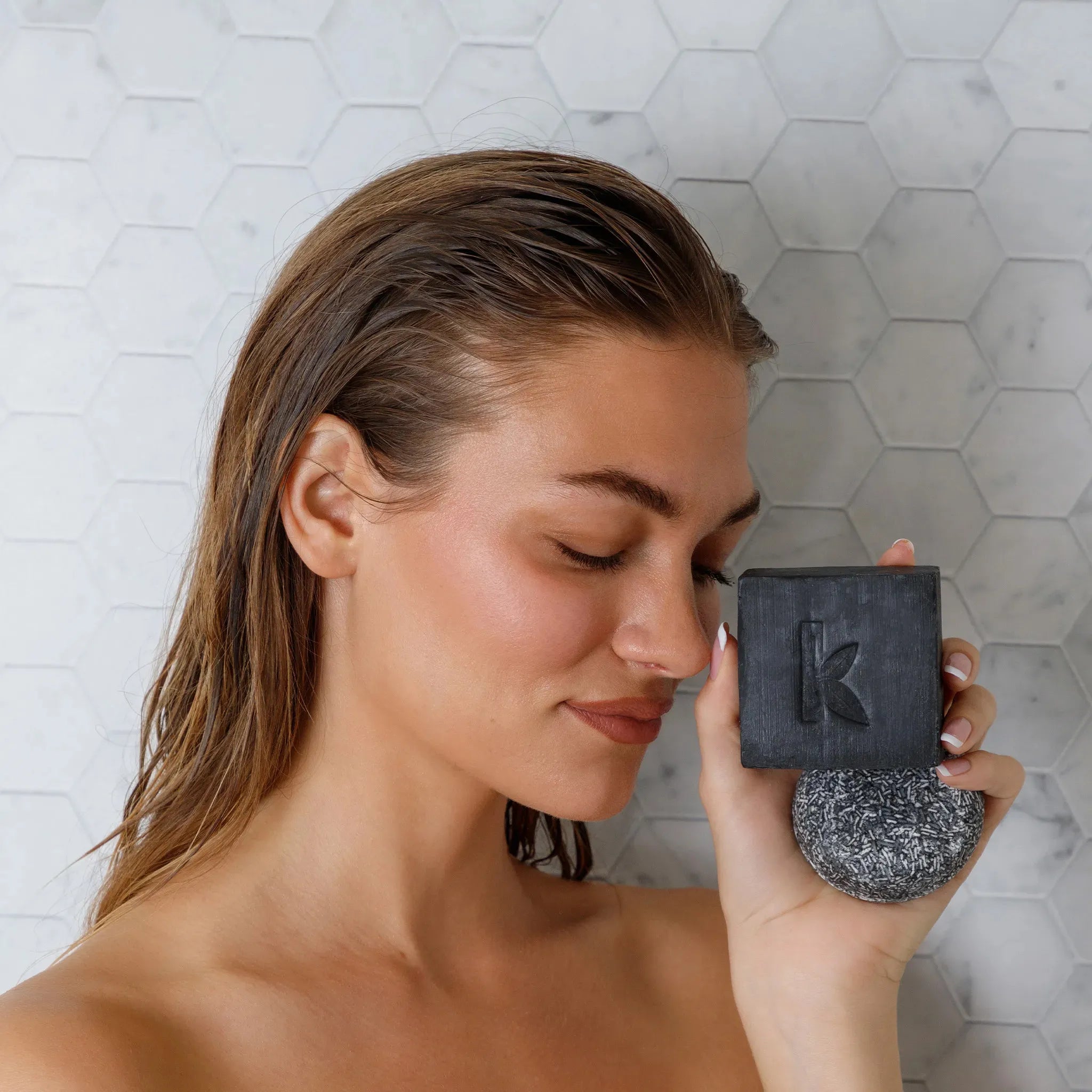
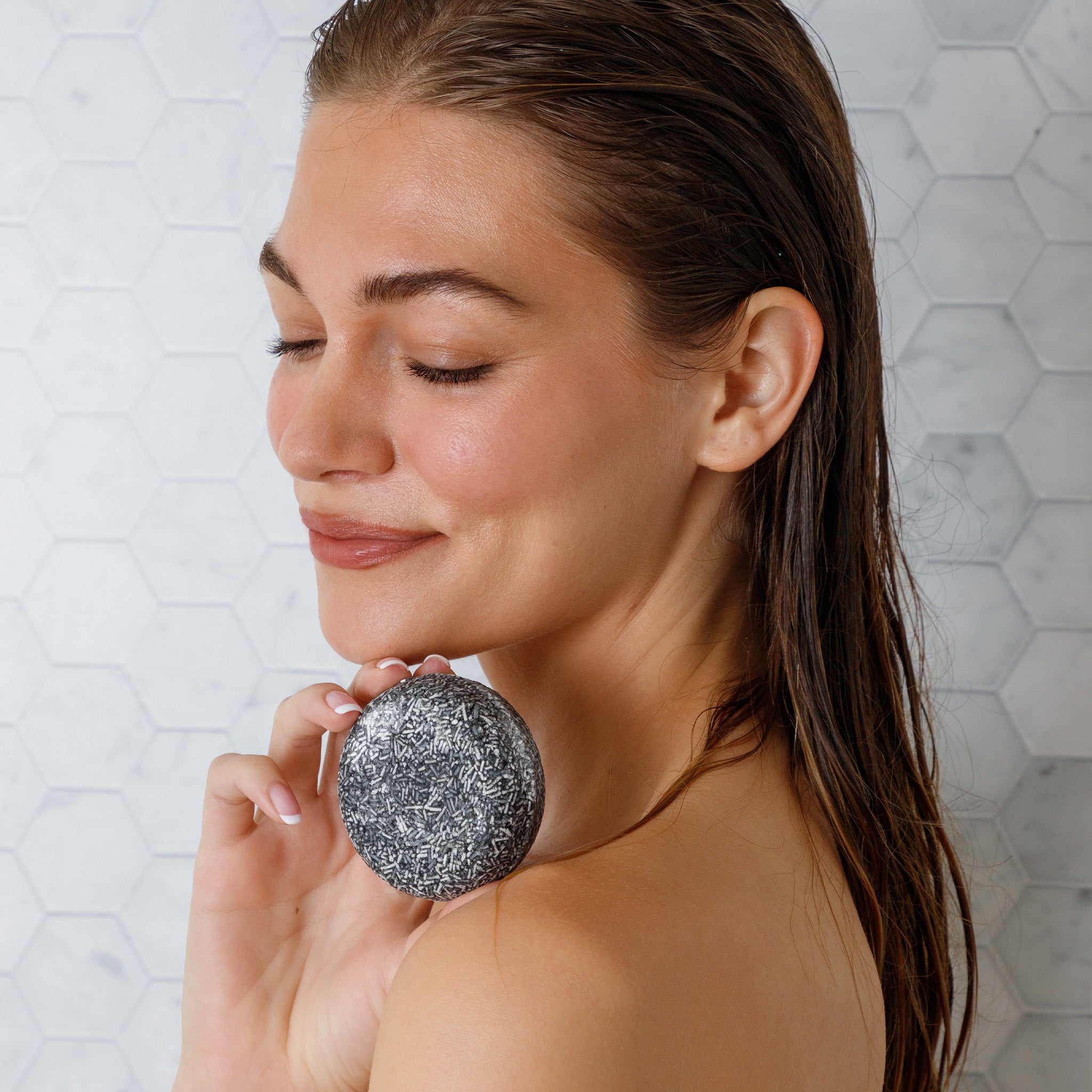
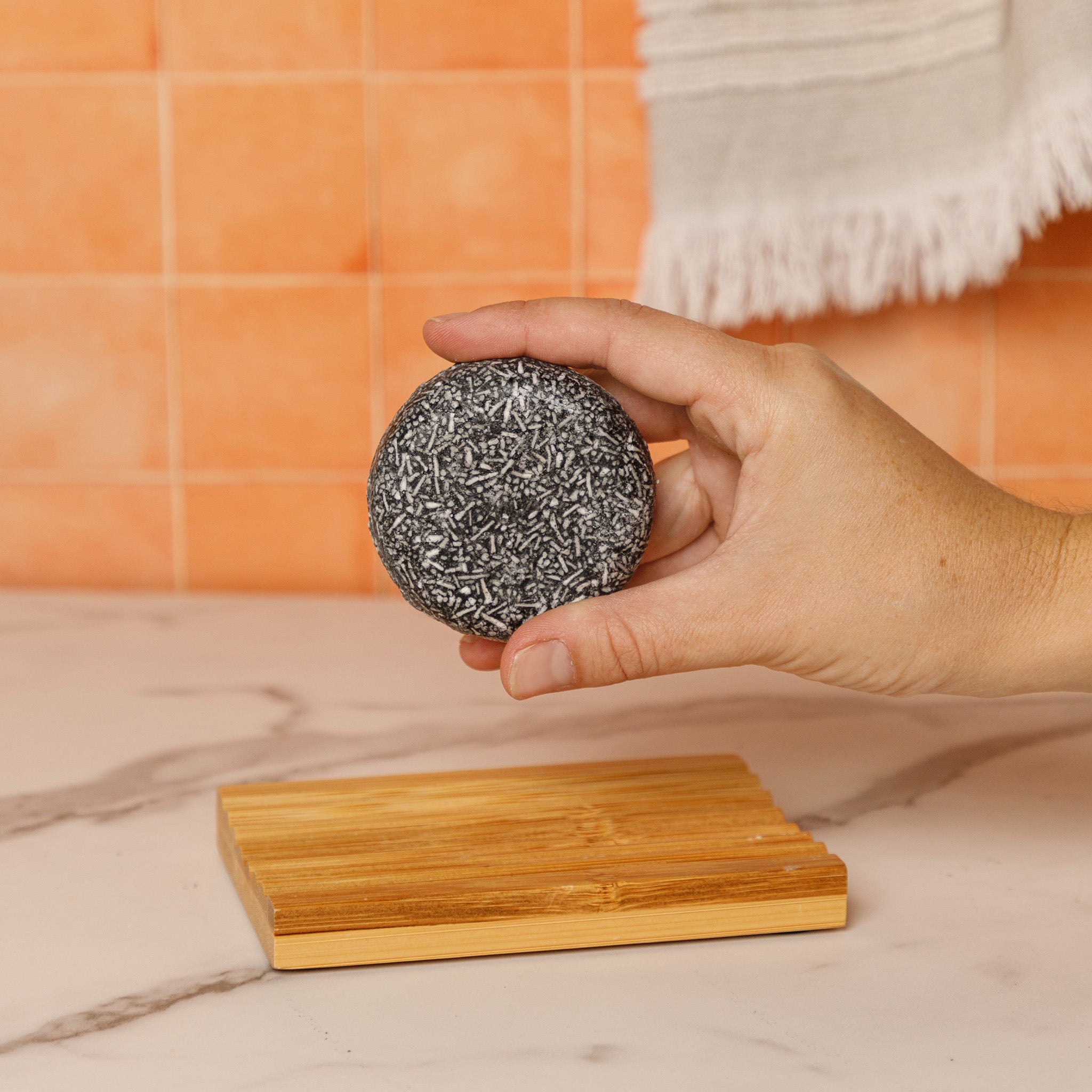
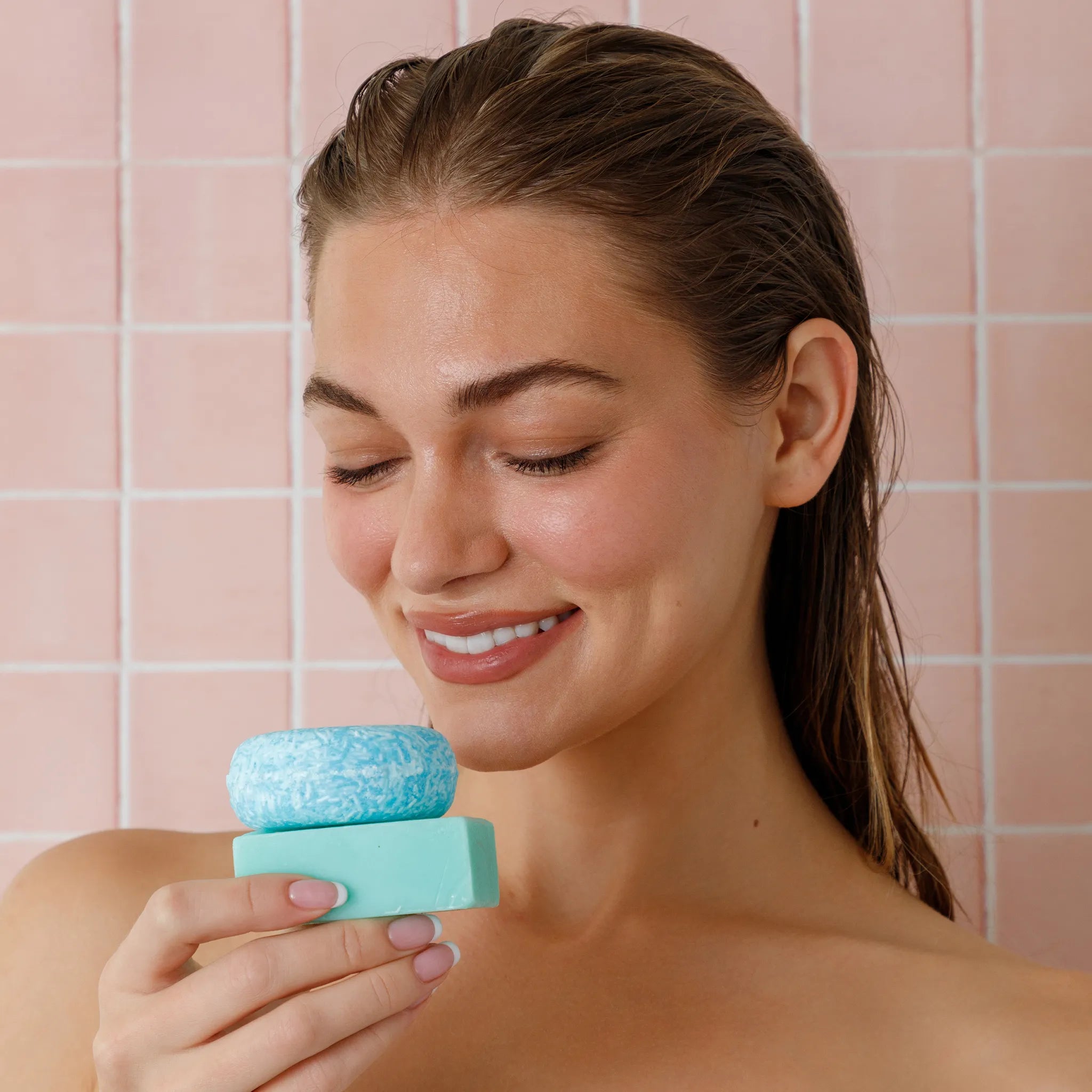
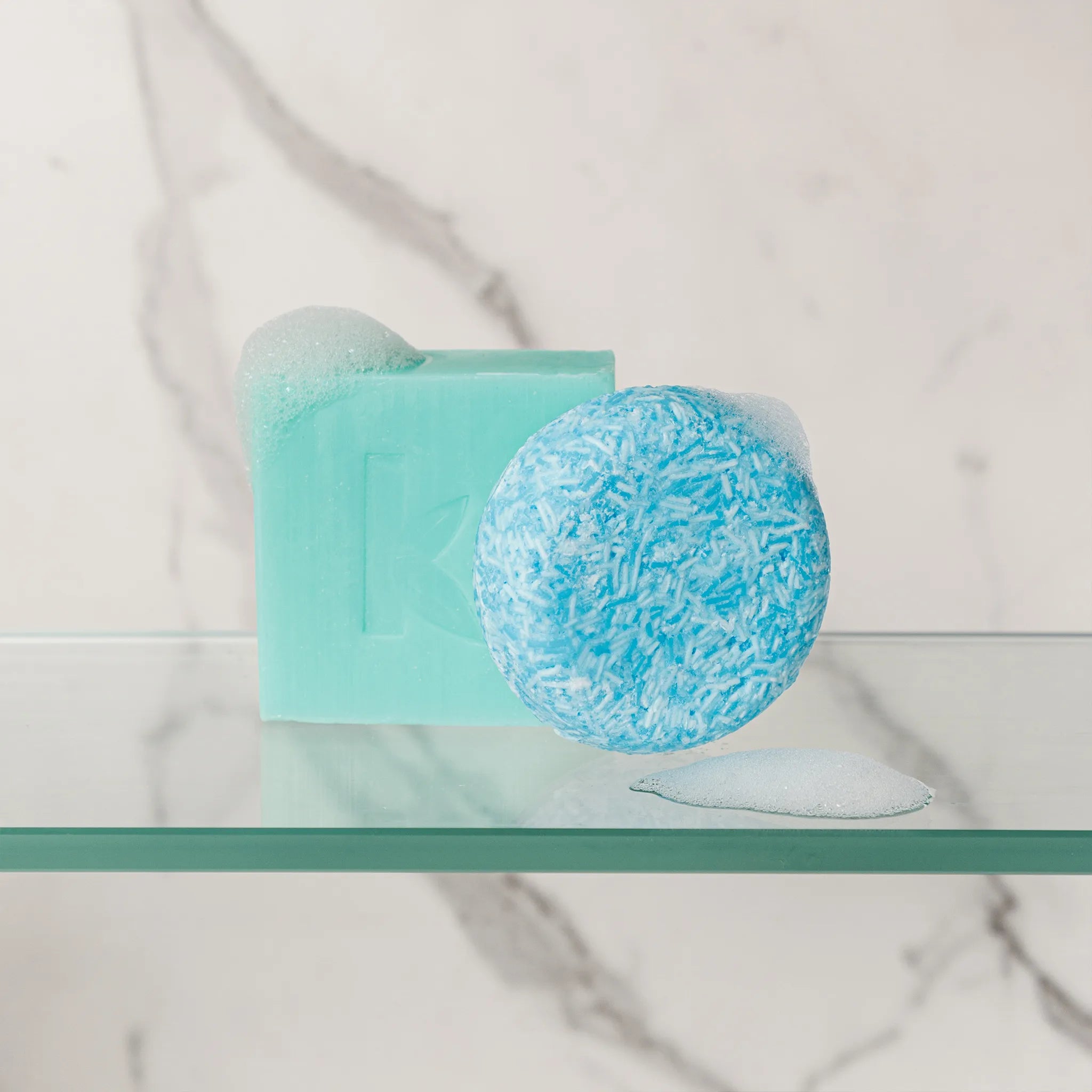
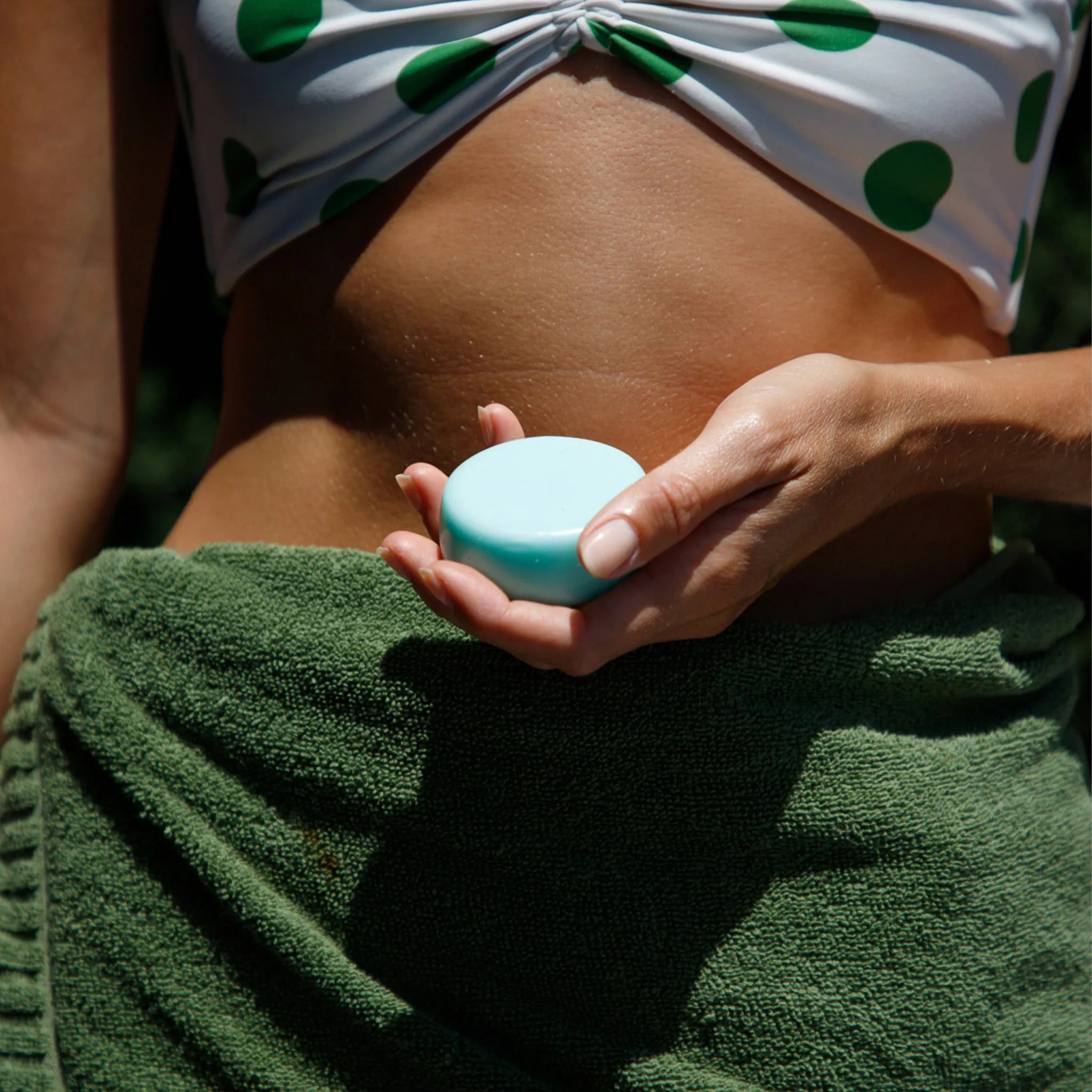
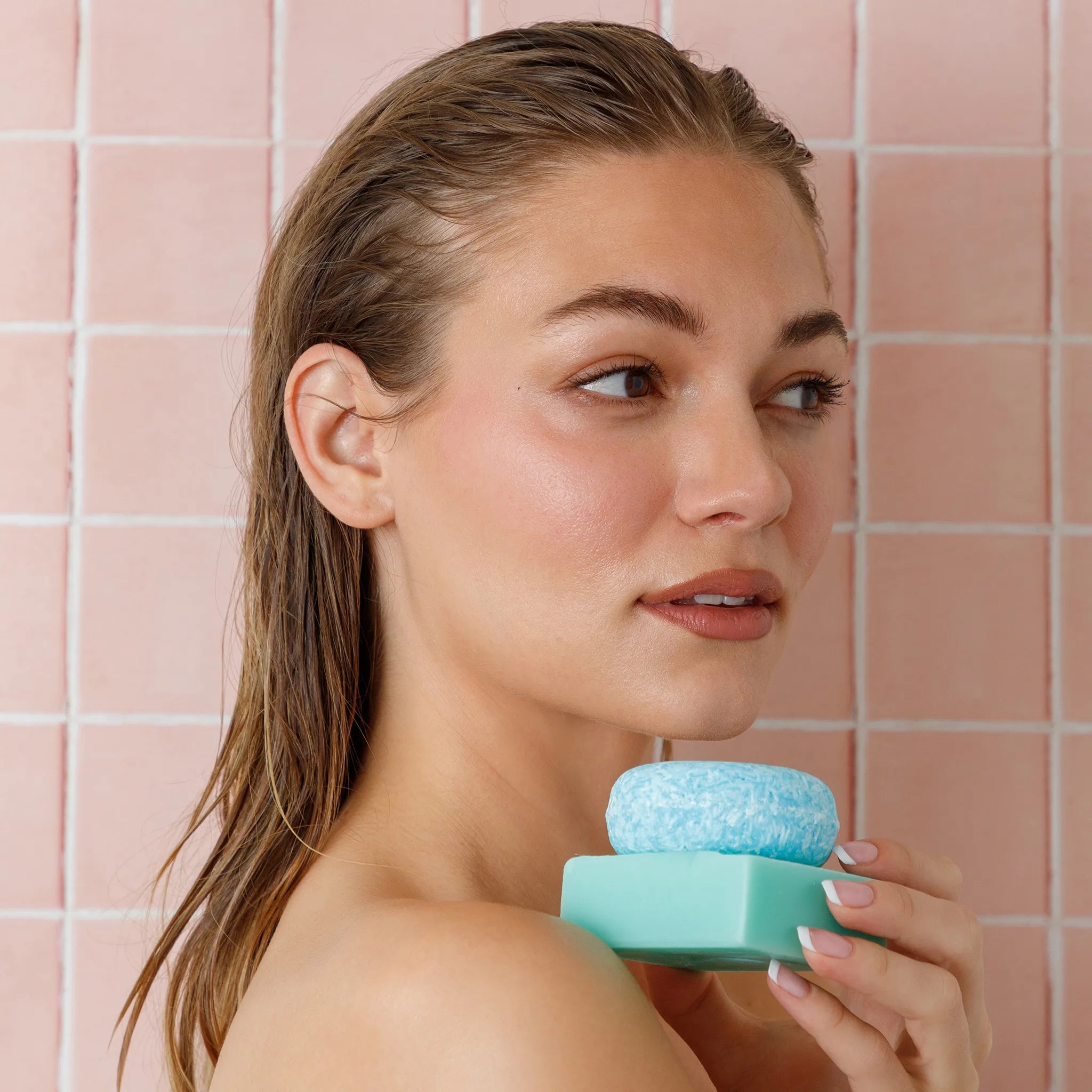
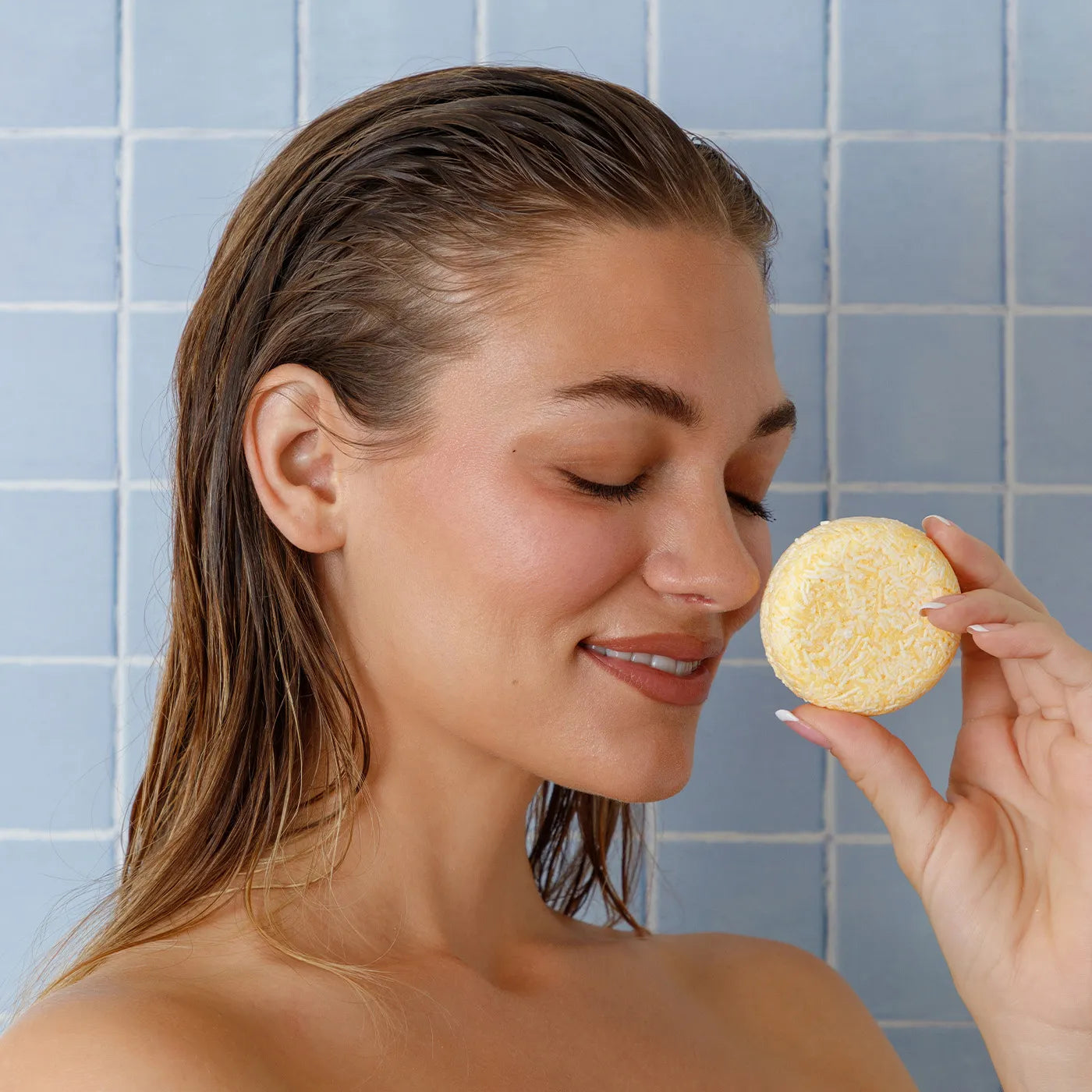
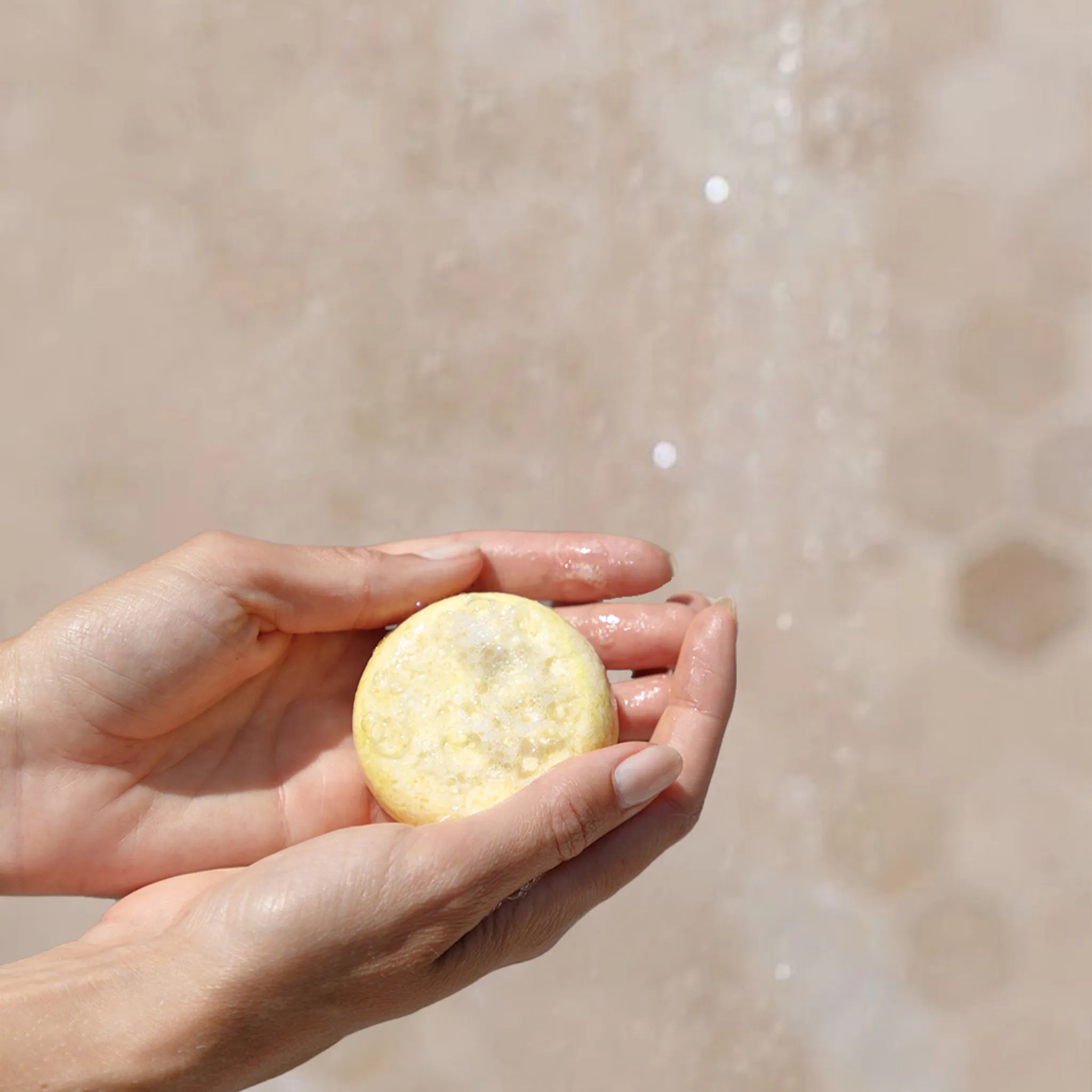
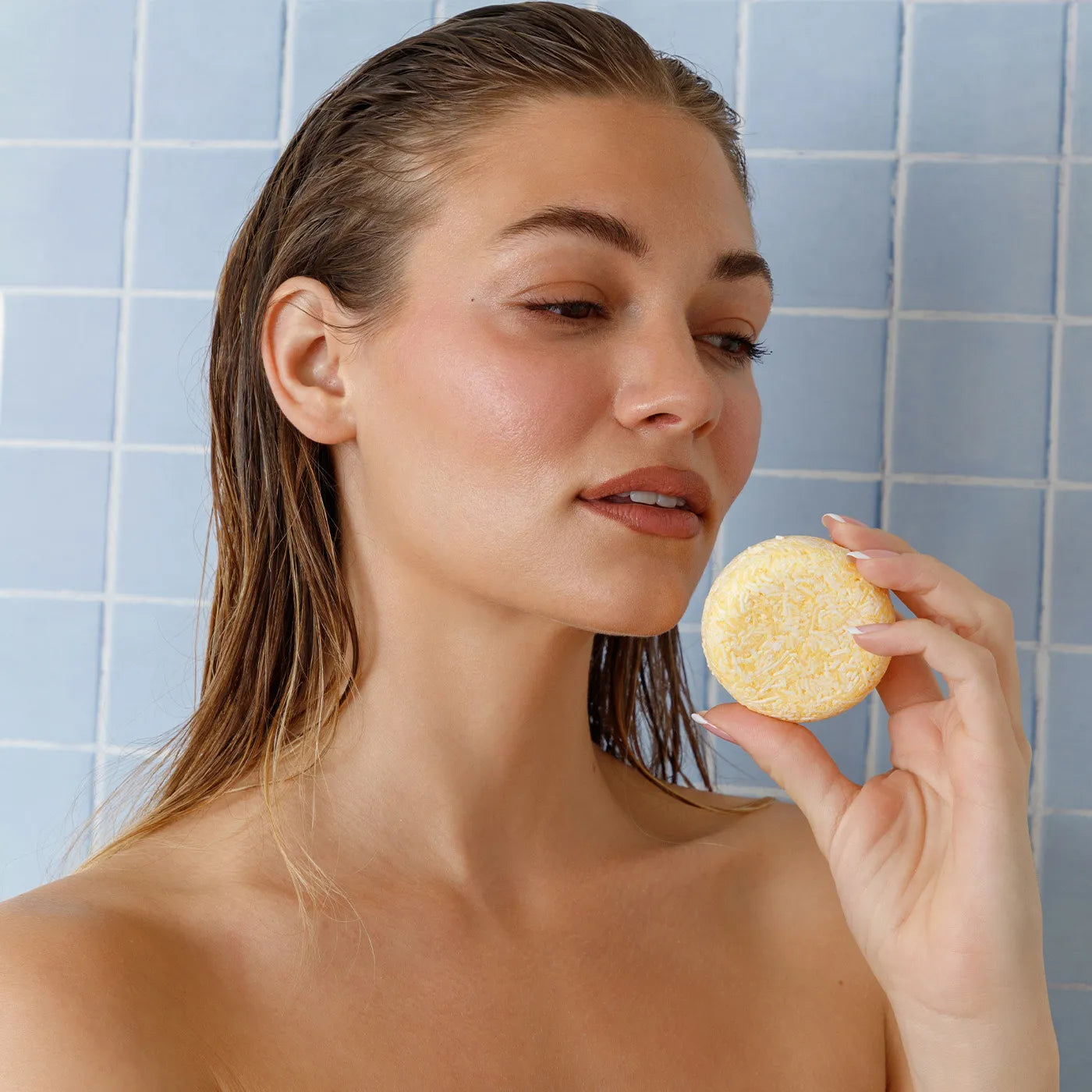
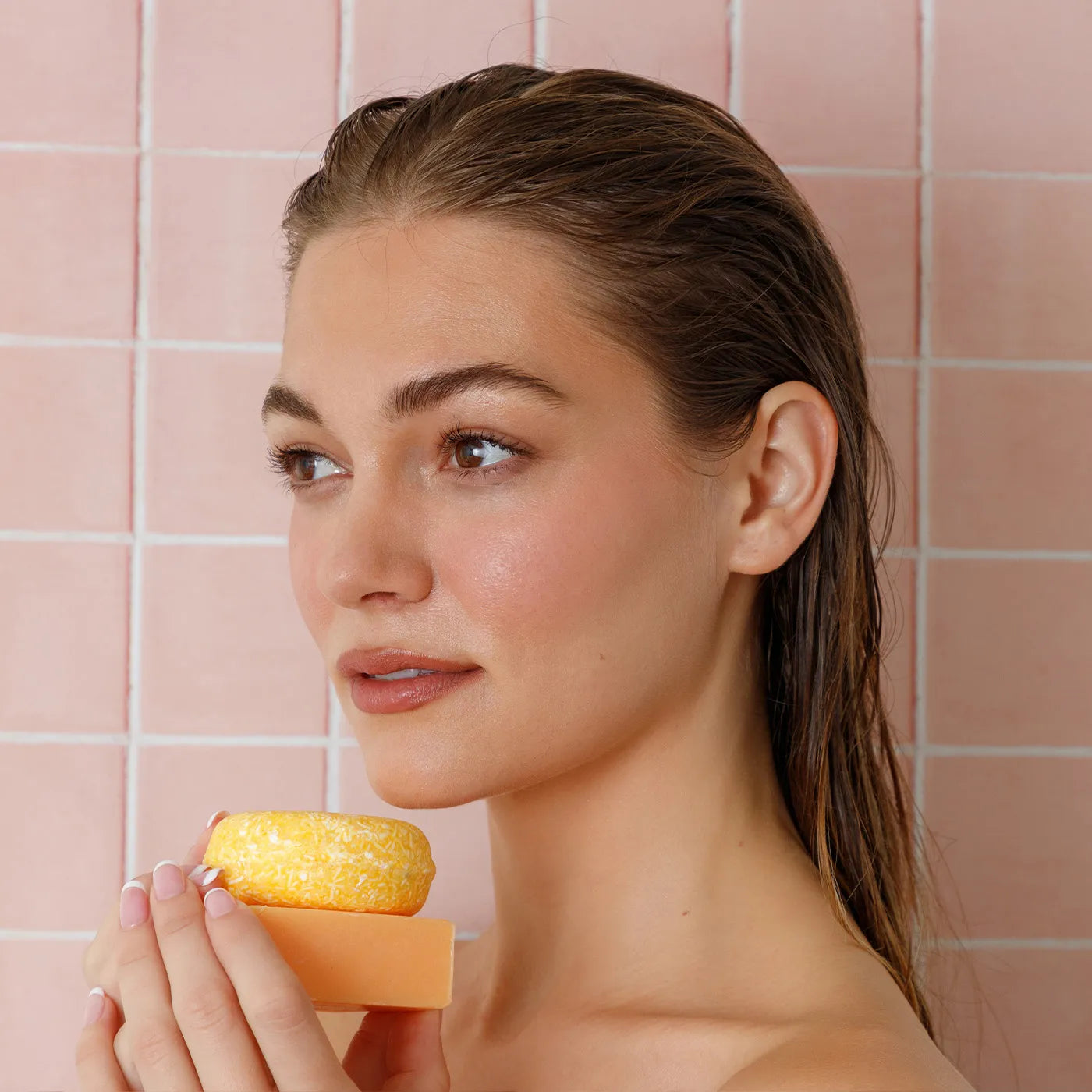
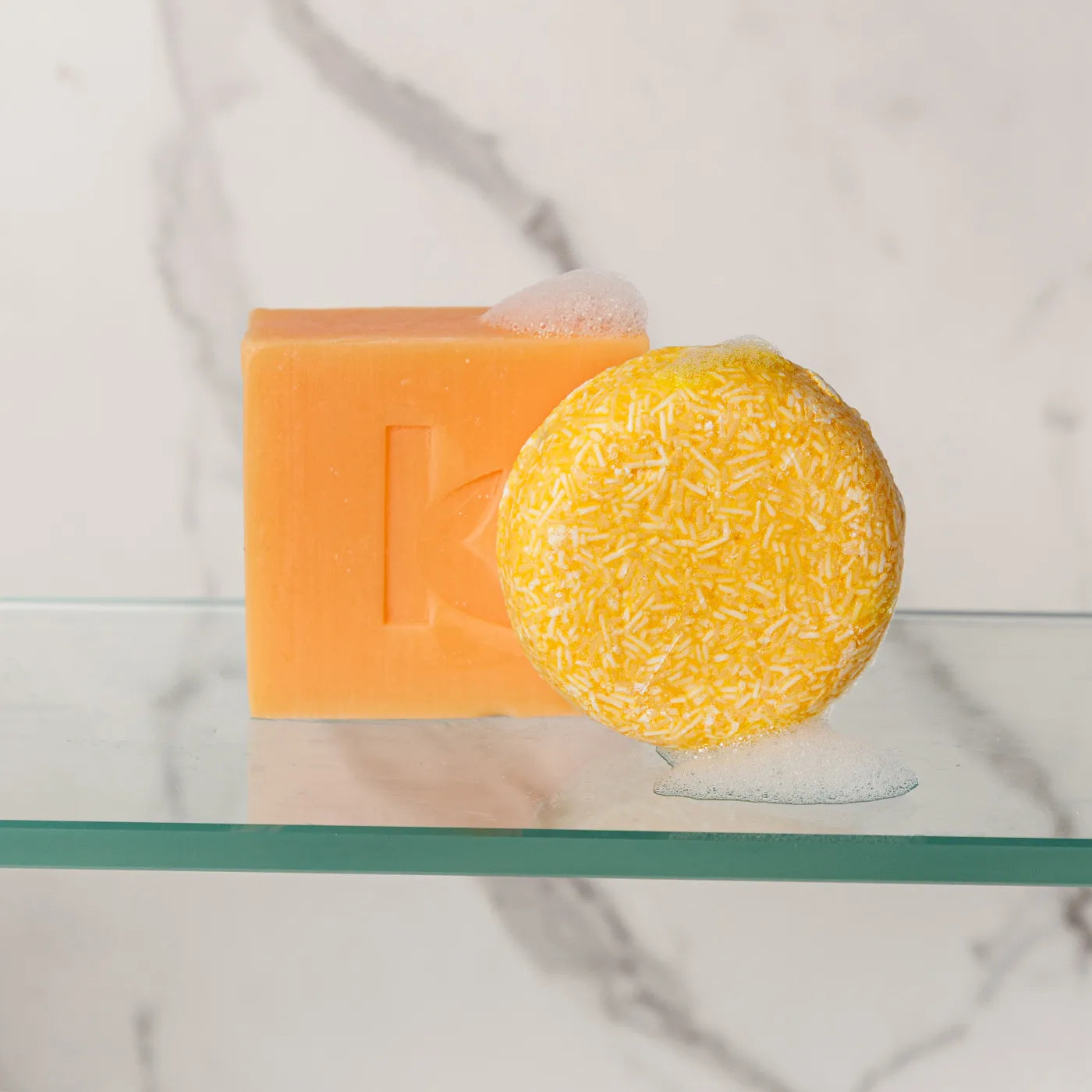
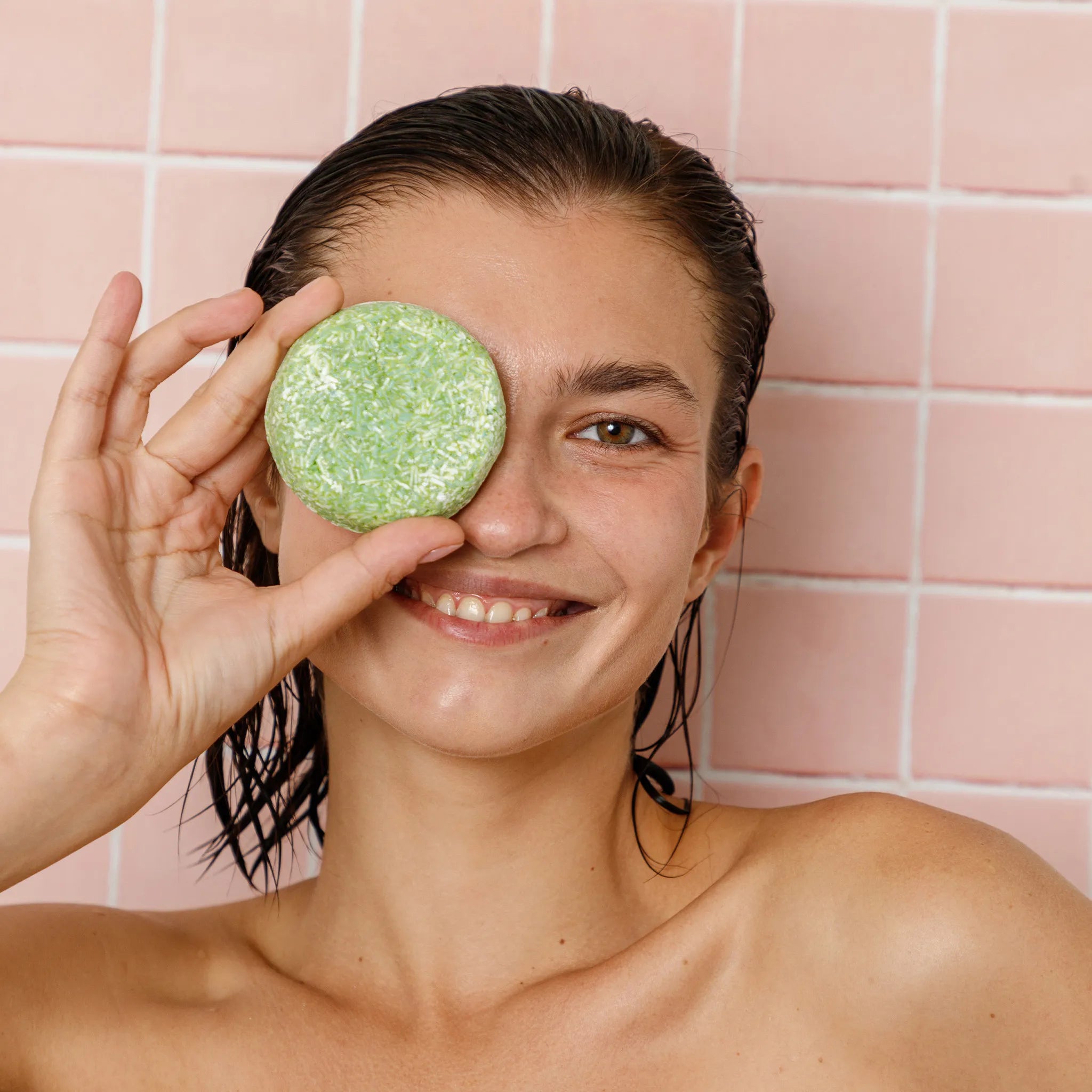
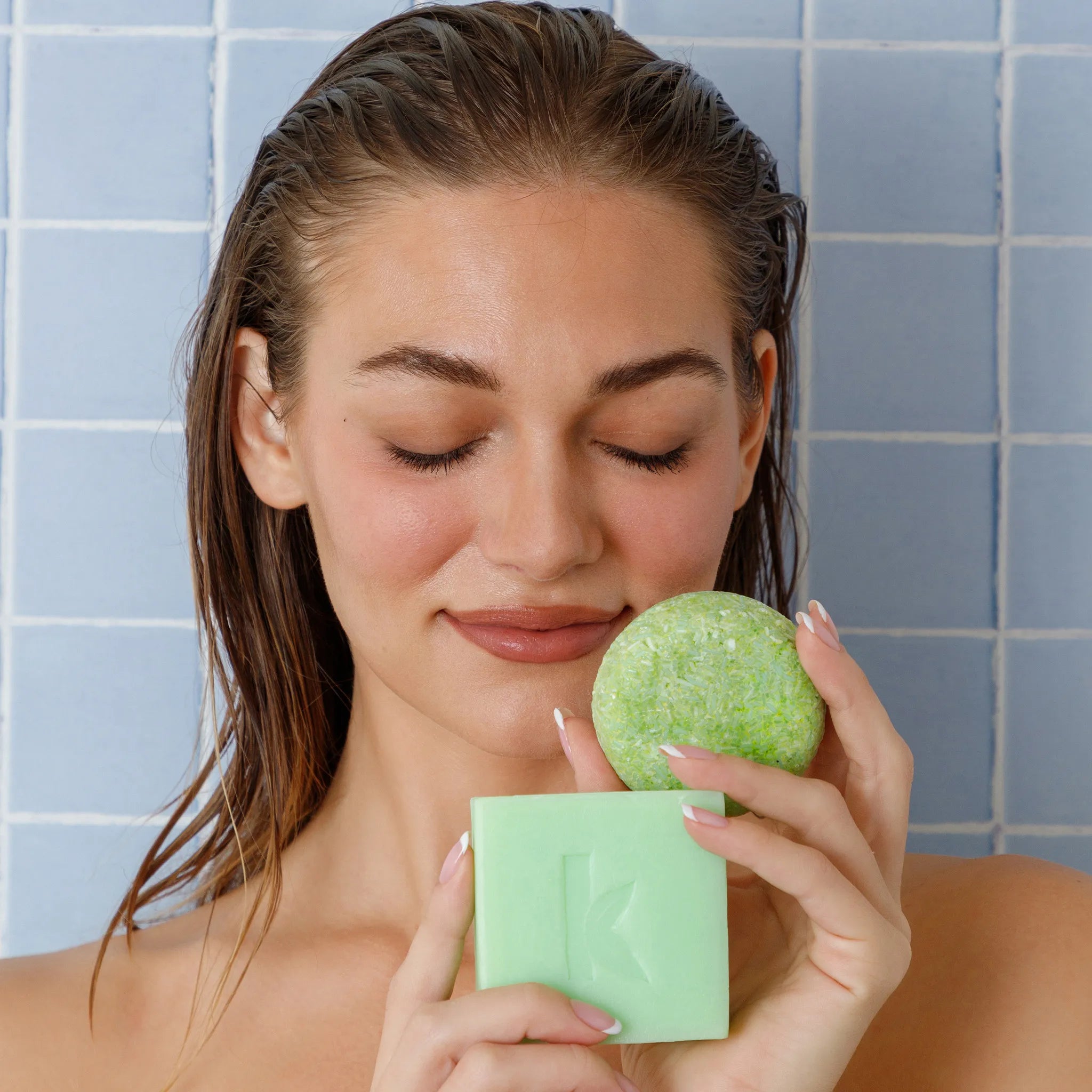
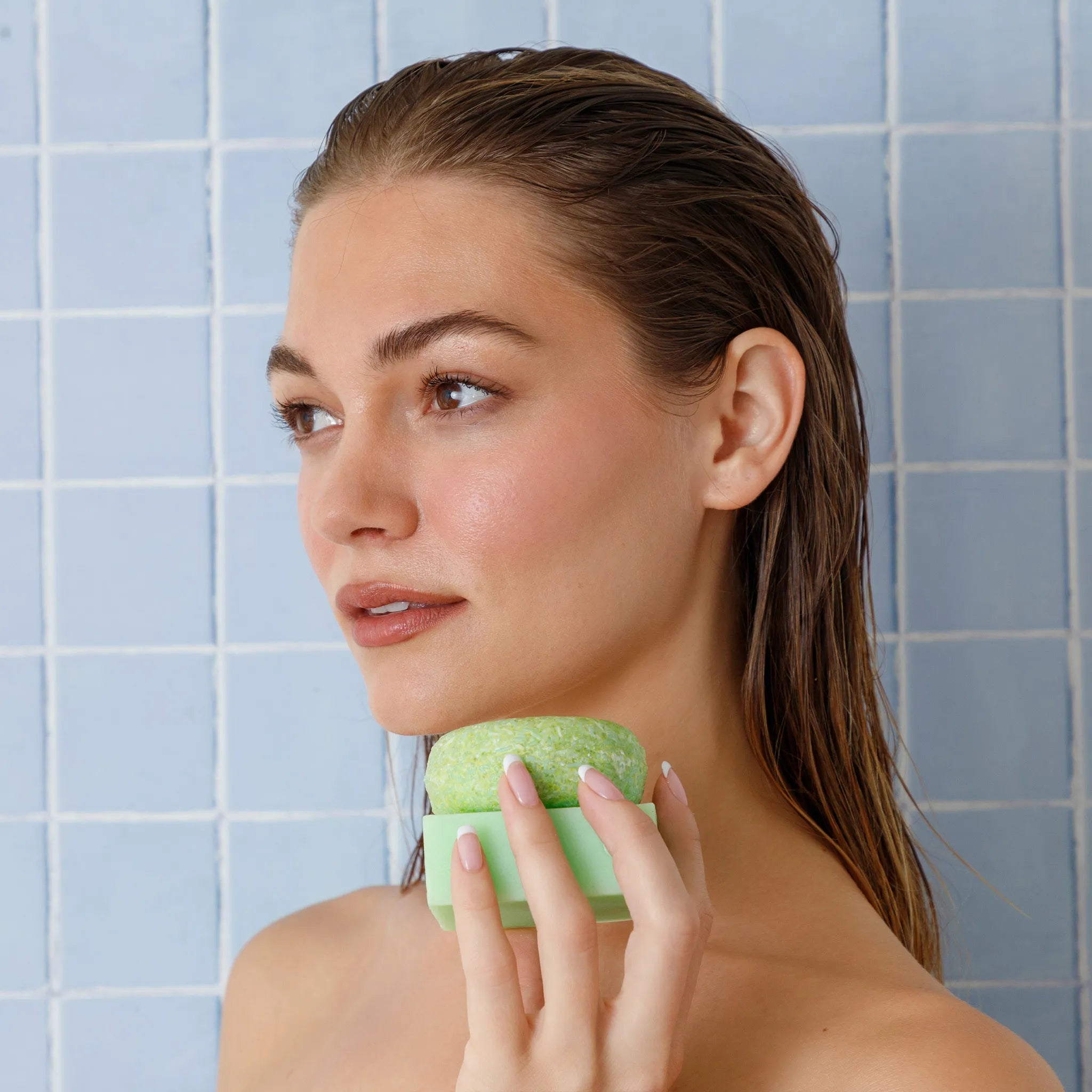
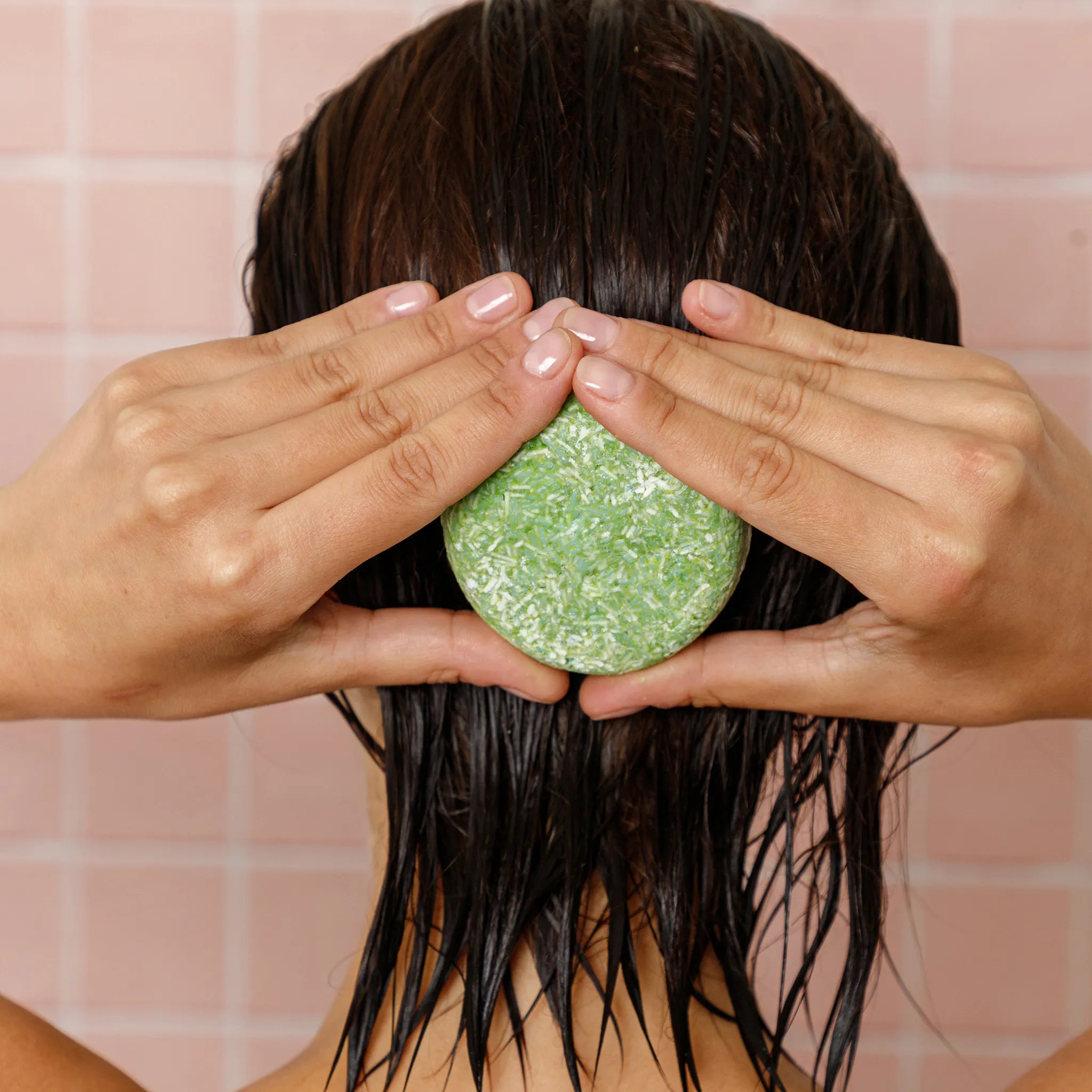
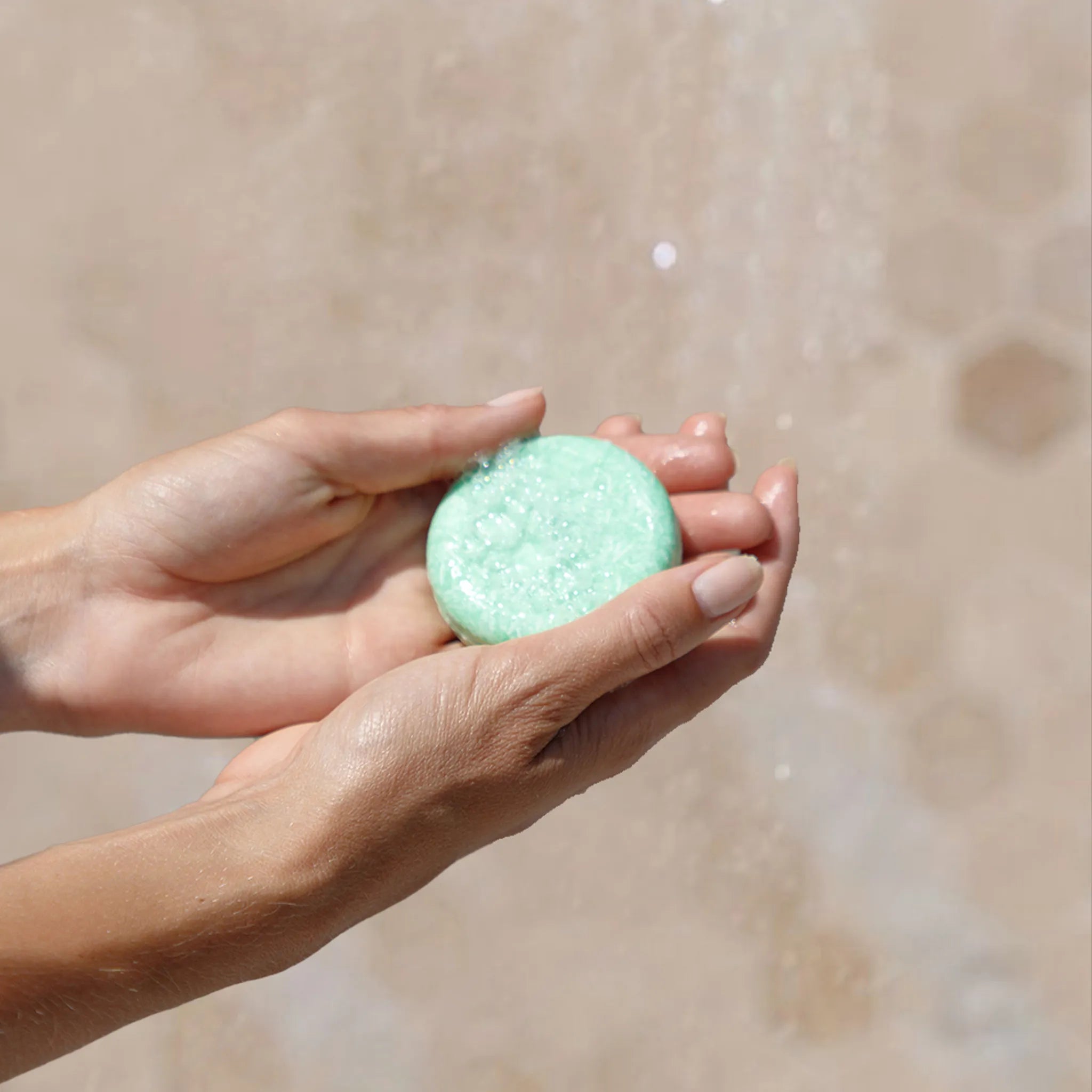
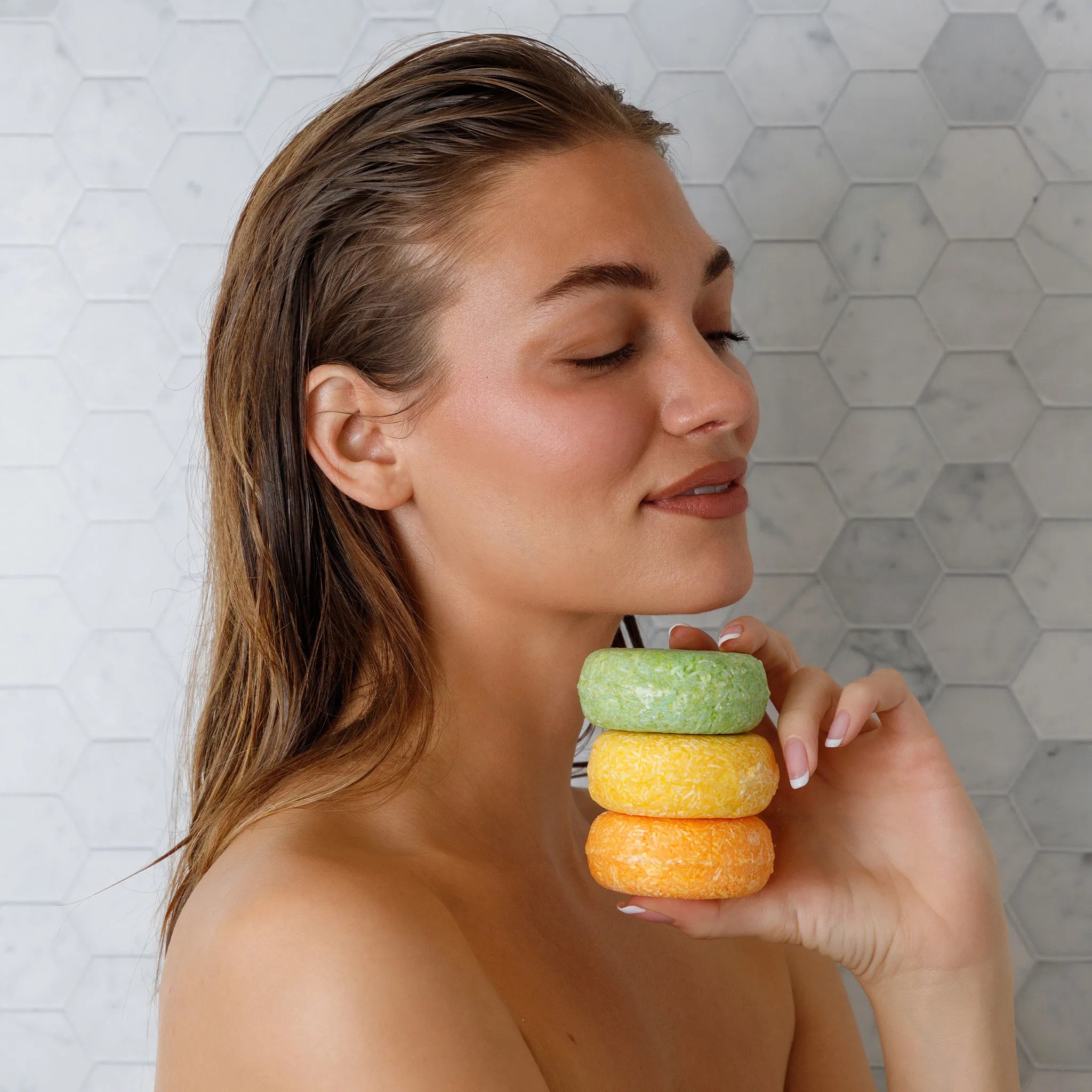
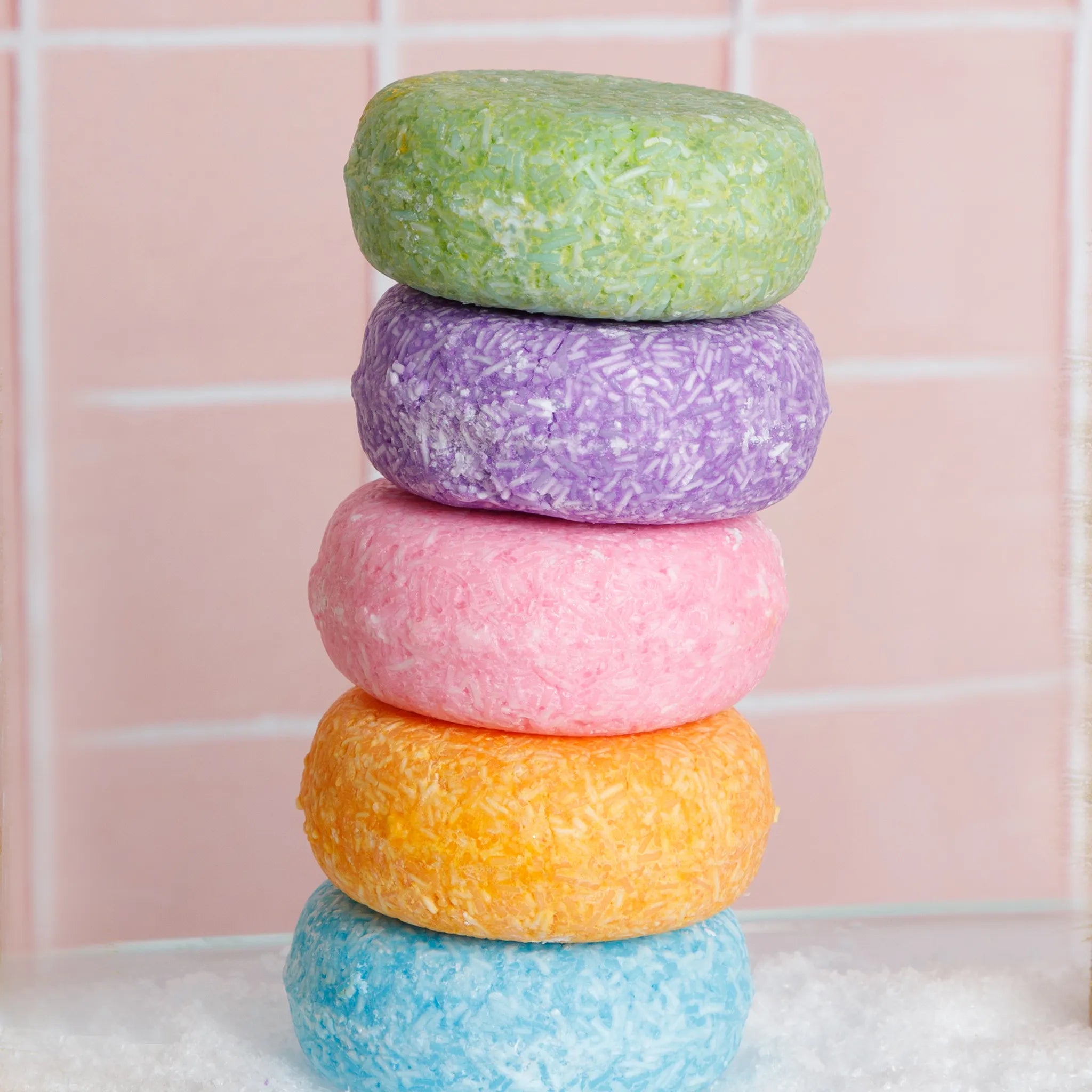
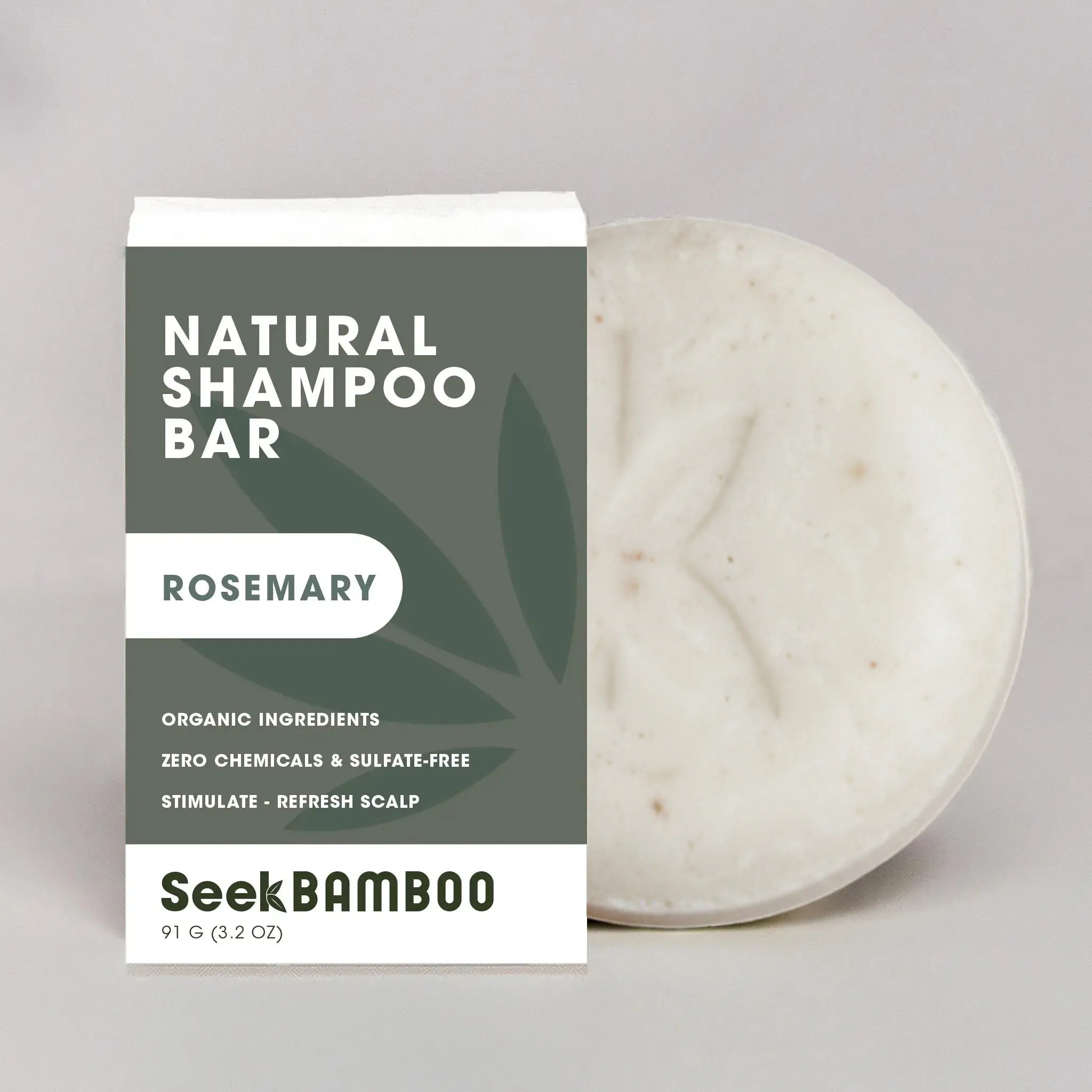
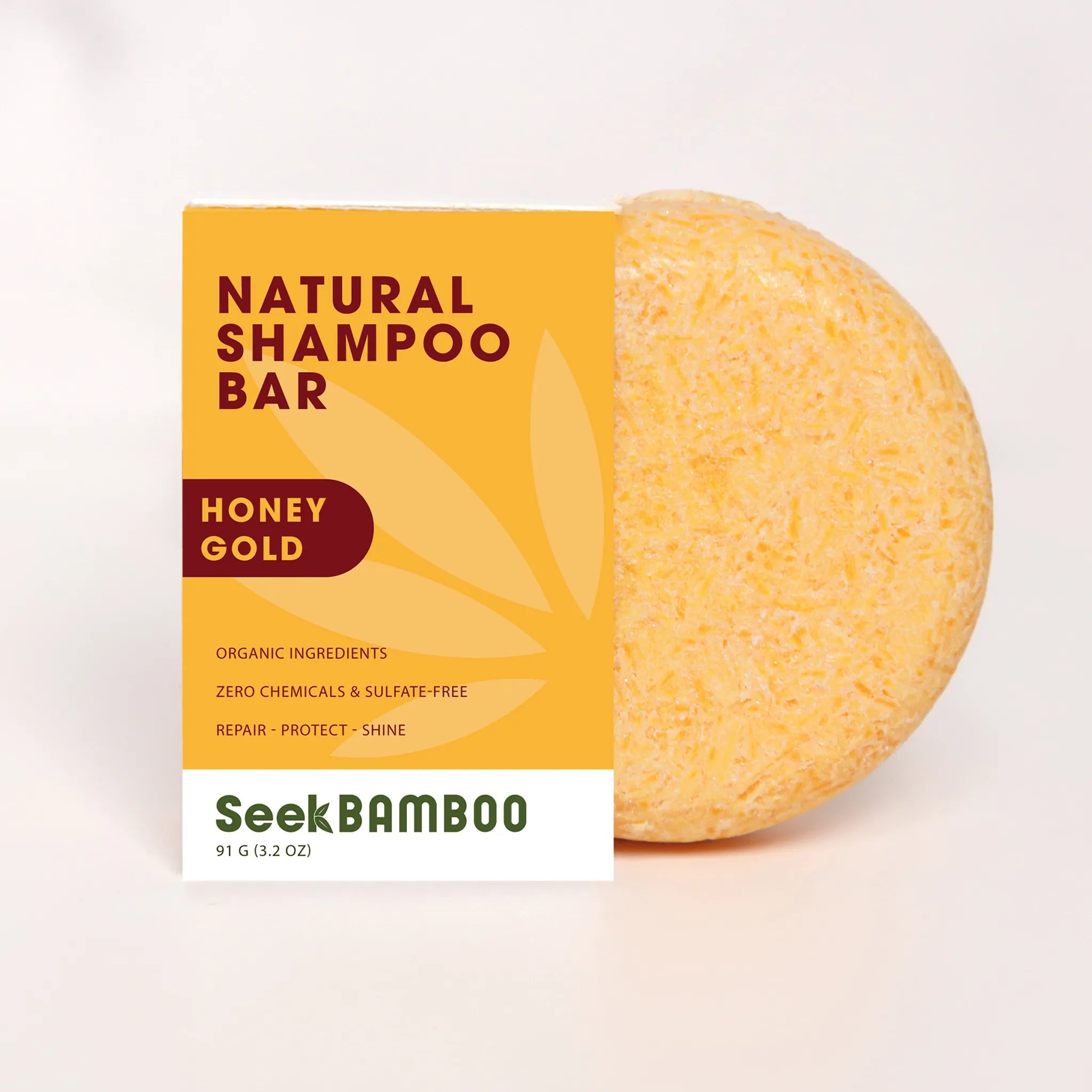
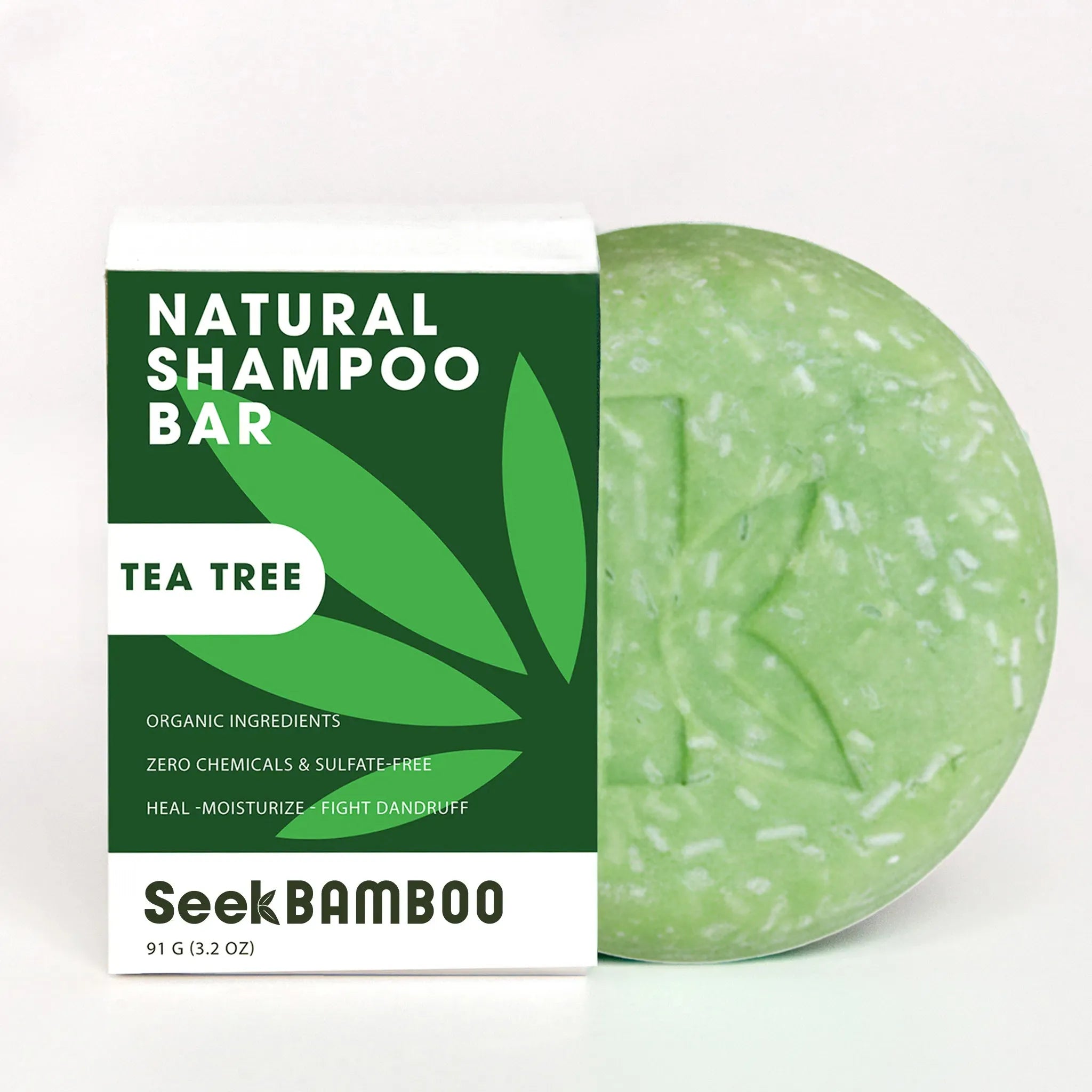
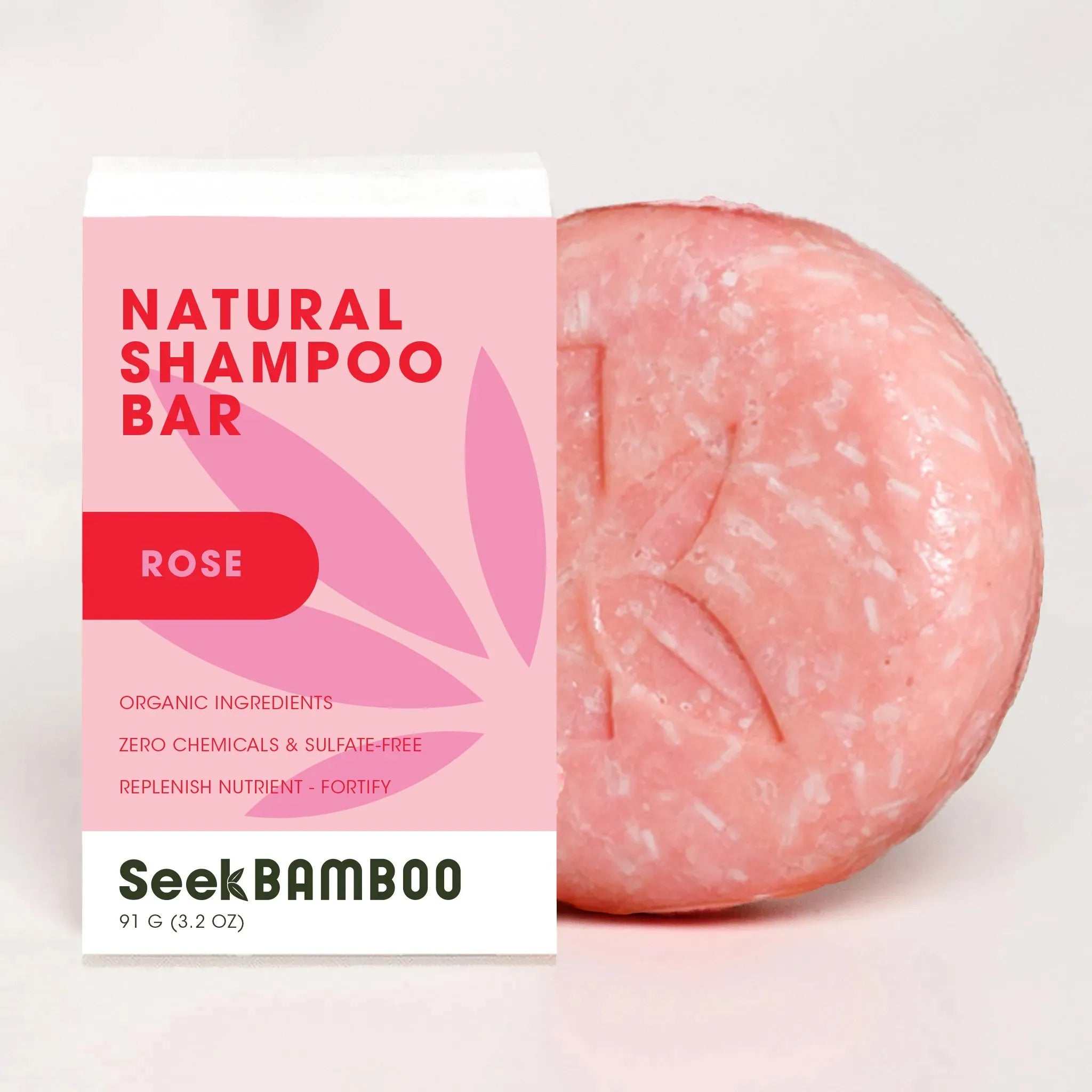
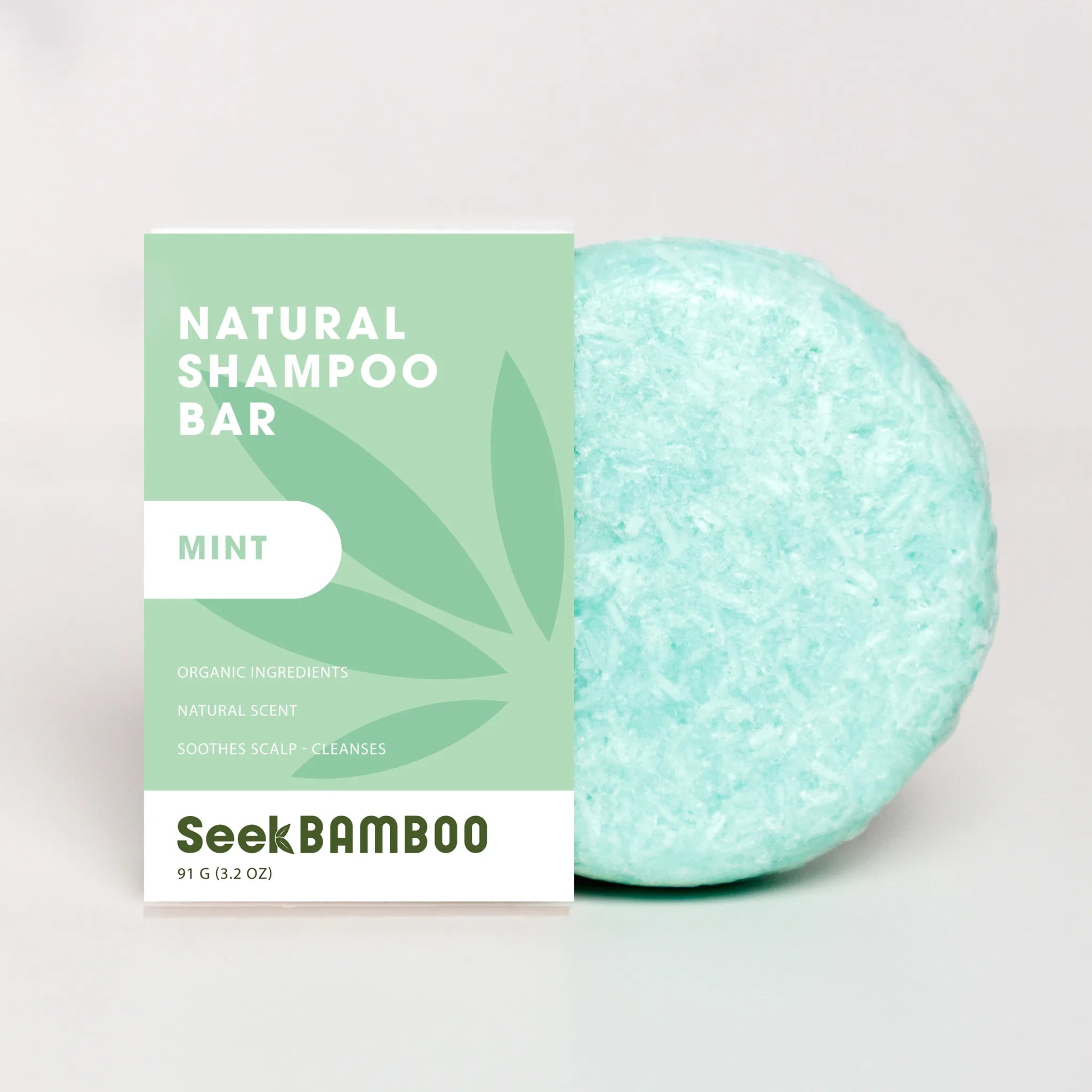
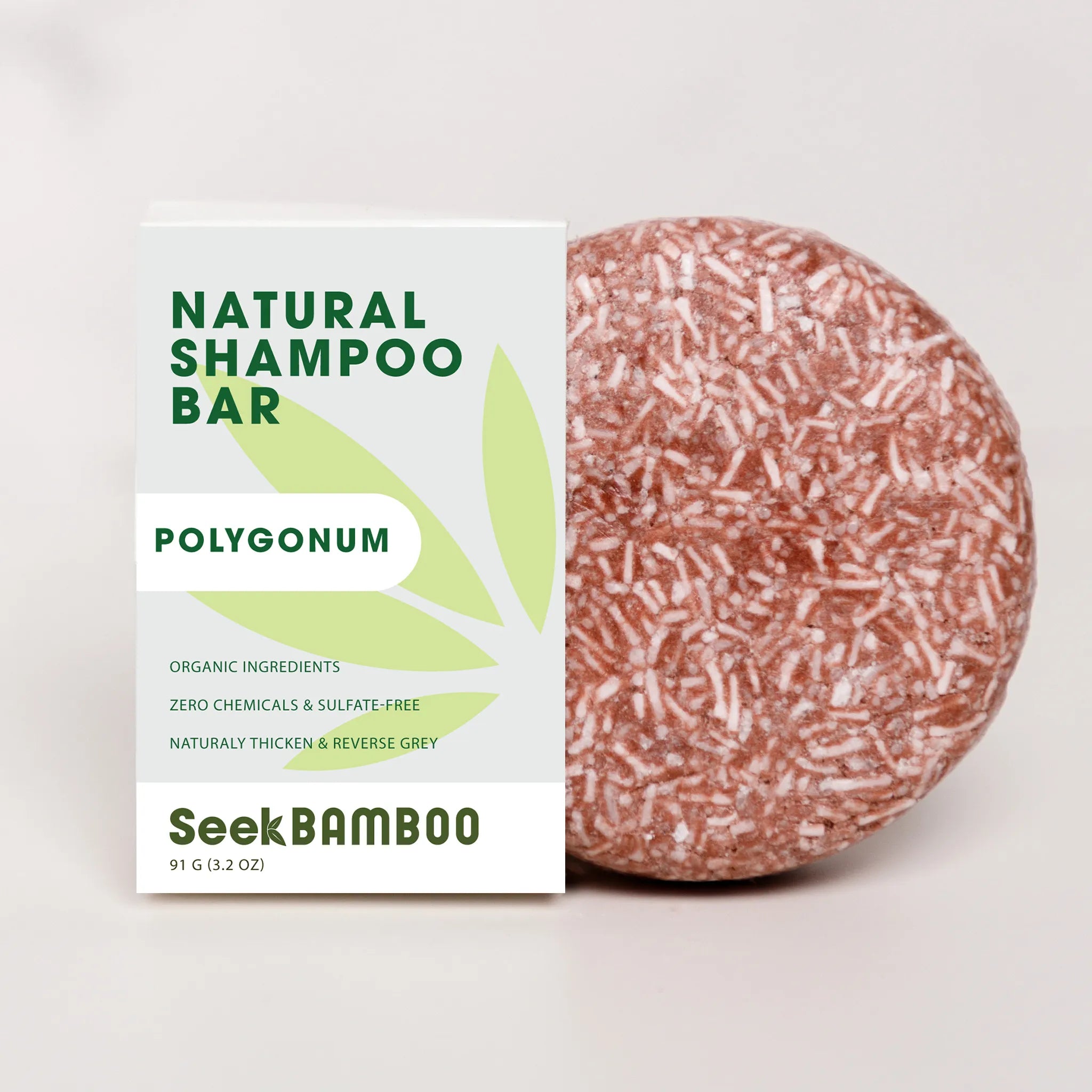
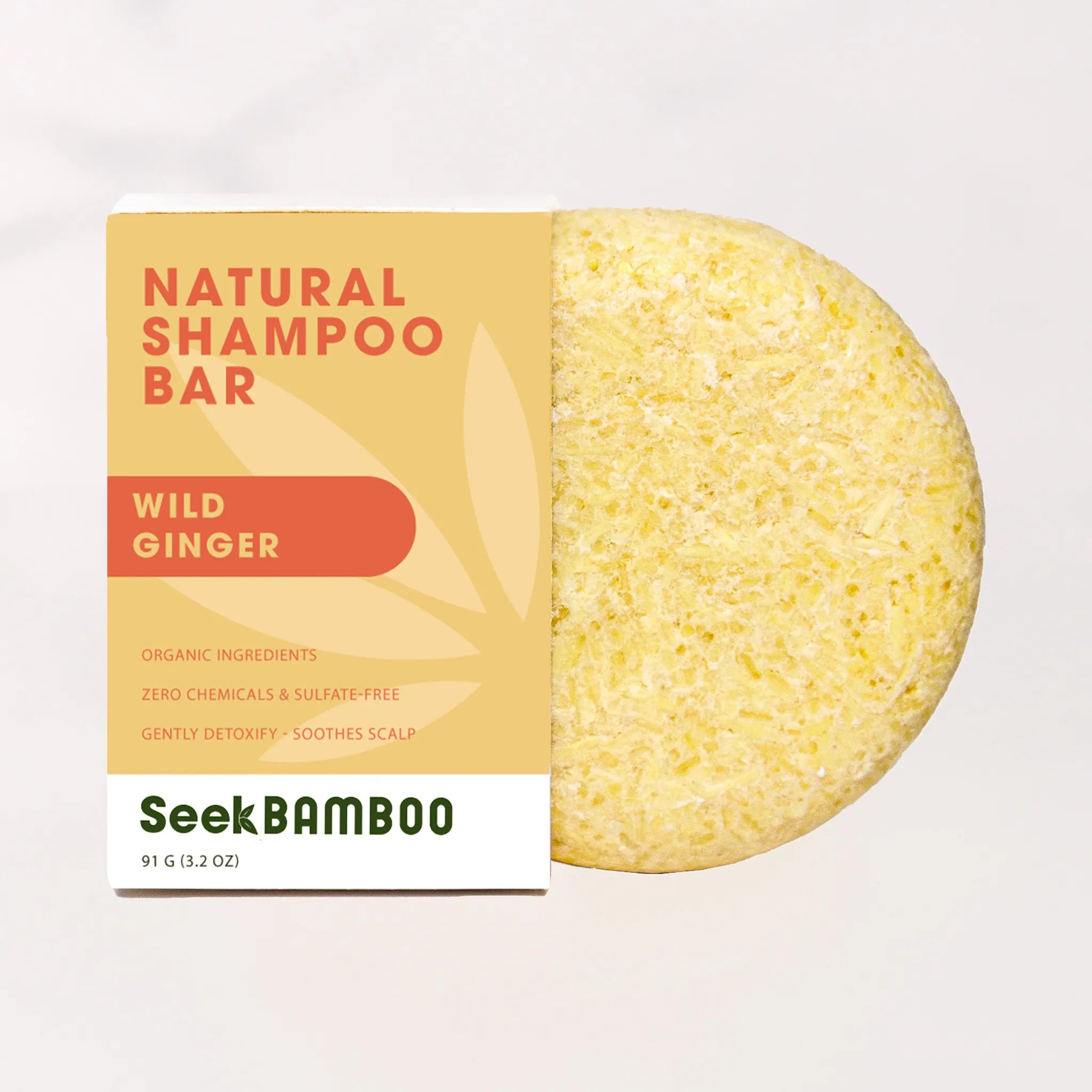
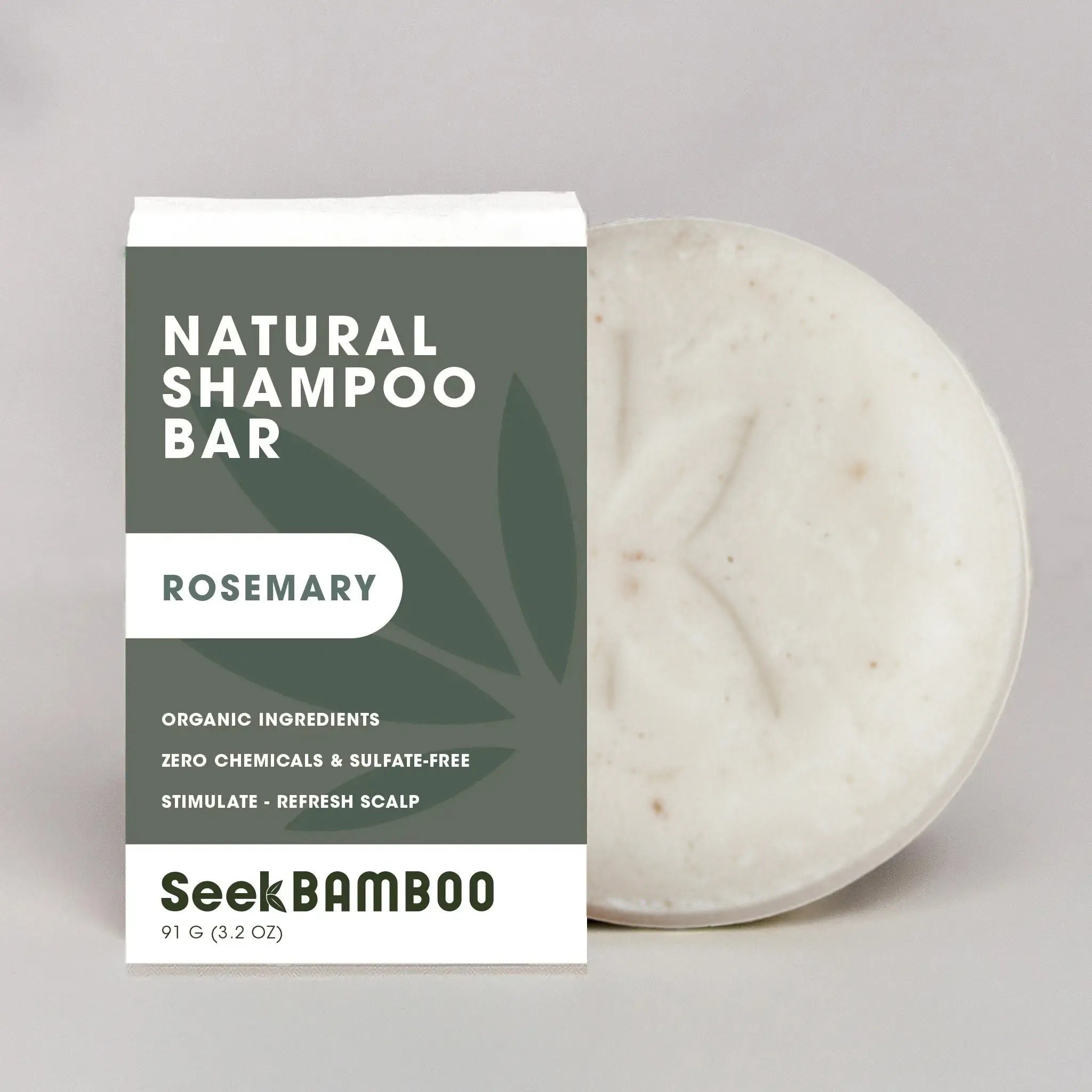
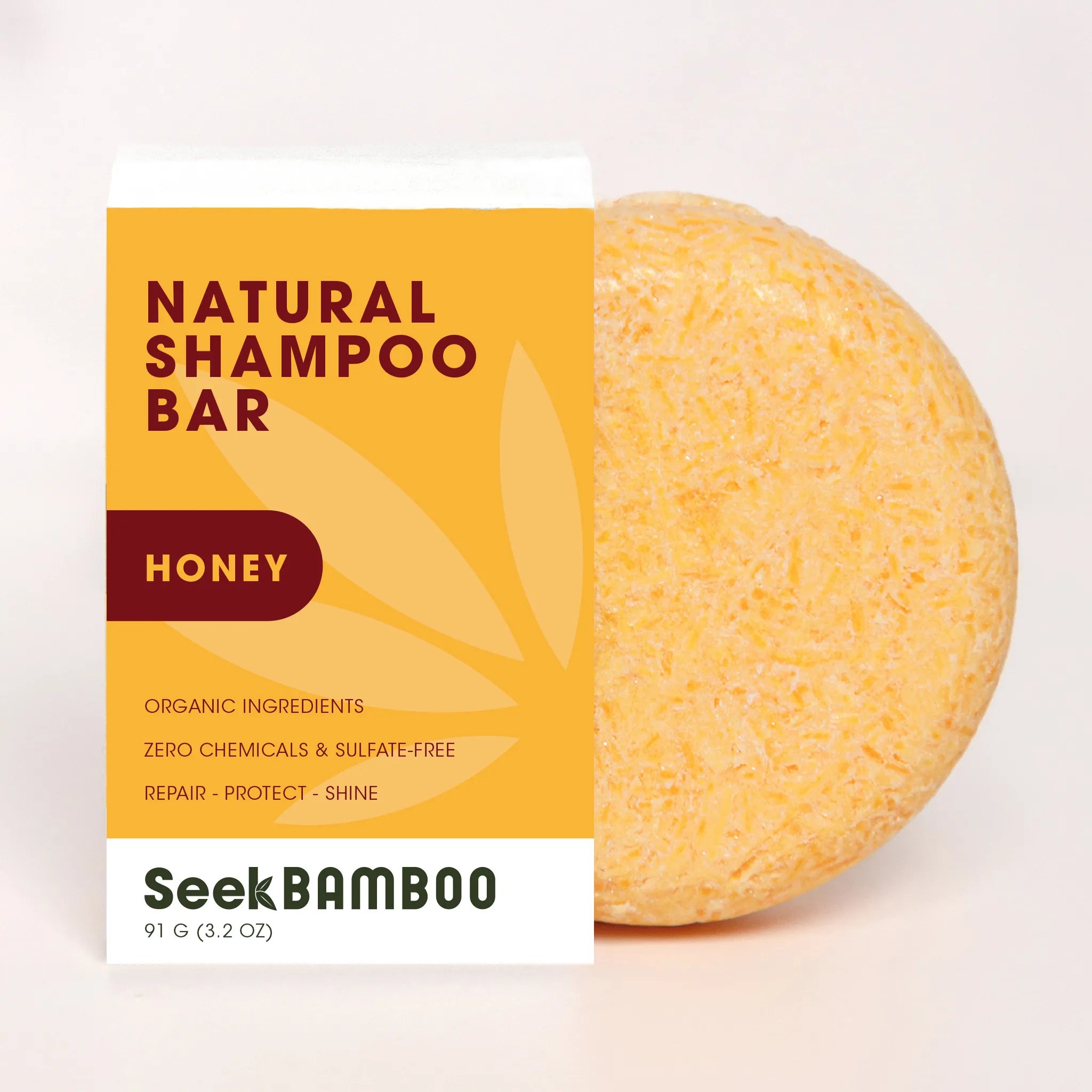
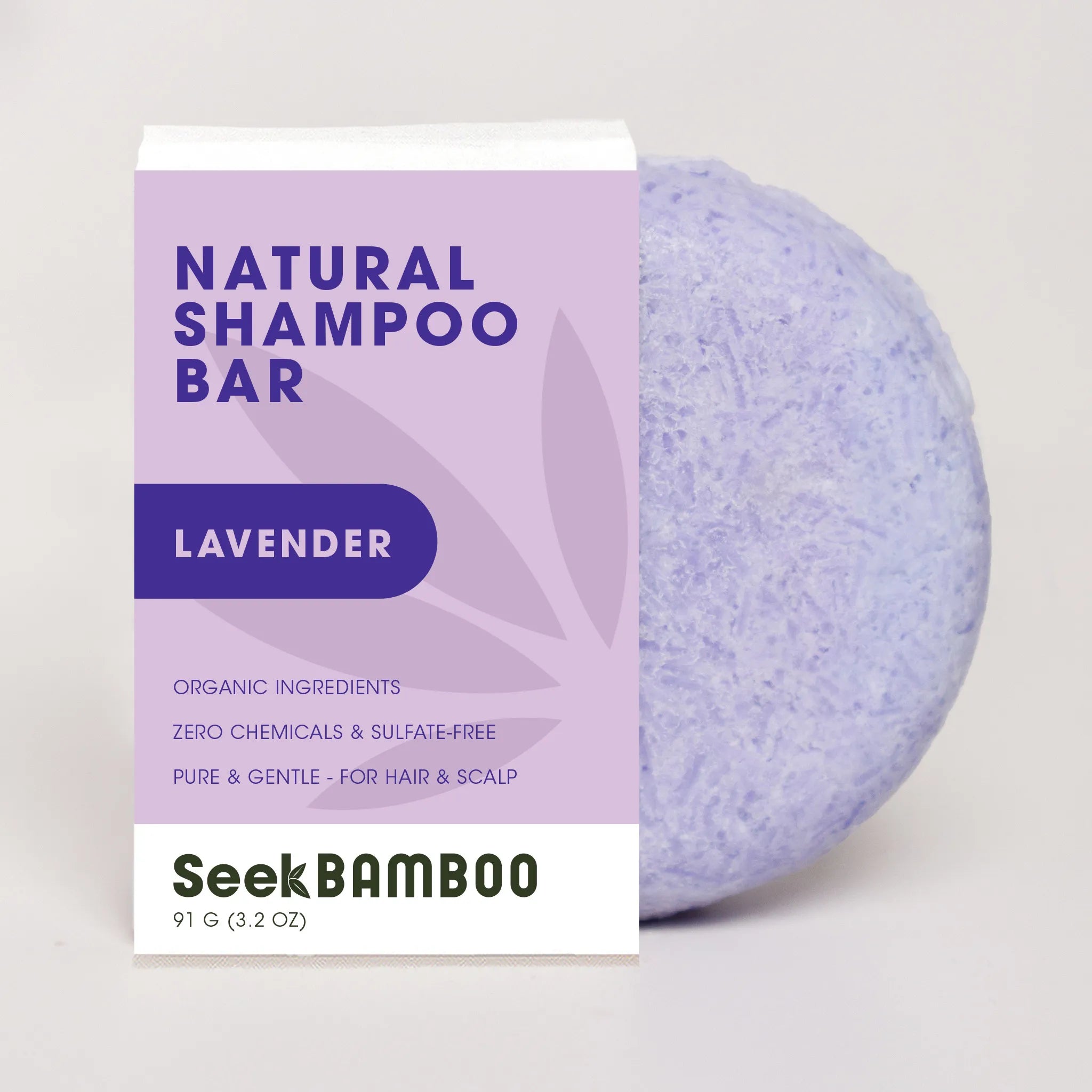
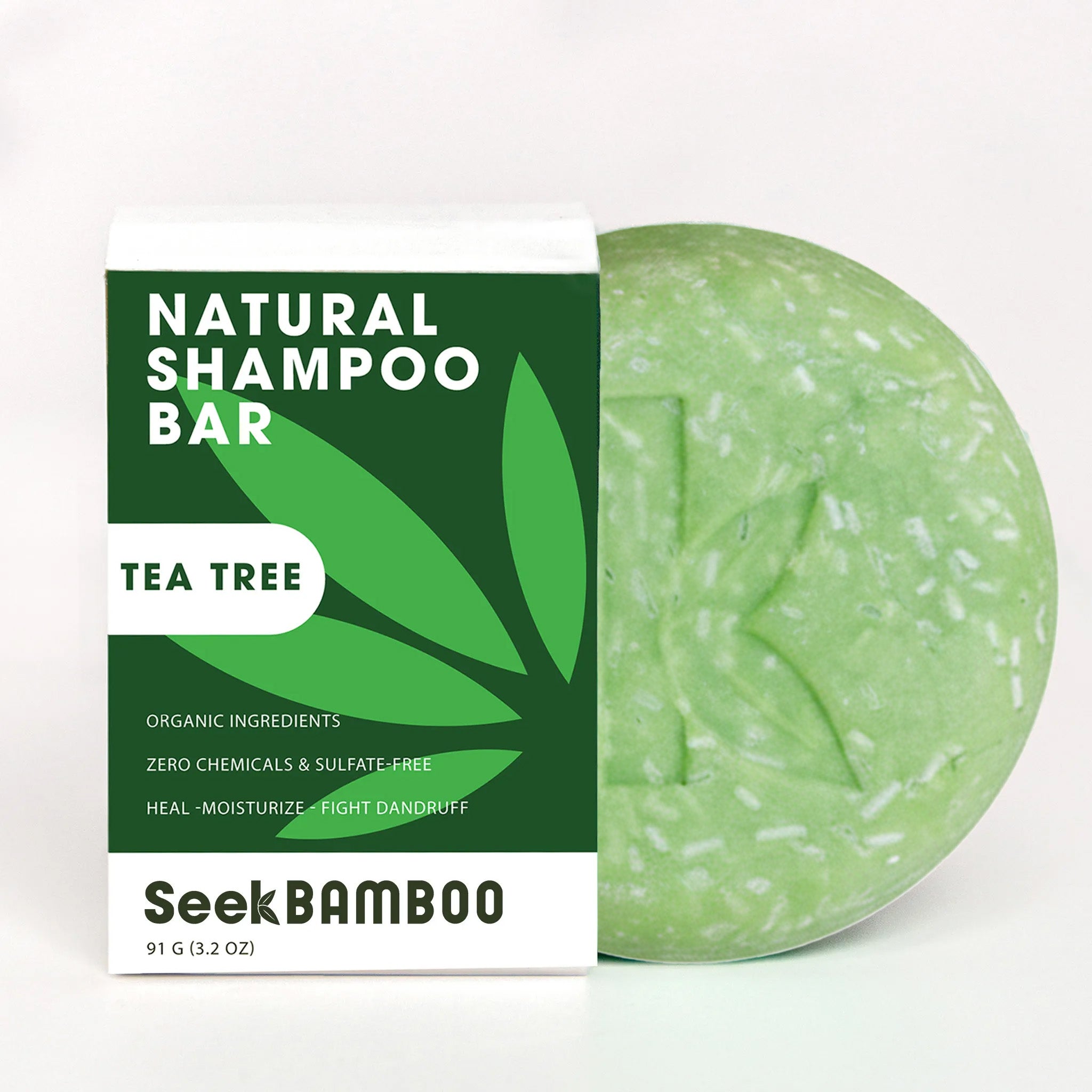
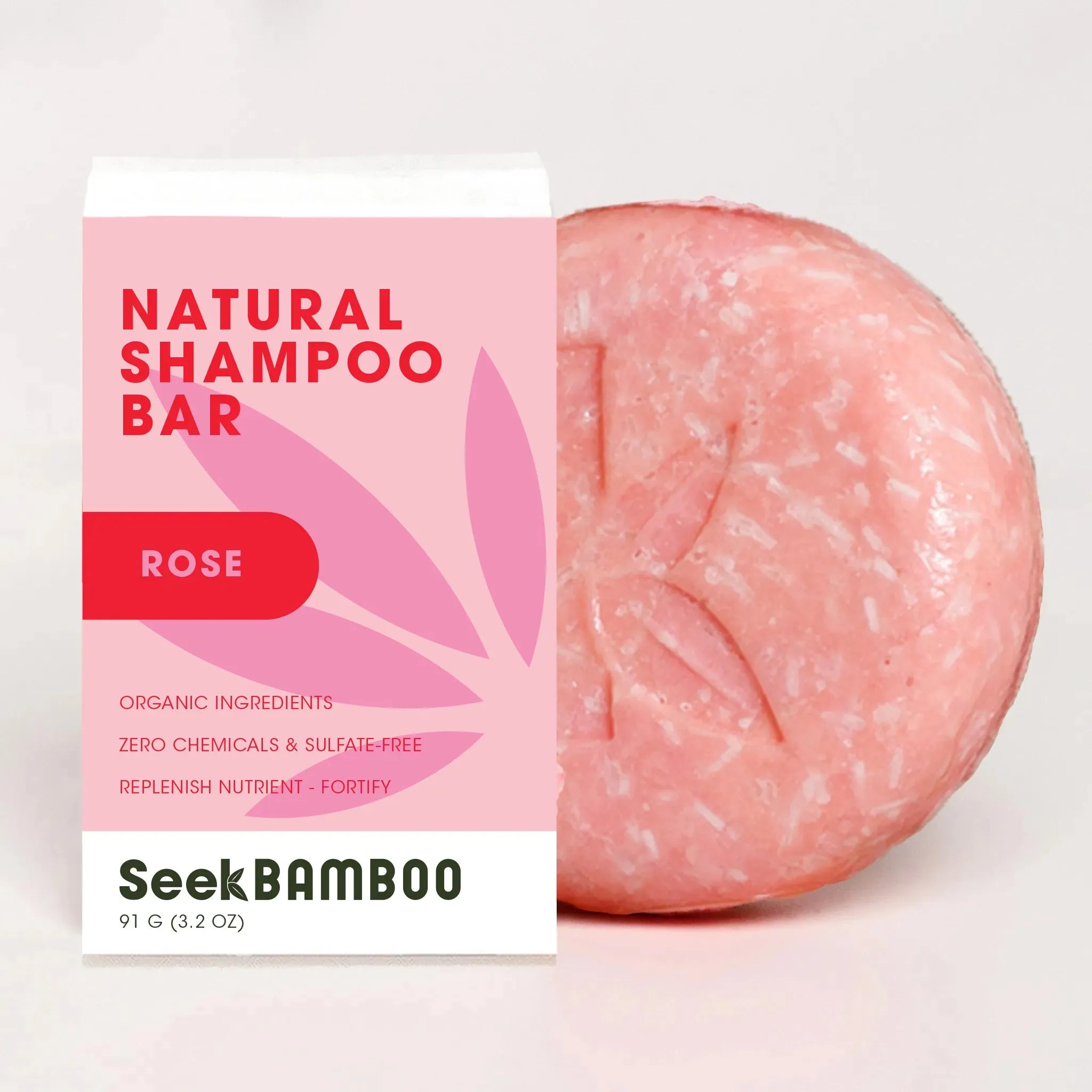
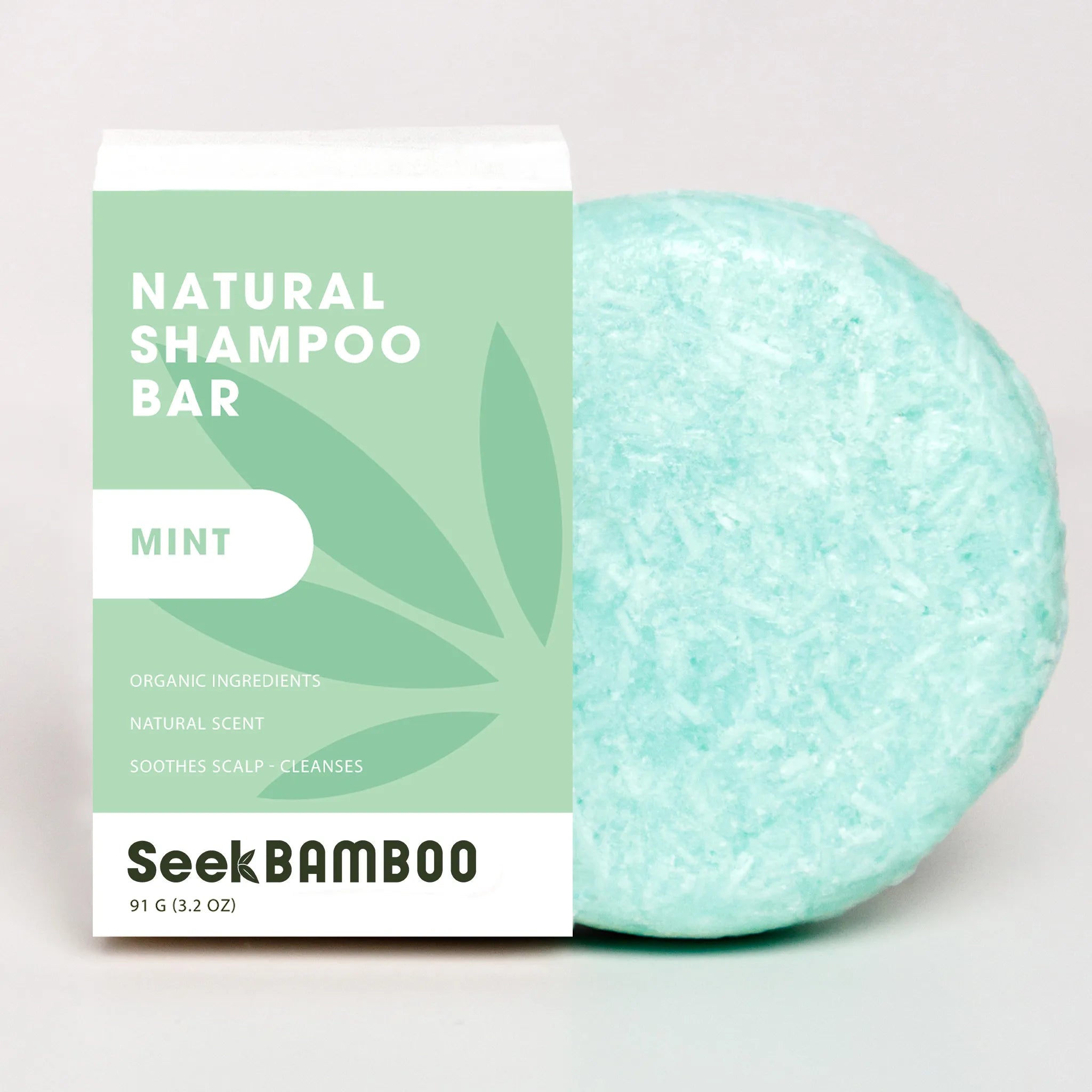
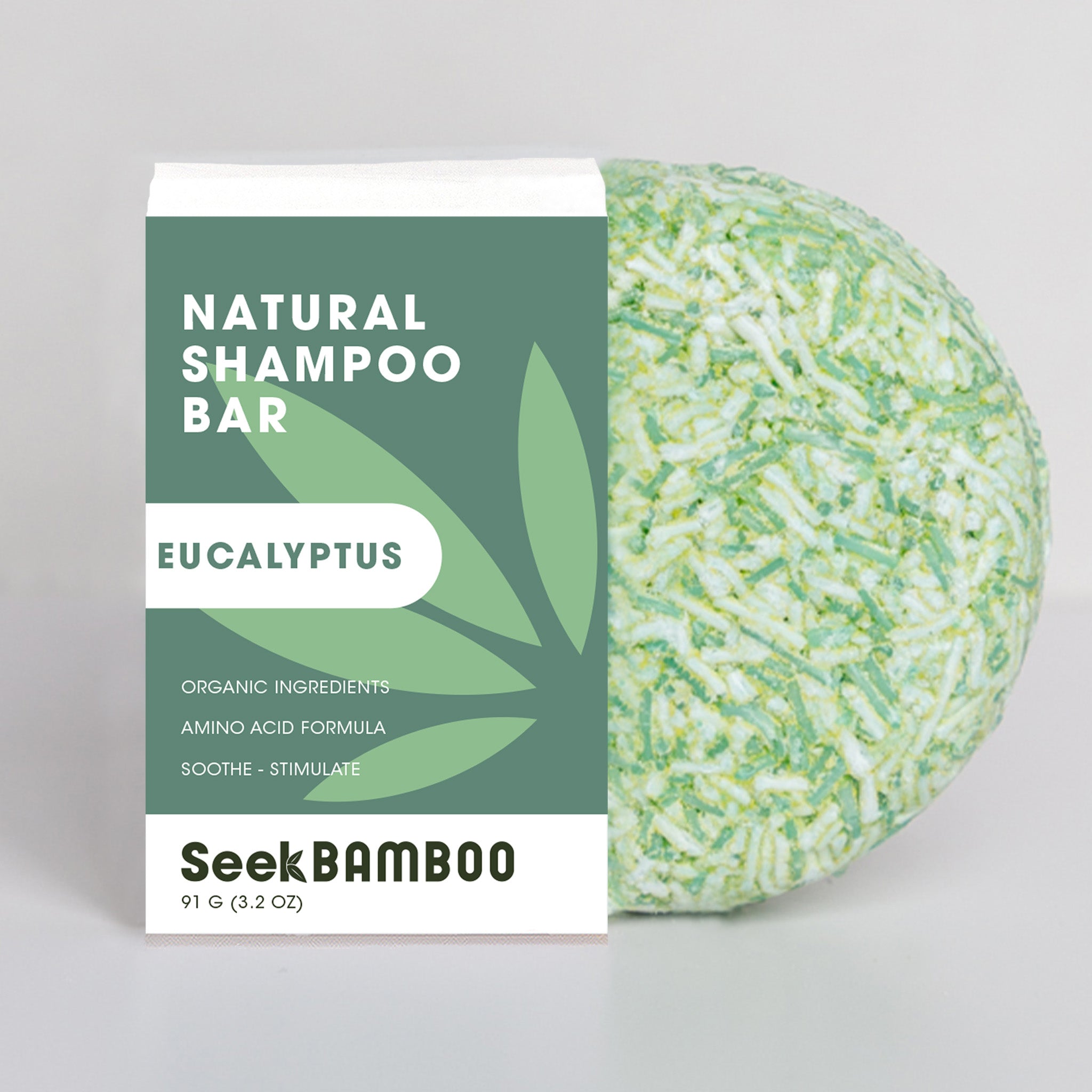
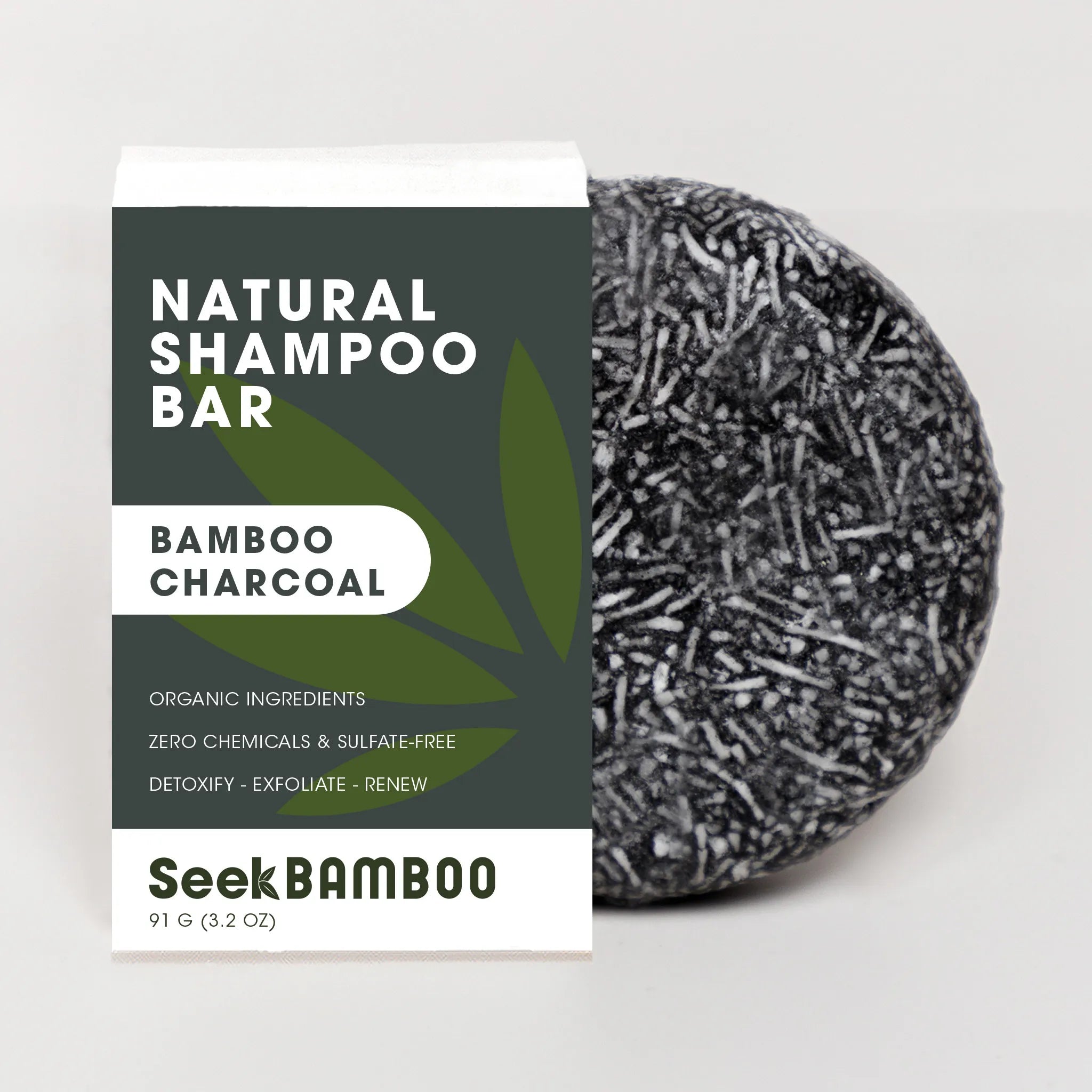
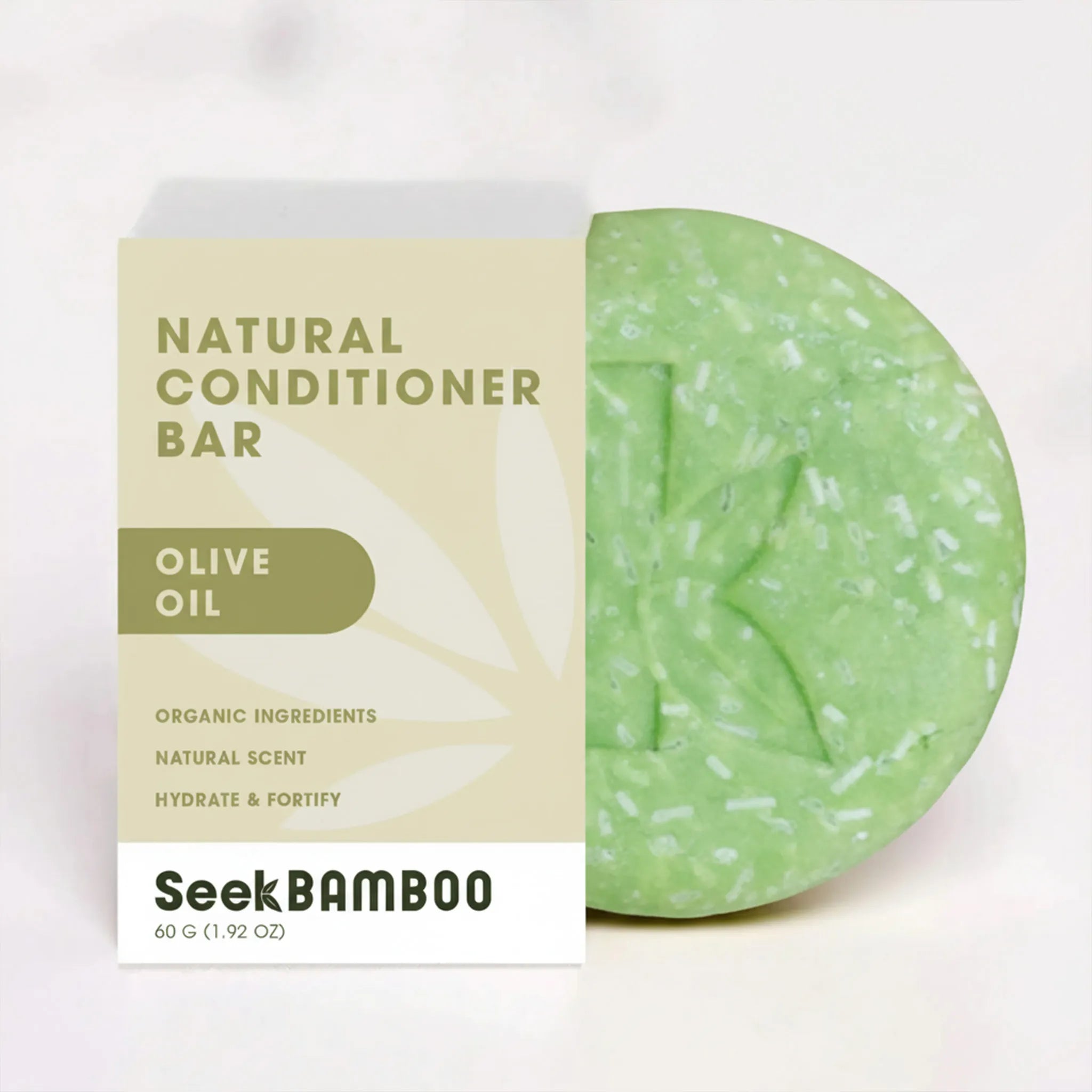
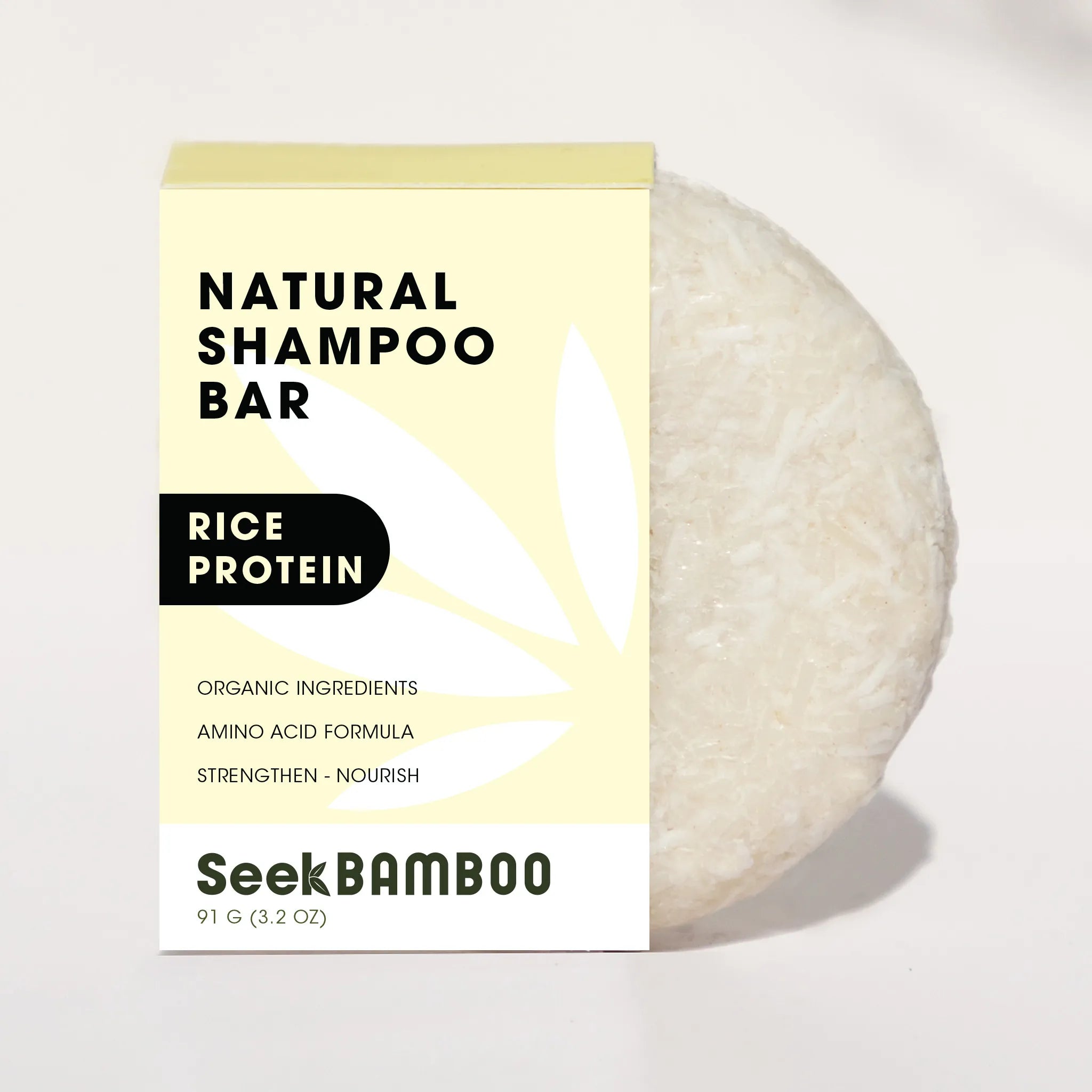
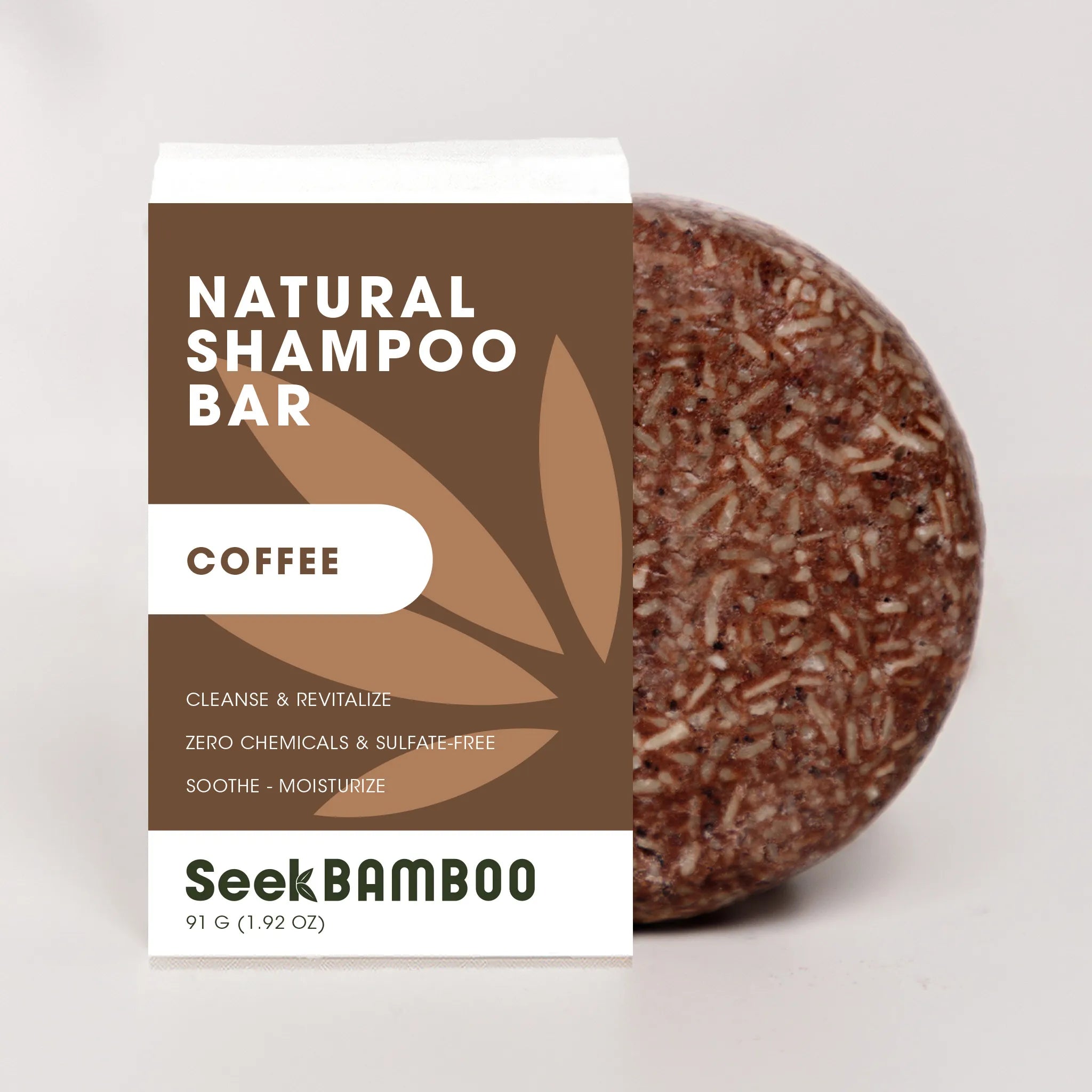
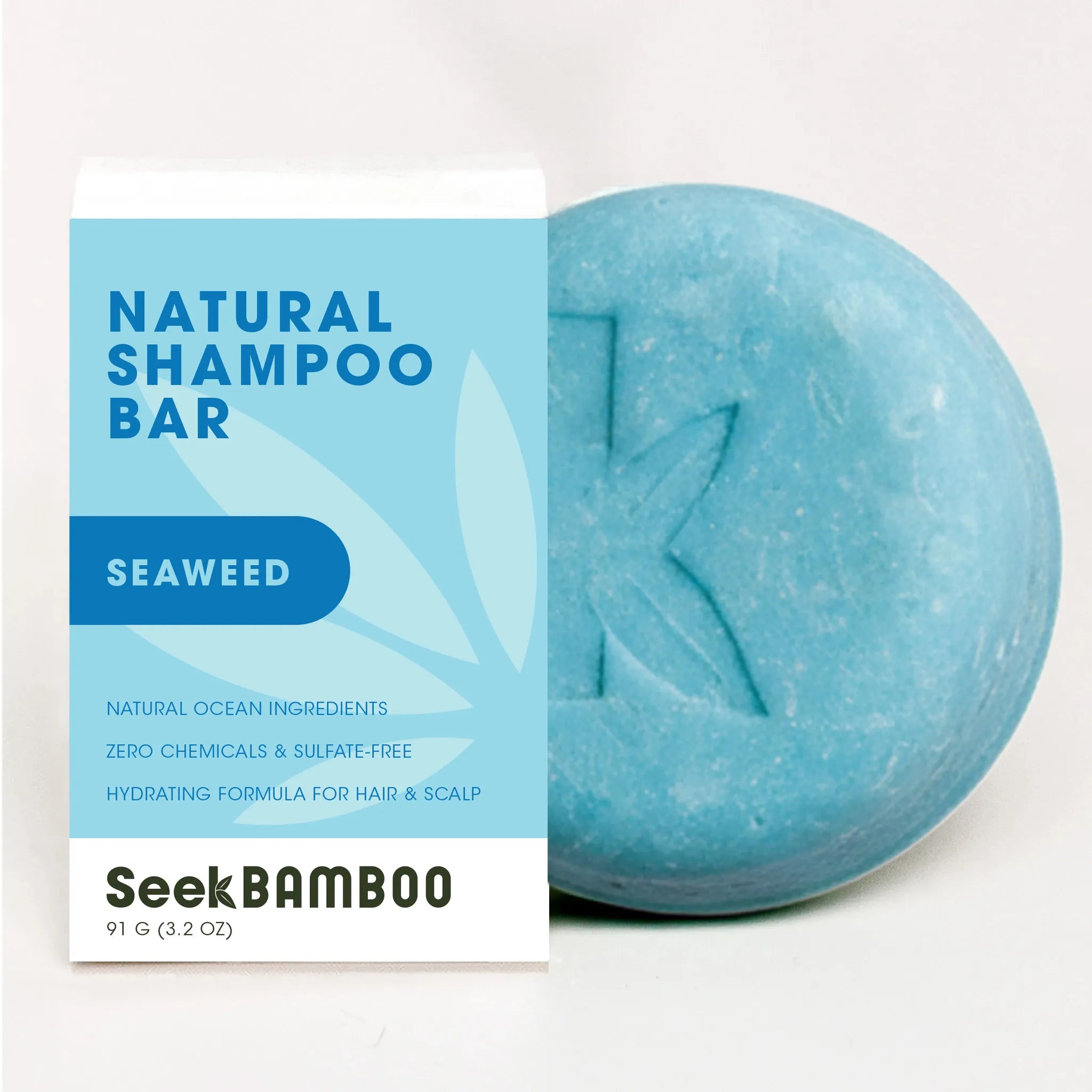
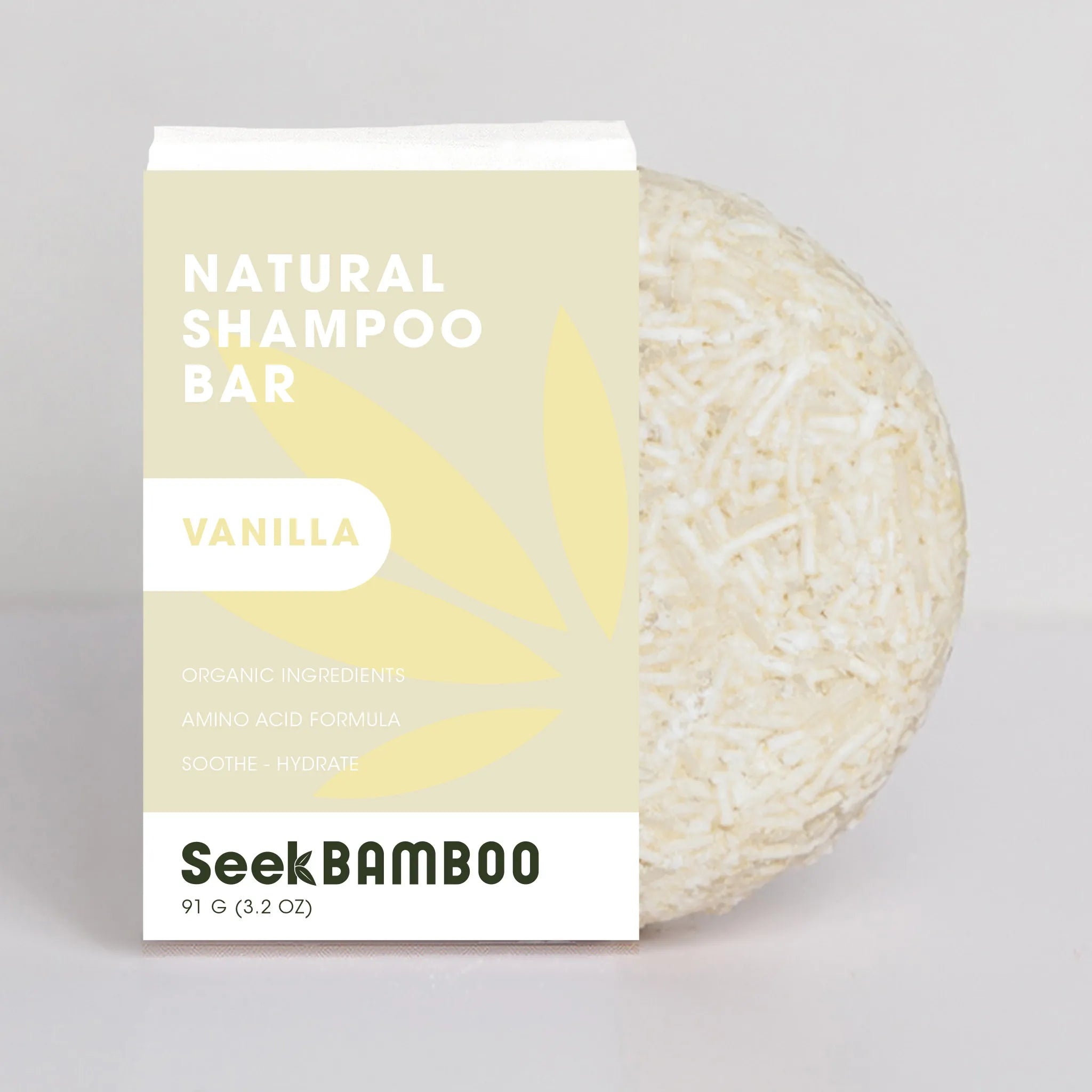
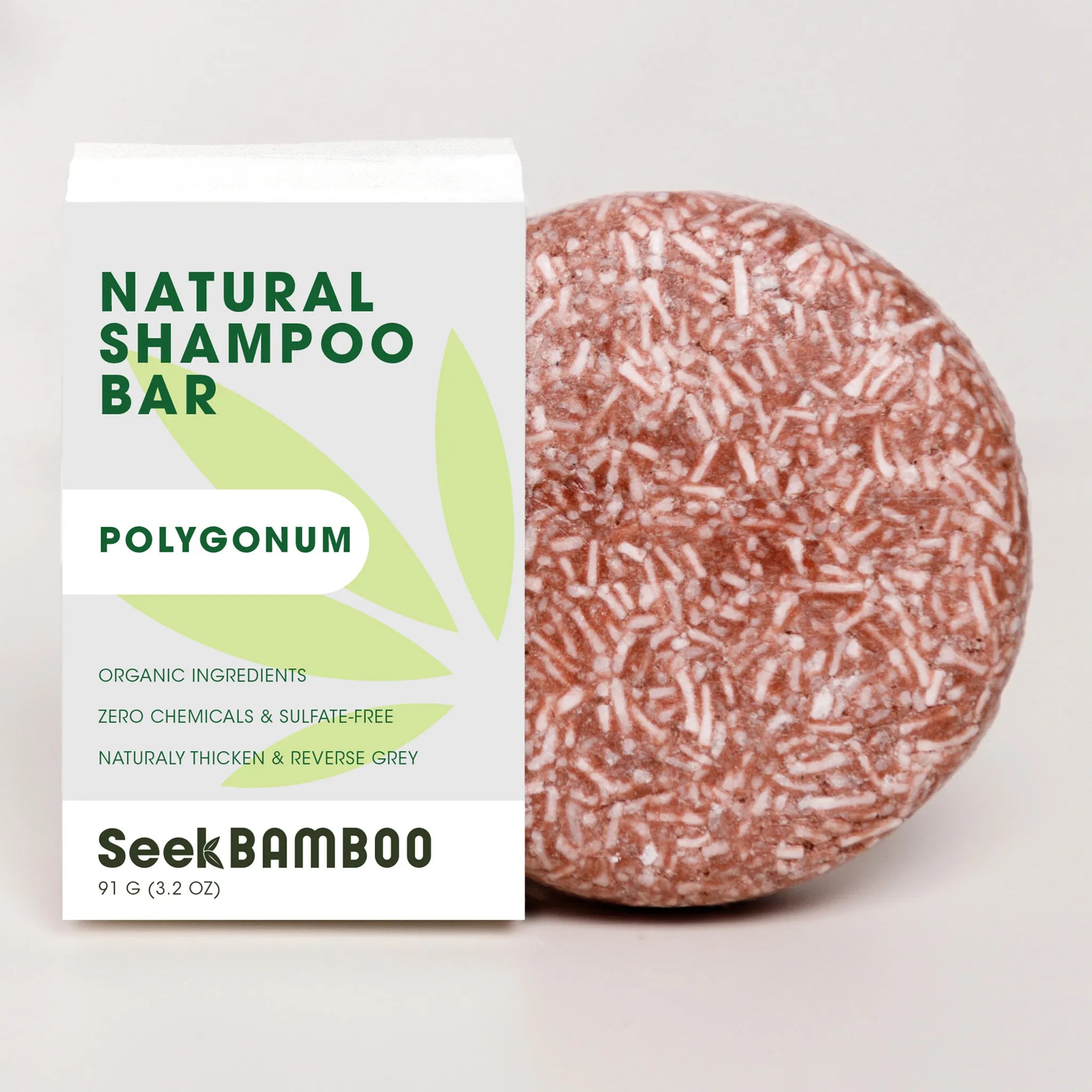
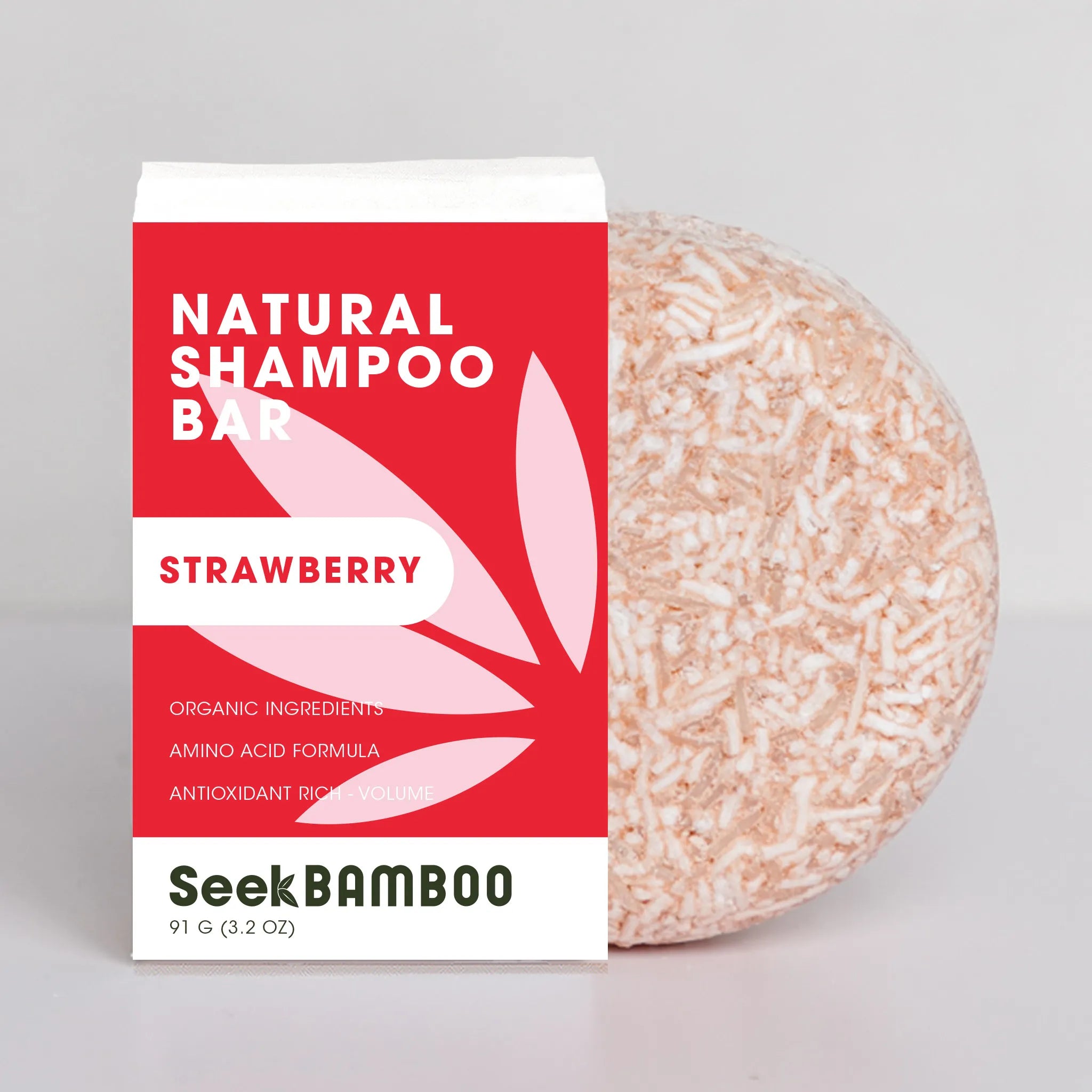
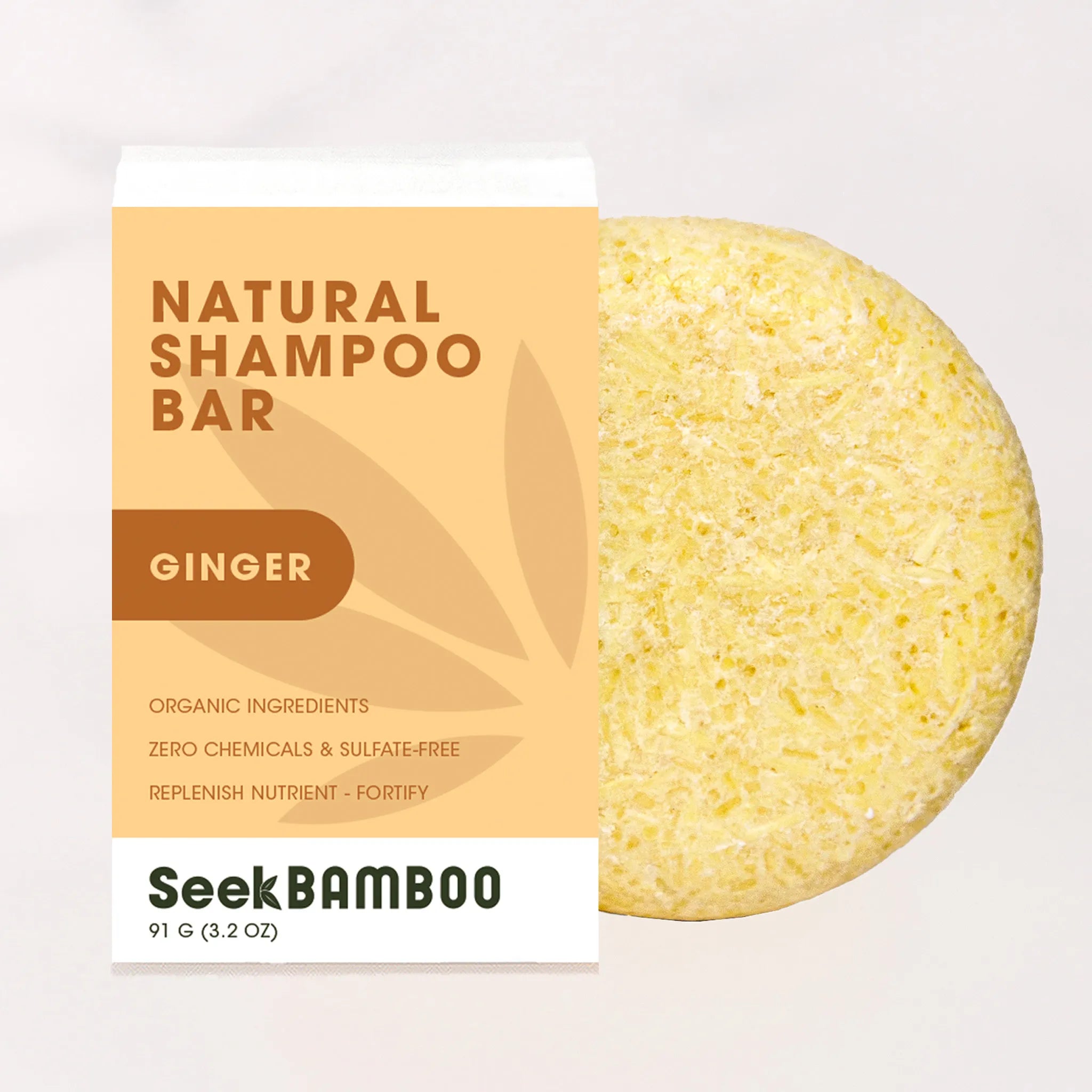
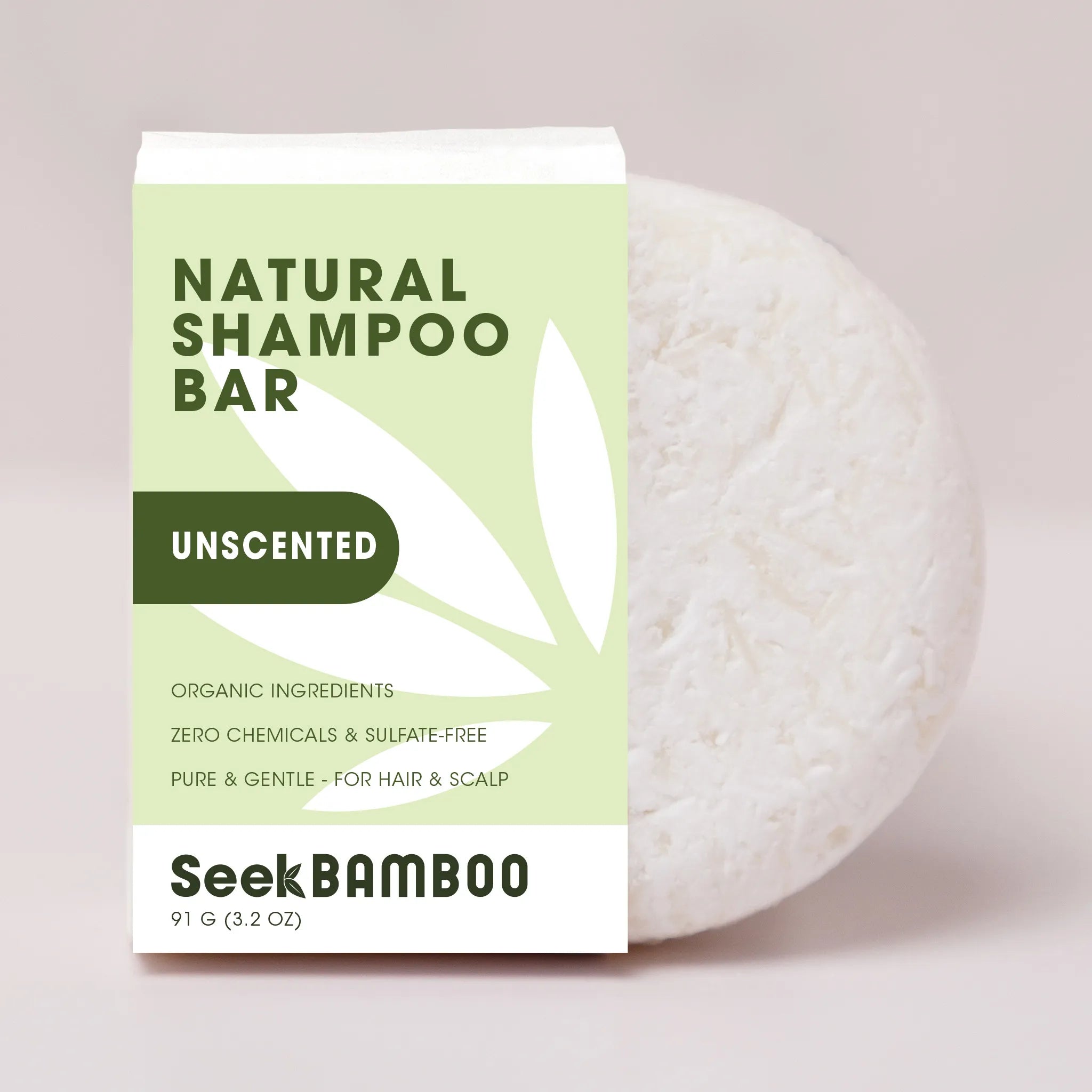
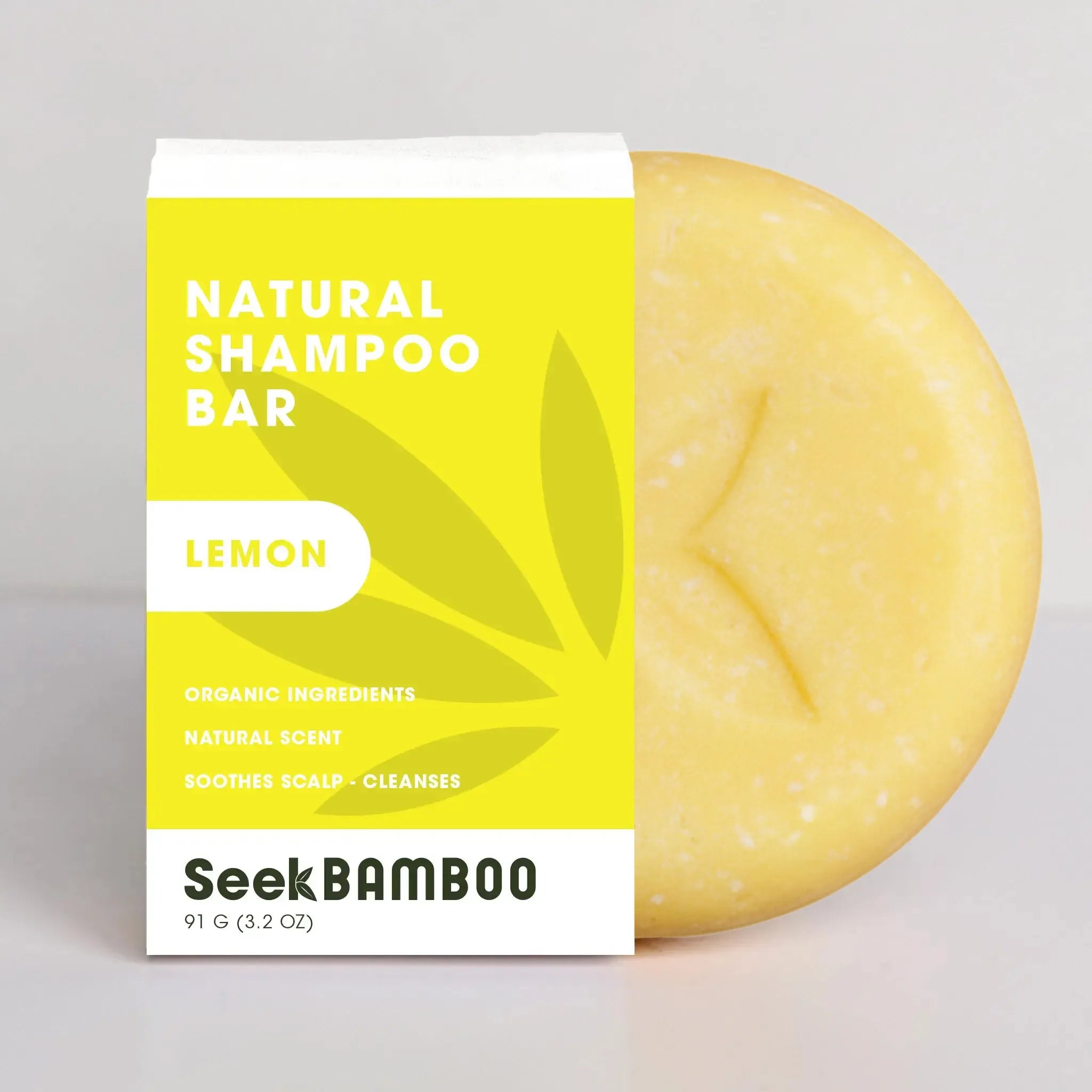
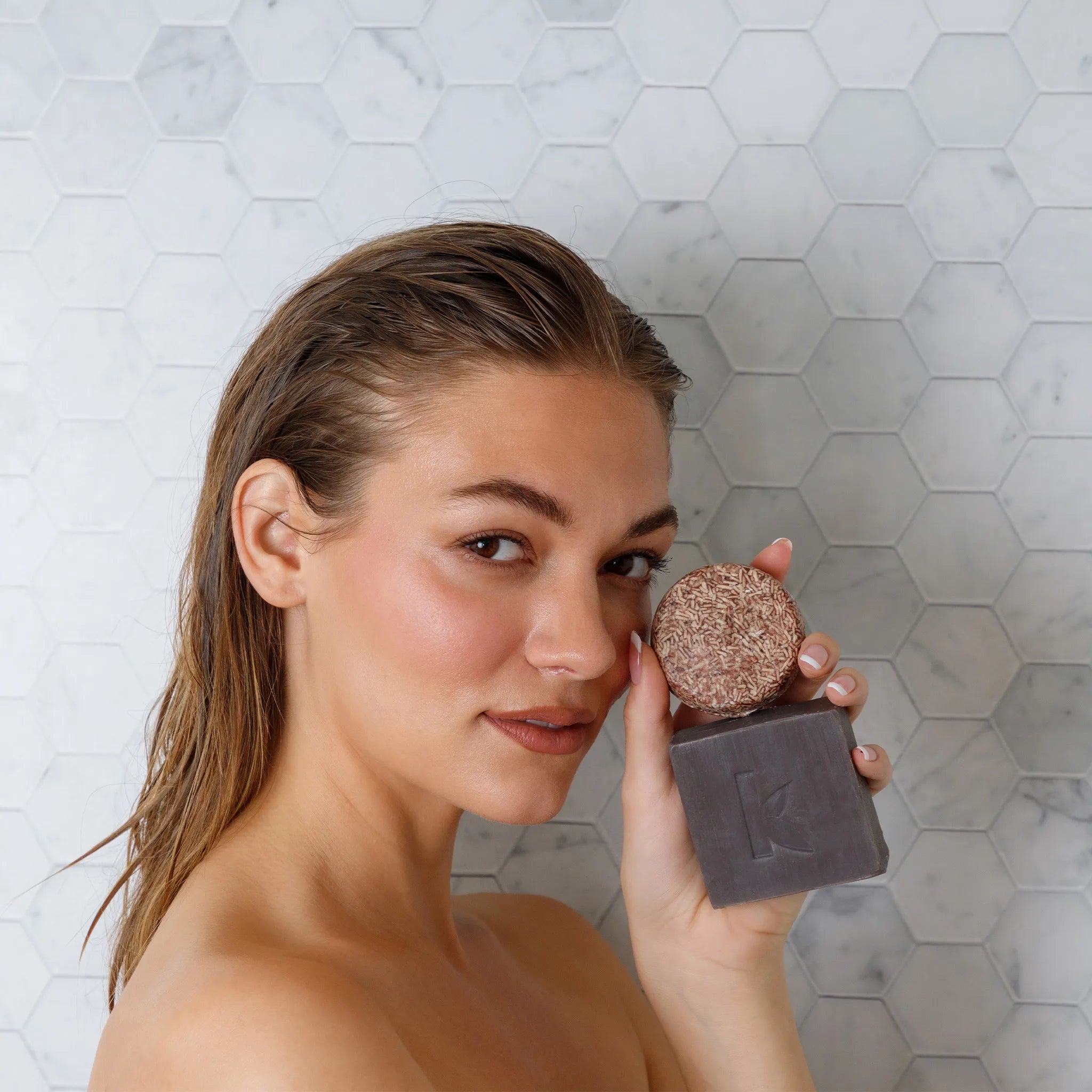
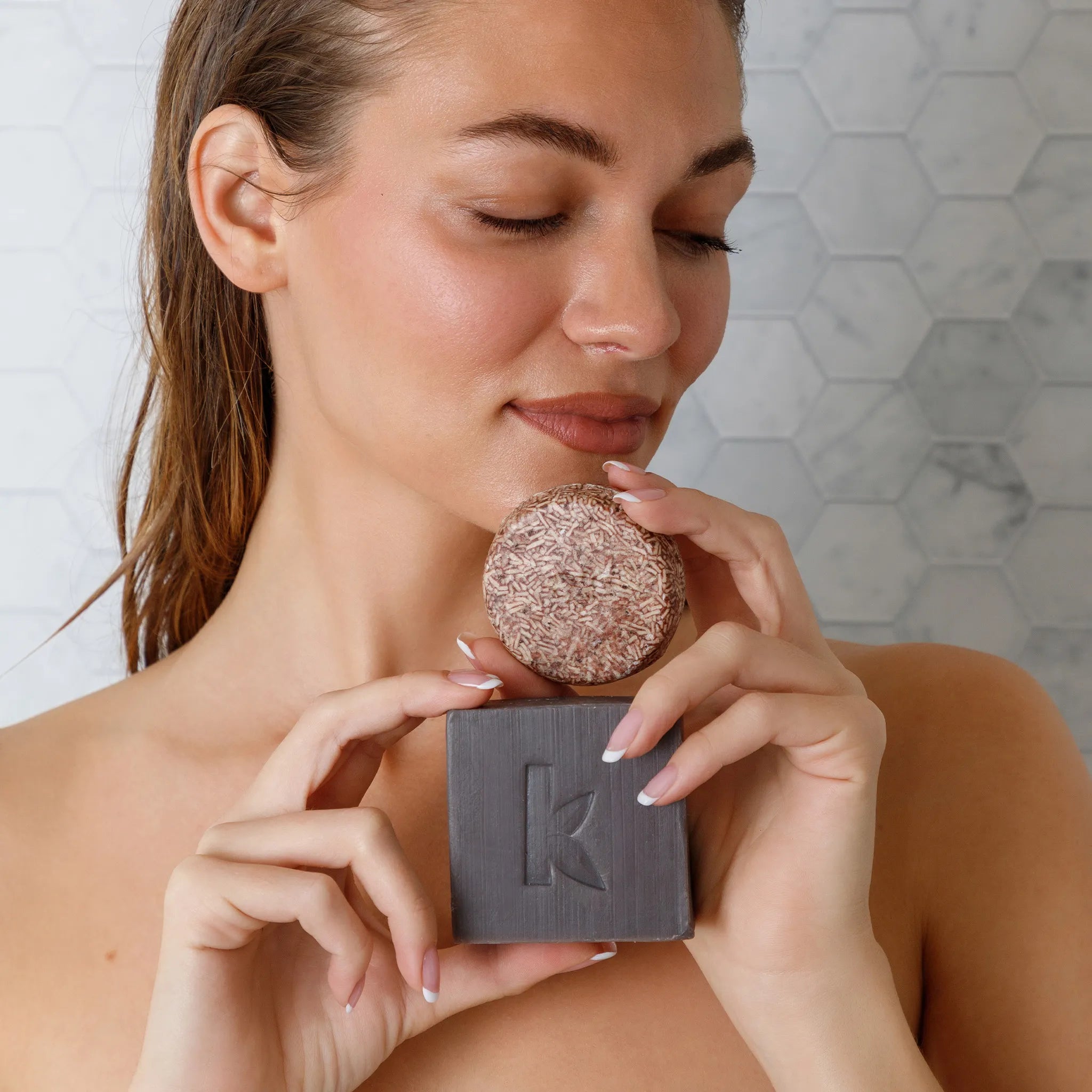
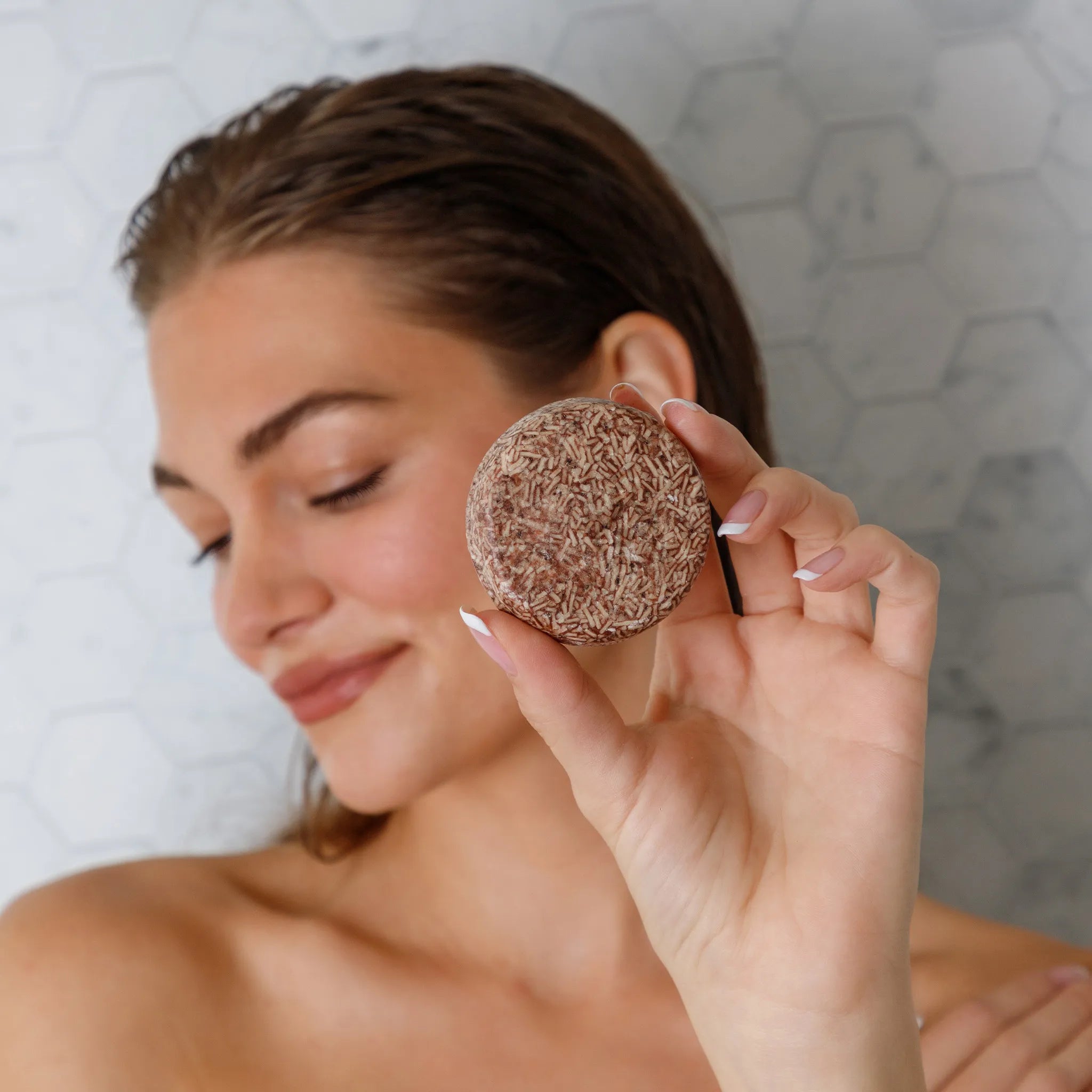
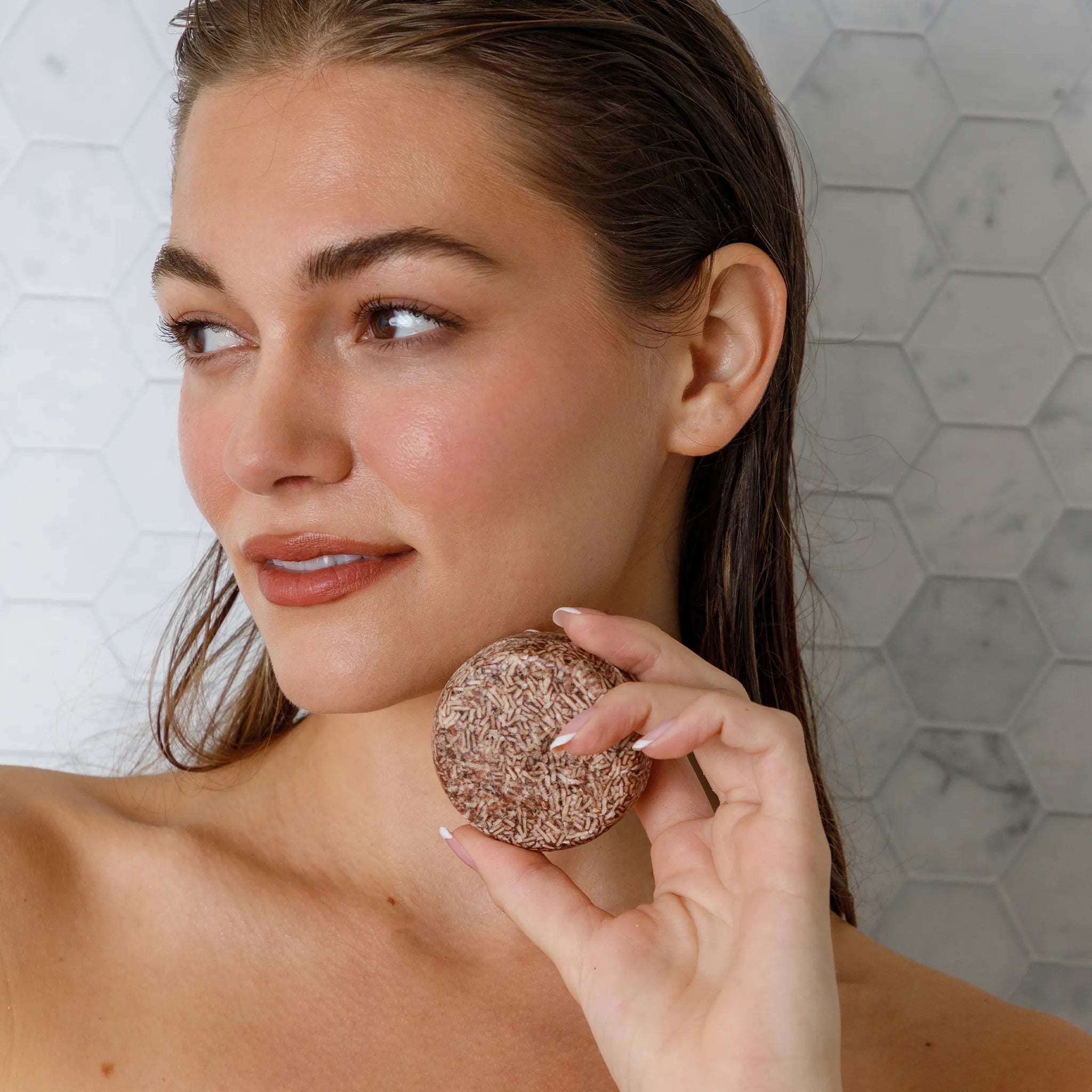
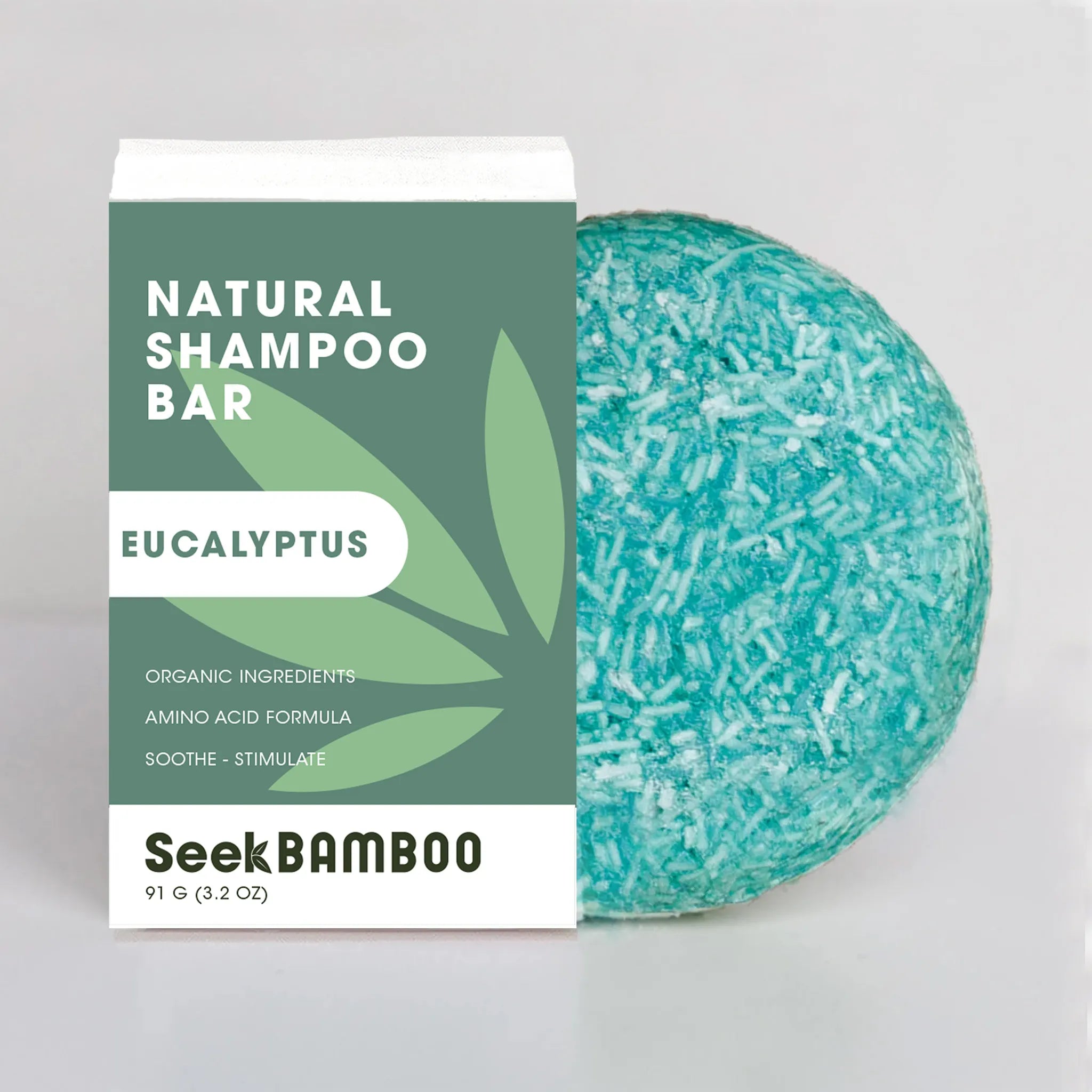
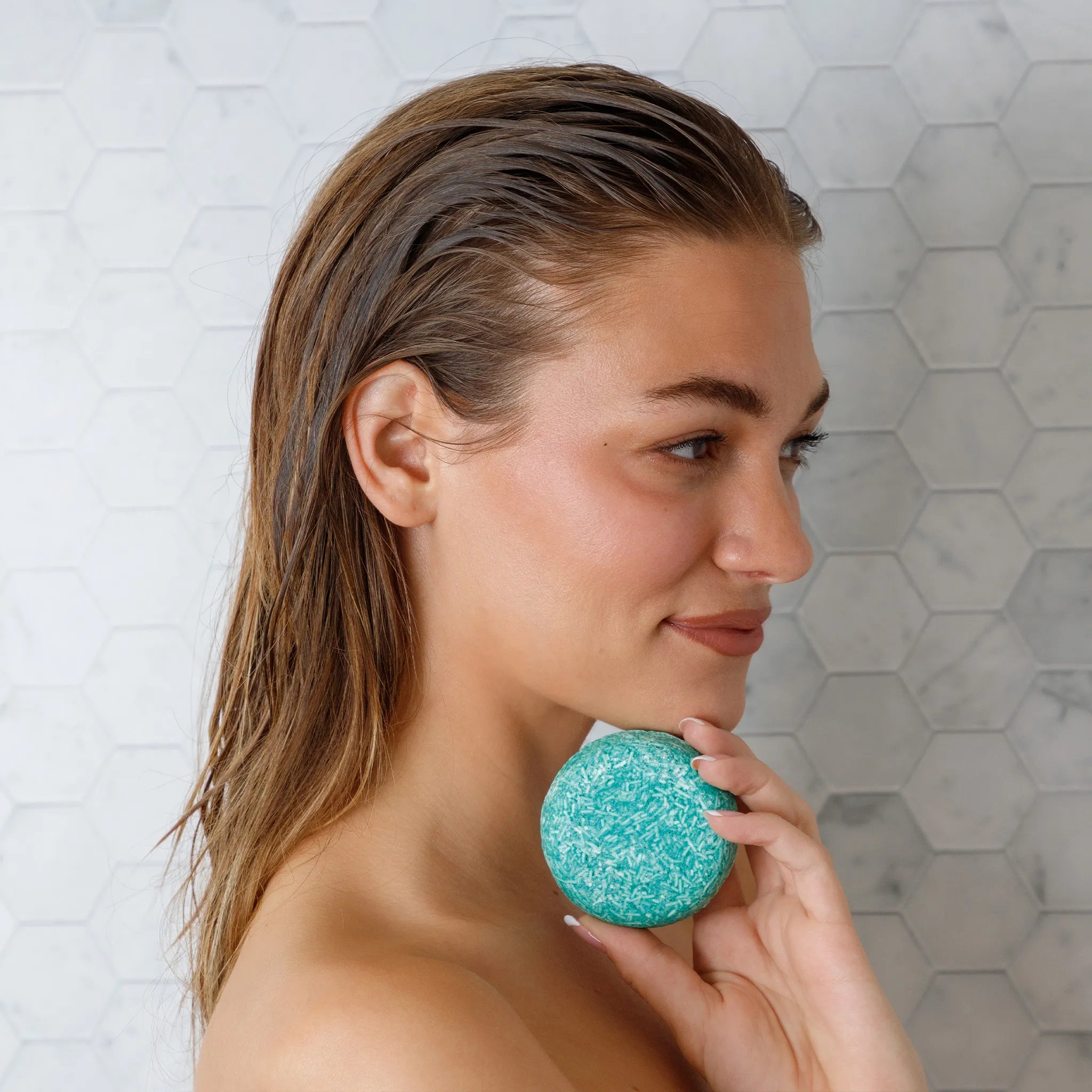
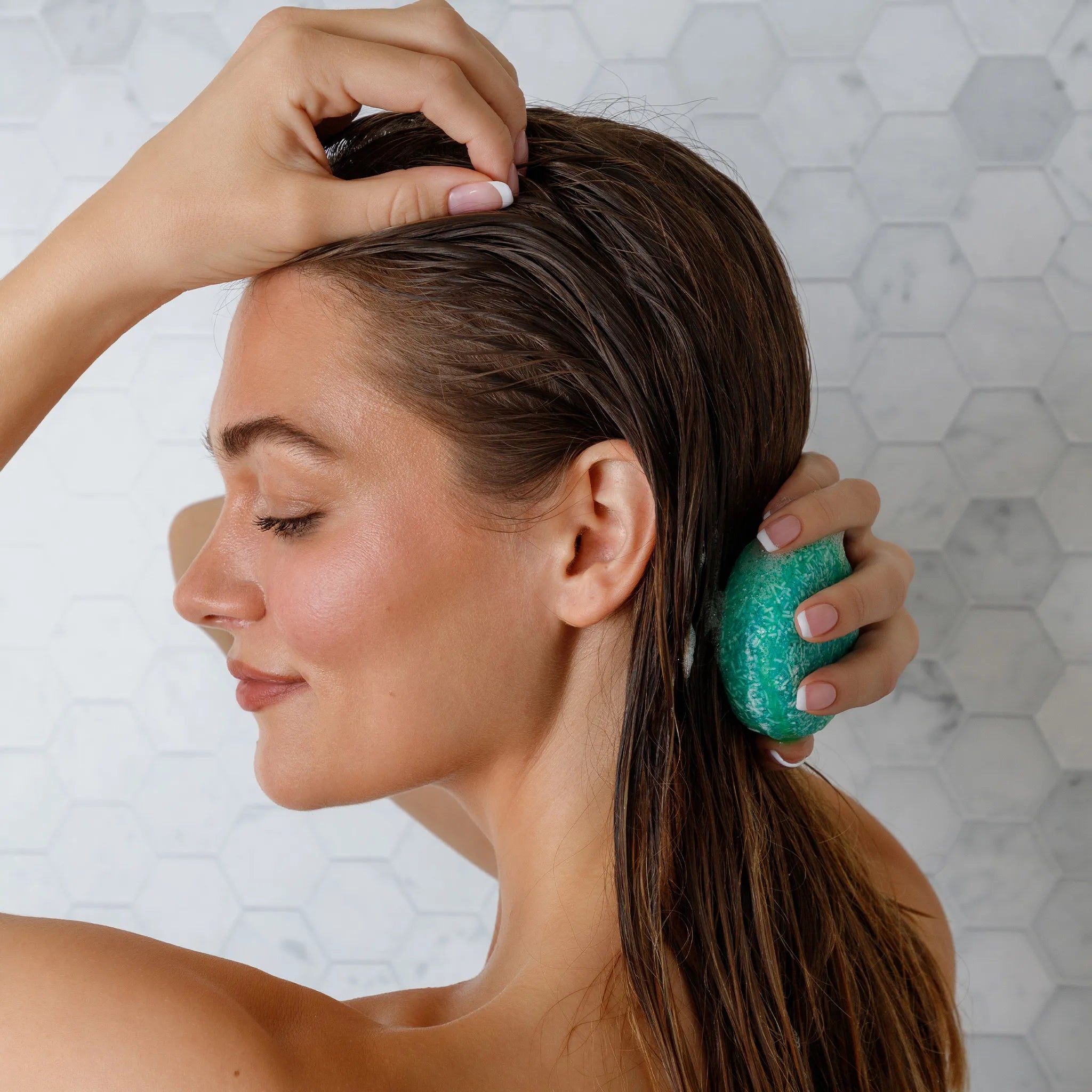
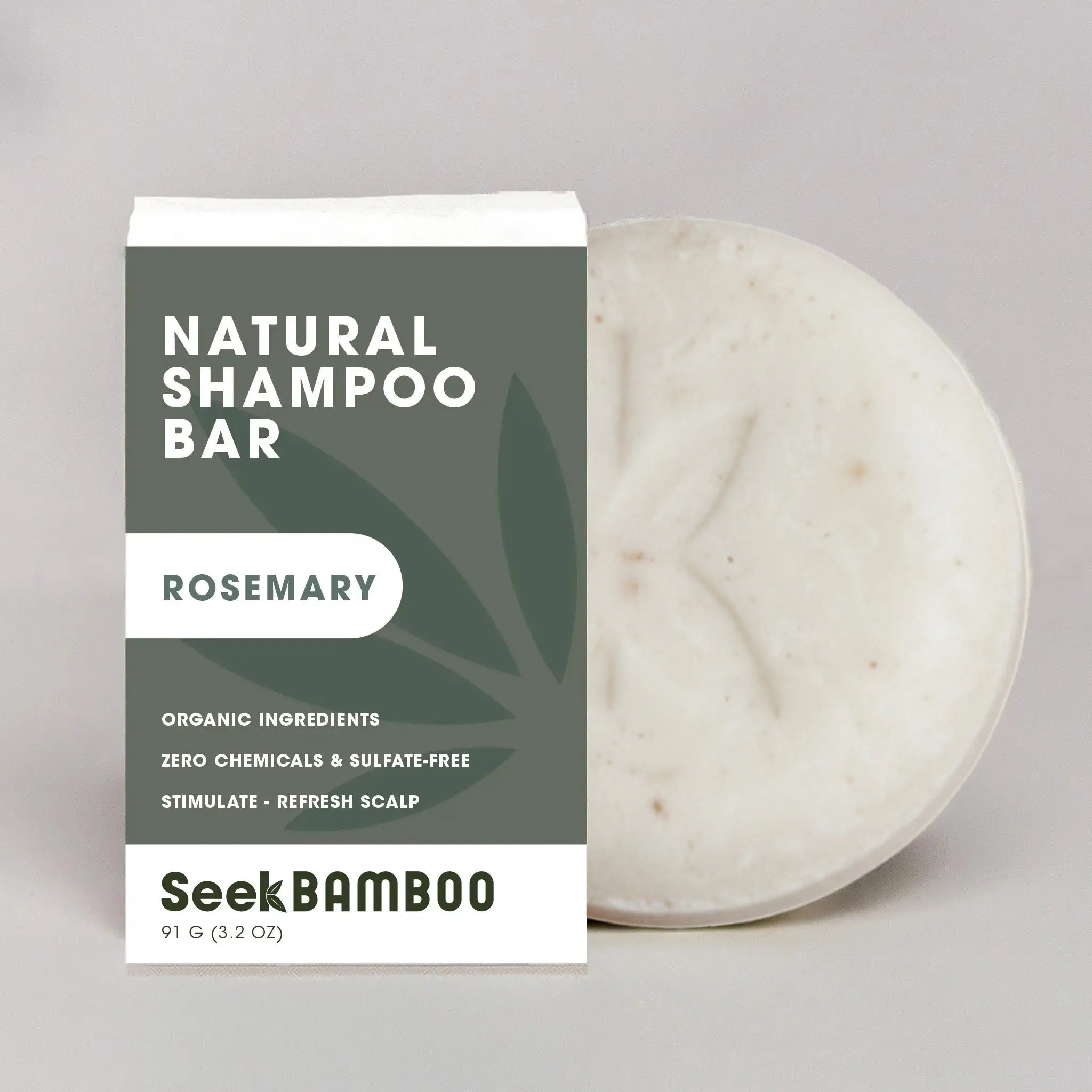
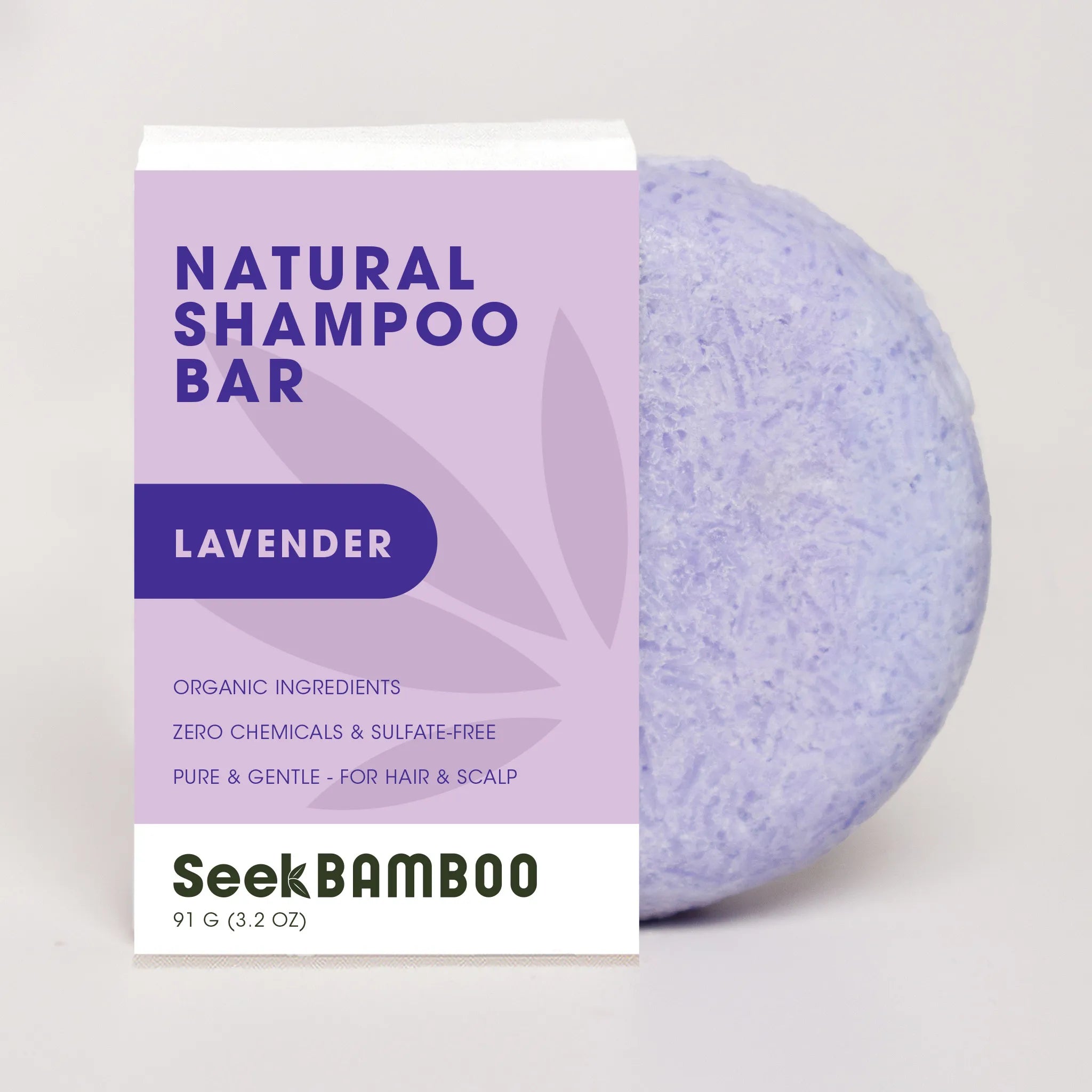
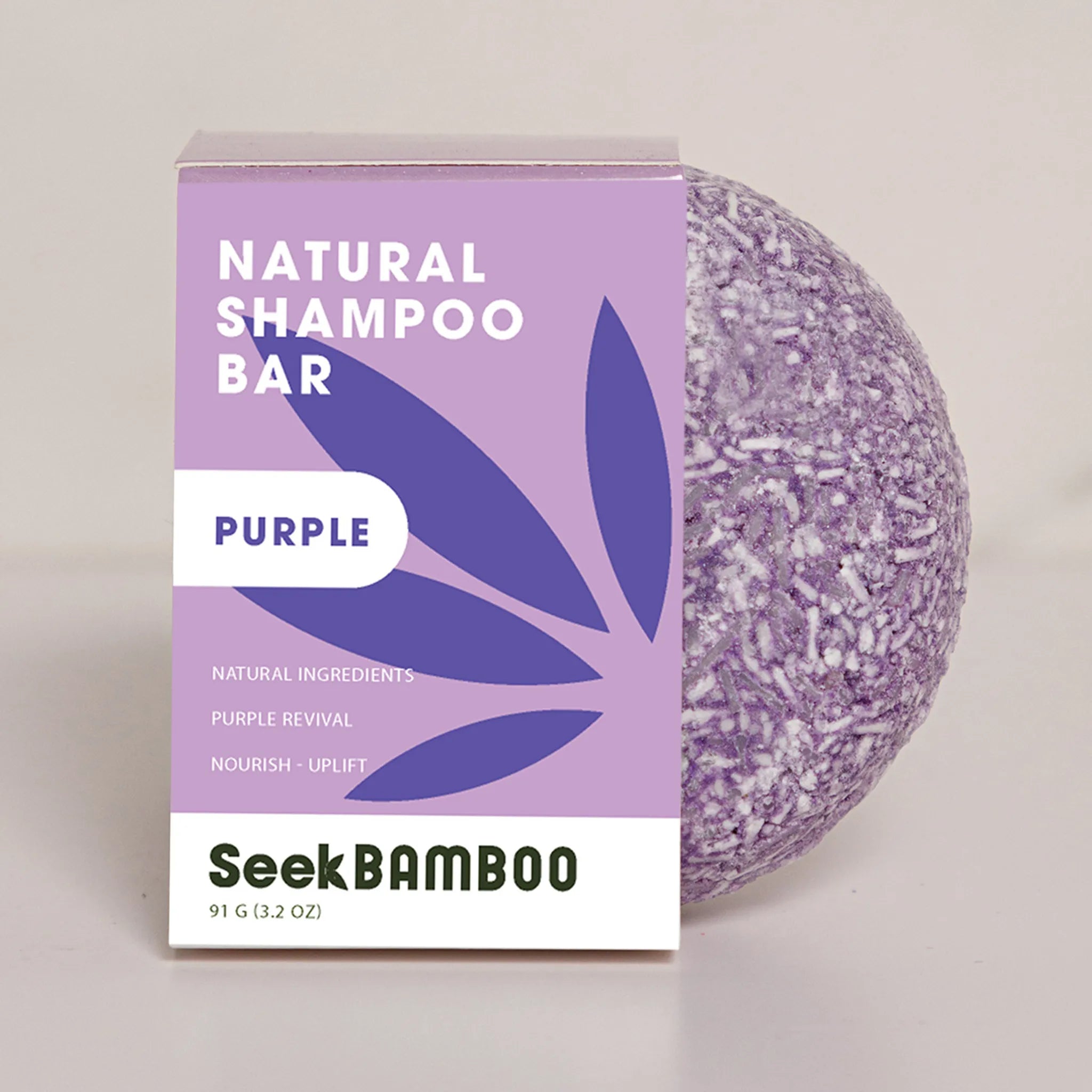
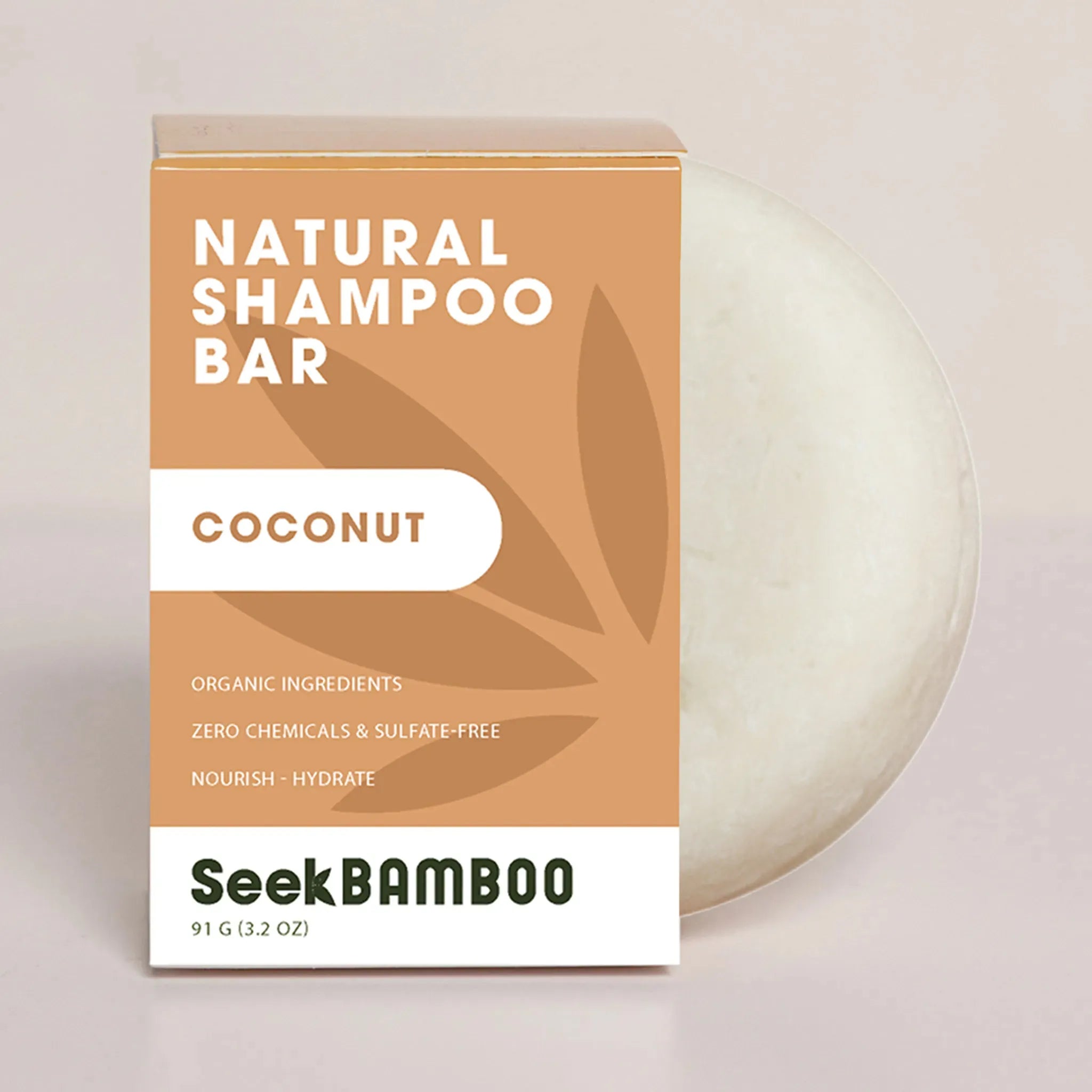
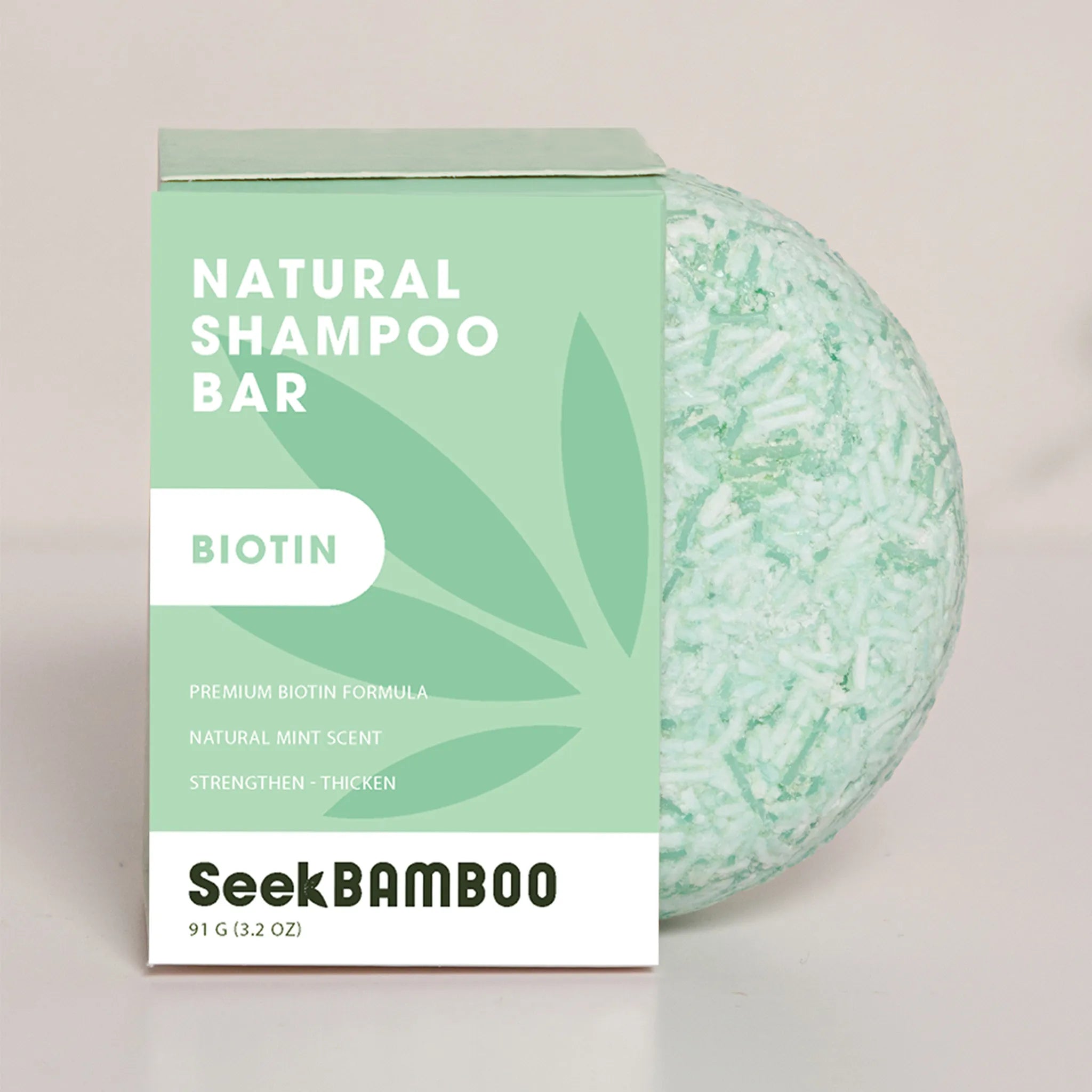
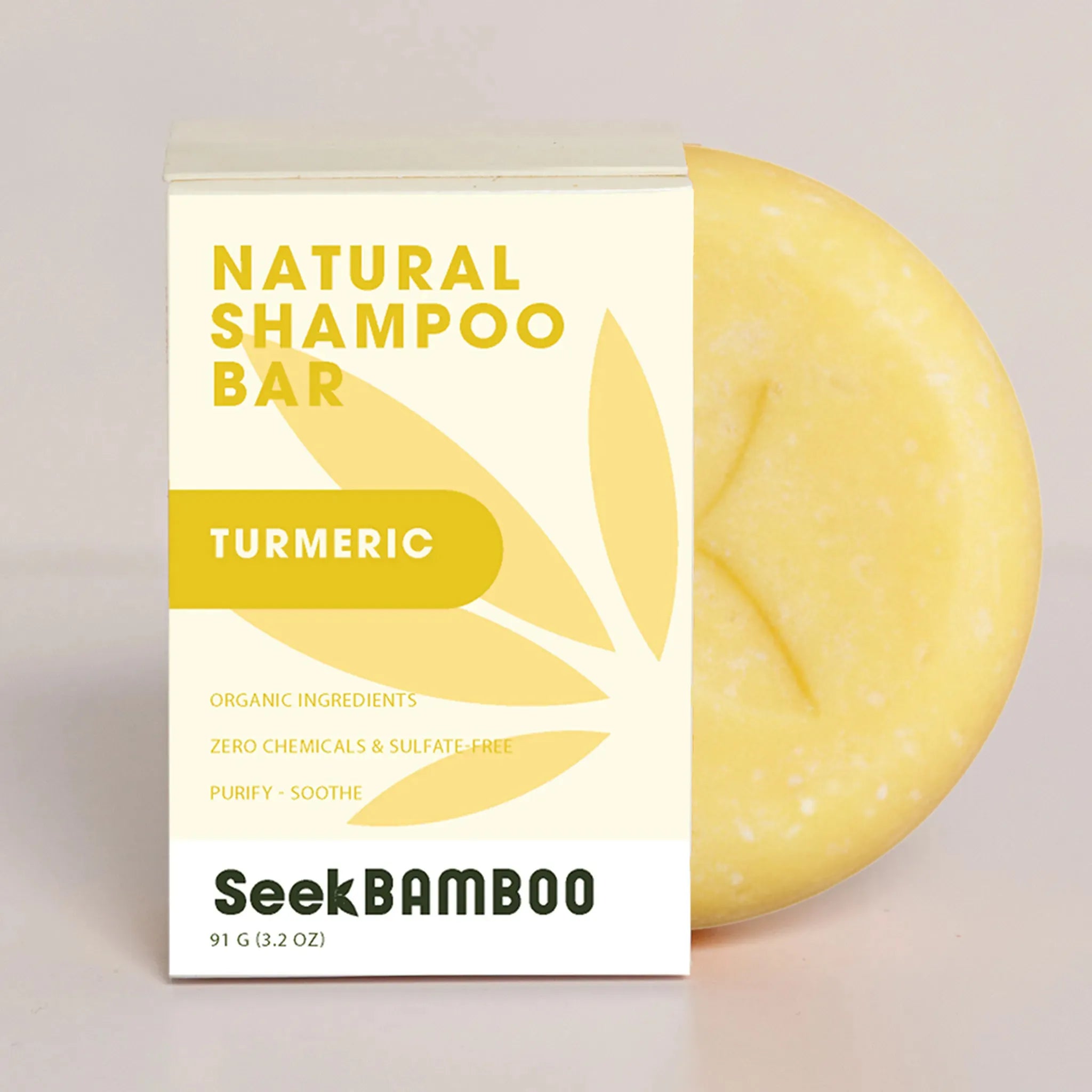
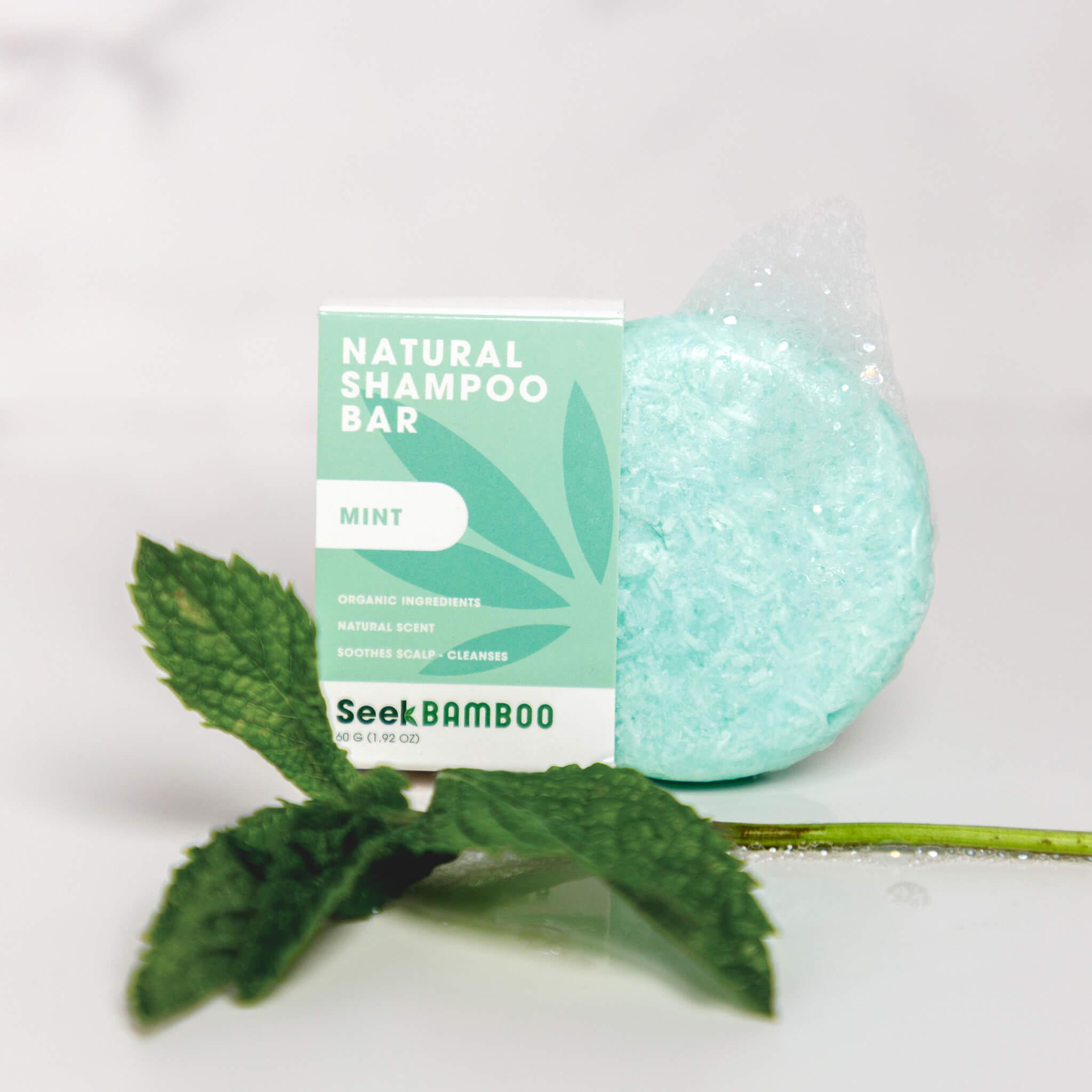
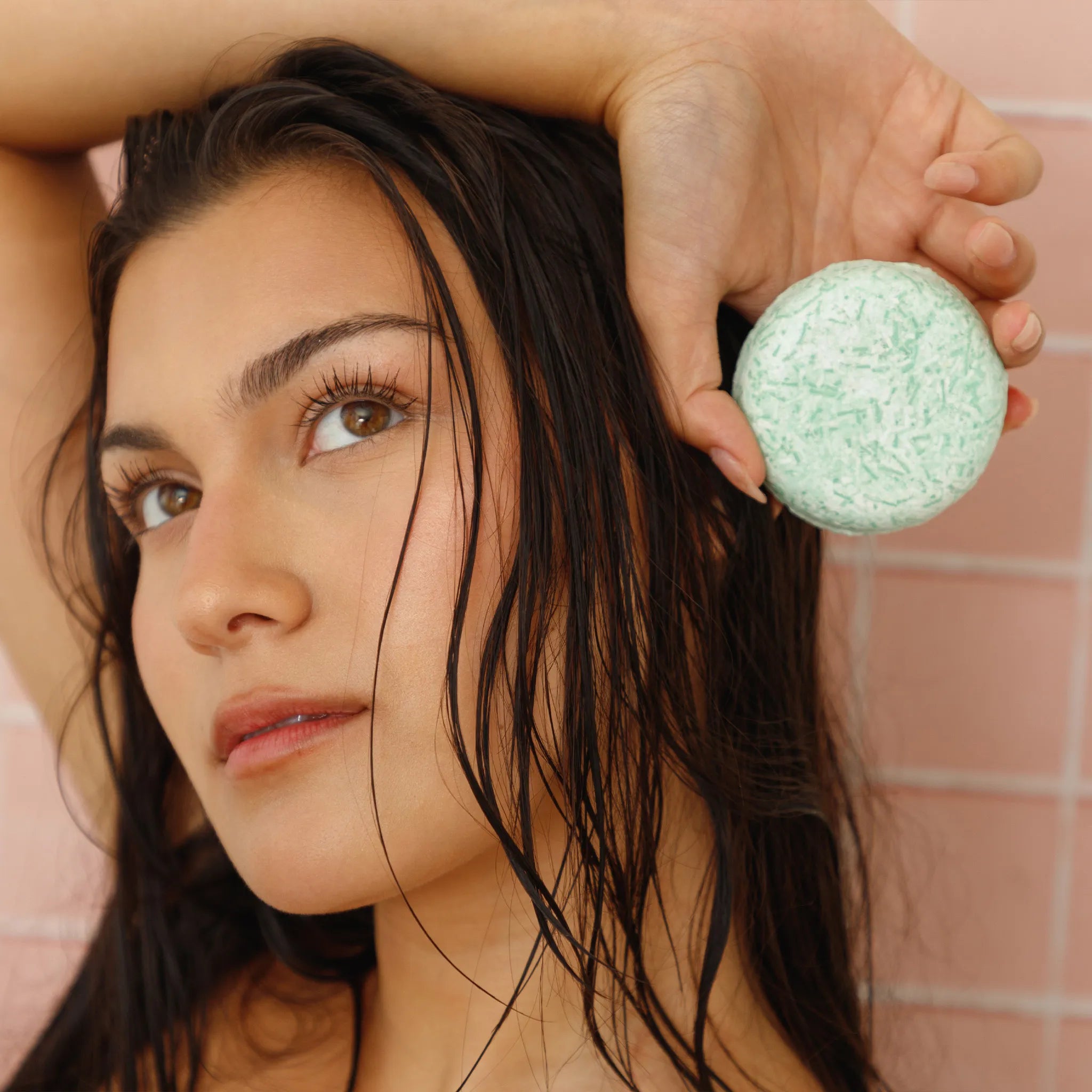
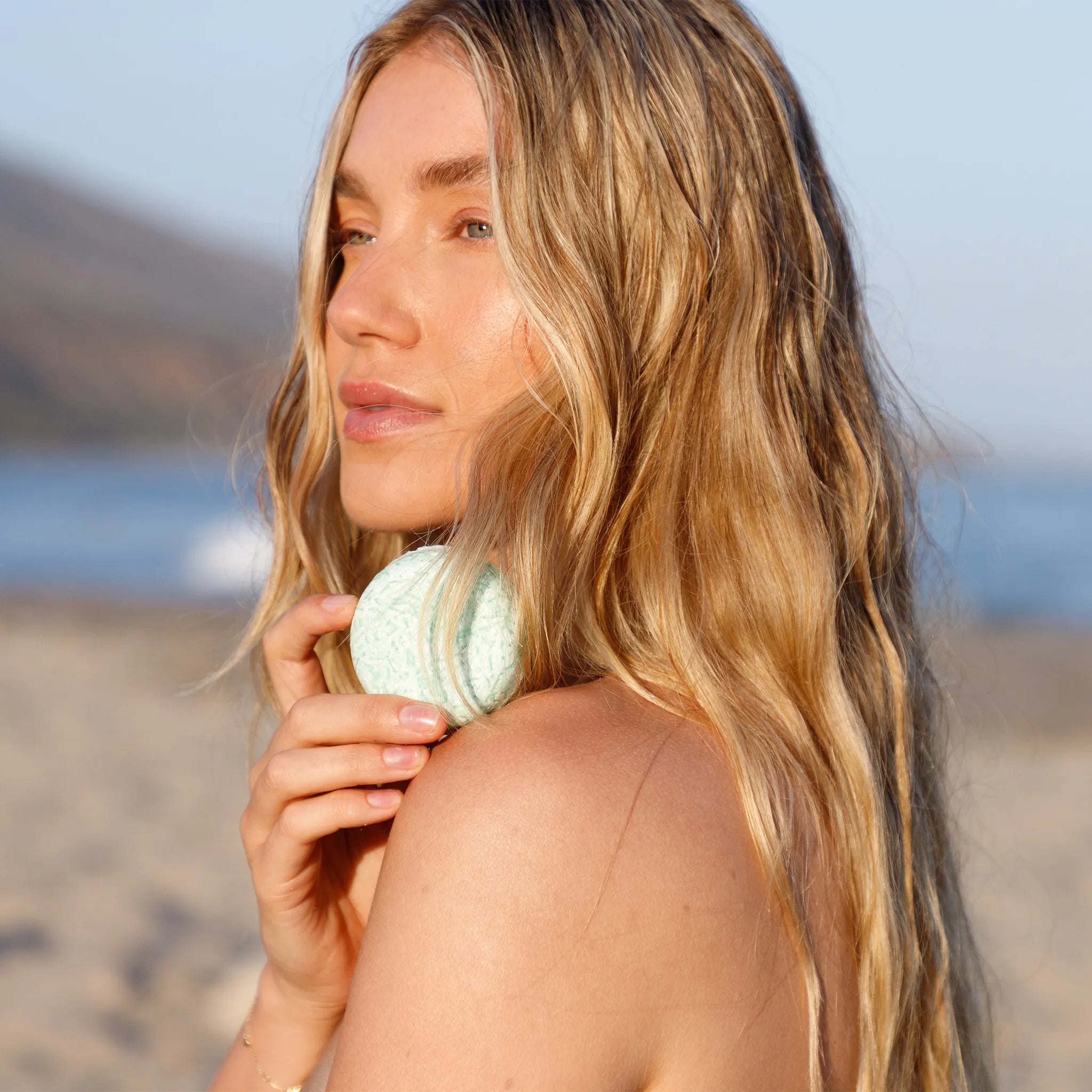
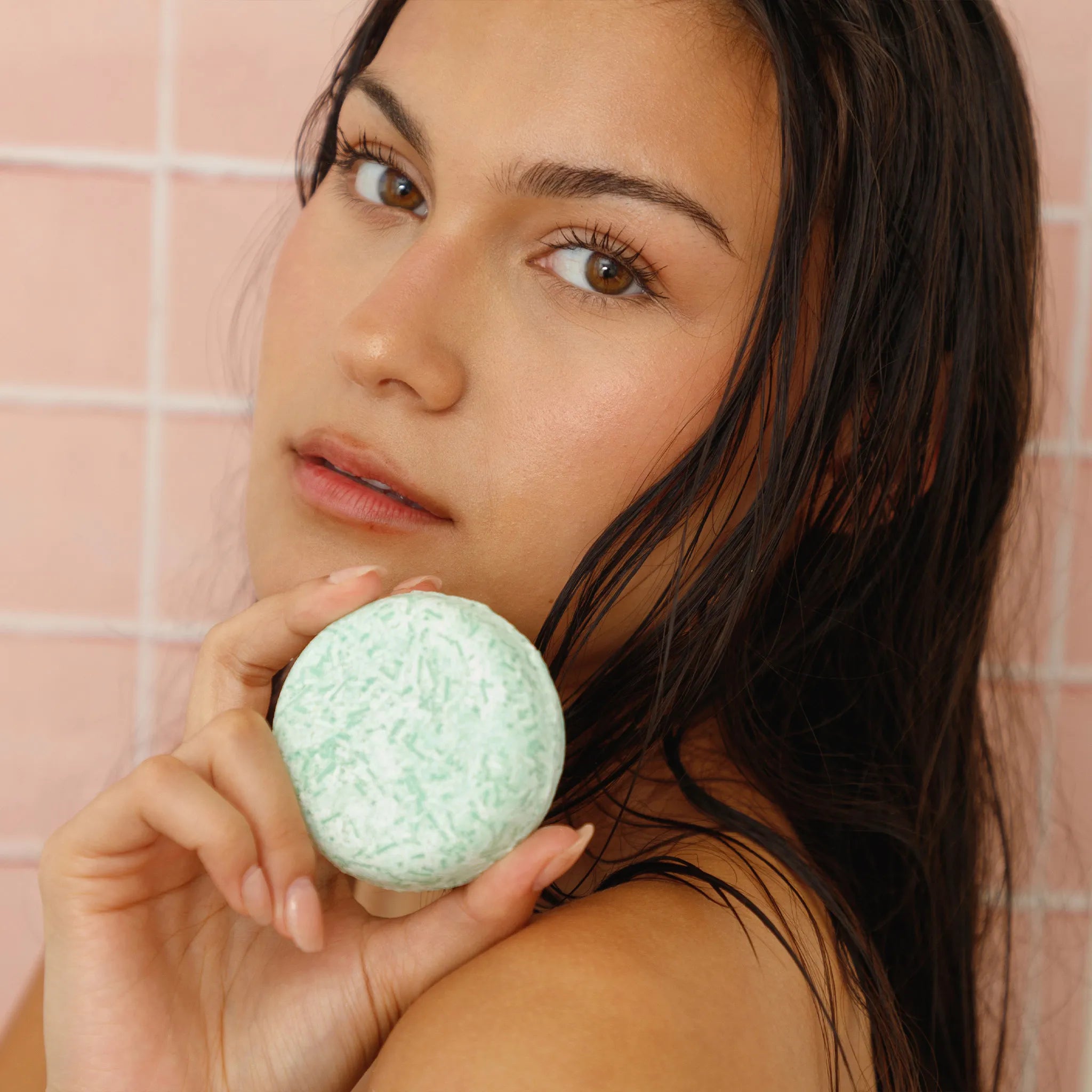
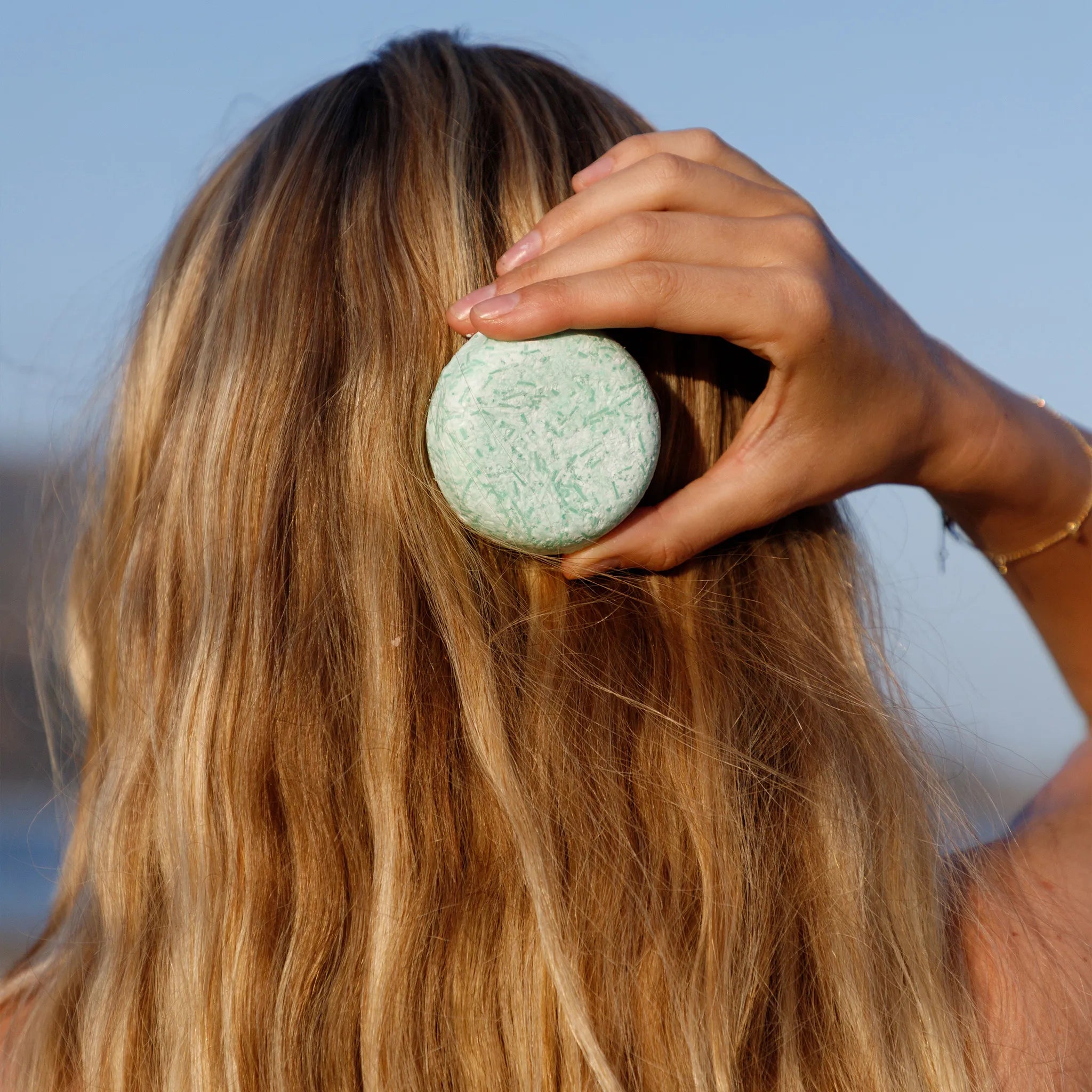
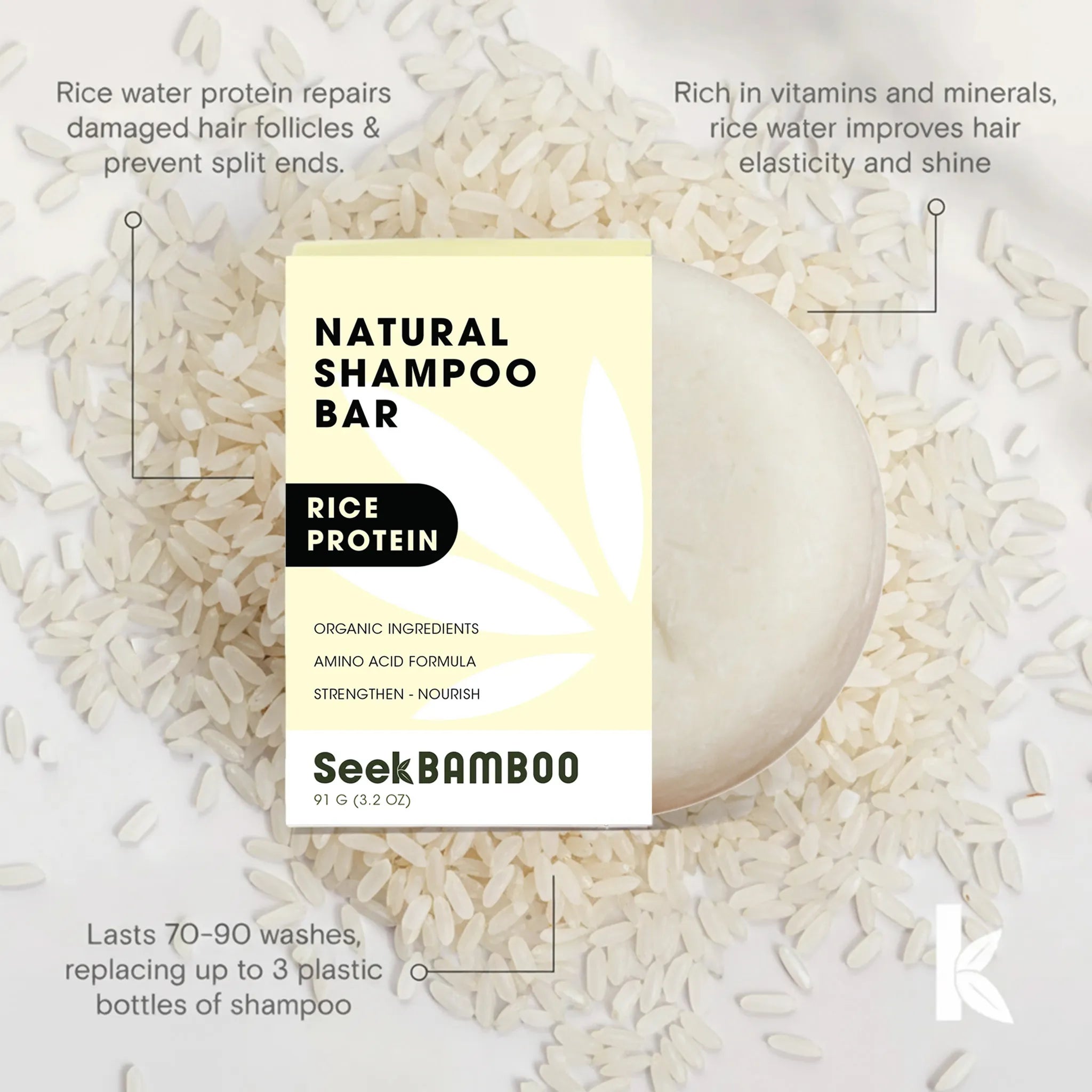
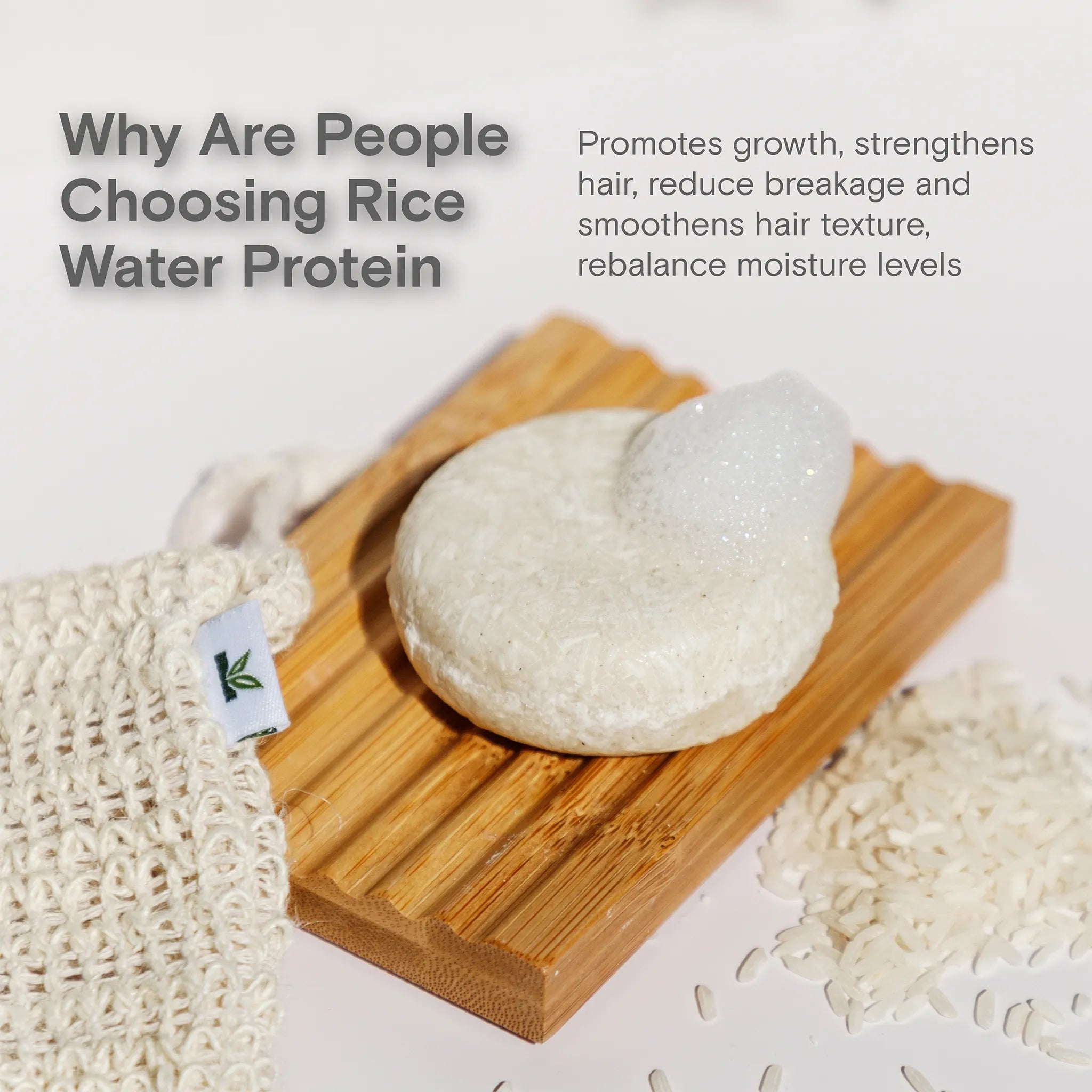
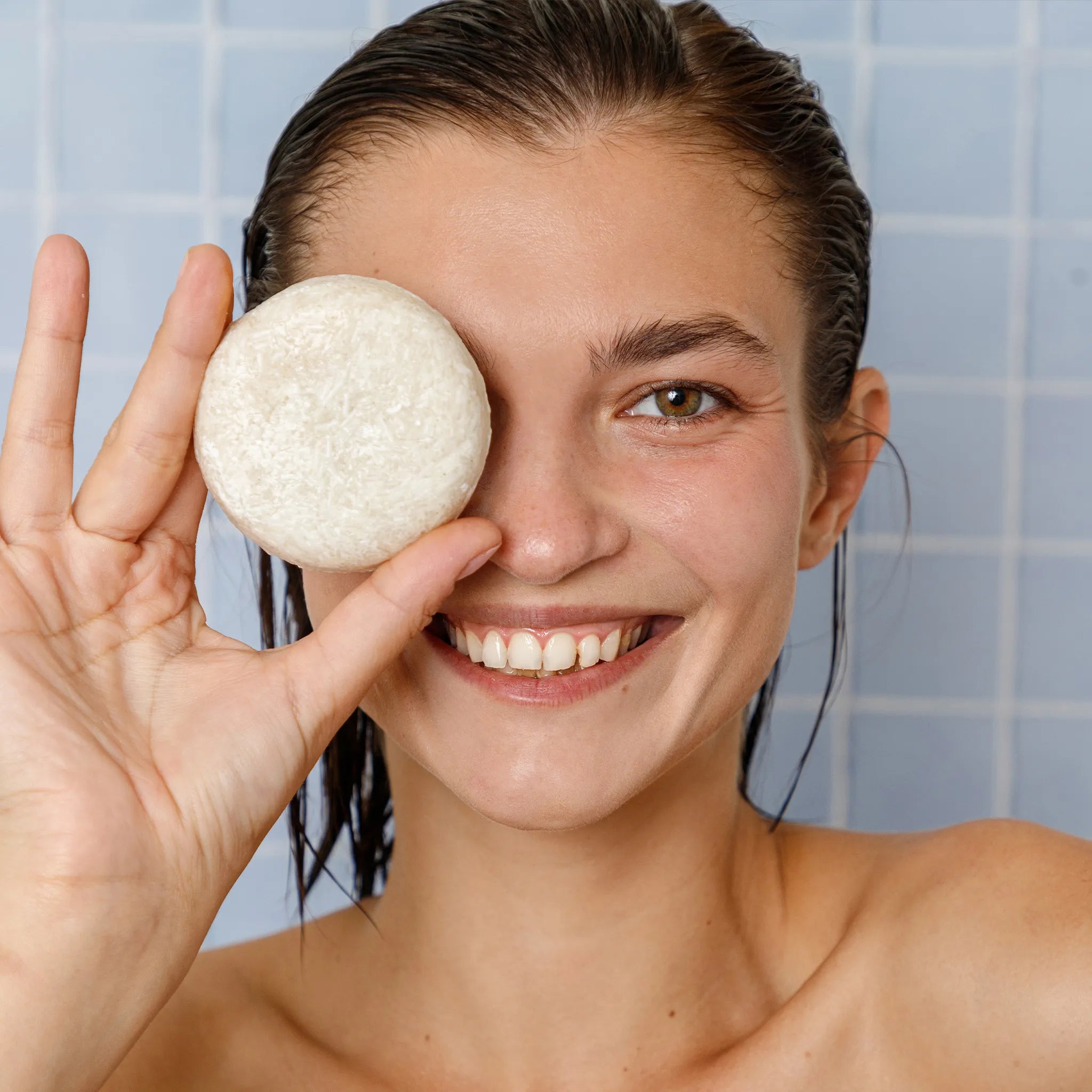
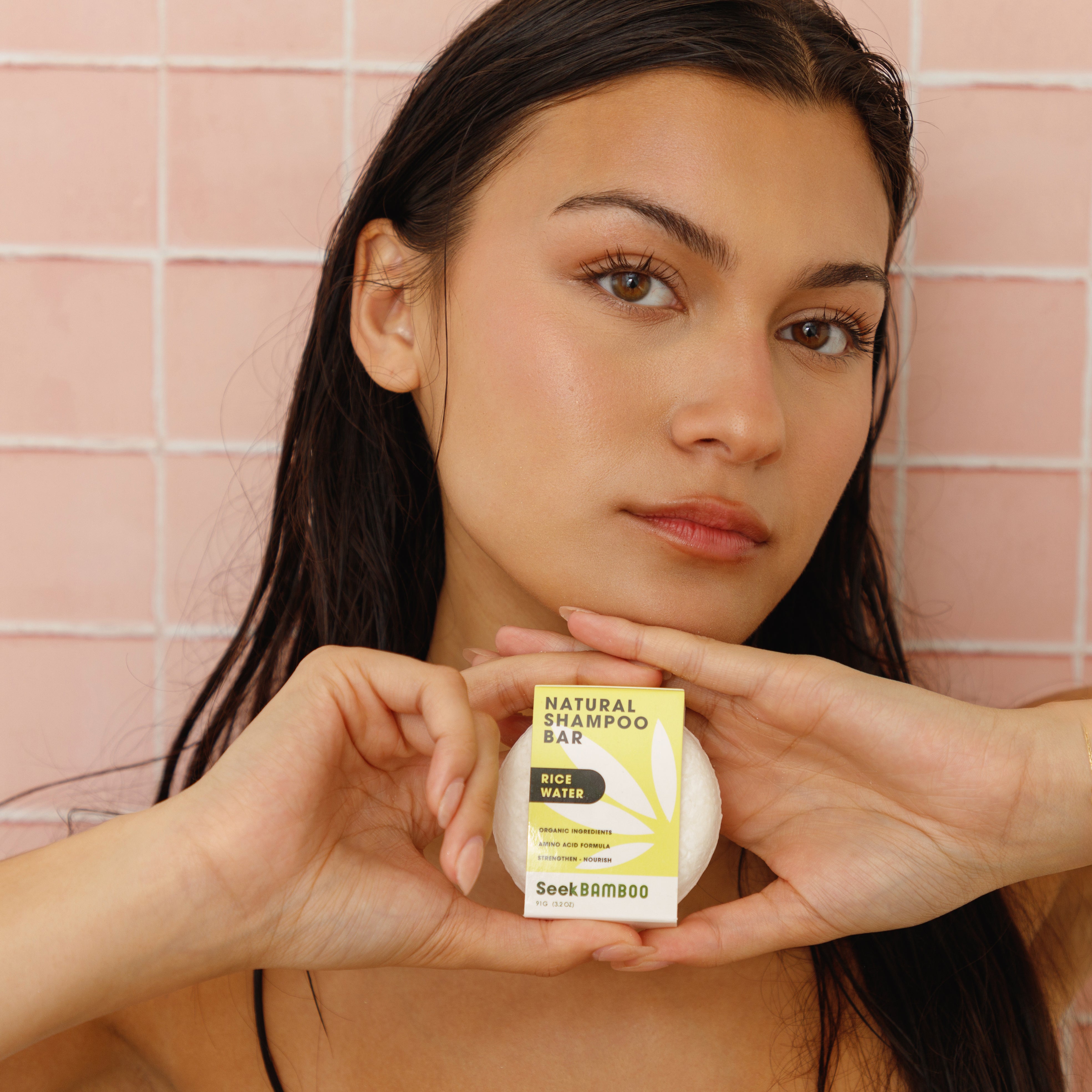
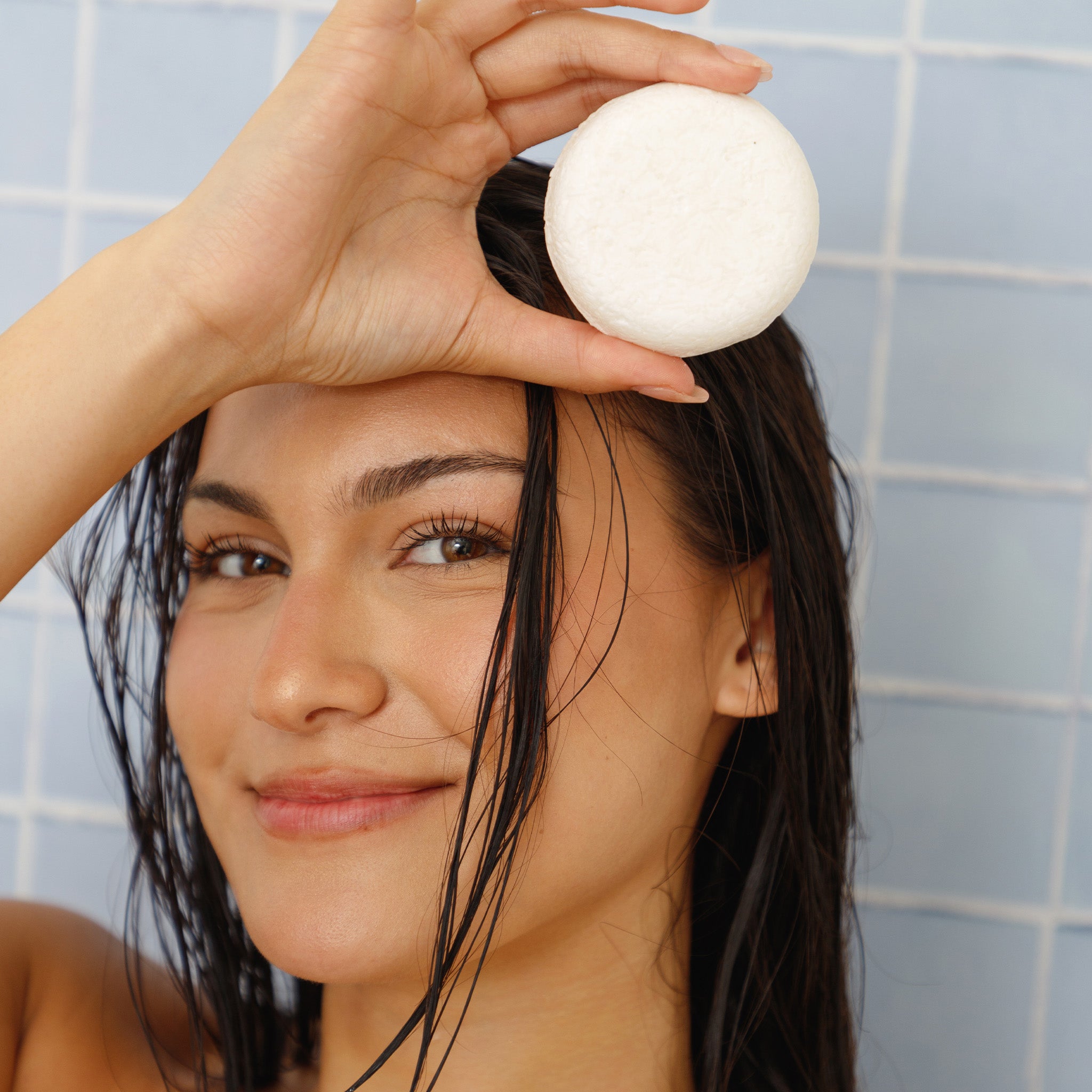
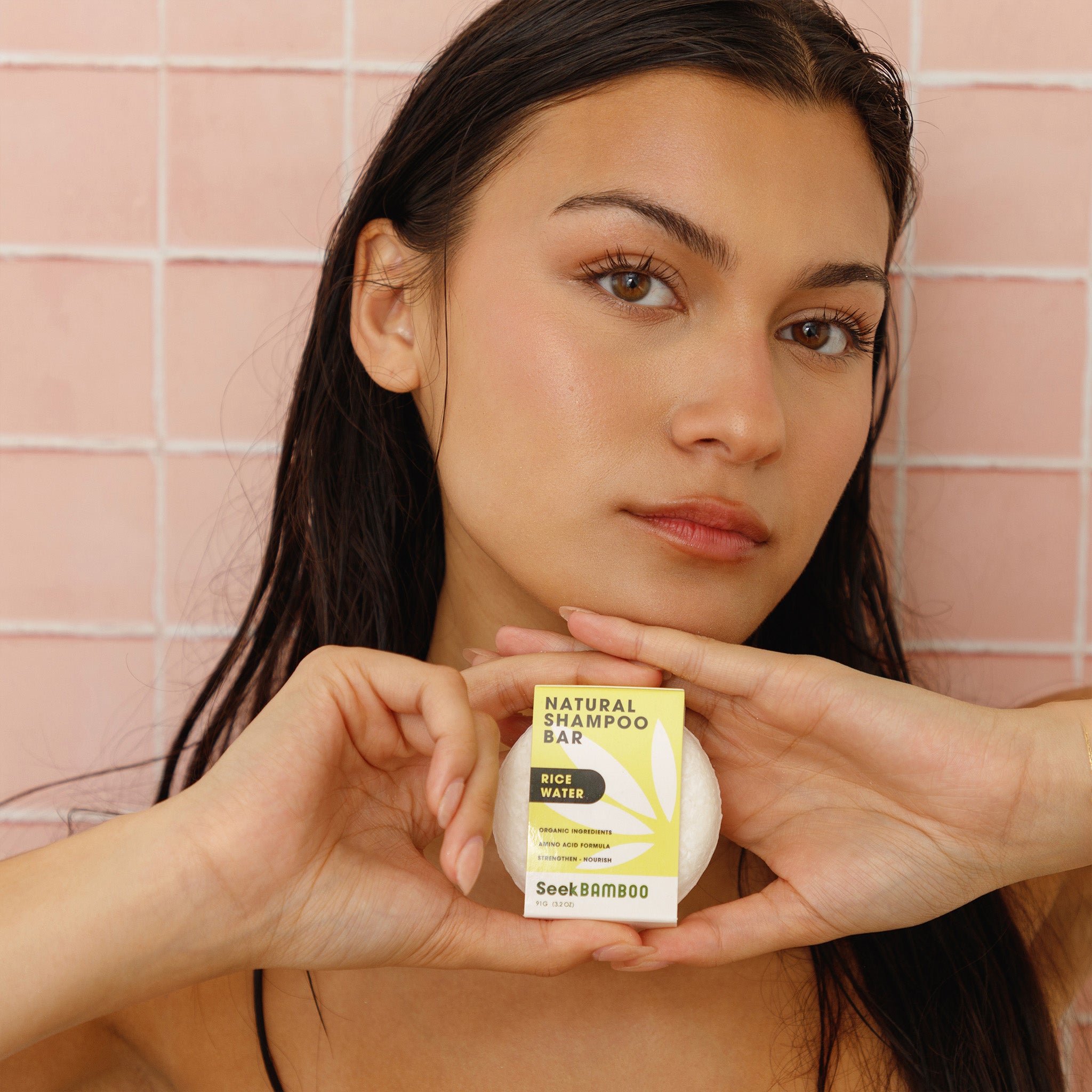
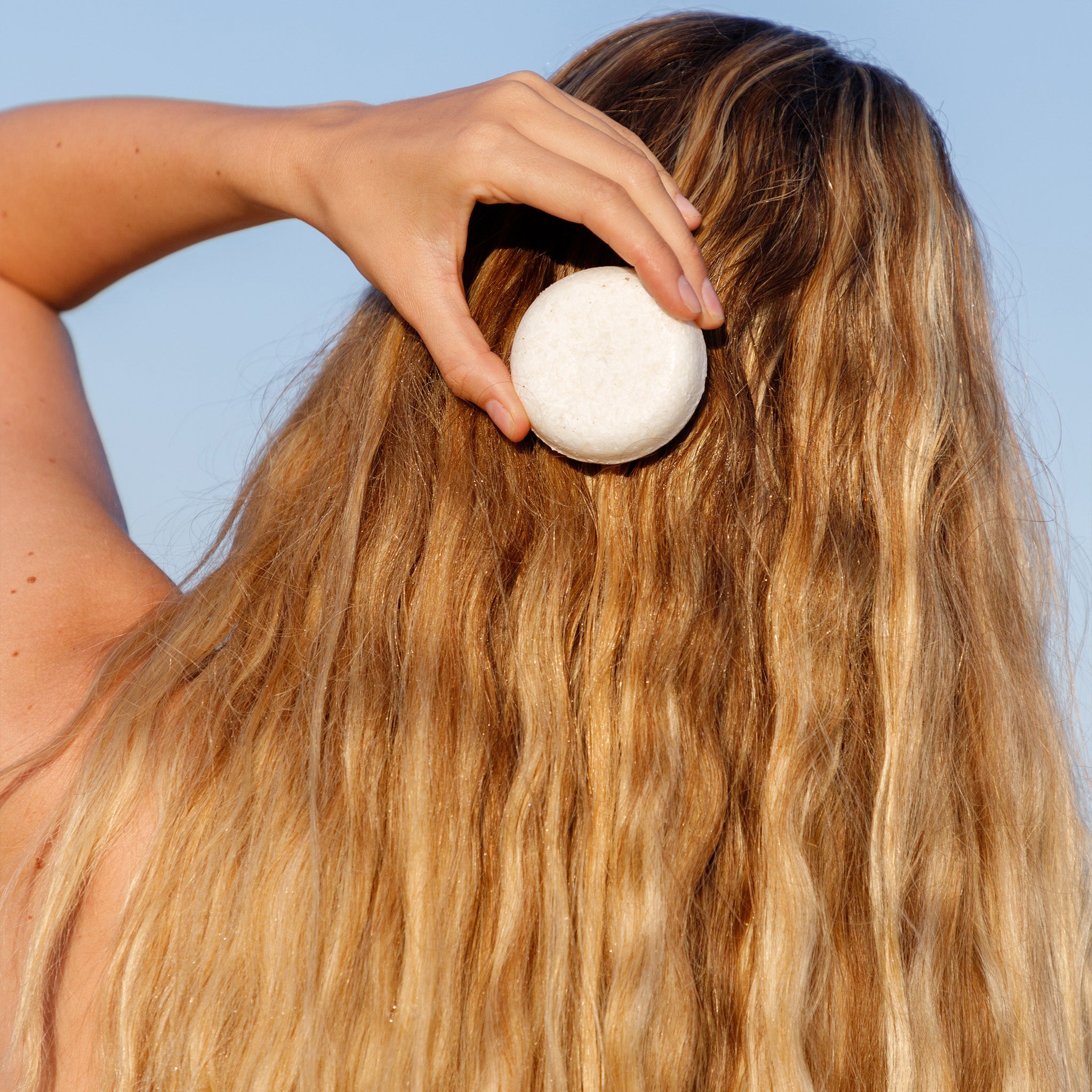
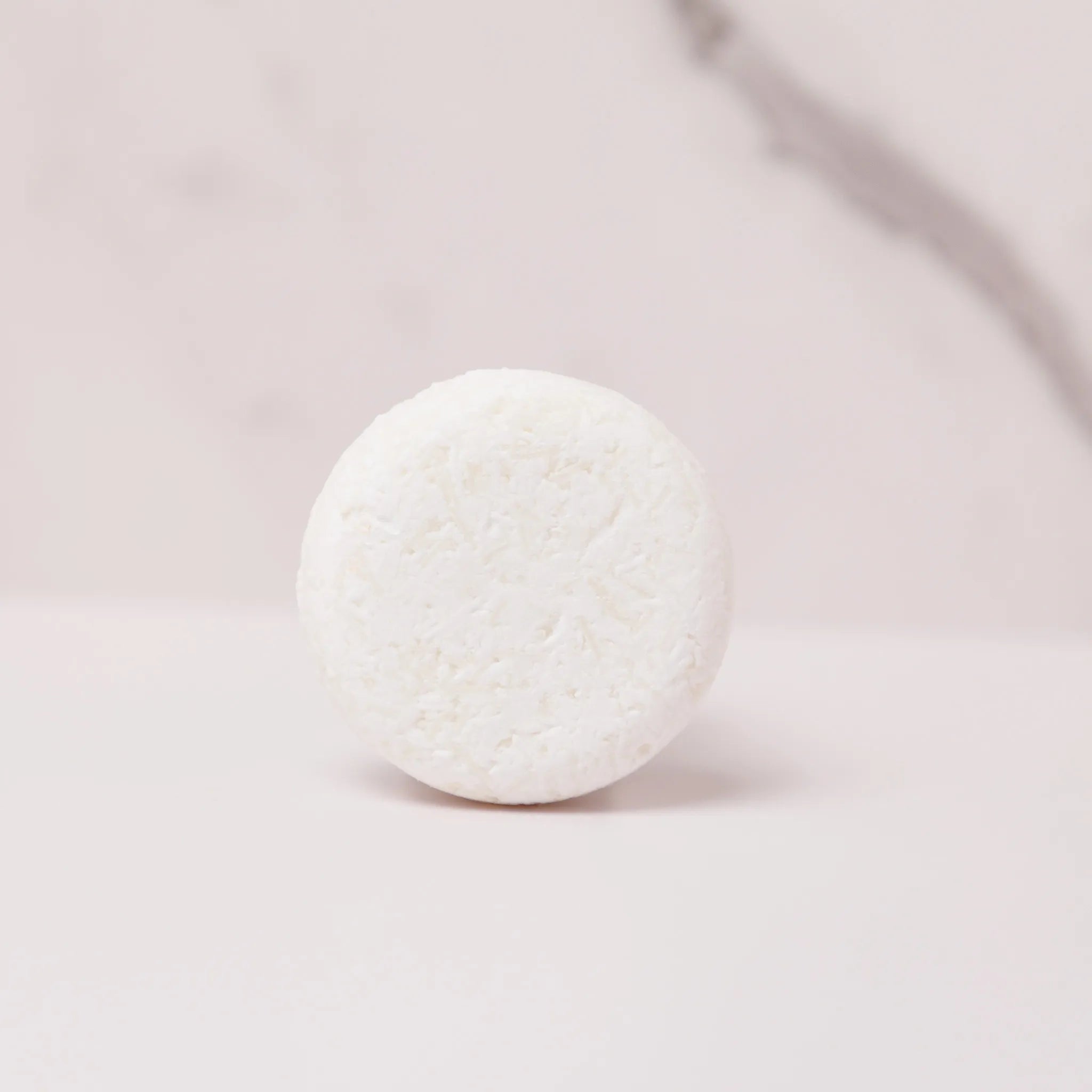
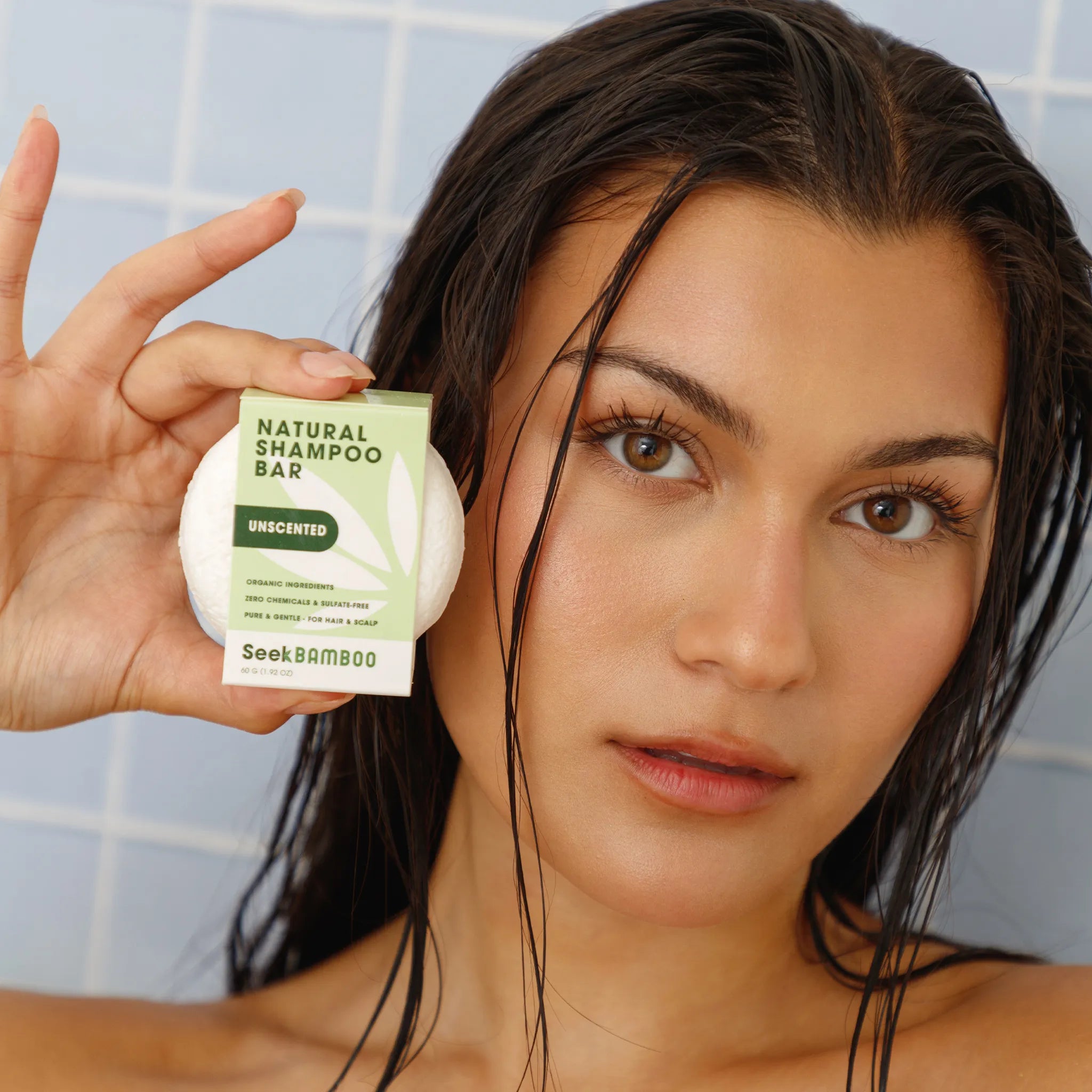
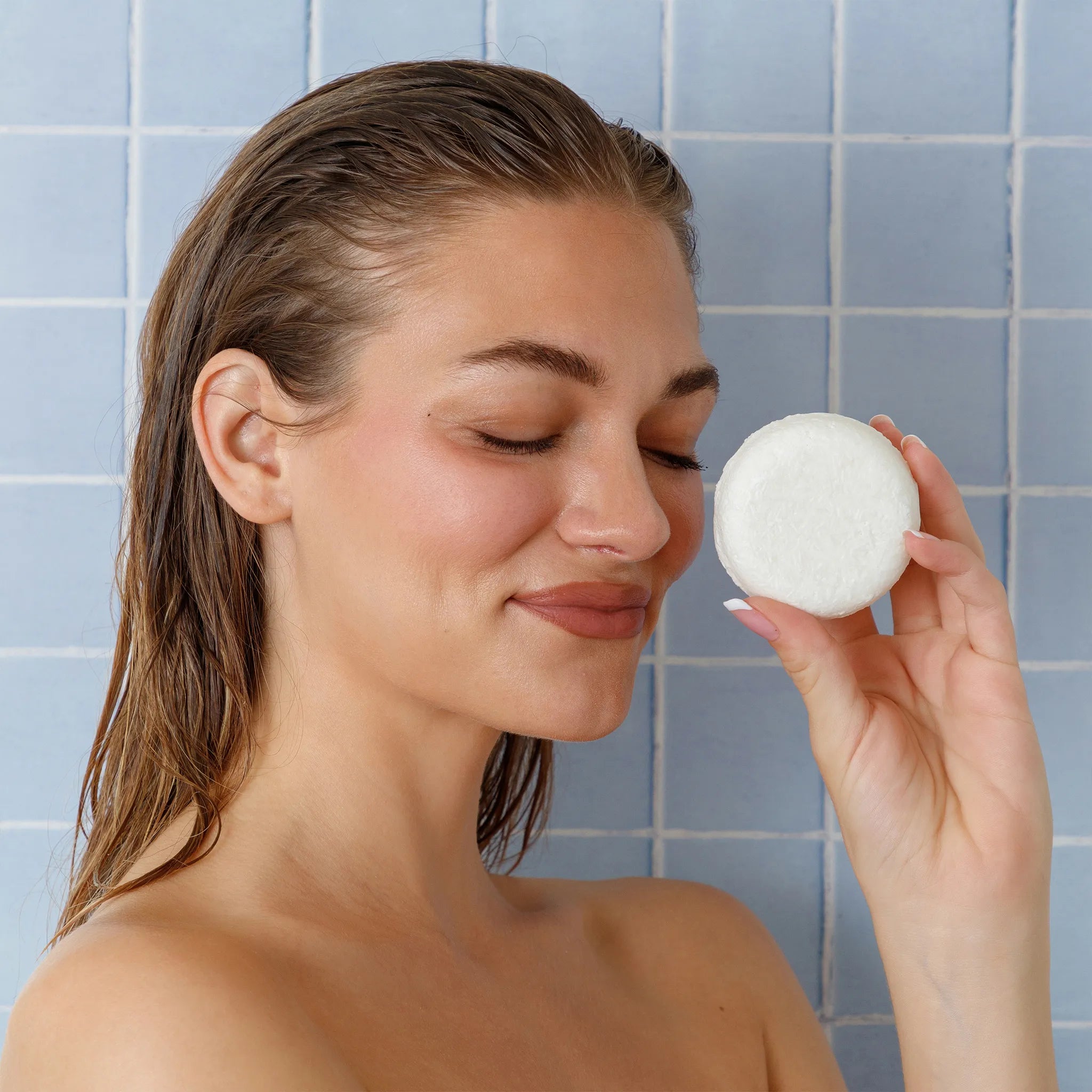
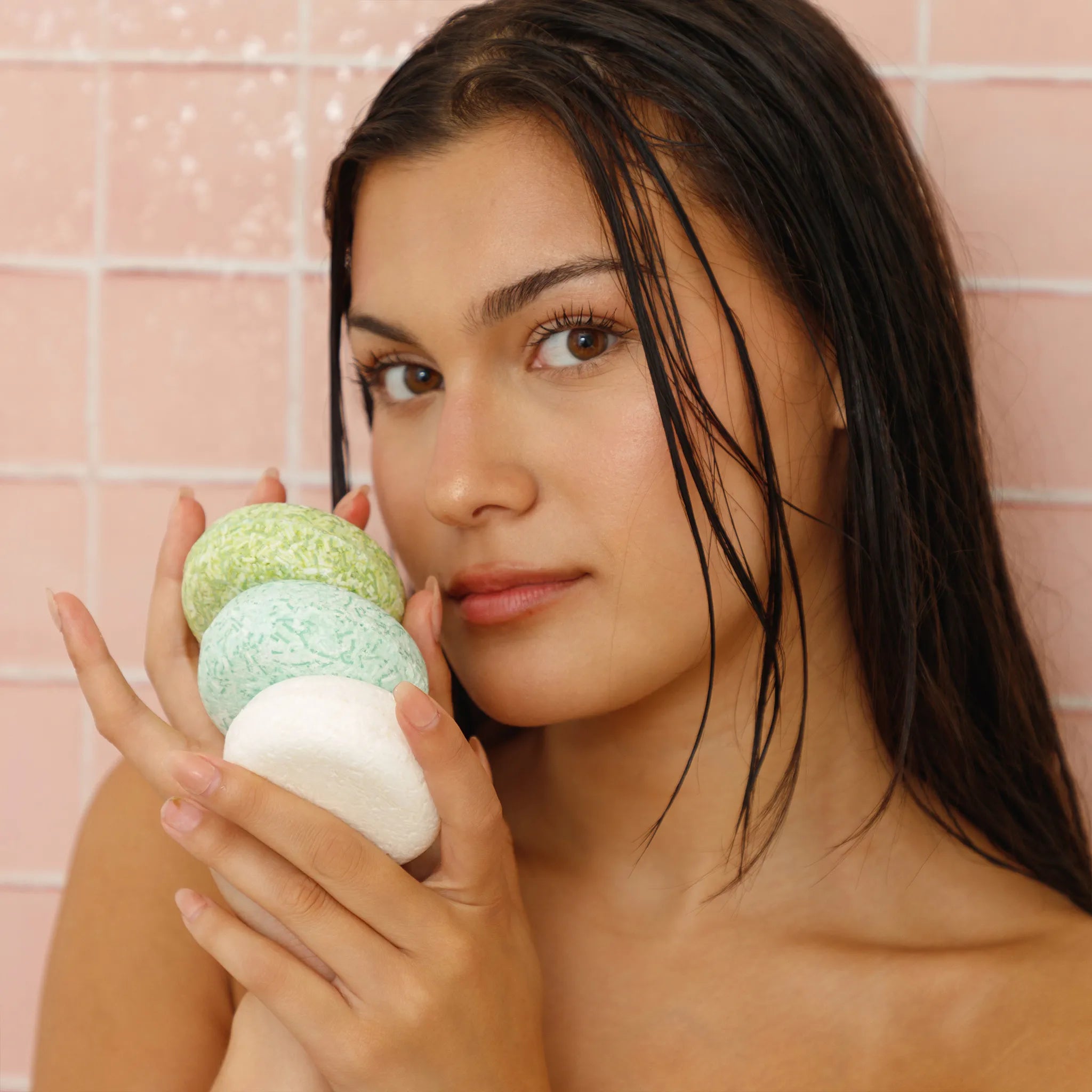
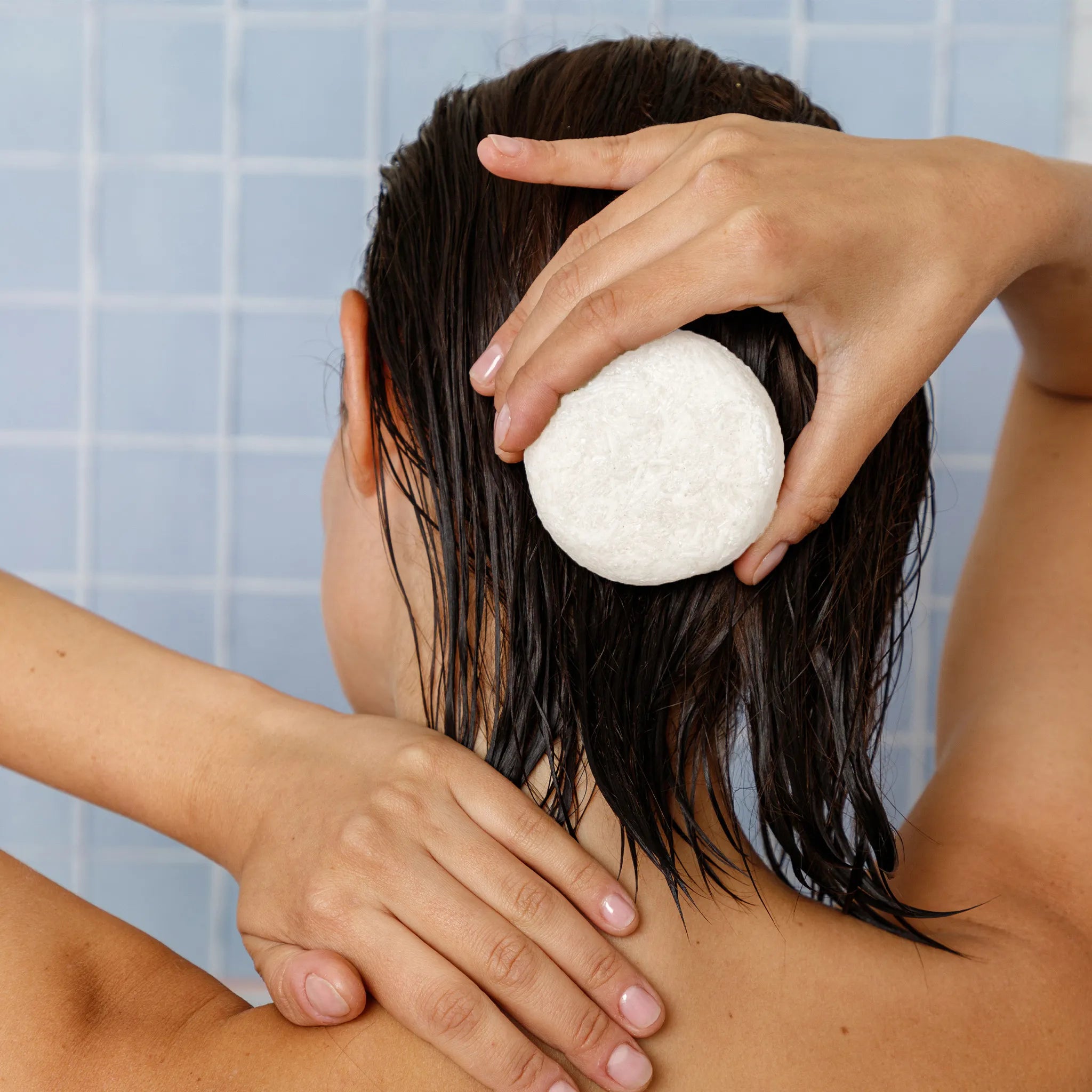
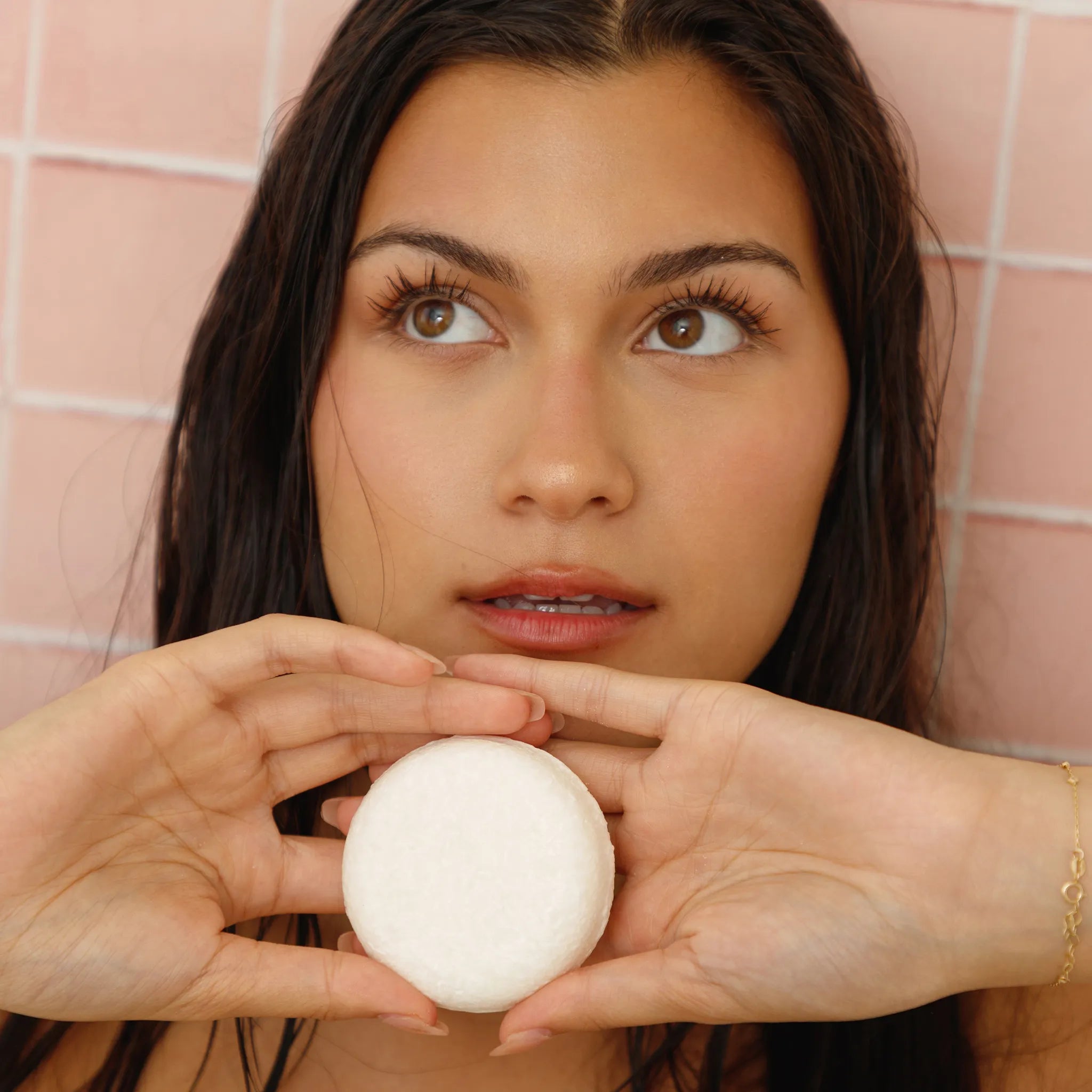
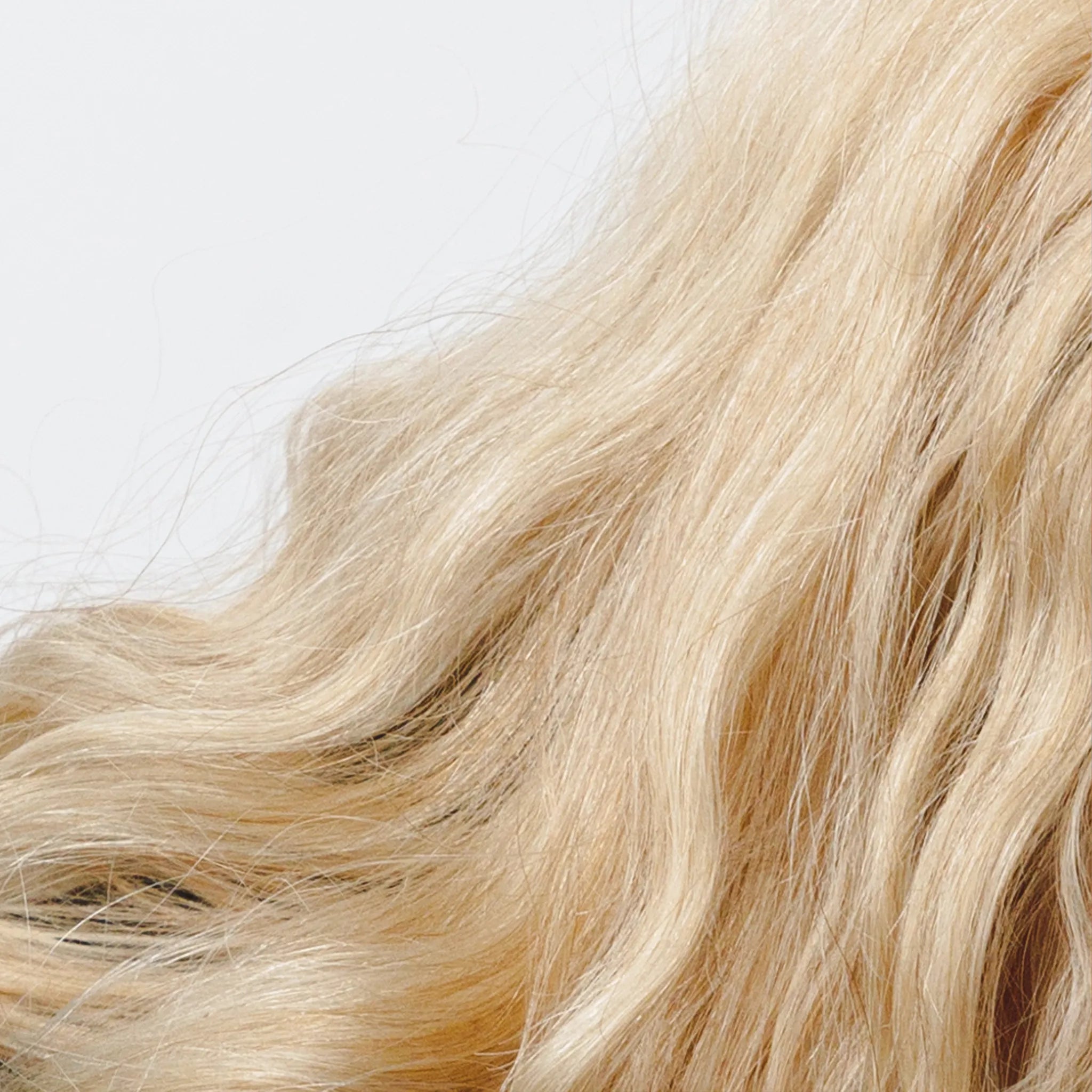
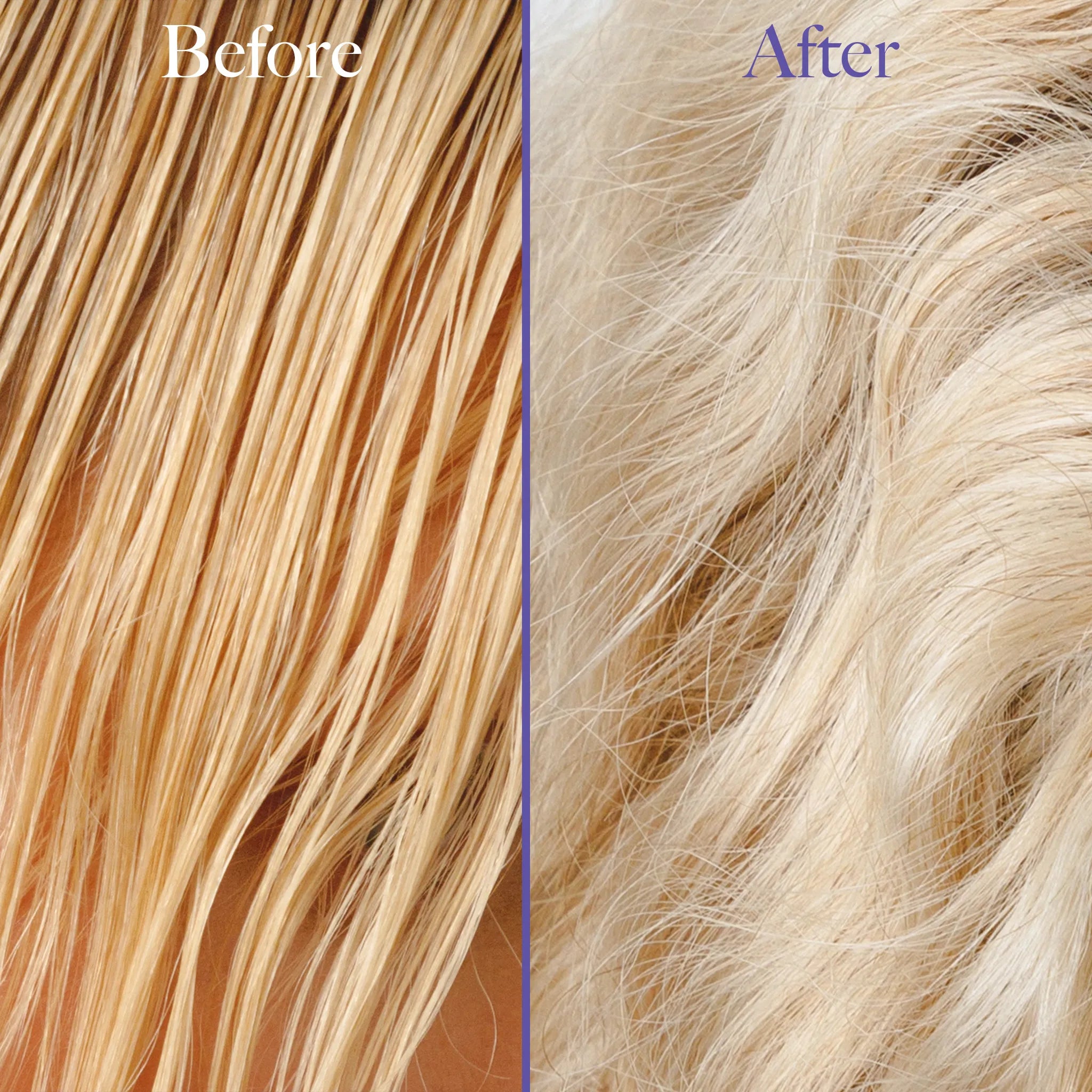
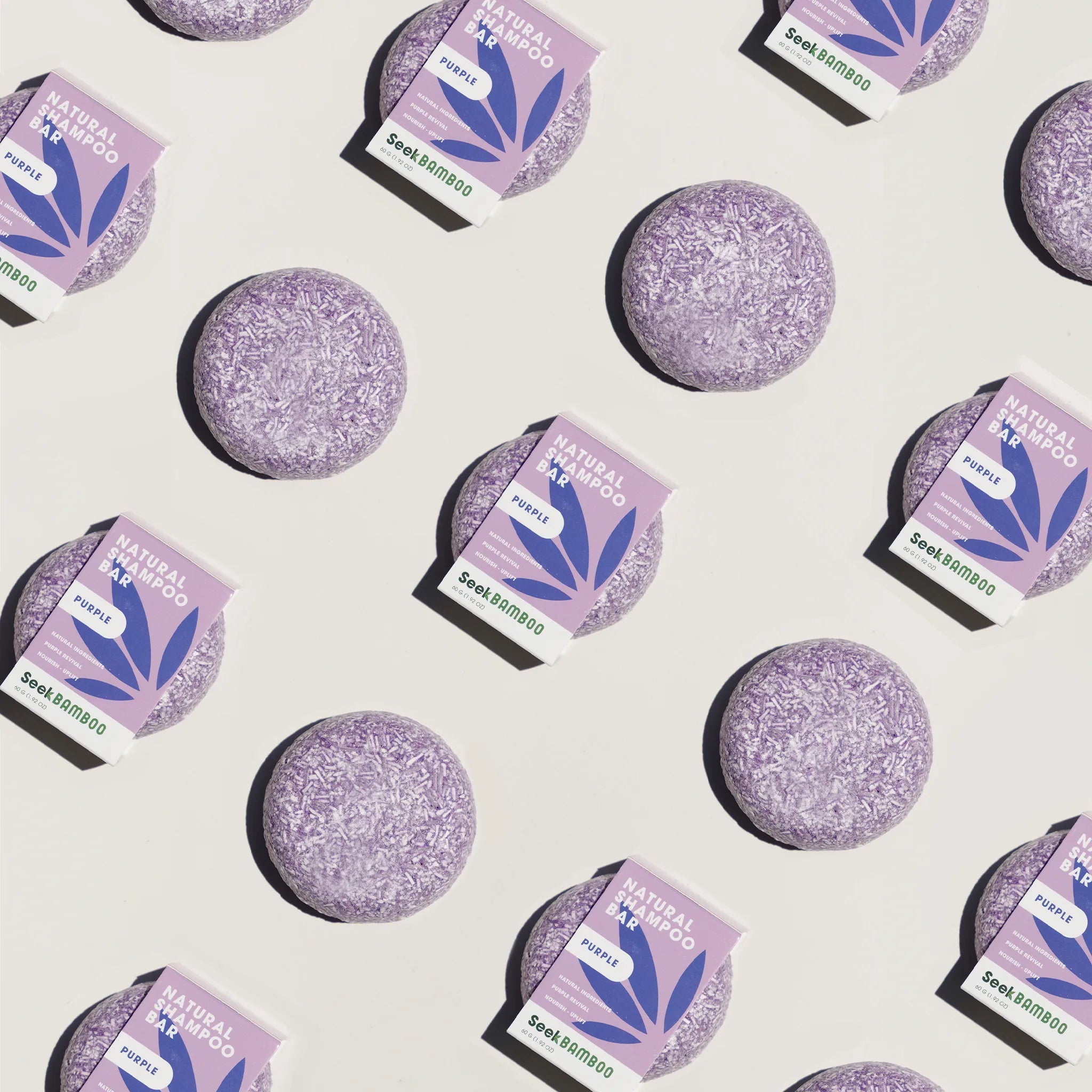
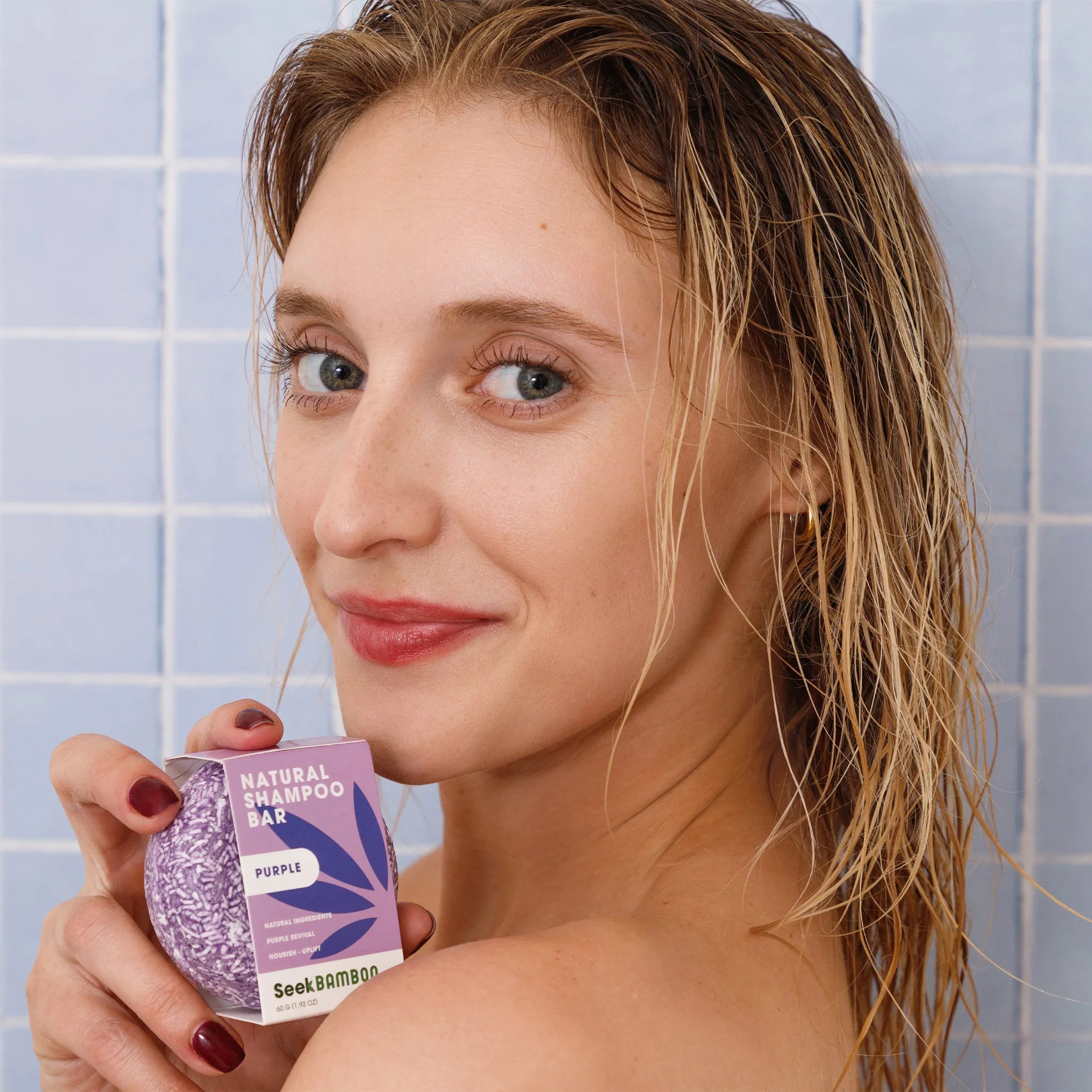
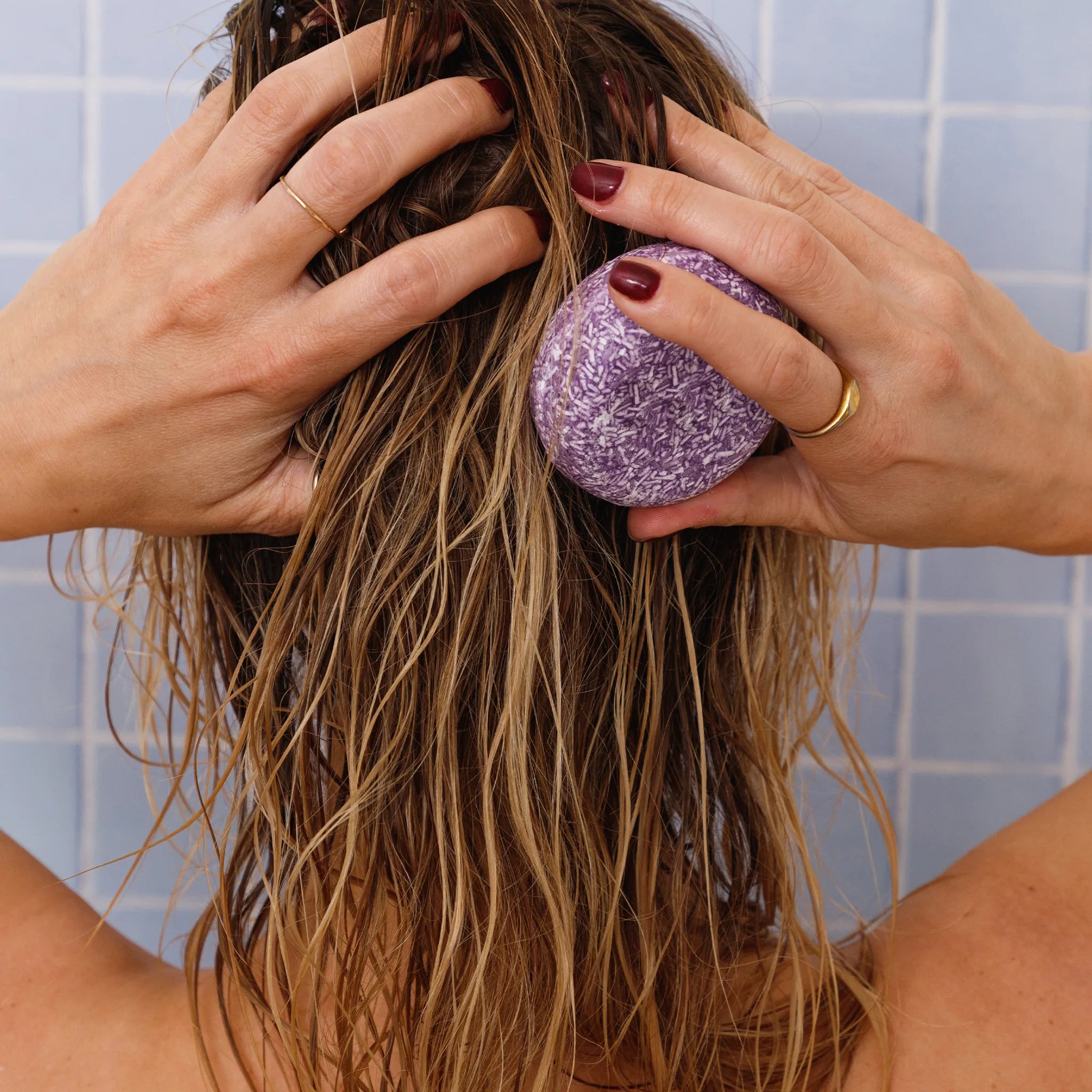
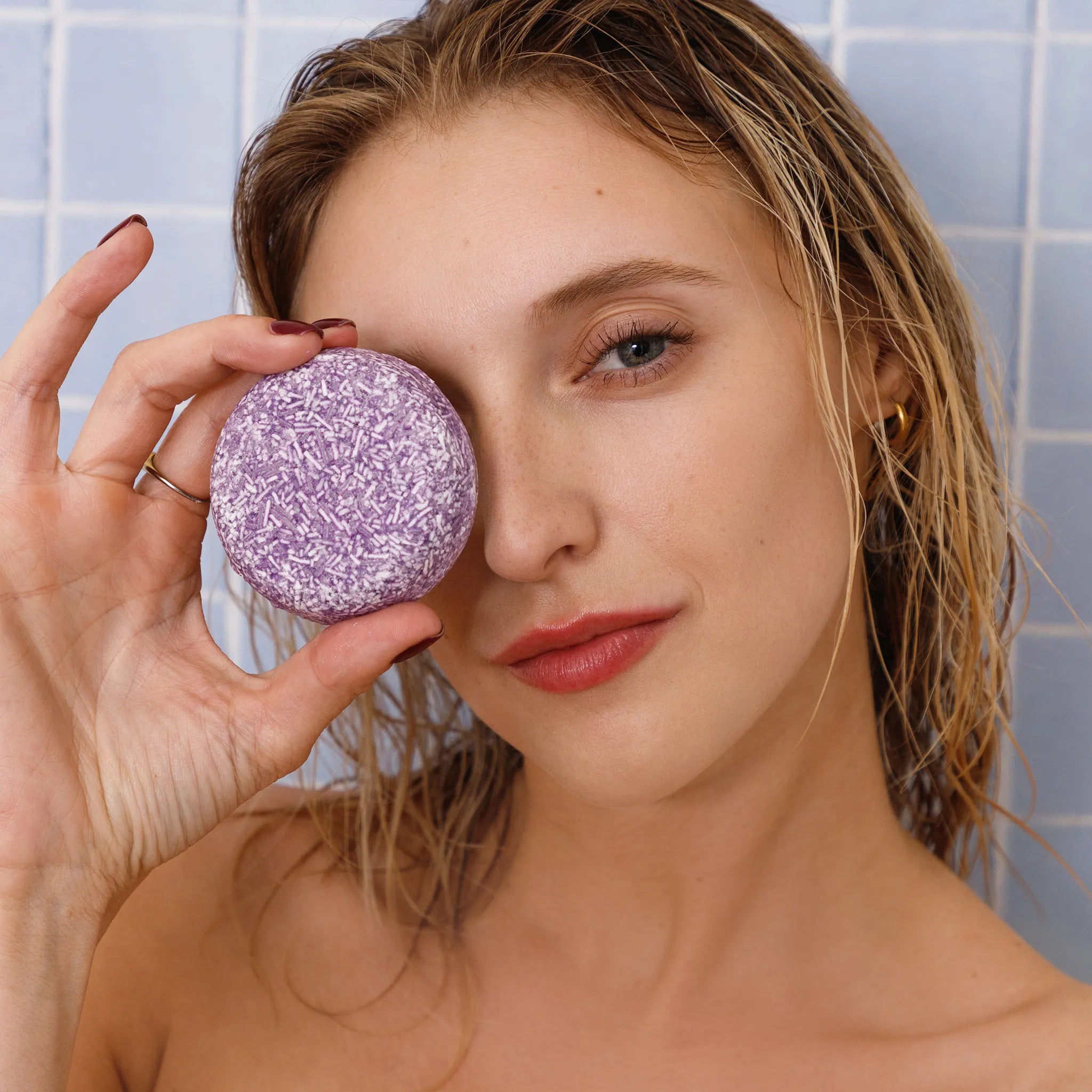
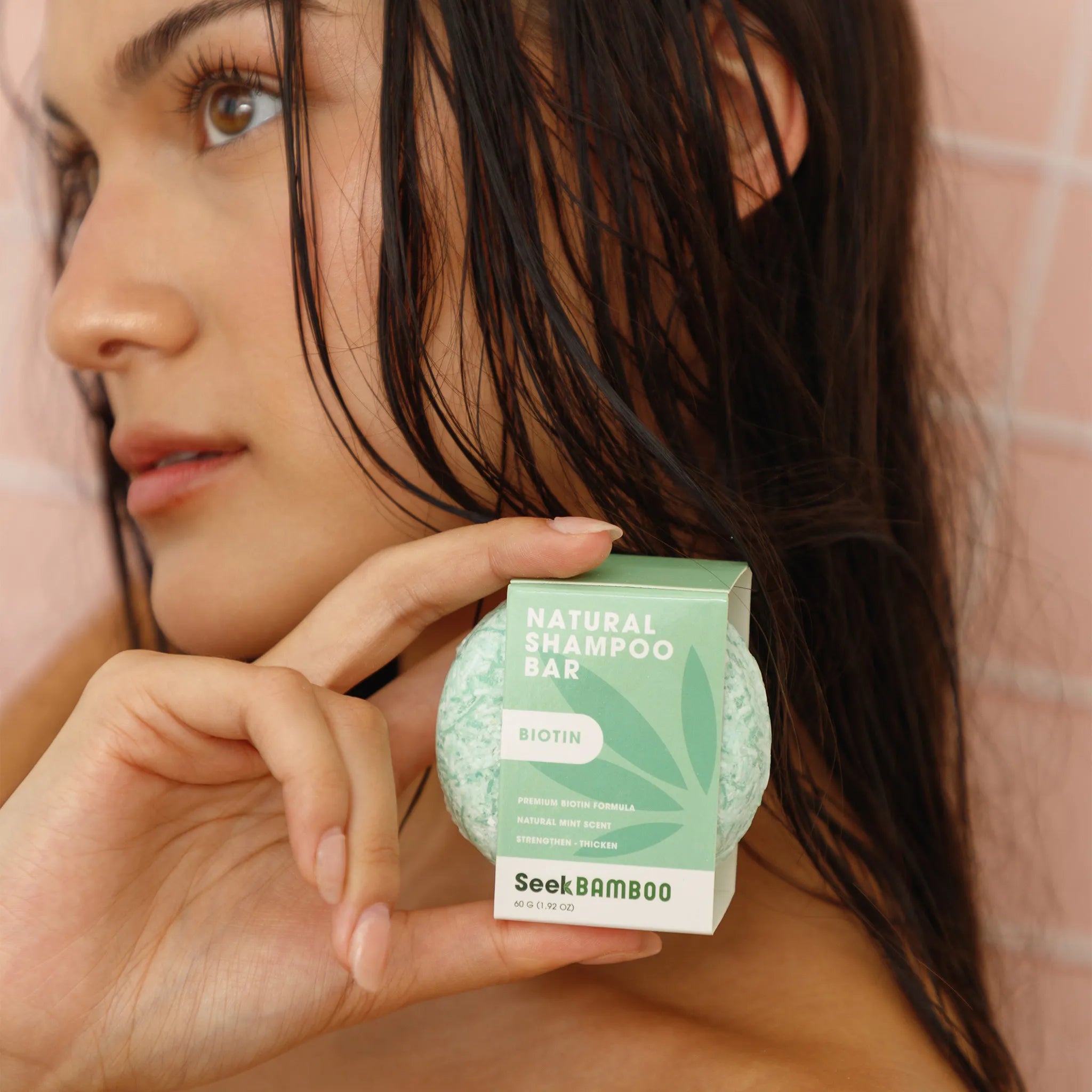
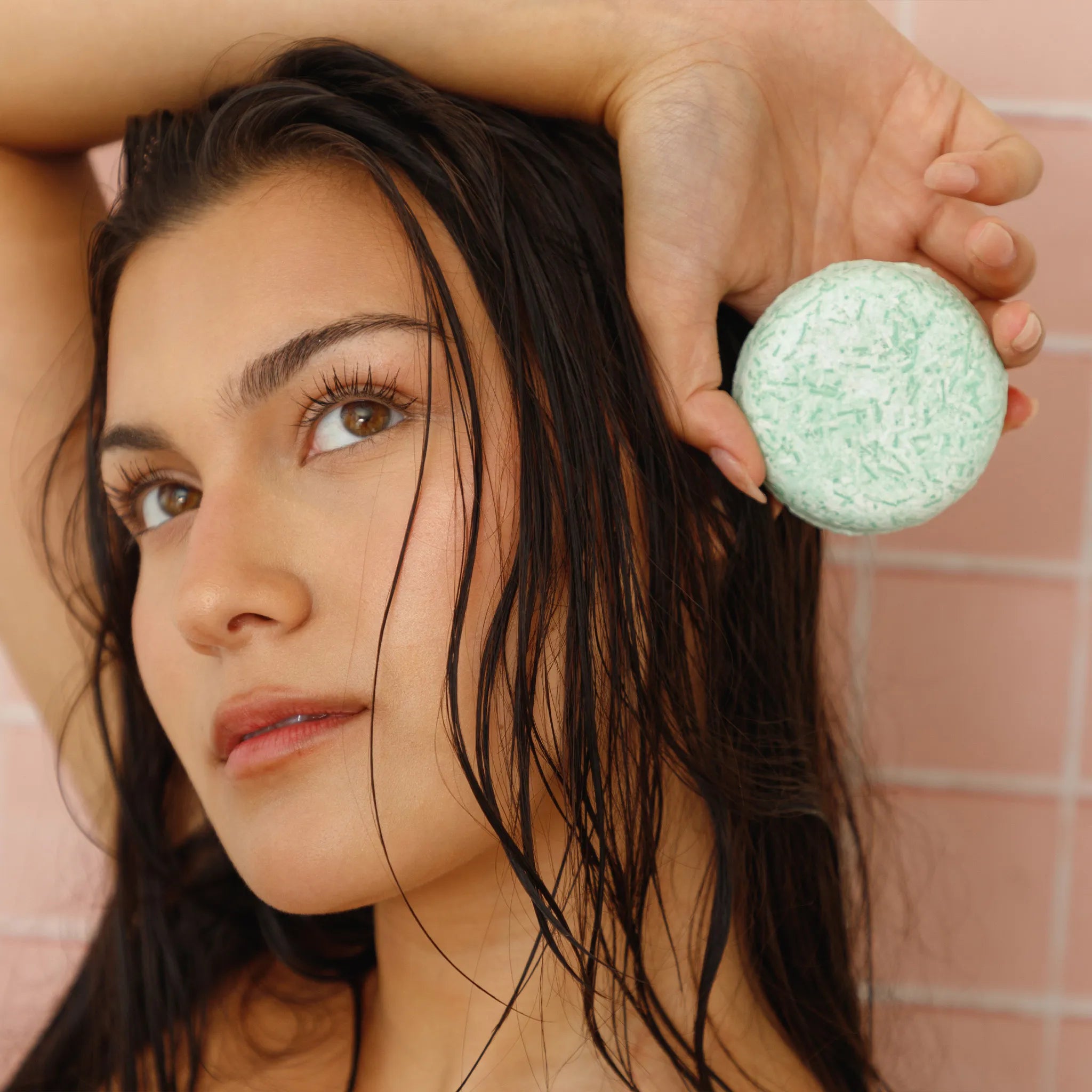
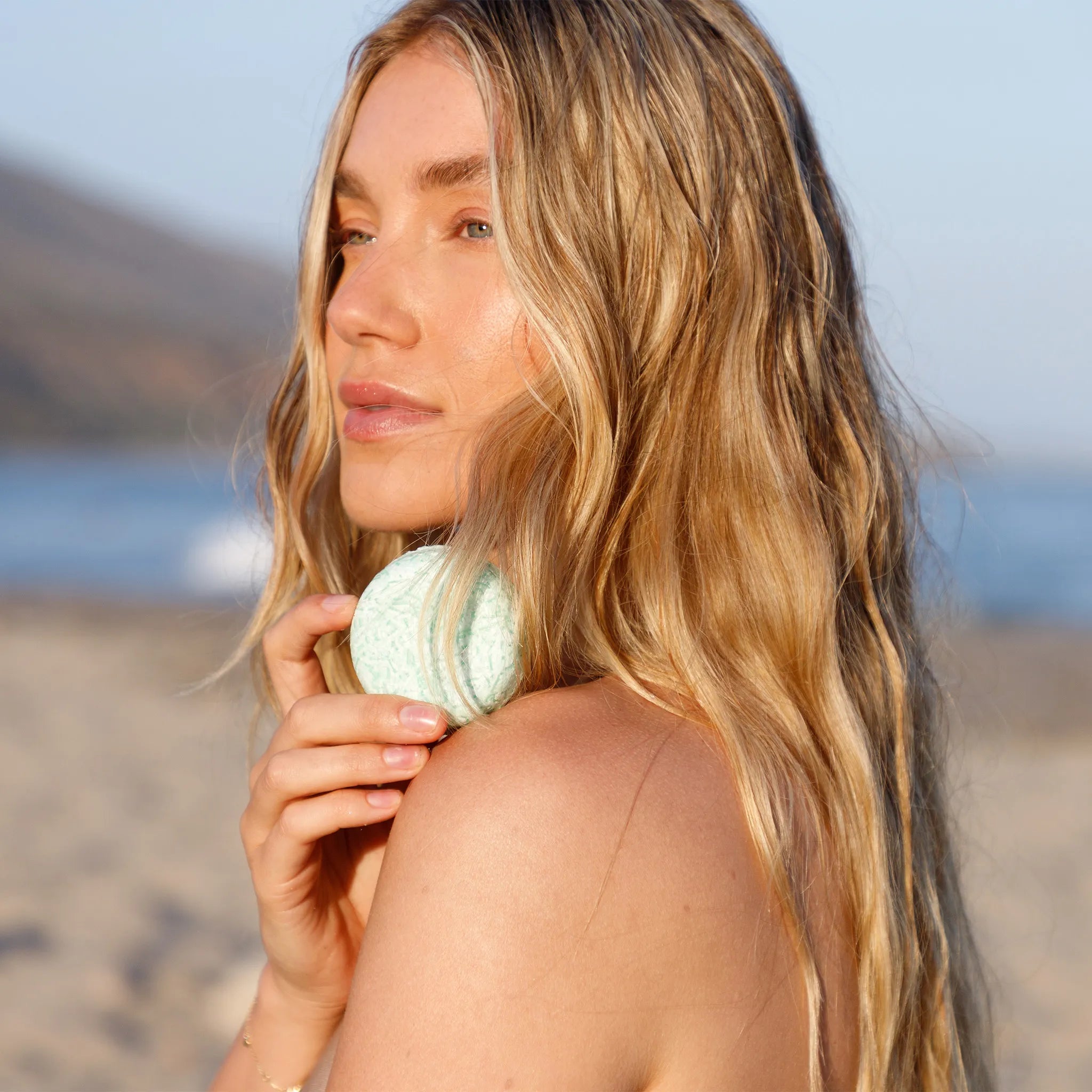
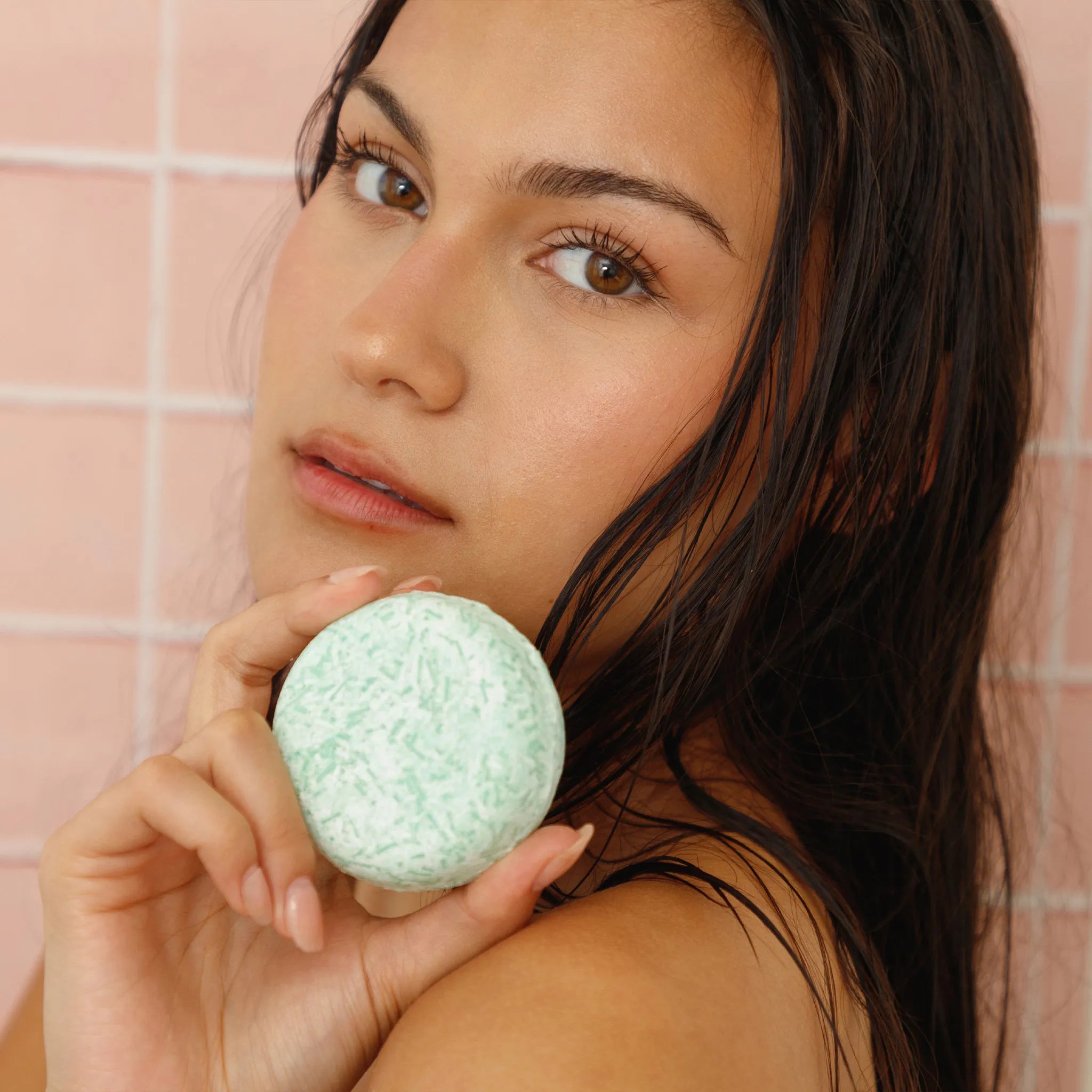
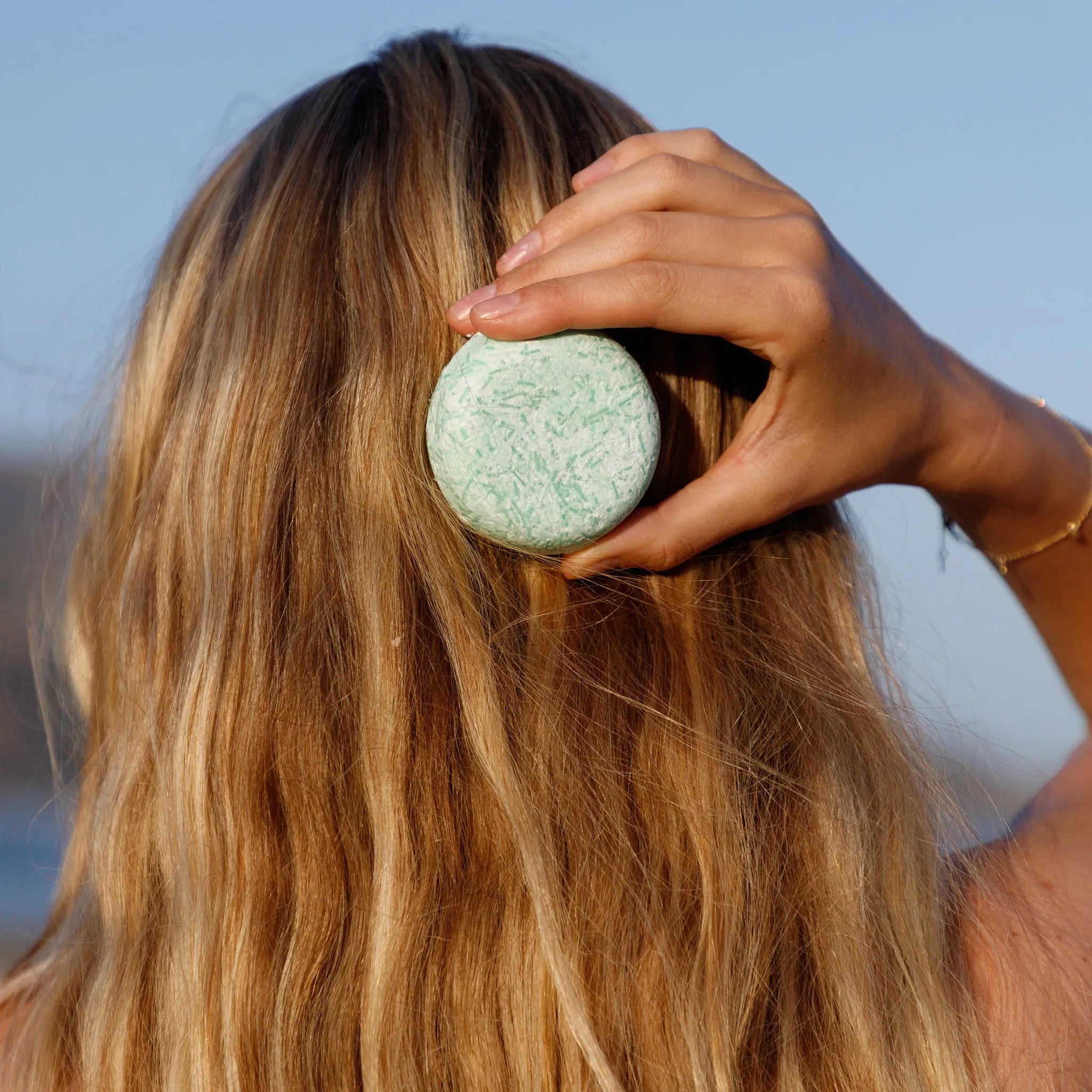
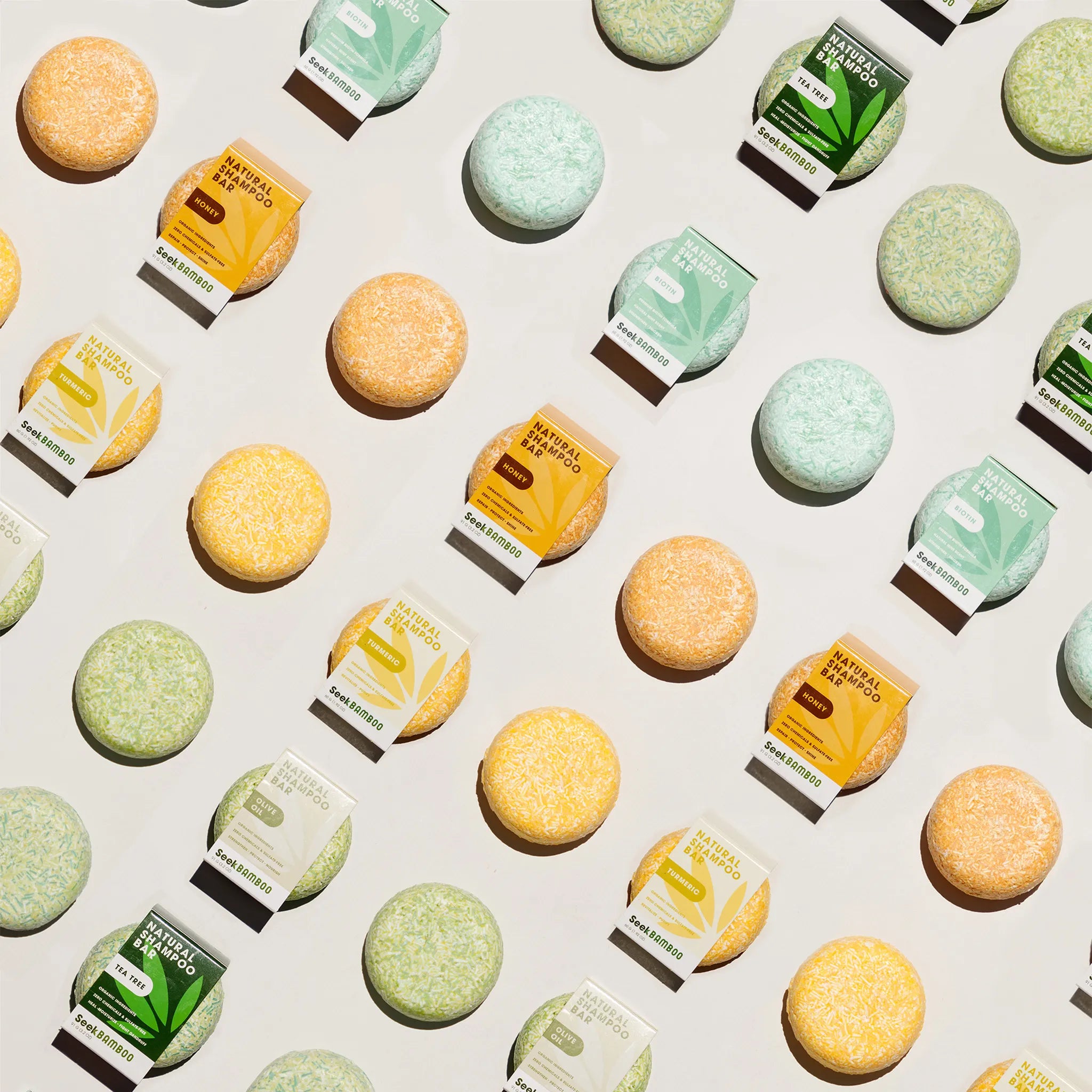
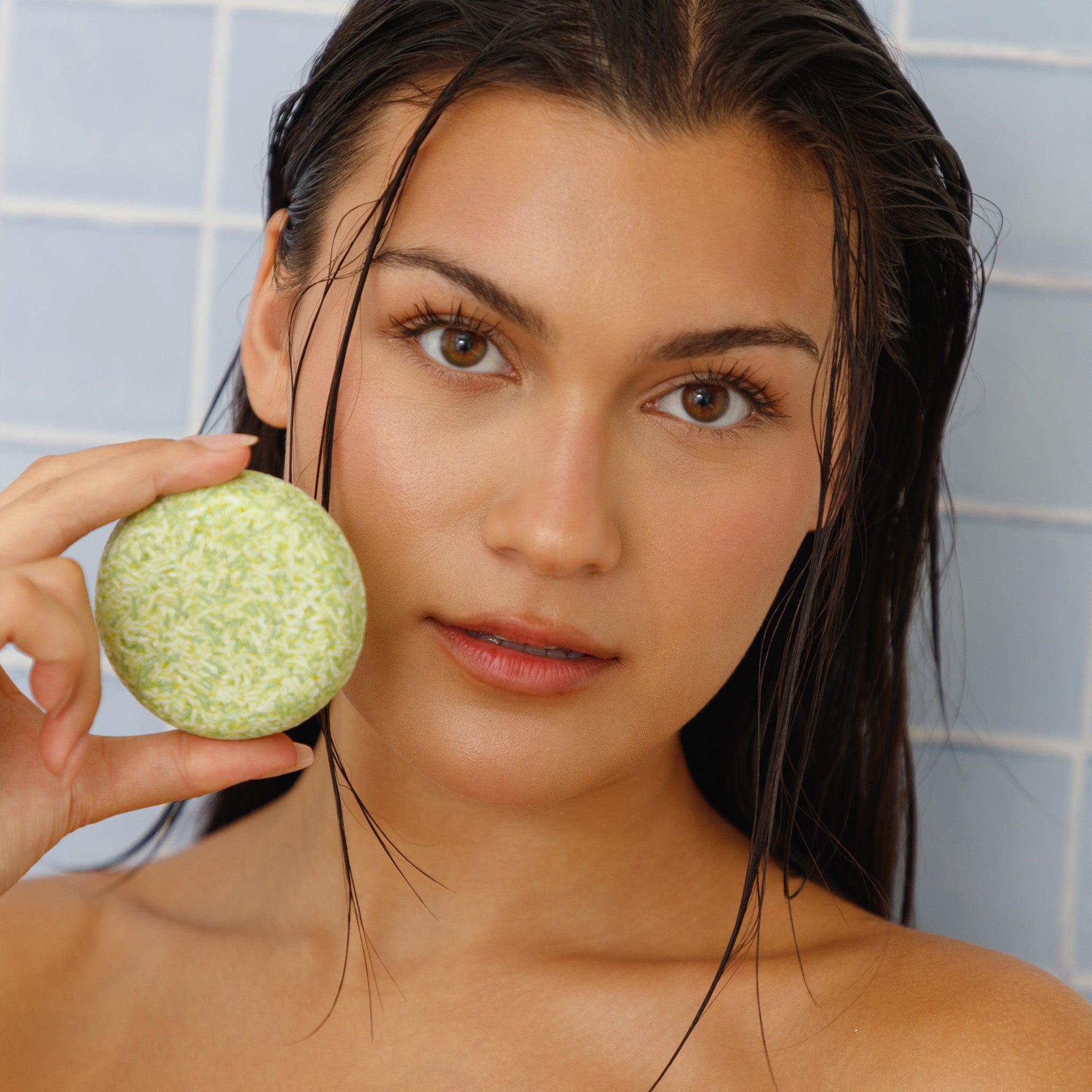
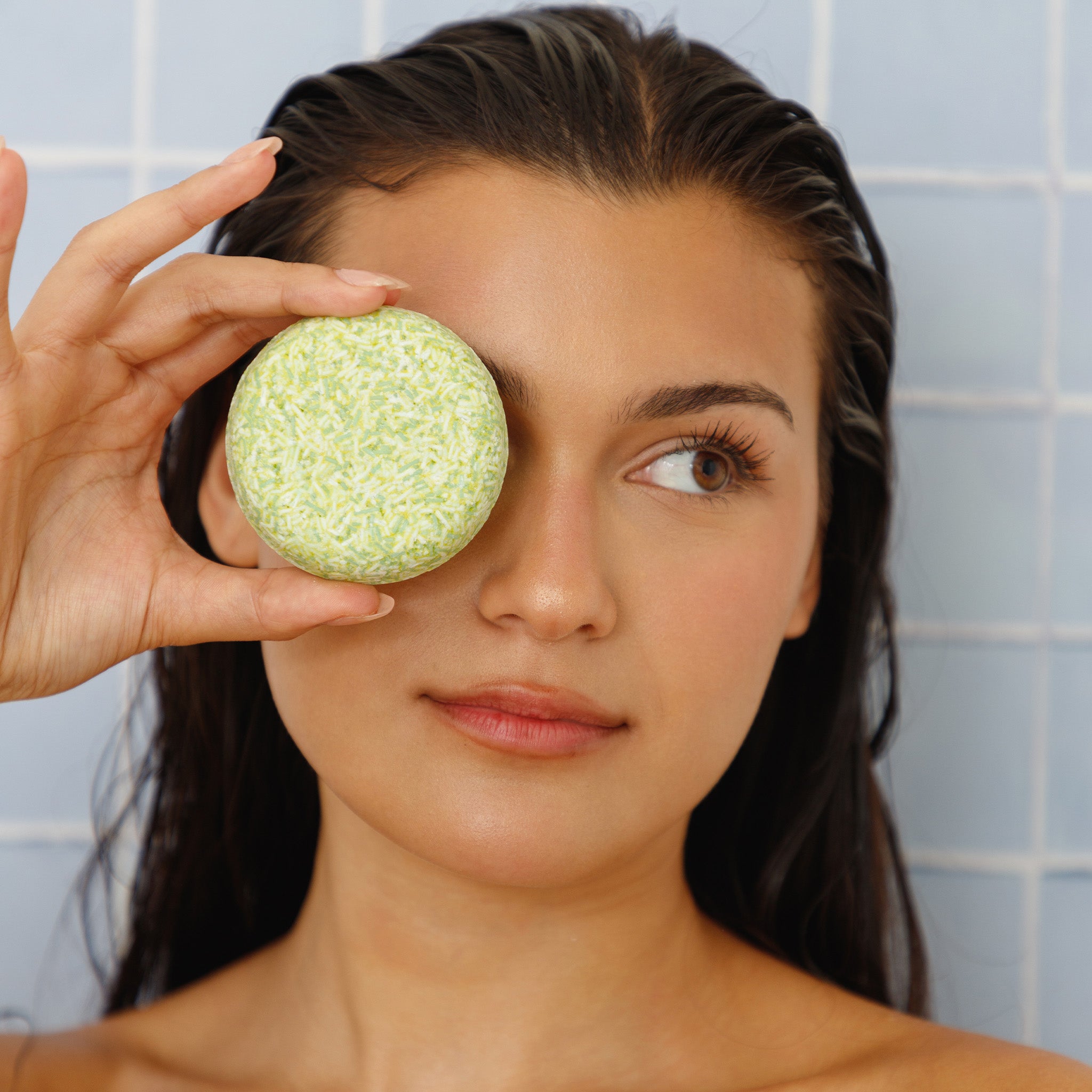
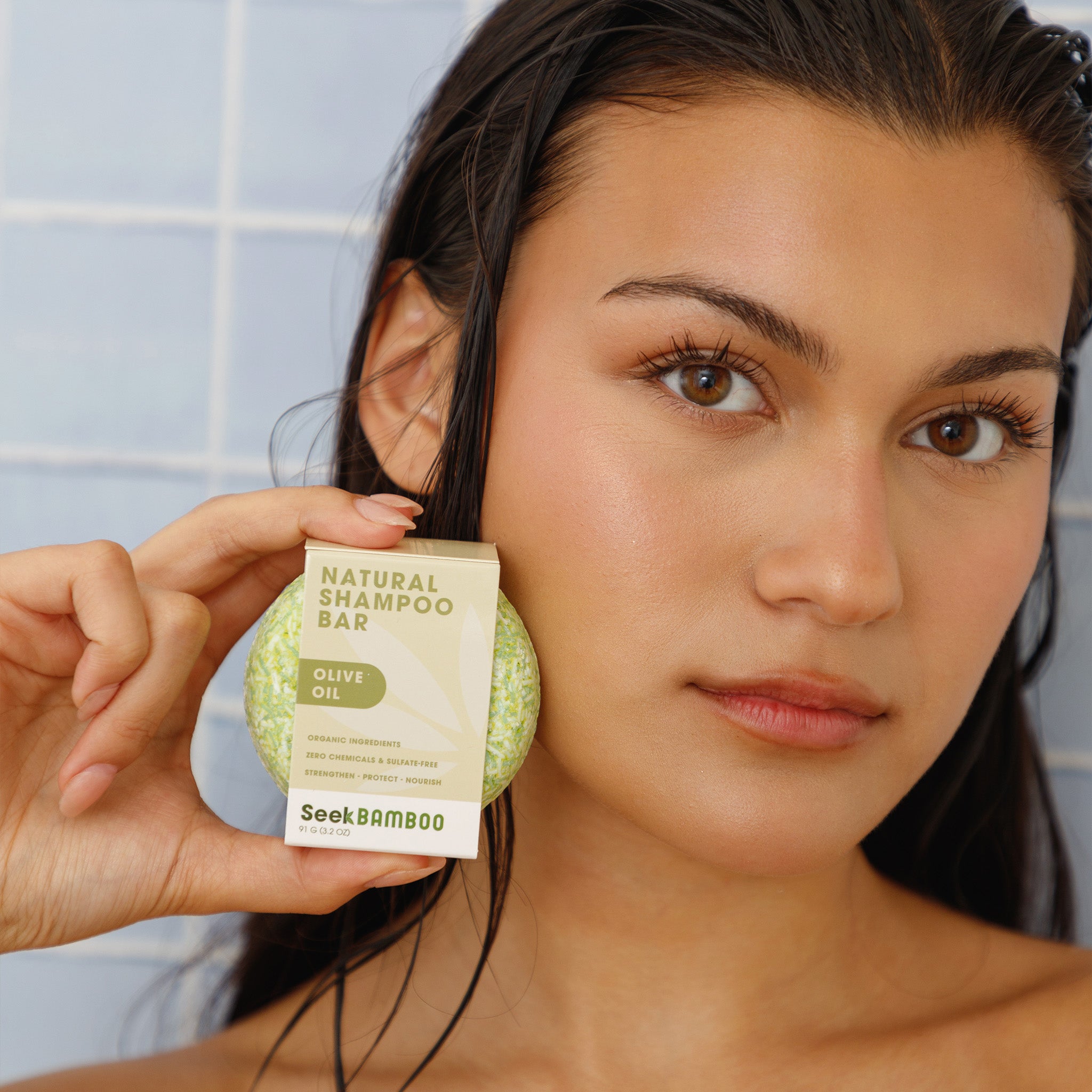
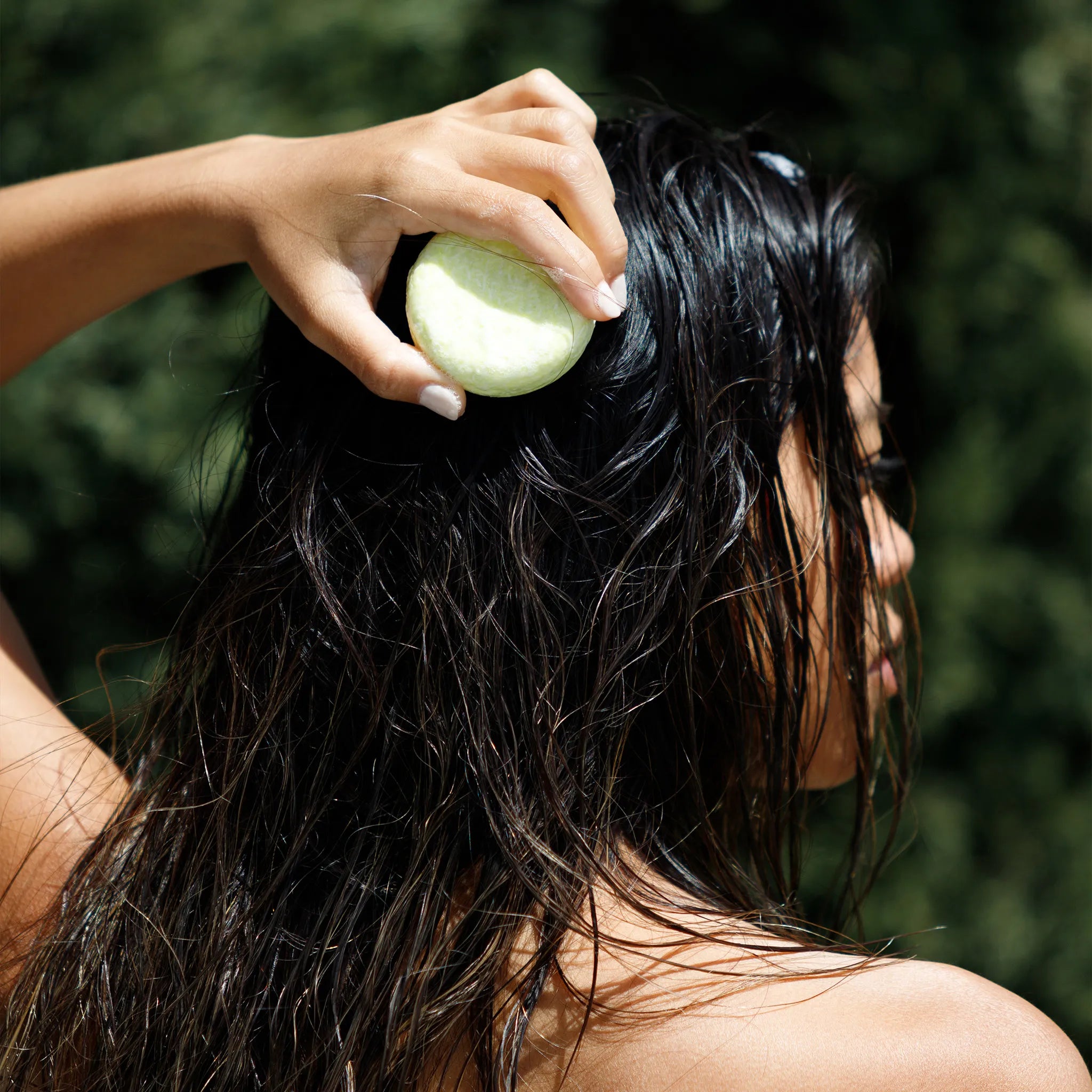
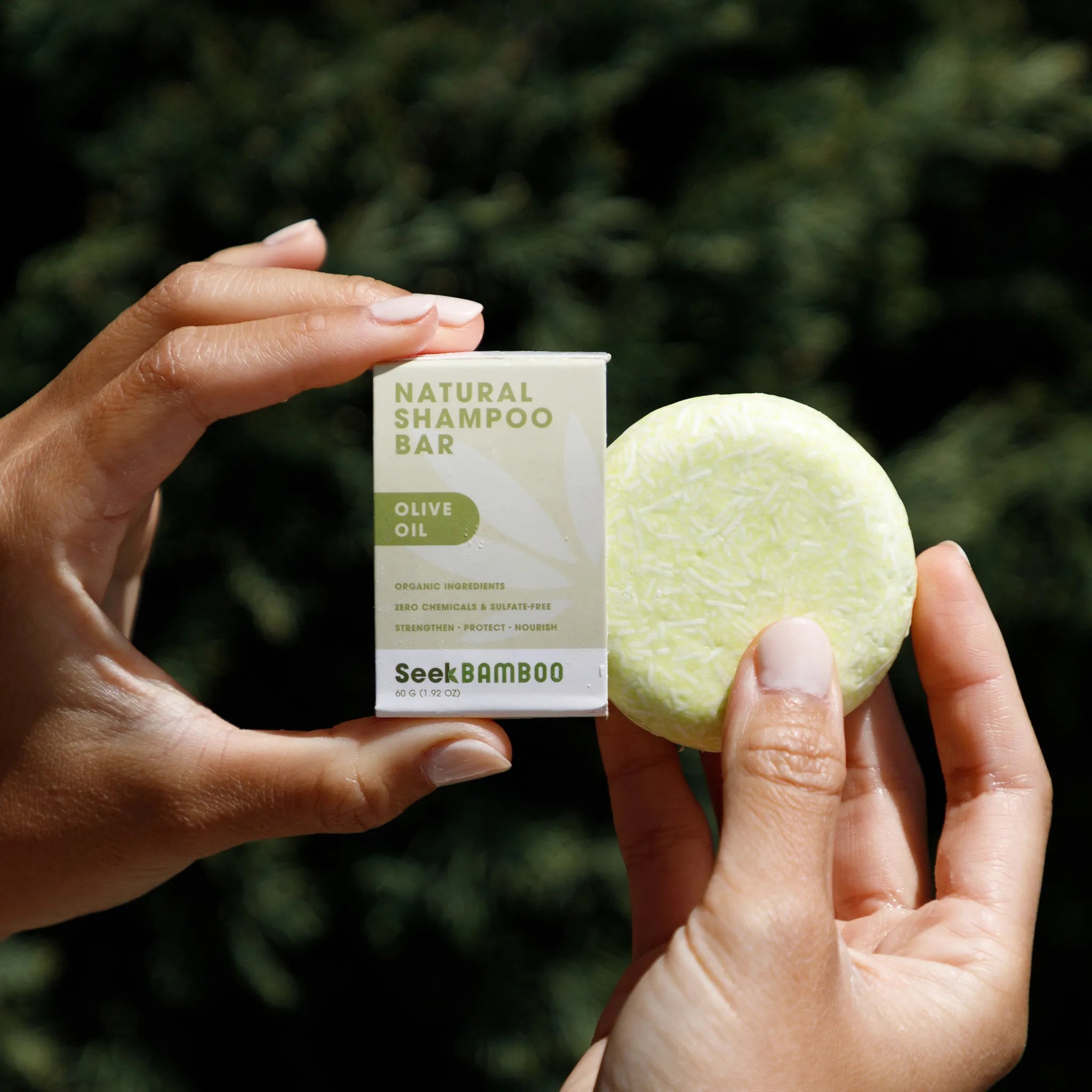
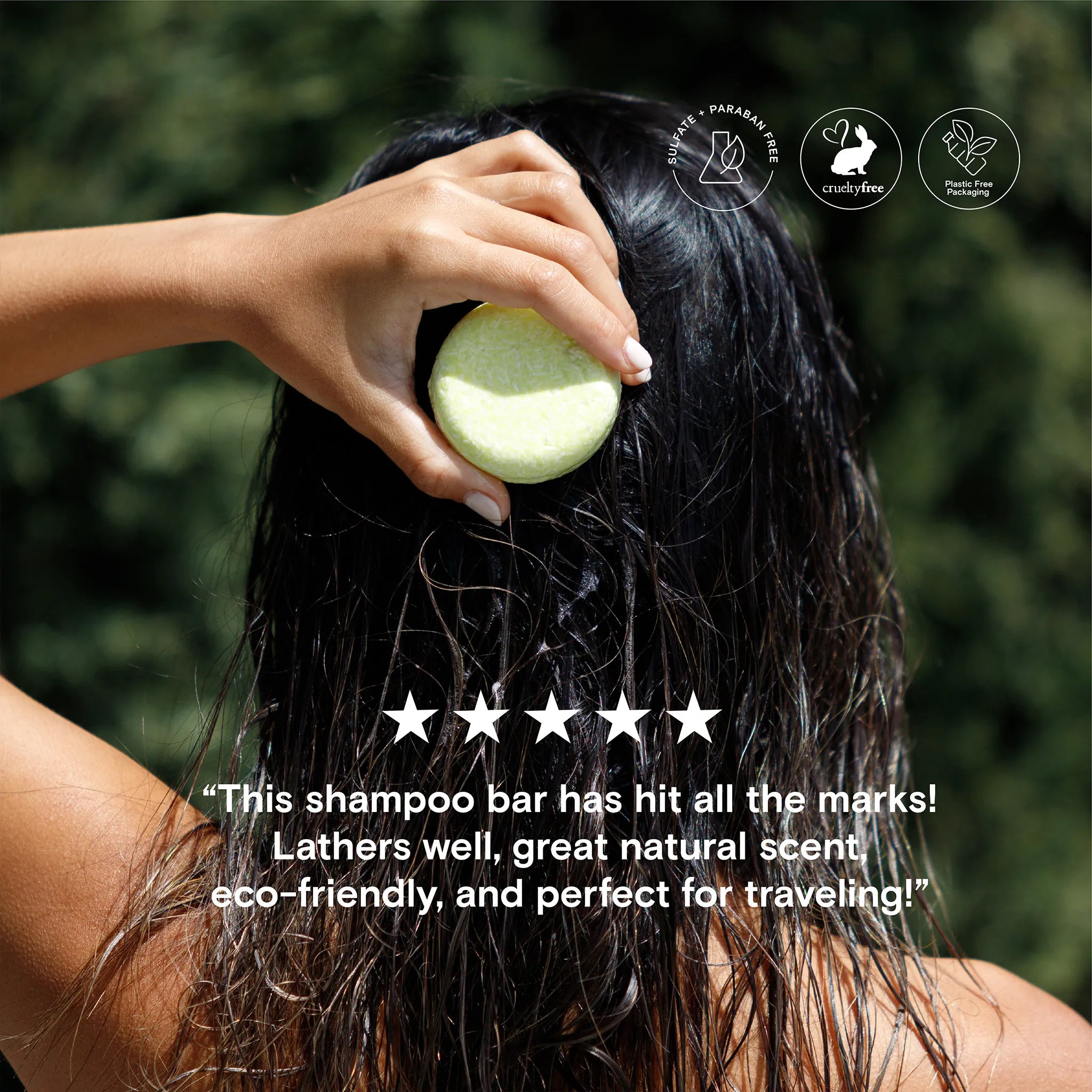
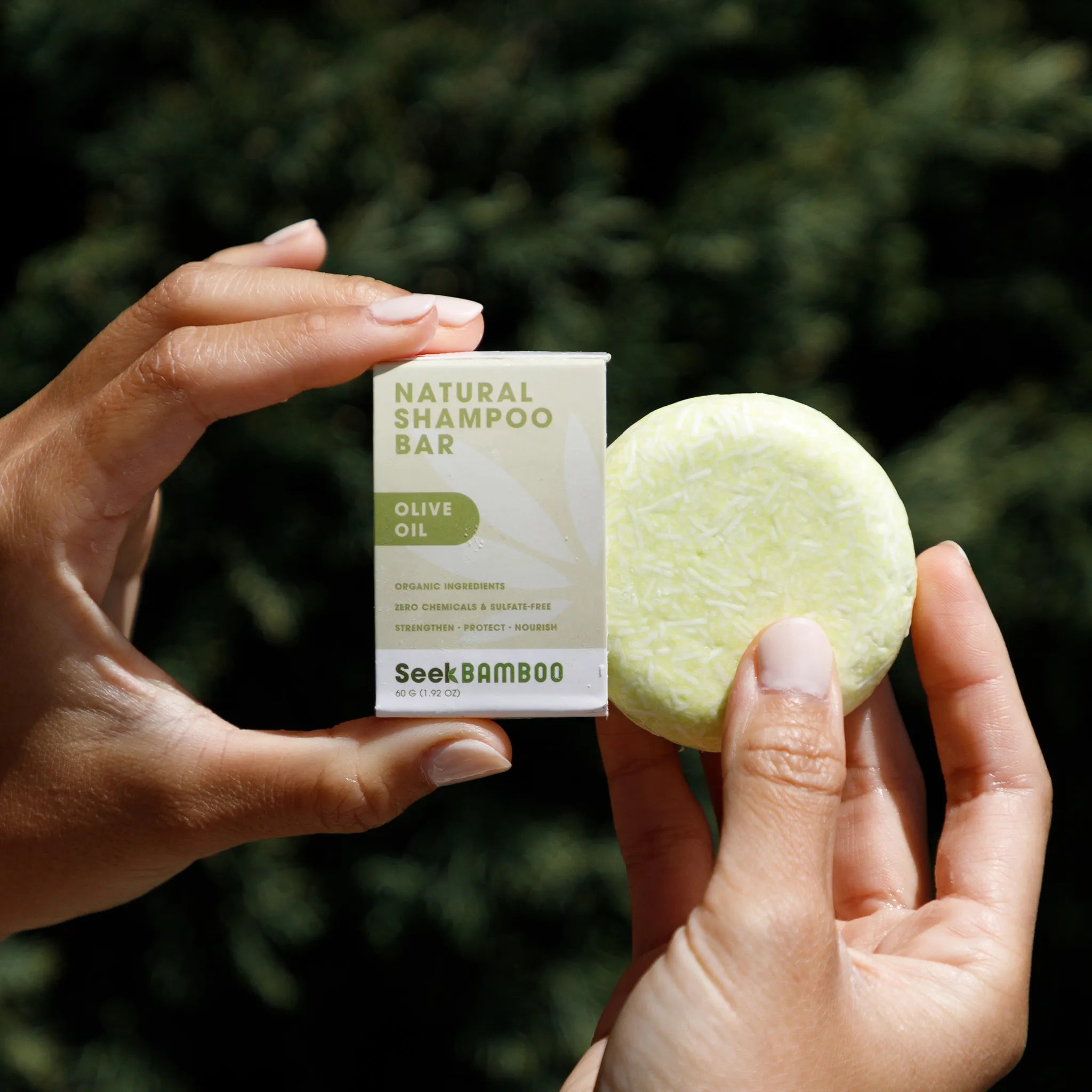
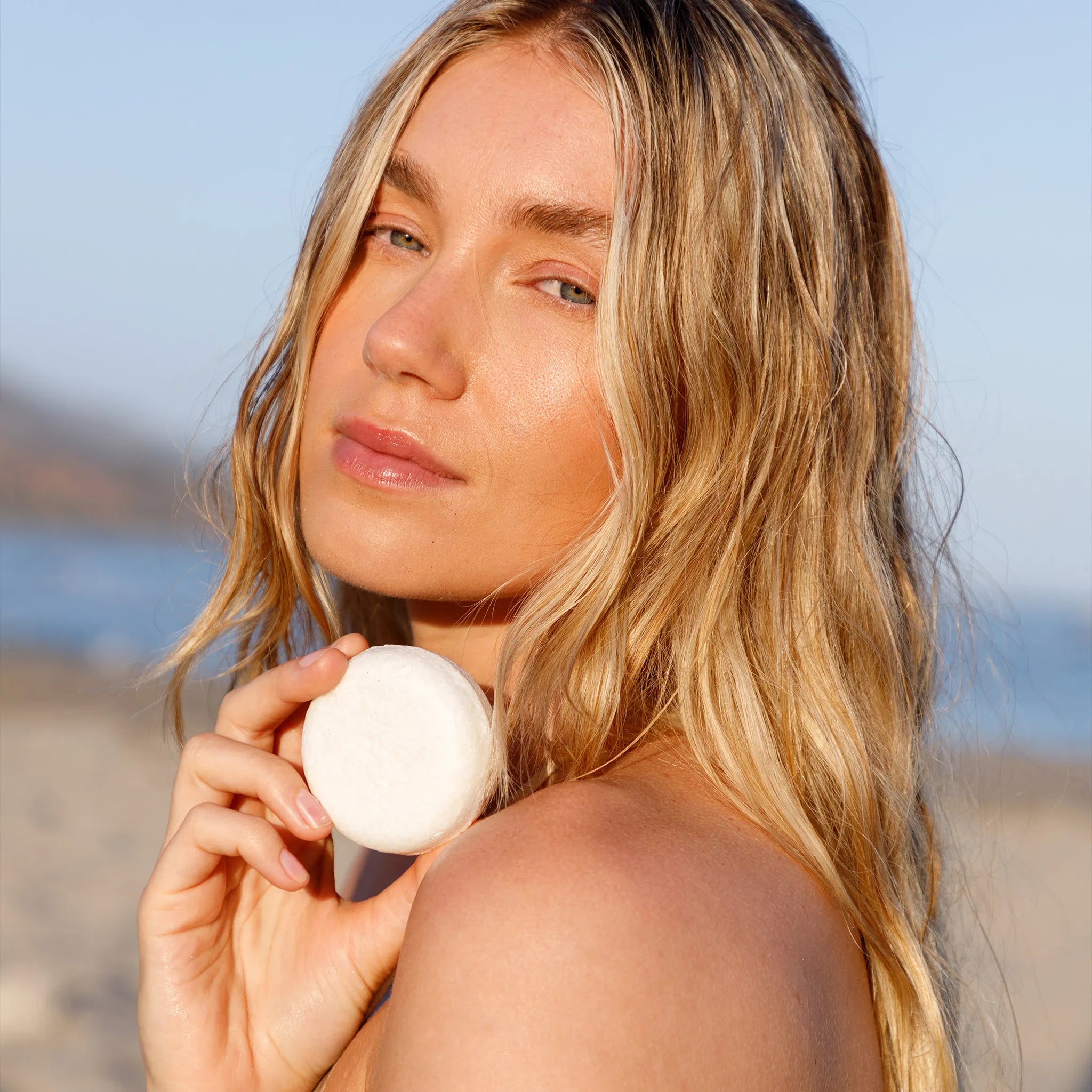
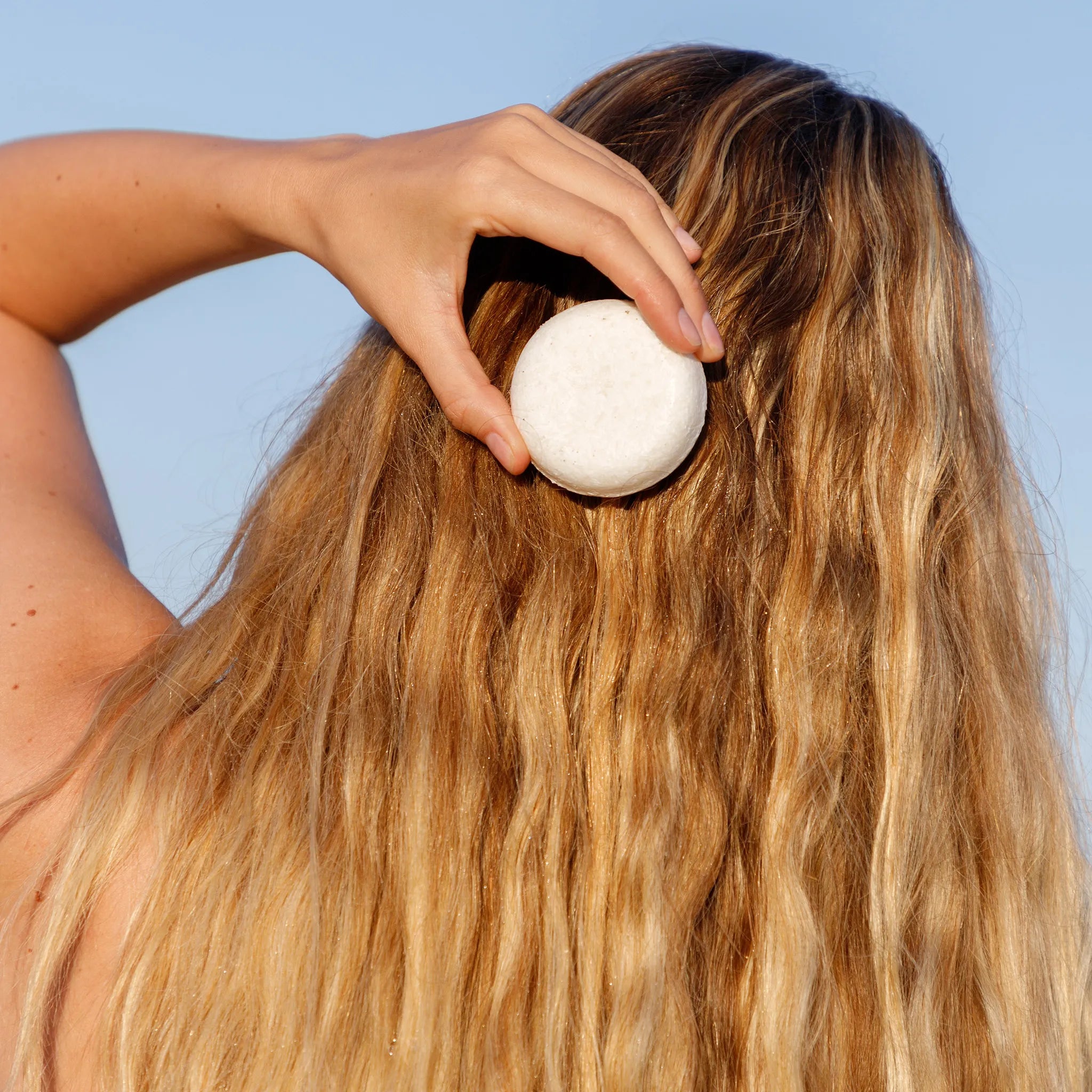
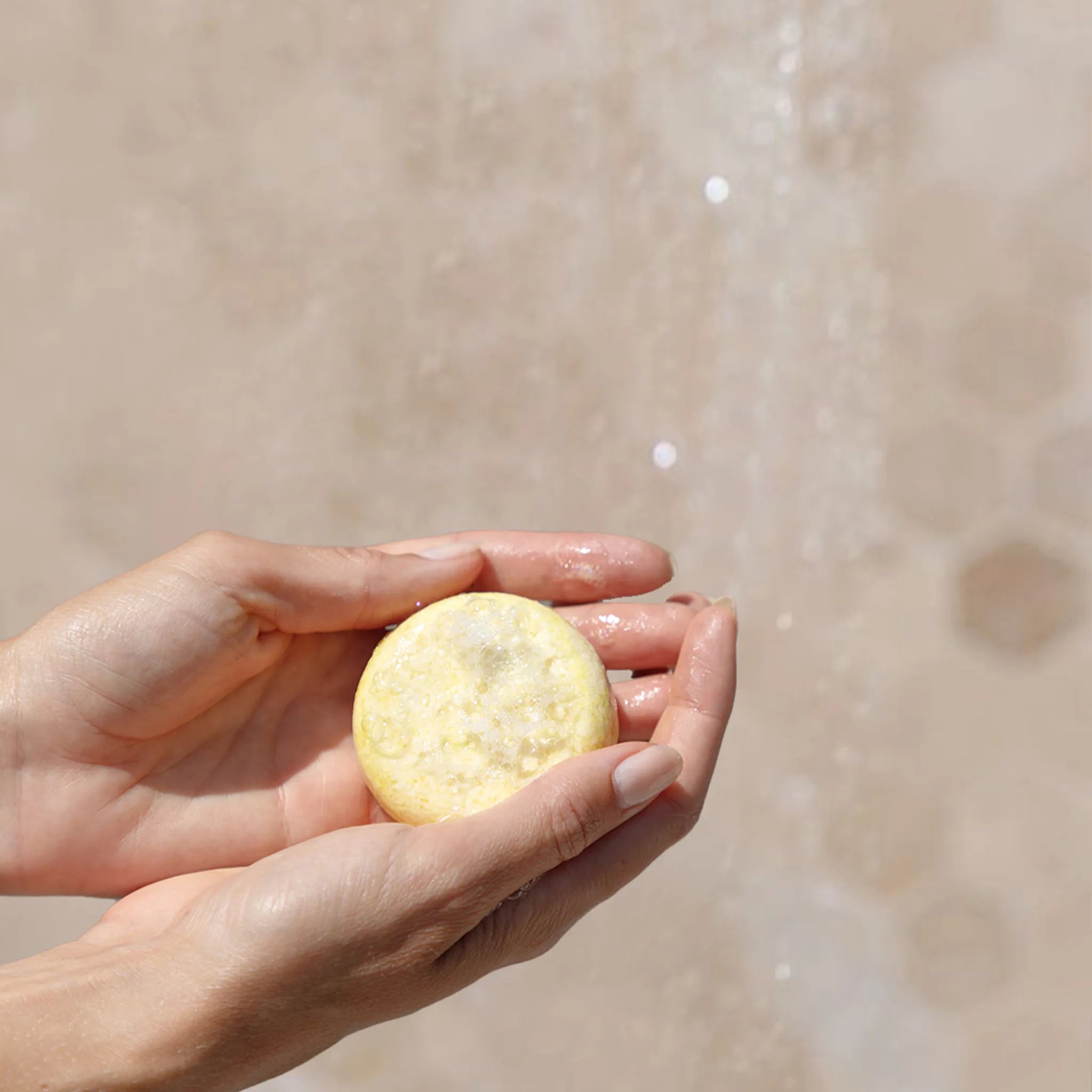
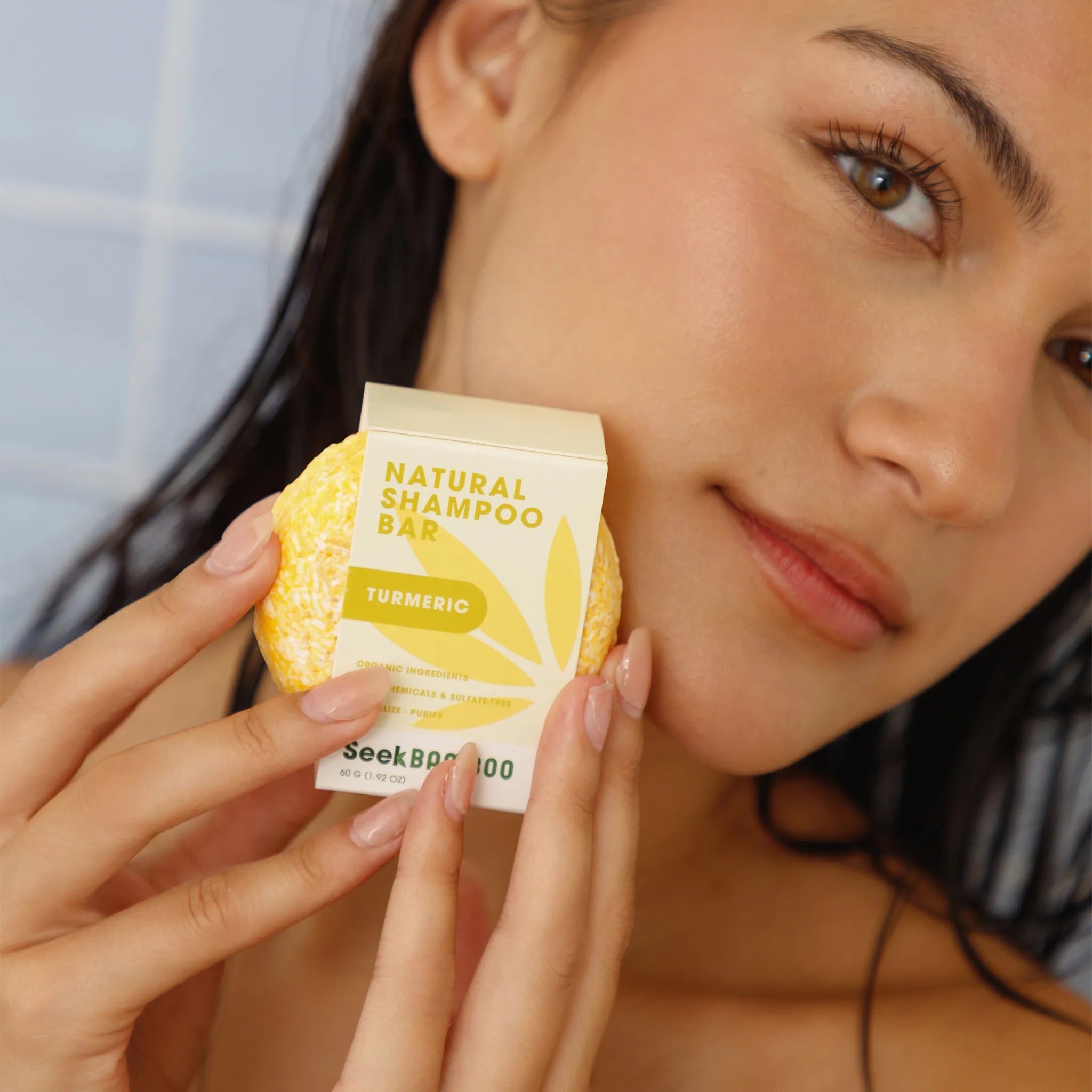
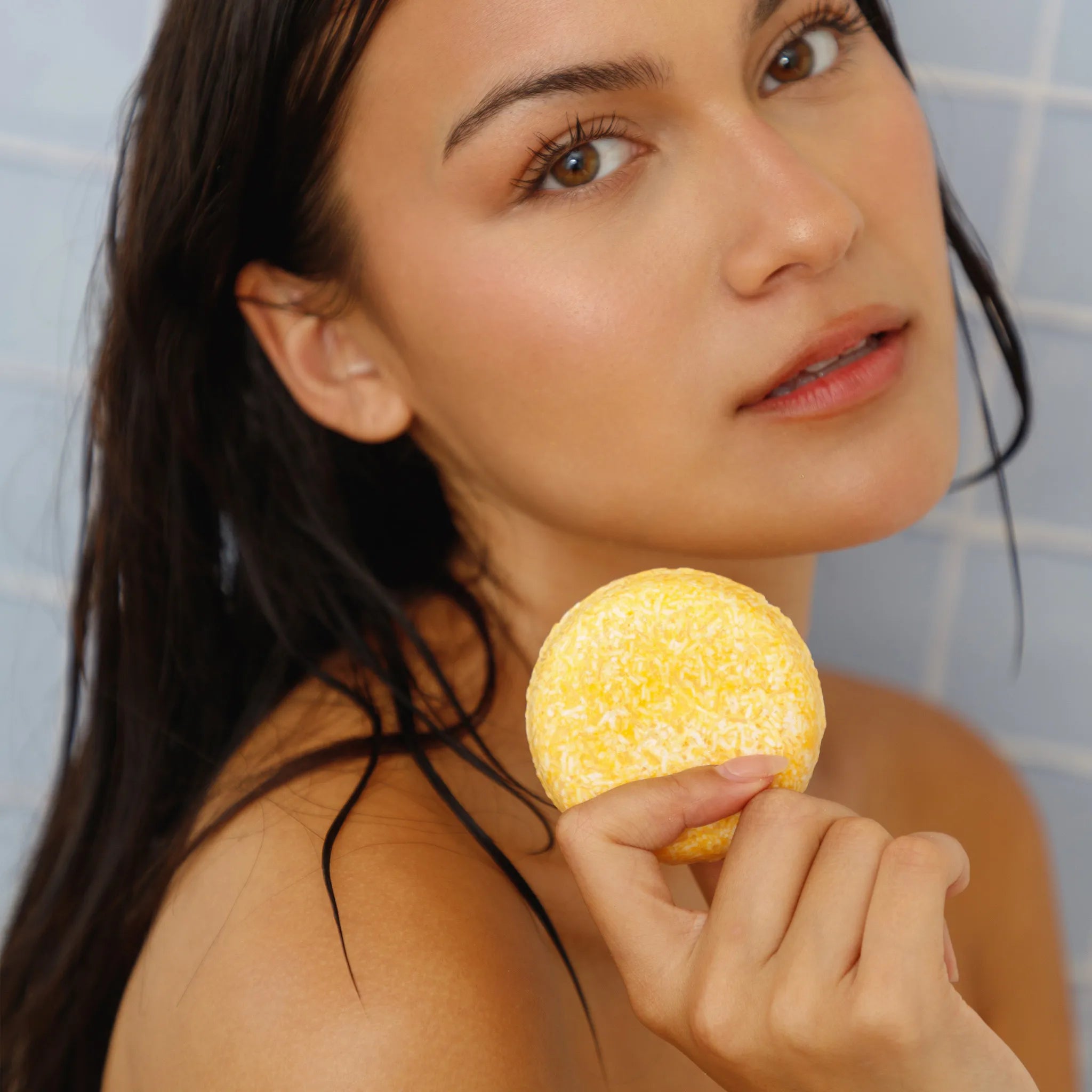
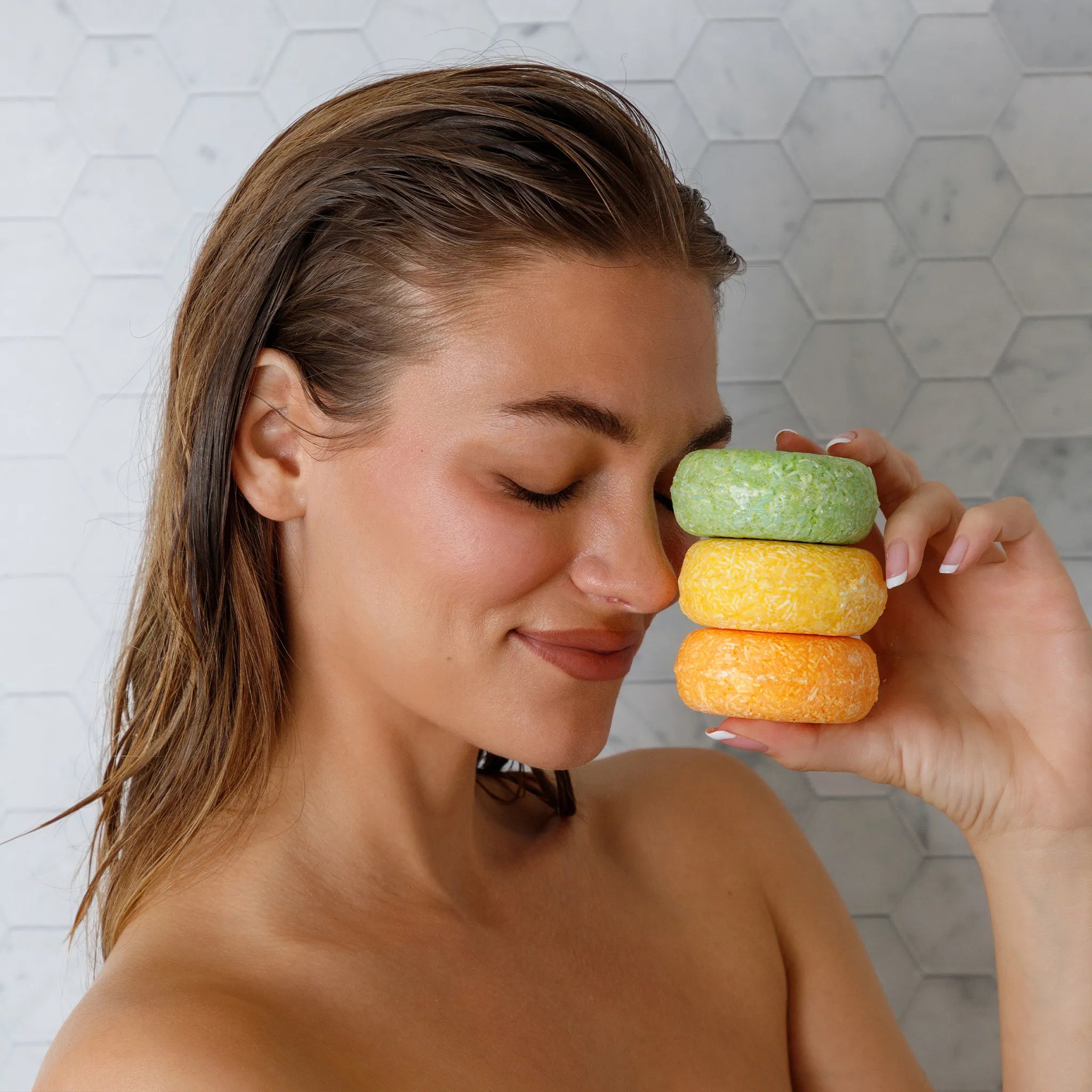
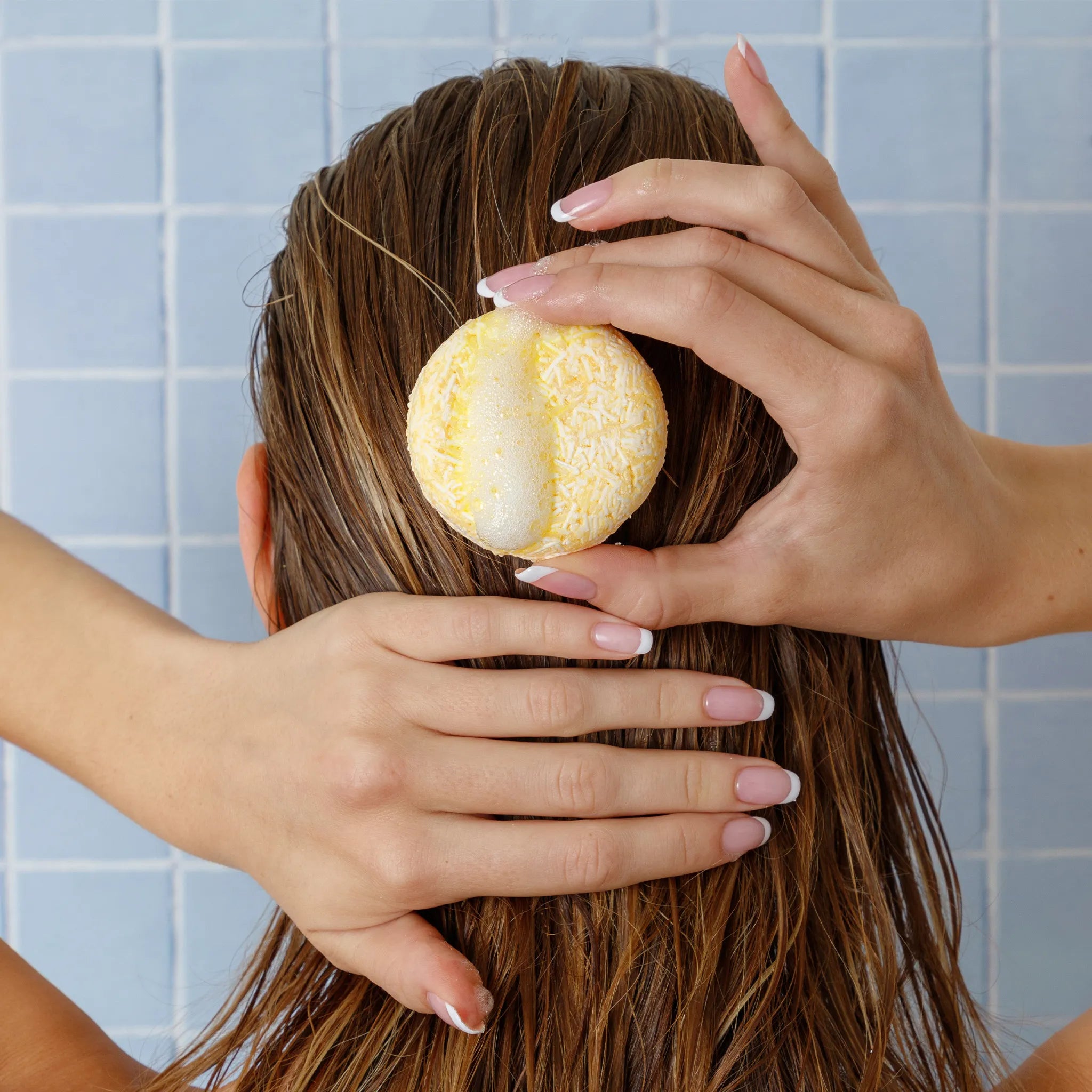
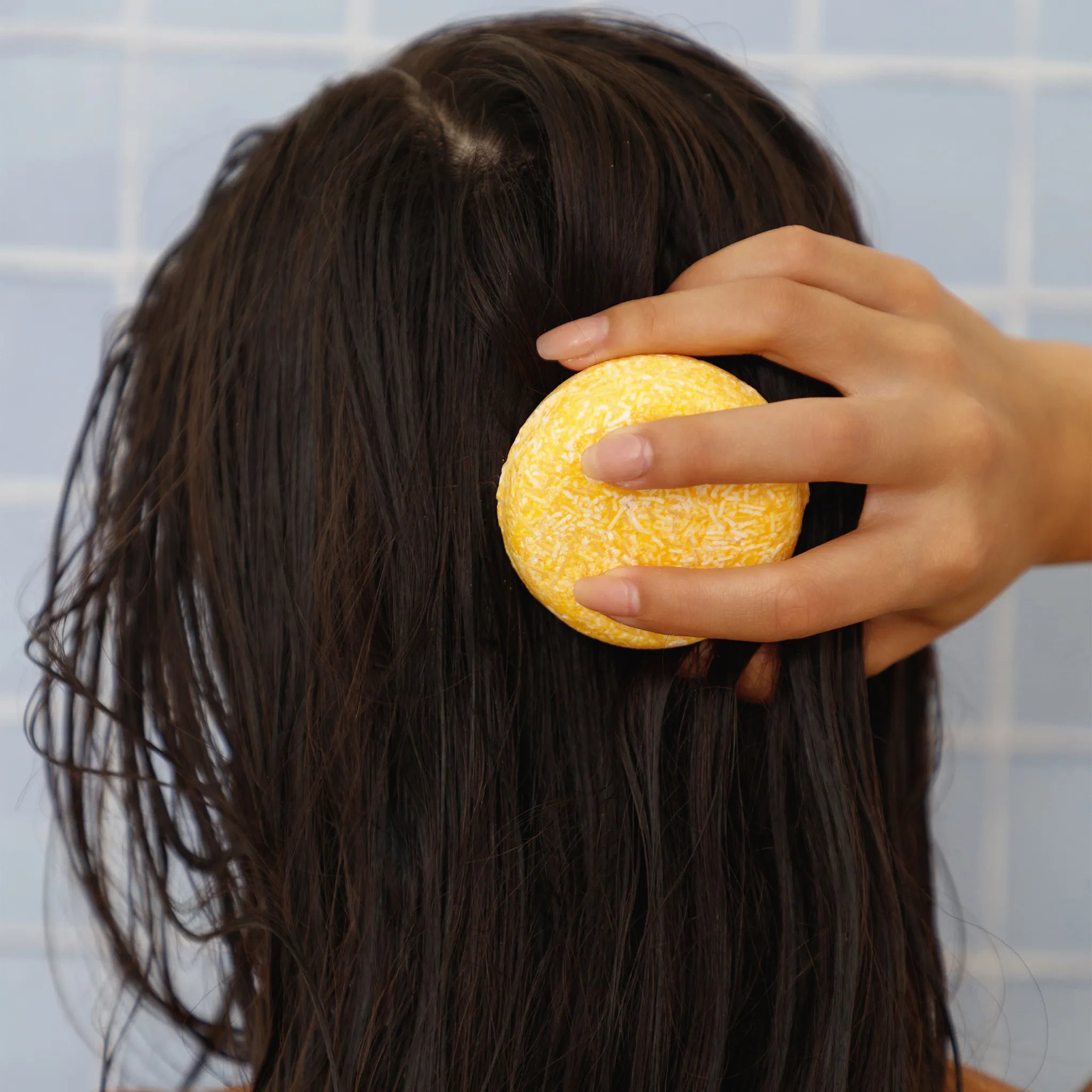
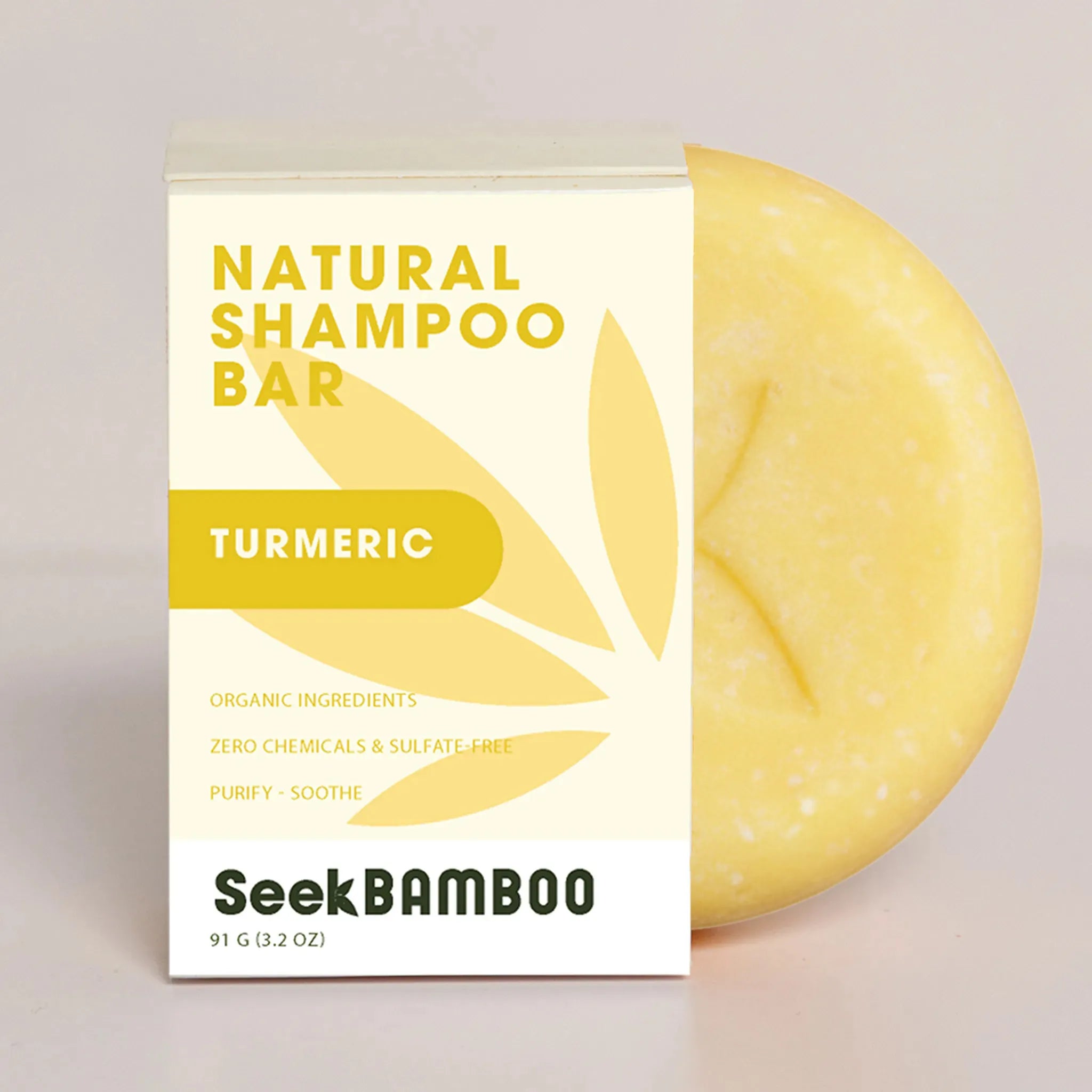
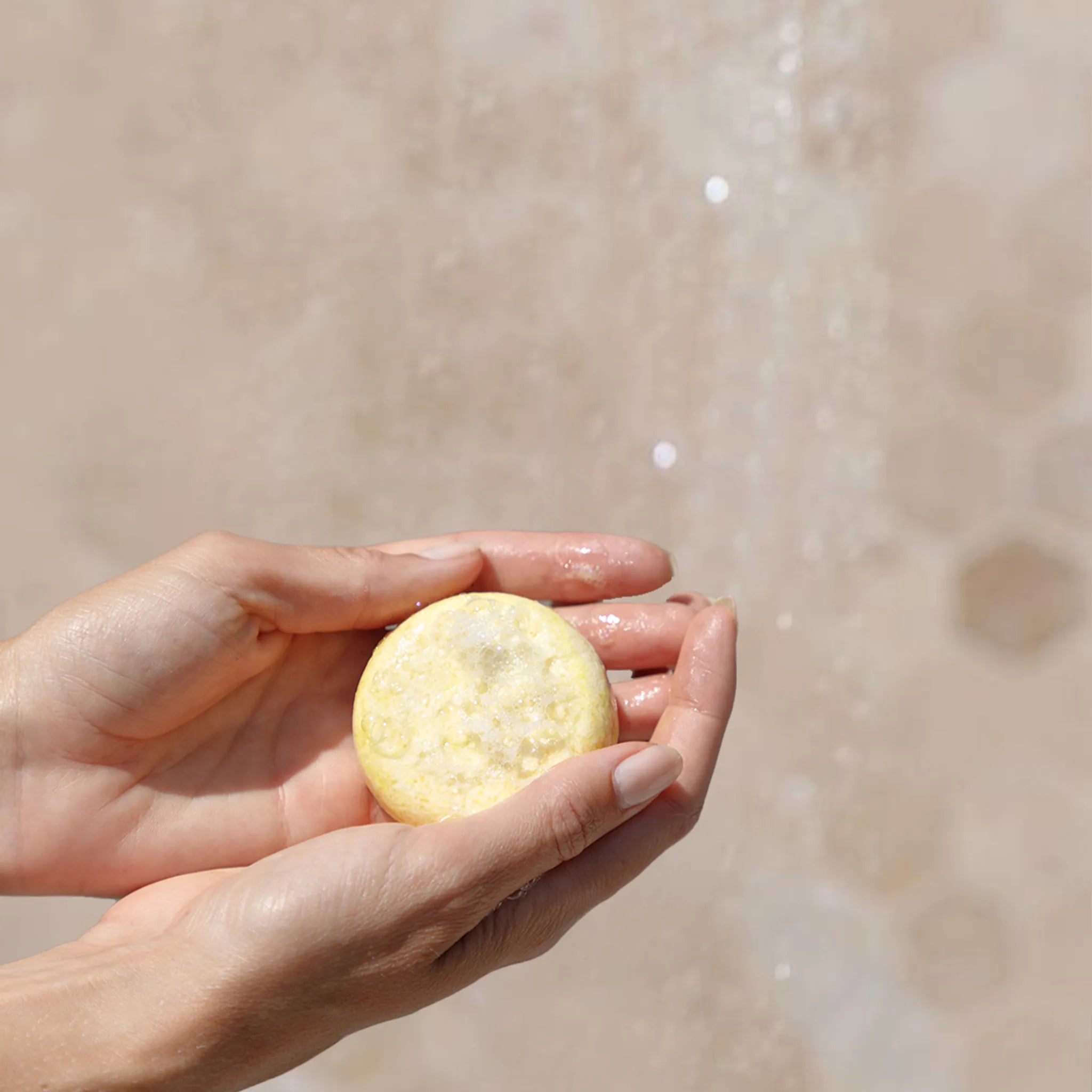
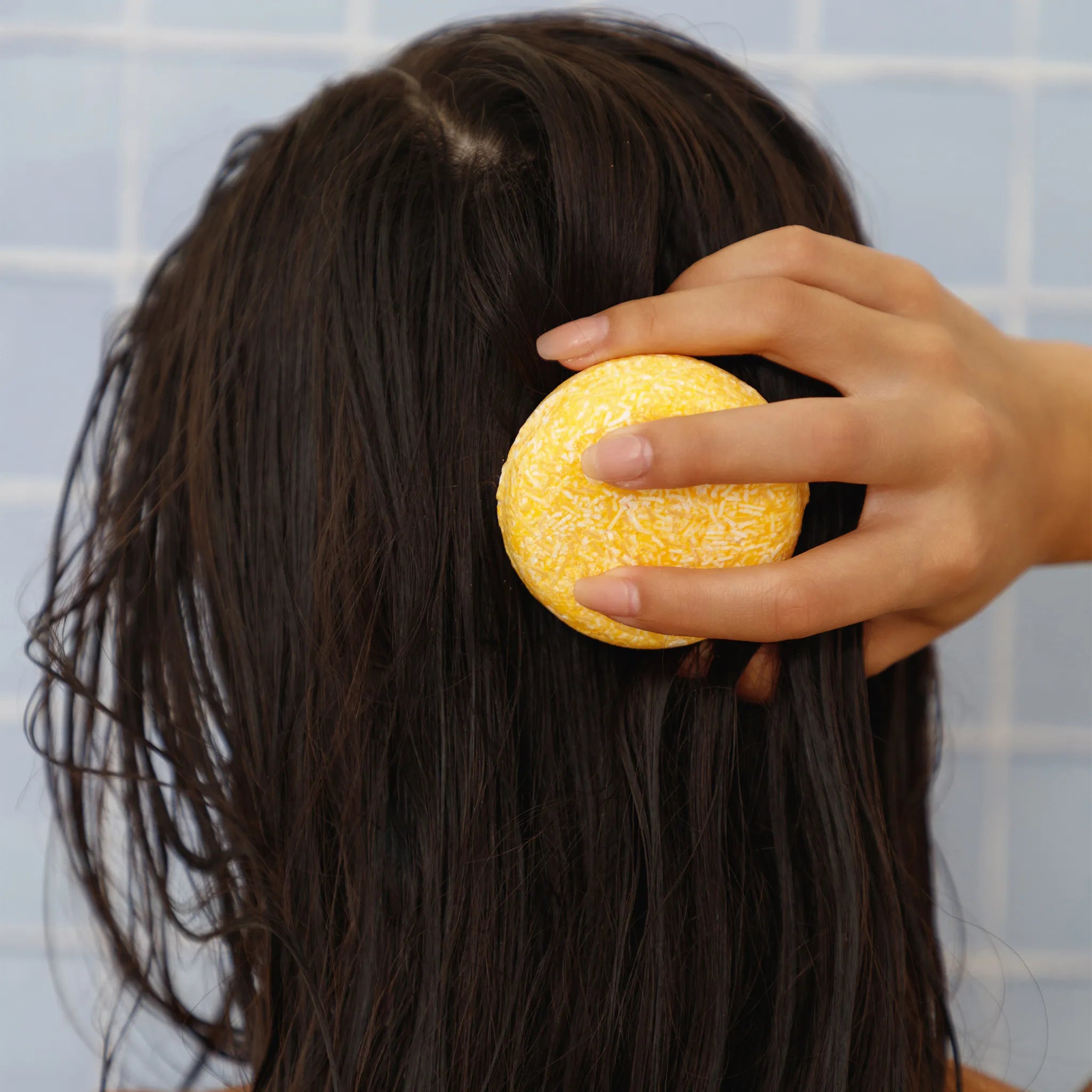
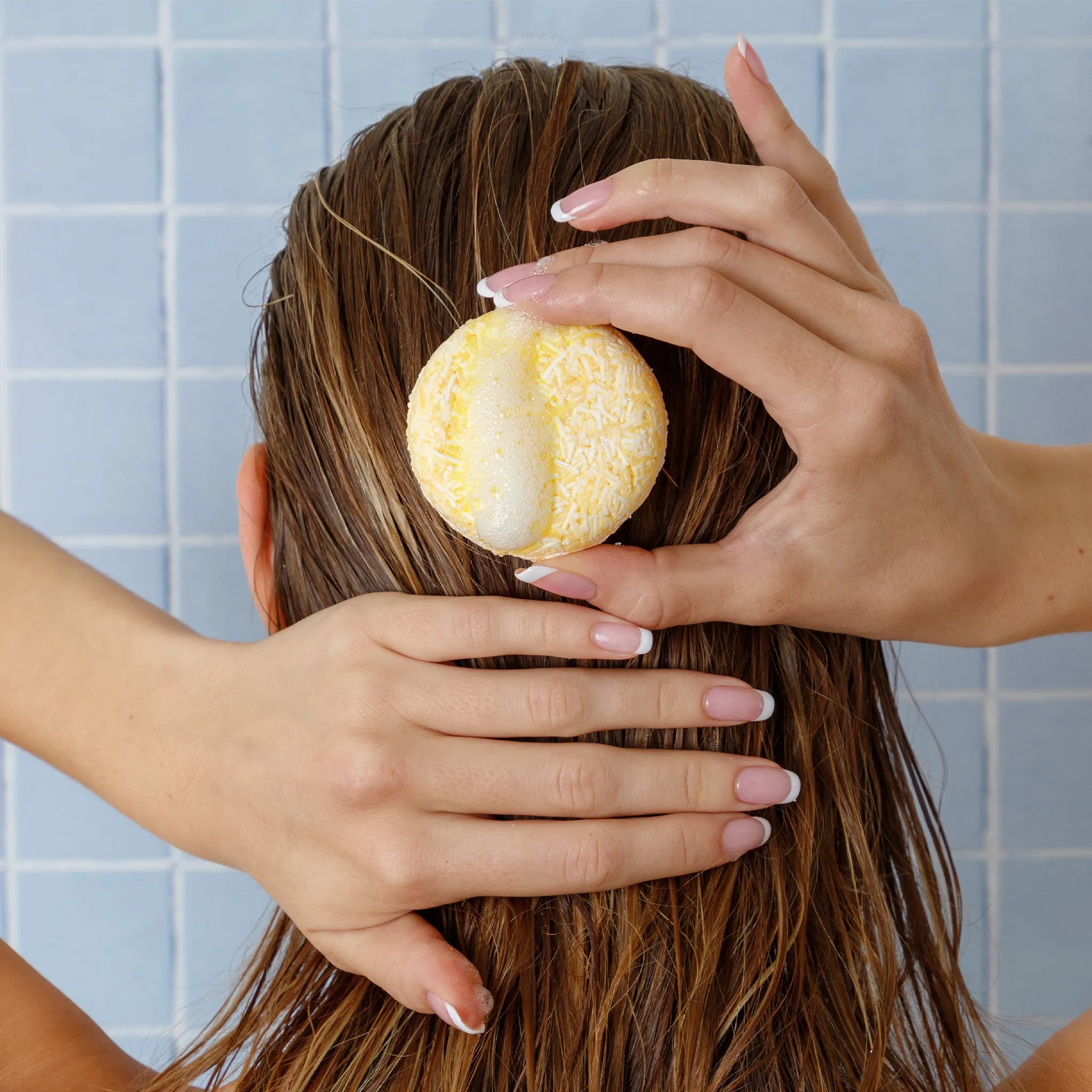
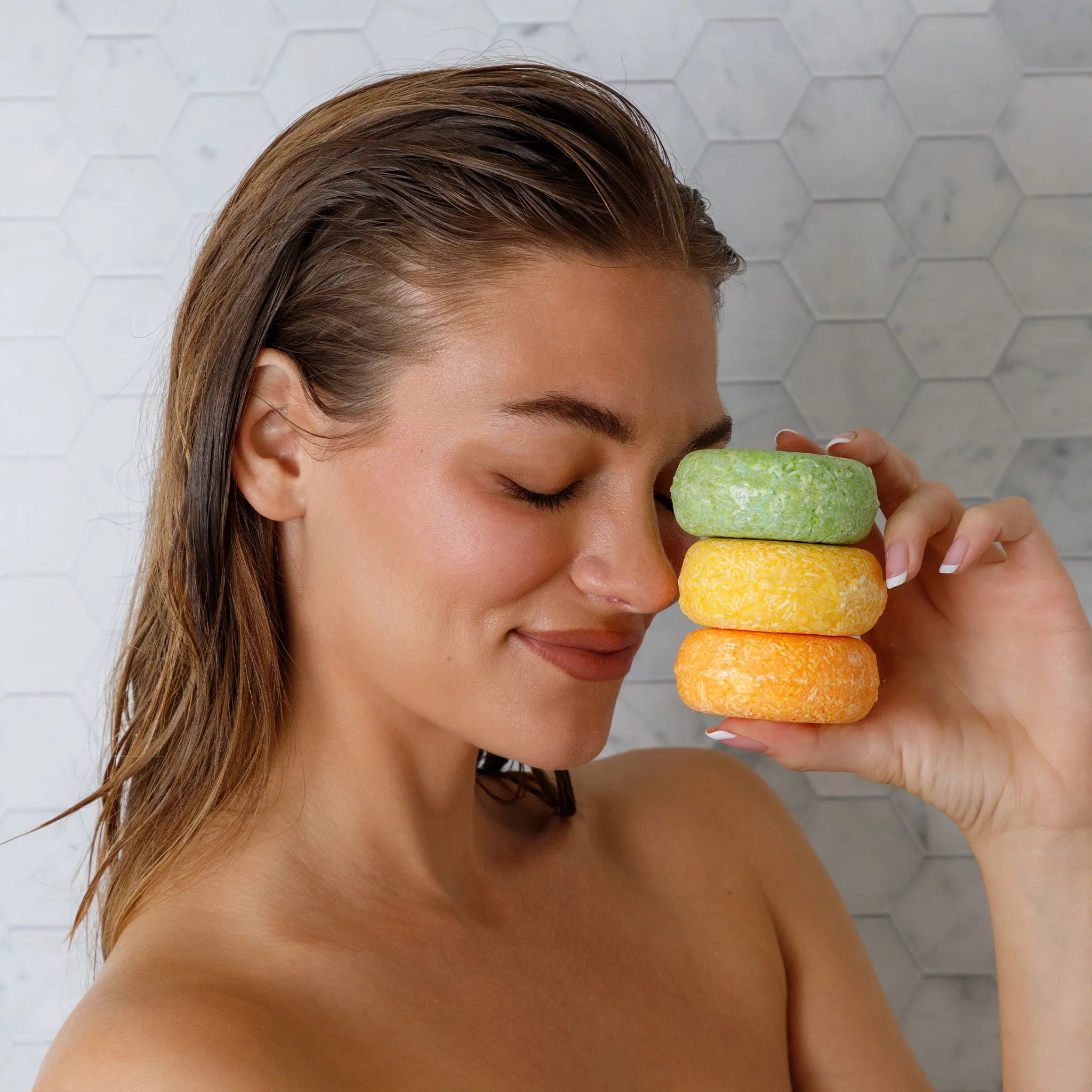
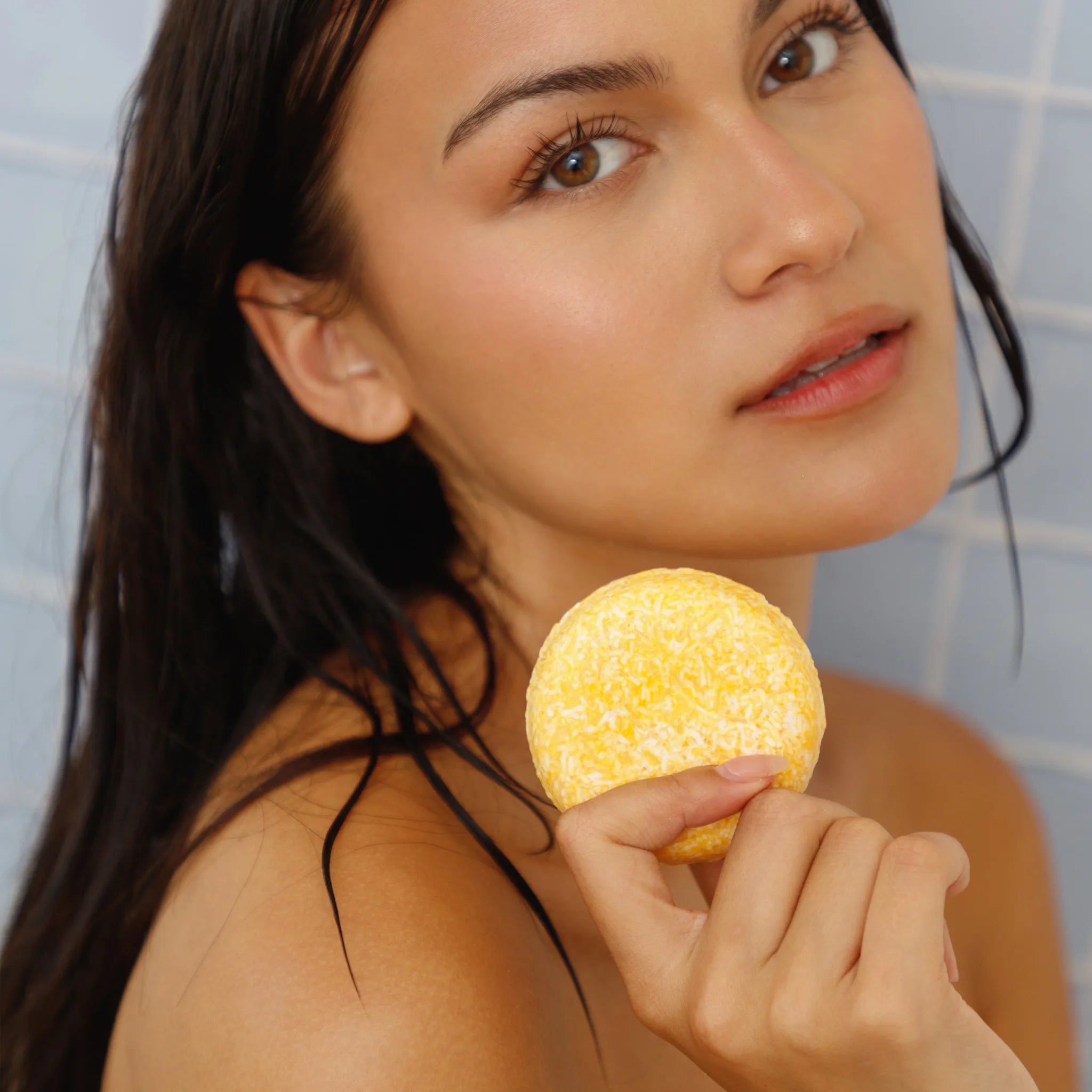
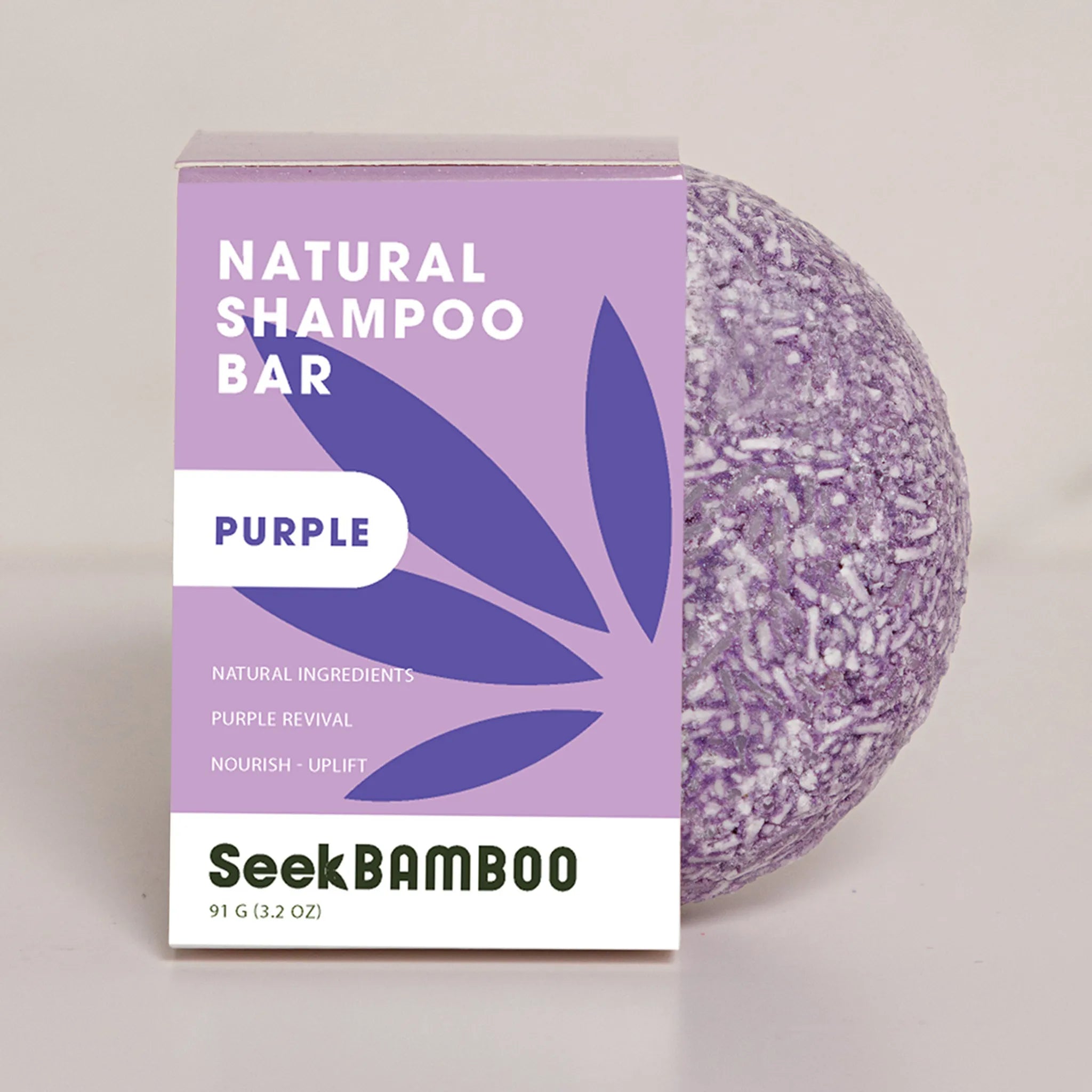
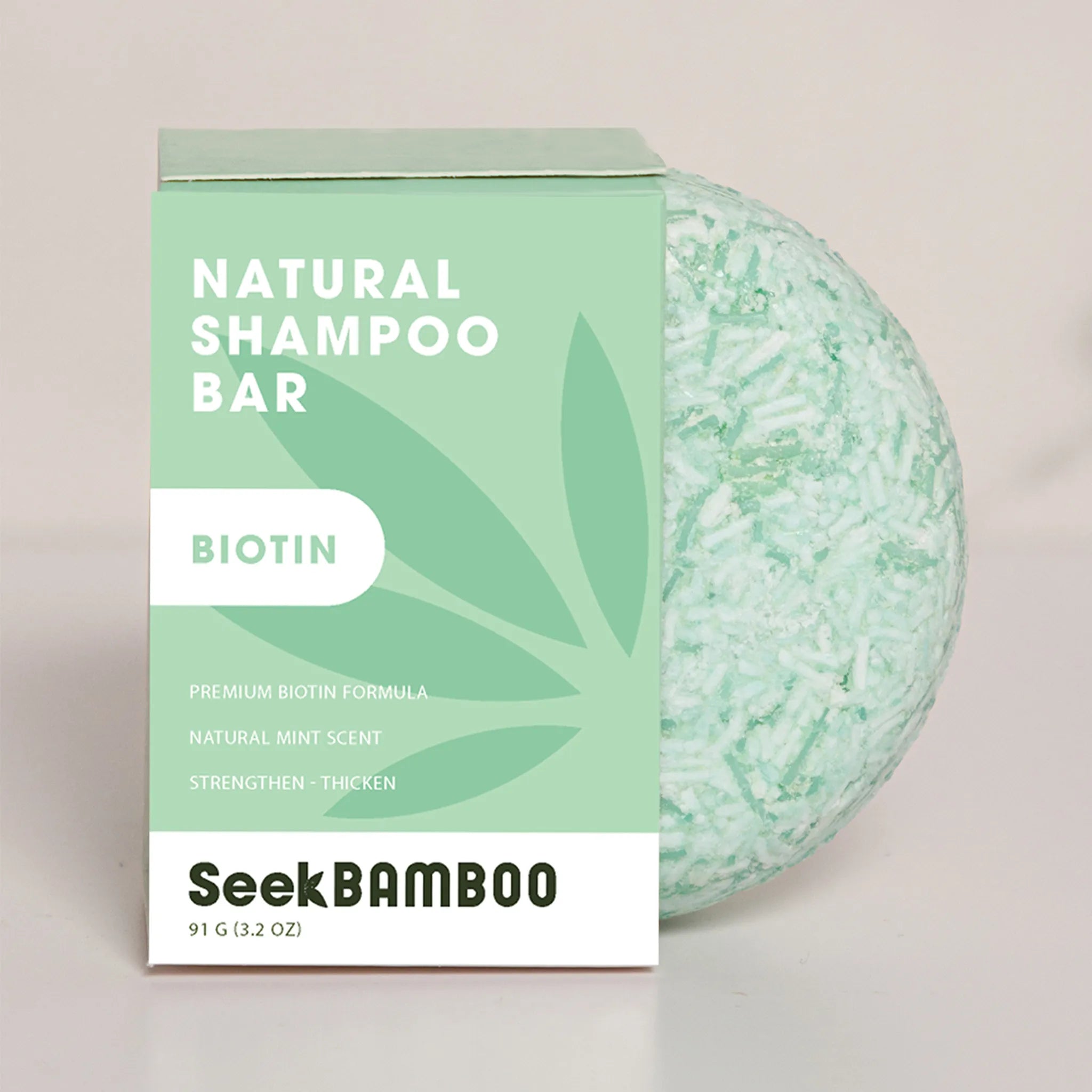
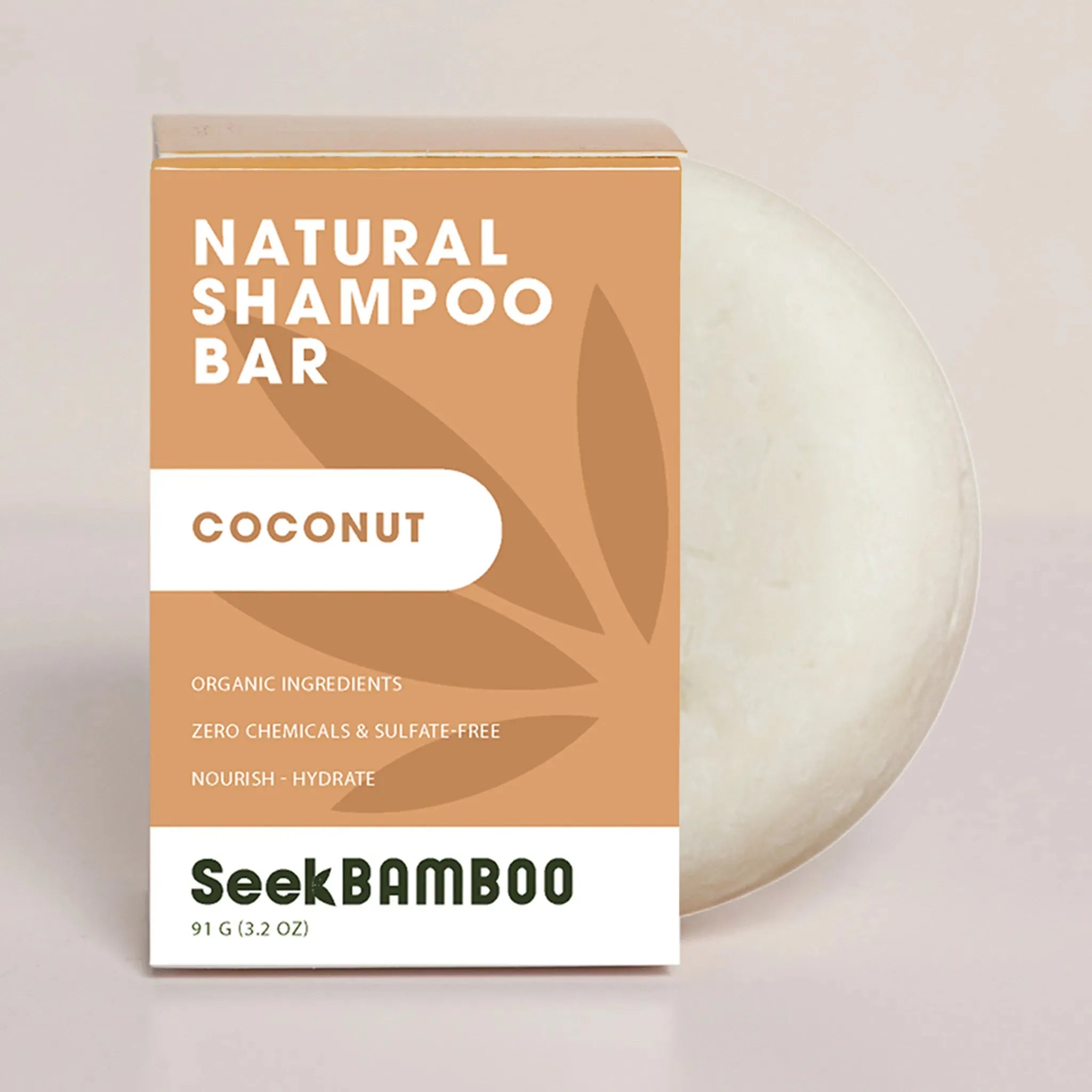
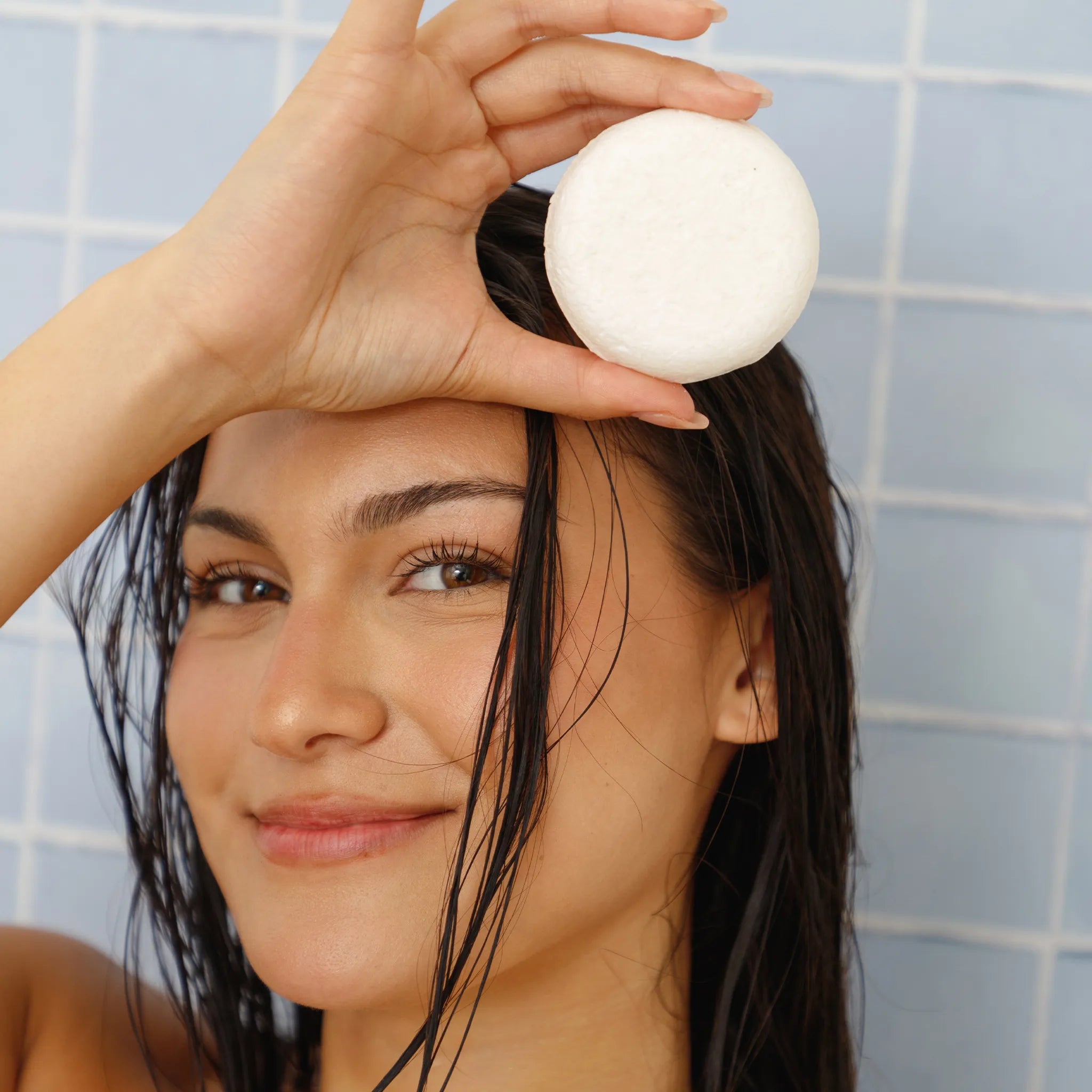
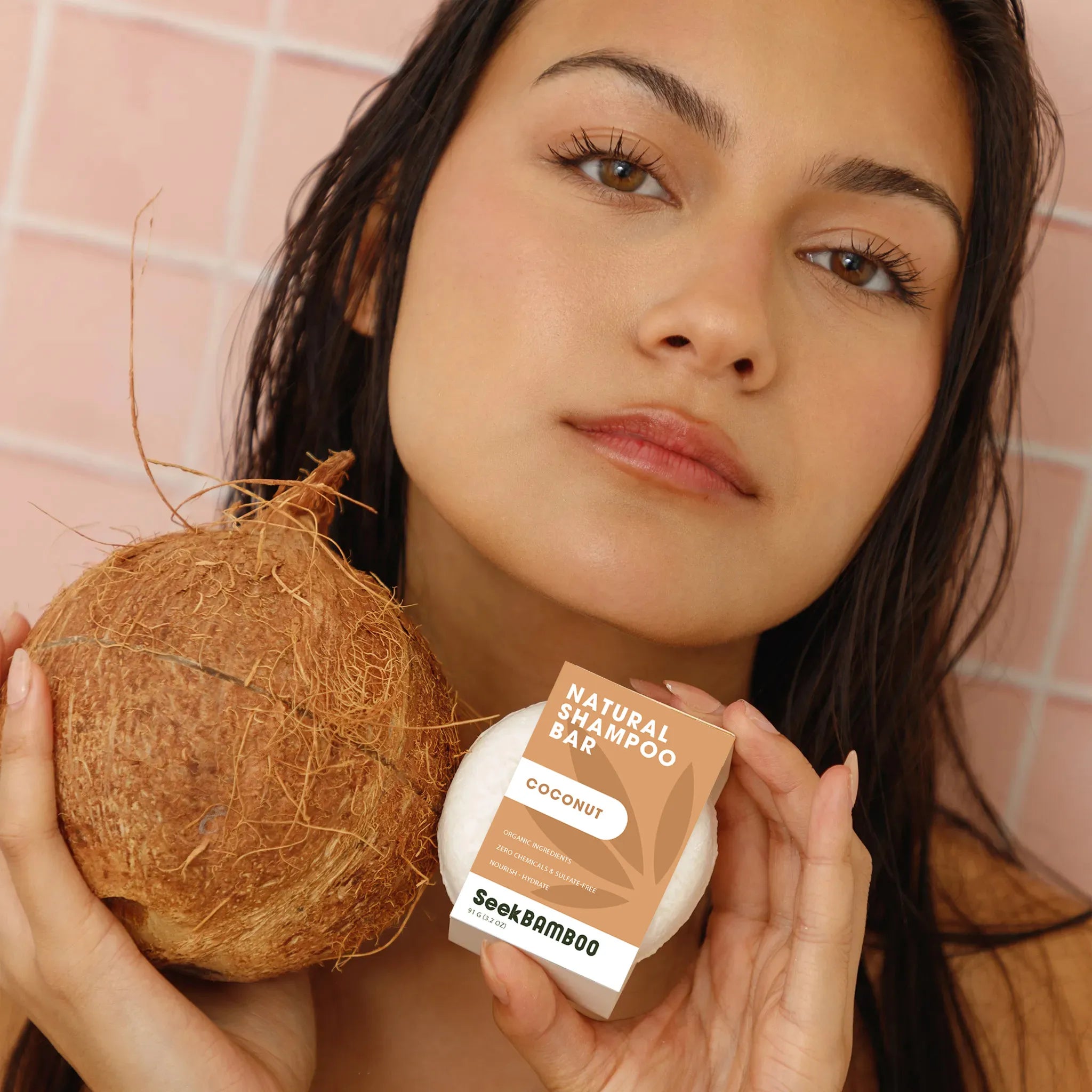
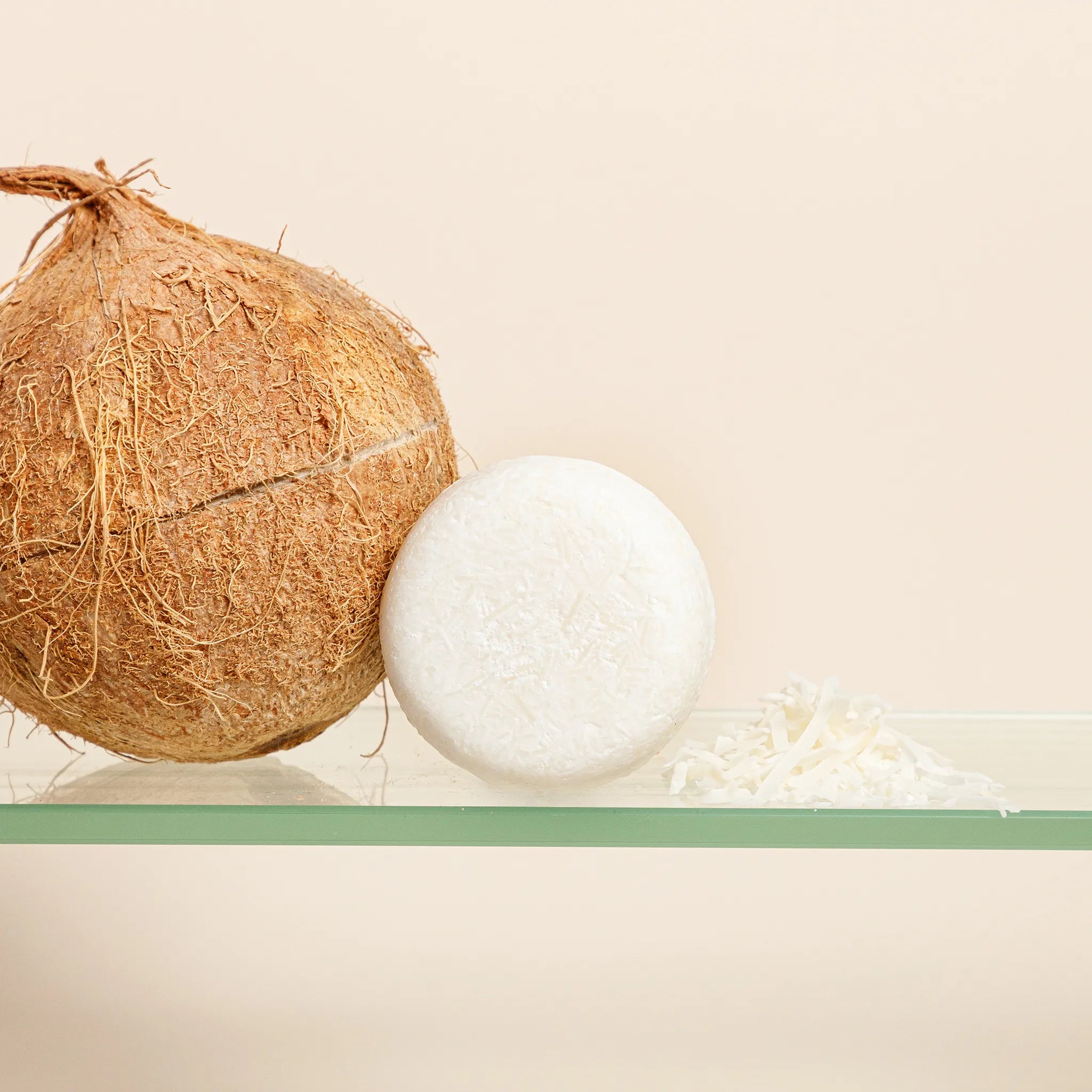
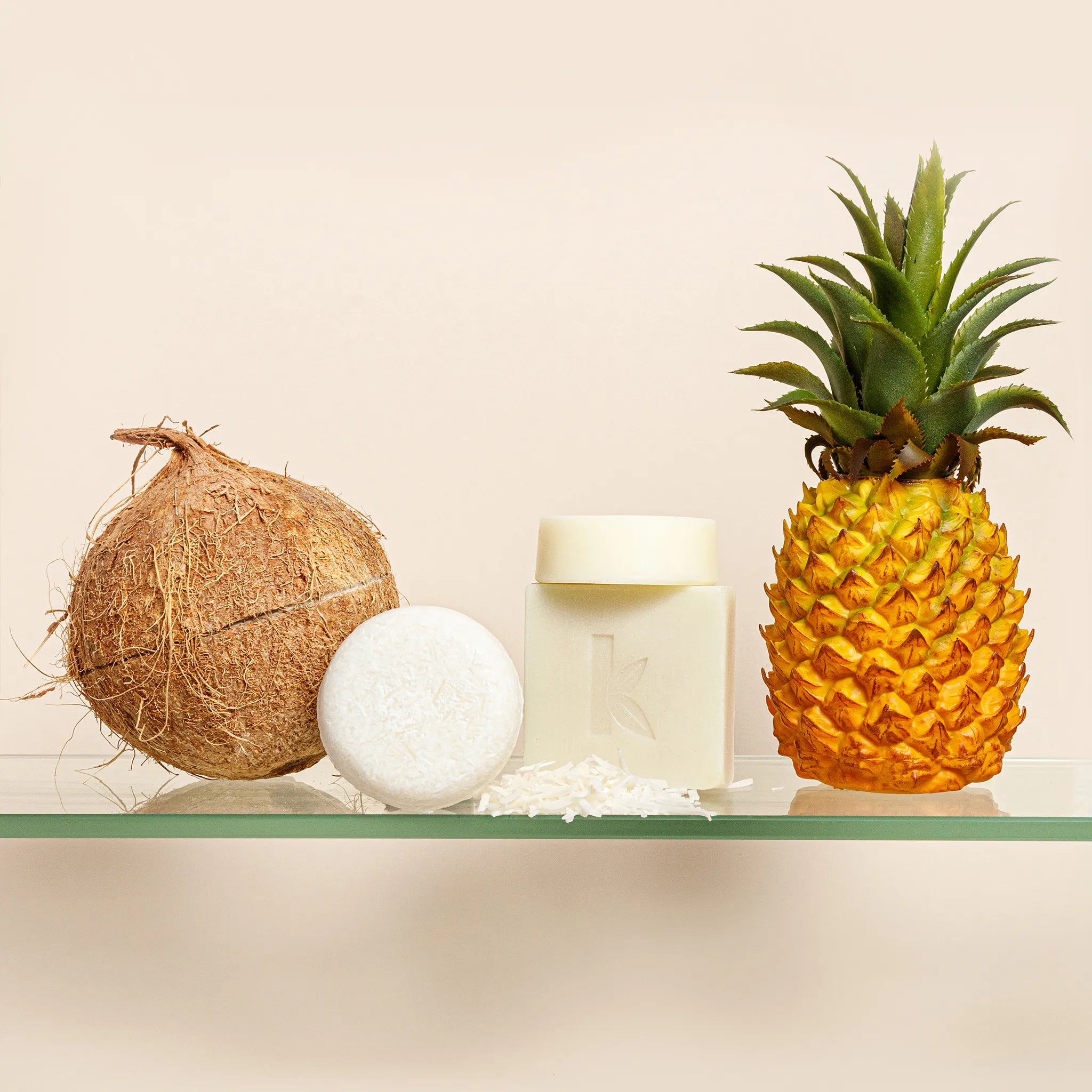
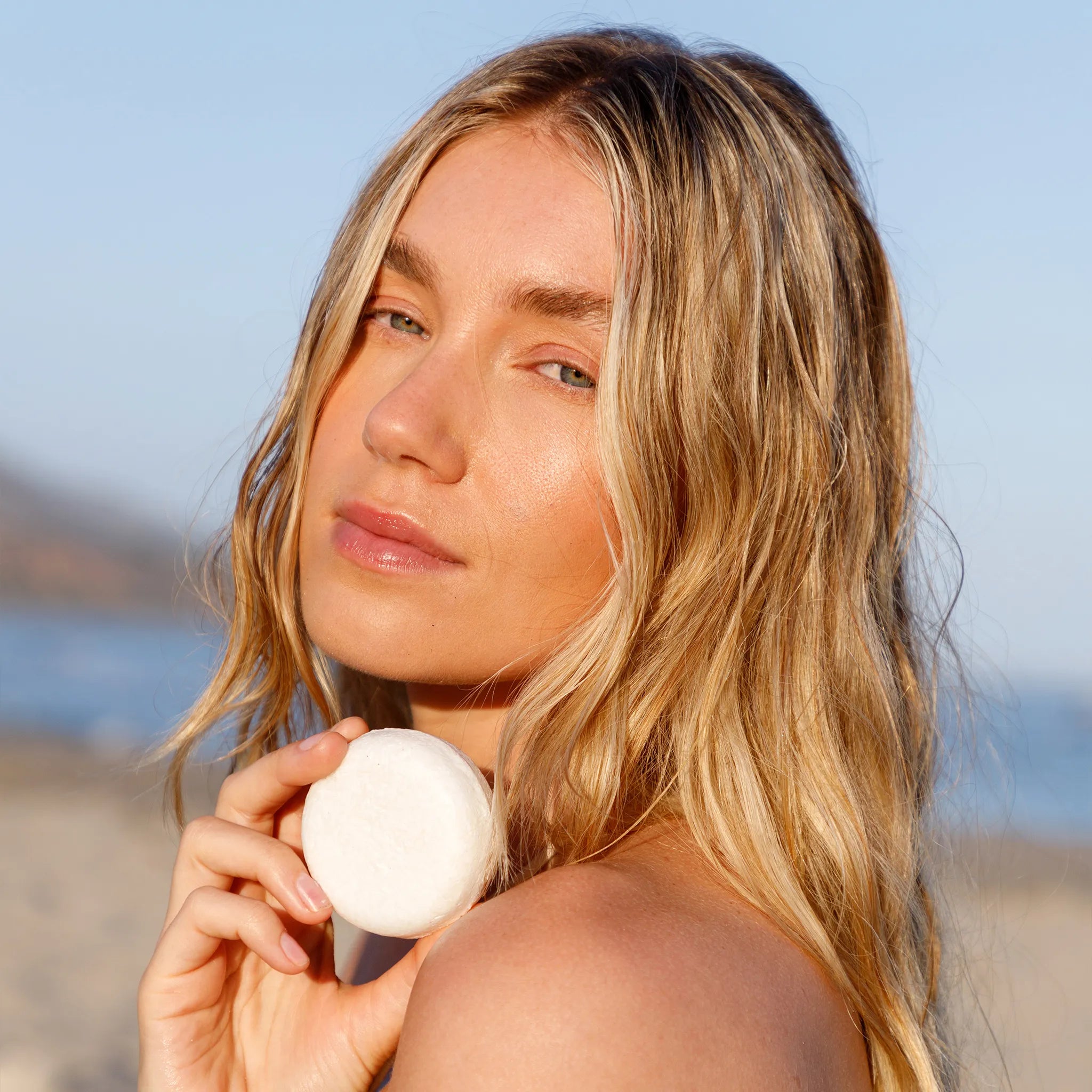
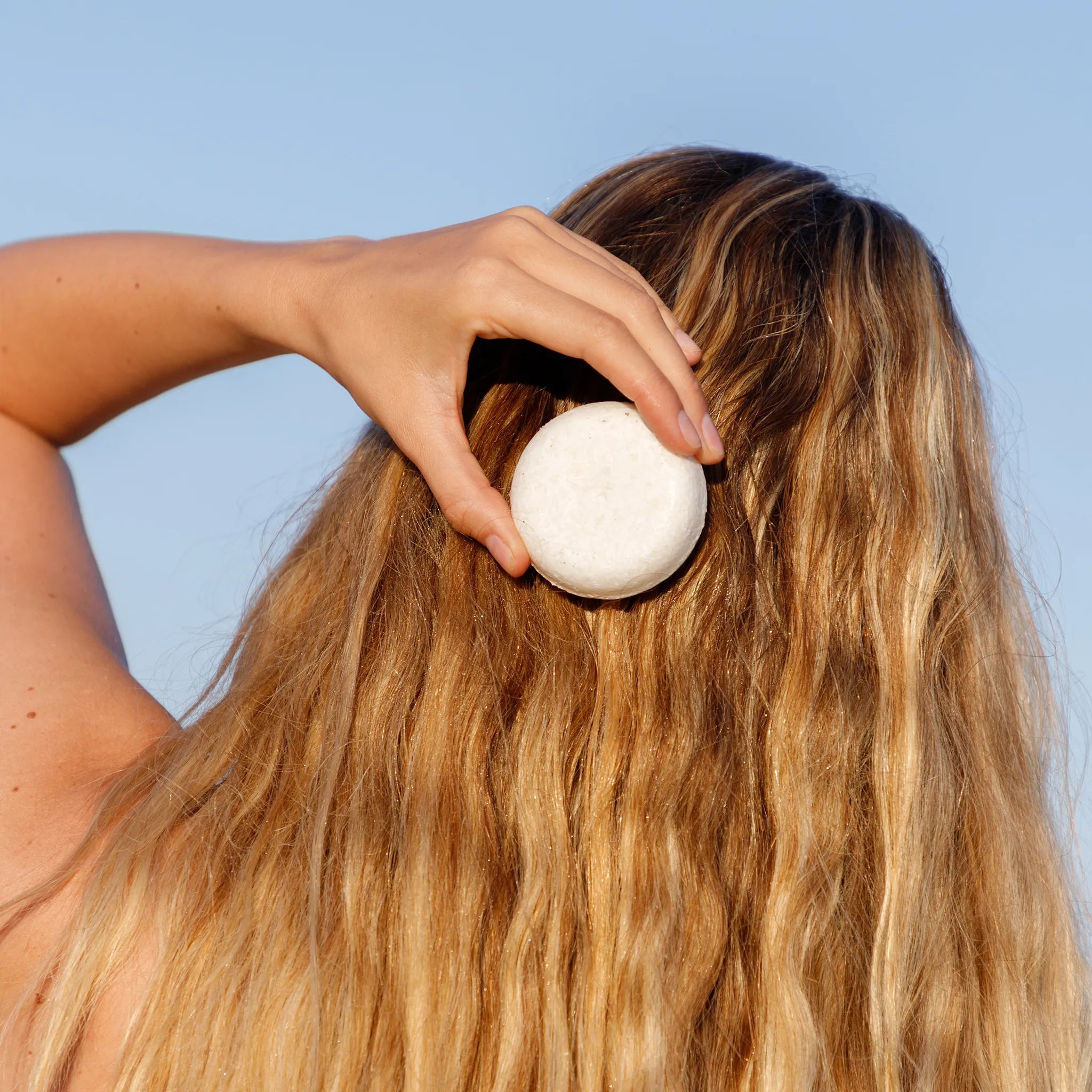
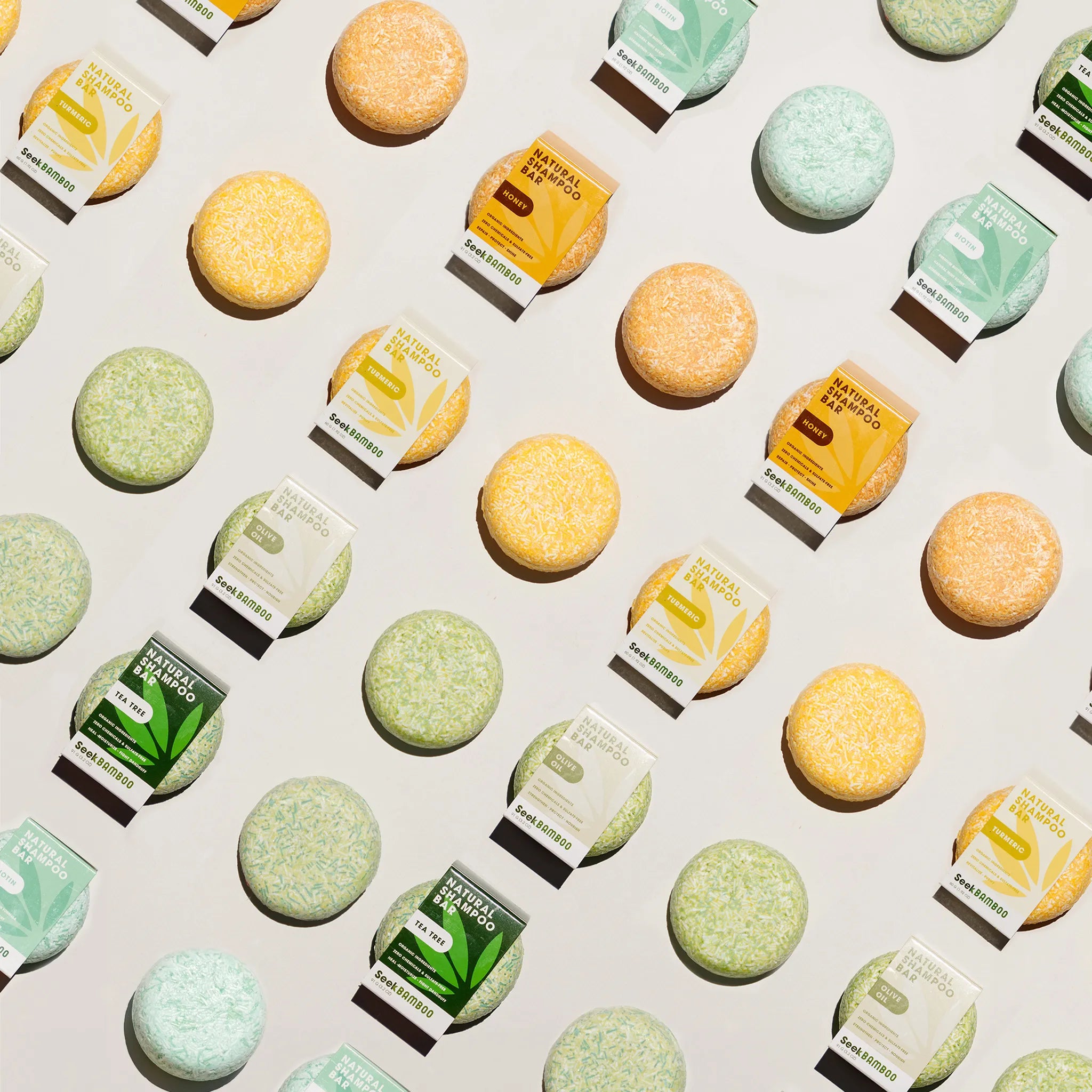
✓ Free of sulfates, palm oil, parabens, dyes, & synthetic fragrances
✓ Amino acid formula for all hair types, promoting strength, volume & vitality
✓ Packed with antioxidants & vitamins
✓ Larger 3.2 oz size lasts 70-90 washes, replacing up to 3 plastic bottles of shampoo
✓ Plastic-free & eco-friendly packaging, making it a sustainable choice for both your hair & the planet
Upgrade Your Hair Care Naturally
Choosing natural shampoo bars enriched with Shea Butter or Mango Butter is more than a step toward healthier hair—it’s a commitment to reducing plastic waste and supporting sustainable beauty practices. Explore the benefits of these luxurious butters, find the perfect match for your hair type, and experience the difference that natural, nutrient-rich ingredients can make in your hair care journey.
Natural Soap and Shampoo Bars
Shea or Nay? Mango or Go? The FAQ Breakdown
All your burning questions about these luscious butters answered
Which butter is better for dry and damaged hair?
Shea Butter is better suited for dry and damaged hair due to its high concentration of stearic acid and vitamins A and E, which deeply hydrate, repair, and strengthen the hair shaft. It restores elasticity and reduces breakage, making it ideal for hair exposed to heat styling or chemical treatments.
Is Mango Butter effective for moisturizing fine or oily hair?
Yes, Mango Butter is perfect for moisturizing fine or oily hair. Its lightweight texture provides hydration without weighing hair down or leaving a greasy residue. It’s especially beneficial for those seeking volume and smoothness without added heaviness.
Can Shea Butter cause buildup on oily scalps?
Shea Butter’s rich composition can sometimes be too heavy for oily scalps if overused. To prevent buildup, it’s best to use a shampoo bar with Shea Butter sparingly or focus on the mid-lengths and ends of your hair, rather than the roots.
Is Mango Butter good for soothing an irritated scalp?
Absolutely. Mango Butter is packed with antioxidants and vitamins A and C, which help calm scalp irritation, reduce redness, and improve overall scalp health. It’s gentle and non-comedogenic, making it ideal for sensitive scalps.
Which butter is better for frizzy hair?
Both Shea Butter and Mango Butter are excellent for frizzy hair, but their suitability depends on your hair type.
- Shea Butter: Best for coarse, thick, or curly hair as it deeply moisturizes and smooths frizz.
- Mango Butter: Ideal for finer hair types as it tames frizz without adding weight.
Can I use shampoo bars with both Shea Butter and Mango Butter?
Yes! Some shampoo bars combine Shea Butter and Mango Butter to provide the benefits of both. This combination offers deep hydration and nourishment while maintaining a lightweight feel, making it versatile for various hair types.
Are Shea Butter and Mango Butter safe for color-treated hair?
Both Shea Butter and Mango Butter are safe for color-treated hair. They help moisturize and protect hair from environmental damage, preventing color from fading prematurely. Look for sulfate-free shampoo bars to ensure the best care for dyed hair.
Which butter is more sustainable or eco-friendly?
Both butters are sustainably sourced, but it depends on the production practices of the supplier. Shea Butter is typically sourced from African shea nuts through community-led initiatives, while Mango Butter is made from the kernels of mango seeds, often as a by-product of the fruit industry. Choosing brands that prioritize fair trade and sustainable sourcing ensures an eco-friendly purchase.


